Transform retail operations with Zebra’s retail technology solutions, featuring hardware and software for improving inventory management and empowering teams.
Streamline operations with Zebra’s healthcare technology solutions, featuring hardware and software to improve staff collaboration and optimise workflows.
Enhance processes with Zebra’s manufacturing technology solutions, featuring hardware and software for automation, data analysis, and factory connectivity.
Zebra’s transportation and logistics technology solutions feature hardware and software for enhancing route planning, visibility, and automating processes.
Zebra's public sector technology solutions enhance decision-making, streamline operations, and safeguard communities with advanced software and rugged hardware.
Zebra's hospitality technology solutions equip your hotel and restaurant staff to deliver superior customer and guest service through inventory tracking and more.
Zebra's market-leading solutions and products improve customer satisfaction with a lower cost per interaction by keeping service representatives connected with colleagues, customers, management and the tools they use to satisfy customers across the supply chain.
Empower your field workers with purpose-driven mobile technology solutions to help them capture and share critical data in any environment.
Zebra's range of mobile computers equip your workforce with the devices they need from handhelds and tablets to wearables and vehicle-mounted computers.
Zebra's desktop, mobile, industrial, and portable printers for barcode labels, receipts, RFID tags and cards give you smarter ways to track and manage assets.
Zebra's 1D and 2D corded and cordless barcode scanners anticipate any scanning challenge in a variety of environments, whether retail, healthcare, T&L or manufacturing.
Zebra's extensive range of RAIN RFID readers, antennas, and printers give you consistent and accurate tracking.
Choose Zebra's reliable barcode, RFID and card supplies carefully selected to ensure high performance, print quality, durability and readability.
Zebra's rugged tablets and 2-in-1 laptops are thin and lightweight, yet rugged to work wherever you do on familiar and easy-to-use Windows or Android OS.
With Zebra's family of fixed industrial scanners and machine vision technologies, you can tailor your solutions to your environment and applications.
Zebra’s line of kiosks can meet any self-service or digital signage need, from checking prices and stock on an in-aisle store kiosk to fully-featured kiosks that can be deployed on the wall, counter, desktop or floor in a retail store, hotel, airport check-in gate, physician’s office, local government office and more.
Adapt to market shifts, enhance worker productivity and secure long-term growth with AMRs. Deploy, redeploy and optimize autonomous mobile robots with ease.
Discover Zebra’s range of accessories from chargers, communication cables to cases to help you customise your mobile device for optimal efficiency.
Zebra's environmental sensors monitor temperature-sensitive products, offering data insights on environmental conditions across industry applications.
Zebra's location technologies provide real-time tracking for your organisation to better manage and optimise your critical assets and create more efficient workflows.
Enhance frontline operations with Zebra’s AI software solutions, which optimize workflows, streamline processes, and simplify tasks for improved business outcomes.
Empower your frontline with Zebra Companion AI, offering instant, tailored insights and support to streamline operations and enhance productivity.
The everything you need to rapidly and cost effectively develop high-performance AI vision applications on Zebra mobile computers.
Zebra Workcloud, enterprise software solutions boost efficiency, cut costs, improve inventory management, simplify communication and optimize resources.
Keep labour costs low, your talent happy and your organisation compliant. Create an agile operation that can navigate unexpected schedule changes and customer demand to drive sales, satisfy customers and improve your bottom line.
Drive successful enterprise collaboration with prioritized task notifications and improved communication capabilities for easier team collaboration.
Get full visibility of your inventory and automatically pinpoint leaks across all channels.
Reduce uncertainty when you anticipate market volatility. Predict, plan and stay agile to align inventory with shifting demand.
Drive down costs while driving up employee, security, and network performance with software designed to enhance Zebra's wireless infrastructure and mobile solutions.
Explore Zebra’s printer software to integrate, manage and monitor printers easily, maximising IT resources and minimising down time.
Make the most of every stage of your scanning journey from deployment to optimisation. Zebra's barcode scanner software lets you keep devices current and adapt them to your business needs for a stronger ROI across the full lifecycle.
RFID development, demonstration and production software and utilities help you build and manage your RFID deployments more efficiently.
RFID development, demonstration and production software and utilities help you build and manage your RFID deployments more efficiently.
Zebra DNA is the industry’s broadest suite of enterprise software that delivers an ideal experience for all during the entire lifetime of every Zebra device.
Advance your digital transformation and execute your strategic plans with the help of the right location and tracking technology.
Boost warehouse and manufacturing operations with Symmetry, an AMR software for fleet management of Autonomous Mobile Robots and streamlined automation workflows.
The Zebra Aurora suite of machine vision software enables users to solve their track-and-trace, vision inspection and industrial automation needs.
Zebra Aurora Focus brings a new level of simplicity to controlling enterprise-wide manufacturing and logistics automation solutions. With this powerful interface, it’s easy to set up, deploy and run Zebra’s Fixed Industrial Scanners and Machine Vision Smart Cameras, eliminating the need for different tools and reducing training and deployment time.
Aurora Imaging Library™, formerly Matrox Imaging Library, machine-vision software development kit (SDK) has a deep collection of tools for image capture, processing, analysis, annotation, display, and archiving. Code-level customisation starts here.
Aurora Design Assistant™, formerly Matrox Design Assistant, integrated development environment (IDE) is a flowchart-based platform for building machine vision applications, with templates to speed up development and bring solutions online quicker.
Designed for experienced programmers proficient in vision applications, Aurora Vision Library provides the same sophisticated functionality as our Aurora Vision Studio software but presented in programming language.
Aurora Vision Studio, an image processing software for machine & computer vision engineers, allows quick creation, integration & monitoring of powerful OEM vision applications.
Adding innovative tech is critical to your success, but it can be complex and disruptive. Professional Services help you accelerate adoption, and maximise productivity without affecting your workflows, business processes and finances.
Zebra's Managed Service delivers worry-free device management to ensure ultimate uptime for your Zebra Mobile Computers and Printers via dedicated experts.
Find ways you can contact Zebra Technologies’ Support, including Email and Chat, ask a technical question or initiate a Repair Request.
Zebra's Circular Economy Program helps you manage today’s challenges and plan for tomorrow with smart solutions that are good for your budget and the environment.
Zebra's Blog and Podcast
Zebra Technologies brings you expert advice and innovative stories about how we create new ways of working that improve productivity and empower organizations to be better every day.

Most Recent
Browse All Blog Posts and Podcast Episodes

Intelligent Workforce Optimization: How Office Depot Drives Efficiency with Zebra Workcloud
More

Making Frontline Work Smarter with the ET401 Tablet
More

Your Frontline, Your Future: Insights from Zebra’s Frontline AI Summit
More

Think Inside the Box: Item-level Monitoring Inside Your Reefer Containers
More

Refreshing Perspective: Why Your Brand Needs to Evolve with Your Business
More

How AI-Powered Analytics and Technology Help Uncover Hidden Retail Losses
More

Connected Frontline Technology Unlocks Team Potential
More

Former Store Manager’s Perspective on Overcoming Retail Challenges with Technology
More

How Will AI and Technology Elevate Shopping and Empower Frontline Teams?
More

Remembering Ed Barkan: A Visionary, Innovator, and Friend
More

Solving Frontline Challenges: A Conversation You Don’t Want to Miss
More

How Leaders Can Build a Stronger Connection with Workers
More

The Invisible Network Behind Your Favorite Shoes
More

How Do You Track a Crutch When It Leaves the Hospital?
More

5 Technology Trends for Warehouse Mobile Devices in 2026
More

Collaboration Helps Close the Machine Vision Knowledge Gap
More

A Closer Look at How AI Changes the Way We Work
More

The Future of Community Nursing
More

Smarter Labeling: How Automation Software Transforms Print Efficiency & Quality
More

G10 Fulfillment Enables Growth, Cost Savings with Zebra Robotics
More

Workplace Safety in Healthcare: A Vital Priority
More

Intelligent Task Management and Demand Insights Transform Retail Operations
More

Intelligent Operations Empower Frontline Heroes
More

Adapt to Thrive: Unlocking Manufacturing Efficiency
More

Five Years of Partner Appreciation: Celebrating the People Behind Our Success
More

Real-Time Visibility and Workforce Connectivity Transform Logistics Operations
More

Intelligent Operations Help Retailers Be Better Every Day
More

Driving Intelligent Operations So Organizations Can Be Better Every Day
More

One Device, Infinite Frontlines
More

The Zebra Mobile Computing AI Suite Makes Frontline Work Better for Everyone
More

Track Assets Easily with a Lightweight, All-Touch Handheld RFID Reader
More

Zebra Technologies Recognized Again in the Gartner® Hype Cycle™ for Intralogistics Smart Robots and Drones
More

How Unified Communication and AI are Changing Retail
More

Zebra Workcloud Suite Empowers the Frontline and Solves Retail Challenges
More

Welcome to Conversations with a CNIO: Bridging Healthcare and Technology
More

Unlocking the Power of Asset Visibility for Frontline Operations
More

Why Your Frontline Data Could Be the Key to Unlocking AI’s Full Potential
More

Explore the Future of AI at the Frontline AI Summit
More

Revolutionizing Automation: How 3D Imaging is Transforming Industries
More

Unlocking Efficiency: Why Government Contractors Need Modern RFID Technology
More

No-Code Platform Solves Multi-Step Retail Challenges, Transforming Loss Prevention and Inventory Management
More

Smart Cameras: The Future of Industrial Efficiency and Precision in Machine Vision
More

The Vision Behind Zebra’s Industrial Automation Center of Excellence
More

Auto ID Advancements Aid Inventory Management in Secure Facilities
More

Remembering Ed Kaplan: A Visionary Leader and Beloved Co-Founder
More

Robotics Can Help 3PLs Reduce Turnover and Attract Talent
More

Zebra RFID Forum Part Two: Real-World RFID Innovations and Emerging Technologies
More

Zebra RFID Forum Part One - Could This Finally be the Year of RFID?
More

Celebrating Achievements with Our Global Community
More

The New Warehouse Podcast Takes Zebra for a Test Drive
More

Are Hospitals Taking a Gamble on AI? Part Two
More

Are Hospitals Taking a Gamble on AI? Part One
More

Retail’s Next Bold Move: Embracing Artificial Intelligence for the Frontline
More

Optimize Every Second of Every Fulfillment Workflow with Up to 30% Fewer Robots
More

How a Secret Wire Tracked a Pair of Jeans Around the World
More

Chalk Talk: The Excitement Builds with the Schedule Release for the Next NFL Season
More

Transforming Patient Care Through Technology
More

Detachable Carts Unleash the Full Potential of AMR-Assisted Picking
More

Building a B2B Commerce Ecosystem for the Modern Buyer
More

Empowering Your Business with AI: The Role of Real-Time Data Capture
More

Is There an Advantage to Moving Machine Vision Systems to the Cloud?
More

Are You a Hospital Leader Who’s Wondering What More You Can Do Right Now to Make Life (and Work) Better for People?
More

Retailers: If You’re Leaving AI Out of Pricing Strategy Decisions, You’re Leaving Money on the Table
More

The New Education Debate: Are We Teaching – and Studying – STEM the Right Way?
More

What Your Mobile Devices and Favorite Jeans Might Have in Common
More

What Do You Do When You Realize Your Career No Longer Aligns with Your Values or Life Goals?
More

AI is Showing Up in Rugged Tablets in New Ways. But This May Be One of the Most Meaningful on the Frontline Right Now.
More

How to Achieve Ethical Quality Assurance (QA) for Your Software Using Artificial Intelligence (AI)
More

Ask a Partner About the Mistakes That Were Made
More

Clini-Chat: Do You Have the Right People Informing Your RFID Projects? (Possibly Not, Says These Two Solution Engineers)
More

Why You May Want to Reconsider How You’re Handling “The Five Rights to Medication Administration” – and Medication in General
More

Is This Why a Stable Wi-Fi Connection Remains Elusive in Warehouses and Distribution Centers (DCs)?
More

A Smarter Type of “Intelligent Automation”? As New Collaborative Robots Start Rolling Out in 3PL Warehouses, People Should Find It Easier to Get Orders Out the Door
More

The Magic of Technology Begins and Ends with Partners
More

Wish Your Workers Could Get More Done, Move More Efficiently, and Be More Accurate? Sounds Like It’s Time for a Game!
More

Rack Room CIO Reveals How He Uncovered and (Started Extinguishing) Over Four Dozen Friction Points in Stores
More

SAP Mobile Advisor | Choosing Your Future WMS for SAP S/4HANA: Extended Warehouse Management vs. Stock Room Management
More

Do Your Retail Associates Have the Tools They Need to Act Fast in Emergency Situations?
More

Hats off to the Humble Patient Wristband
More

When to Buy Tech Products Online
More

How to Integrate Pricing and Trade Promotions Strategies into Your Demand Planning
More

Walking the Talk: How We’re Engaging in Responsible AI Practices at Zebra
More
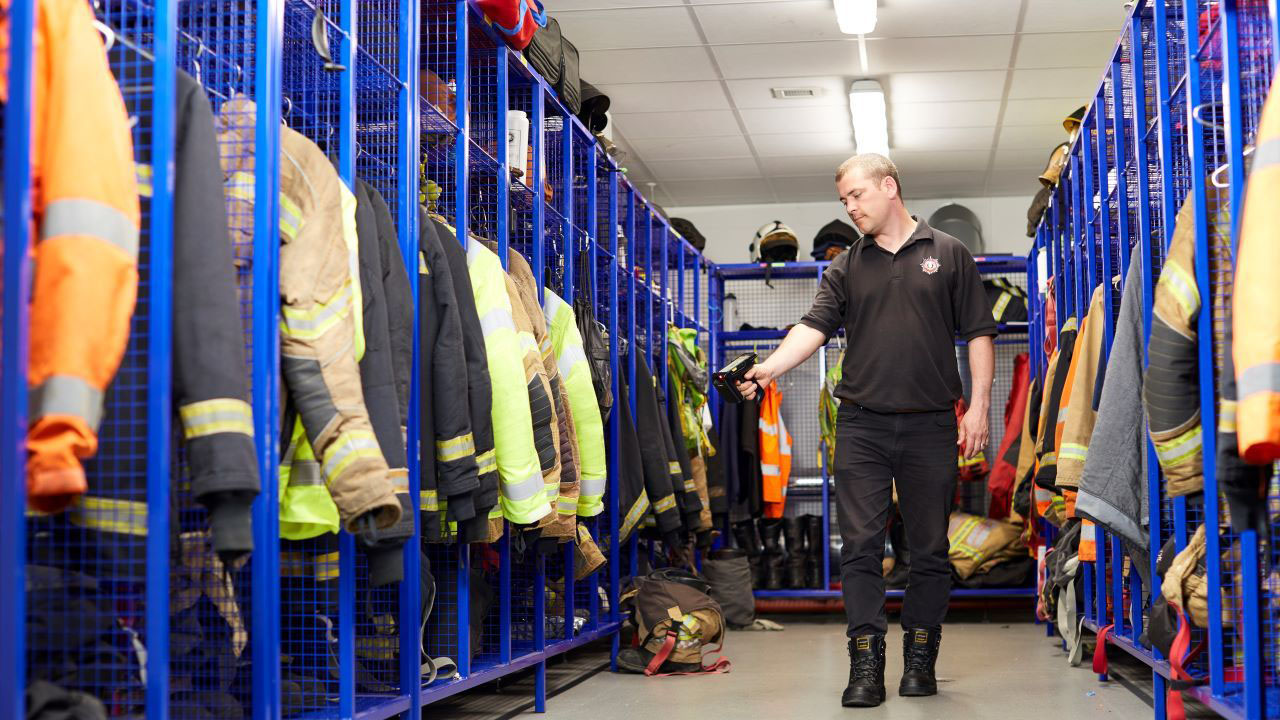
This is Why Tablets, RFID, and Temperature Sensing Technologies are Sparking More Interest from Firefighters, EMTs
More

“Why I ‘Zoom in to Zoom Out’ When Considering Workplace Experience of Customers and Users”
More

These are the Questions to Ask Every Time You’re Assessing a New Machine Vision Project for a Production or Distribution Environment
More

How Convenient Is It to Shop in Your Stores? (Do You Really Even Know?)
More

It’s Time to Let Go of Your (Business) Traditions
More

Exclusive Interview: How Unique Experiences and Exemplary People Have Helped Ground and Propel Nelda J. Connors Throughout Her Award-Winning Career
More

Seven Things to Think About Before You Consider Letting Your Home Health Providers Use AI for Patient Care, Documentation, or Other Duties
More

How to Improve Team Efficiency Through Scrum
More

Why Is Shopper Satisfaction Declining?
More

These Veterans Didn’t Let the Military Become Their Identity – and You Shouldn’t Either
More

Free App Makes It Simple for You to Setup and Connect Android Mobile Devices to Your Zebra Printers
More

Having a “Secure Network” or “Secure Devices” Isn’t Enough Anymore. So, What Is?
More

Is Convenience the Key to Achieving an Elevated Shopping Experience?
More

Delivering Over the Past Decade and Continuing to Support the Frontline for Years to Come
More
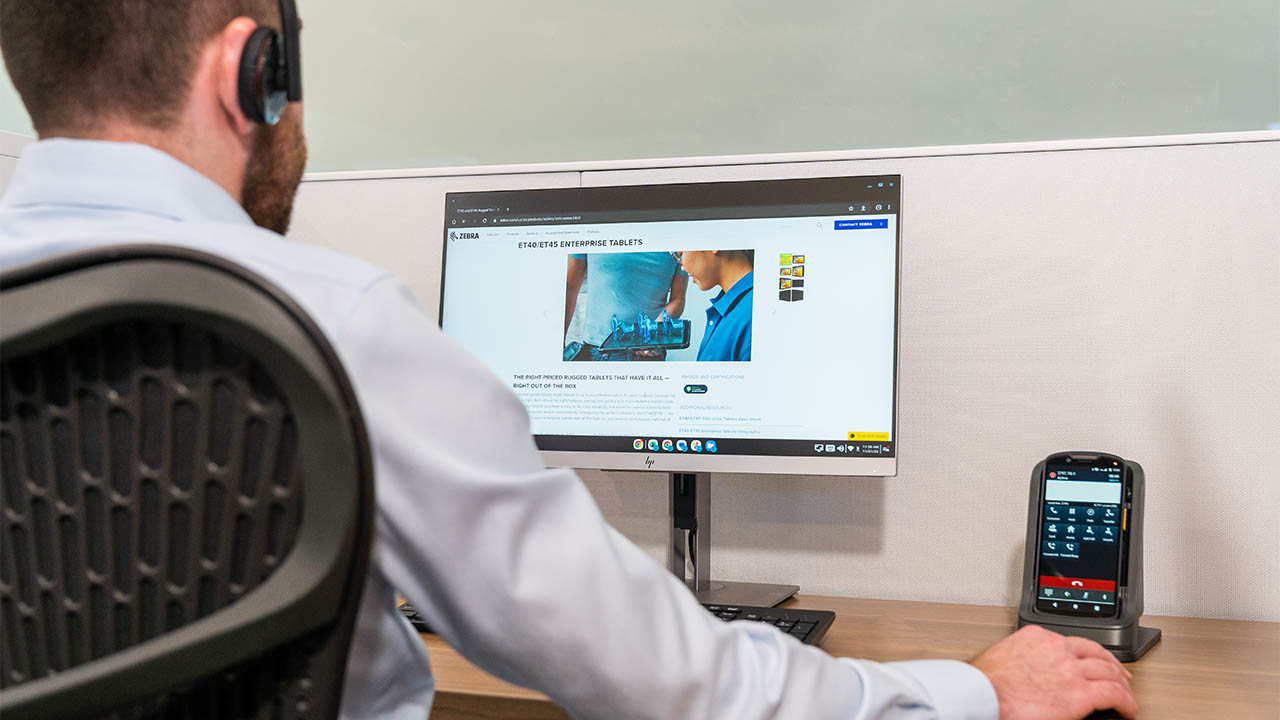
Doing These Things Can Reduce Your Anxiety in Moving to Android 14
More

Ask the Expert: Mobile Collaboration Tools are Touted in Healthcare Circles for Their Ability to Help Improve Patient and Staff Safety. But Do They Compromise Data Security?
More

A Look at Labor: How to Make the Ongoing “Manufacturing Skills and Labor Challenge” a Non-Issue
More

What People Aren’t Telling You About Voice Technology
More
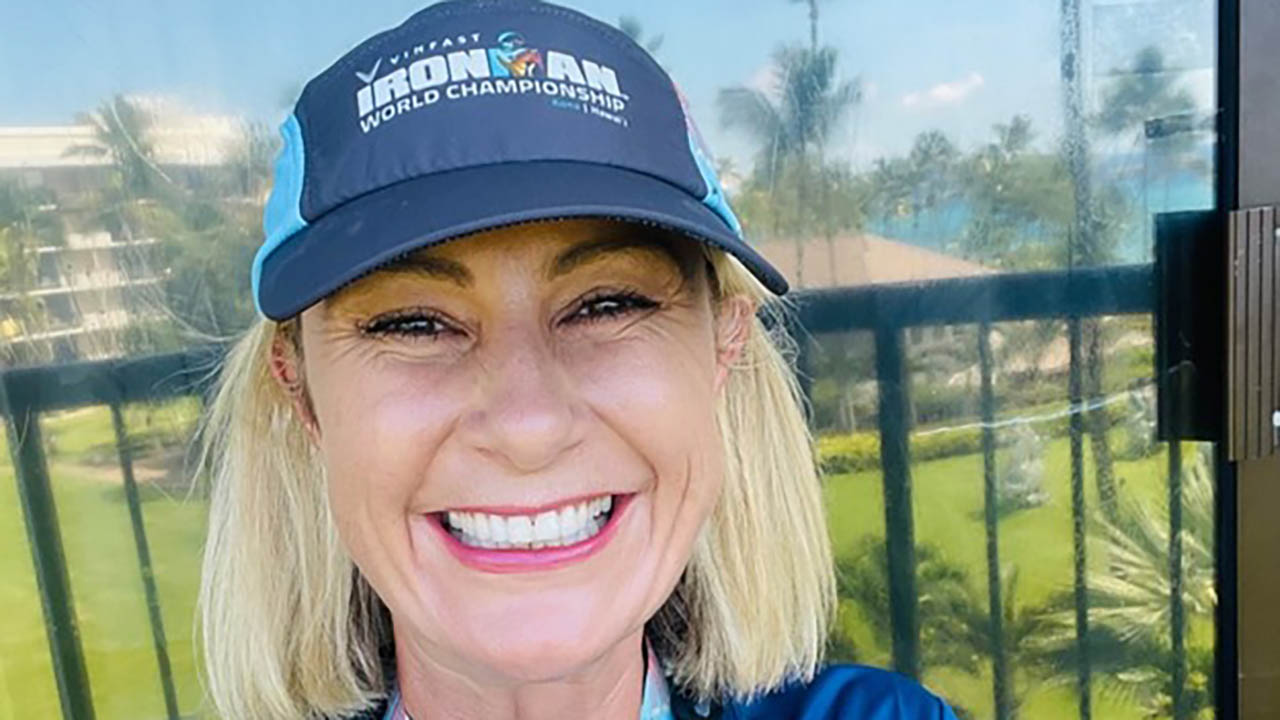
Exclusive Interview: “I Sought Physical Pain to Heal from Emotional Trauma and Strengthen My Mind, and I Would Do It Again.”
More

What It Was Really Like to Come Out…as Asexual, with ADHD, as Gay, and Then Finally as My Fully Authentic Self
More

Is AI Really What Home Health Providers Need Right Now?
More

Want to Improve Your Postal Service Operations? Be More Proactive with Your Mobile Device Management
More

Ask the Experts: Is On-Device AI Going to Prove to Be Hype or Helpful?
More

The Many Reasons Why You Should be Automating – and Incorporating Artificial Intelligence (AI) into – Your Demand Planning
More

How to Enable Offline Workflows and Transactions with SAP Mobile Apps
More

These are the Changes You Can Make Right Now to Help Reduce Food Waste (and Protect Your Bottom Line)
More

Ask the Expert: “How Can I Put Responsible AI Into Practice?”
More

The One Question You Should Be Asking Before Deploying a Machine Vision System (Especially If You’re an Automaker or Electric Battery Supplier)”
More
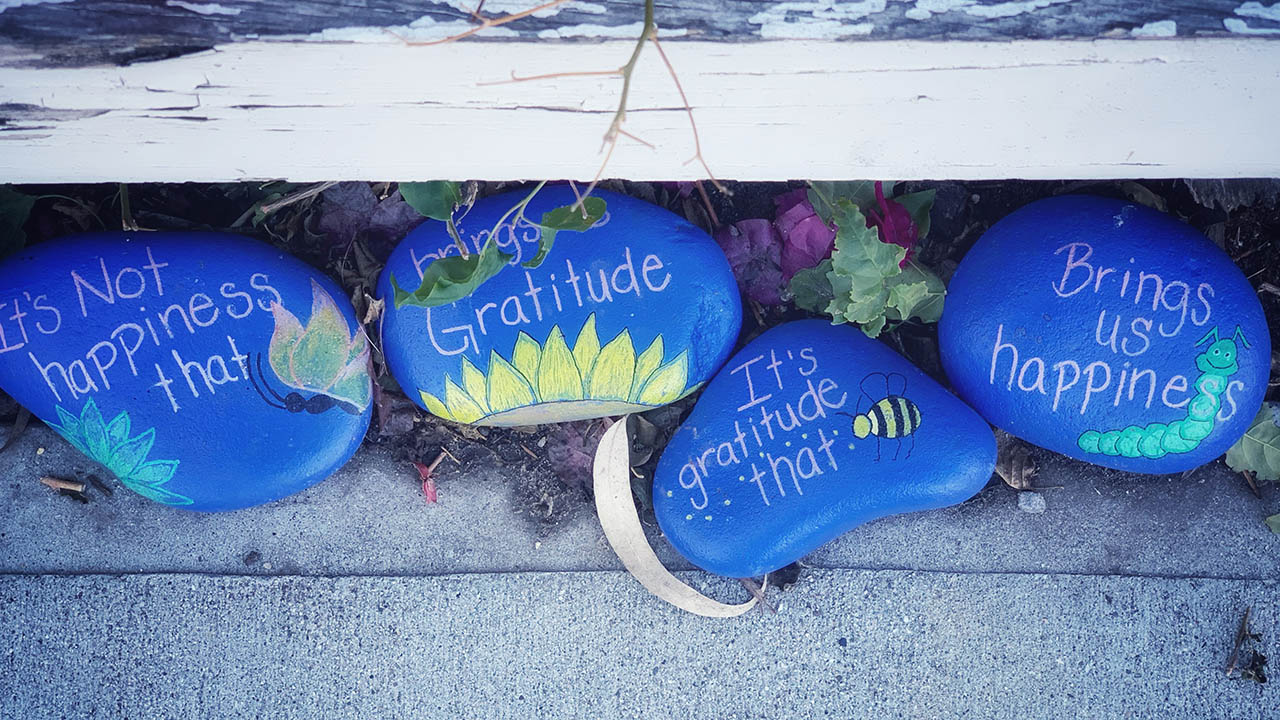
The Chain of Gratitude Starts Here…Today…With Your Help
More
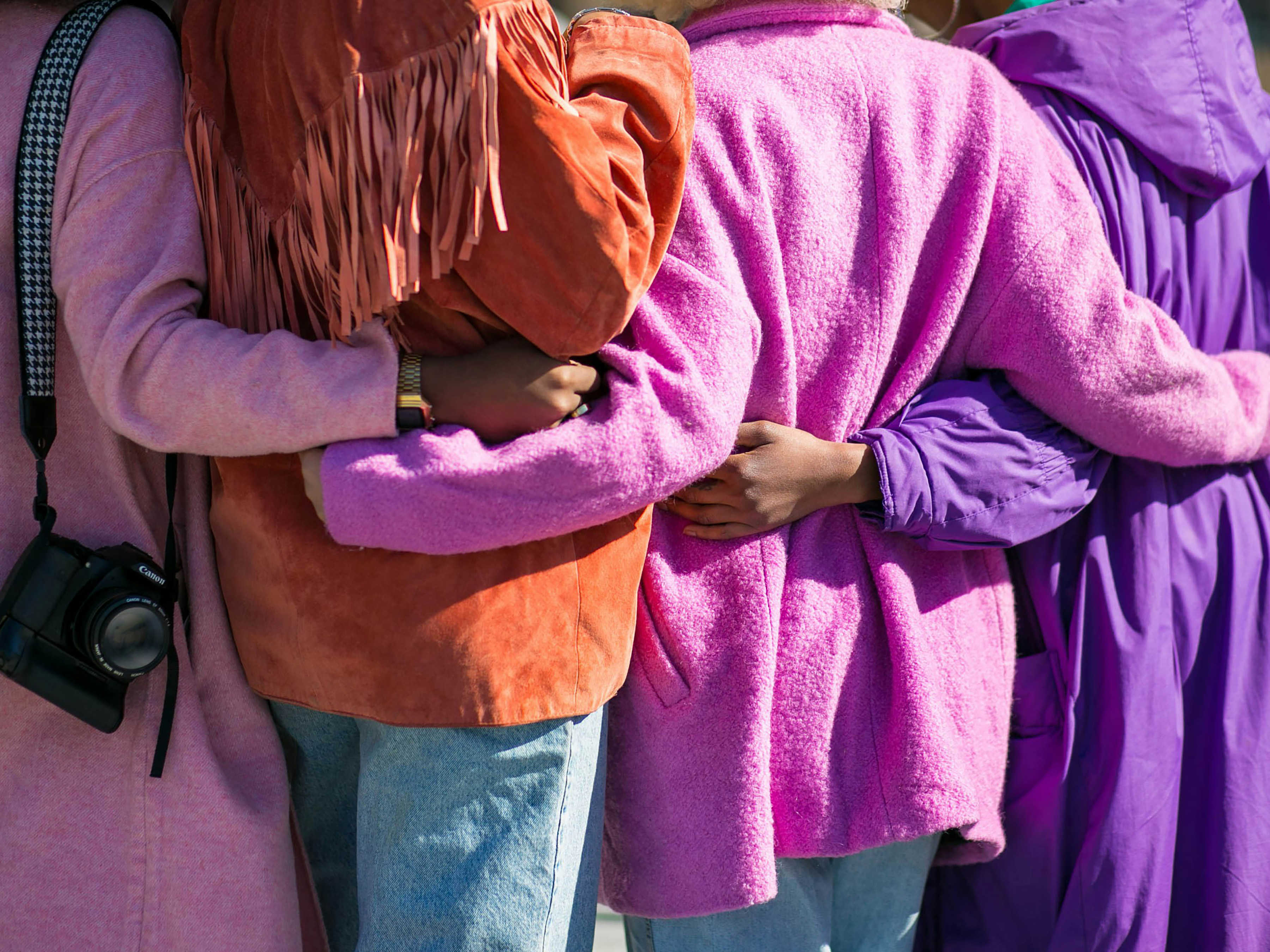
A Call for Unity: Members of the Latin and Hispanic Communities Need Allies – and Your Understanding
More

Is Technology the Key to Future Proofing Our Healthcare System?
More

Food Labels aren’t the Only Labels You Should Be Checking for BPA (or BPS) Anymore
More

Skeptical that Voice Automation Technology Can Do Something AI and Other Technology Can’t? See If You Believe After Hearing This.
More

Industrial Automation Insider: What You Need to Think About – and Be Prepared to Change – When Spec’ing Out a Machine Vision System
More

Why We Should Be Gifting More Books to Increase Access to Books Around the World
More

Remembering the Man Who Barcoded the World: A Tribute to George J. Laurer
More

Will Competing Priorities and Regulatory Pressures Challenge the Airline Industry’s Ability to Transform the Passenger Experience – or Simply Fuel Record Investments?
More
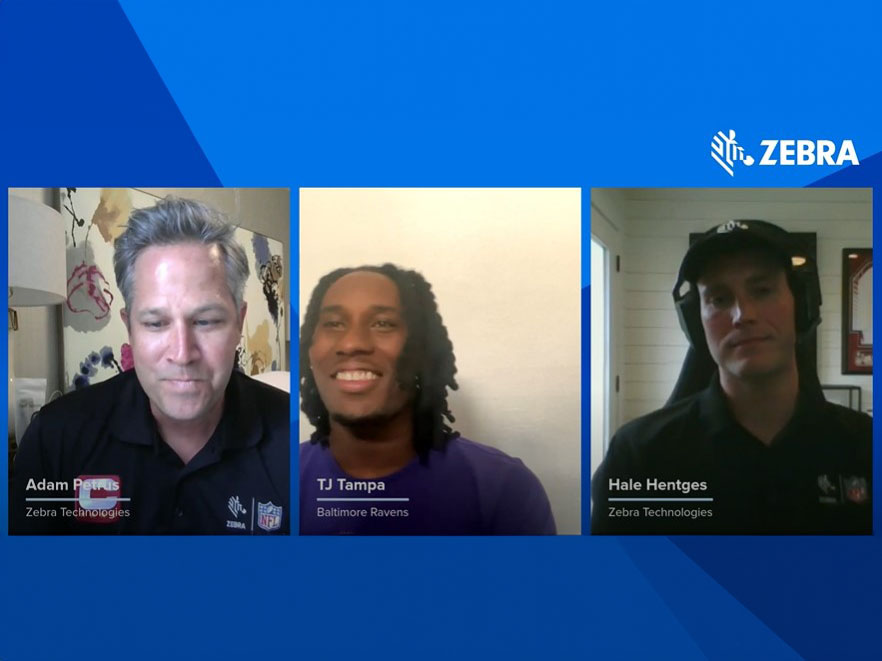
Chalk Talk: NFL Rookie TJ Tampa Talks about What It’s Like to Go Pro – and What He’s Been Doing to Make Sure His Coaches, Teammates and Fans Like What They See on the Field
More
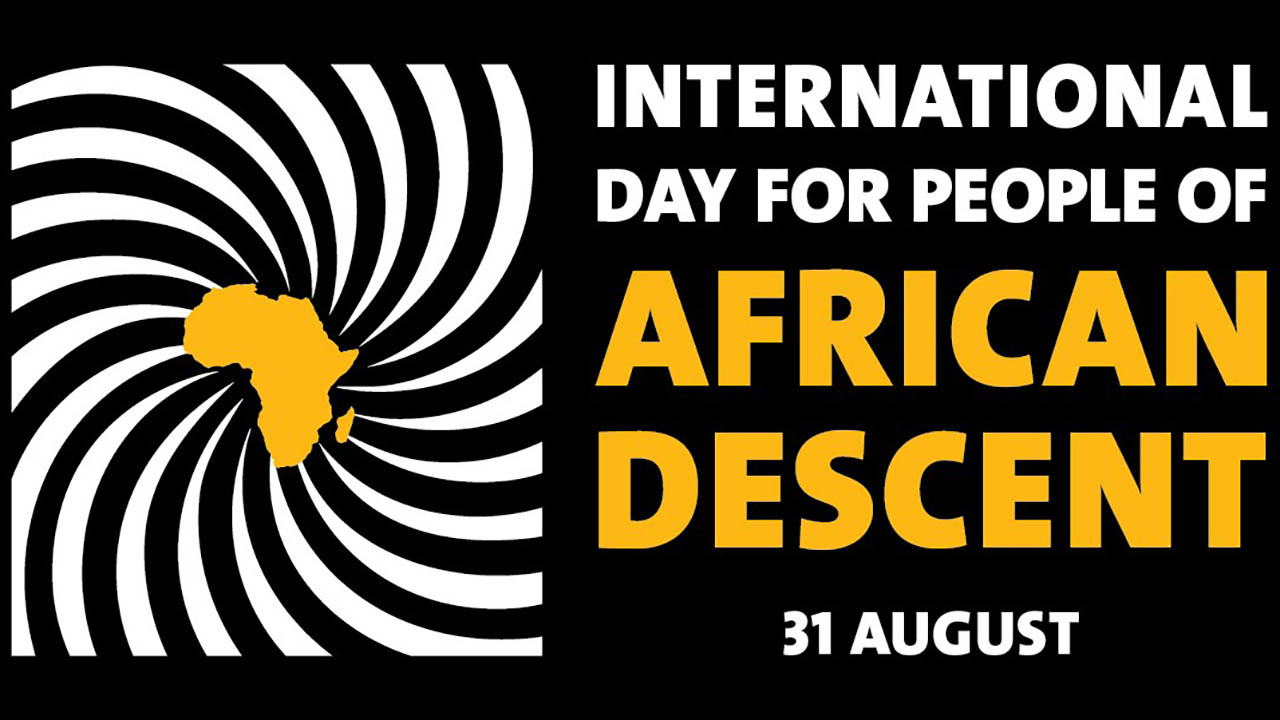
How to Celebrate the Everyday Accomplishments of People of African Descent
More

Why Your “Loss Prevention” Efforts Aren’t Working
More

One Nurse’s Perspective on the Healthcare Community’s ‘Inventory Management’ Problem (and How to Fix It)
More

5 Tips to Prevent Shrinkage in the Age of Self-Checkout
More

Wish You Could Create Digital Forms, Automate Your Form-Dependent Workflows, and Go Paperless Once and For All? It’s Not as Difficult as It Used to Be.
More

This May Be the Simplest Way to Save Lives. So, Why Don’t More People Do It?
More

Ask the Expert: How Can I Better Respond to Emergency Medical Technicians’ Calls for Help in Europe?
More

The Crucial Role of a Lead Partner in Complex IT Projects
More

Out-of-Stocks: A Hidden Crisis in Retail
More

This is Why You Must Put Your Workers’ Mobile Experiences First When Modernizing Your SAP Warehouse
More

Struggling to Find the Right Stats to Support Your Business or Marketing Strategy? The Example Set by the NFL Can Help.
More

Why It’s More Important for You to Understand “What’s New” with Voice Technology Than What’s Happening with AI or Robotics
More

Are You Putting Enough Thought into Your Software Decisions?
More

Setting the Record Straight: AI Does Not ‘Exist to Harm or Take Over Things’ (Like Some People Have Been Led to Believe)
More

Working With Partners Means Never Going It Alone
More

Are You in The Right Zone – or on the Right Path – In Your Career? Here’s One Way to Tell.
More

Really Want to Stop Shrink at the Point of Sale (POS)? Rethink What a ‘Scan’ Should Look Like – and Look For.
More

It’s the Little Things That Matter Most to Your Business, Especially When It Comes to Choosing (and Being Happy with) Your Barcode Scanners
More

Curious What’s Really Happening Over the Road? Want to Better Track and Manage Goods in Transit?
More

‘What’s the Right Way to Train Employees on New Hardware Capabilities or Software Applications? And Do I Need to Outsource Training or Can I Manage It In-house?’
More

Chalk Talk: The “Uncommon” Things that Coach Sean Payton Wants His Players to Do Each Day Might Surprise You
More

Industrial Automation Insider: Why It’s Good to Look at Machine Vision Through Different Generational Lenses (According to Engineers from Two Different Generations)
More

Recognition Reflects Our Incredible Culture at Zebra
More
![Fox Robotics autonomous forklift blog, [Category, Subcat or Product] Representational Image 1800x450 Fox Robotics autonomous forklift blog](/content/dam/zebra_dam/global/zcom-web-production/web-production-photography/web004/warehouse-photography-website-blog-fox-robotics-autonomous-forklift-3600x2700.jpg.imgo.jpg)
Investing in Logistics: Identifying Disruption to Stay Ahead of the Pack
More

Six Features of a Good Inventory Formula and Five Features You Can Ignore
More

This is What It Really Means (and Takes) to Be an Ally
More

Why Basic Inventory Data Isn’t So Easy
More

If Your Front-line Workers are Still Using These Popular Android Mobile Devices, You Could Be Putting Your Business at Risk in At Least Four Different Ways
More
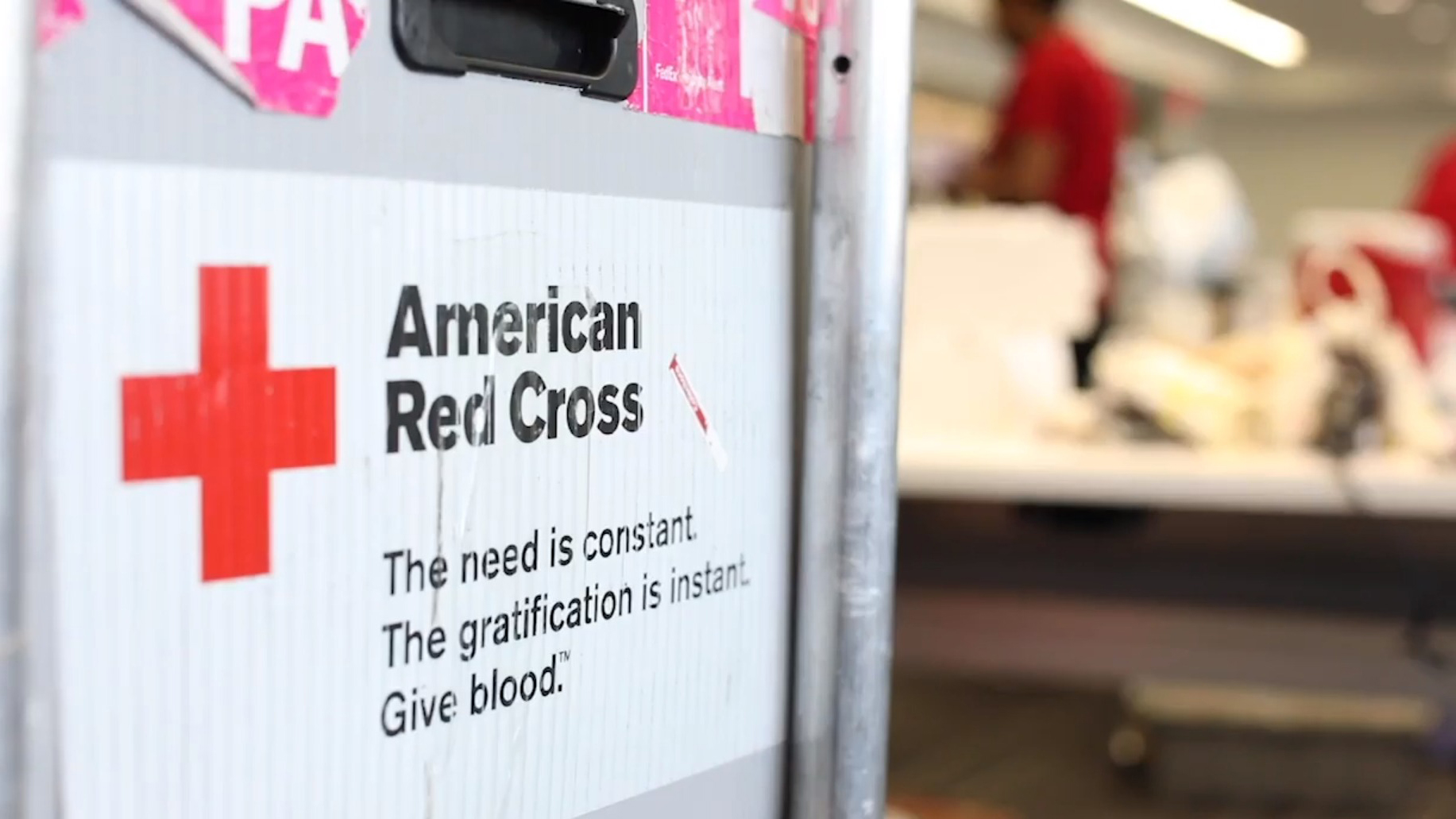
Stories from the Edge | Donating Just One Pint of Blood Can Change Dozens of Lives…Forever!
More

Do You Have the Right Type of Protection Plan for Your Business’ Mobile Devices, Scanners and Printers? (I Only Ask Because Most Organizations Don’t.)
More

Everyone Says AI is Going to Make Machine Vision – and Electric Vehicle Quality Inspections – ‘So Much Better’ – and It Will. But There are Other Things that Will Make a Bigger Impact.
More

Industrial Automation Insider: Check Out the Novel Ways that Traditional Print-and-Apply Labeling Systems are Being Used on Production and Packing Lines
More

What Will It Take to Make Direct Store Delivery More Manageable and Cost-Effective?
More

Make This One Move Now to Keep Your Zebra Android™ Devices Well-Defended Against Millions of Threats and Automatically Updated for Years on End
More

How One Airline is Using RFID to Mitigate the Risks of Rushed Cabin Inspections
More

Want More Companies to Choose You – and Keep You – as Their 3PL Partner? Here’s What You Might Need to Do Differently.
More
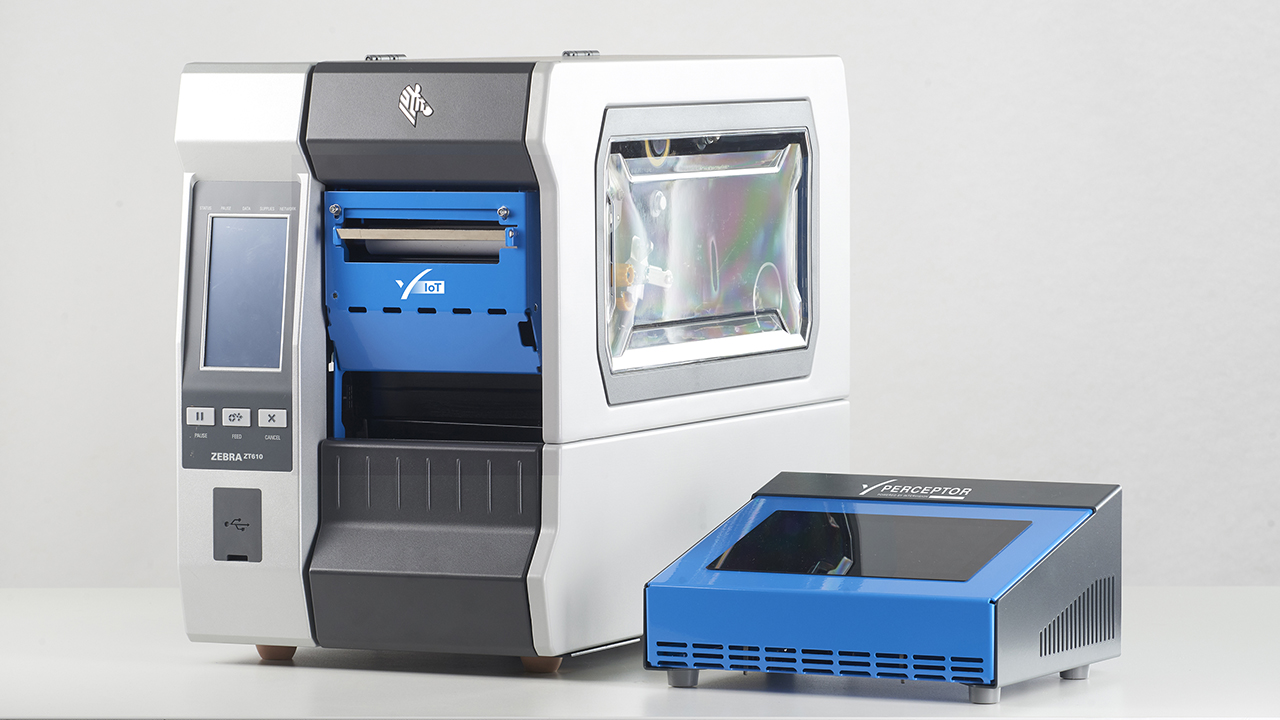
Want to Be 100% Sure You’re Printing Accurate Labels …Before They Come Off the Printer?
More

Ask the Expert: “Can a Good Company Culture Improve My Bottom Line, As Some People Claim?”
More

An Inventory Quote and Story: Educational Lessons on Root Causes and Controlling Inventory
More

Plan to Put AI to Work for Your Business? Just Make Sure There’s Always a Human in the Loop.
More

HIMSS 24 - A Rollercoaster Ride in Healthcare Trends
More

What’s Missing from the IT/OT Convergence in Many Manufacturing Environments?
More

What Are You Doing to Ensure Your New Utility Workers Can Keep Up with Retirees?
More

Will There Ever Be a Communication Technology Standard with More Staying Power Than Bluetooth?
More

Three Ways a Good Inventory Formula Helps You Reduce Inventory
More

We’re Moving to More Paper-Based Supply Chain Processes as the Demand for More Technology Grows (and Our Customers are Going to Benefit in a Big Way)
More

Artificial Intelligence is Eating Exception-Based Reporting (EBR) Tools
More

What to Know Before You Try to Train (and Test) a Deep Learning Application
More

Don’t Swing Between Just-in-Time and Just-in-Case. (There’s a Better Framework.)
More

One Million Hours Worked, Zero Safety Incidents: Here’s How We’ve Kept Our Manufacturing Team Healthy and Productive for So Long
More

Banking’s New Frontier: Are Your Branch Employees Ready for the Digital Age?
More

You May Have Found a Way to Be Compliant with DSCSA, but Are Those System and Process Changes Making Any Difference Elsewhere in Your Organization?
More

Is It Really Possible for Consumer Packaged Goods (CPG) Companies and Retailers to Predict – and Plan for – Future Demand?
More

On a Mission to Improve Your Global Supply Chain Operations? So Am I.
More

What You May Not Know About Real-Time Location Systems and RFID Applications in the Automotive Industry
More
![[Category, Subcat or Product] Representational Image 16:9 pg-web-hero-event-partner-ignition-series-retail-16x9-3600.jpg](/content/dam/zebra_dam/global/pg-web-production/pg-events/pg-web-hero-event-partner-ignition-series-retail-16x9-3600.jpg.imgo.jpg)
My Take: Four Ways AI Will Make Retail Better
More

Watching the Wheels (and Other Parts) Put into Motion: What’s Behind the Rise in Real-Time Location Systems
More

Meet the Woman Behind One of Zebra’s First Value-Added Resellers (VARs) – and One of the Tech Industry’s First-Ever Tech VARs
More

Quick Service, Smart Solutions: How You Can Use RAIN RFID to Optimize Your QSR Operations
More

Machine Vision: Is It a No Brainer or Too Good to Be True?
More

This is How 2D Barcodes Can (and Should) Be Used in Healthcare Settings
More

When Sustainability and Security Align
More

Wish You Could Easily Customize the Mobile Device User Experience for Your Front-line Workers? You Now Have Lots of Options
More

There are So Many Ways to Invest in and Inspire Women. Here are the Ones Inclusion and Diversity Champions Find Most Helpful.
More

Chalk Talk: Do the Dallas Cowboys Have What It Take to Rebuild Their Dynasty? Could They Play Ball with the Kansas City Chiefs in Super Bowl LIX? RJ Ochoa Joins Us for Some Real Talk.
More

The Future of All Business: Proximity, Scale and Business Model Innovation
More

The Art of Tech Engineering – and the Impact of Tech Engineering on the Arts: A Black History Month Perspective
More

The Truth About Connectivity in the Warehouse: Green-Screen Apps
More

There’s a New Way to Secure Your Organization’s Shared Mobile Devices (and Speed Up Device Access for Front-line Users)
More

A Deeper Dive on Deep Learning OCR
More

How to Do More…With More: Advice from Someone Who Found It Impossible to “Do More With Less”
More

Industrial Automation Insider: What Role Should RFID, Machine Vision and Other Automation Technologies Play in Reverse Logistics?
More

Chalk Talk: Thought NFL Linebacker Brandon Copeland Retired? Think Again
More

Data to Dollars
More

Curious Why, When, and How You Should Be Using AI in Your Warehouse or Other Supply Chain Operations?
More

Curious How Much Memory is Left on Your Zebra Android Devices? Want to Know Which Apps (or Devices) are Using the Most Cellular Data?
More

Trying to Reduce Waste and Enable More Efficient Operations in Your Warehouse? Start by Cleaning Up Your Receiving Area
More

Want Relief from the “Triple Squeeze” Choking Your Business? Technology May or May Not Help. It All Depends on Your Habits.
More

Should You Really Be Using That Mobile Computer or Tablet in Cold (or Freezing) Warehouse, Yard, and Field Environments?
More

Is It Time for You to Consider Using Wi-Fi-based Fine Timing Measurement (FTM) for Mobile Device Locating?
More

Researcher-Led Simulation with PacSun Reveals Why Inventory Planning, Store Operations, and E-commerce Fulfillment Problems Can’t Be Solved in Silos
More

Shining a Light on Everything: The Benefits (and Limitations) of Both Wireless and Location Technologies May Not Be What You Think
More

Celebrating the Impact of Our Culture on Customers and Communities
More

Zebra’s New Chief Revenue Officer Explains What’s Changing and What’s Not at the Company and in the Channel
More

Is Generative AI Really Going to Change the Retail Experience as Some Experts Claim?
More

How to Assess Schedule Quality in Workforce Management Software (and Why You Should)
More

You Can Now Connect Your Zebra Mobile Computers with New Barcode Scanners and Point of Sale Devices in Just a Few Minutes (without Any Technical Know How)
More

Now Is Not the Time to Retreat from Self-Checkout (SCO)
More

Deep Learning Isn’t a “Bleeding Edge” Technology, but It Can Help Stop the Bleed at the Edge of Your Business. Here’s How.
More

Is There Really a Difference Between Private 4G and Private 5G Wireless Network Performance? Or Private Wireless and Wi-Fi Network Performance?
More

It Wasn’t All in My Head, After All: What It Took to Finally Be Seen, Heard, Understood and Diagnosed
More

The Point of Sale is Where Sales are Won or Lost. So, What are You Doing to Win?
More

Why AI Isn’t Working for Everyone
More

A Trip to Paradise Shouldn’t Be Delayed by Long Lines
More

There is More Than One Way to Track Trailers (and Inventory) on the Move. This Retailer Proved It.
More

Industrial Automation Insider: Manufacturing Millennial Says Automation (and People) are Severely Misunderstood, and That’s Hurting Your Production Capacity
More

Do You Really Need a “Voice-Only Picking Solution”? Or Would “Voice Technology” Better Enable Your Picking Process?
More

How You Should Be Using AI for Testing and Quality Assurance
More

Your Store Manager's Christmas Wishlist: More Time
More

The Case for On-Site, In-Person Software Implementation Projects
More

Getting the Numbers Right: AI Solutions for Grocery Demand Forecasting
More

Why You Should Be Talking More About Voice Technology with Warehouse Managers and Associates
More

Searching for Answers? Your Mobile Device Could Soon “Know It All” (or At Least Help Ensure You and Your Employees Do)
More

Industrial Automation Insider: How Machine Vision is Helping You Better See What’s Happening with Your Favorite Fast Food, Sports Teams and More
More

How to Speed Up Ticket Checks (and Boarding) on Passenger Rail Routes
More

How to Prepare for Your Move to Wi-Fi 6 – and Wi-Fi 6 Printers
More

How to Properly Integrate Automated Data Capture Hardware with Your ERP System
More

Zebra’s Chief Supply Chain Officer Says, “It’s Time to Get Back to Basics”
More

What is a Mobile Device Really Going to Cost You? (Probably Not What You Think)
More

Shedding Light on the Dark Warehouse
More

You Might Not Be Charging Your Mobile Devices the Right Way, Which Means You Might Be Killing Your Battery
More

Hoping to Automatically Capture Data from Barcode Scanners, RFID Readers, and Mobile Computers and Feed It into Your ERP?
More

A Look at Labor: Are You Giving Too Much Credit to Technology?
More

Technology Should Help Employees Get the Job Done, Not Stand in Their Way
More

"I Feel Bad."
More

Clini-Chat: How to Prevent Hospitalisation-Related Iatrogenic Dependence and Reduce Hospital Return Rates Among Older Patients
More

Ask the Expert: “What Questions Should I Be Asking Mobile Device Manufacturers About Security in My Solicitations?”
More

Do Not Get Caught Off-Guard, or Offline: Have a (Battery) Back-Up Plan
More

AI 101: Automating the Mundane
More

Home Improvement Projects Don’t Always Go as Planned, but a Good Craftsman Doesn’t Blame His Tools
More

“This Has Been a Dream Come True”: Hunt Country Components CEO Howard Hellwinkel Finally Found a Way to Use RFID “Like the Big Companies” in His Upholstered Furniture Manufacturing Operation
More

Protecting Bank Branches from Regulatory Pitfalls: The Communication Compliance Challenge
More

There’s a New Alternative to Legacy SAP Mobile Solutions That You May Want to Look Into
More

Do You Have the Right Amount of RAM?
More

Industrial Automation Insider: Which is the Best Choice for Track and Trace, Quality Control, Loss Prevention and More: A Barcode, RFID or Vision System?
More

Is Your Business Ready to Comply with the European Union’s Digital Product Passport Legislation?
More

Let’s Talk About Mobile Device Security, Because Your Device May Not Be as Secure as You Want Out of the Box (Thanks to Your Device Manufacturer)
More

What Can Hospital Leaders Do to Accelerate Digitalisation and Meet New Efficiency Mandates?
More

Wondering How to Improve Warehouse Operations? Not Sure If Any Single “Solution” Will Work Like You Want? Put People First, Says One Supply Chain Executive, and Everything Will Be Okay.
More

What Your Workers Can and Can’t Scan with Different Types of Mobile Devices
More

Looking for a Way to Make Your Home Health Operations More Efficient? Here are Some Changes to Consider.
More

Chalk Talk Episode #14: This is What It Really Takes to Ensure You Have the Ultimate Fan Experience
More

Ask the AI Expert: “How Should I Be Leveraging Machine Learning Operations (ML Ops) to Put AI in Production?”
More

Wondering Why It’s Taking So Long to Get a New Software Application Online? Or Why It's Hard for Your Team to Define Minimum Viable Product (MVP)? Here's What I Know as an Insider.
More

Empowering the Frontline: Inside Grupo Bimbo’s AI-Powered Transformation in Its Bakeries and the Stores It Stocks
More

Hot Update! You Can Now Use Public Maps to Find Your Missing Zebra Mobile Devices.
More

Safety at the Touch of a Button: A Key to Retaining Staff in Hospitals, Clinics and Ambulatory Surgical Centers
More

Four New Ways You Can Use Zebra DNA Cloud (Whether or Not You Have an EMM)
More

Five Ways You Can Use AI to Meet Your Banking Customers Where They Are (in Branches)
More

67 Minutes
More

Why You May Not Always Want Your Workers’ Android Mobile Devices to Automatically Connect to Wi-Fi
More

There are Three Things You Must Do as a Business Leader Right Now if You Want to Still Be a Business Leader in a Year (Especially If You’re in Retail, Hospitality, Banking or Warehousing)
More

People – Supported by the Best Technology – Are Driving Successful Business Outcomes
More

You Might Be Losing Money on Your Enterprise Software Investments for This One (Completely Avoidable) Reason
More

Industrial Automation Insider: One Expert Explains How Machine Vision Systems are Changing – and How They’ll Change Your Perception of Your Business
More

How to Check If Blood Samples Stayed Chilled Out in Transit
More

What Most Police Officers, Parking Enforcers, Border Agents and Other Public Safety Officials are Missing at Traffic Stops, Checkpoints and Incident Scenes
More

Embrace the Spirit of Juneteenth: How General Gordon Granger’s Audacity Has Reverberated Around the World
More

The Truth About AI: What Mainstream Media Coverage is Missing
More

Everyone in the Shipping Chain Stands to Benefit from Mobile Dimensioning. Here’s Why.
More

New Zebra Showcase App Now Live and Loaded with 16 Free Demos Designed for Everyone (Not Just Developers)
More

Seven Ways to Drive Size Optimization Precision
More

Why Show Your Pride?
More

How Wearable Technology is Speeding Up Front-Line Worker Training in Warehouses, Distribution Centers, Retail Stores and More
More

“The Asian Experience” May Not Be What You Think
More

A Closer Look at Walgreens’ AI-Powered Demand Planning Transformation
More

The Long Road to Branch Operations Modernization: Are You on the Right Path?
More

Ask the Expert: Do the Benefits of a BYOD Workforce Mobility Strategy Outweigh the Risks?
More

Why It's Wrong to Think of RFID as a Barcode Replacement
More

The Best Replenishment System Might Be the One You Already Have
More

Happy 60th Birthday to the GUI: What’s Next for the Graphical User Interface?
More

Why the Best First Step in the “Retailization of Healthcare” is Implementing a More Efficient Scheduling Solution
More

Does Omnichannel Demand Planning Make Sense for Mid-Tier Fashion Retailers?
More

It’s Shocking How Well This RFID Pioneer Predicted the Future
More
![[Category, Subcat or Product] Representational Image 1800x450](/content/dam/zebra_dam/global/zcom-web-production/web-production-photography/press-releases/press-release-photography-website-crewpack-reduces-order-delivery-times-by-86-percent-with-zebra-technologies-16x9-800x450.jpg.imgo.jpg)
Crewpack CEO: “We Were Wasting So Much Time and Money Searching for Inventory in Our Warehouses.”
More

Back to Basics: How to Use a Barcode to Automate Data Capture, Positive Patient ID and More in Healthcare Settings
More

Reality Check: Why We Need More Human-Centered Automation in the Supply Chain and Service Industries
More

Chalk Talk Episode #13: This is What It Takes to Be a College Football or NFL Scout, According to Jim Nagy
More

Industrial Automation Insider: Here’s Proof of What Automation Can Do – and How Flexible Manufacturing Can Be – in the Fashion World
More

A Look at Labor: What are Those Mysterious "Higher Value" Tasks Everyone Keeps Talking About?
More

What Makes for A Winning Early Career Professionals and Intern Program
More

This is the Real Problem Banks Face Right Now (According to Branch Banking Employees)
More

Still Not Sure if Private 5G is Better Than Wi-Fi? You Might Not Be Assessing the “Value” of Each Correctly
More

Front-line Workers Should Be Able to Grab Any Device and Get to Work in Any Role. This One Switch in Your Mobile Software Setup Will Help.
More

Data Isn’t Valuable Until You Do Something with It. That’s Why Data Sharing Partnerships Like This are So Important in Every Industry.
More

Chalk Talk Episode #12: Don’t Get into a Football Trivia Challenge with Cincinnati Bengals Defensive End Jeffrey Gunter. You Will Not Win.
More

How Do You Intend to Navigate 2023 (and Come Out the Other Side Better Positioned to Meet Shoppers’ Needs)?
More

Women in Sports: “Faith, Family and Food” Keep Tommi Vincent Grounded. They Also Help Her Uplift Many Others.
More

Four Lessons Branch Bank Leaders Can Learn from Retailers
More

Focus on Equity, Not Just Equality. It’s Good for Everyone.
More

3 Ways That You Can Transform Your Stores and Prepare for the Future of Retail without Ripping, Replacing or Disrupting Anything
More

How Your Quick Service Restaurant Can Respond to the Death of Single Use Plastics
More

Want to Keep Things Moving in Your Factory, Warehouse or Distribution Center? Experts Say You May Want to Equip Workers with Wearables and Pair Them with Autonomous Mobile Robots
More

Technology Can Drive Healthcare Compliance, Patient Care and Telehealth. So Why Does Everything Still Seem So Hard?
More

There’s an Easy Way to Automatically Capture VIN, TIN and License Plate Data in Automotive Supply Chains, Stores and Service Centers as Inventory Moves In and Out
More

Day One as CEO
More

As the Floricultural Sector in Colombia Flourishes, Logistical Changes are Needed to Keep Products – and Opportunities – from Wilting
More

Industrial Automation Insider: The Unexpected, but Highly Effective, Uses of High-Tech and Low-Tech Automation Solutions in Healthcare
More

Are Locked Up Items Slowing Down Your Retail Sales? Or Costing You Sales? This May Be a Better (and Less Expensive) Loss Prevention Strategy.
More

How to Use Your Bank Branch Scheduling Processes to Drive Revenue
More

What (Else) You Need to Know Before Deciding Whether a Consumer or Enterprise Mobile Device is Really the Best Choice for Your Employees – and the Success of Your Business
More

8 Things You Probably Didn’t Know About Mobile Dimensioning (But Should If You Accept or Process Packages)
More

Twenty-Three Years Later, Are We Really Still Debating the Value of Enterprise vs Consumer Devices?
More

Struggling to Manage CPG Supply Chain Variability? This is What You’re Probably Missing
More

Ask the Expert: Why Should I Use a Private Wireless Network versus a Wi-Fi Network for My Business?
More

This Dutch Transport & Logistics Company Found a Better Way to Keep Your Sweet Tooth Satisfied
More

Warehouse and Distribution Center Operators are Reaching for the Sky with New RFID Technology
More

Think Your Organization’s Cybersecurity Practices are Protecting Your Customers’ Privacy? Why One Top Privacy Expert Says You’re Probably Wrong
More

Proactive Device Management Gives Italian Wholesaler a Performance Edge
More

As Interest in Robotics Automation Grows, This Team is Helping Supply Chain Companies Turn “Interest” into “Action” – and Achieve Better Business Outcomes
More

How AI is Redefining Direct Store Delivery
More

Where Are Banks Falling Short on Branch Efficiency?
More

Good News! You Can Now Keep Track of All Your Zebra Barcode Scanners on One Screen, from Anywhere in the World
More

“This is Not Someone Else’s Struggle. It’s Our Struggle”
More

Today’s Shoppers Want and Need Everything to Happen Faster in Retail Stores. Making This One Change on the Floor and Even in the Back Office Can Help.
More

Industry’s First Freezer-Rated, Single Finger Bluetooth Wearable Scanner Hits the Market at Just the Right Time
More

Chalk Talk: Love the NFL’s Next Gen Stats? This is How They All Come Together Inside the Command Center
More

How to Forecast During Unprecedented Uncertainty
More

What I Have Learned About Leadership as CEO the Past 15 Years
More

How a Pushed Work Model Improves Branch Productivity
More

What Do Cacti, Cannabis and Kitchens Have in Common?
More
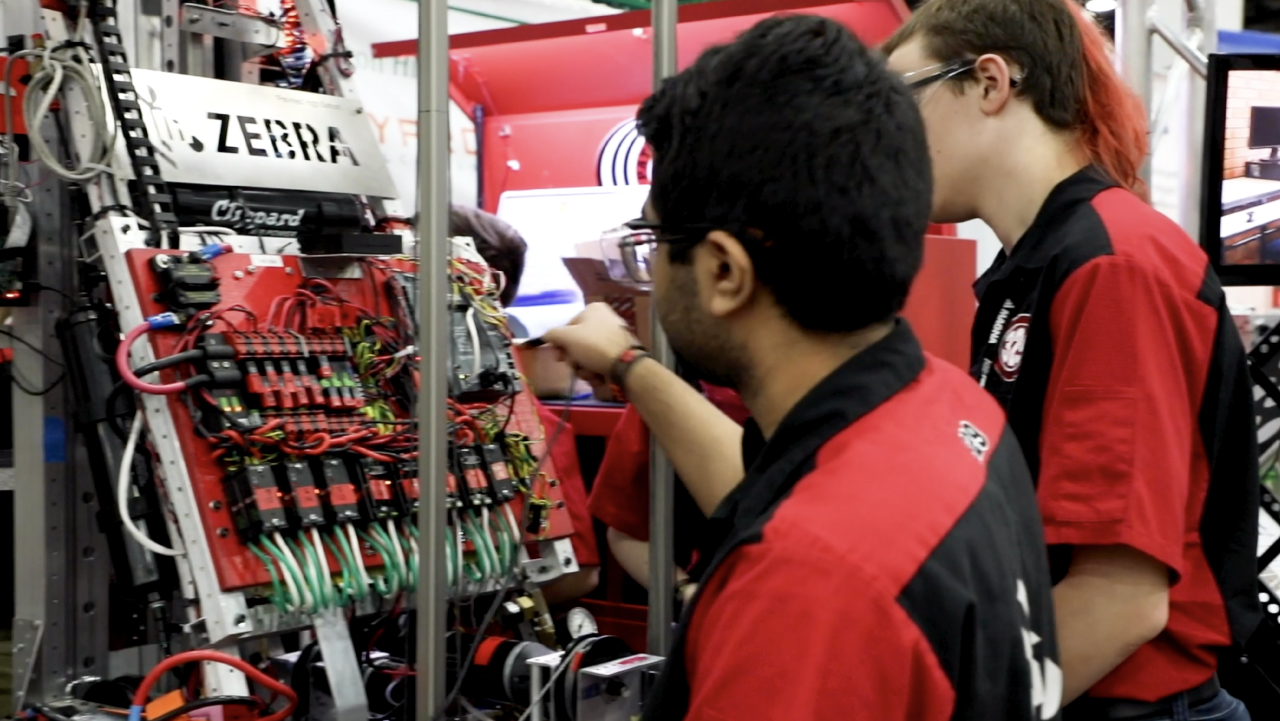
How Can We Show the Next Generation More Meaningful STEM Experiences?
More
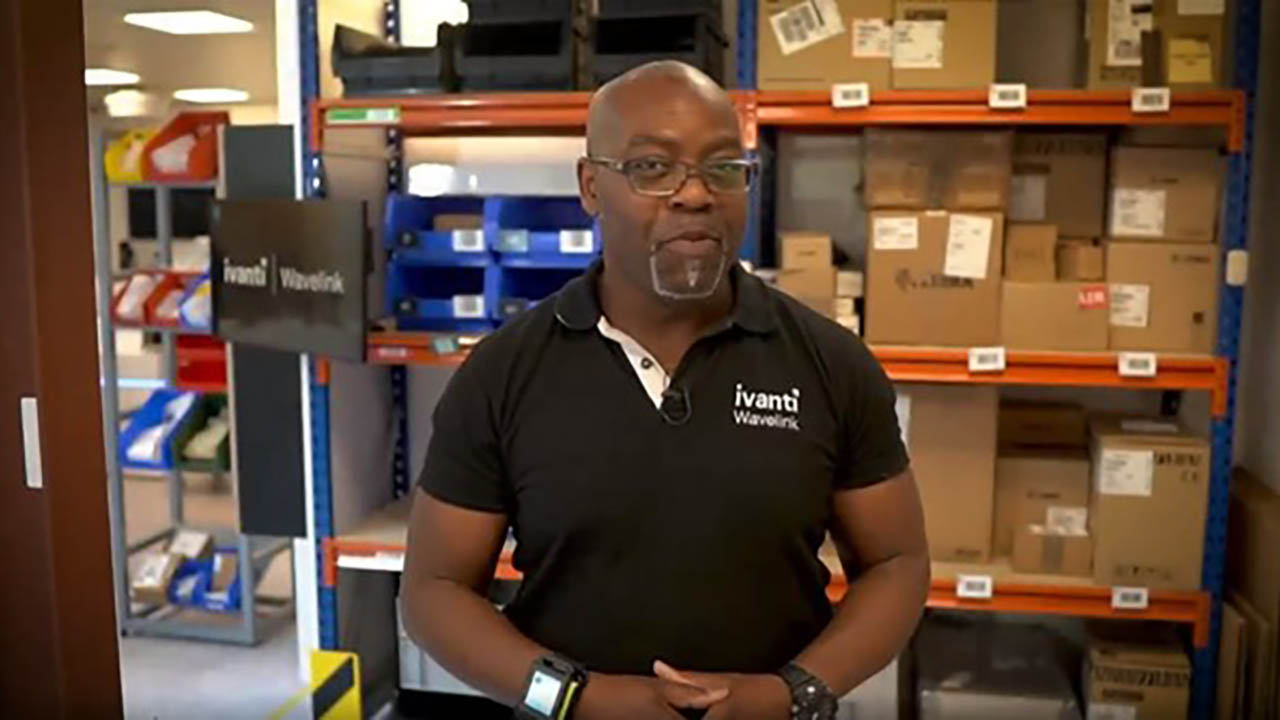
The Zebra WS50 All-in-One Wearable Android Mobile Computer is Awesome. But You Know What’s Better? The Way It Syncs with Ivanti Velocity Terminal Emulation (and Robots) to Make Front-Line Work Easier.
More

How You Can Harmonize Inventory Chaos through AI Augmentation
More

Three (Really Good) Things That Happen When You Login to VisibilityIQ Foresight Every Day, According to Two Customers
More
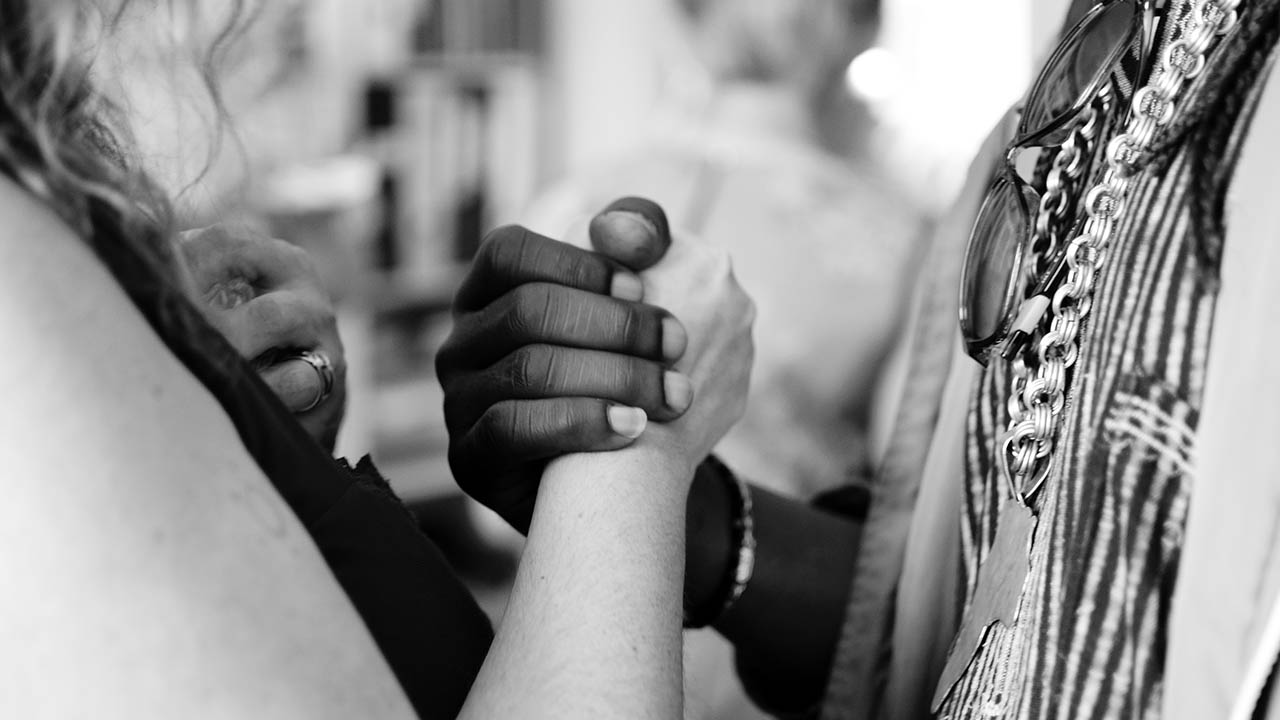
Why “Inclusion and Diversity” Looks Different from One Organization to the Next – and Why It Probably Shouldn’t
More
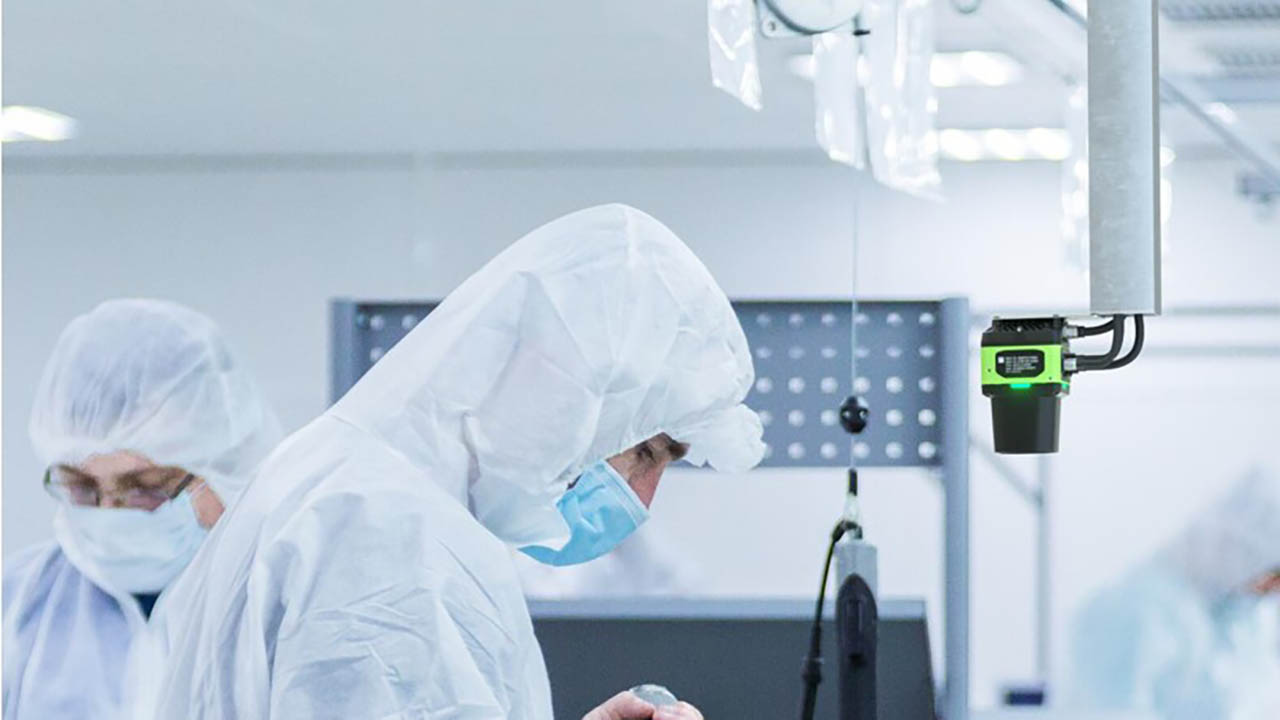
Industrial Automation Insider: This Is What You Should Watch For – and Do – in the Next Few Months According to a Global Futurist and a Market Intelligence Lead
More
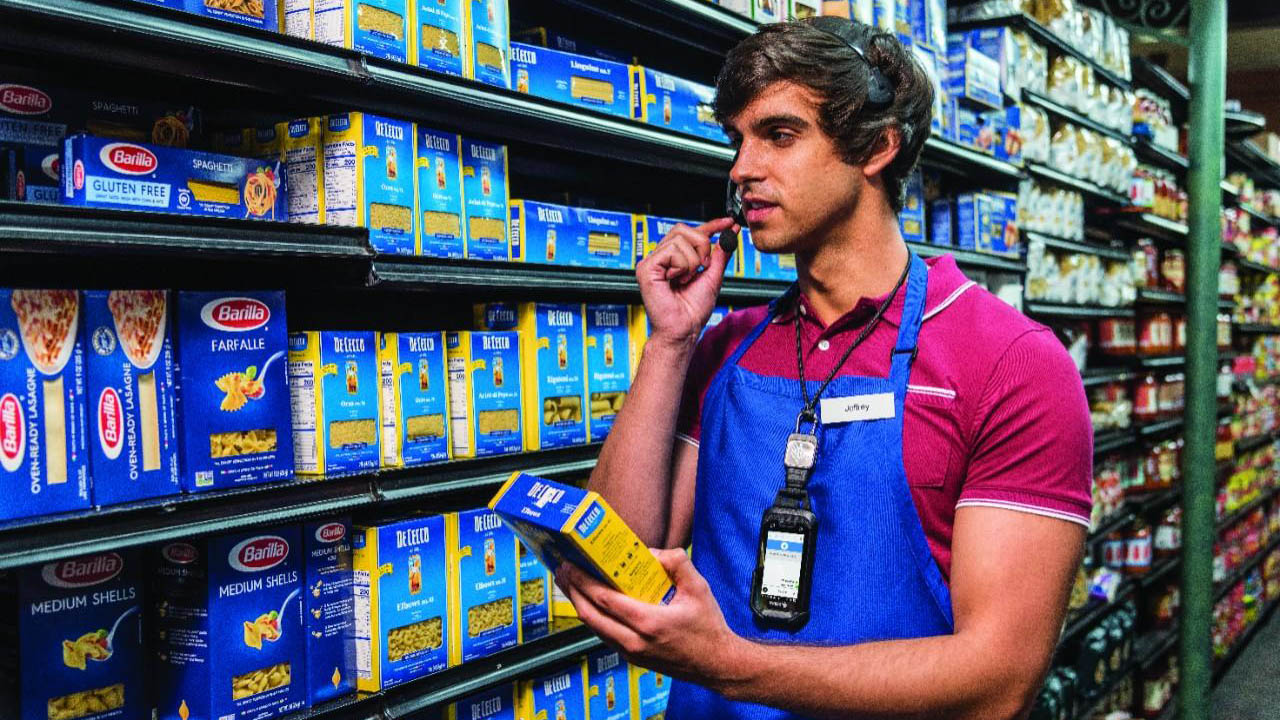
4 Critical Steps Toward Owning the Omnichannel Experience in Grocery
More

Pharma Industry Expert Says “Real-Time Data” Isn’t Going to Help Improve Supply Chain Performance. Find Out What Might.
More
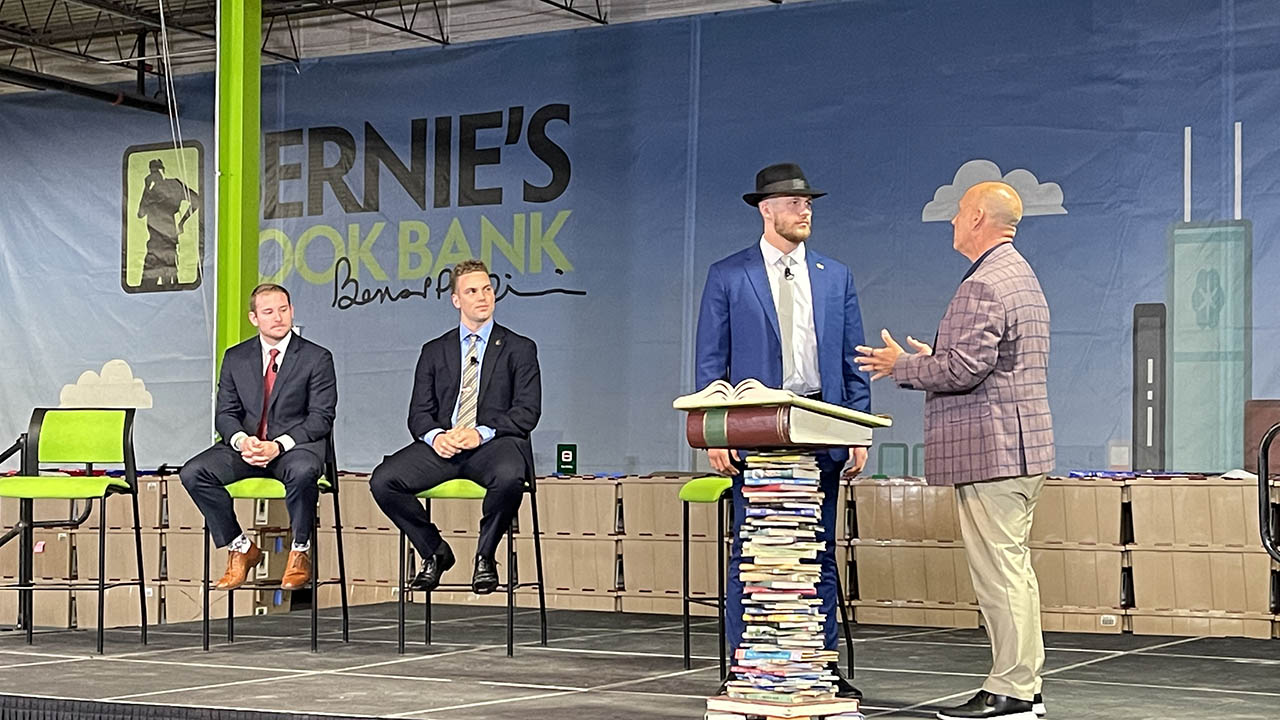
Chalk Talk Episode #10: Legendary NFL Long Snapper Patrick Mannelly and Bernie’s Book Bank CEO Darrin Utynek Team Up to Share Stories of Unsung Heroes
More
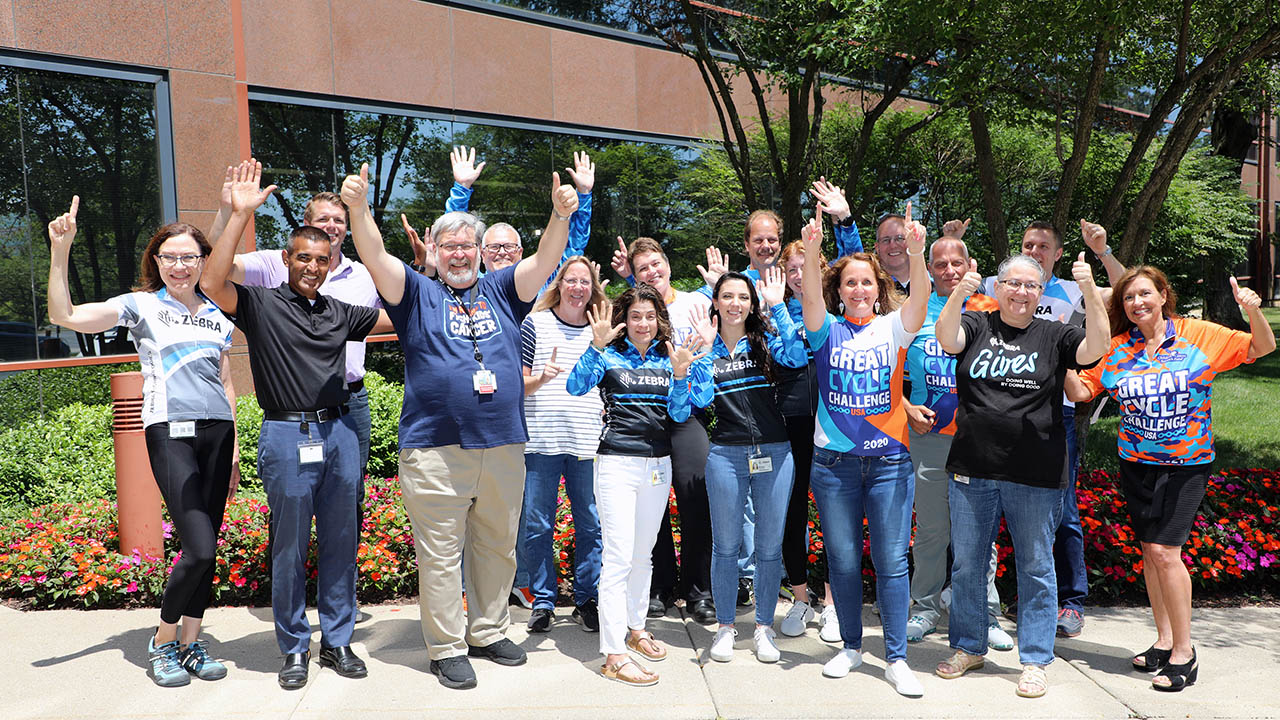
Exercising Our Ability to Boost Physical Health, Mental Health and Support for Kids in Need
More

Branch Banking Strategies for Market-Level Scheduling
More

Replenishment: New Thoughts on an Old Problem
More

Retailers: This Technology Can Reduce Your Electricity Usage (and Bills) at Checkout Lanes
More
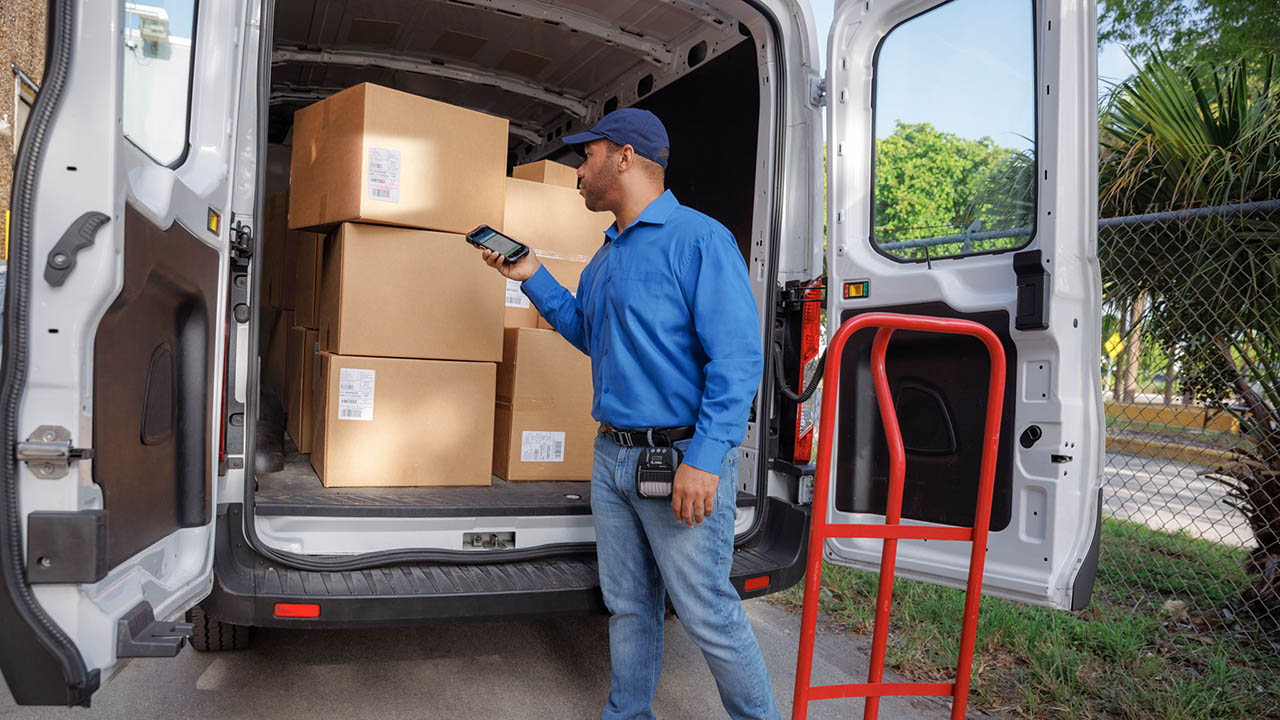
This is What Spec Sheets Won’t Tell You About New Mobile Computers Such as the Ultra-Rugged Zebra TC73 or TC78
More

Companies Make a Lot of Printer Security Mistakes. These Are the Most Common, According to One Cybersecurity Expert.
More
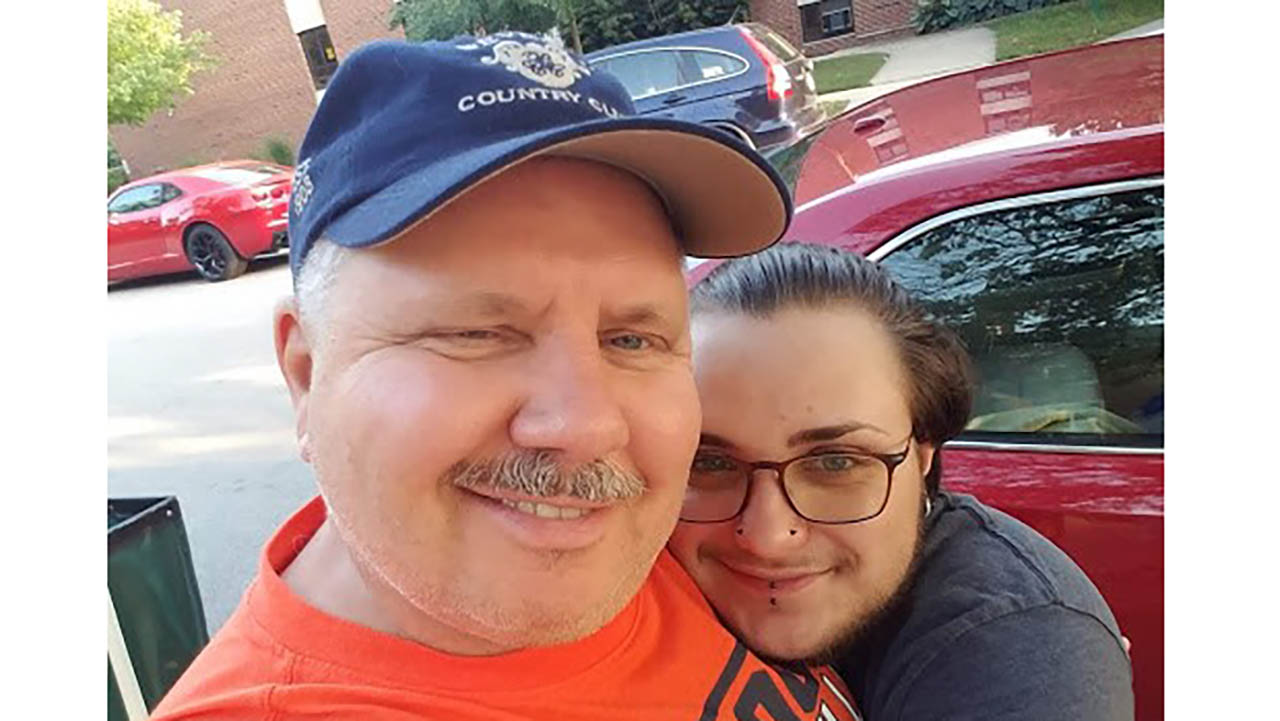
Transgender People are People. They Have the Same Hopes, Dreams, Needs, and Capabilities as You and Me. How Do We Help Others See That?
More
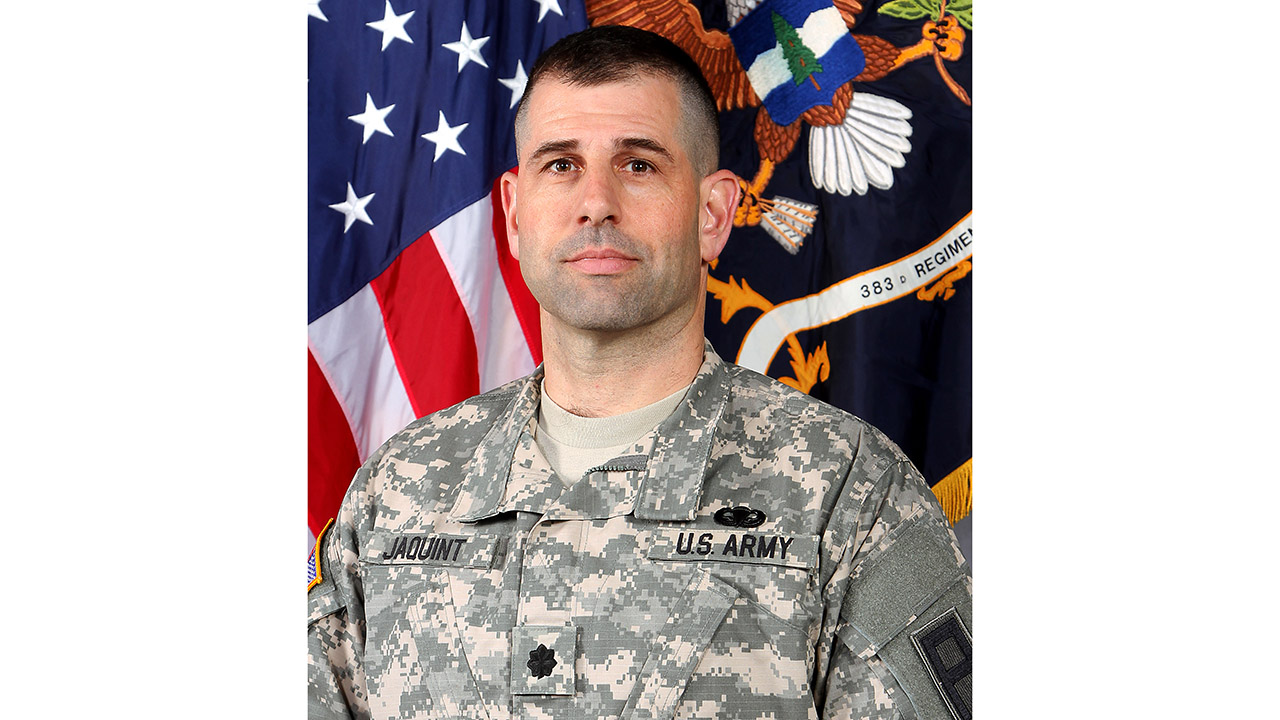
Military Expert: One of the Best Ways to Honor Veterans is to Help Them Thrive After Their Service Ends
More

We’ve Reached a Huge Milestone in Our Healthcare Journey, and We Have You (and Zippy) to Thank! (Now, It’s Our Turn to Help You.)
More

Culture Matters: SOLUTYS Technologies May Be a Small Technology Company, but It’s Stepping Up in a Monumental Way to Preserve History. Find Out Why.
More

Heads Up: This is How You Should Actually Be Managing Your RFID Readers
More
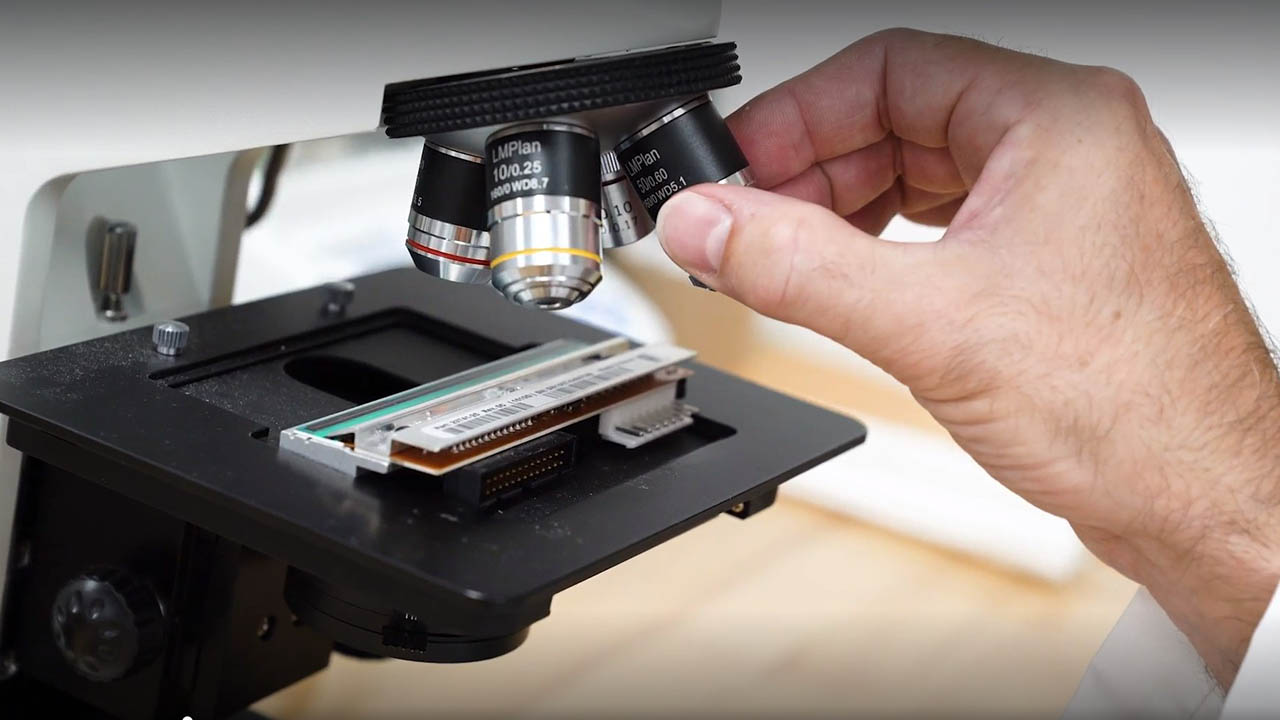
These Scientists are Behind Some of the Greatest Tech Innovations of Our Time. Find Out What They’re Doing at Zebra’s Supplies and Sensors R&D Innovation Labs.
More

What You Can Offer Your Nurses via the Right Unified Communication Solution
More

As More Industries Race to Adopt RFID, There are a Few Things You Should Do to Keep Your Organization at the Forefront
More
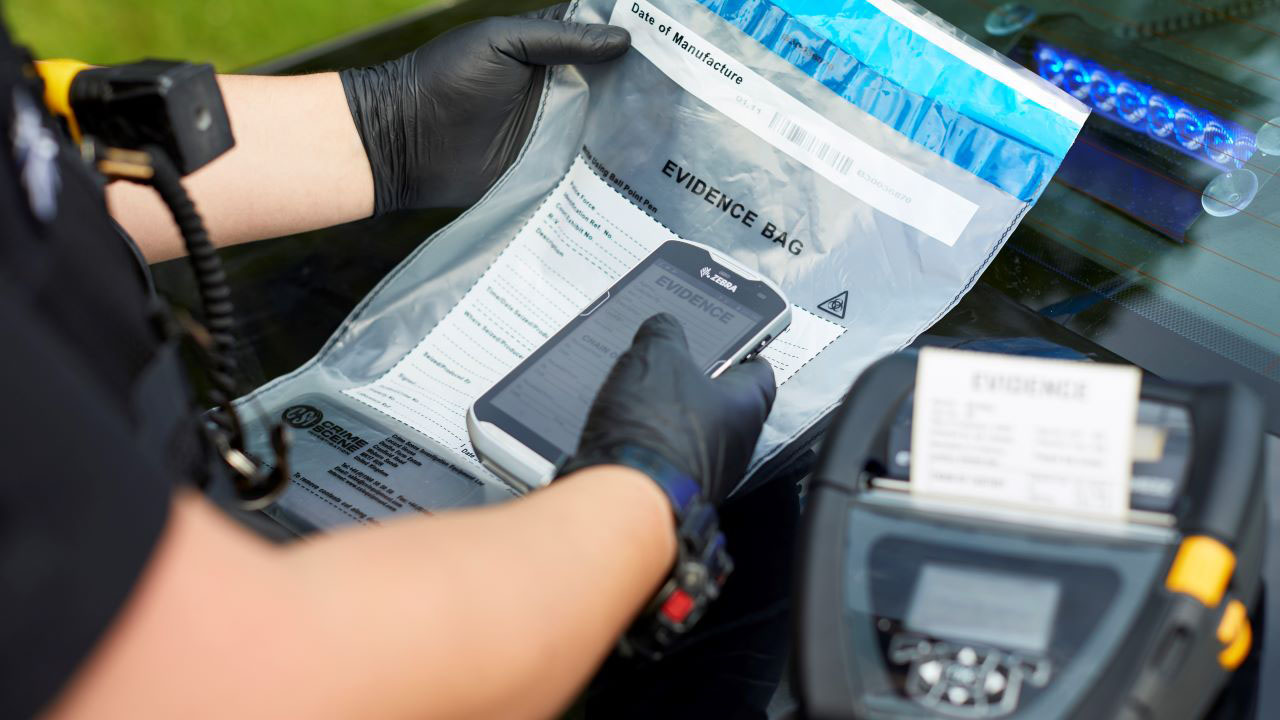
Ask the Experts: How Much Efficiency Can I Really Expect to Gain from an Automated Evidence Management Solution?
More
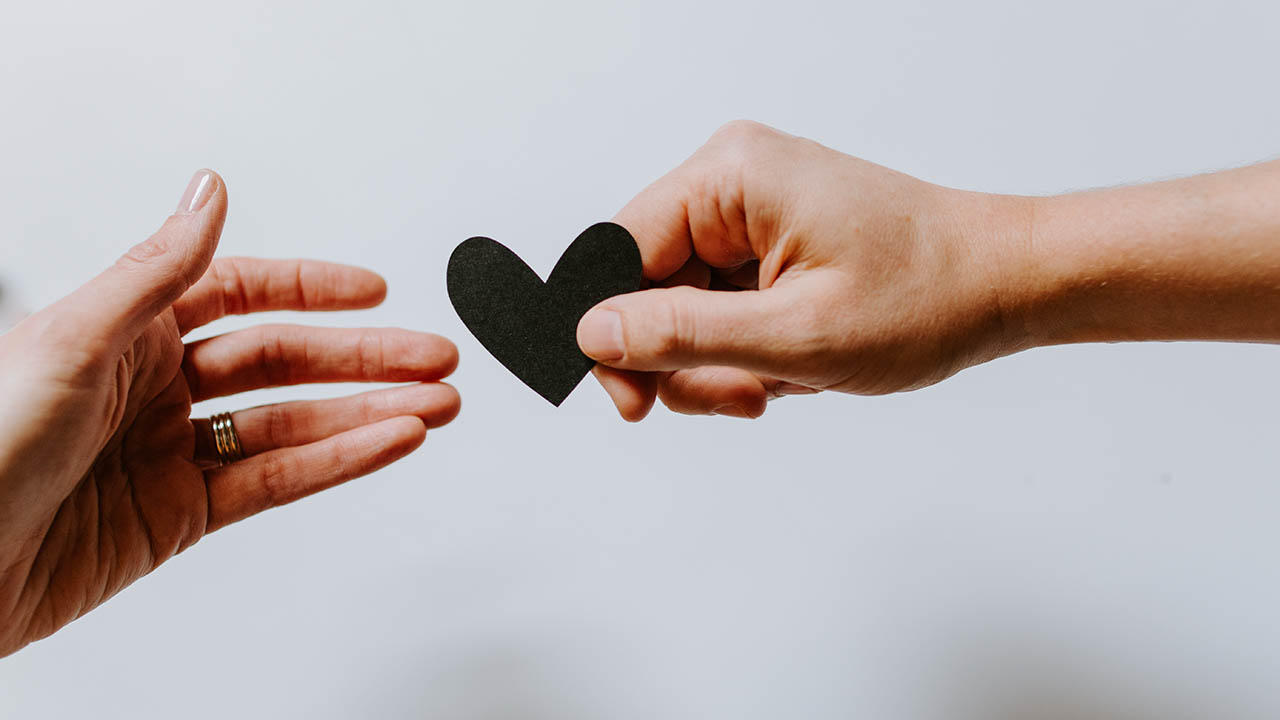
Inclusion and Diversity Action Report: How We’re Enlisting and Empowering Cultural Change Agents Across the Company
More
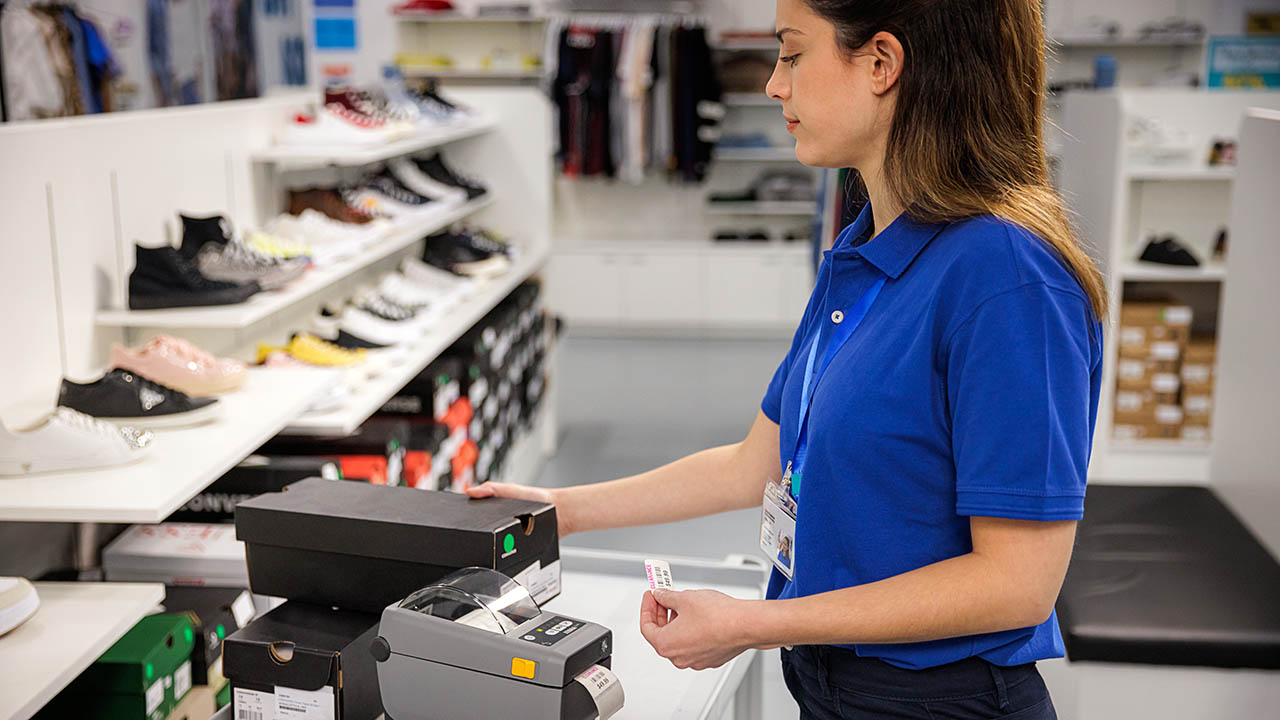
Experts Say Many Companies Aren’t Managing Their Printers Correctly. Are You?
More

The Real Purpose of “Purpose-Built” Tablets is to Save – and Make – You More Money
More
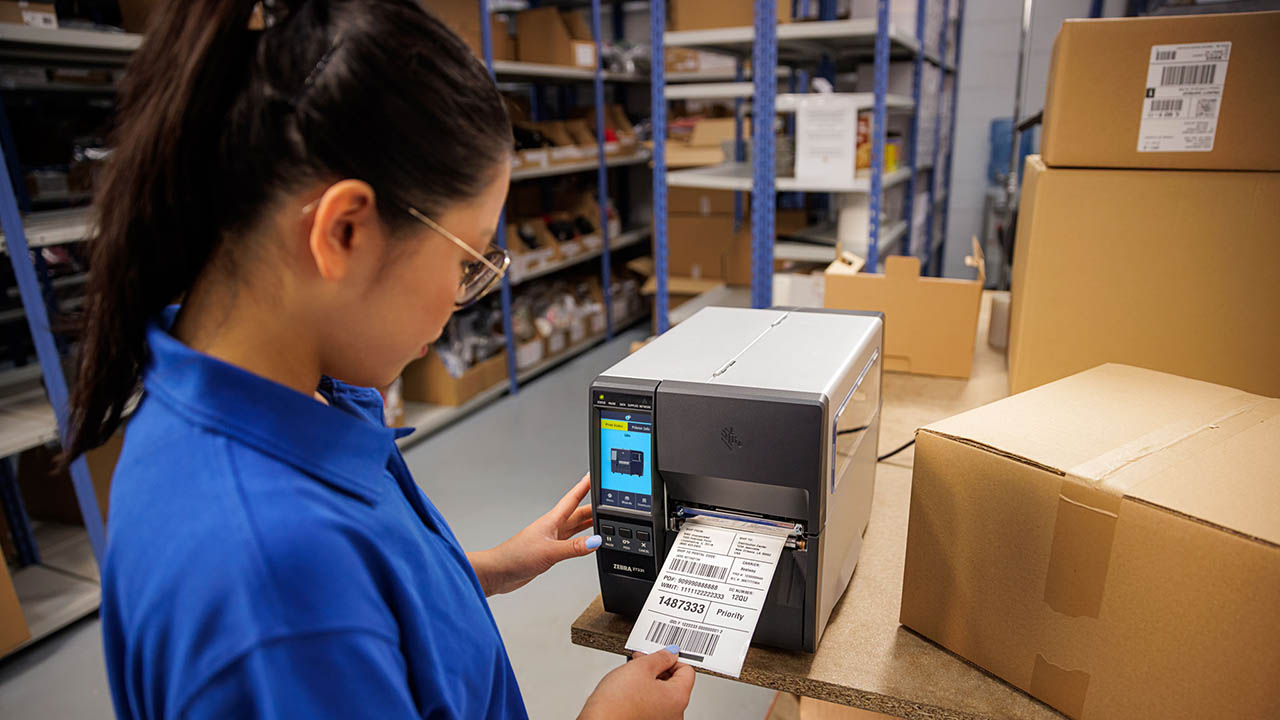
Industrial Printers Are More Valuable and Accessible to Your Business Than You Might Think
More
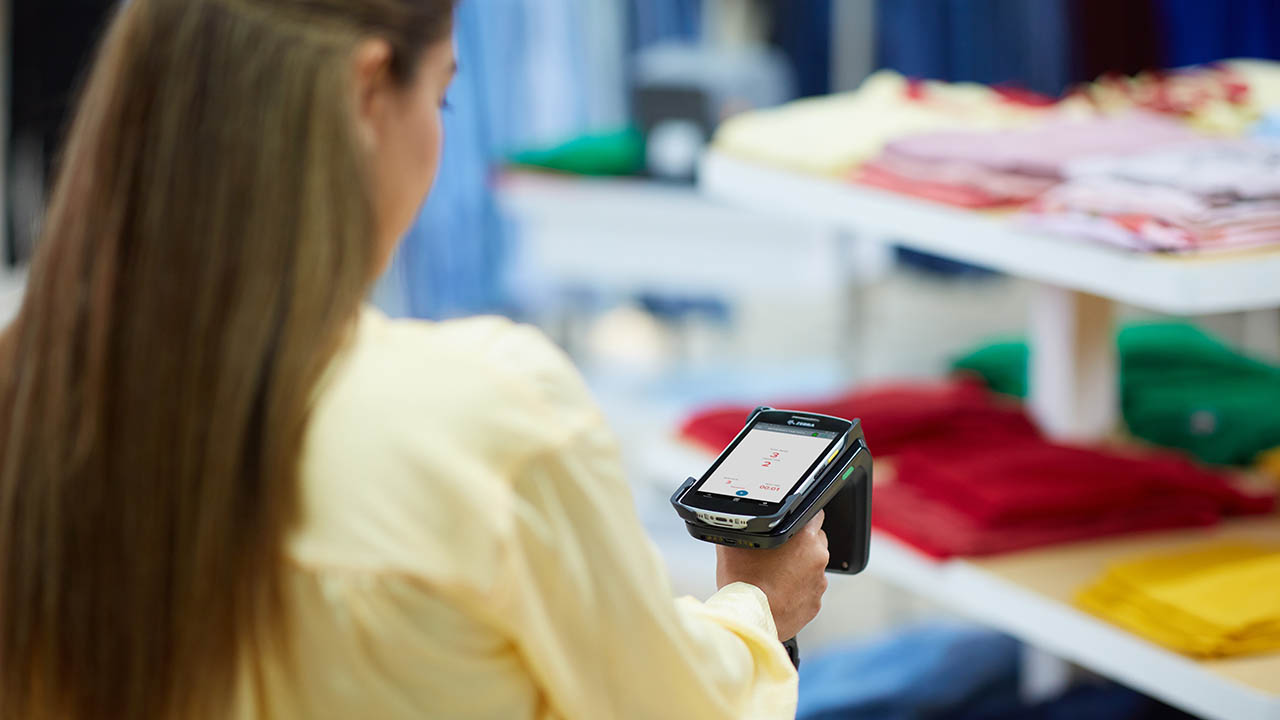
Why Every Retailer Should Follow Walmart’s Lead with RFID
More

Optimizing CPG E-commerce Forecasting on Amazon
More

How to Maintain Quality Throughout Your Cold Chain During Periods of Change
More

This is What It Really Takes to Build a Strong, Collaborative Multigenerational (and Virtual) Team…Based on Personal Experience
More

Fast Forward: Companies are Getting Smarter about How to Use Artificial Intelligence (AI), including antuit.ai and Zebra
More

Chalk Talk Episode #9: NFL Pro and Life Literacy Coach Brandon Copeland Wants Us All to Start Normalizing Conversations Around Money and Meet New People. Here’s Why.
More

Ask the Expert: What Is Zebra DNA Cloud? And Does It Replace My Enterprise Mobility Management Solution?
More

Did You Know Zebra Has a Supplier Diversity Program?
More

If You Want to Streamline Operational Processes at Your Bank Branches, You Must Simplify Communications and Tasks. These Changes May Help.
More

Breaking News: There’s Now a Better Way to Track and Trace Food (Thanks to GS1)
More

Partner Spotlight: How Peak Technologies is Helping Women Reach New Heights
More
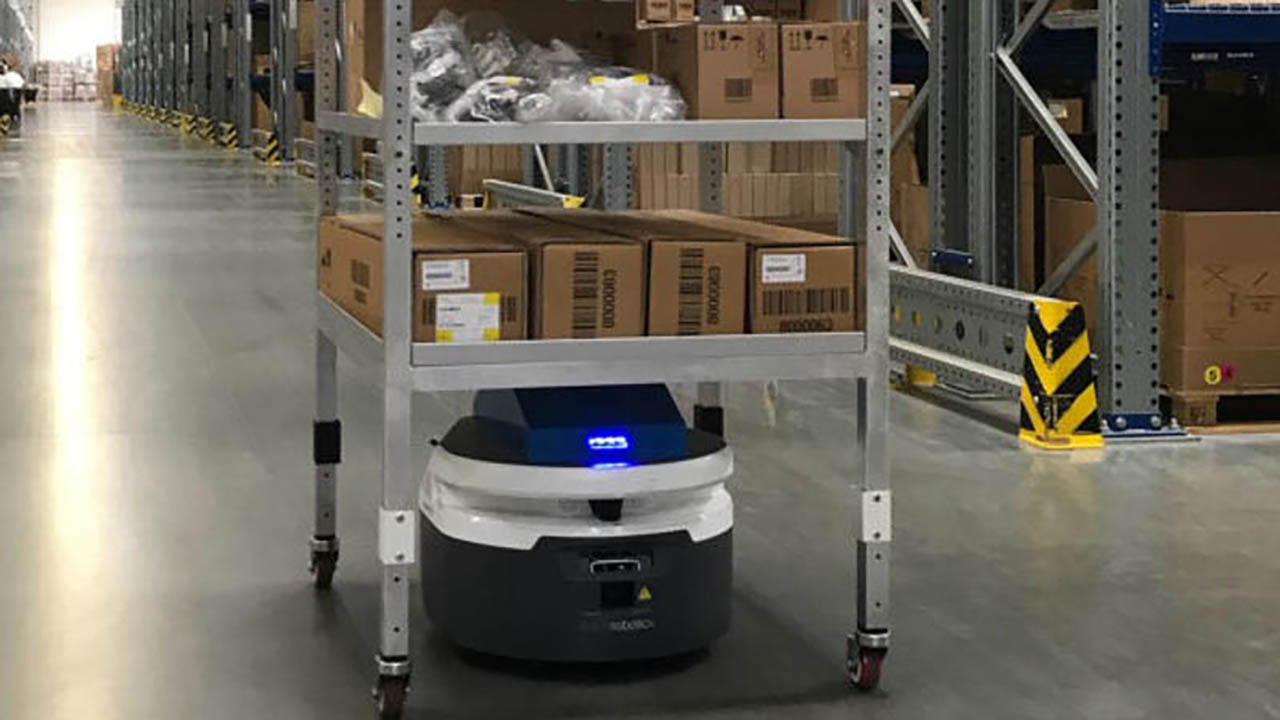
Food and Beverage Production and Processing Can Only Move as Fast as People. Hence the Rush to Rollout Autonomous Mobile Robots.
More
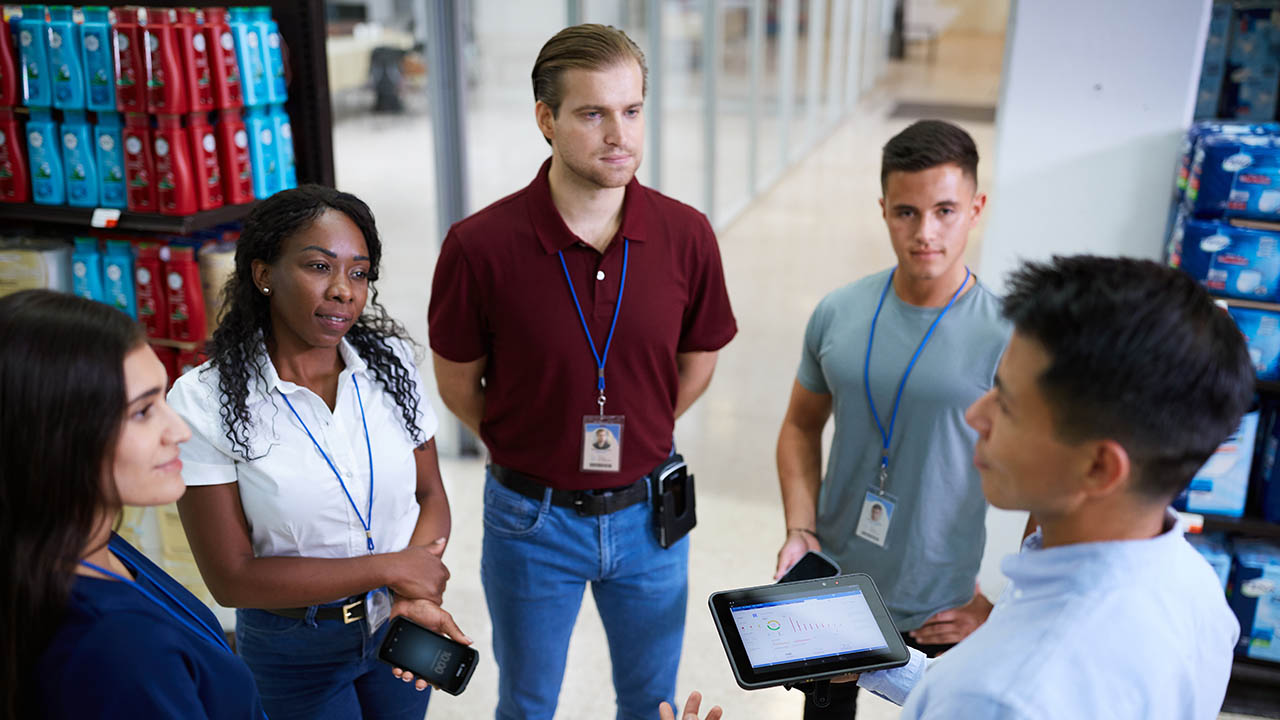
The Real Reason Why So Many Companies See “Big Changes” Fall Flat – or Completely Fail to Deliver Benefits
More

Maximizing Profit in Omnichannel: Where Clothing Retailers Can Adapt to Today’s Challenges
More

Chalk Talk Episode #8: Legendary Sportscaster David “Kap” Kaplan Just Wants Us All to Get Along and Live Life All In – and He Has Some Ideas (and a Tattoo) to Inspire Us
More

Want Partners That Will Help Grow Your Business? Look at How They Innovate…from a Marketing Perspective
More

Retail’s Big Dilemma: Excess Inventory
More
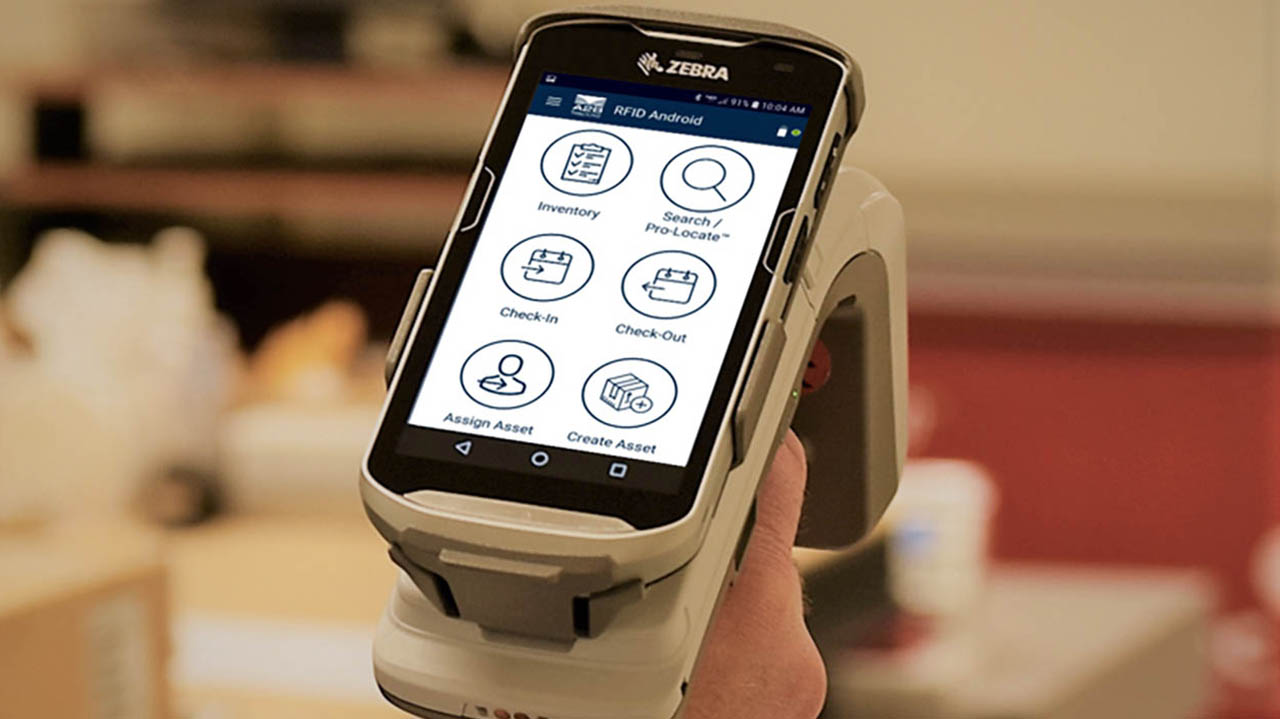
Civil Engineering and Surveying Firm Turns to Zebra for Help Tracking Expensive Assets
More

Ask the Expert: “How Do I Know If I’ve Found the Right (Technology) Partner?”
More

Food for Thought: 3 Things That Happen When Food and Beverage Manufacturers and Distributors Don’t (or Won’t) Consider Autonomous Mobile Robots a Priority Investment
More
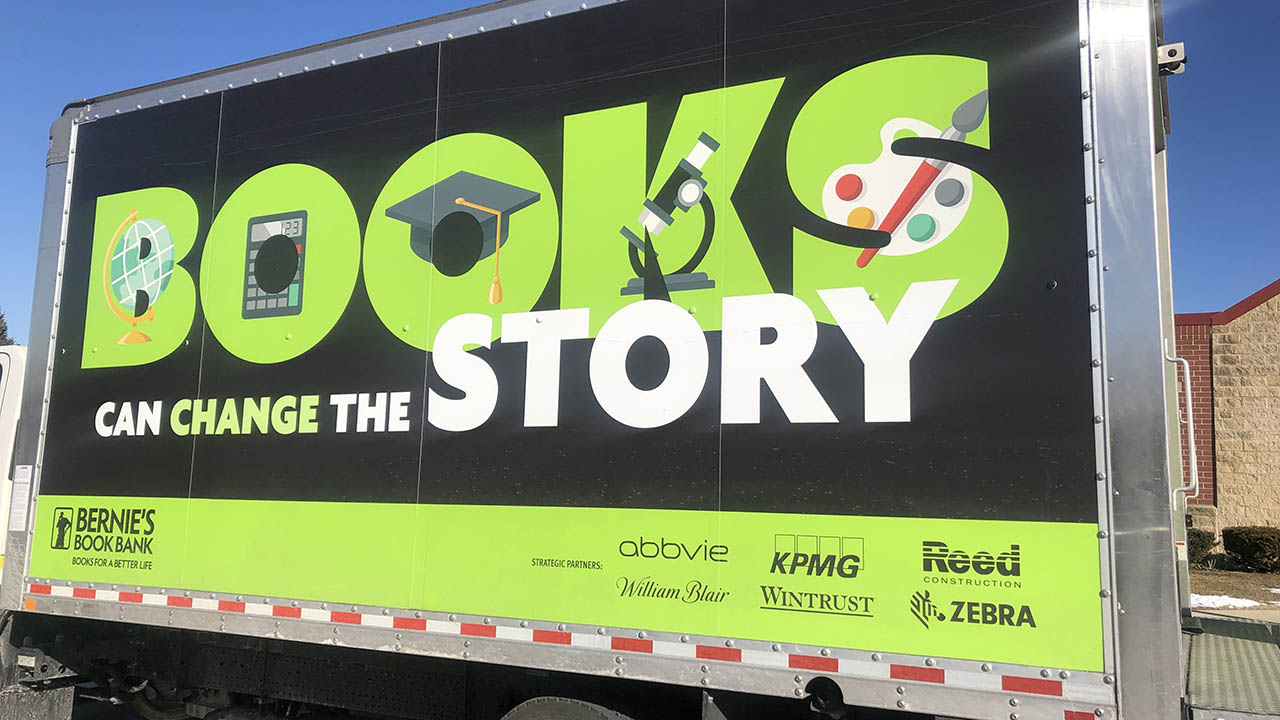
Why You and I Must Empower the Underserved to Read (Their Way to Better Lives)
More

Why Let Inadequate Tech Interfere with Patient Care?
More

Smaller Labels are Making a Bigger Impact on Your Business Each Day. That’s Why You May Want to Check Out the New Zebra ZD411 and ZD611 2-Inch Printers.
More
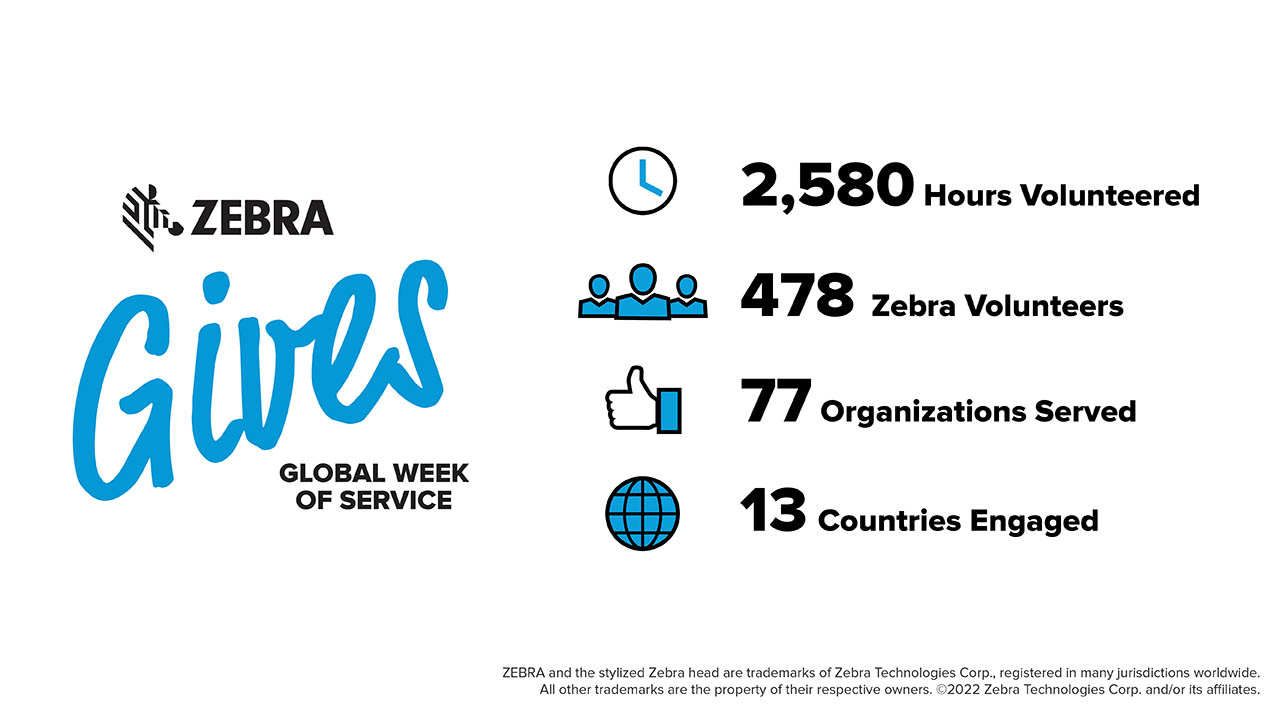
We Can Do a World of Good, One Act of Service at a Time
More

A Look at Labor: The Global Workforce is Having an Identity Crisis, and It’s Hurting Our Front-Line Workers the Most
More
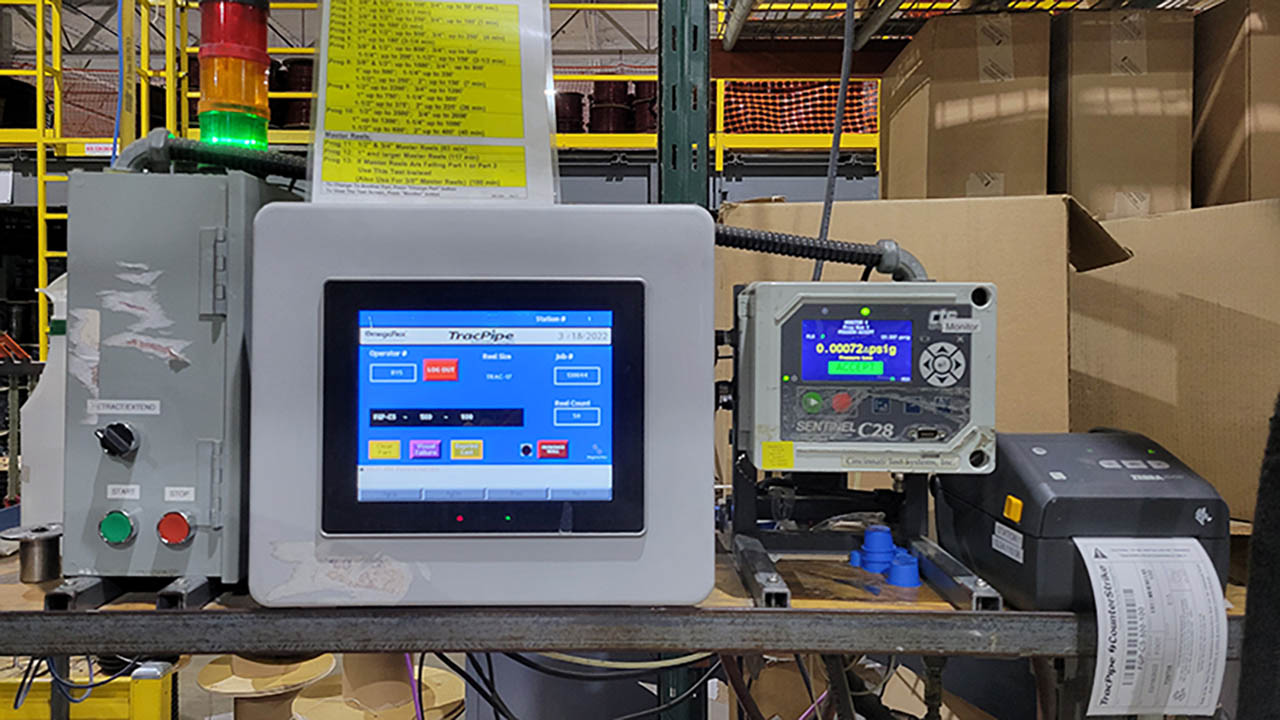
One Small Change Helped This Manufacturer Say Goodbye to Logjams, Hello to Efficiency and Better Productivity
More

These 3 Strategies Are Essential for Any Retailer Who Wants to Create Future-Ready Stores Today
More

Consumer Devices Aren’t Good Enough for Front-Line Workers, According to Front-Line Workers. They Also Cost You Way More Than Enterprise Tablets. Here’s Proof.
More

Retail Inflation is Soaring—Now What?
More

If Your Front-Line Workers Complain Their Mobile Devices Aren’t Working Well, You Probably Just Need More “Context” on Your Device Analytics Dashboards
More
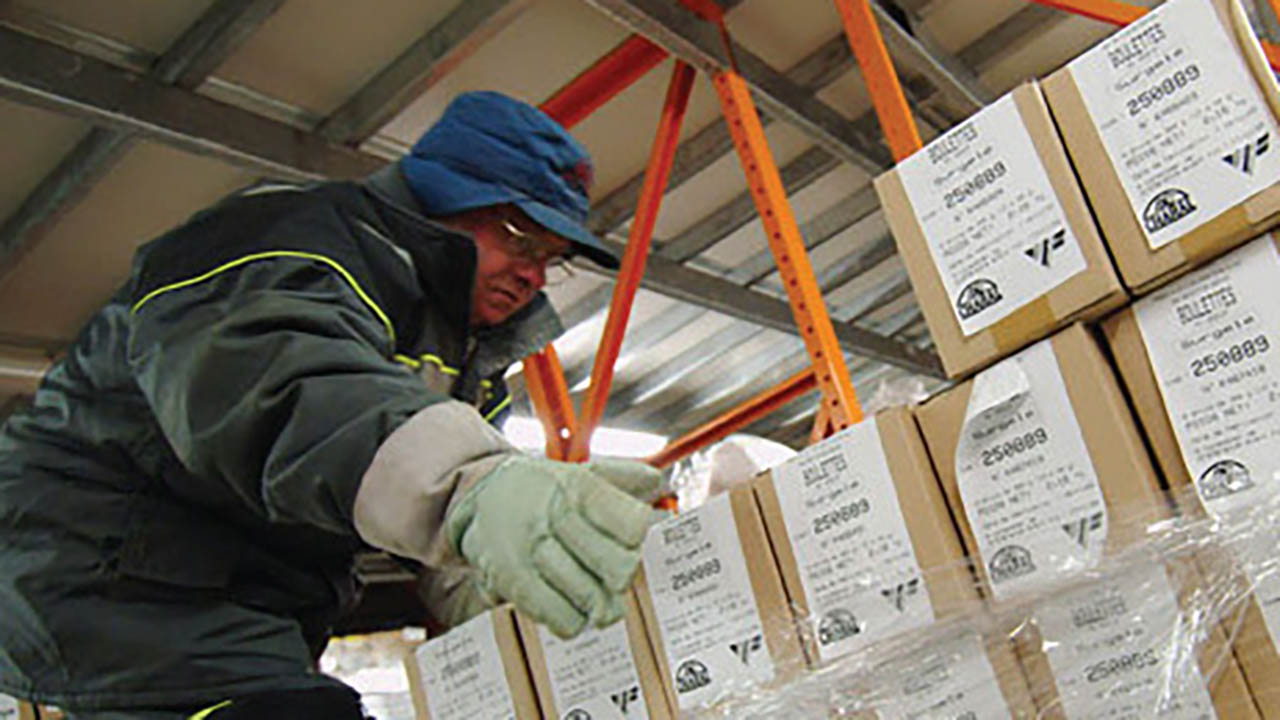
How to Implement Changes Across Your Cold Chain without Resistance
More

Dialysis Equipment Readiness is Too Important to Rely on Pen and Paper for Stock Management and Inventory Control
More

Industrial Automation Insider: “The Biggest Thing Changing About Automation is Its Relevance”
More

Chalk Talk Podcast Episode #7: NFL Legend and Football Operations Executive, Troy Vincent, Says Data Will Change What Players, Coaches, Officials and Scouts Do This Season. Find Out How.
More

You Know You Need AI Pricing Solutions. But Do Your Company’s Leaders Know It?
More
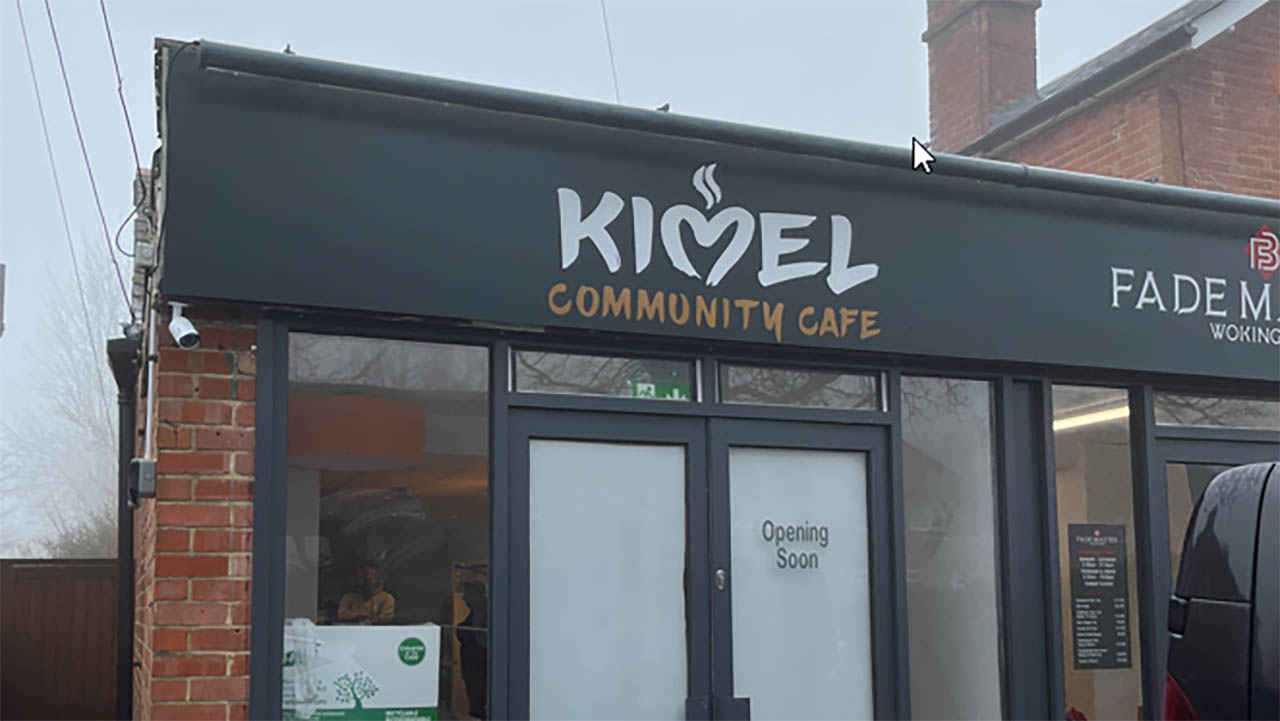
Doing Well by Doing Good: “We Opened a Café to Help Our Autistic and Neurodiverse Friends. They Ended Up Helping Us.”
More
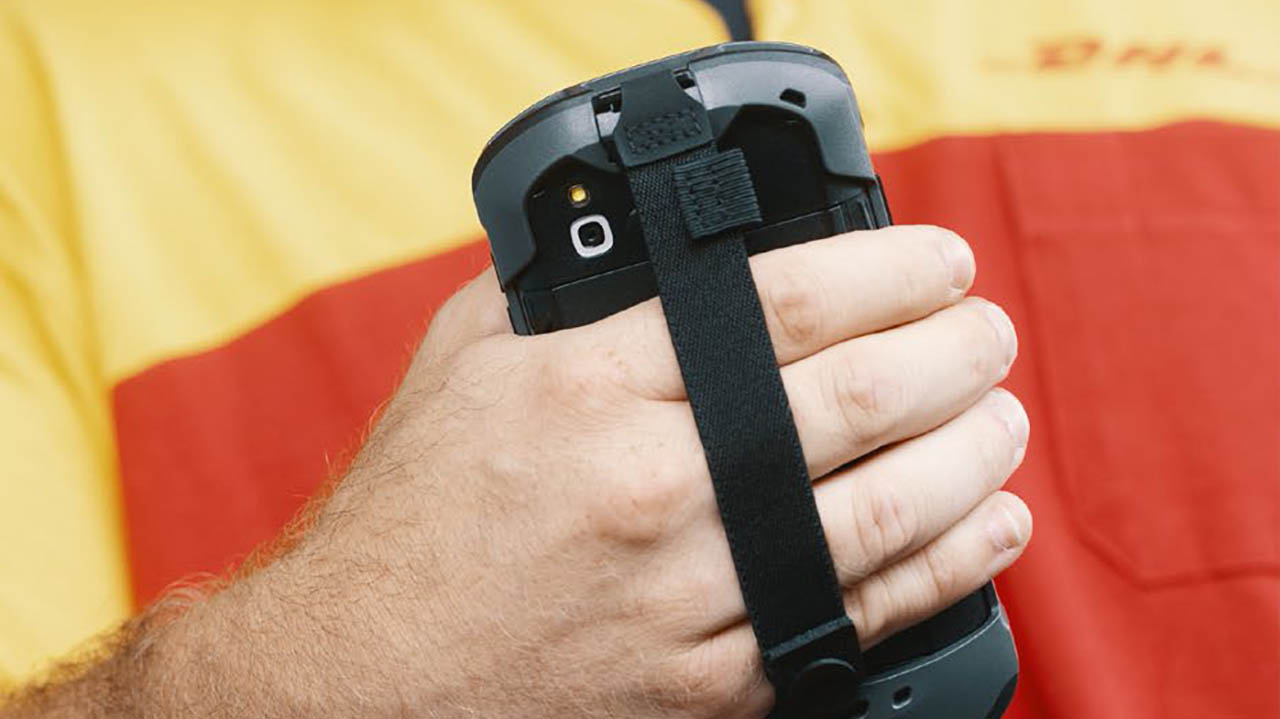
This is How Deutsche Post DHL Group is Using Technology to Ensure It Can Deliver Parcels on Time
More

What to Know Before Rolling Out Real-Time Location Solutions Across Your Healthcare System
More

The Realities of Retail: Why You Should Always “Buy,” Rather Than Build, a Cycle Count Solution
More

New Human-Robot Collaboration Challenge Puts Computer Vision Theories to the Test
More

U.S. Ergonomics (and Three Other Scanning Experts) Just Explained Why Front-Line Workers Favor Enterprise-Grade Mobile Computers Over Consumer Smartphones for Barcode Scanning
More
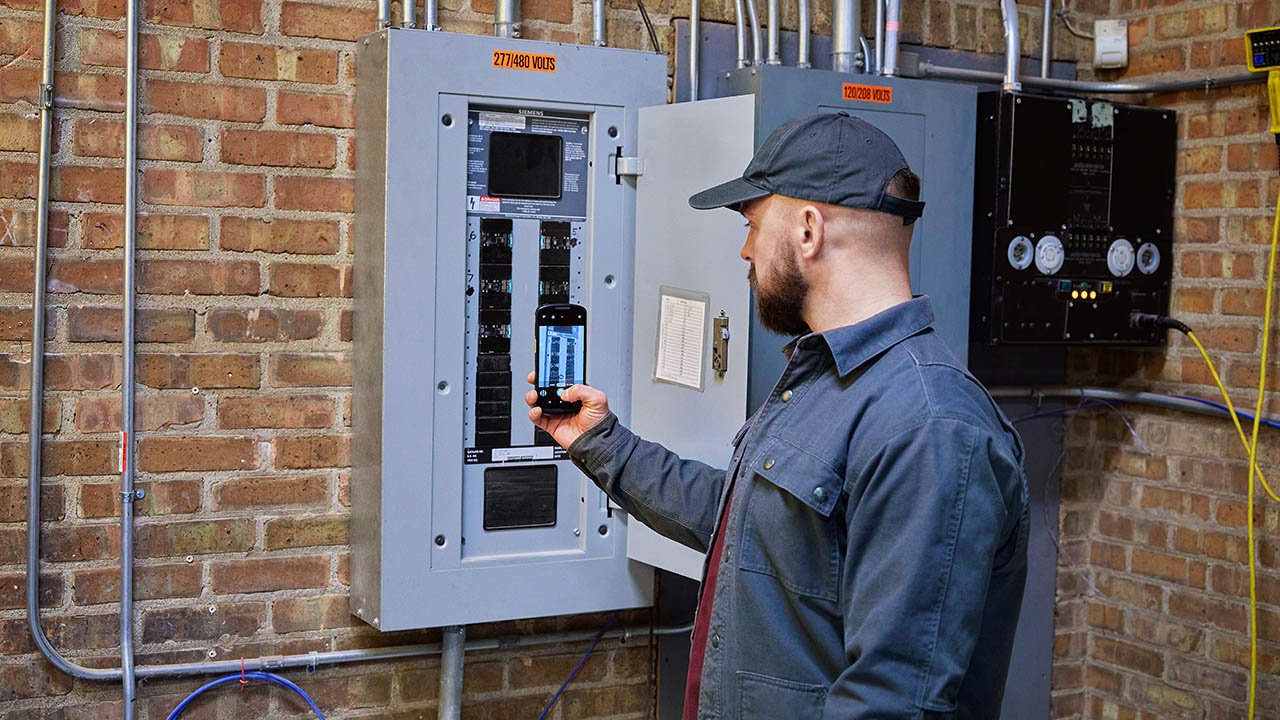
Putting 5G Mobile Devices to the (Field) Test
More
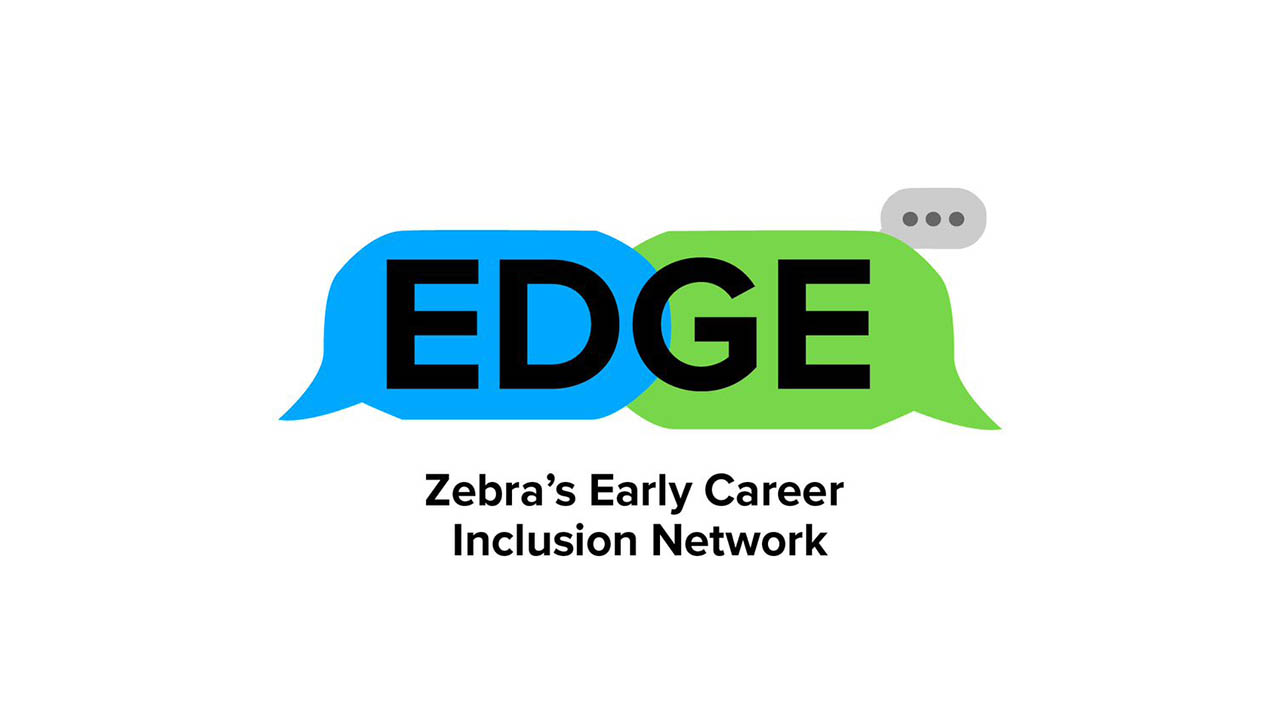
The One Mistake Some Companies Make When Trying to Support “Early Career” Employees, According to Three Experts
More

There’s a Growing Case for Clinical Mobility in Latin America (and the Rest of the World), and It’s Centered on Data Security
More
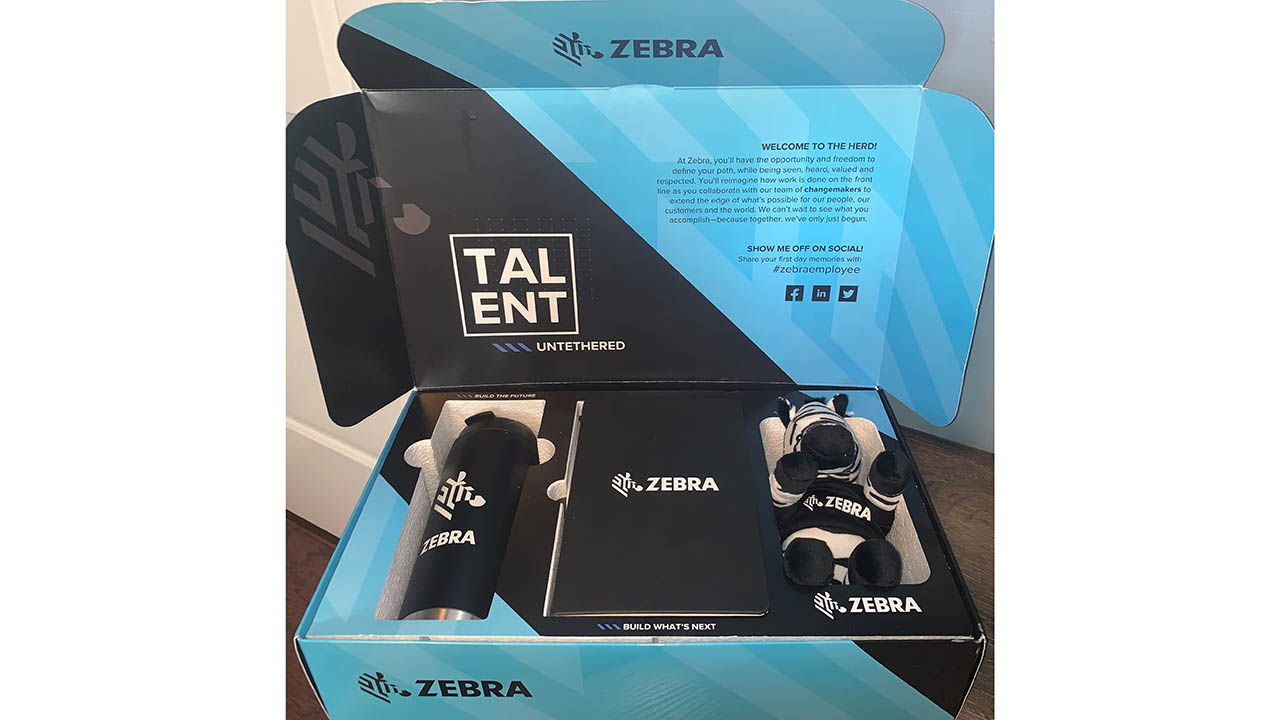
Two Zebra Interns Reveal Why They Chose to Return for a Second Summer Versus “Exploring Their Options” Elsewhere Like Often Advised to Students
More

There’s a Better Way to Align Inventory to Shifting Consumer Demands
More

The Legal Lens on Inclusion and Diversity
More
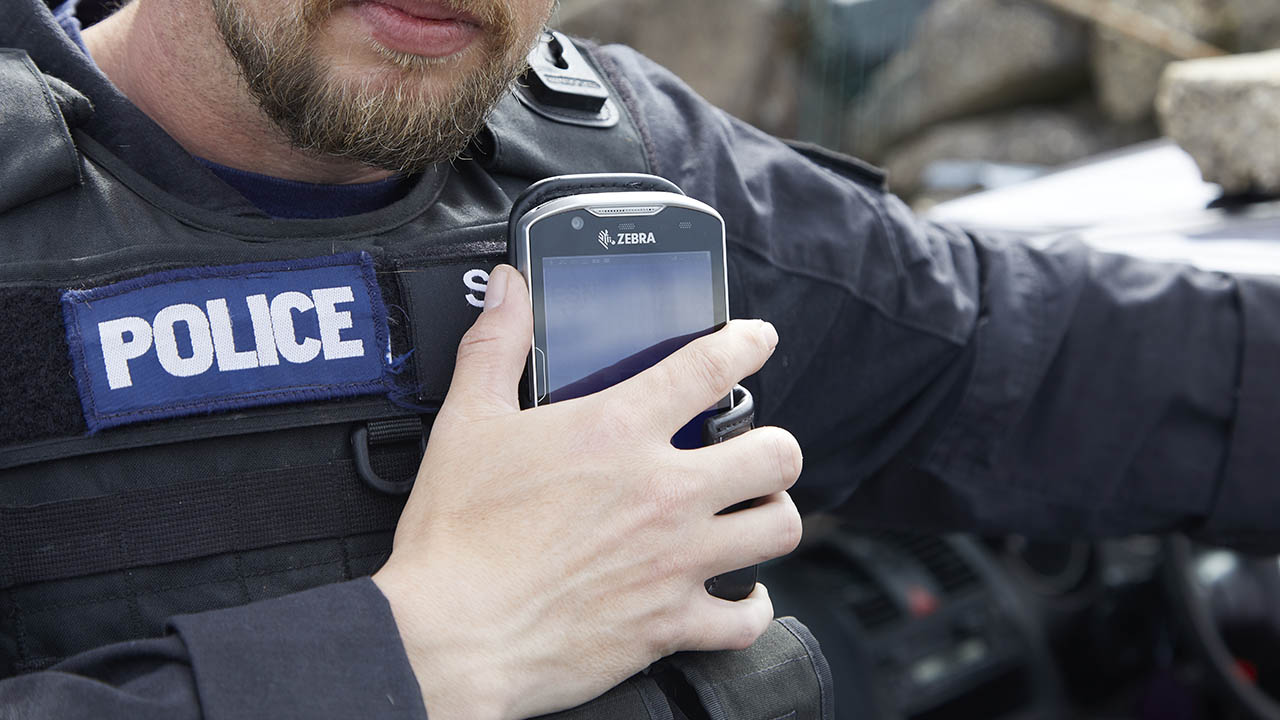
What Would You Do If Your Government’s Top Secrets Were Exposed Because Your Smartphone Was Exposed to Water…or Social Media?
More

Industrial Automation Insider: How Pharmaceutical Companies are Pairing Machine Vision with RFID, Temperature Sensors and More for Track and Trace and Compliance
More

Painting and Barcode Scanning: The Unexpected Connection That Could Impact Your Business
More

Want to Empower Women Within Your Organization? “Get the Structure Right,” Says One Executive
More

It’s Like Unlimited Drink Refills, Except for Printheads.
More
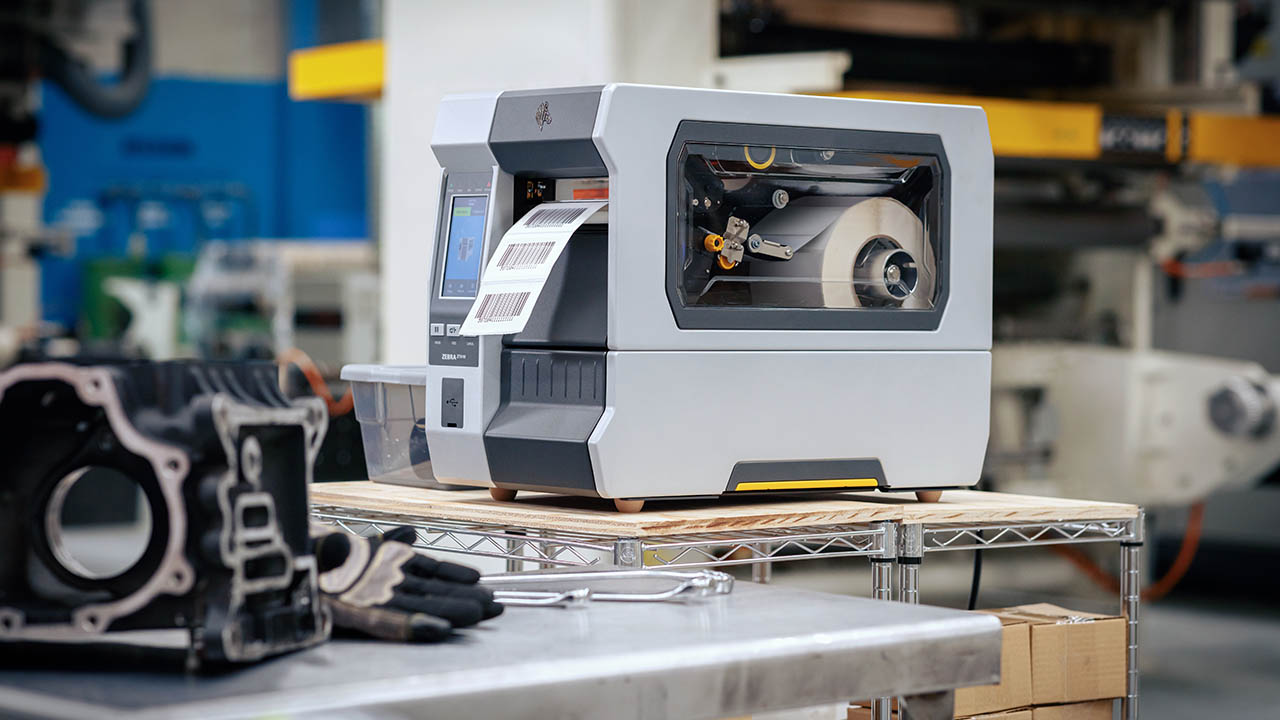
Is It Time to Replace Your Printer? Here are Five Ways to Tell.
More

Not Satisfied with the Status Quo, Trade Fair Company Seeks Technology That Can Improve Communications Connectivity and Reduce On-the-Job Stress for Globe-Trotting Event Planners
More
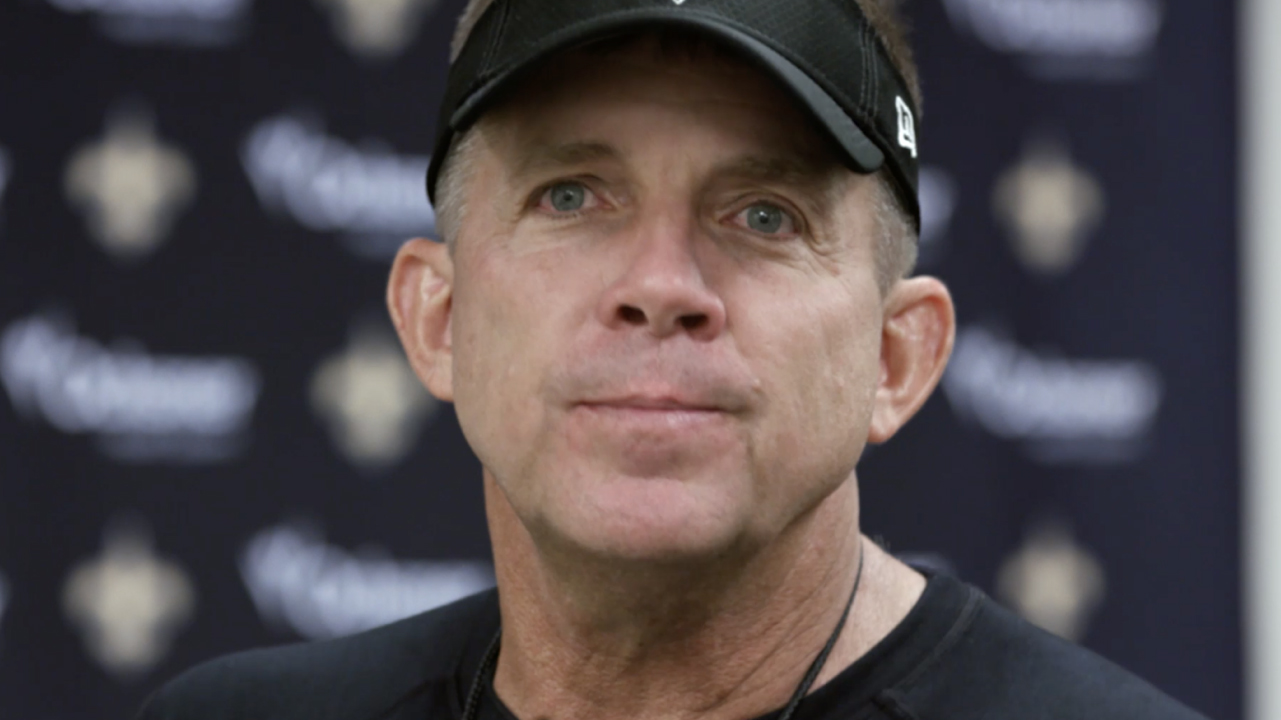
Chalk Talk Episode #6: Former NFL Coach Sean Payton Talks about His New Team, as Well as What Excites and Frightens Him about the Next Chapter of His Movie-Worthy Story
More

Balancing Retail Orders in Times of Shortage Can Be as Simple As “An Extension”
More
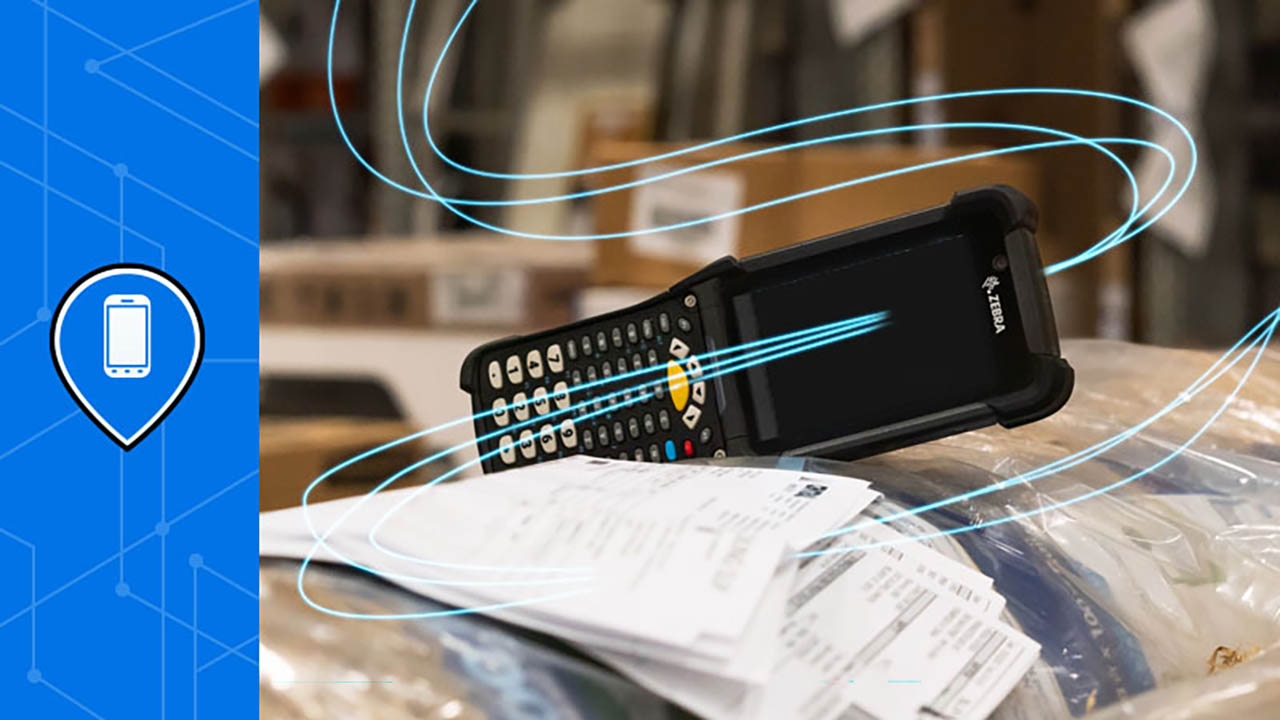
Did You Know? Device Tracker Can Notify You When You Are Near a Zebra Mobile Device That Is Idle Too Long, Going Offline, or Missing.
More
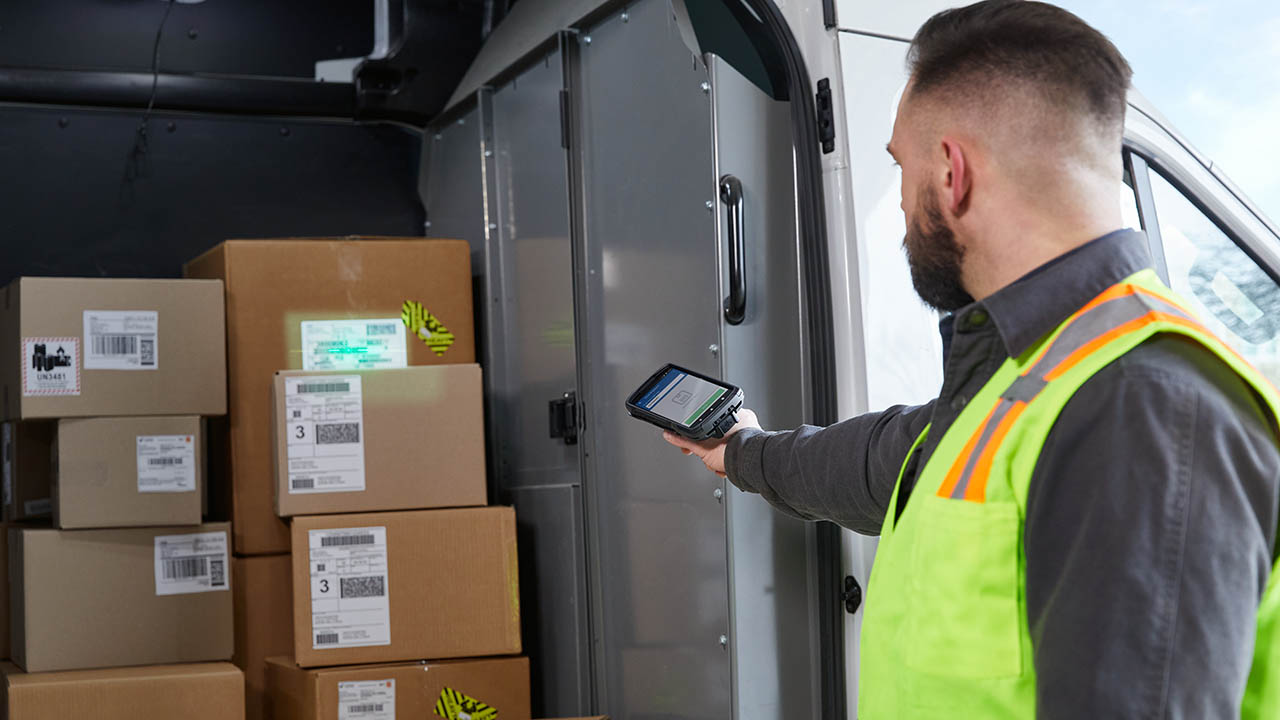
Ask the Expert: “Which Mobile Devices are More Secure: Android™ or iOS?”
More

Ask the Experts: How Can I Connect My Employees to the Resources They Need to Be Healthy?
More

Cisco Leader Agrees: The Pandemic Subtly Accelerated – and Dramatically Altered – Enterprise Adoption of 5G
More

We Might Not Know What the Future Holds, But We’ll Innovate ‘Til We Get There
More

“It’s Time to Heal, Help and Hope:” A Candid Conversation with Real People Navigating Everyday Challenges
More

One Year Later: How Zebra and Fetch Robotics Have Become Better Together – to the Benefit of Front-Line Workers
More

The Full Story: How Zebra is Using the FourKites Platform to Improve Order Management and Fulfillment
More

Experts: Corporate Social Responsibility Cannot Fall by the Wayside, Especially During Crises
More
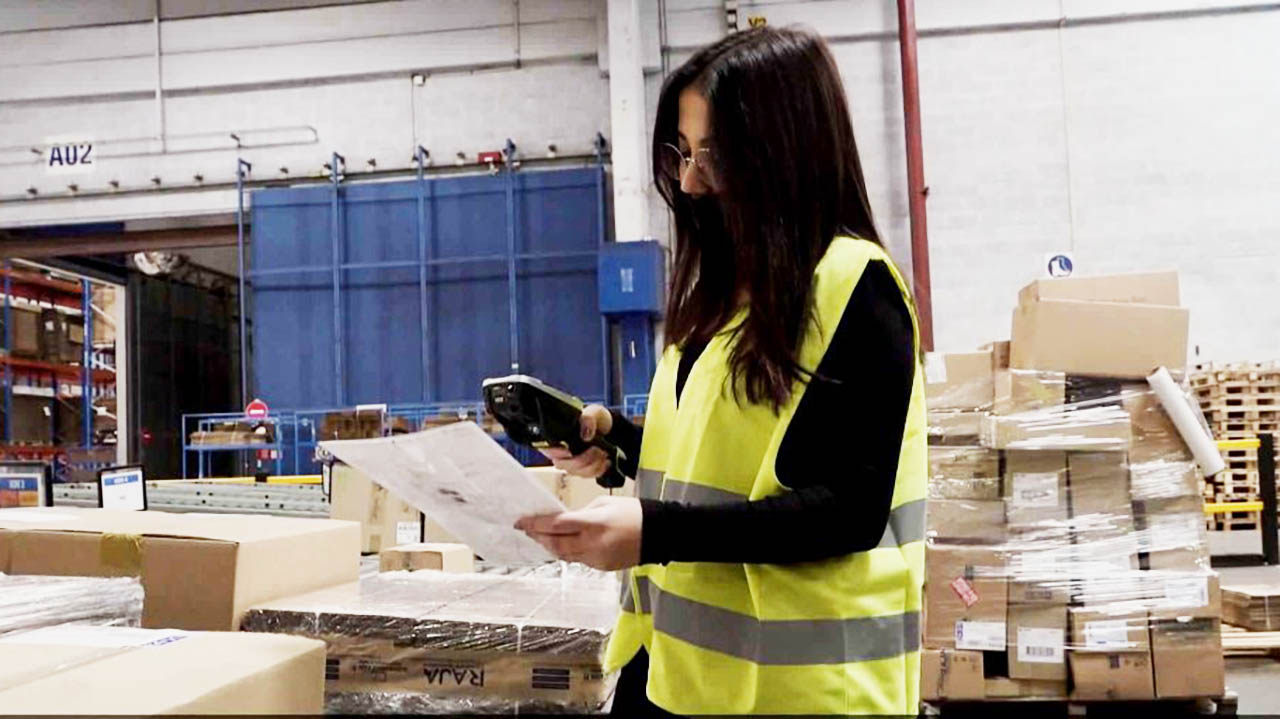
A Look at Labor: Fortune 500 CEOs and Local Entrepreneurs Find Themselves on Common Ground When It Comes to Finding Workers
More
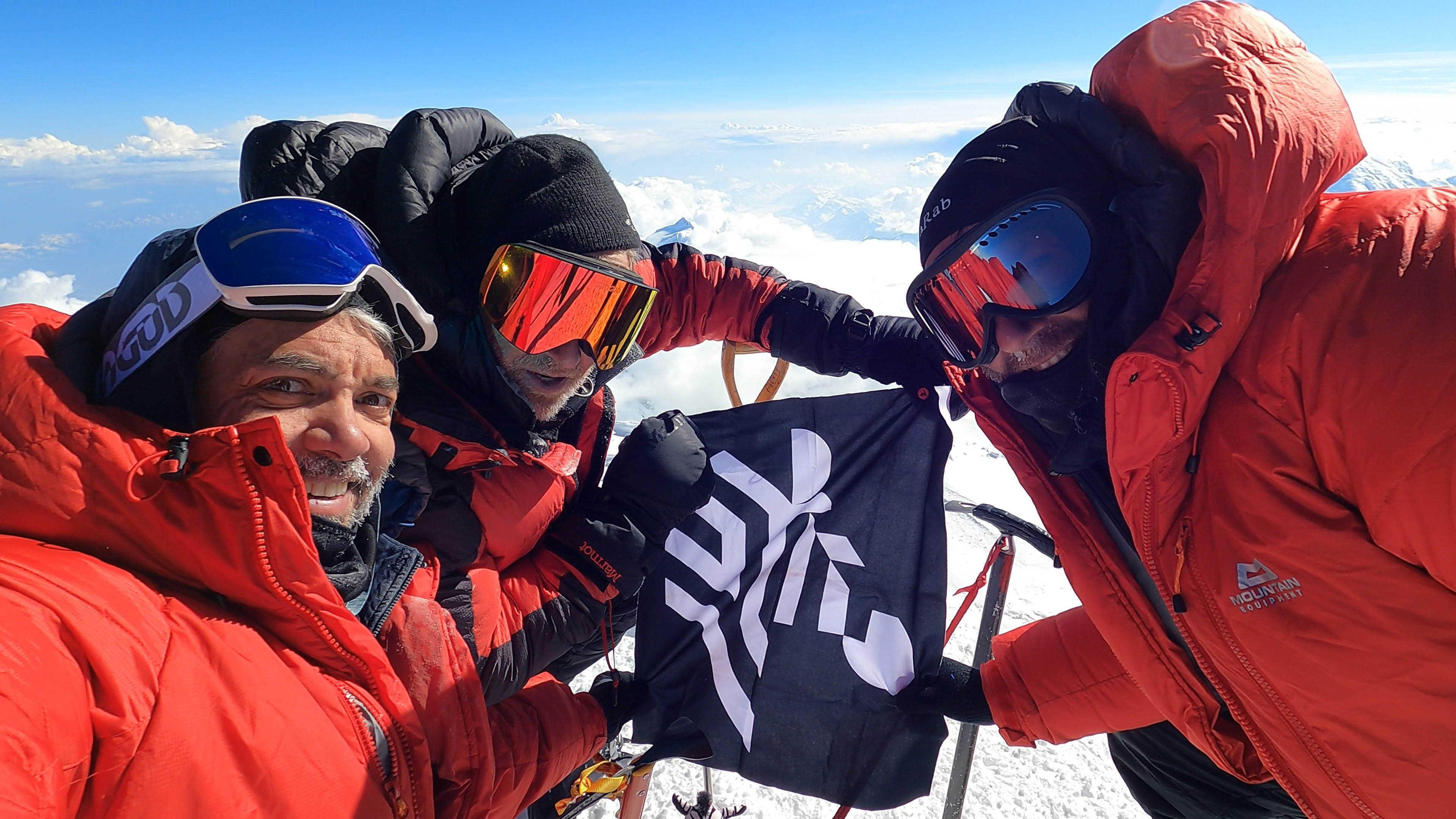
They’re On Top of the World! Zebra’s Three Amigos Successfully Summit Denali after a Slight Scare
More
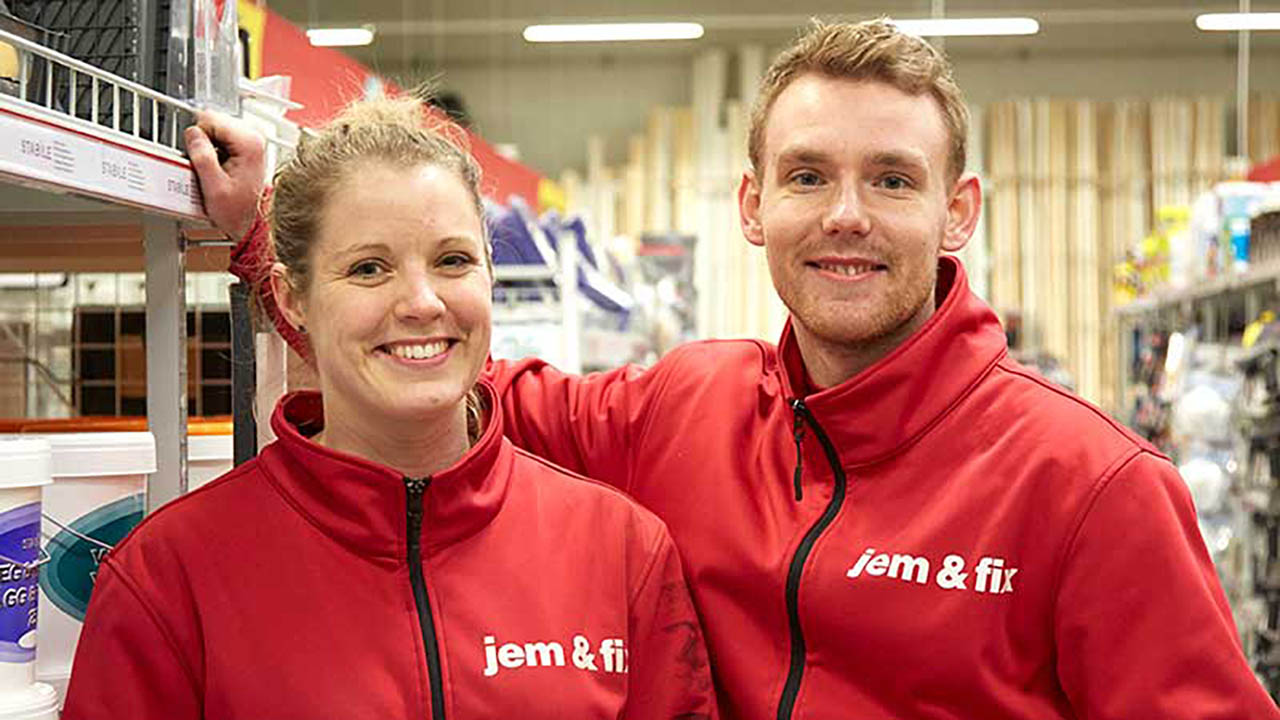
DIY Retailer Reaches Maximum Efficiency, Thanks to a “Familiar” Mobile Solution
More

Some Say Technology is the Key to Retaining Grocery Workers. Here’s What We Know.
More
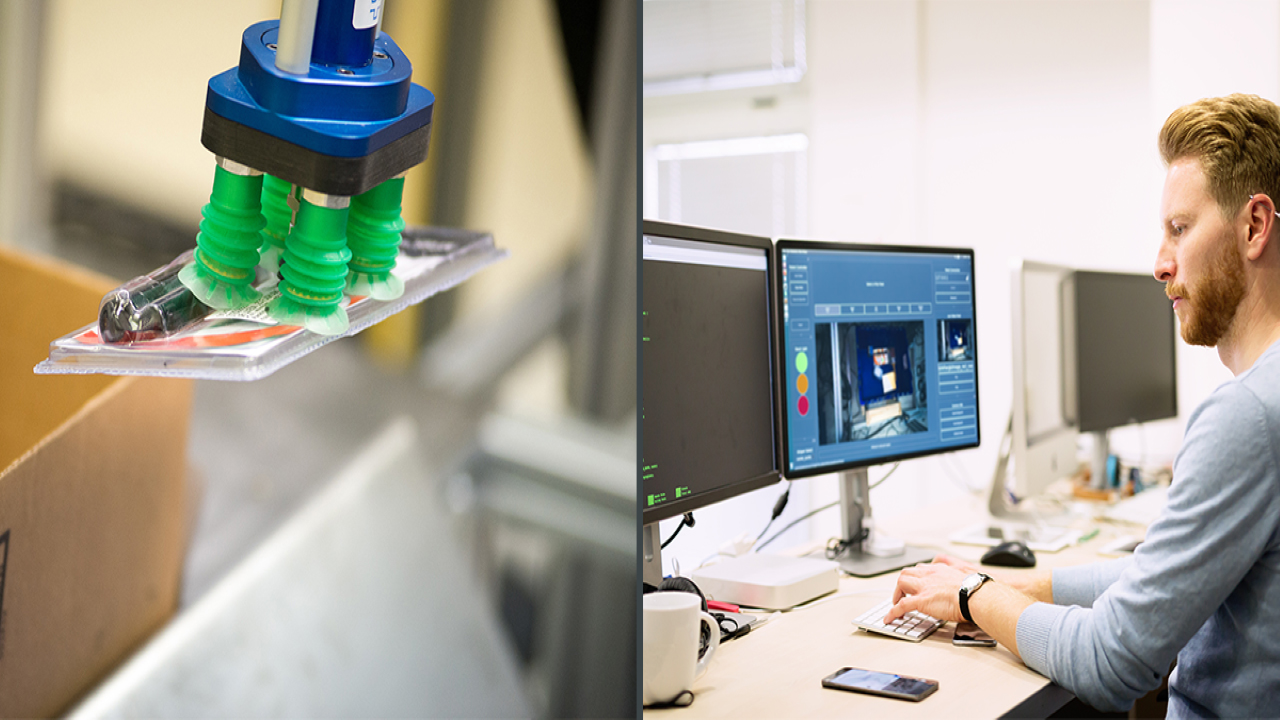
Ask the Expert: Why Is Zebra Technologies Providing Venture Capital to Startups?
More
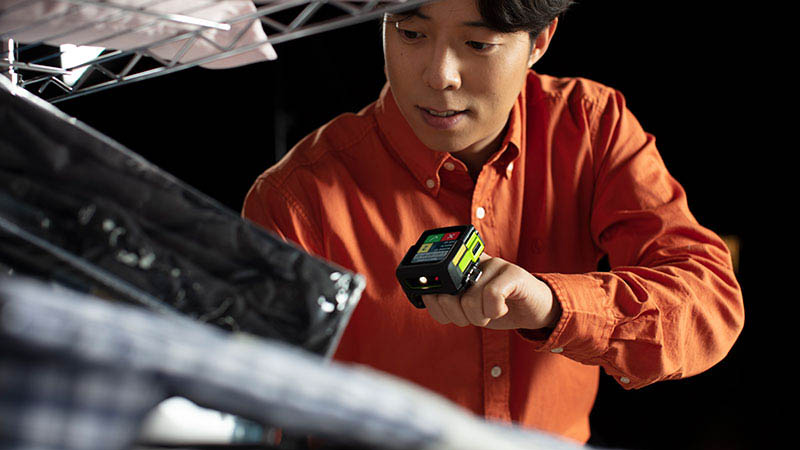
Why Today’s Business Challenges are Fueling Labor Productivity Growth
More

Buying Fresh Produce Shouldn’t Be a Game of Chance
More

Ask the Expert: What’s the Difference between EPCIS and EPCIS 2.0?
More

Dispatch from Denali: What It’s Like Being 17,000 Feet in the Sky – on Foot
More

How to Stop Blood Supply Waste as Demand Rises and Donations Fall
More
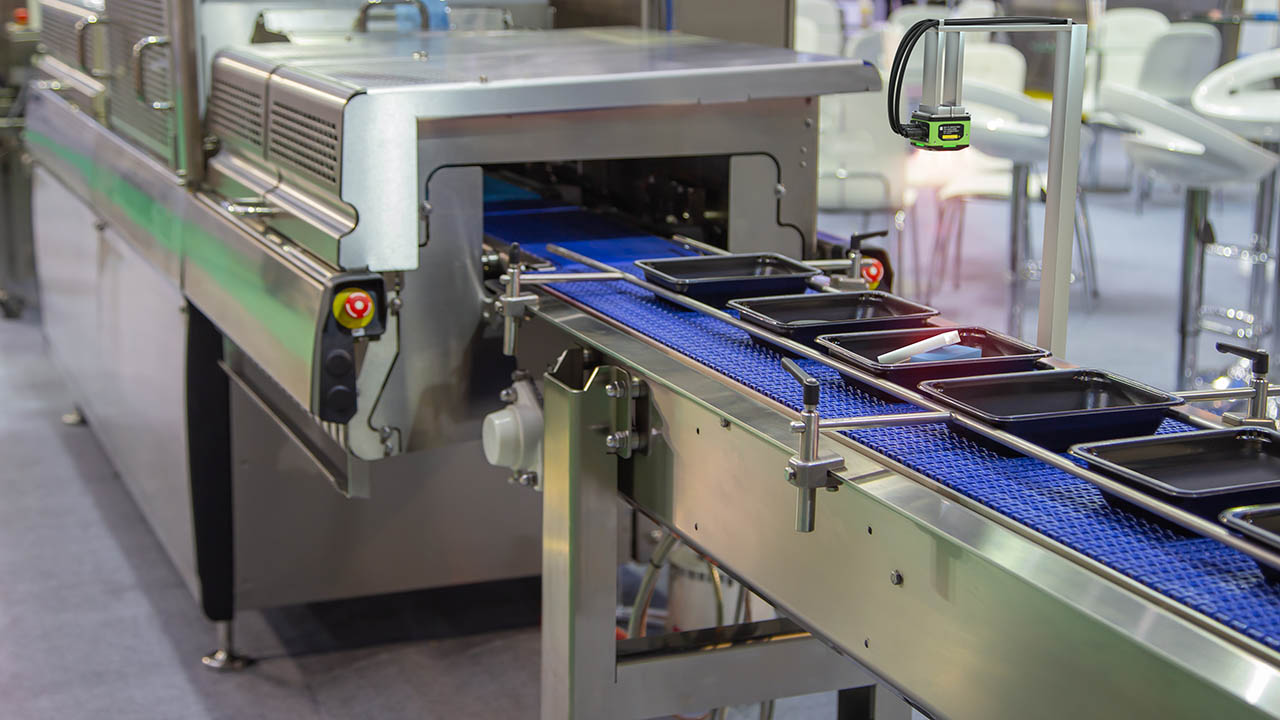
Industrial Automation Insider: The Food and Beverage Industry is Cooking Up Some Interesting Solutions to Current Supply Chain Problems
More

If You Need a Good Reason to ‘Never Give Up,’ This Story of Conquering the Odds Could Just Be It
More

The Three Amigos Share the Sights, Smells, and Scary Sides of Denali
More

Keeping Track of Large Pieces of Steel Might Be Harder Than You Think
More

Ask the Experts: Supply Chain Disruptions are Making It Hard to Manage Inventory. But are There Certain Tools or Tactics That Could Make It Easier?
More

Why Did Zebra Just Completely Redesign One of Its Most Popular Mobile Computers?
More
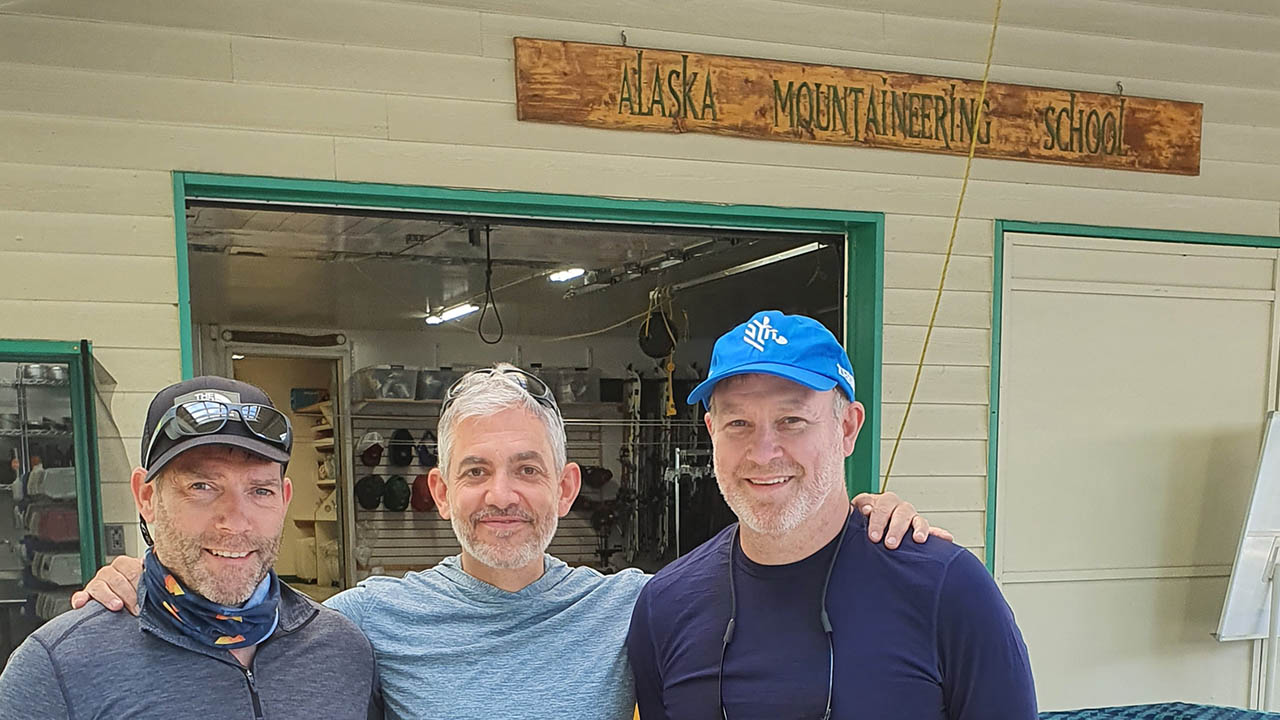
The Three Amigos’ Latest Dispatch from Denali: “We’re Awestruck and Star Struck”
More

Industrial Automation Insider: Why Zebra Acquired Matrox Imaging and You Should be Excited if You’re Being Driven to Automate Operations
More

The Day Has Come: The Three Amigos Say Hello to Denali
More

People Want Access to Quality Healthcare. So, Let’s Talk about What “Access” and “Quality” Really Mean.
More
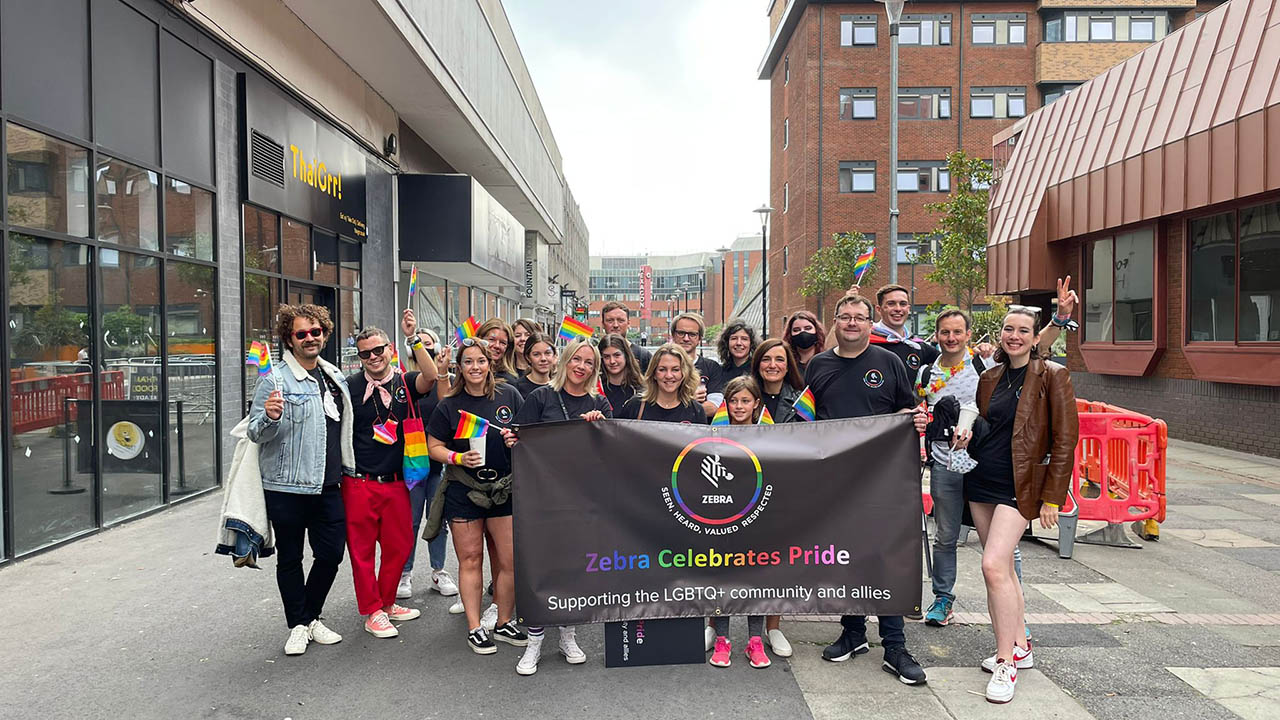
We Strive for 'Corporate Equality.' But Do Our Efforts Go Far Enough to Make LGBTQ+ Employees Feel Welcome to Be Themselves in the Workplace?
More

Leading Transport and Logistics Provider Found Move to Android Far Easier Than Expected
More

The Largest Free Trade Area in the World is Now Located in Africa, and It’s Affecting Local Manufacturers. Here’s How.
More

Chalk Talk Episode #5: The 2022 NFL Draft Was Proof That Anything Can Happen in Vegas
More

The Path Less (or Never) Traveled: Why We Should Stop Scripting Careers as Employees and Business Leaders and Embrace Unconventional Talent
More

It’s Very Likely “Disruption” Will Be the New Retail Normal. So, Take Steps to Prepare Your Store Employees Now.
More
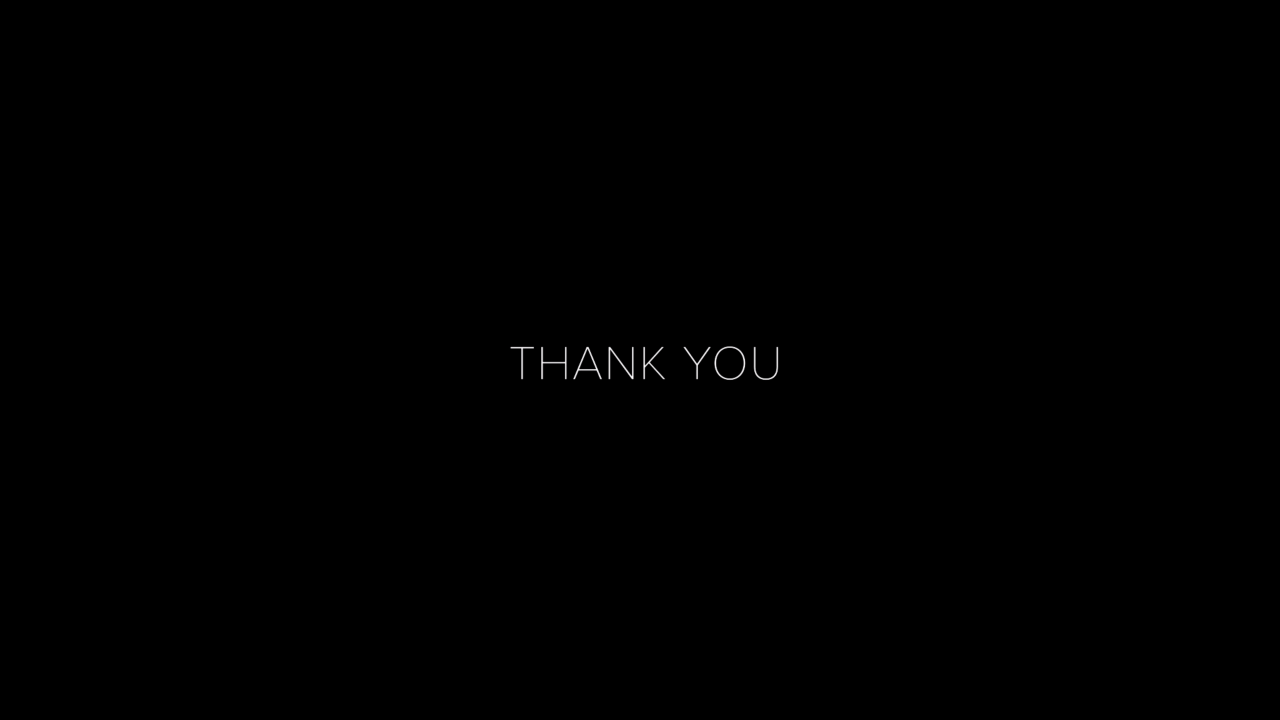
No More “Thanks for Sharing” Please
More

How Manufacturers Can Build a More Efficient Workflow (from a Mobility Perspective)
More

Machine Vision May Have a Storied Past, but It Is Giving Supply Chain Organizations Hope for a Better Future
More
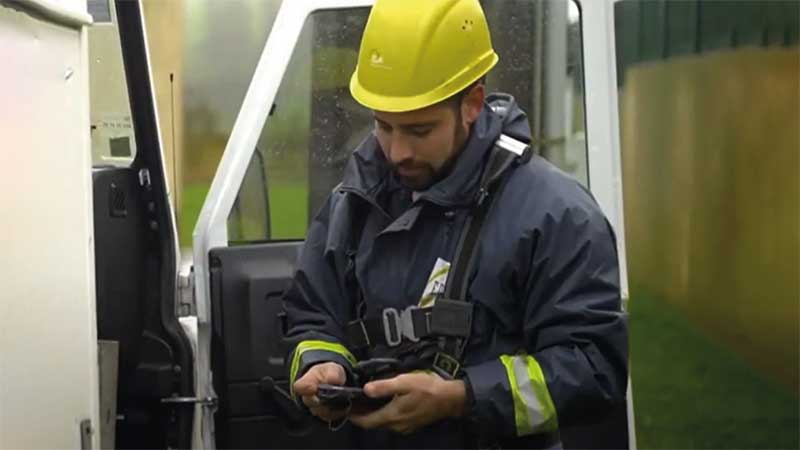
Portuguese Electricity Producer Is Grateful Its Field Crews Can Now Stay in Contact When They’re Working Remotely, Trying to Keep the Grid Online
More

Three Types of Tools Utilities Could Employ Right Now to Help Ensure History Doesn’t Repeat Itself
More
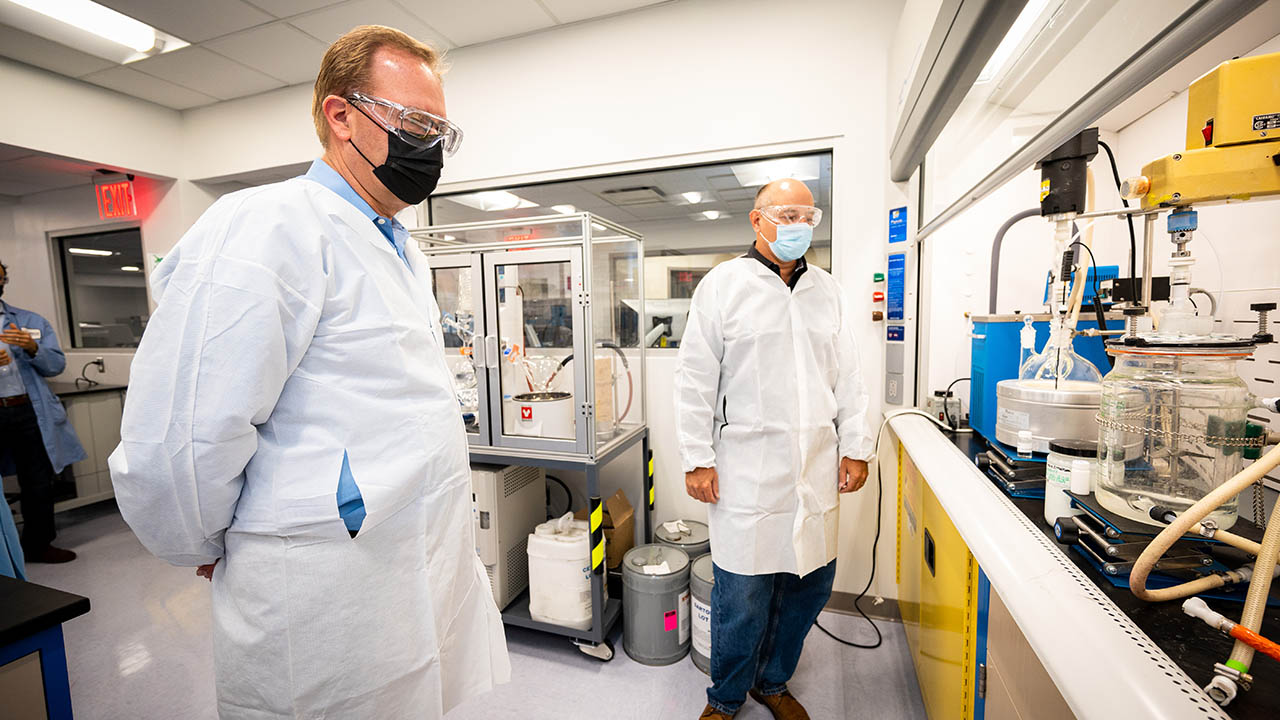
Inside Look: The Magic Behind Vaccine Vial Monitors and Other Temperature Sensing Technologies
More

Buy Nice or Buy Twice, Says Leaders with One Leading Freight and Logistics Provider
More

What’s Wrong with This Picture? New Automation Challenge Let’s You Test Your Vision Against a Machine Vision Camera.
More

Nurses Play a Leadership Role at Zebra, Even If They Don’t Realize It
More
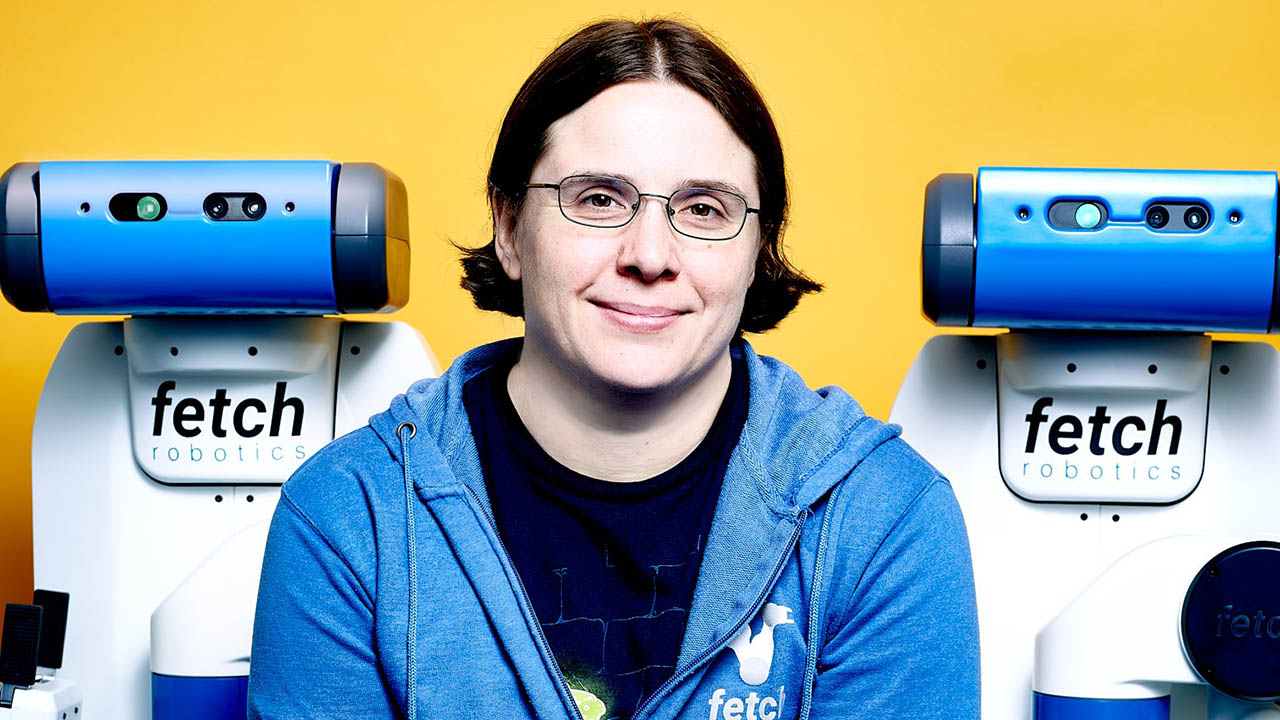
Melonee Wise is a Robot Ninja. But Did You Know She is Also the Latest Winner of the Engelberger Award, the “Nobel Prize of Robotics”?!
More
Want to See the Real-Time Status of Inbound Deliveries or Receive Alerts When Trucks Will Be Early or Late? Now You Can – and So Can Your Front-Line Workers.
More
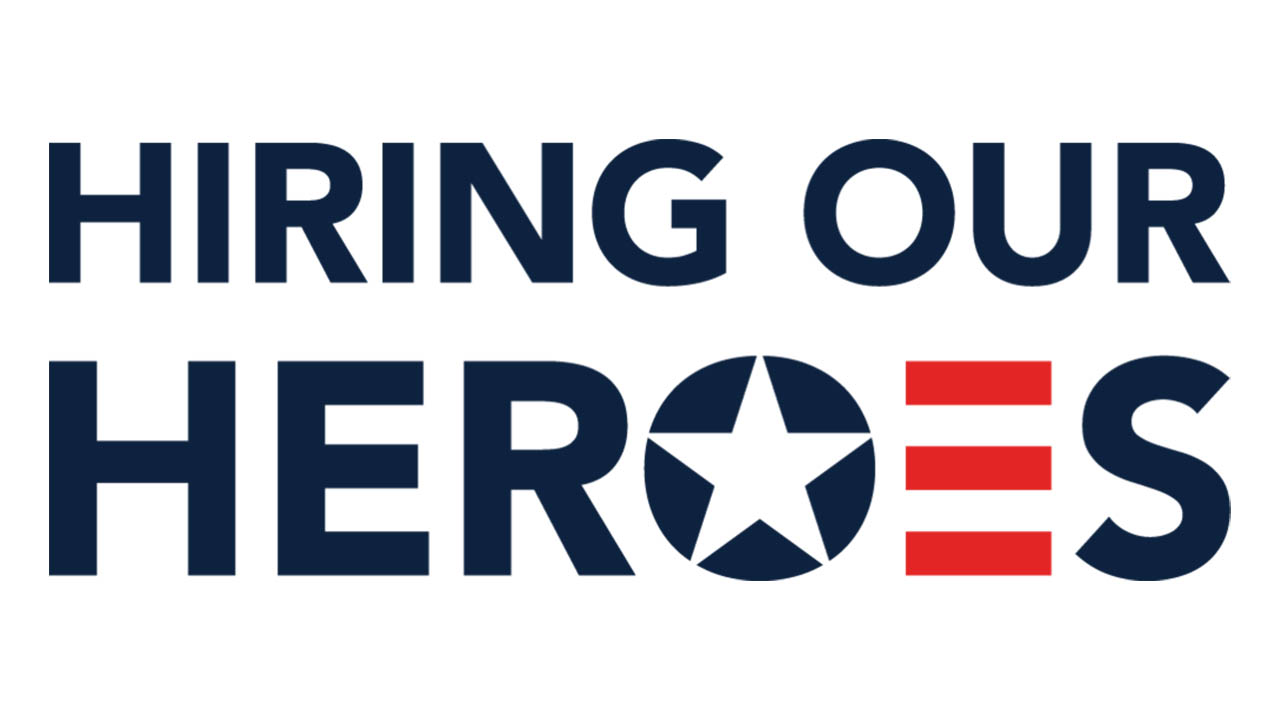
Four Military Veterans Share What It Was Really Like to Transition to Civilian Life – and Civilian Jobs
More

Asians, Pacific Islanders and Allies Weigh In: What Can We Do to Better Celebrate the Culture Around the World?
More

Many Loss Prevention Professionals are Missing the Big Picture – and Significant Sources – of “Total Retail Loss” Because They’re Solely Focused on the Point of Sale
More
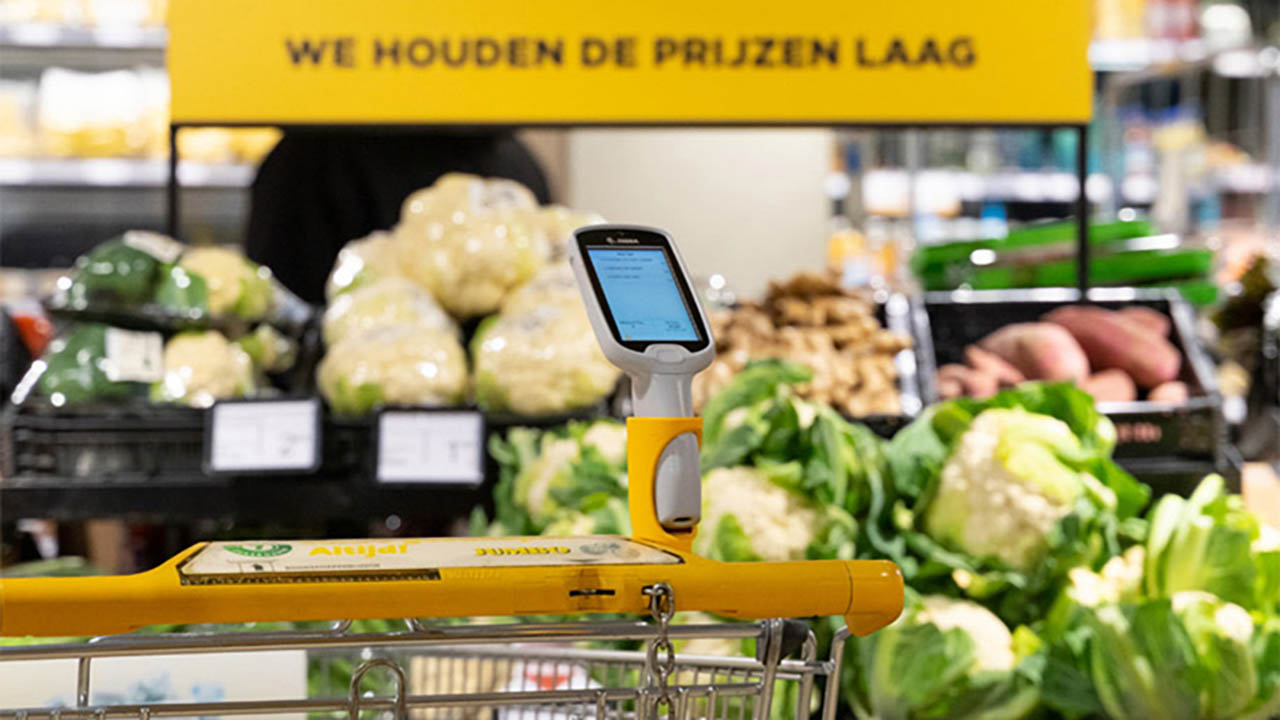
Dutch Retailer Prepares for the Future and Beyond with Zebra’s Personal Shopping Solution
More

How to Know if a Vendor, Partner, or Other Service Provider Really Cares About Your Small Business
More

Your Employees Want to Feel Safer at Work. You Want to Reduce the Risk of Incidents. There are Several Ways Location Technology Can Help with Both, According to One Expert.
More

No Need to Call Your Bookie
More

Chalk Talk Episode #4: It’s NFL Draft Time, and We Have Some Thoughts on How Things Will Play Out
More
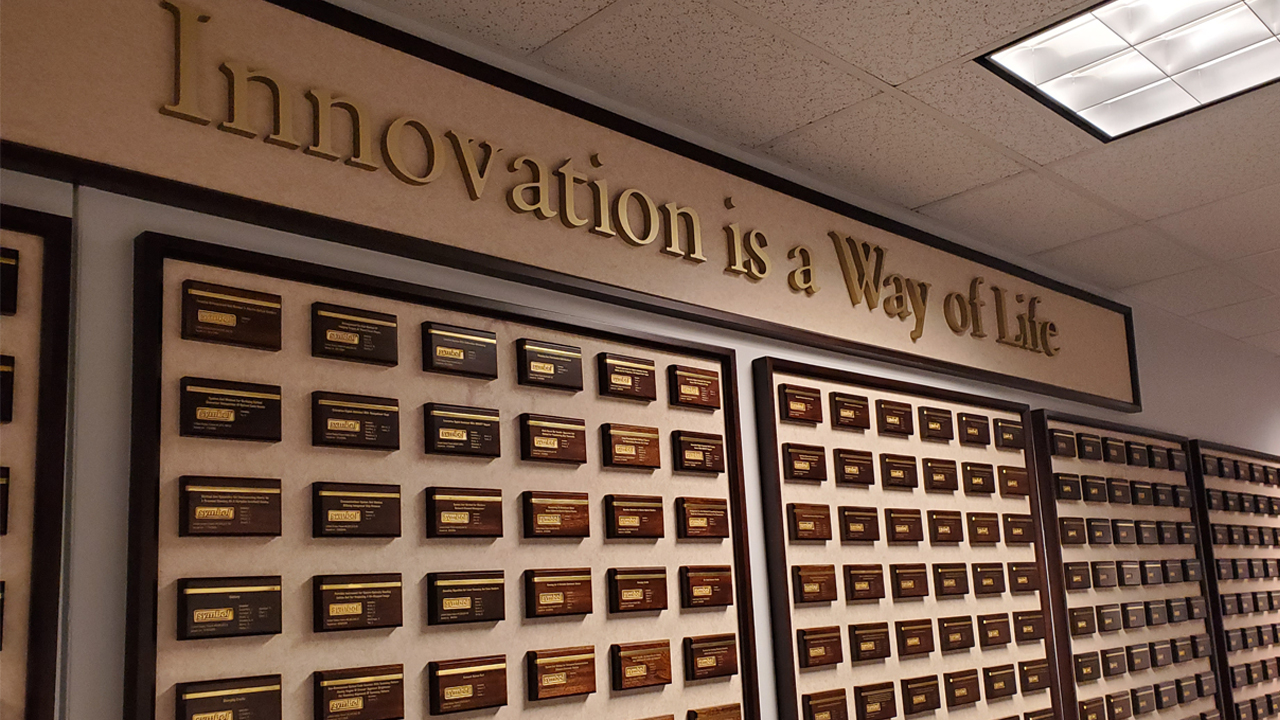
These Two Inventors Have Over 2800 Citations in Public Works and 50 Patents Between Them – and Some Surprising Advice for Young Innovators About Intellectual Property Rights
More
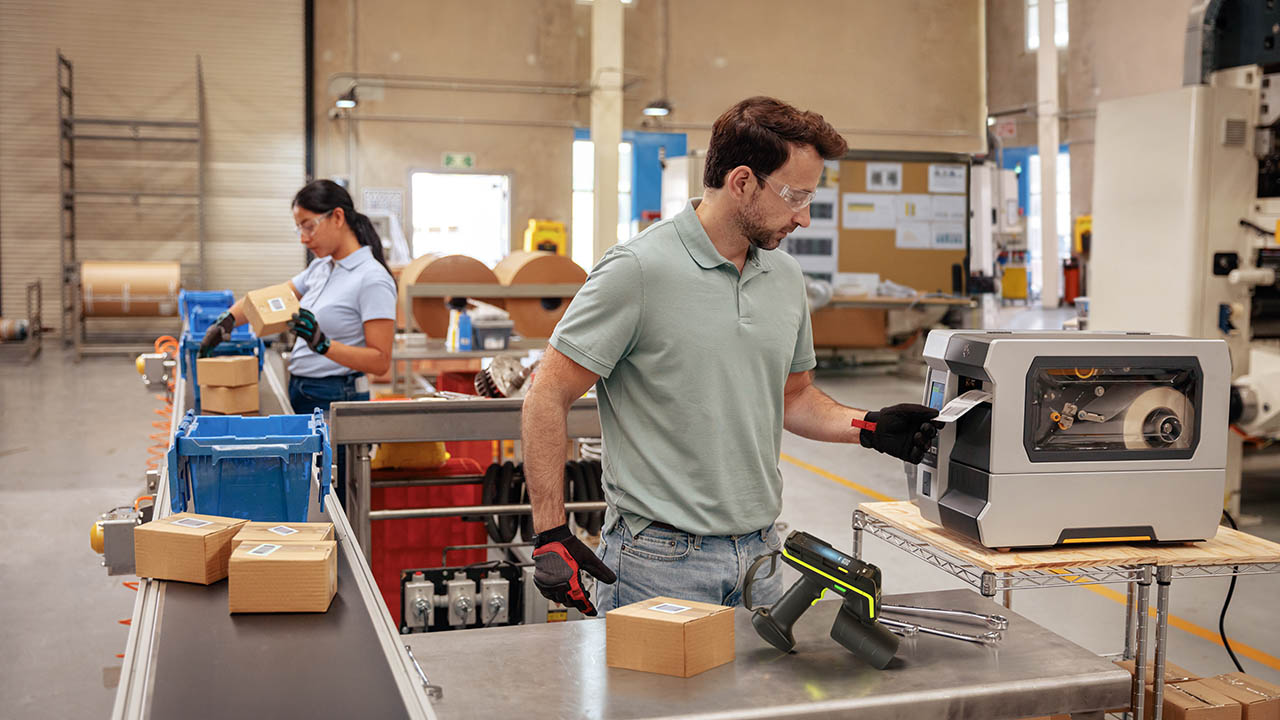
Has a Retailer Told You That You Must Add RFID Tags to Your Goods Before They’ll Stock Them? Here’s How to Optimize Your Processes for Long-Term Compliance
More

Healthy People and a Healthy Planet: How We’re Investing in Our Future
More

Building Enterprise Technology is an Emotional Business, Says a Top Product Designer
More

Ask the Expert: Why Should I Use an Enterprise Browser for My Mobile Computers Instead of a Standard Internet Browser?
More

How to Quickly and Efficiently Get RFID Tags on Your Goods to Meet Retailers’ Mandates
More

Chalk Talk Episode #3: NFL Pros Dwayne Johnson, Jr. and Chris Streveler Just Spent Three Weeks Working at Zebra. Find Out Why (and What It Was Like).
More
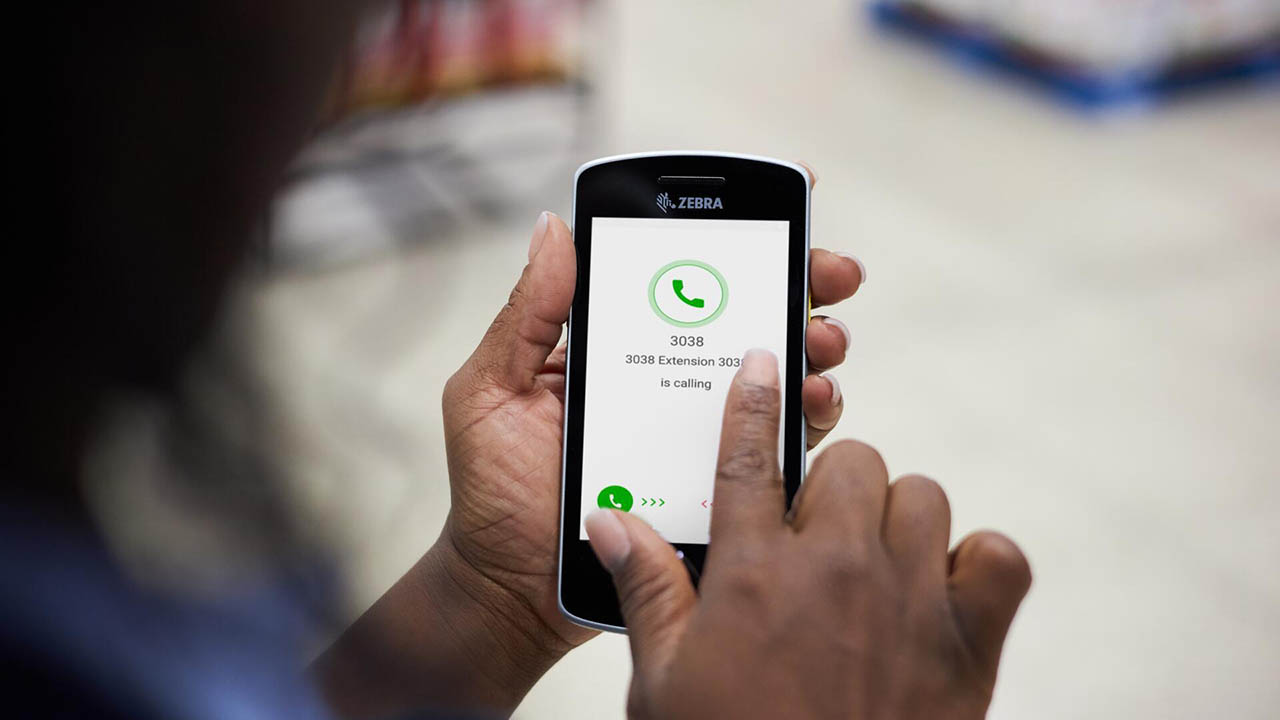
More Consumers are Calling Ahead to Stores to See What’s on Shelves. But Are Your Associates Going to Be Able to Answer (Calls and Questions)?
More

Why Ultra-Rugged UHF RFID Sleds are Now an Ideal Option for Reading Tags in Industrial and Field Environments
More

Ask the Expert: What Is 5G Network Slicing? And How Can It Improve My Business Applications?
More

Why We Honor the Long Snapper, The “Unsung Hero” of Football and Life
More

How Policy Impacts the Effectiveness of Public and Private Sector Digitalization
More

How FIRST® and Zebra Are Cracking the Code to Getting Kids Engaged in STEM
More

Firsthand Perspective: The Positive Social Impact of Vincent Country and the NFL Community
More
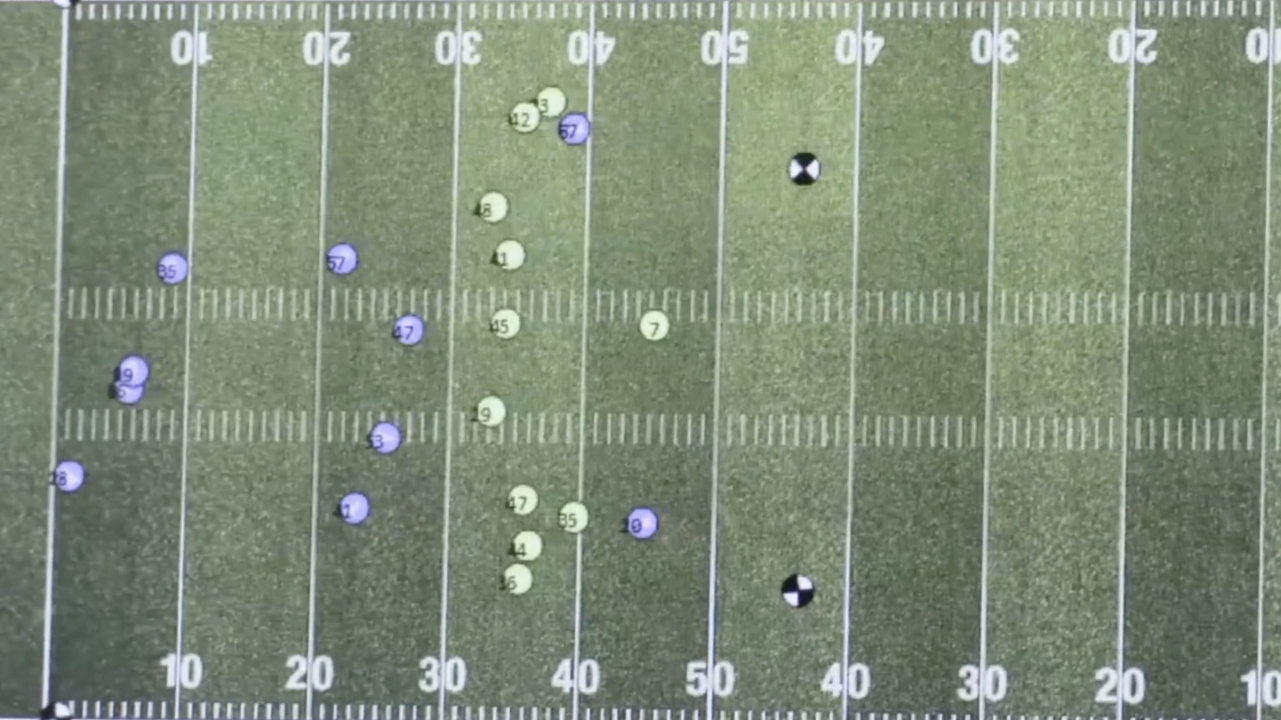
Chalk Talk Episode #2: Did You Know RFID Technology Was Used to Track Player Movements During 2022 NFL Combine Drills? Find Out What That Means for This Year’s Recruits (and Future Scouting Decisions).
More

The Pharma Industry Isn’t Ready for the November 2023 DSCSA deadline and the FDA isn’t Budging.
More
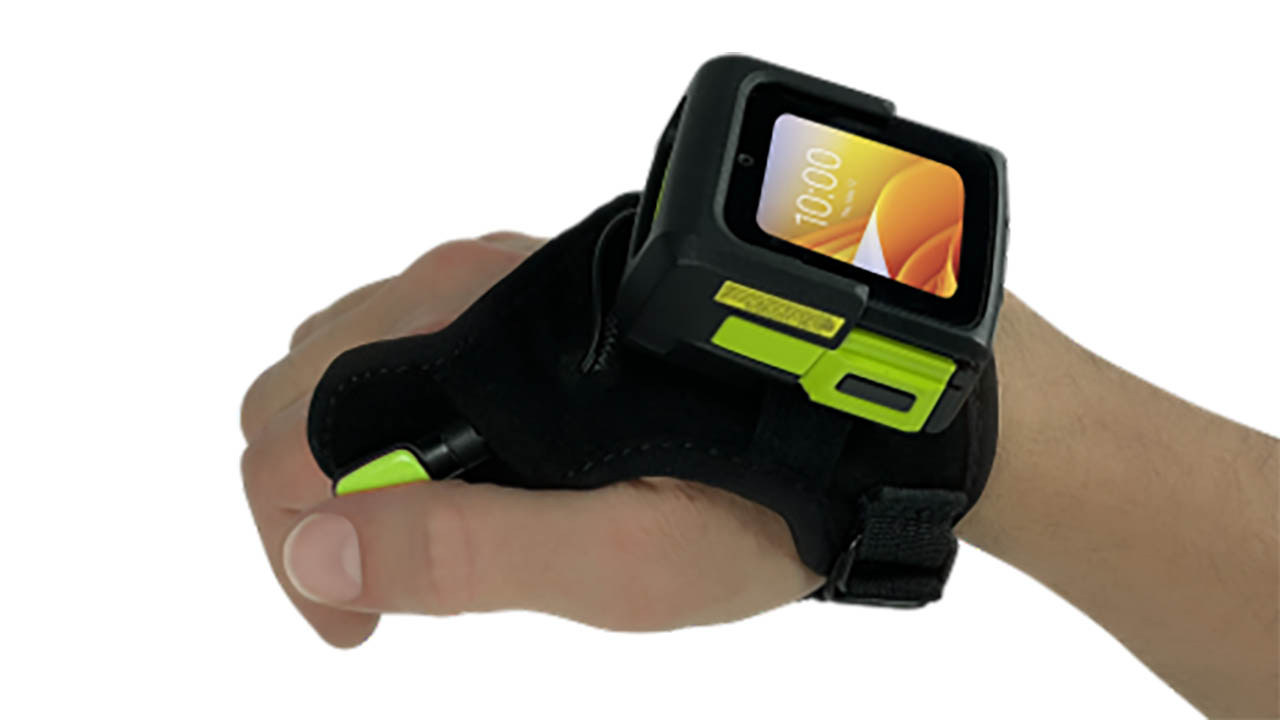
Zebra Just Revealed the World’s Smallest All-in-One Wearable Android™ Mobile Computer. This is Why It’s Such a Big Deal.
More

RevLogical CTO Explains Why and How His Company Rewrote the Book on Inventory Management
More

How the Dynamics of Company and Team Cultures are Evolving as More Women Join the Workforce
More

Why Every Healthcare IT Team Should Be Moving to the Modular Solutions Architecture for Barcode Scanning Platforms (Especially If New Barcode Applications are Needed and Remote Management Capabilities Matter)
More
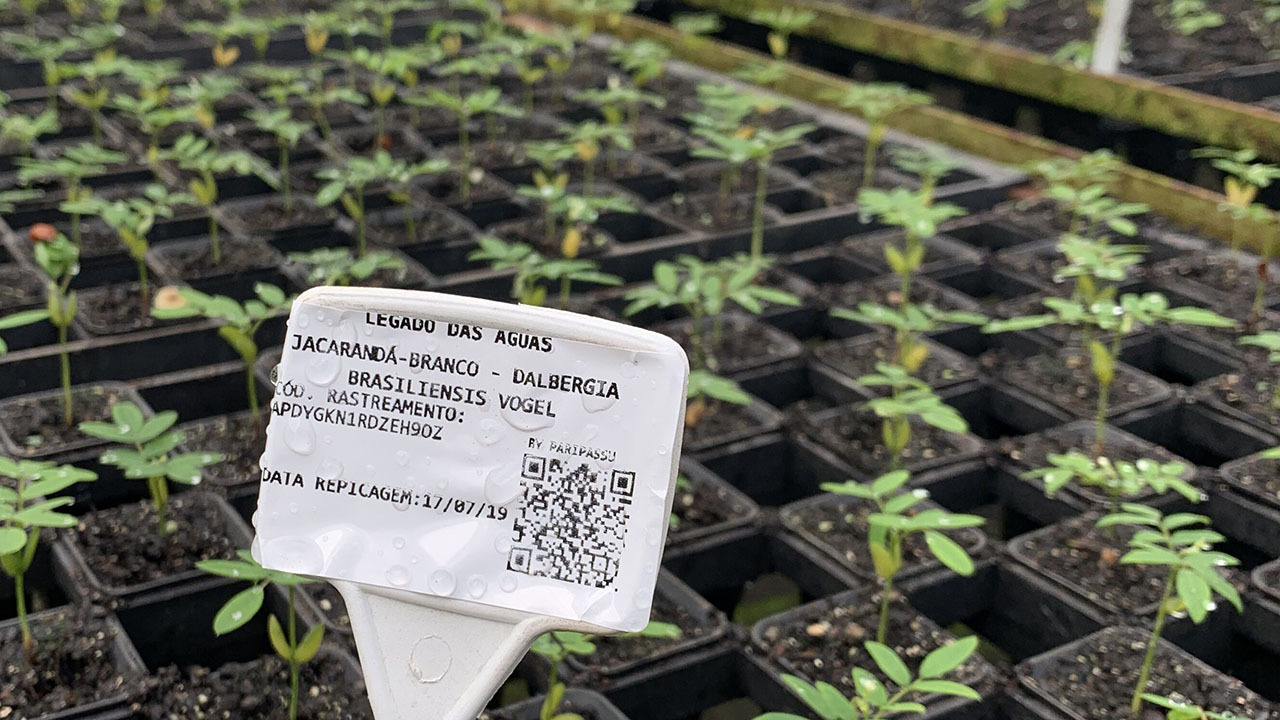
Have You Been Keeping Track of GS1 Traceability Standards?
More

Ask the Expert: What’s the Difference Between AGVs and AMRs?
More

This Ironman is a Woman of Steel (and Proof That Anything is Possible)
More
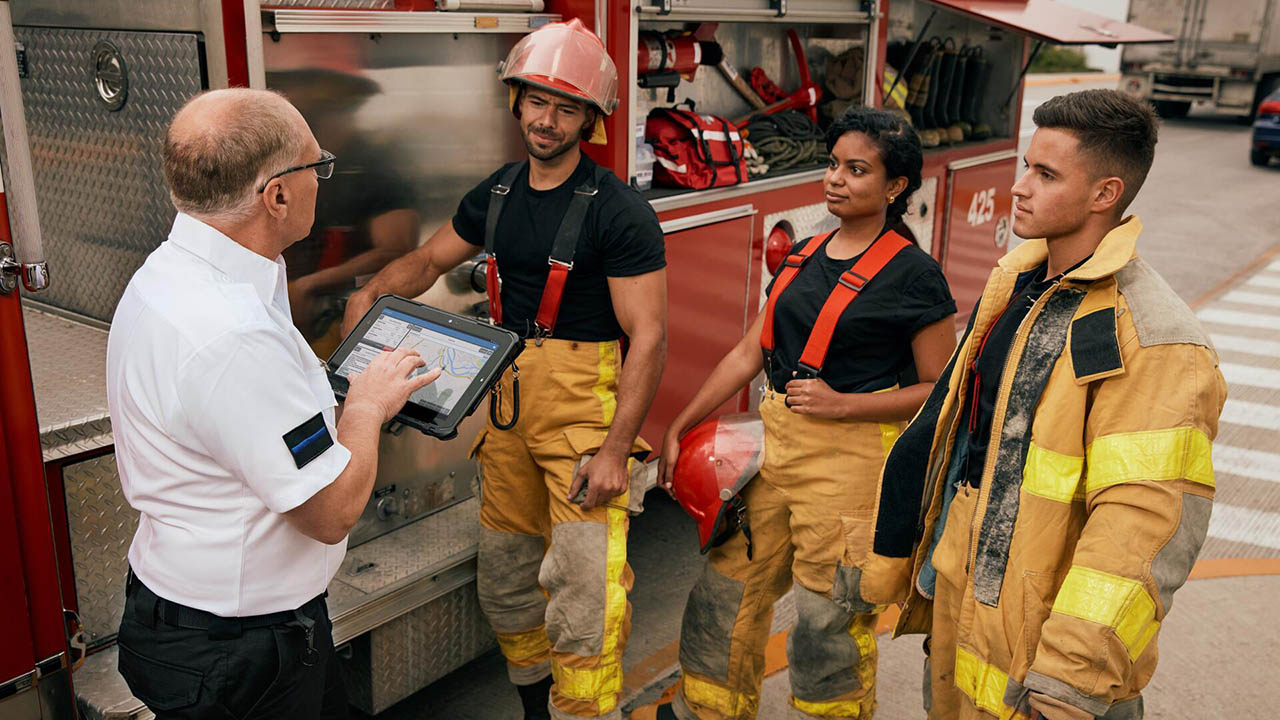
Exclusive Interview: Three Former Public Safety Professionals Say These Technologies Could Have Made Their Jobs Easier and Safer
More
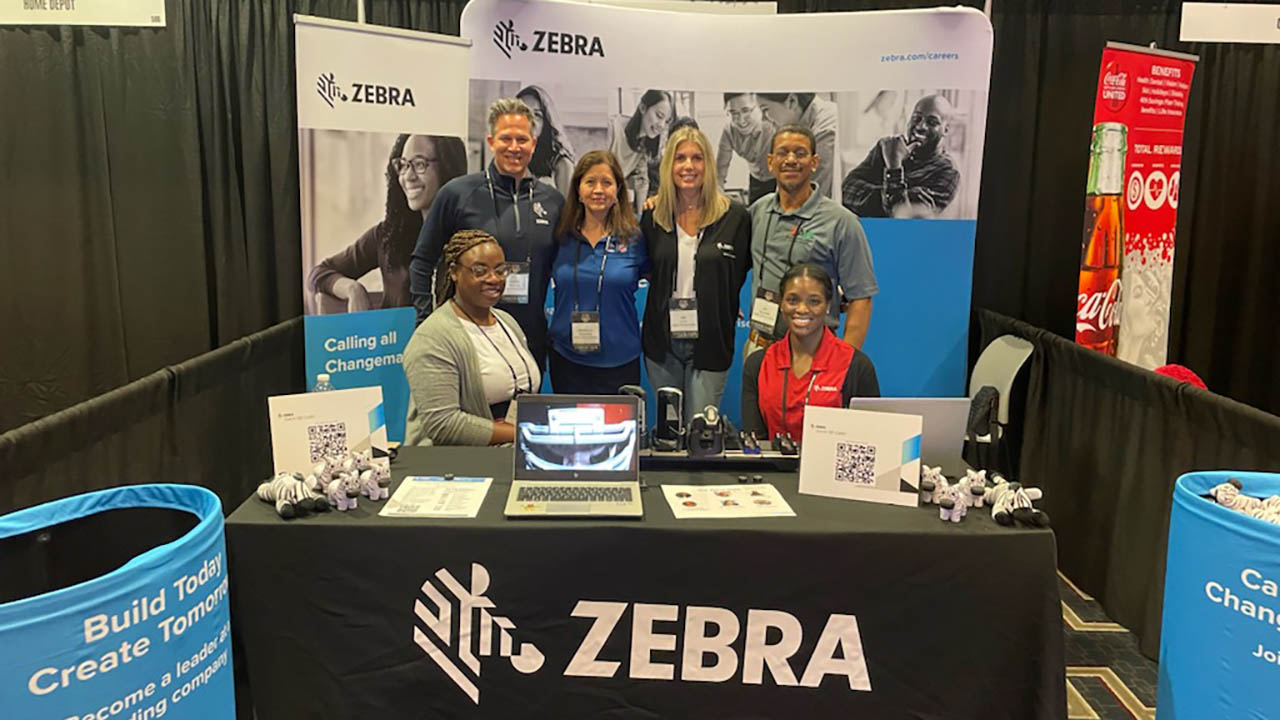
More College Athletes are Finding Exciting Sports Careers…Off the Field
More

Is Machine Vision the Key to a Perfect Print-and-Apply Workflow?
More

If You’re Losing Time, Money and Patience During Physical Inventory Counts, You Might Want to Rethink Your “Service”
More

Four Healthcare Trends We Expect to Drive Conversations at HIMSS 2022 – and All Year Long
More

What Health and Wellness Really Means, Especially to Me as a Black Woman
More
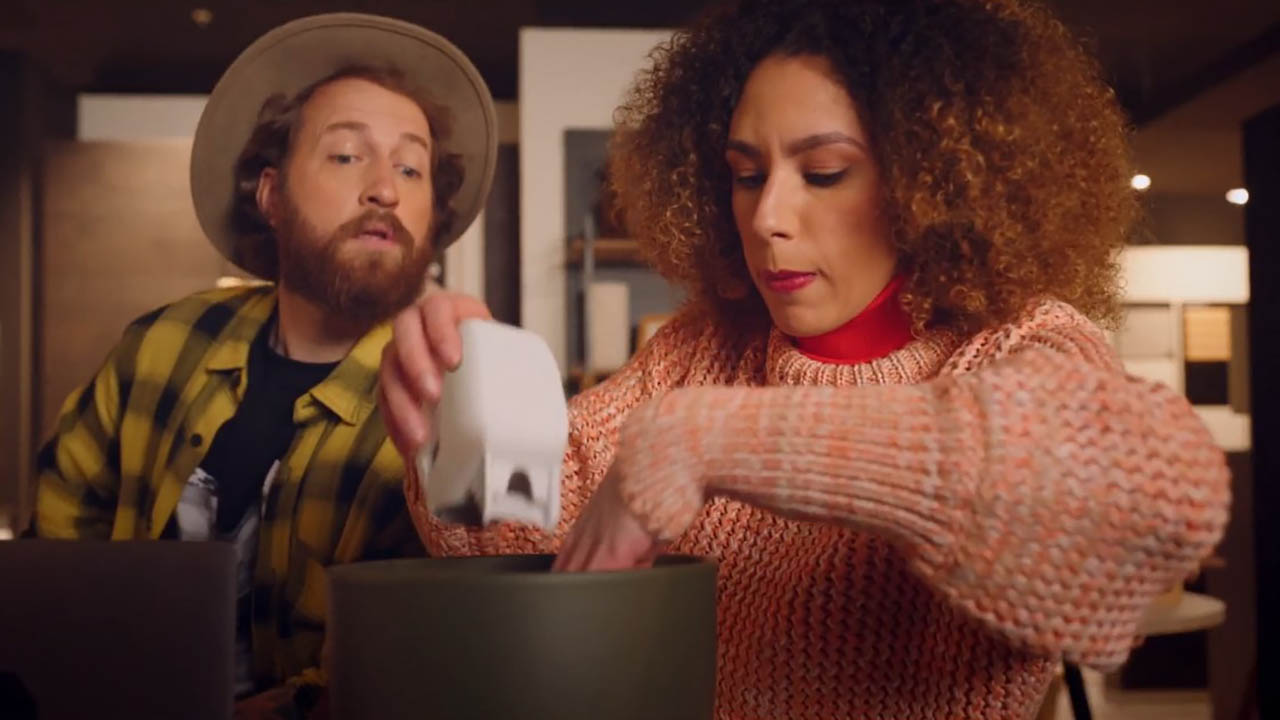
Unlimited Shades of Green: Practicing the Second Generation of the “Three R’s”
More
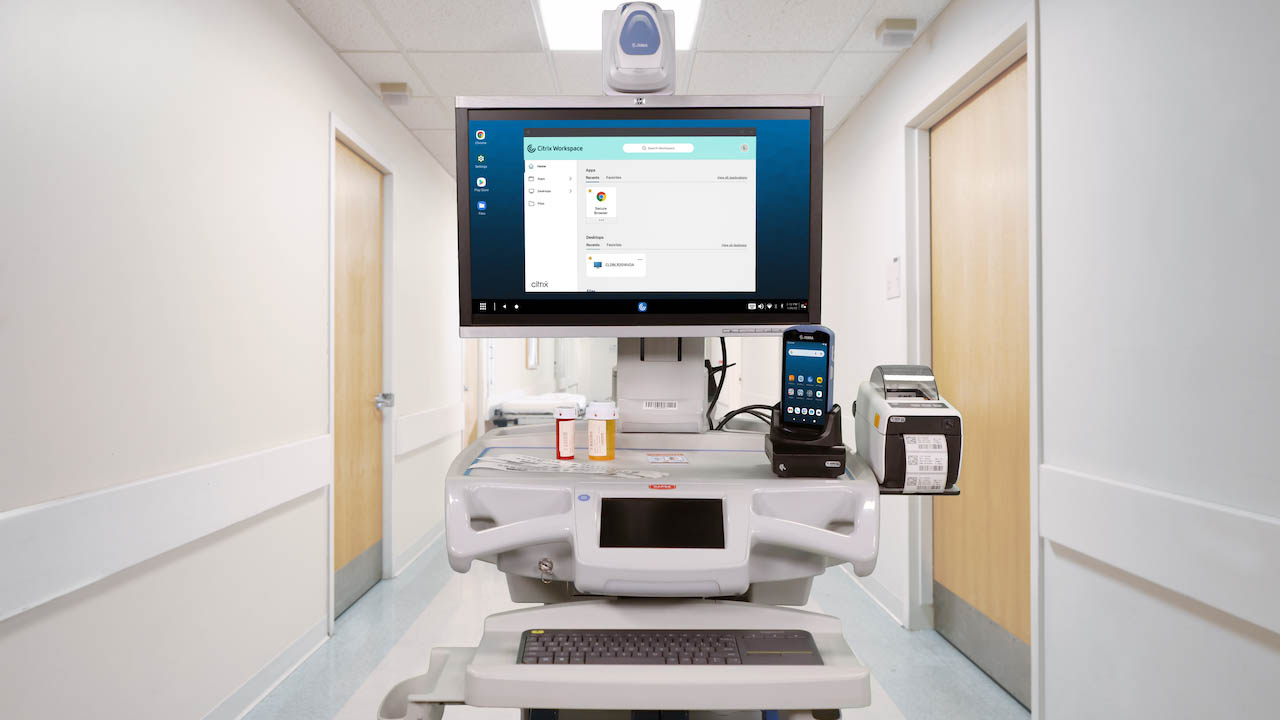
Did You Know Zebra Workstation Connect and Citrix Workspace are Fully Compatible?
More

Five Things Your Retail Store Associates Need to Successfully Manage All the Tasks Sent Their Way Each Day
More

Wondering Why Zebra is Still Building (and Recommending) Windows™ Rugged Tablets to You When Android™ Mobility Solutions Seem to Be the Future?
More
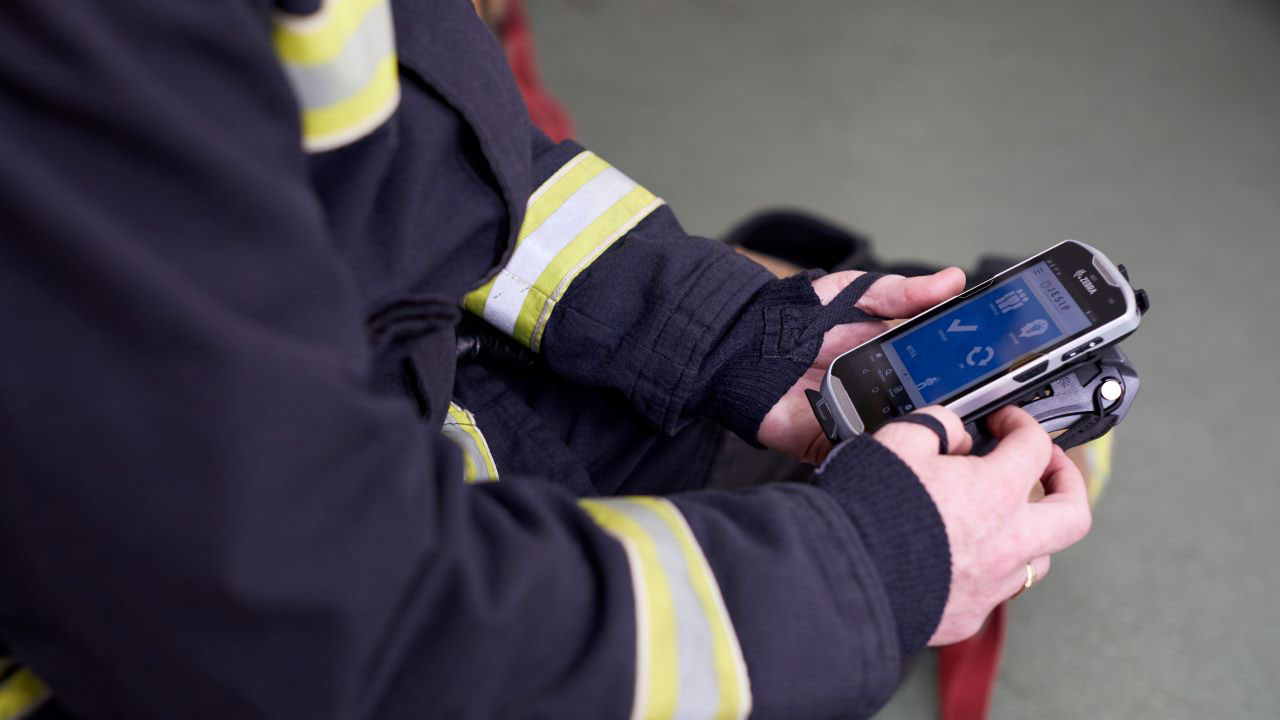
Did You Know There is an Easy Way to Recycle the Batteries Used in Your Zebra Devices?
More
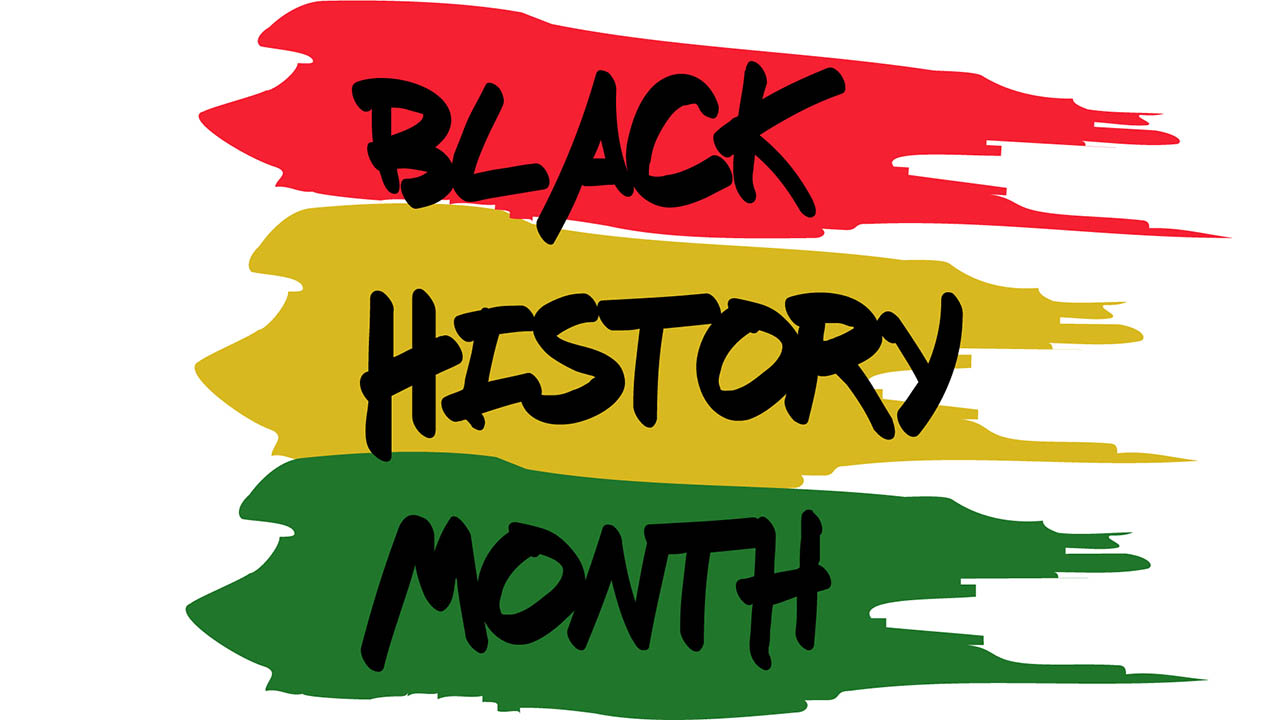
What Do the Gas Furnace, Hairbrush and Murphy Bed All Have in Common? They Were All Created by Black Innovators.
More

If You’re in Australia, You May Not Need to Send Your Zebra Printers into a Repair Center Anymore
More

Breaking Down the Infrastructure Bill’s Impact on Front-Line Workers
More
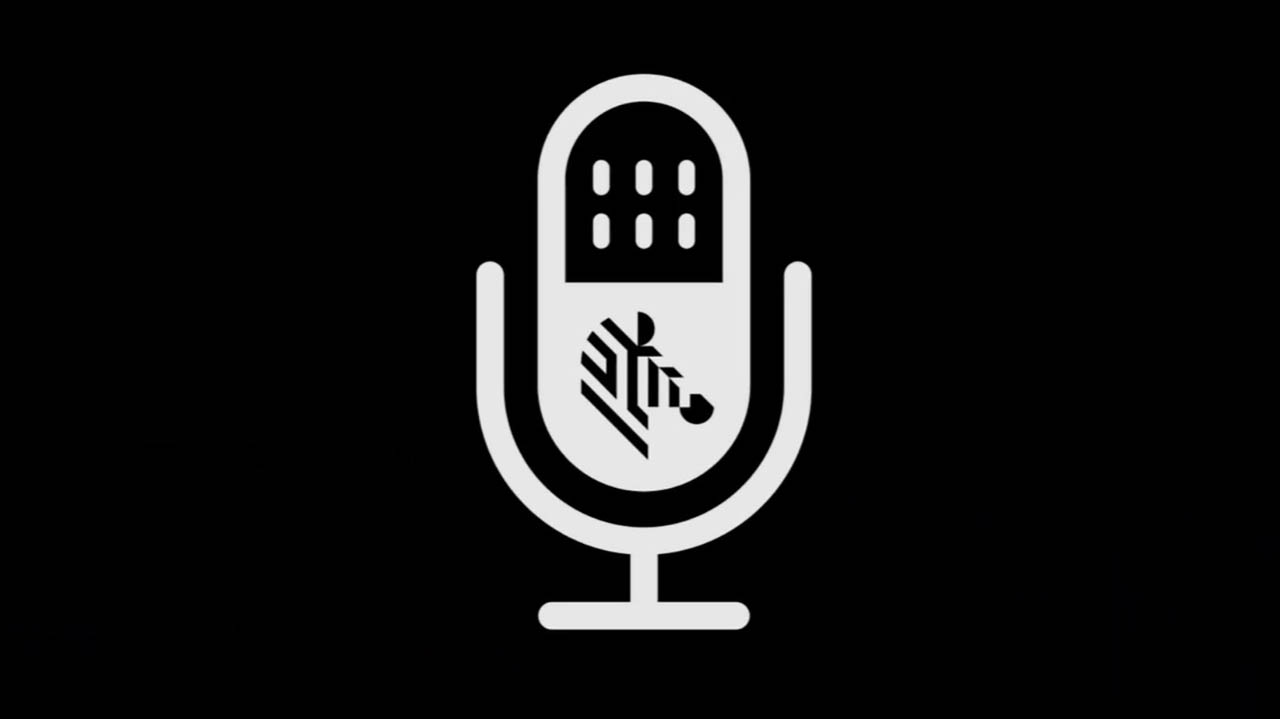
Think a Silverline On-Metal RFID Label is the Silver Bullet for Your Business’s Most Complicated Problems? You Might Be Right!
More
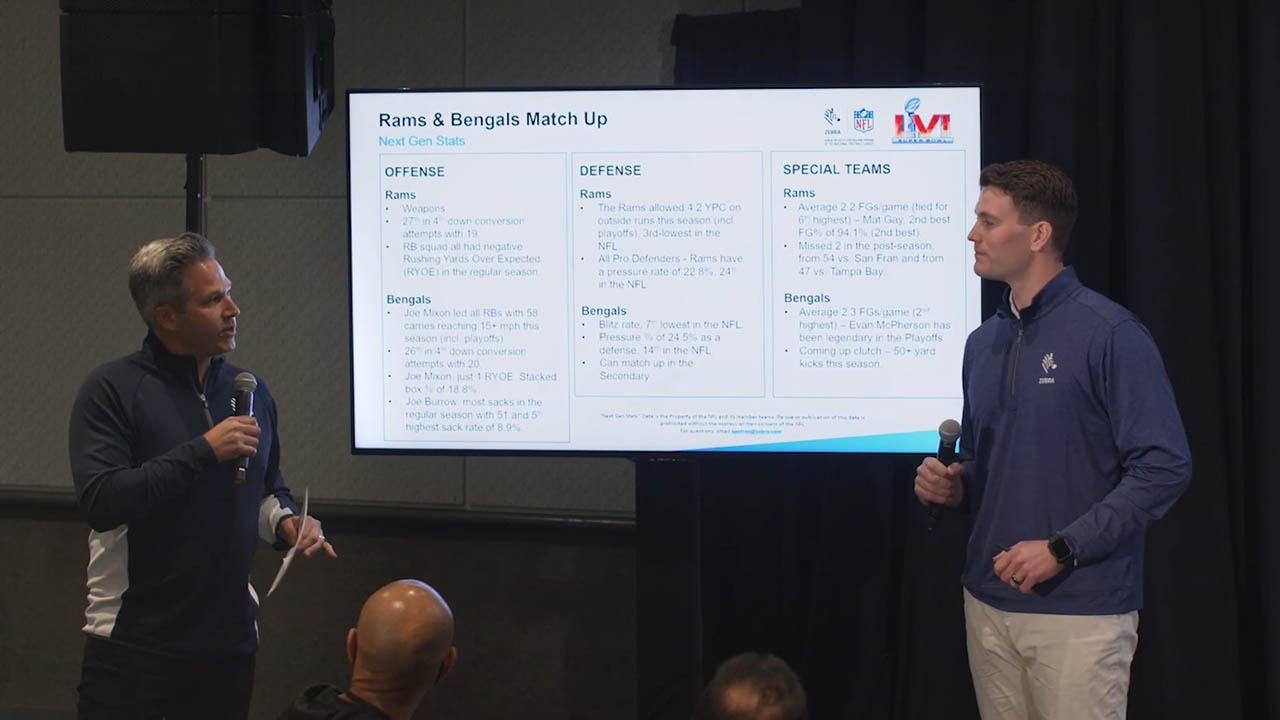
What Do You Think…Were Adam Petrus and Hale Hentges Spot On with Their Super Bowl Predictions?
More
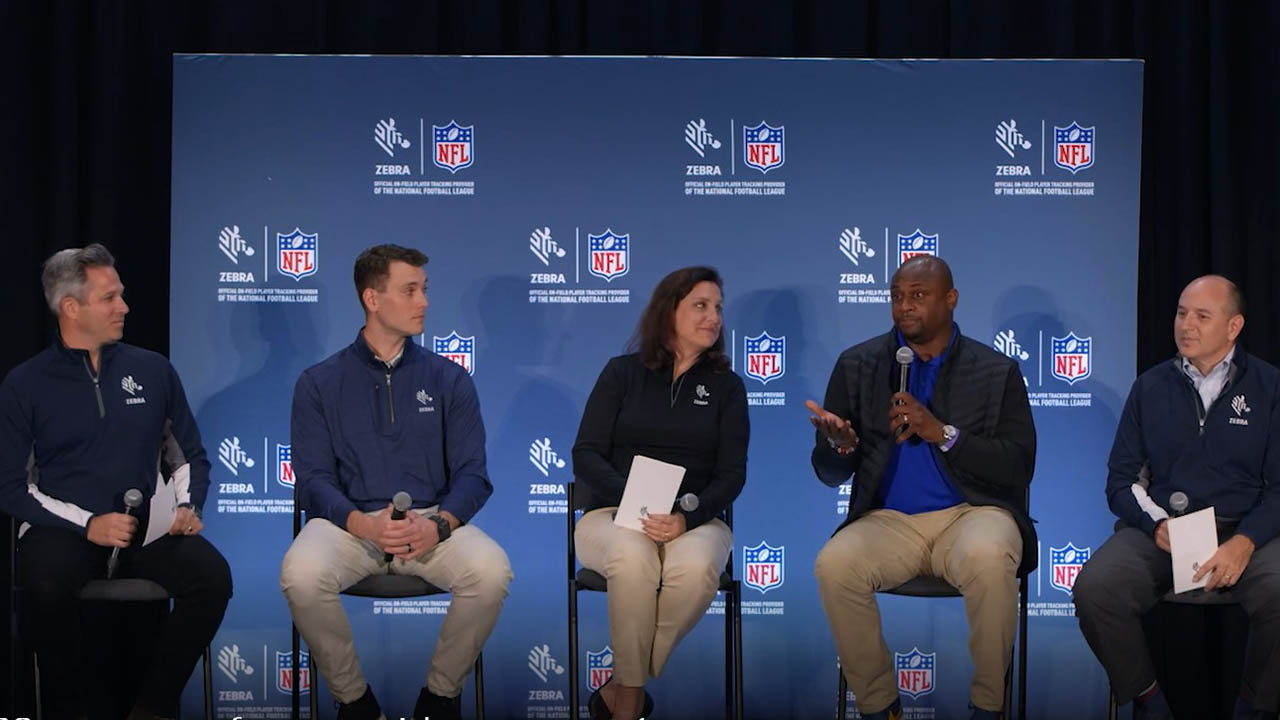
Not Sure Who to Cheer for During Super Bowl LVI? These Next Gen Stats May Help with Your Decision.
More

Zebra Enterprise Mobile Devices Will Be Transitioning Directly from Android™ 11 To Android 13. Here’s Why.
More
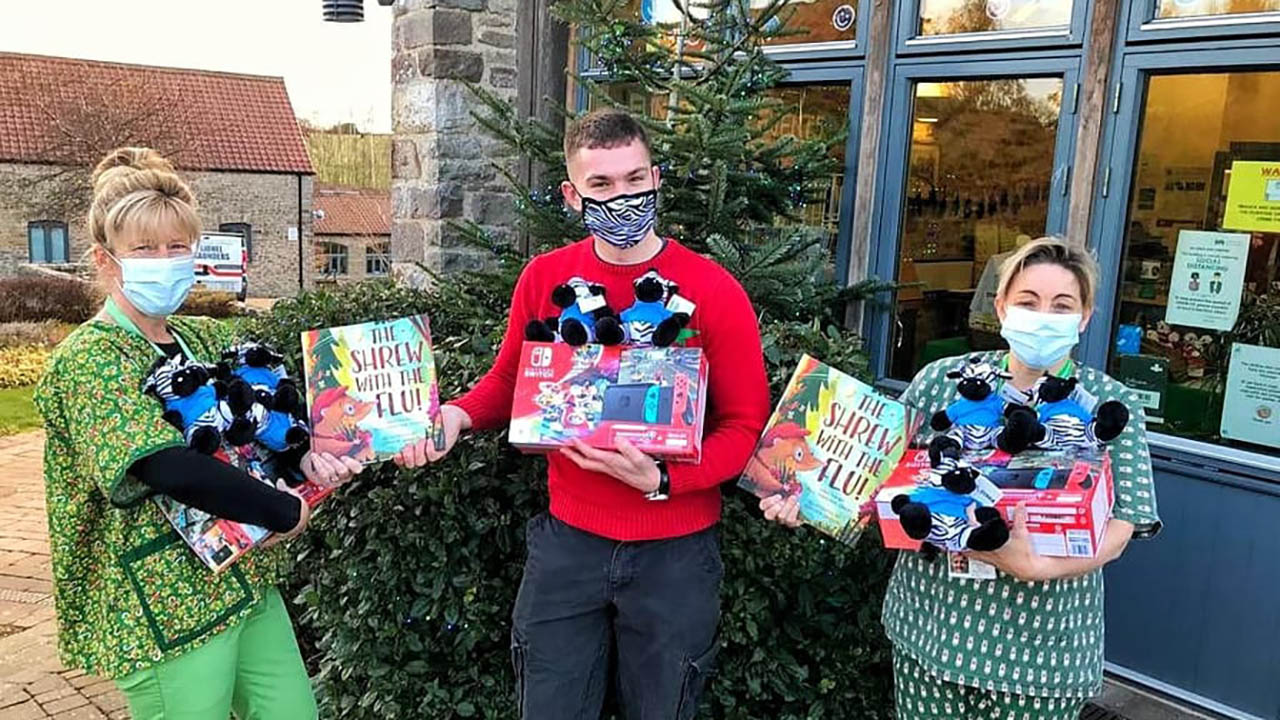
Looking for Philanthropic Inspiration? This Growing #Giveback Initiative Proves You Don’t Need an Elaborate Plan or Lots of Resources to Make a Difference
More

The “Three Amigos” are Heading North Again – as in 20,000+ Feet in the Sky “North”
More
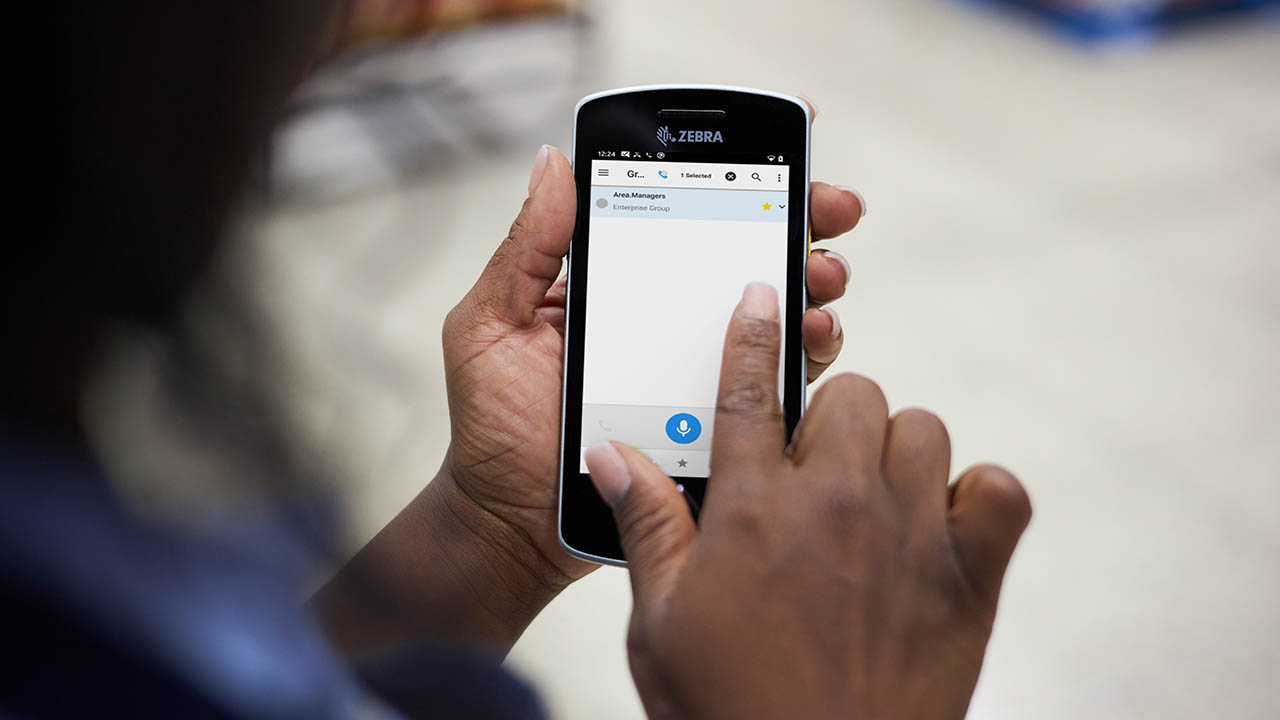
What’s the Difference Between Zebra Workforce Connect and Microsoft Teams Walkie Talkie?
More
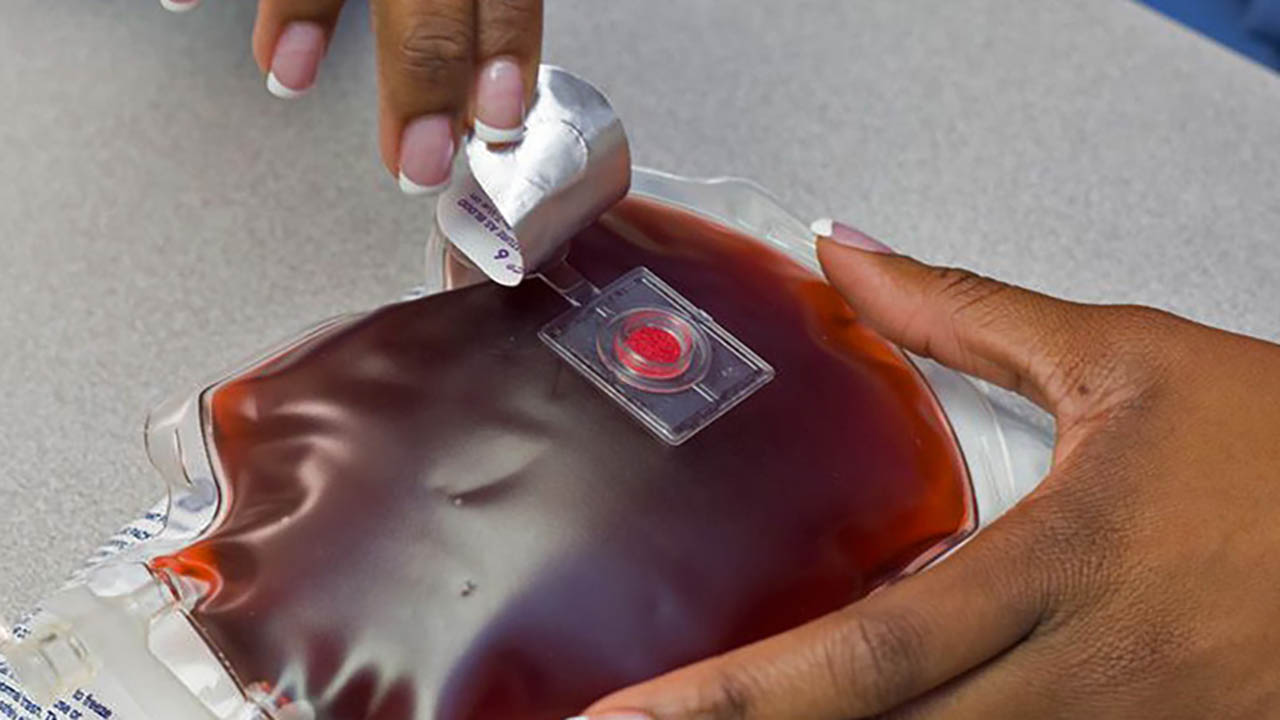
Busy Blood Banks Need More Assurance That Blood Products are Viable Before Transfusions. This Might Help.
More

This is Where to Find Player Stats During the 2022 Senior Bowl and East-West Shrine Bowl
More

Off-the-Shelf (and Rentable) RFID Solutions Proving on Point for Small and Mid-Sized Businesses
More
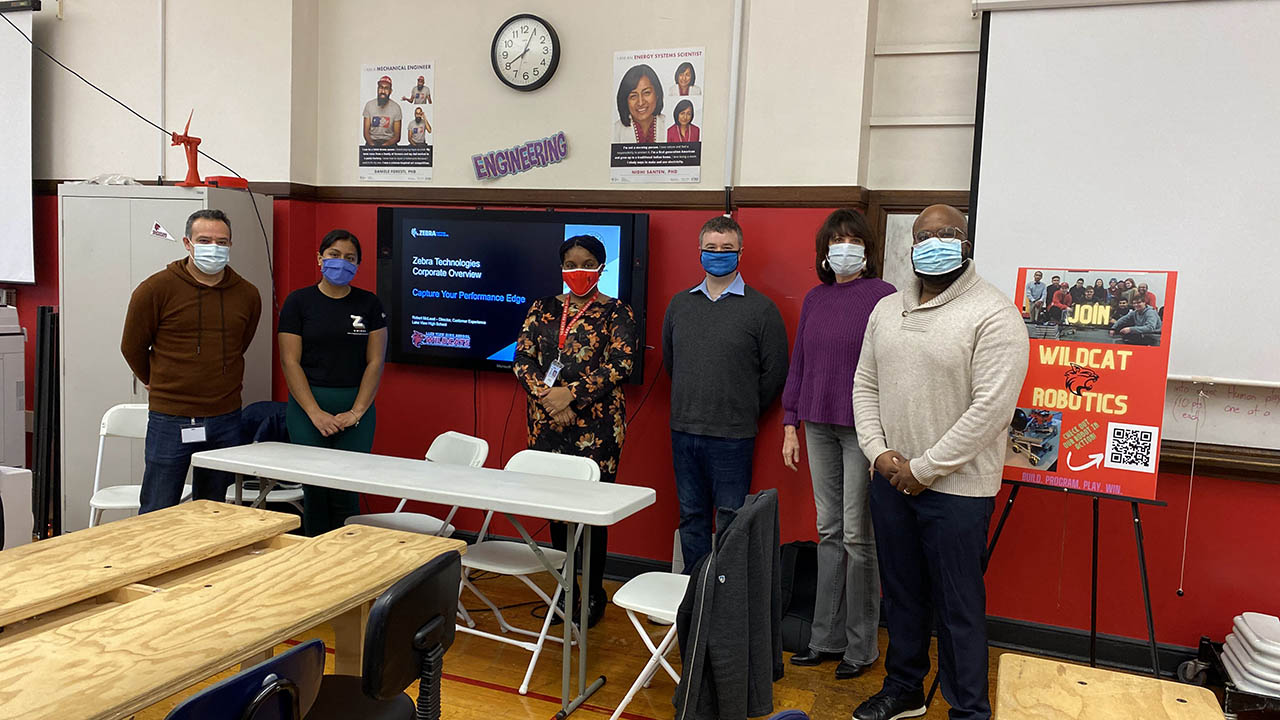
Are We the Teachers or the Students?
More
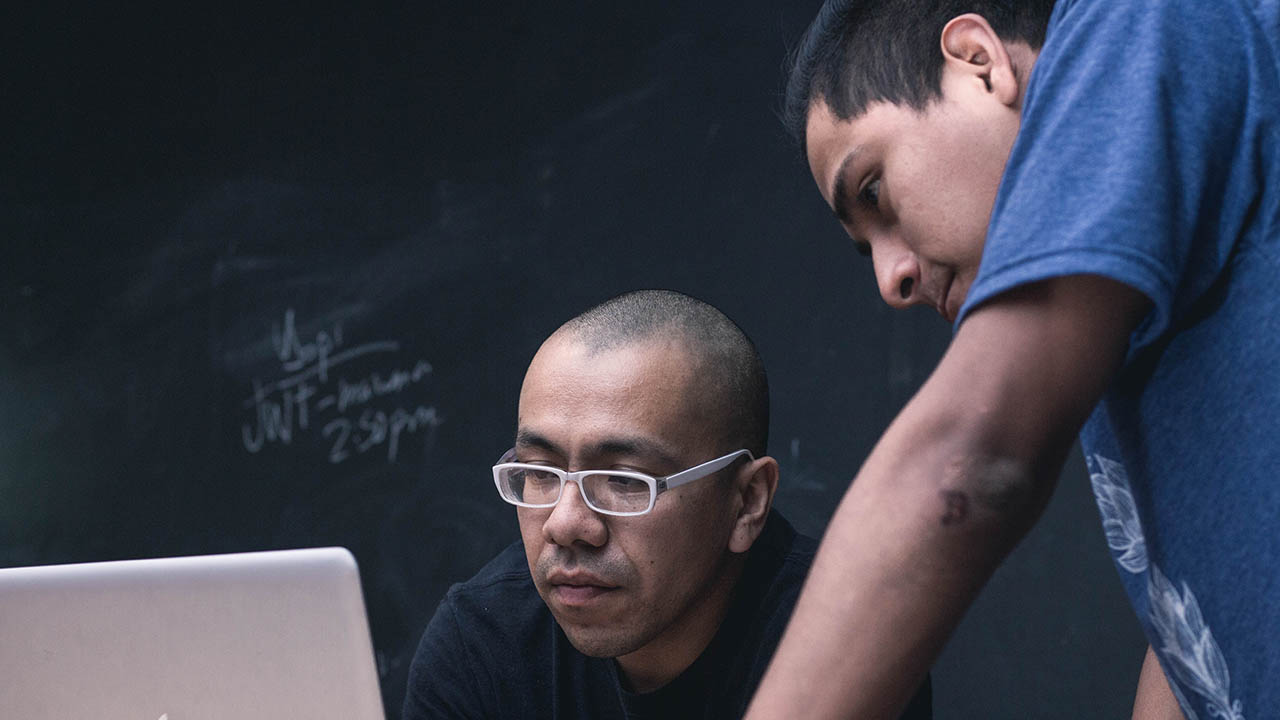
CTO Insight: Who and What We Trusted to Guide Our Journey to the Cloud
More
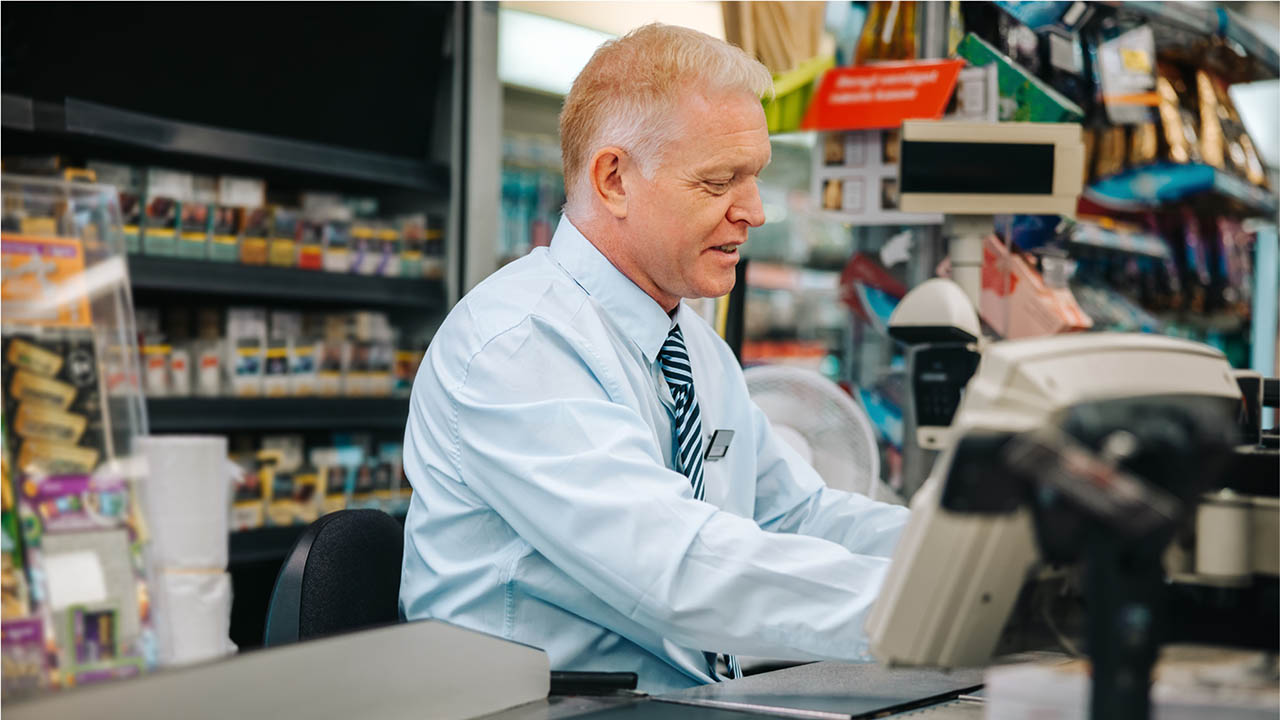
Retail Store Associates Have More to Do Than Ever Before. Here are Three Ways to Support Them.
More

This is What's Helping Us (as a Manufacturer) Manage Supply Chain Shortages and Slowdowns
More

Think It’s Time to Cut the (Scanner) Cord?
More

There are Three Trends to Watch in Healthcare in 2022, and They All Center on Two Things
More

Now Available: The World’s First Handheld RFID Sled with Wi-Fi™ 6 Connectivity
More

Back to Basics: Global Experts Say These Steps Could Expedite Retail’s Recovery in 2022
More

It’s True! You Can Now Use the Microsoft Teams Walkie Talkie App on Dozens of Zebra Android™ Devices.
More

To Provide Better Patient Care, We Must Unburden the Delivery of That Care. This New Clinical Mobility Solution is a Good Start.
More

Who (or What) Will Save the Supply Chain?
More
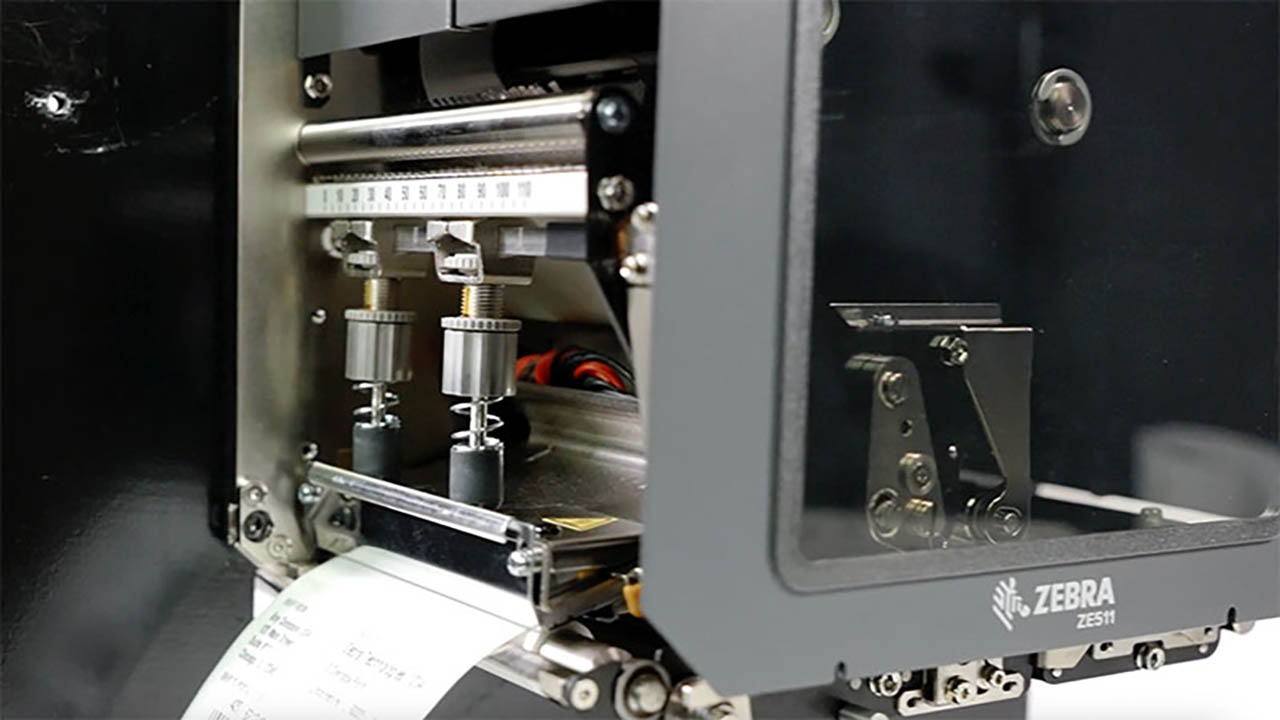
These Two New Print Engines Will Really Rev Up Your Print-and-Apply Processes
More
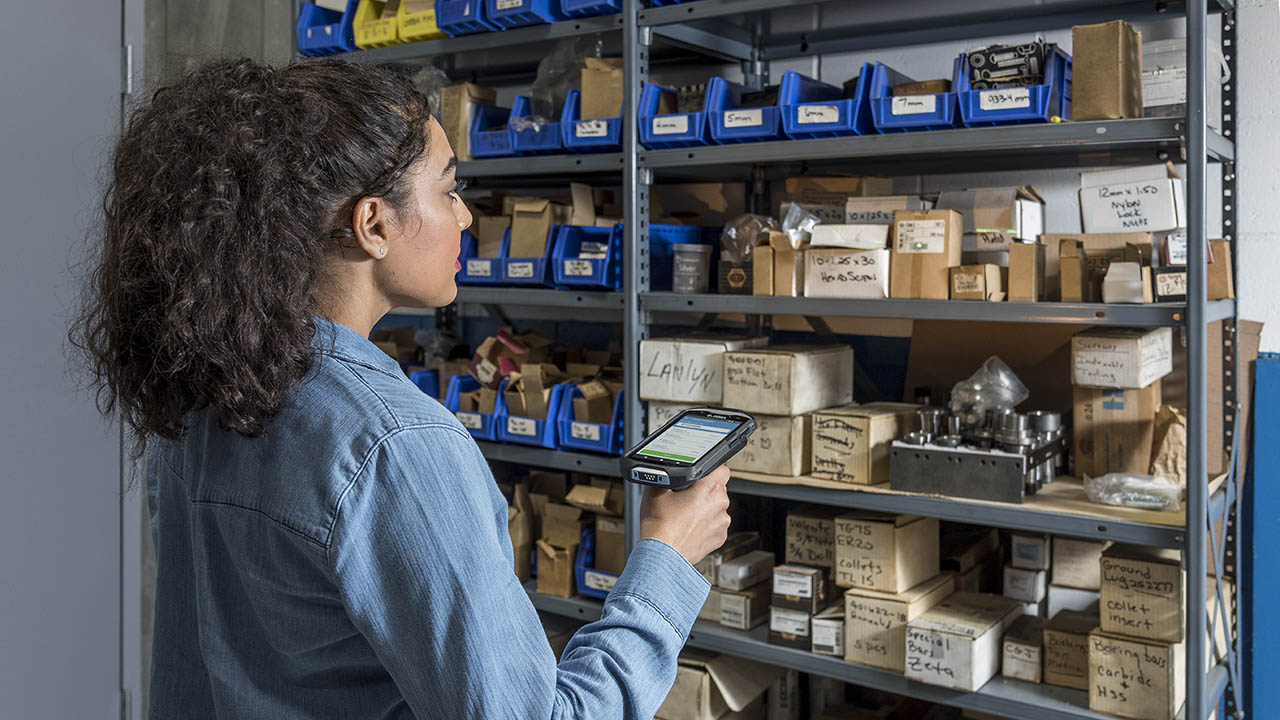
Charged Up: Why More Companies Need Proactive Battery Management Strategies for Employees’ Mobile Devices
More

Our Hope for 2022: That All the Hard Work Put Forth Last Year Makes This Year 100 Times Easier
More
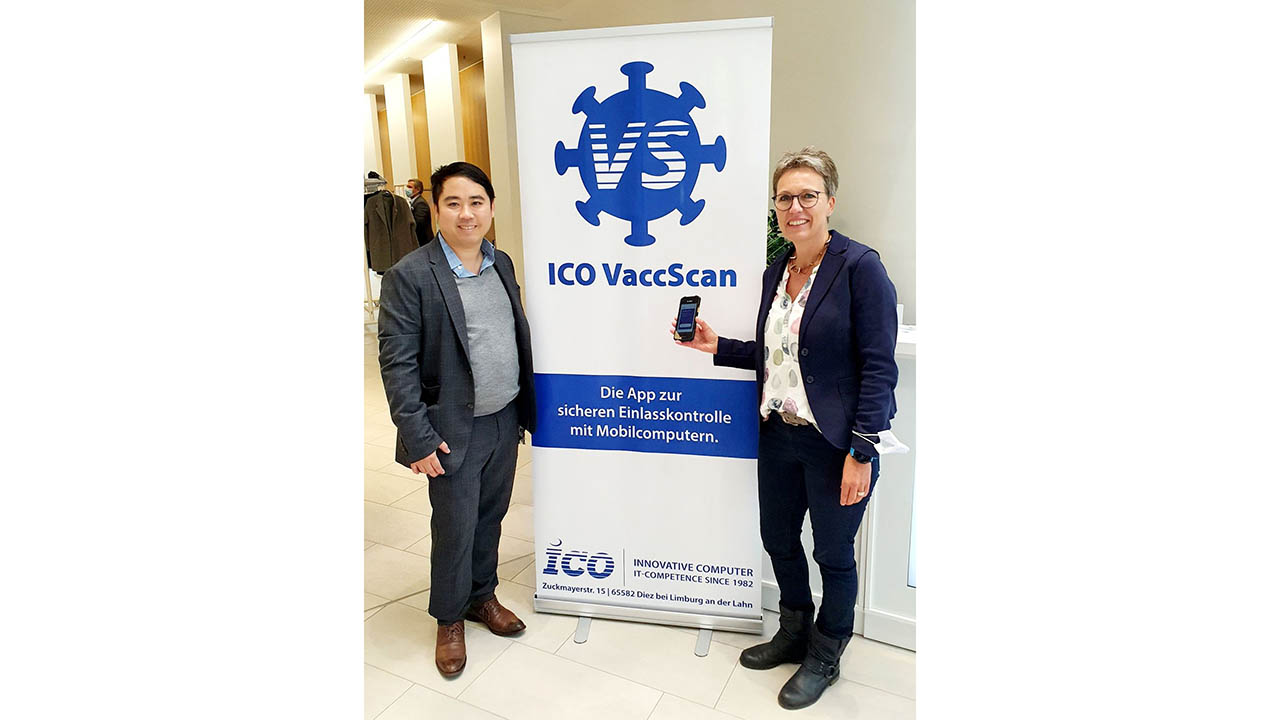
As We Return to Stadiums, Schools and Other Social Settings, Let’s Remember to Thank the People Who are Making It Possible (and Safe)
More
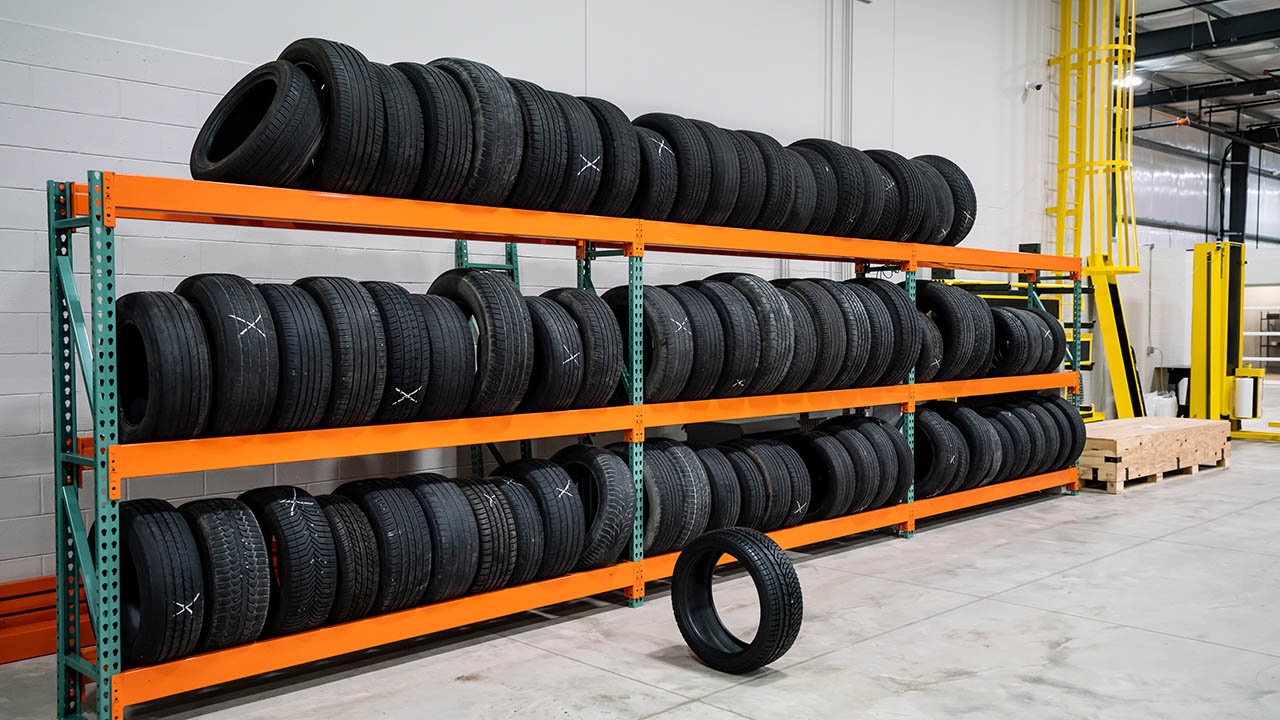
Why You Should be Looking Harder at RFID Tire Tread Labels If You Want a Faster Way to Find and Move Inventory
More

Industry Insights: Grocery Stores are Becoming Smarter, and Grocers are Becoming Wiser
More
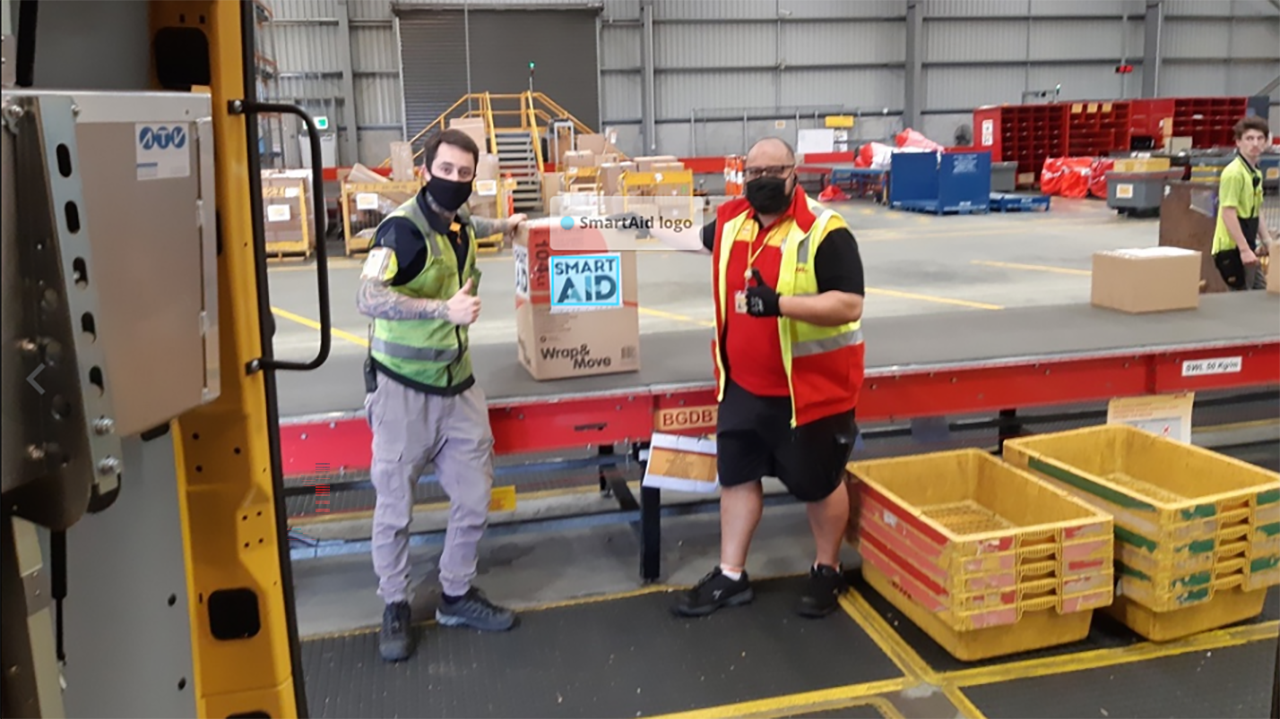
The Ingenuity of One Zebra Partner Has Helped Empower Over 7,000 Front-line Heroes Through Several Humanitarian Crises, Enabling Them to Reach Over One Million People in Need
More

Which Is Better: Handheld or Hands-free Barcode Scanners?
More

Forget Everything You Know About Healthcare Real-Time Location Solutions (RTLS)
More

KAIZEN and the Art of Inventory Improvement
More
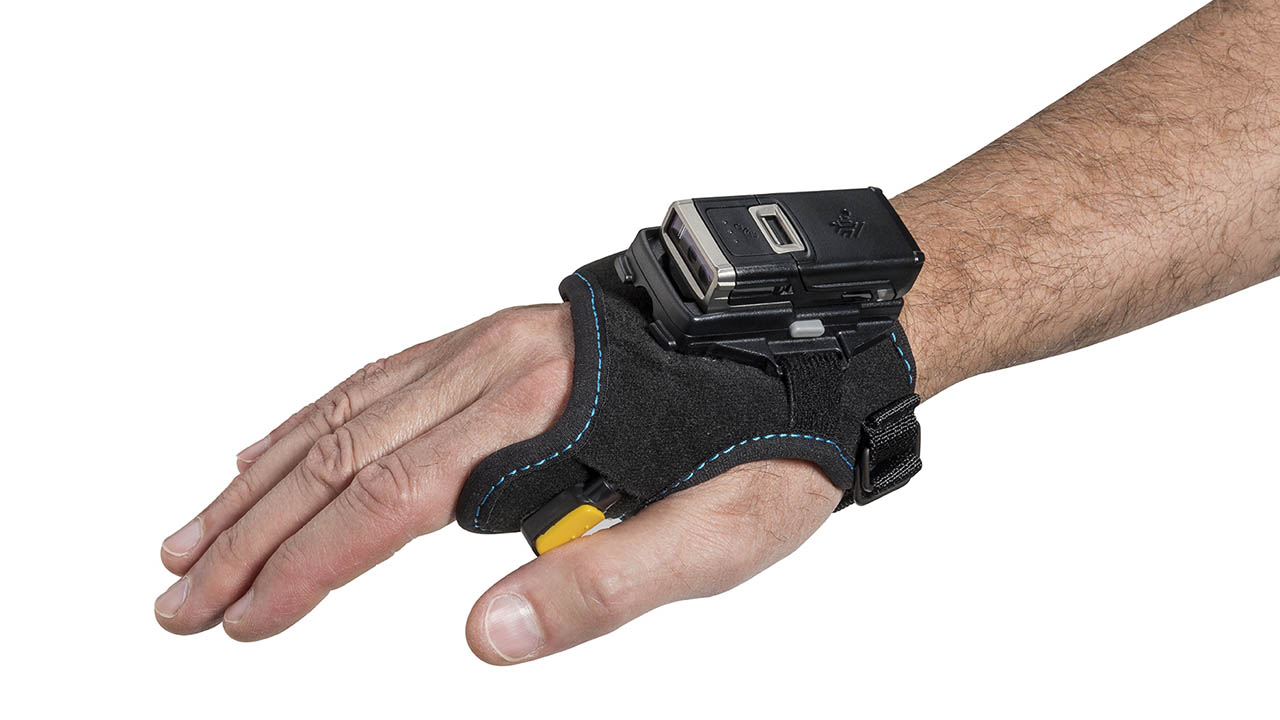
Zebra’s New Hand-Mounted Scanner Solution is Giving You (and Your Workers) One More Reason to Love Wearable Scanners
More
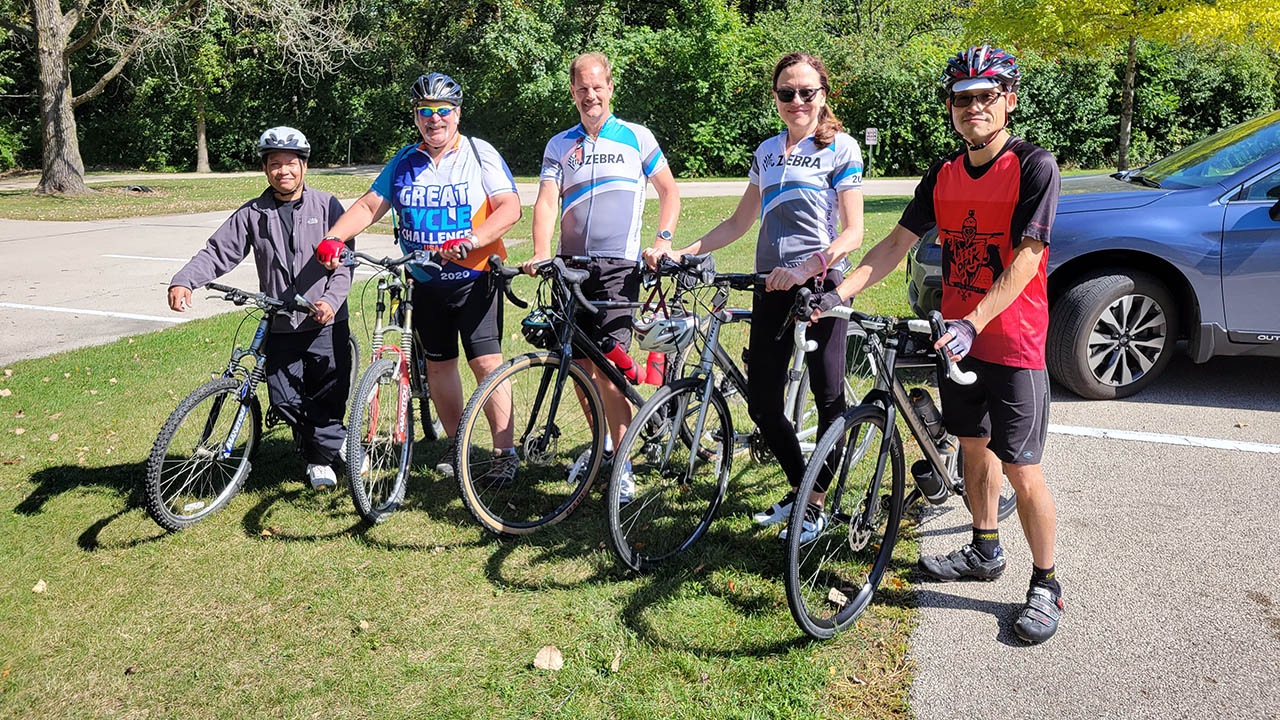
Cycling for a “Wheelie” Great Cause: Team Zebra Raises More Than US$75K for Children’s Cancer Research Fund
More

Winter is Coming. It’s Time to Break Out Your Thermal (Printing Supplies).
More

The Return of Retail Down Under (and Elsewhere Around the World)
More
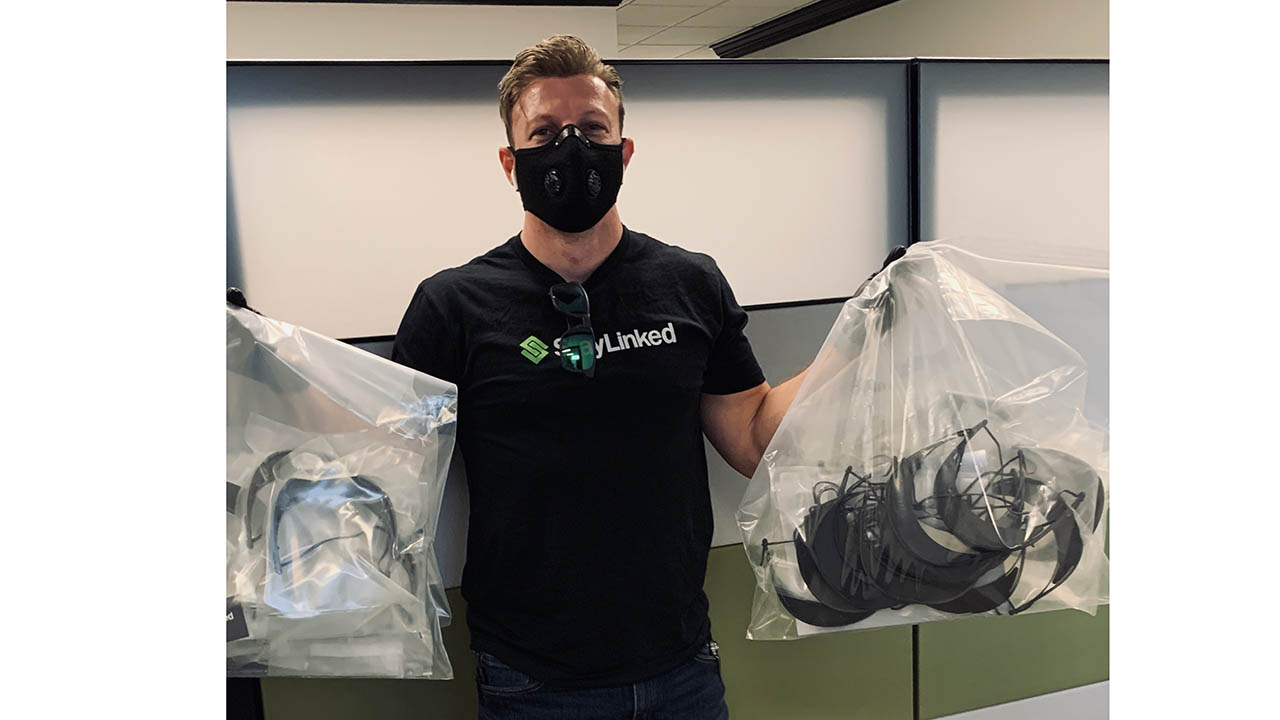
We Have Thousands of Reasons to Be Grateful for 3D Printers – and Partners Like StayLinked
More
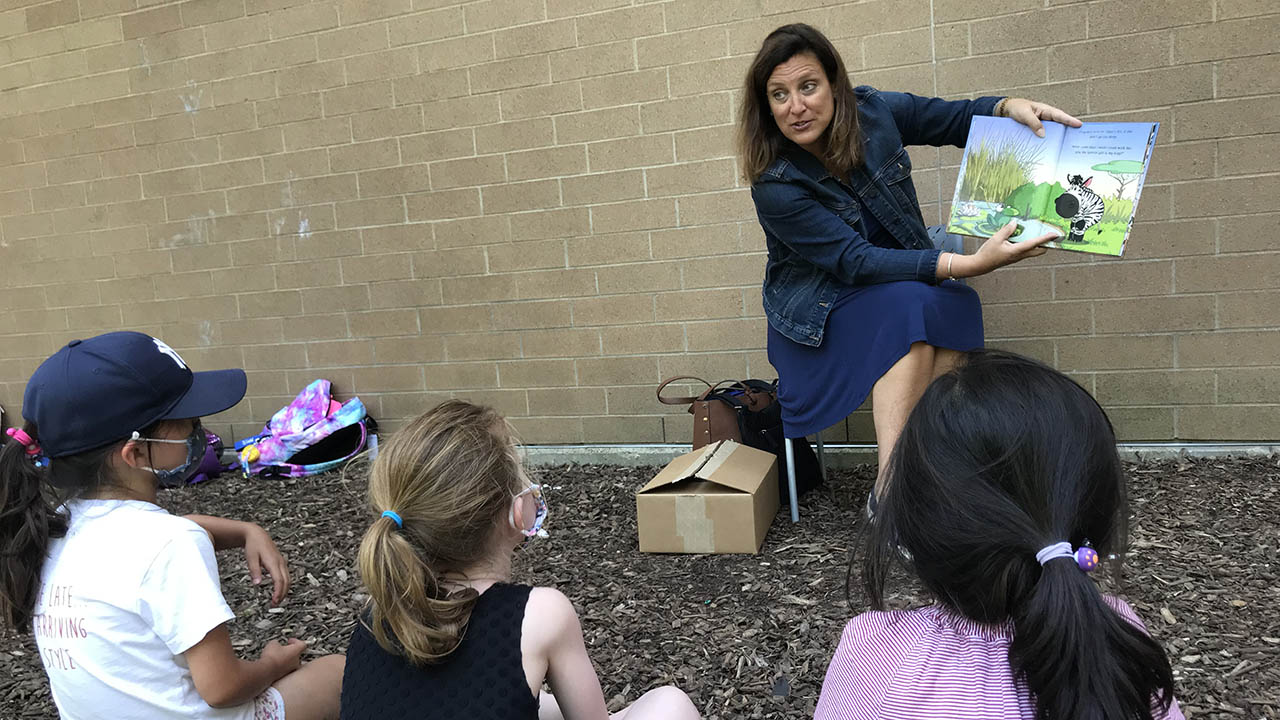
Celebrating the One-Year Anniversary of Our Children’s Book, “Zippy’s Special Gift” with Author, Therese Van Ryne
More
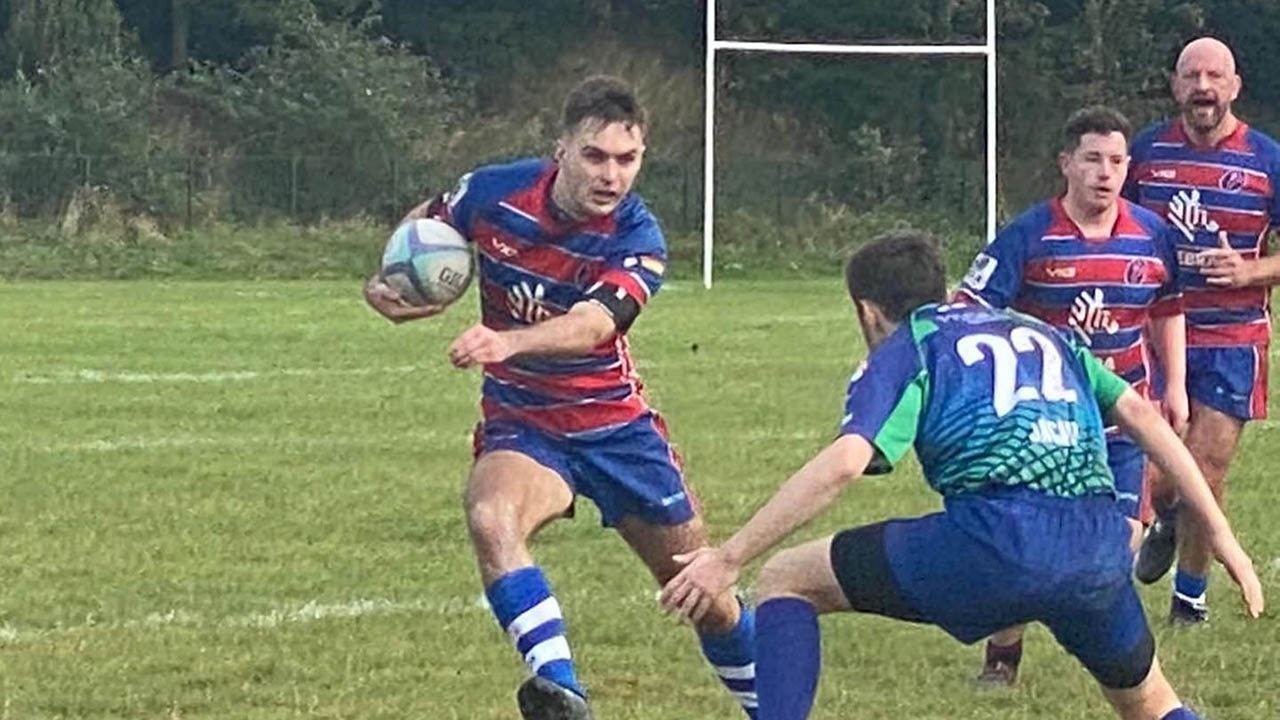
Why Sponsorship is a Powerful Form of Allyship: “I’m Finally Back Where I Belong (on the Rugby Field)”
More
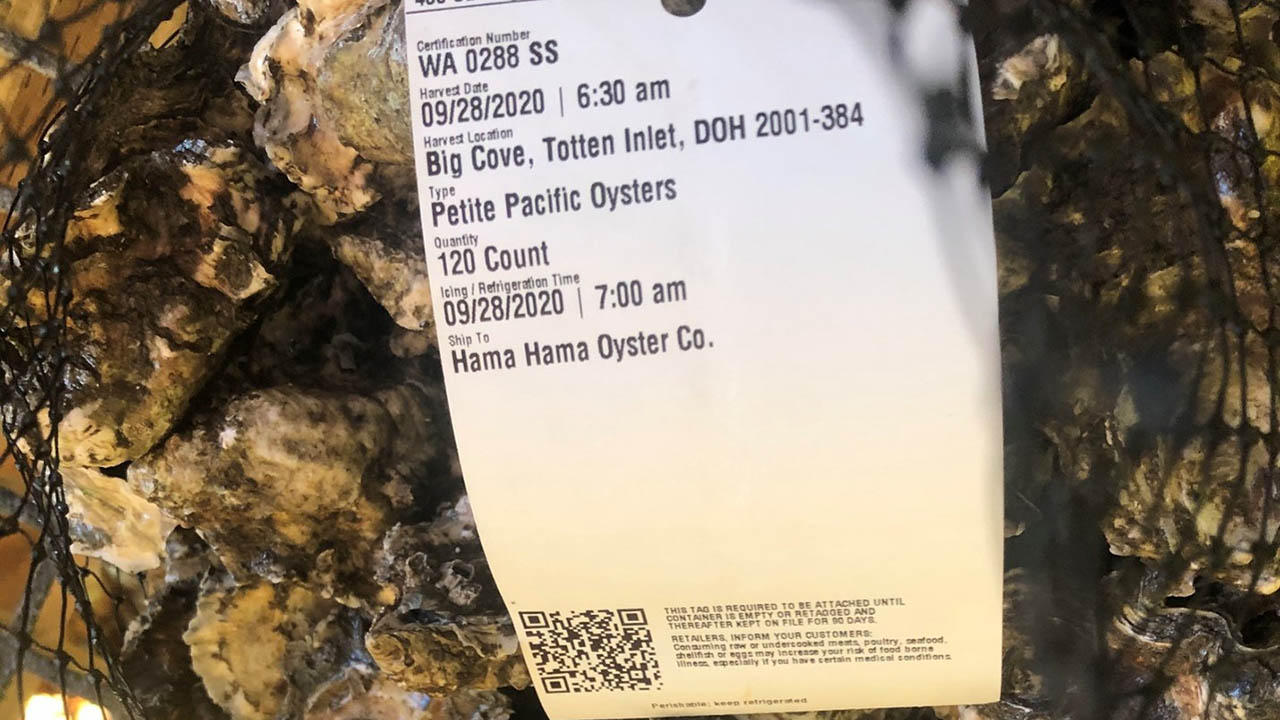
The FDA Has Defined a New “Blueprint for the Future,” and the Seafood Industry Must Act Now
More
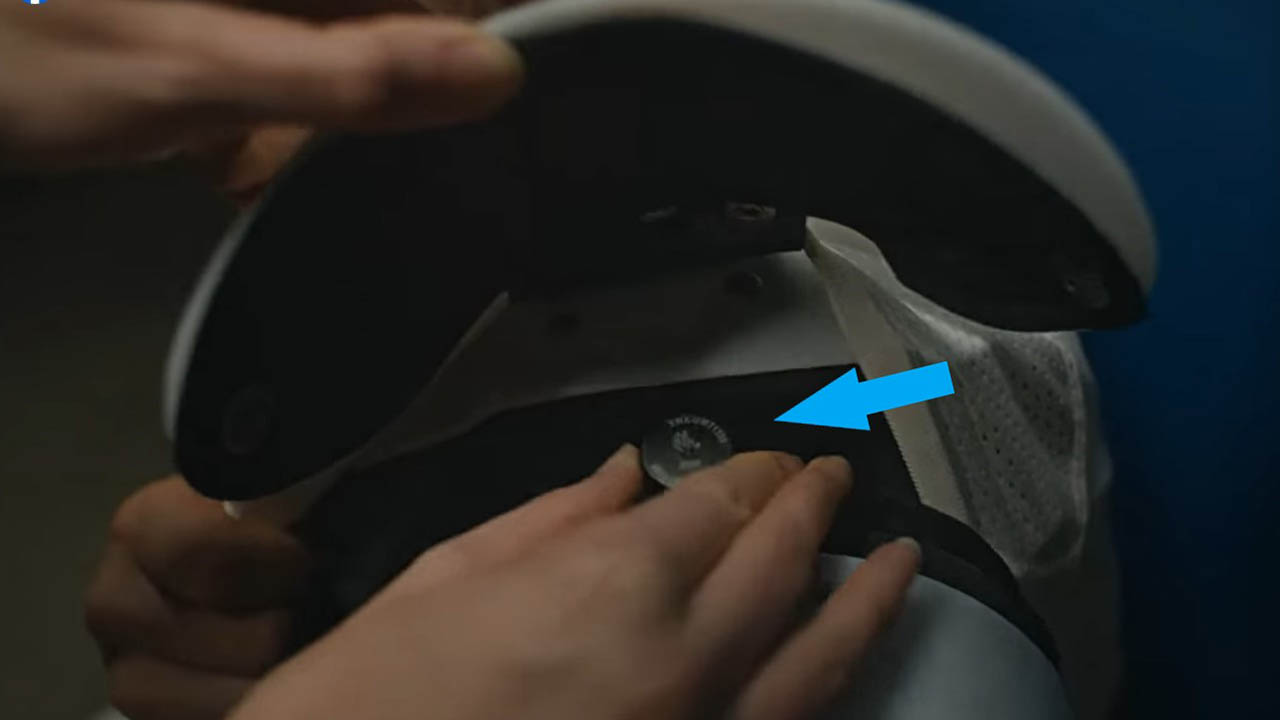
Why NFL Players are Benefitting from RFID Technology
More
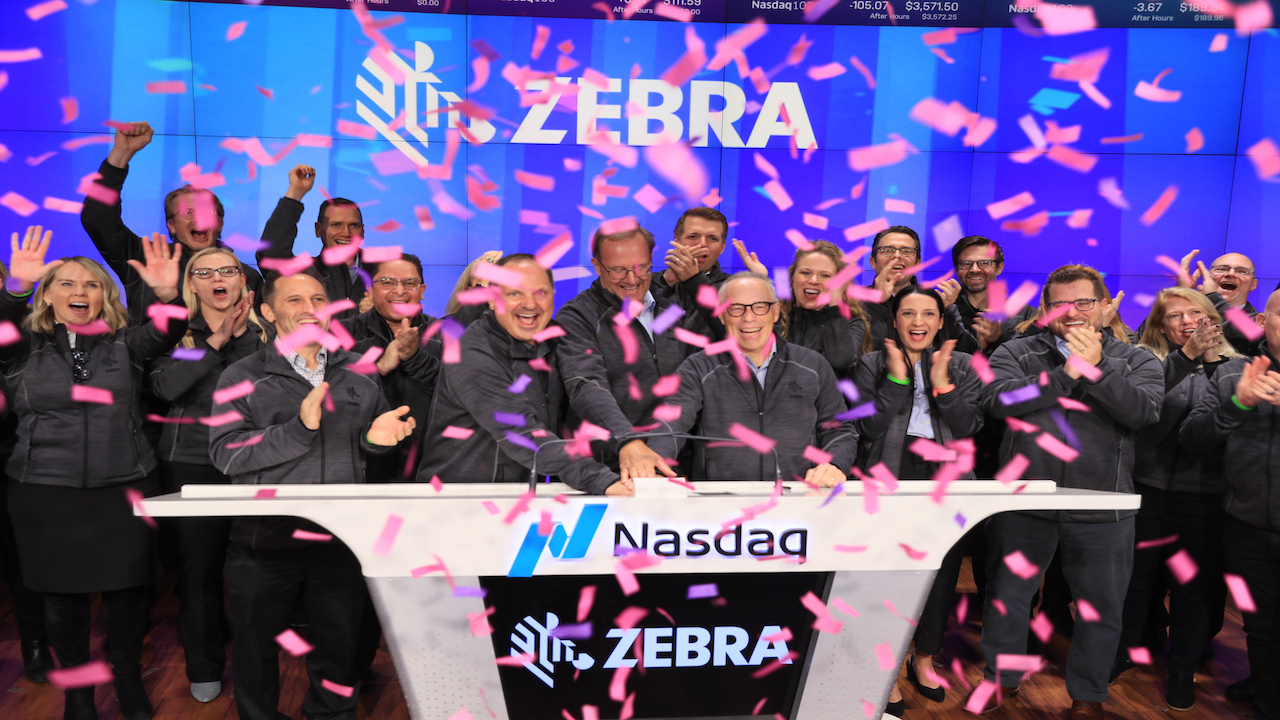
This Is What It Was Like Ringing the Bell
More

There’s an Easier Way to Comply with Natasha’s Law – and Introduce Click-and-Collect Services – in Food Service Settings
More

How Bank Managers Can Improve Execution, Communications, and More by Doing Less
More

Your Store Associates Have Higher Expectations Than Ever Before. Meet Them Where They Are with Intelligent Retail Solutions.
More

Heard Your Favorite Zebra Tablet is Sold Out? Have No Fear. The New L10ax Windows® Rugged Tablets Will Soon Be Here.
More

The Search is on…for a Better Way to Locate Hospital Staff, Patients and Visitors
More
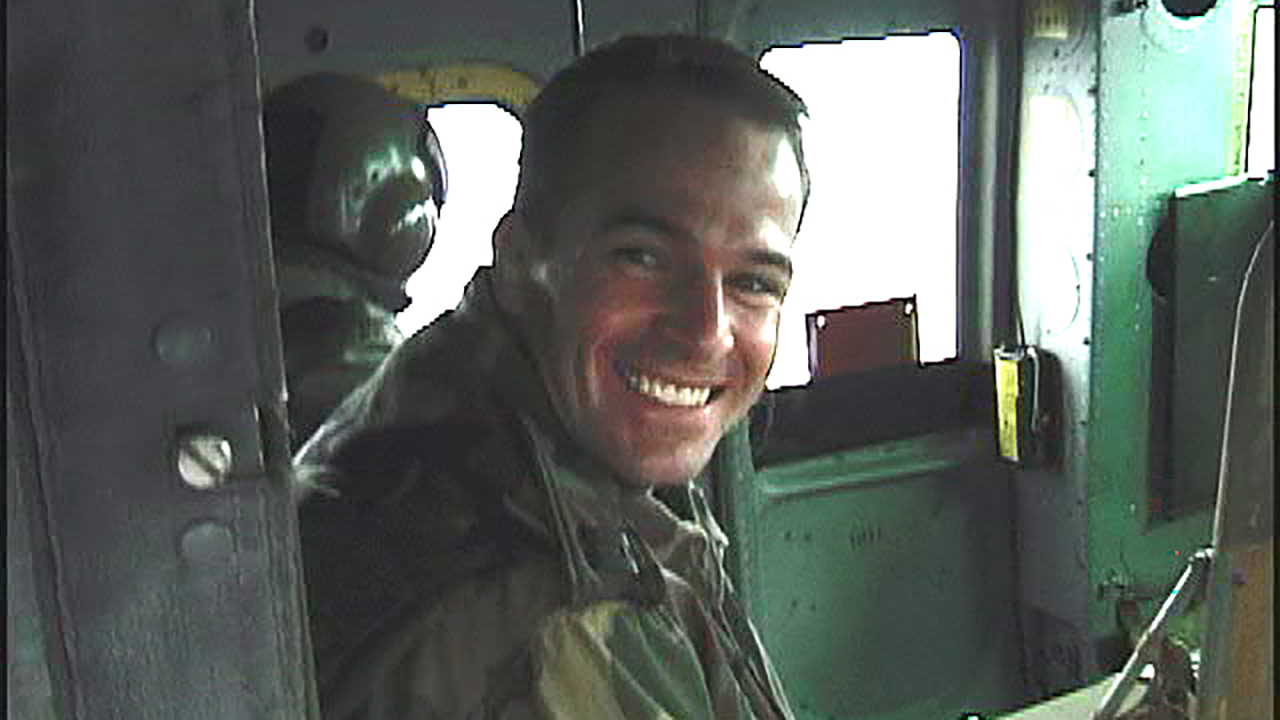
“The Surprising Ways My Military Service Prepared Me for a Successful Career in the Private Sector”
More
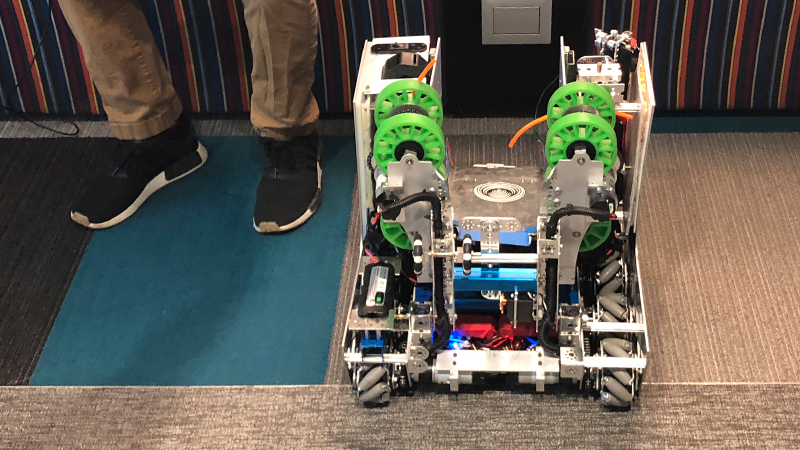
Why We’re Supporting Youth STEM Initiatives (and You Should Too)
More

The Five Phases of Rugged Device Lifecycle Management (and How They Impact Your Return on Investment)
More
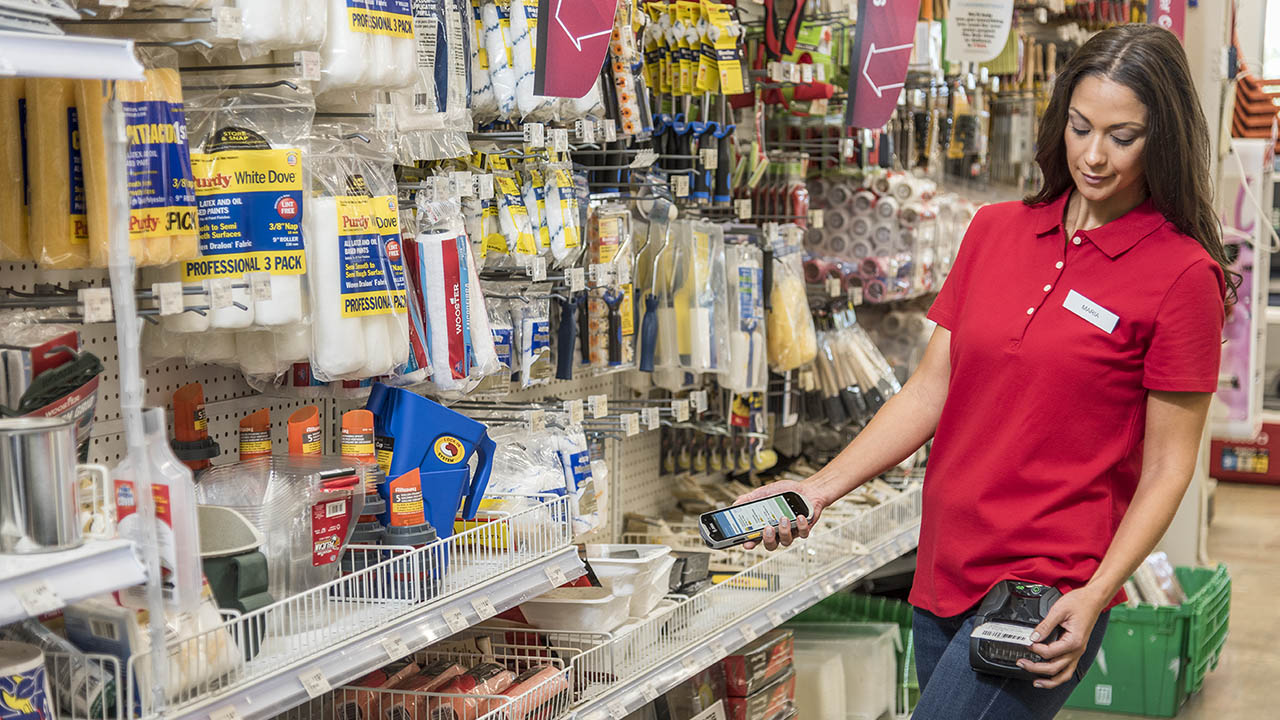
Why Utilizing Artificial Intelligence (AI) and Machine Learning is Essential to Solving Your Retail Labor and Execution Challenges
More
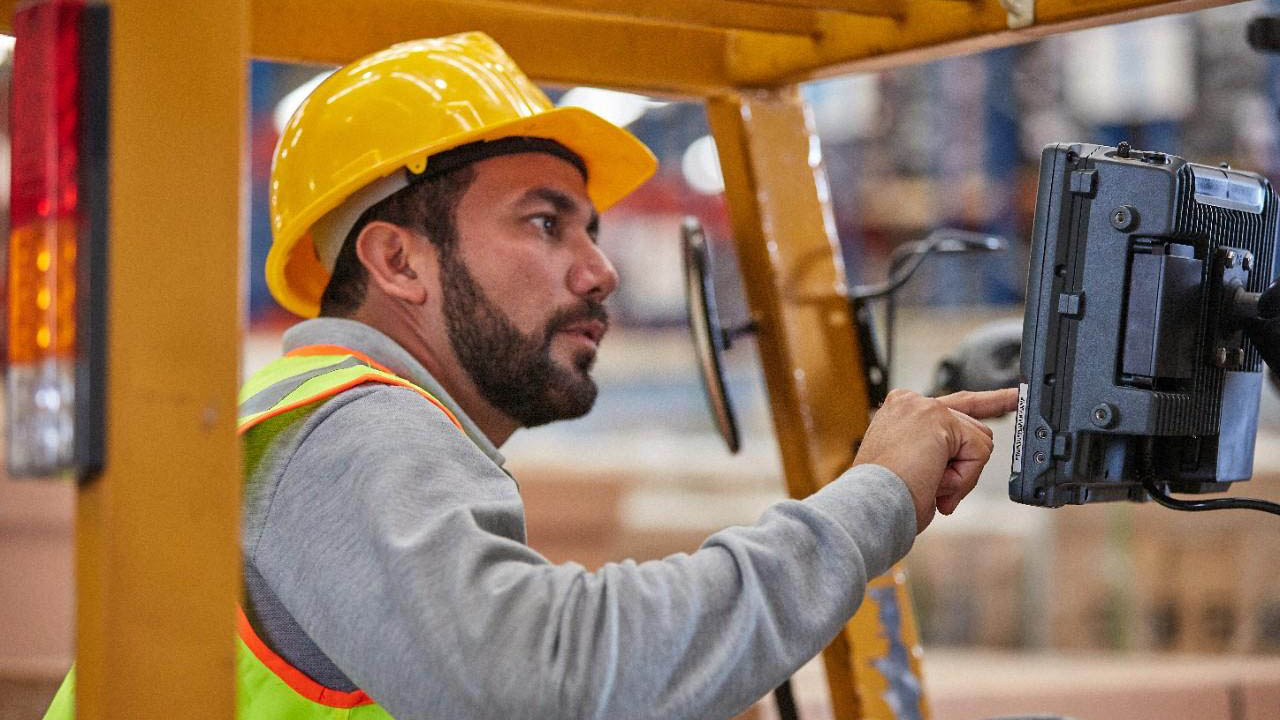
If You’ve Been Thinking About Installing Rugged Tablets in Your Forklifts, Cranes or Container Bridges Because Operators Want or Need a Larger Touchscreen, Read This First.
More

Not a Fan of Heavy Metal? Neither are Some RFID Readers. That’s Why You Need to Hear This.
More
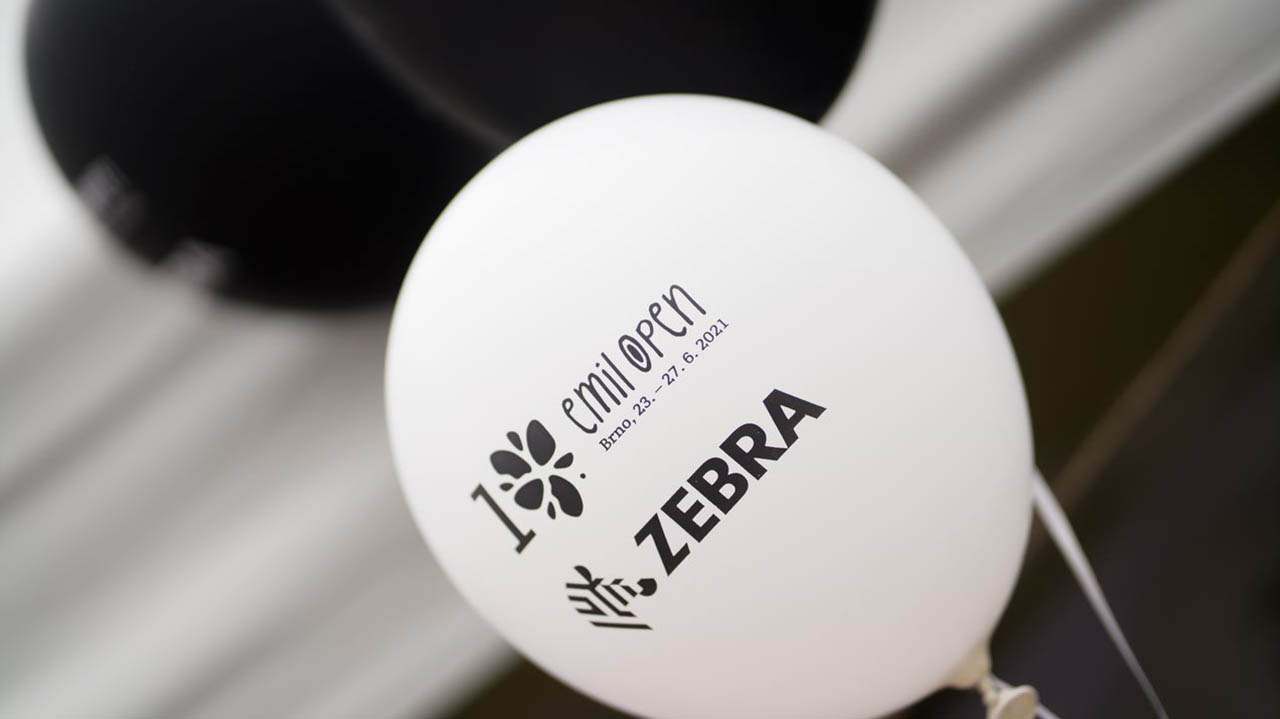
Diversity Works: Employing People with Disabilities Improves Everyone’s Lives
More

Micro Fulfillment Centers are All the Rage Right Now. But Do They Make Sense for Every Retailer? These Are the Numbers to Run.
More

Silence is Golden for Those Who Use Bluetooth®-Paired Devices to Stay Productive (Which is Most Workers Today)
More
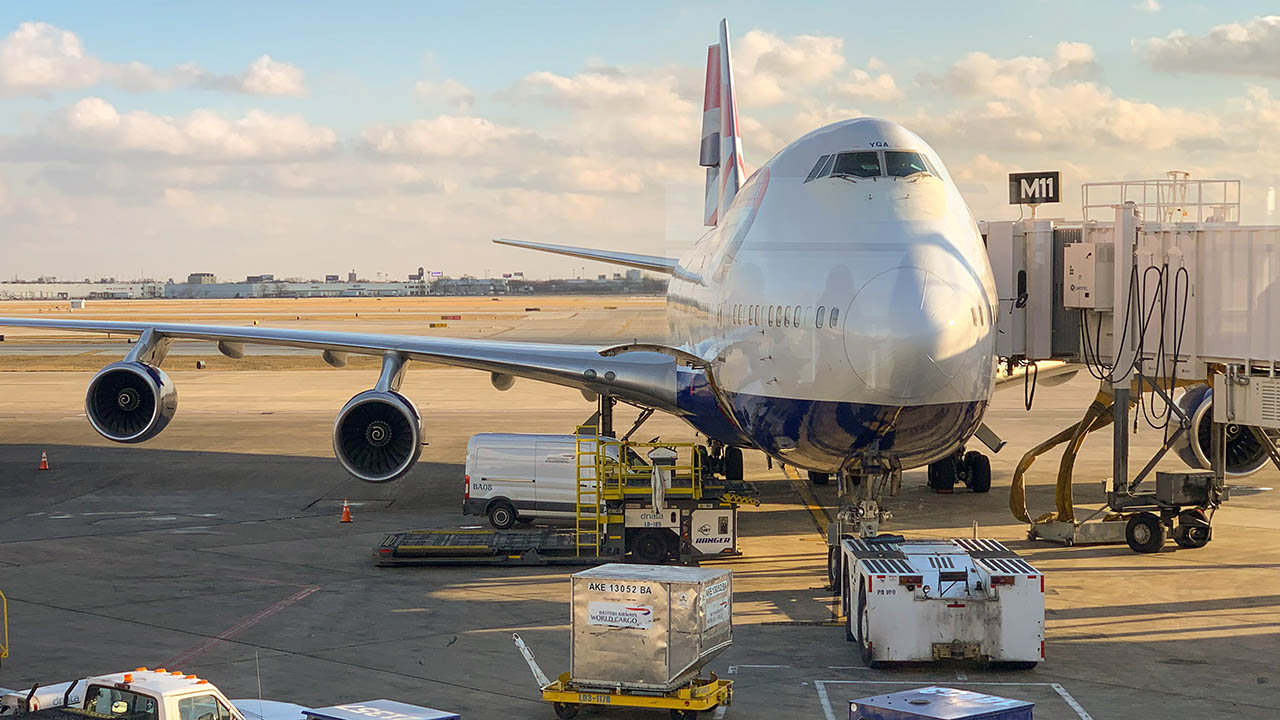
Need to Create More Capacity for Air Cargo and Optimize Fuel Consumption without Resizing Your Fleet? Here’s One Option.
More
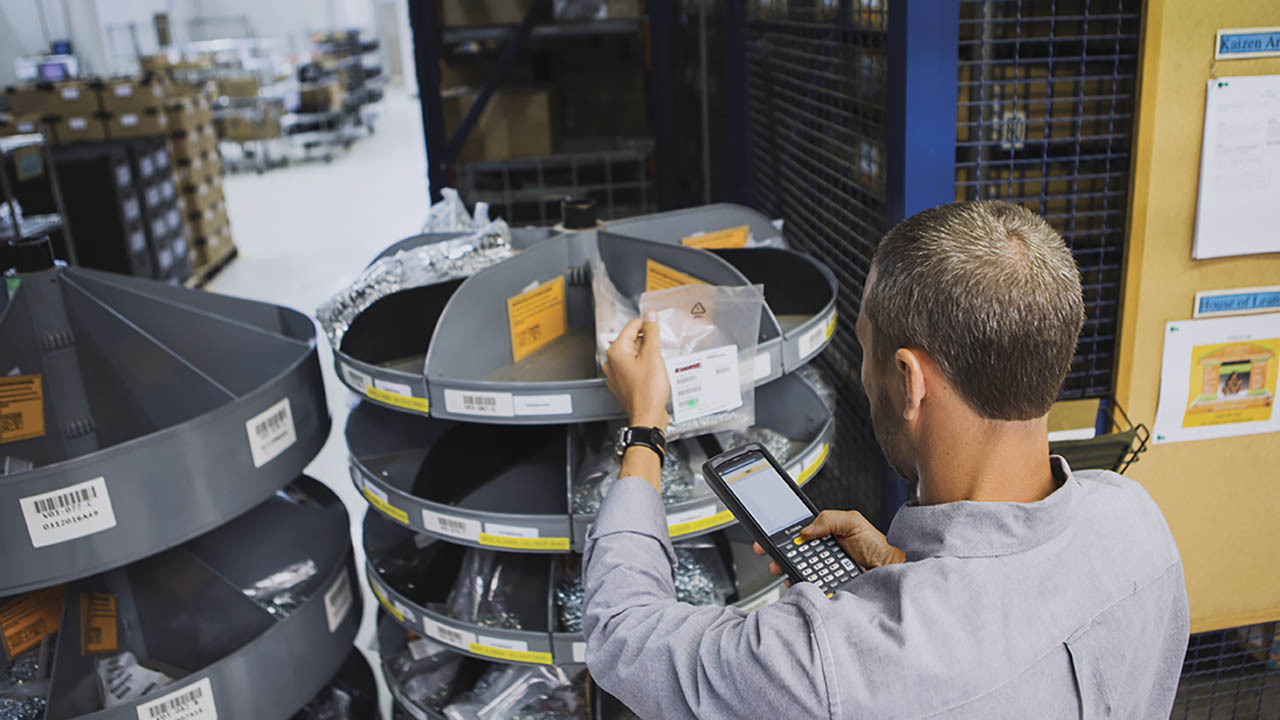
Secrets to a Smooth System Migration: A Step-by-Step Guide for All Technology Owners, Operators and Overseers
More

With Cyberattacks on the Rise, Security Strategies Must Change. Here’s What You Should Be Doing Now.
More
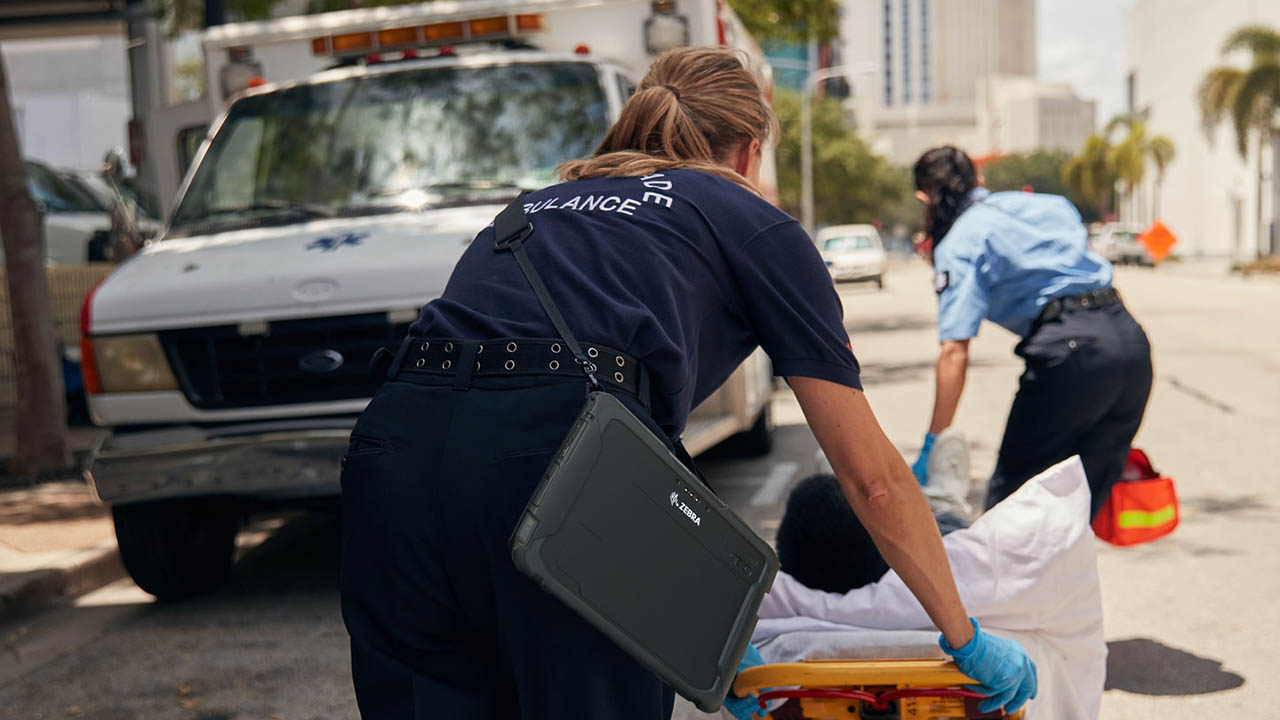
Believe It or Not, Most Field-Based Workers Don’t Need or Want Laptops.
More
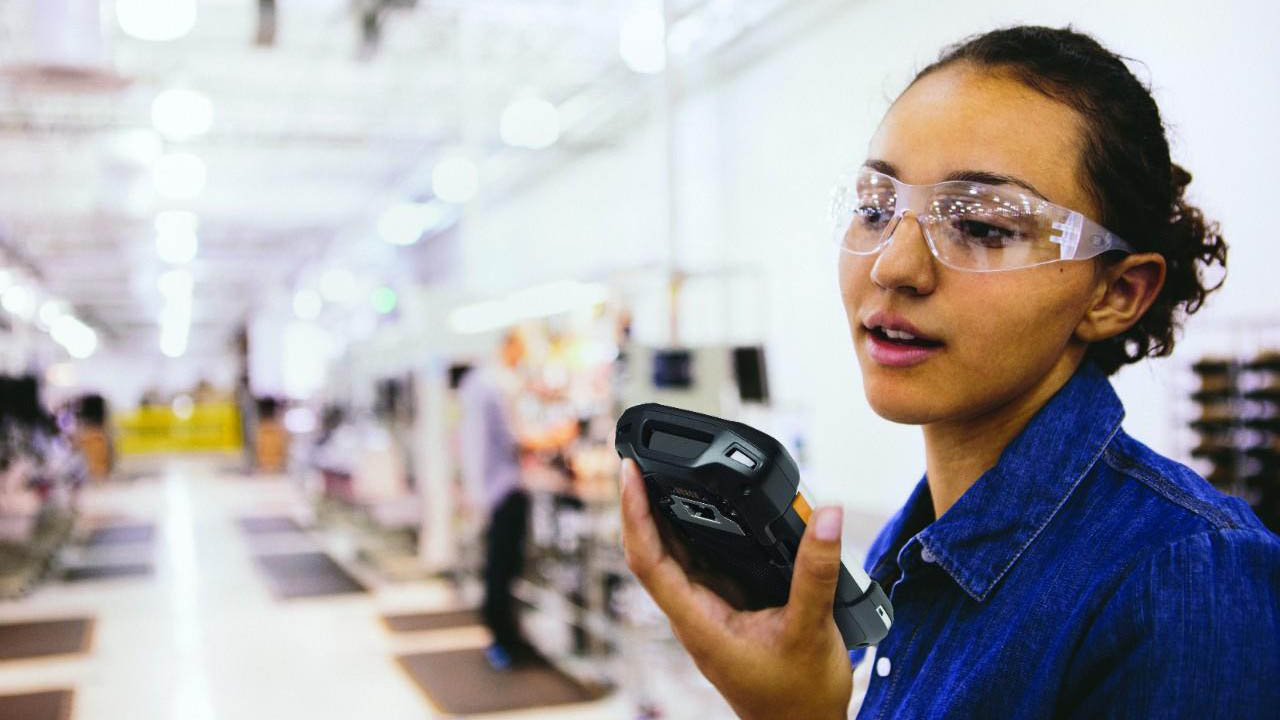
The Two-Way Radio Hasn’t Gone Out of Style. It’s Just Changed Its Style – and Gained in Value as Collaboration Becomes Essential.
More

Hispanic Heritage Month: Empowering the Next Generation to Carry a Legacy of Love
More

Shoppers Say It’s Easy to Swipe Items at Self-Checkout. Here’s How Retailers Should Respond.
More
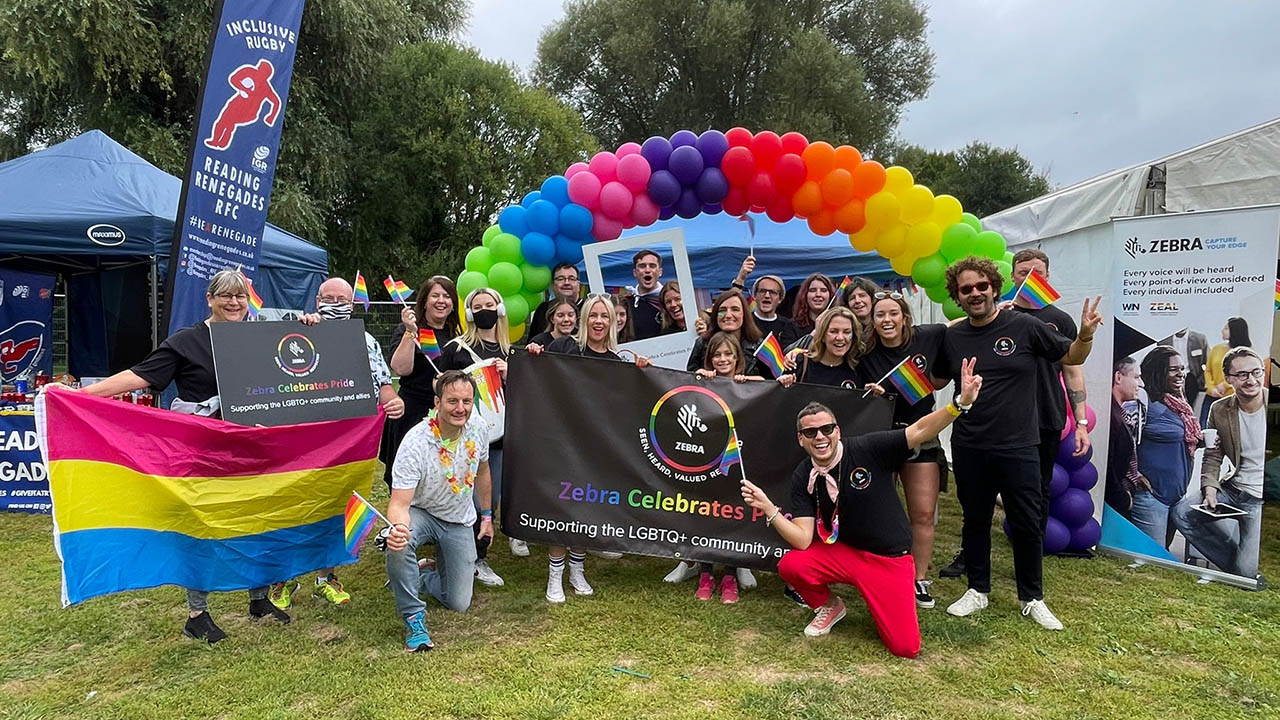
It’s Not Easy to Come Out for the First Time. Or the 100th Time. But We Can’t Hide Who We Are Anymore.
More

Here’s Proof You Should Never Underestimate Your Capabilities – Or Technology
More

Zebra Just Acquired Its Third Software-as-a-Service Company in Two Years. What’s Going On?!
More
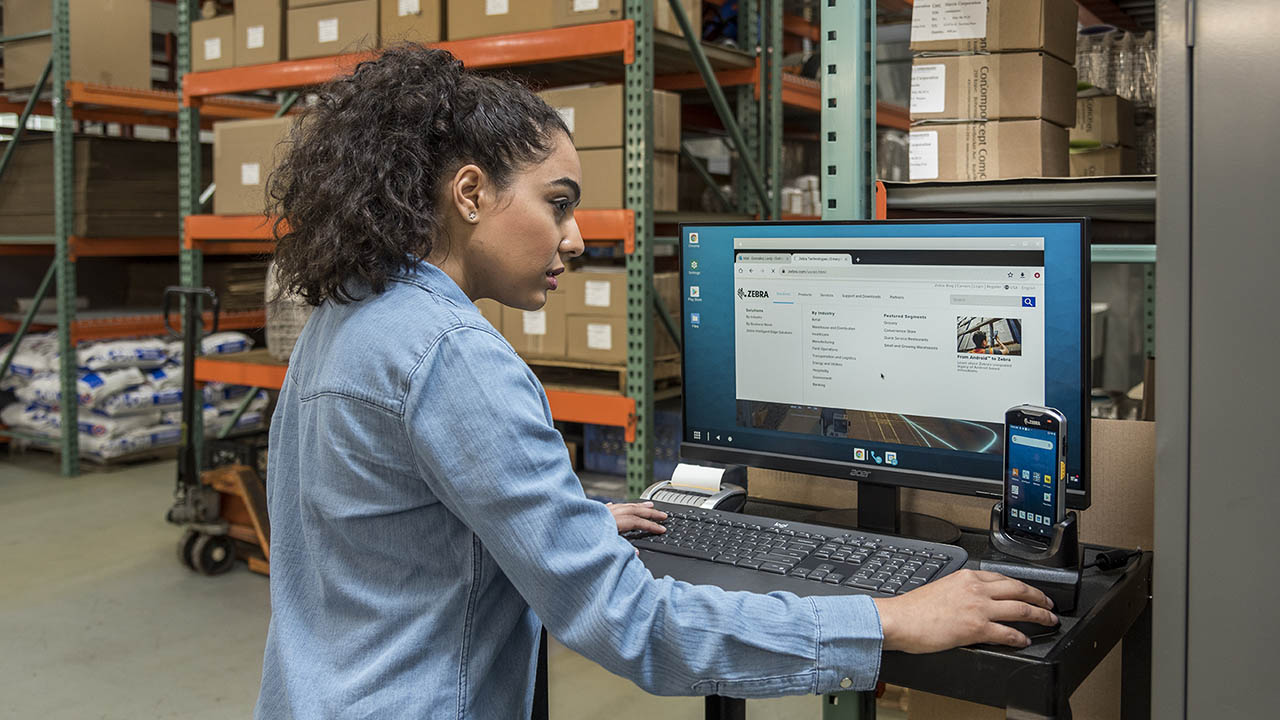
Three Ways to Prepare Your Retail Warehouse and Distribution Center Teams for the Holiday Season
More

Why Your Branch Transformation Strategy Must Start with Your Staff
More

From One Entrepreneur to Another: "Know Your Consultative Worth"
More

Want to Know When Mobile Device Batteries are Draining Excessively? Curious if Printers are Actually Printing? Hoping to Right Size Your Device Fleet Once and For All? There’s an API for That…and More!
More
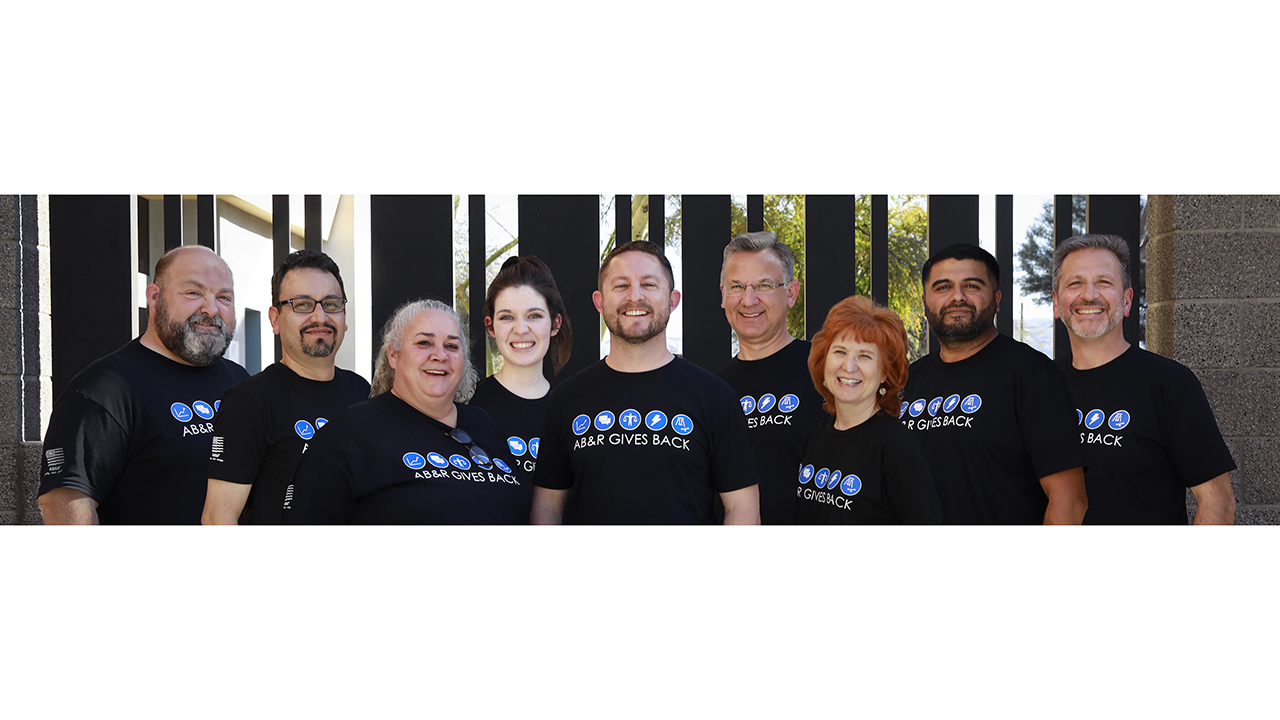
Partner Perspectives: “Why Zebra Was One of My First Calls 24 Years Ago…and a Company I Still Call Almost Every Day”
More

The Food & Beverage Industry Must Automate If It Wants to Stay Ahead of Consumer Demand and Challenges
More

Four Ways to Boost Employee Engagement and Retention at Convenience Stores Right Now
More

The Past, Present and Future of Zebra’s PartnerConnect Program
More

Two Inclusion and Diversity Champions Share Truths of the Latinx Experience on the Journey for Greater Empowerment
More

The Supply Chain Situation is Serious, but There are Some Things Small Businesses Can Do to Turn Things Around.
More
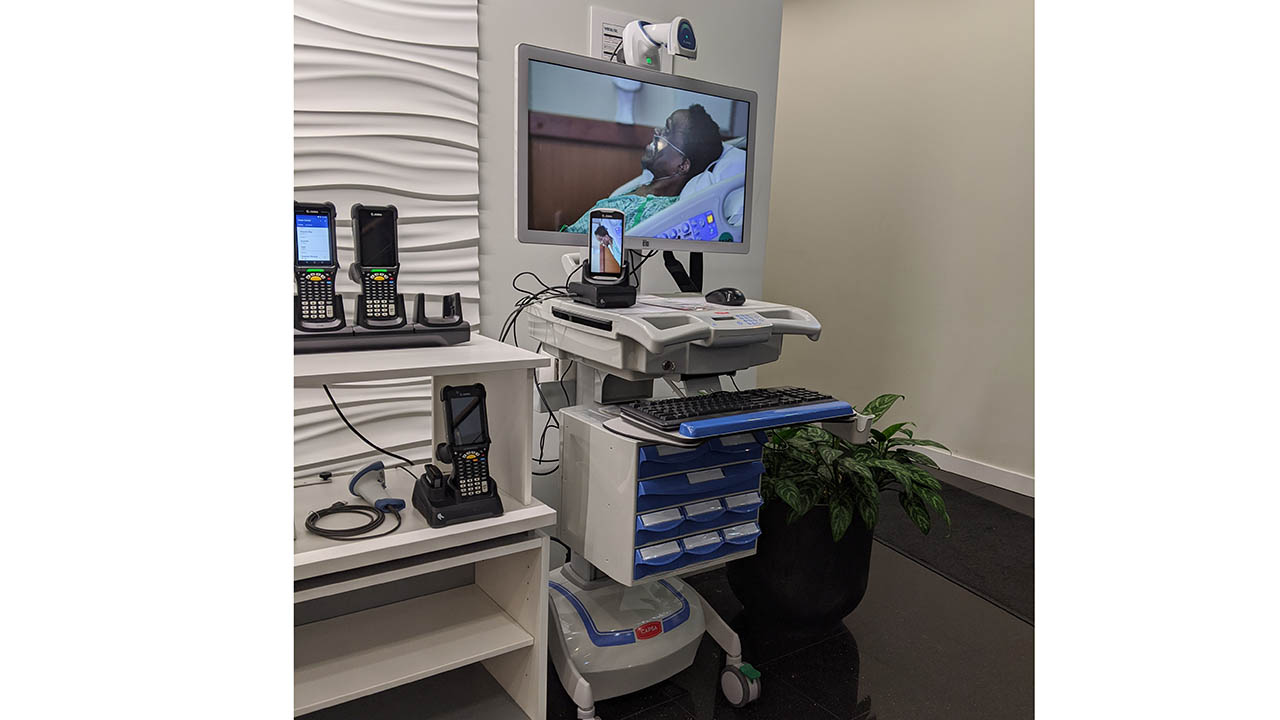
The Rise of Remote Patient Monitoring: How Technology is Changing Caregiving as We Know it
More
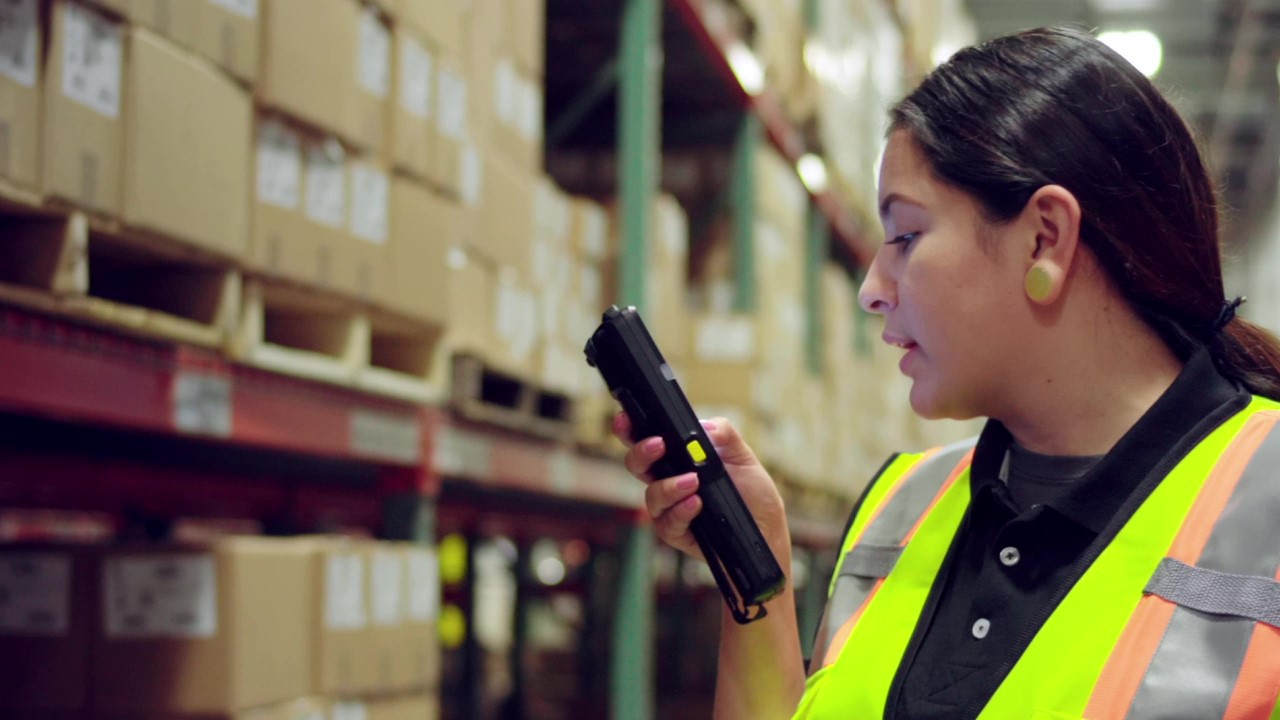
Wireless Network Traffic is Growing by the Day, Which Means Factory, Warehouse and Retail Store Workers Will Probably Need Wi-Fi 6 Mobile Computers Sooner Than You Think. This is How You Can Prepare.
More

Industrial Automation Isn’t a New Concept, But Engineers Are Now Designing Systems with a New Generation of Users – and Business Challenges – in Mind
More

Ask the Expert: Should I Upgrade My Workers to 5G Devices in 2021? And, If Not Now, When?
More

Small Business Leaders: If You Want Customers to Trust You, Channel the Expertise of Their Most-Trusted Brands
More
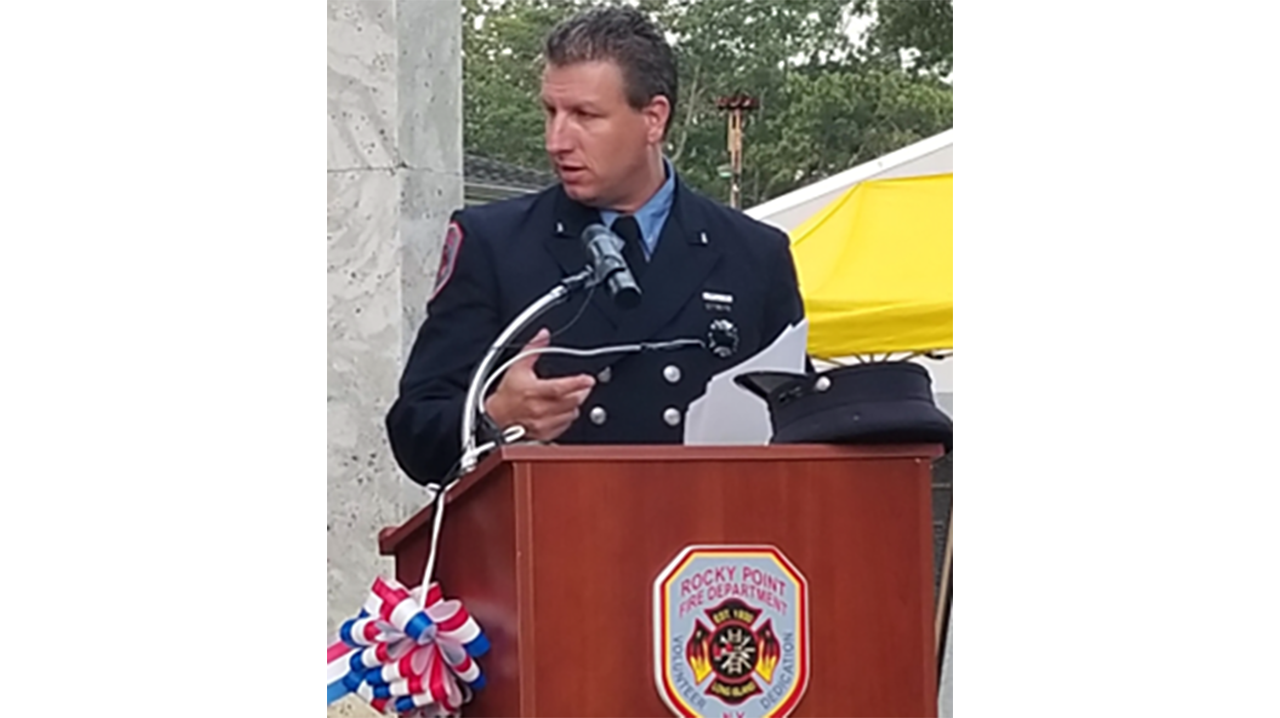
September 11, 2001, Remembered: A Conversation with Volunteer Firefighter David Singer
More

We Must Urgently Rethink How Pharmaceutical Supply Chains are Managed – and the Role RFID Plays
More
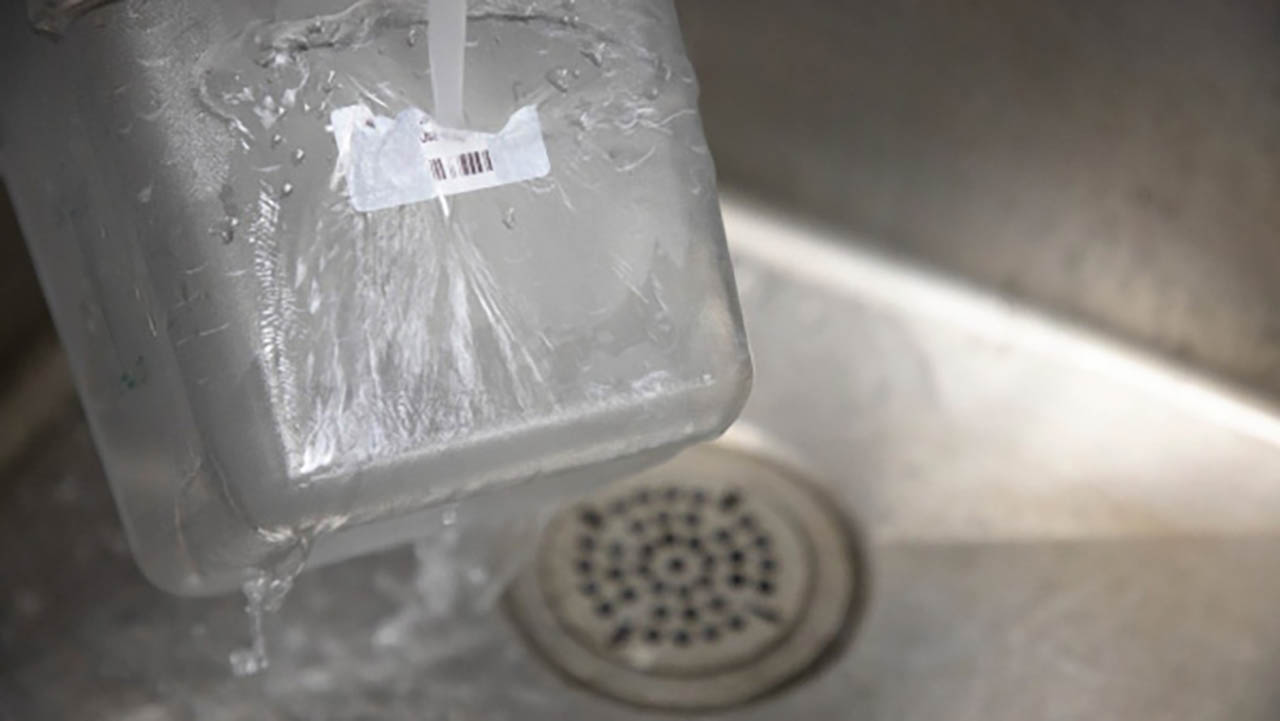
Dissolvable Labels are Now a Thing, and Both Mother Nature and Restaurateurs are Rejoicing
More

If You’re Still Using a Zebra G-Series Desktop Printer, It’s Probably Time for a New Printer. Here’s Why.
More
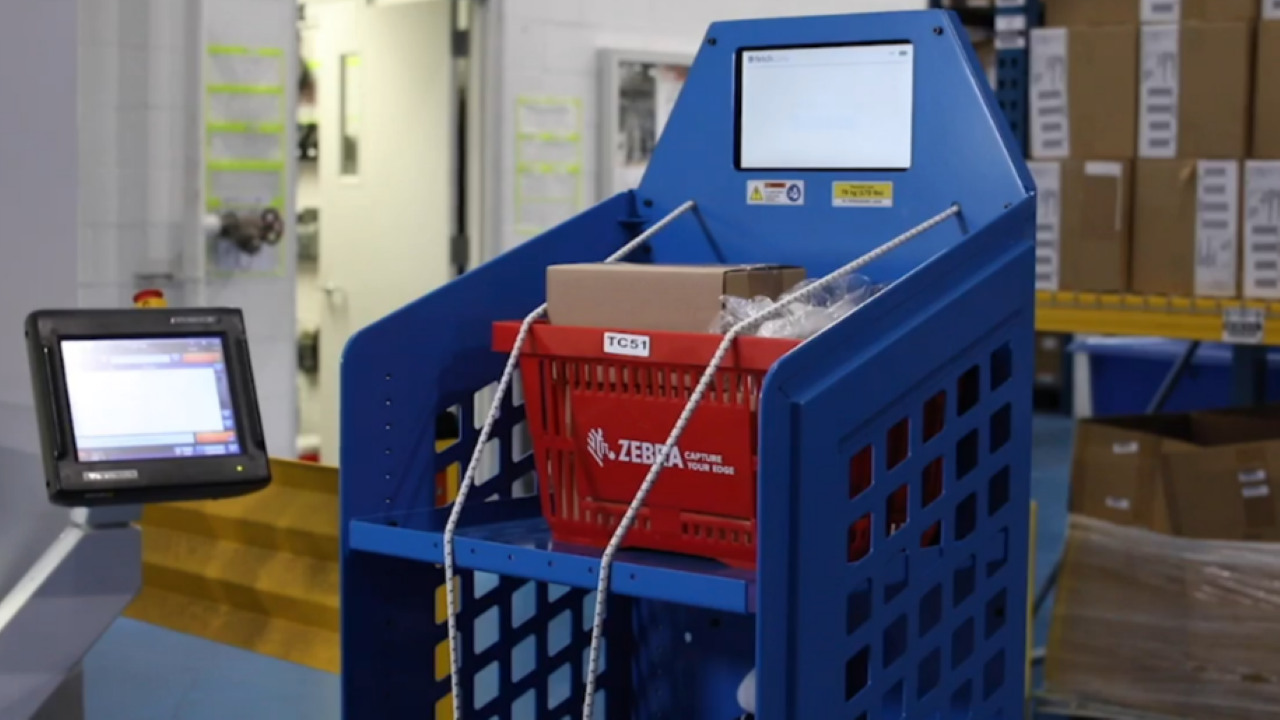
Exclusive Interview: The Real Reason Why Zebra Acquired Fetch Robotics
More
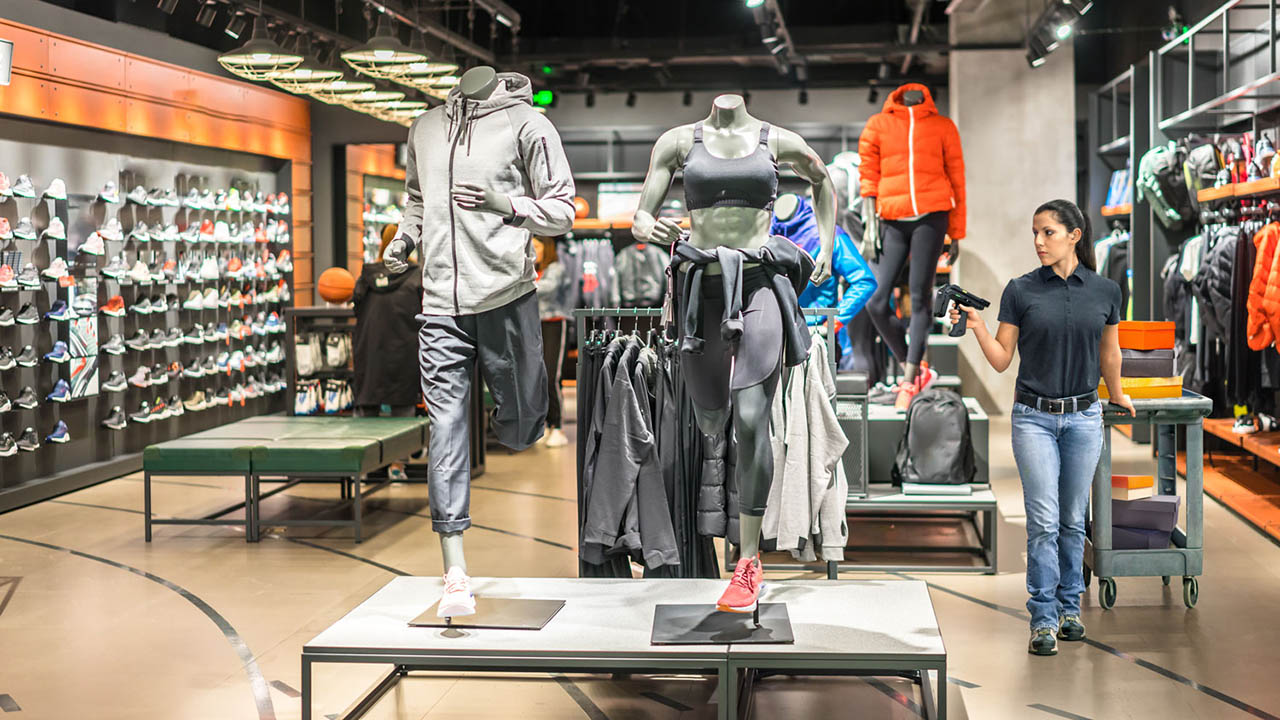
If You Dread Having “Dead Inventory,” Consider This
More
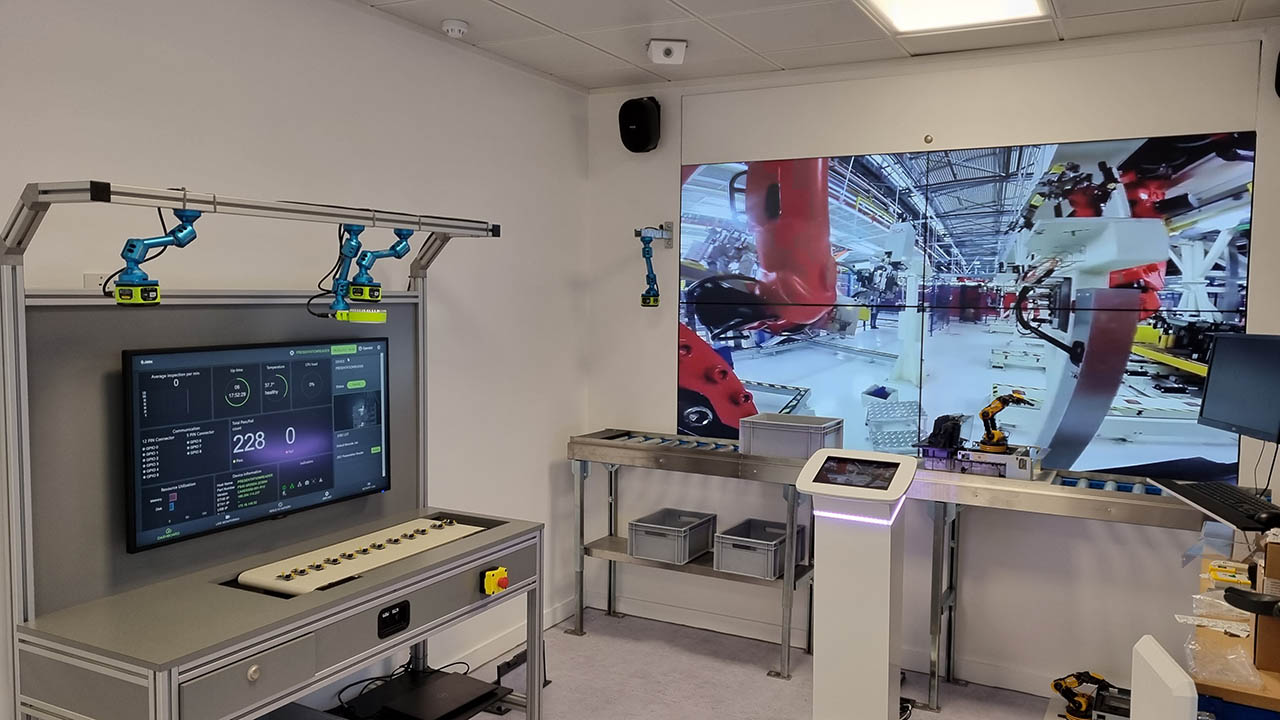
Say Hello to Zebra 2.0…in Person!
More

We’re (Literally) Hacking Away at the Next Brilliant Way to Verify Vaccine Certificates – and Address Other Urgent Real-World Needs
More

How’s Your (RFID) Memory? Let’s Find Out.
More
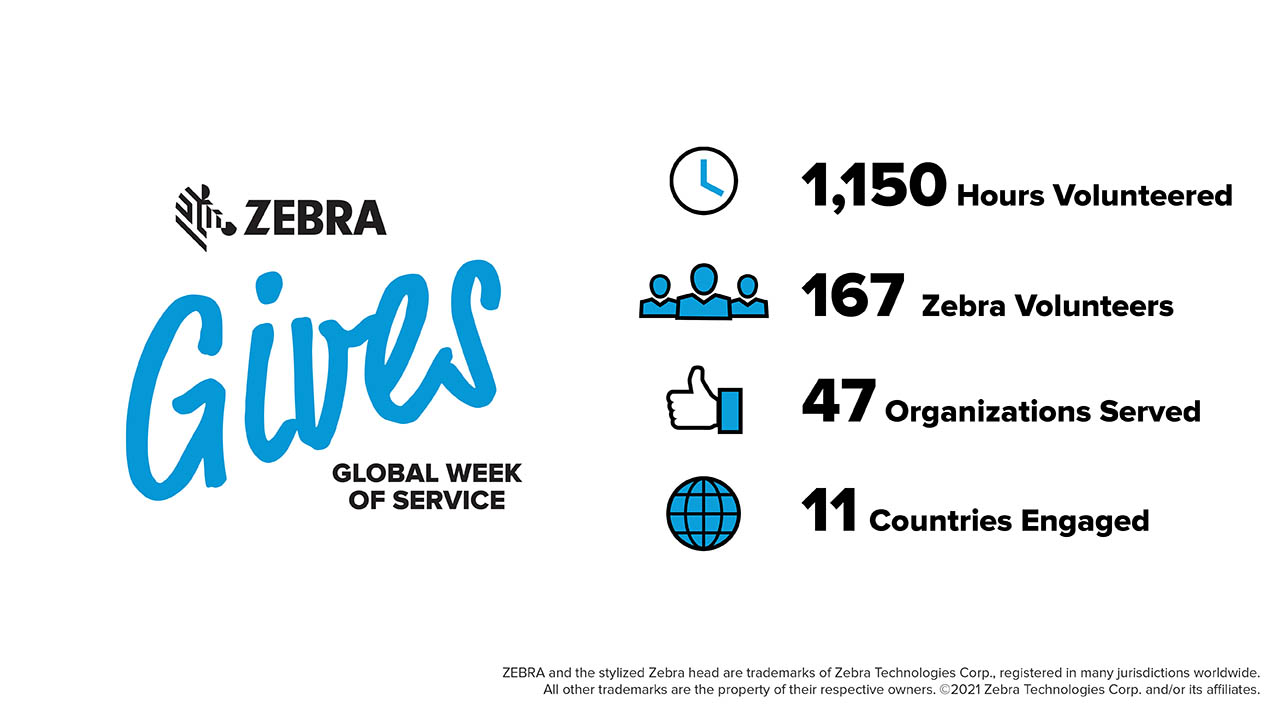
Doing Well by Doing Good: See How We Helped Restore Communities During Zebra’s Second Annual #GlobalWeekofService
More
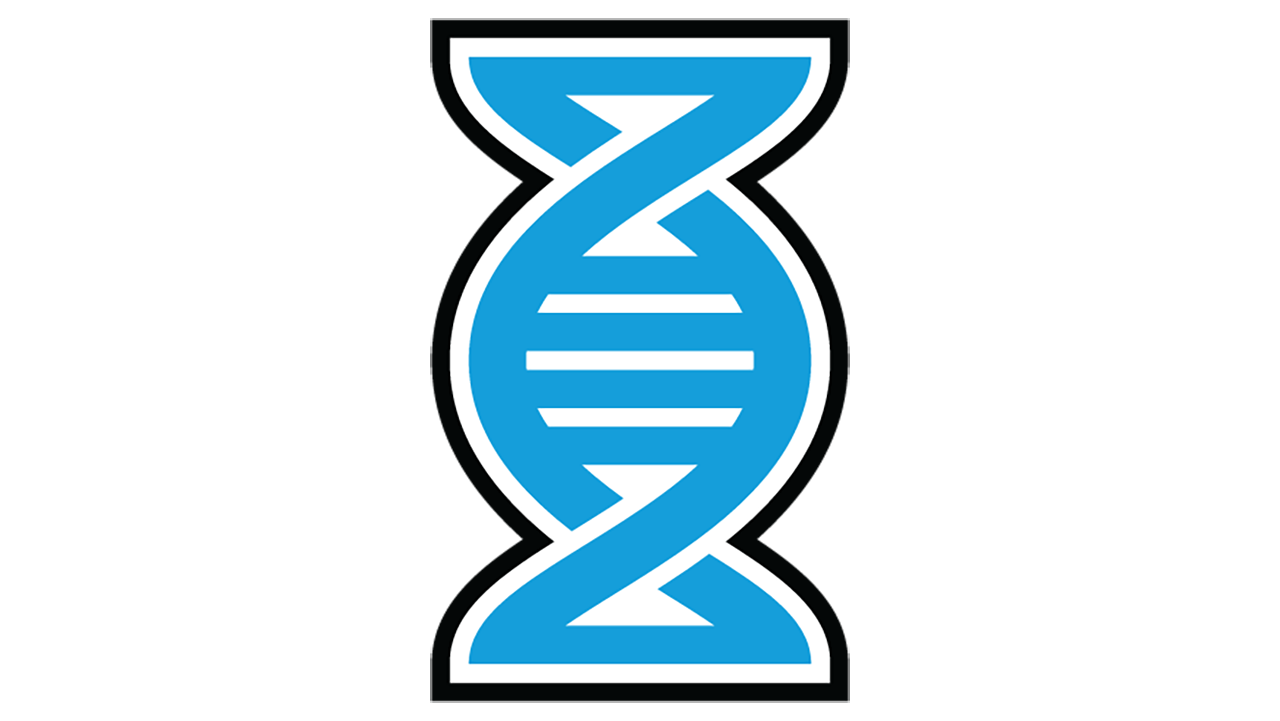
Ever Wonder Why Zebra Mobile Computers, Scanners or Printers are Just Easier to Deploy, Manage and Use Than Others? Or Why They Last Longer?
More

Stuck on You: Gene Hofer Reveals Why He Has Dedicated the Last 30+ Years to Improving Zebra’s Labeling and Supplies Solutions
More

Retailers: See How Technology Can Improve the Store Experience – from the Shopper and Associate Points of View
More
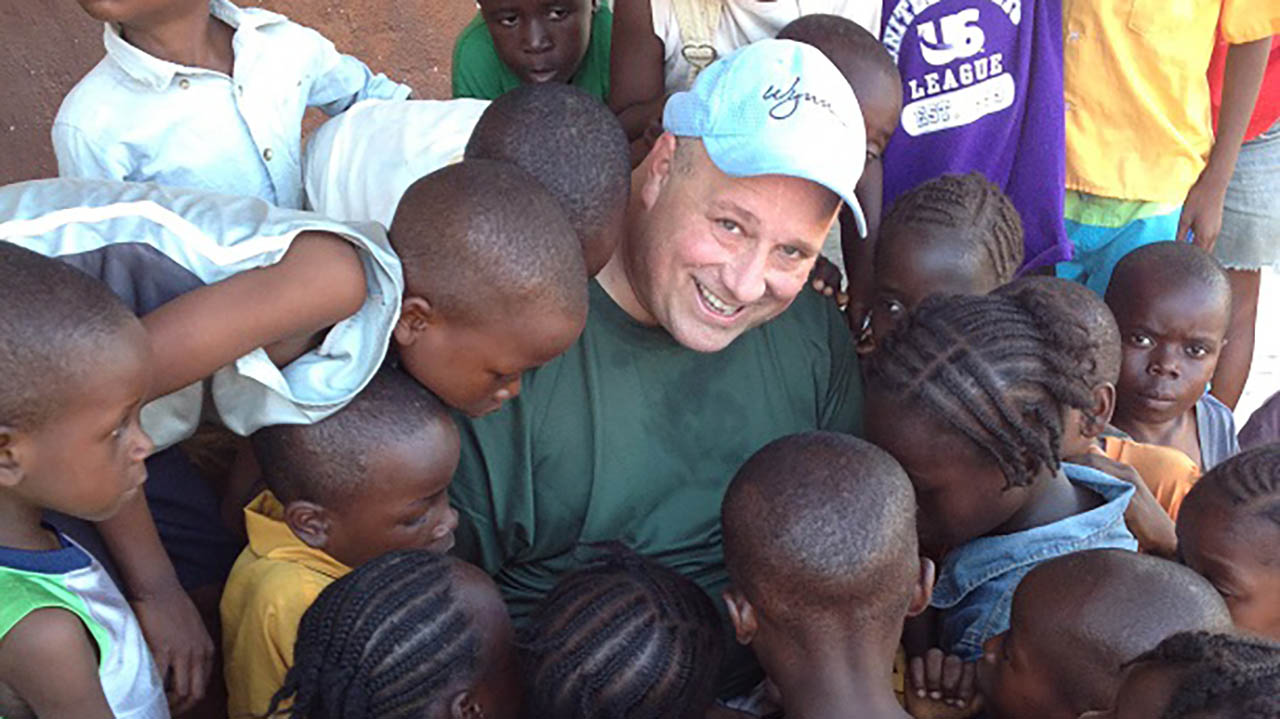
Doing Well by Doing Good: How You Can Leverage Your Professional Experience for Philanthropic Purposes (According to Someone Who Has)
More
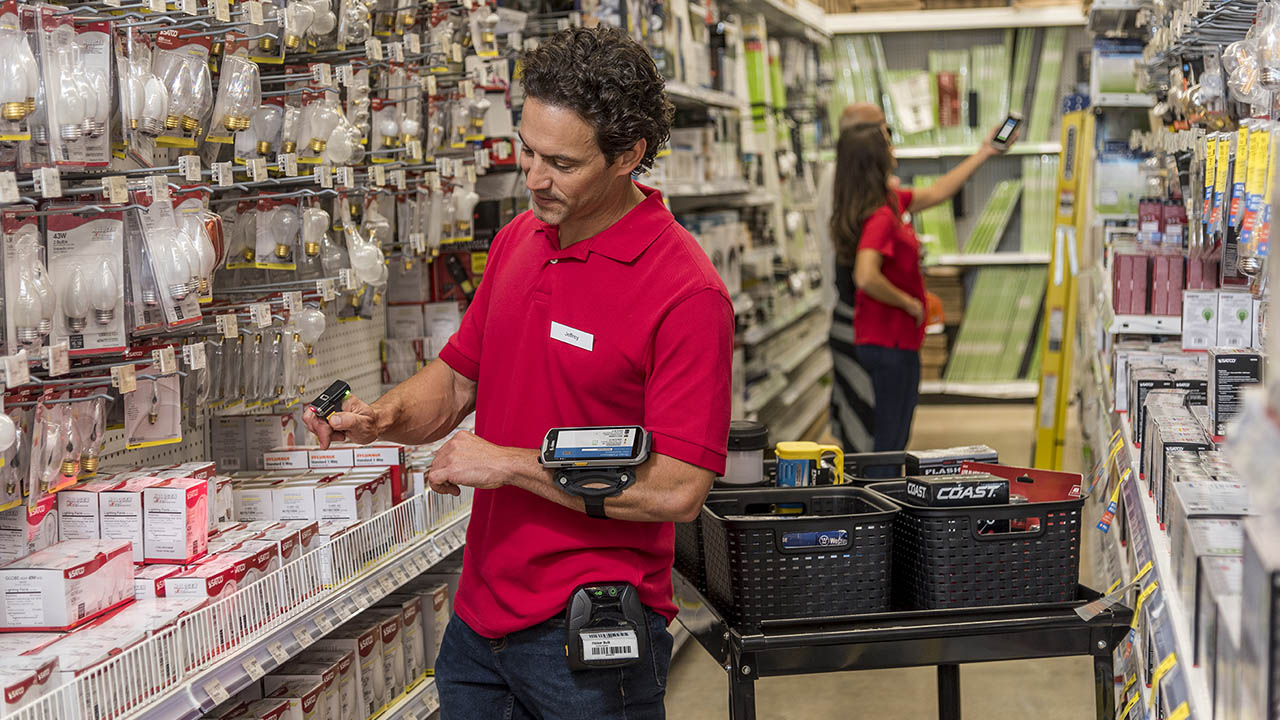
These Three Things Were Resoundingly Clear at NRF Converge 2021
More

Five Reasons Why Rugged Enterprise-Grade Tablets are Delivering a Stronger Return on Investment Right Now
More
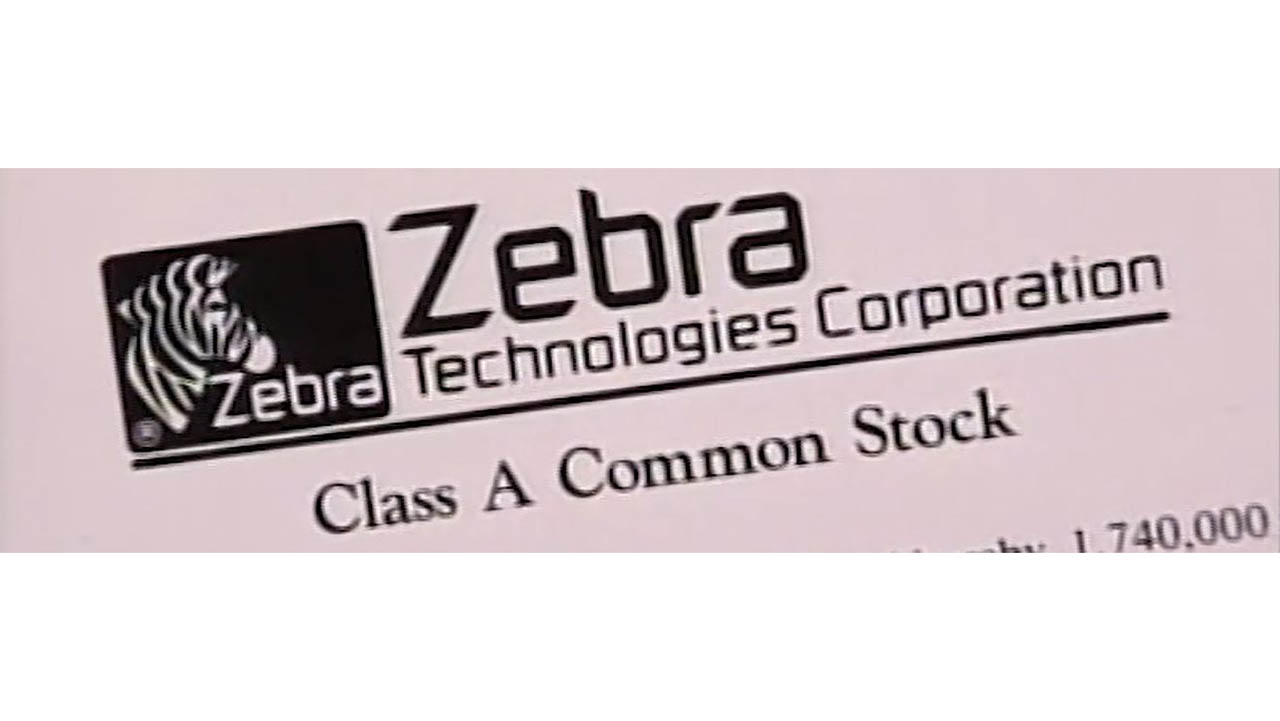
What Will the “Next 30 Years” Look Like? And Will Robots Outnumber People Anytime Soon? We Sit Down with Zebra’s Vice President of Corporate Strategy to Find Out.
More
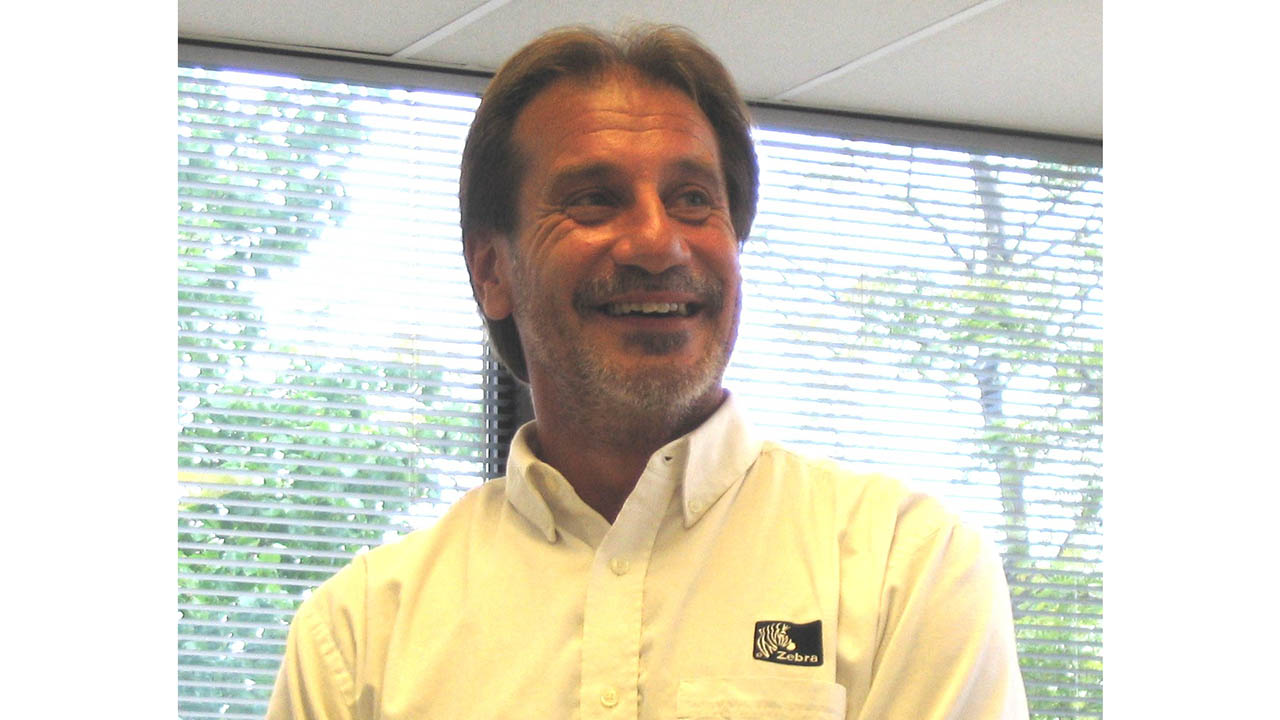
As One of the Last “Original” Zebras, Tom Zwier Will Be the First to Tell You a Lot Has Changed Since Zebra Went Public 30 Years Ago. But He’s Proud a Few Things Never Did.
More
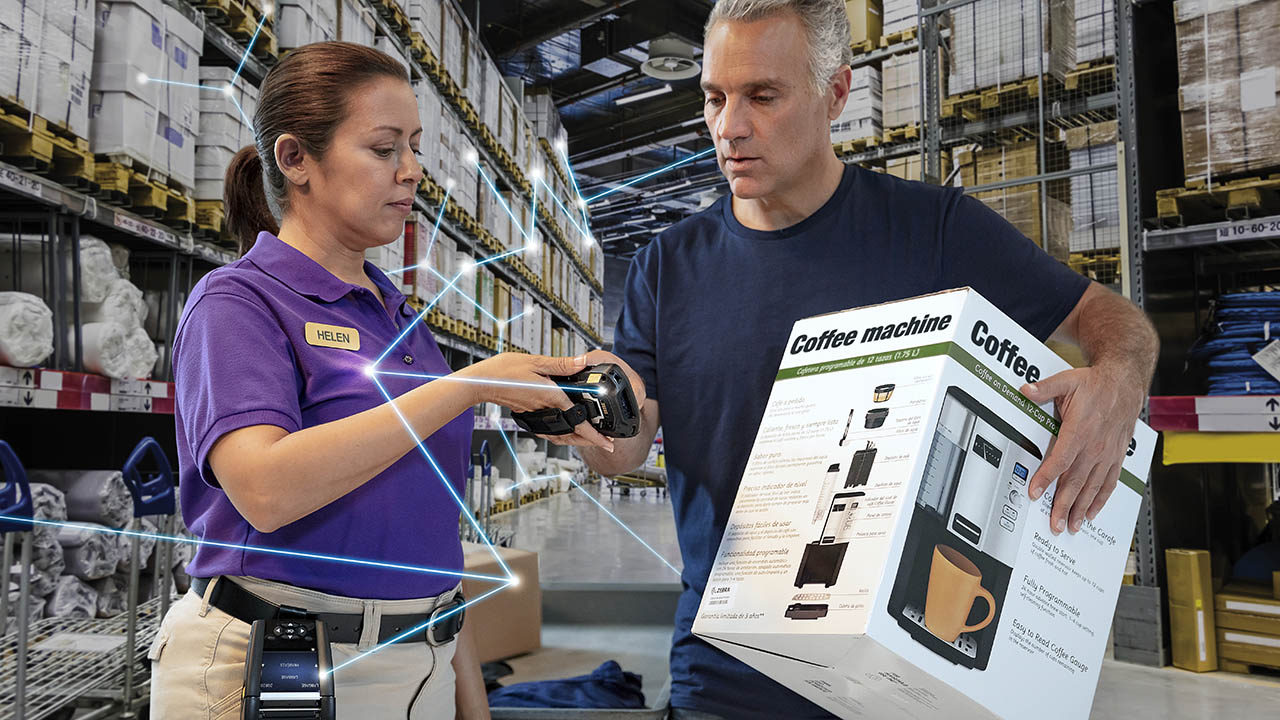
Retail Insight: Why Workflows and Technologies Typically Reserved for the Warehouse are Making Their Way to the Front of Stores
More
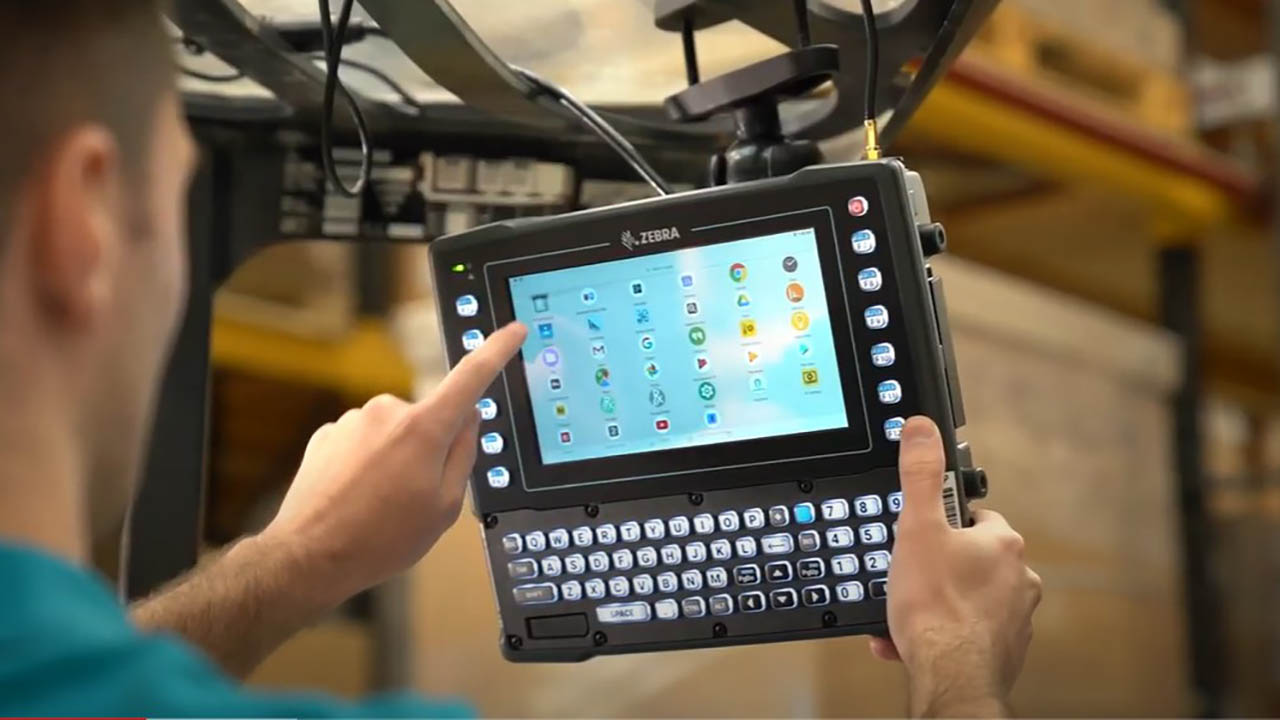
Ask the Expert: Can You Help Me Find the Right Computer, Mounting Configuration and Mobile Printer for My Material Handling Applications? There Are So Many Options on the Market.
More
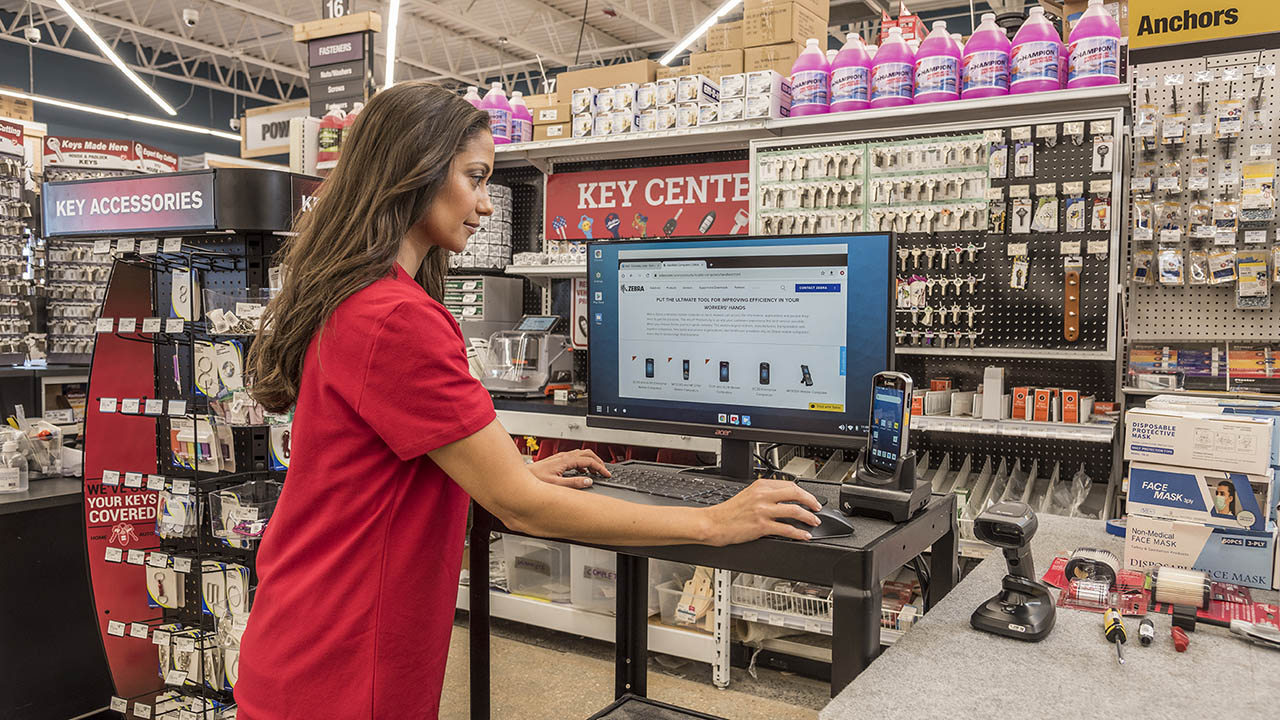
How to Turn Your Workers’ Mobile Devices into Desktop Workstations on Demand – and Why You Should Even Want To
More
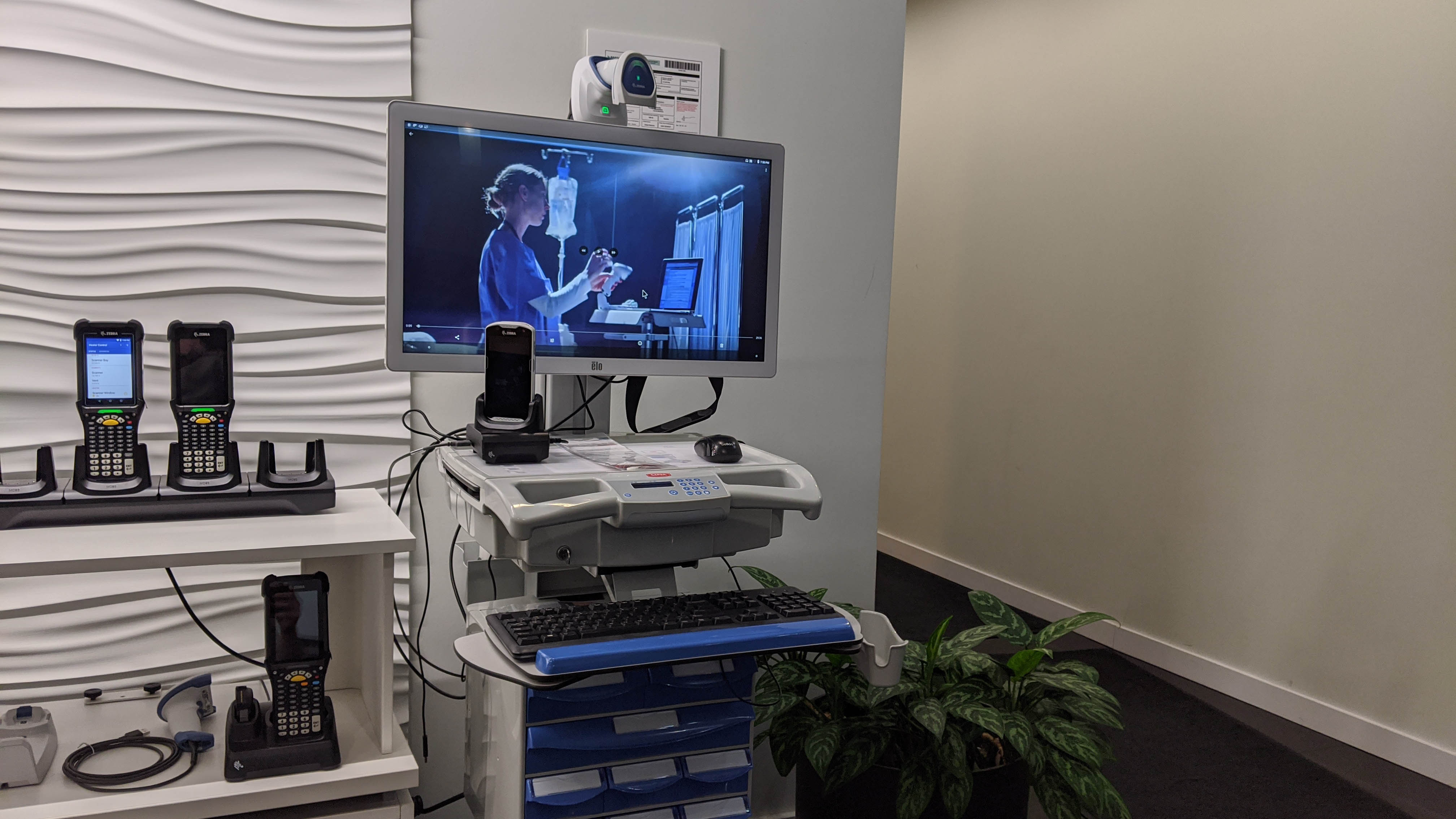
The Future of Telehealth: “Virtual Appointments Aren’t Going Away, but the Real Opportunity to Improve Outcomes Lies in Virtual Clinician Collaboration”
More
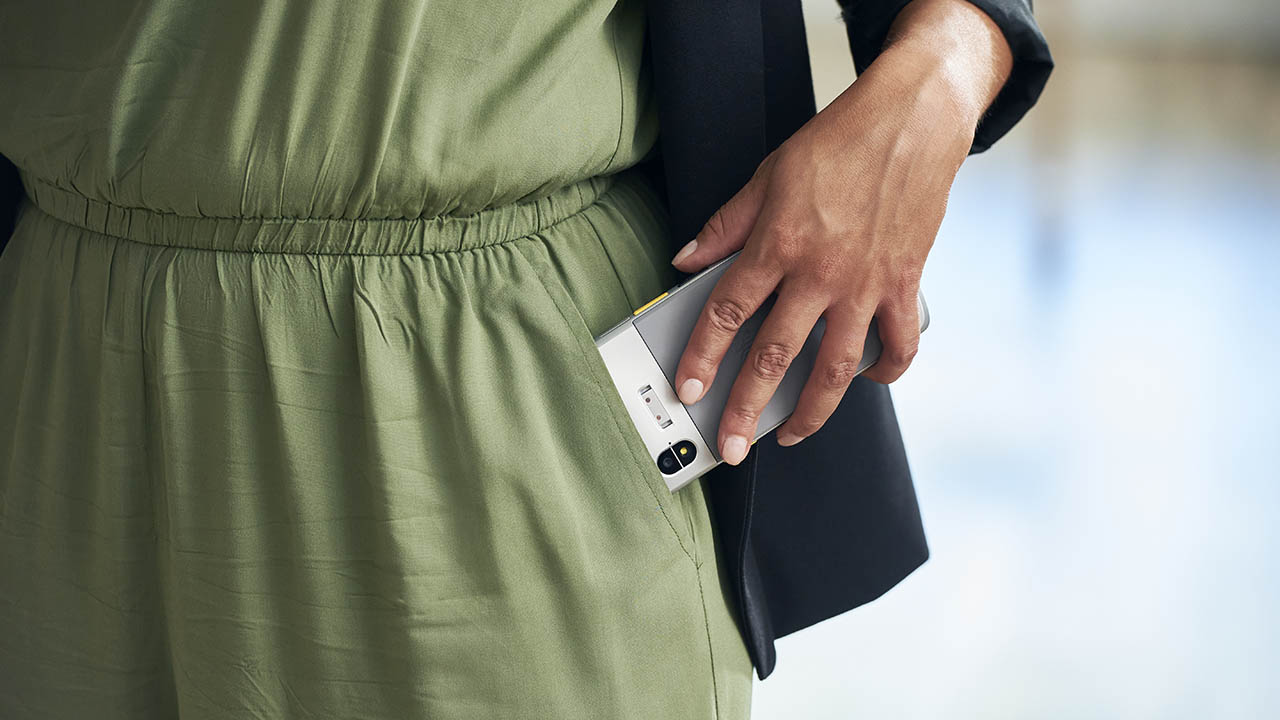
Ask the Expert: Should My Workers Be Sharing Corporate-Owned Devices? Or Should I Be Giving Them Each Their Own Personally Enabled Device?
More
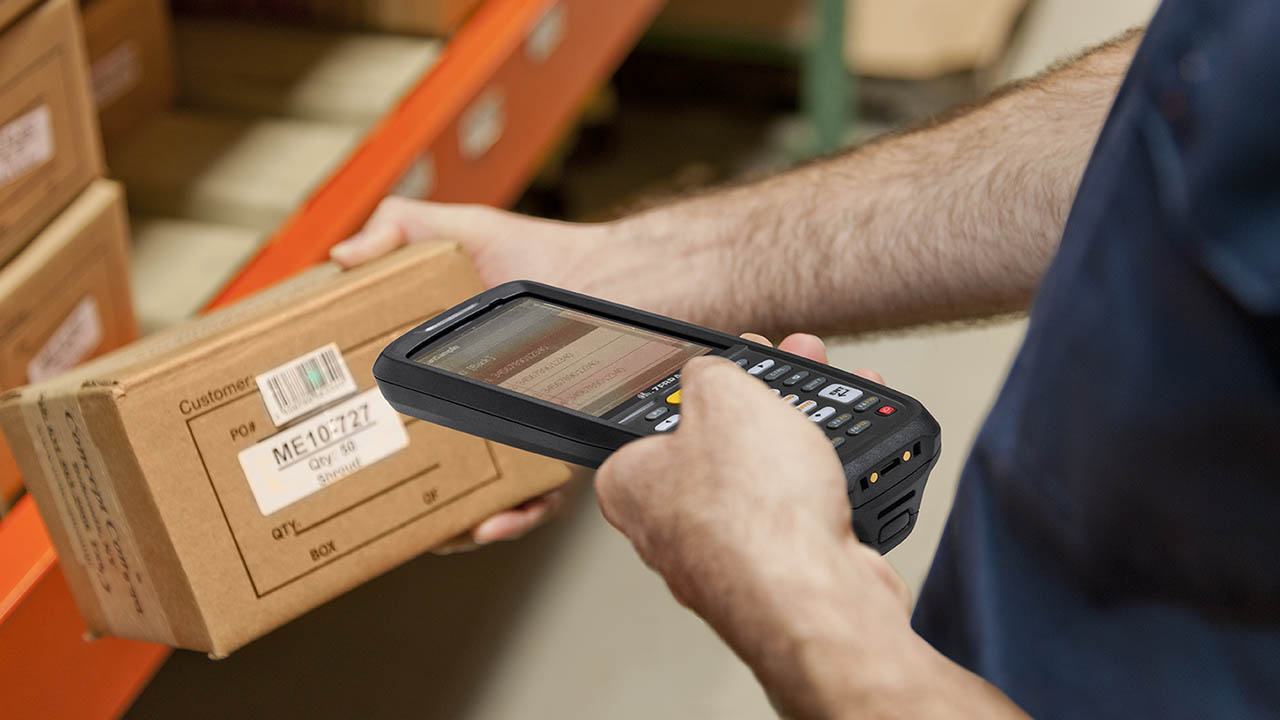
Some Say Mobile Devices are Key to Improving Employee Productivity and Engagement During Disruptive Times. We Say Software is Just as Important.
More

Appointment Banking is on the Rise. Are You Taking Full Advantage of this Business-Boosting Opportunity?
More
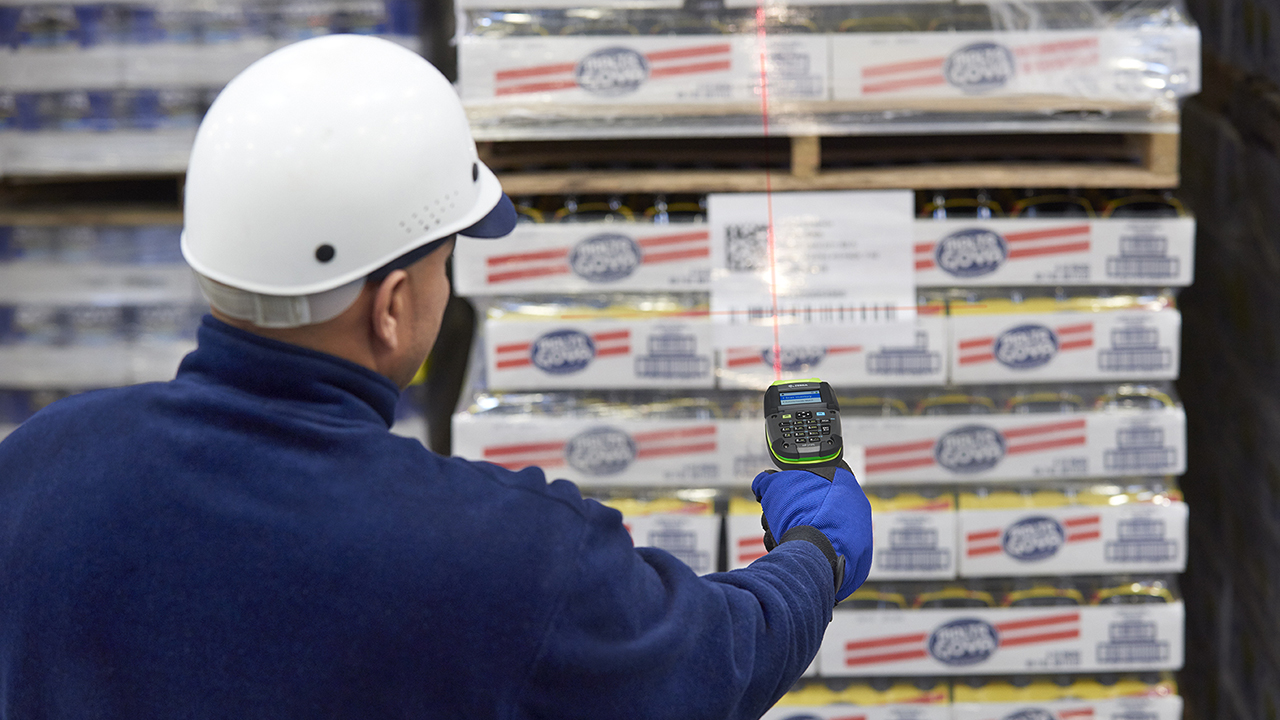
You Need an Indestructible Barcode Scanner to Manage Inventory (and Customer Expectations) in Today’s Fast-Paced World. But You Also Need a Keypad and Color Display. Here’s Why
More
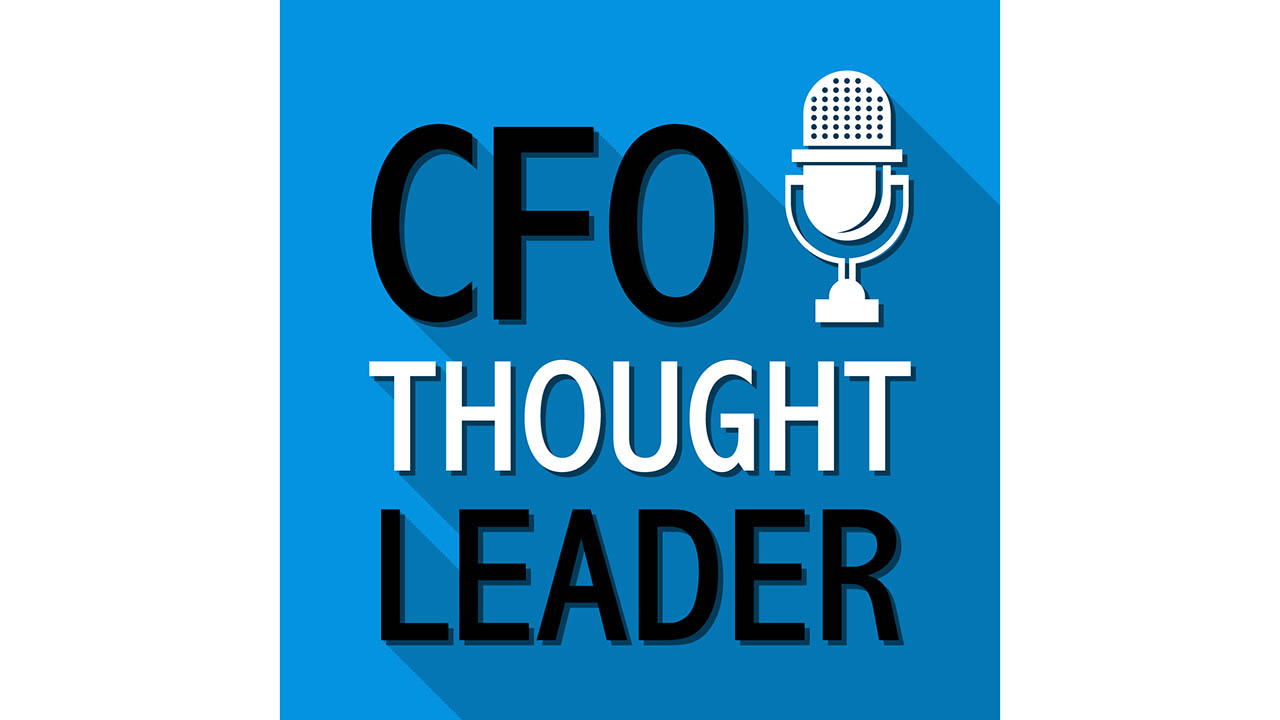
Zebra CFO Nate Winters and CFO Thought Leaders Podcast Host Jack Sweeney Talk About “Minding Your Workflows”
More
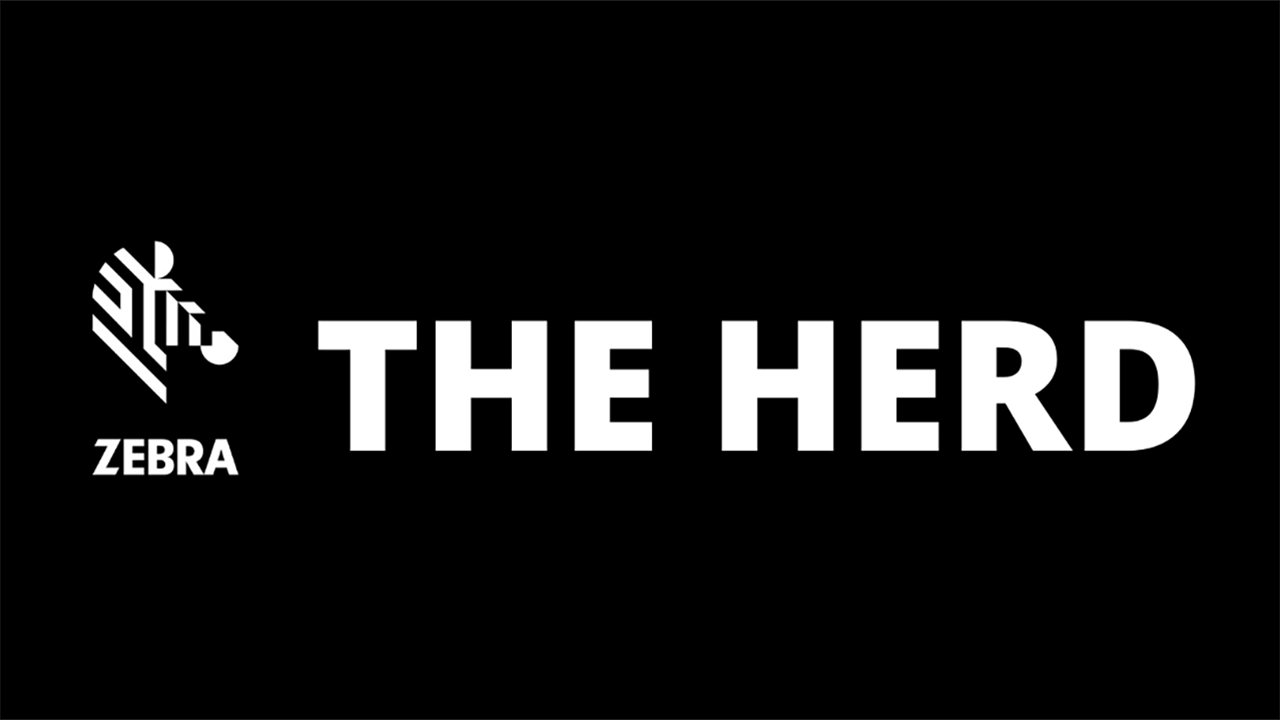
Hear it From the Herd: Three Zebra Interns Take the Stage to Share their Summer Journeys with the World
More

How to Optimize Your Mobile Strategy for the Next Generation of Healthcare
More

It’s Here! Industry’s First Read-to-Cloud RFID API Now Available for Download
More

The Most Valuable Gift You Could Give to Young Professionals is Right Under Your Nose
More

Four Top Tips for Distribution Networks Feeling the Heat to Pick Up Speed Amidst Driver Shortages
More
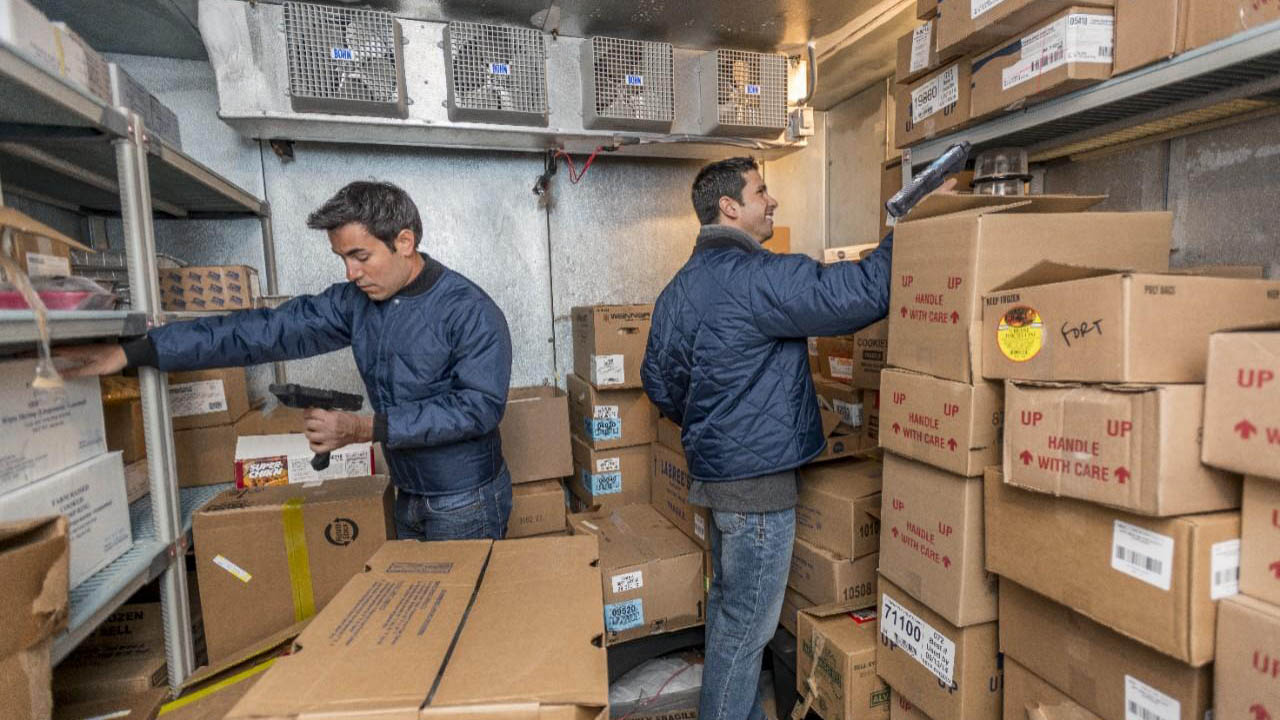
Four Reasons Why It May Be Smart for You to Rent or Buy Refurbished Mobile Devices for Your Workers Right Now
More

Did You Know There’s a Simple “Stoplight” Test That Will Triage Most Zebra Mobile Device Issues on the Spot – Without Having to Call IT or Send It into the Repair Center?
More

It’s Time to Destigmatize Women’s Mental Health, Especially Within the Asian Community. Here’s How Companies Can Help.
More

Machine Vision Systems Deserve a Second Look by Auto Manufacturers Right Now. This is Why.
More
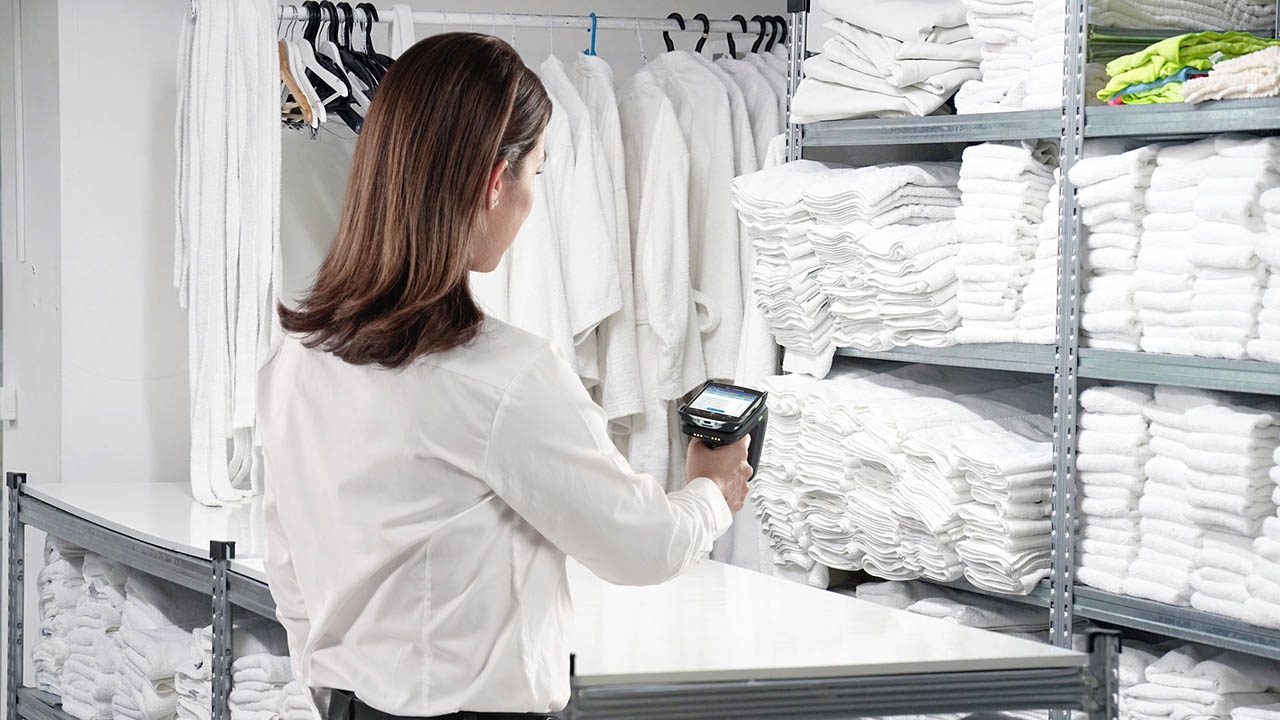
Did You Know? It Takes Just a Few Seconds to Turn Your Workers’ Mobile Computers into RFID Readers
More
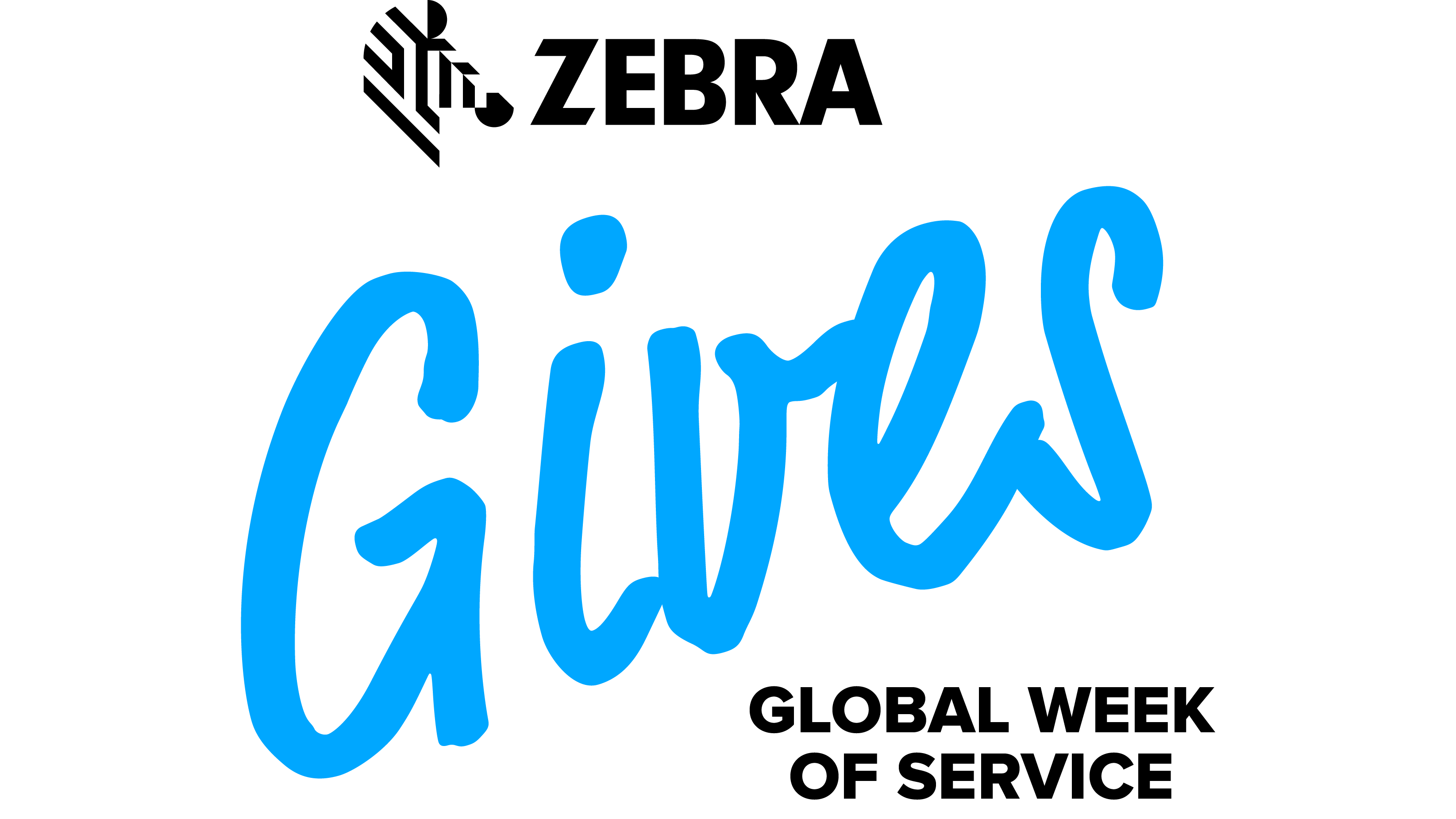
Help Us Restore Our Local Heroes and Communities During the 2021 #GlobalWeekofService
More

Ask the Expert: My Business is Growing. Will Wi-Fi 6 Really Give Me Enough Coverage Long Term for All My Connected Devices and IoT Applications? And What Happens If I Want to Expand My Device Usage or Network Range Down the Line?
More

There are Millions of Kiosks Across Asia, But There Still Aren’t Enough to Meet Shoppers’ (and Retailers’) Needs
More
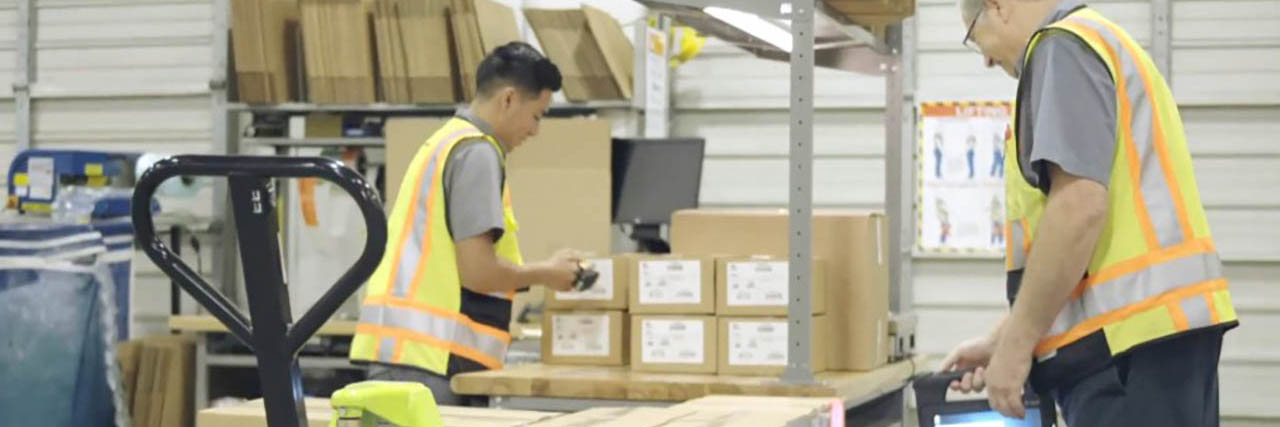
Winning in 2021: Meet Some of the Customers, Partners, and Employees Who are Delivering a Performance Edge and Changing How Business is Done.
More
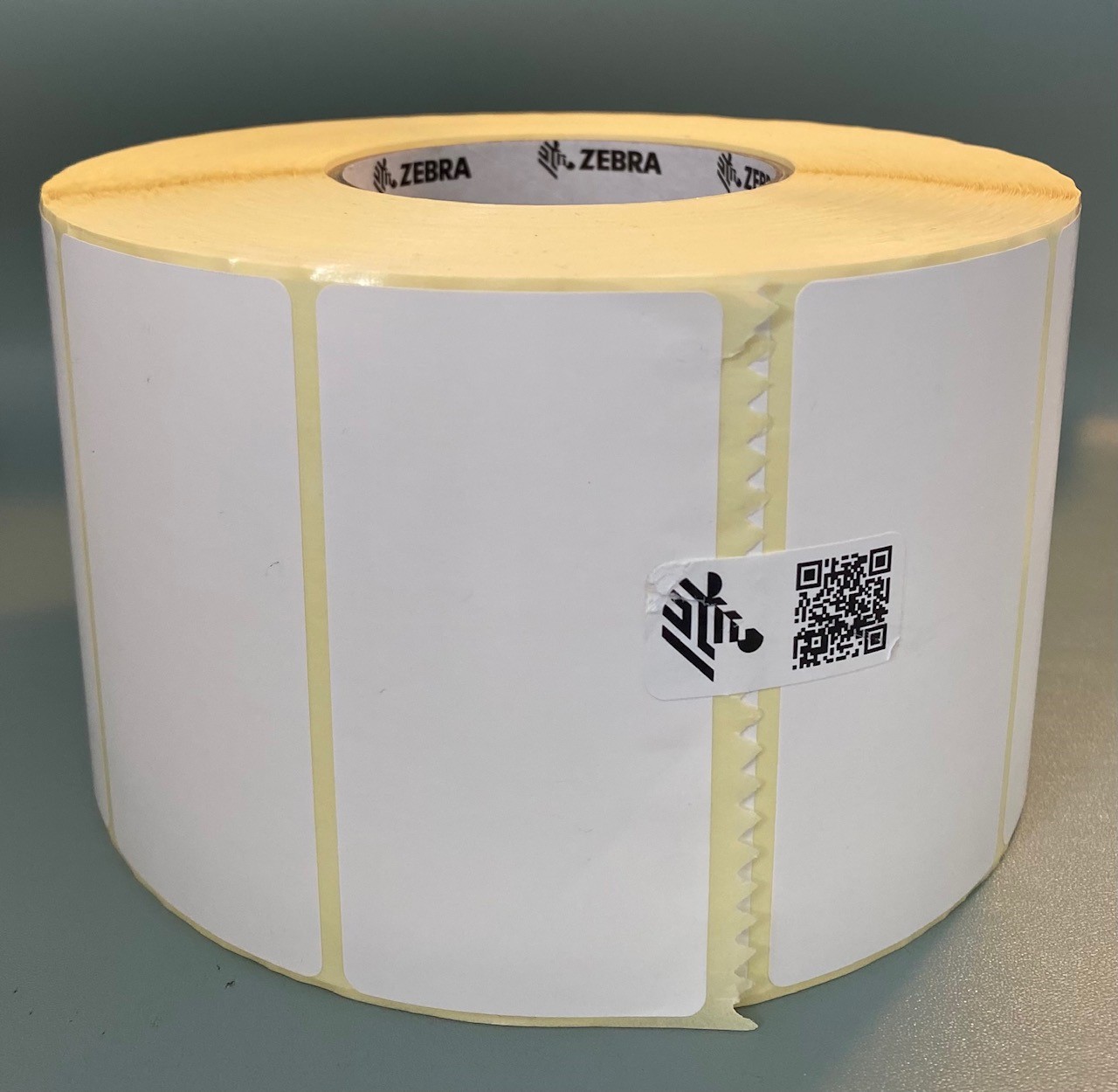
Is It Really Possible for Supply Chain Companies to Go Plastic Free? We’re Not Sure, but We Should Try.
More
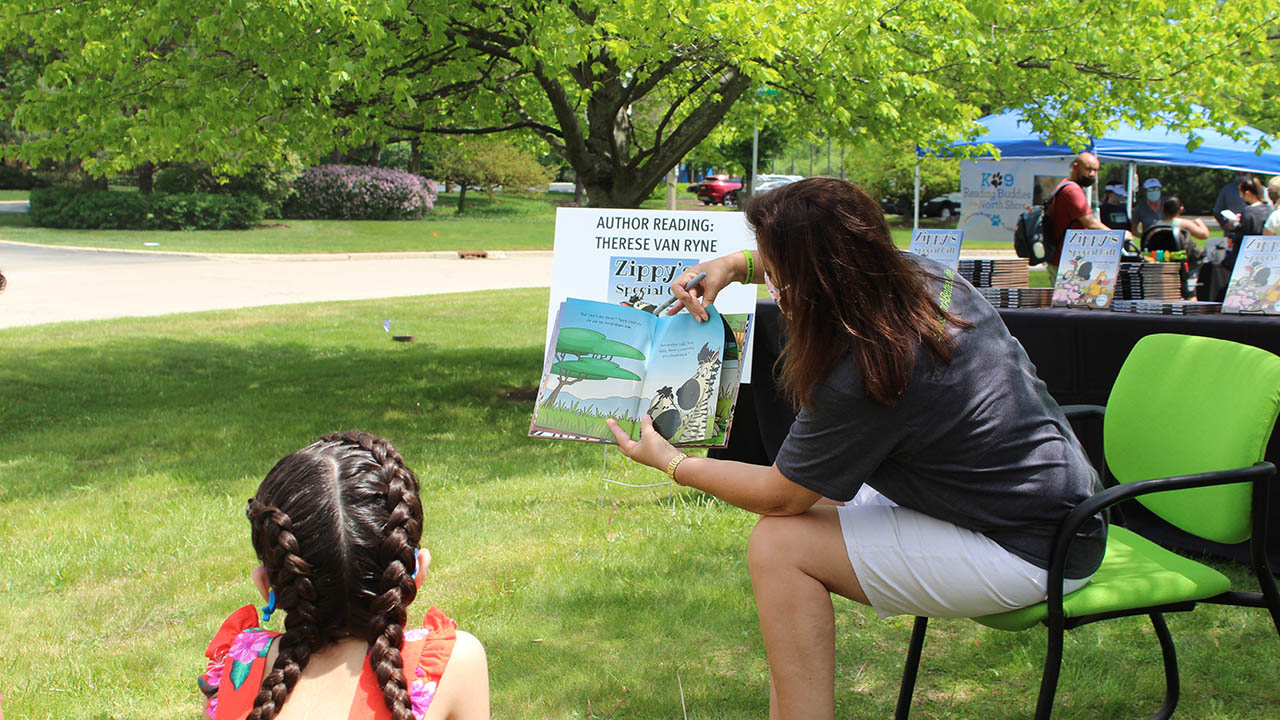
A Special Gift on a Special Day: Storybook Festival Shares Stories of Love and Acceptance with Children
More

Warehouse Maturity Model Phase 5: It’s Time to Become More Proactive with Performance Improvements
More

Expert: “Greater Inclusion and Diversity Can Change Everything, Including Both Supplier and Supply Chain Resilience”
More

Keeping Shelves Stocked and Stores Staffed is Becoming Harder Than Ever. But Retailers Should See This as an Opportunity Versus a Challenge.
More

Four Common Ways That Mobile Computers Improve Manufacturing Workflows
More

Two Reasons Why It’s Time for Branch Networks to Adapt Their Mobile Workforce Platforms, Plus Eight Things to Confirm When Choosing a Solution
More

Ask the Expert: Why Is Zebra Getting into the Industrial Automation Business? And What Role Will Channel Partners Play in this New Market?
More

Three Reasons Why Maintenance Plans are Always Worth the Money
More

Catching Lightning: How to Use Custom Software to Solve Common Business Challenges
More

How to Apply “Lean” Principles to Your Labeling
More
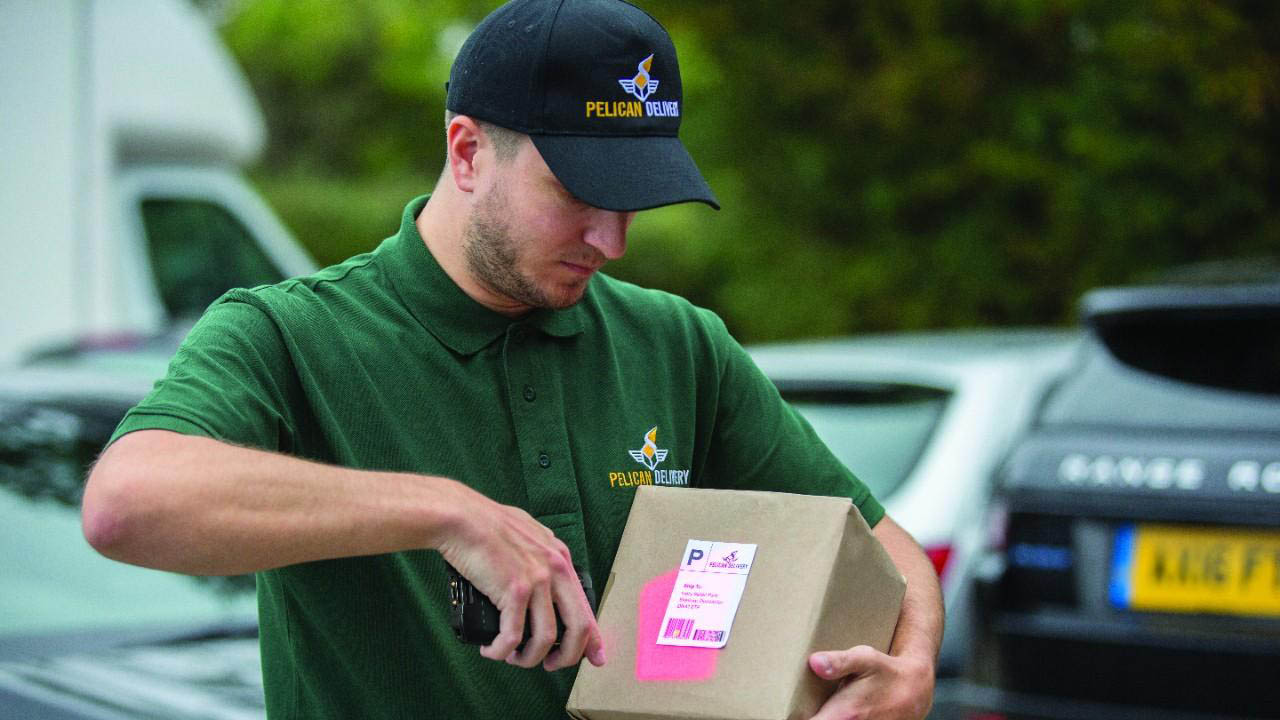
Ask the Expert: What Are the Benefits of Using the Citizens Broadband Radio Service (CBRS) or a Private Wireless Network, in General?
More

Ask the Experts: What Technologies Should Cold Chains Be Using to Monitor and Preserve Temperature-Sensitive Inventory While in Storage and Transit?
More

Your Device Analytics Solution Should Be Able to Ingest and Analyze These 250 Different Types of Data (at a Minimum)
More

Sound the Alarms: You Won’t Have to Waste Time or Money on Missing Barcode Scanners Anymore
More

Meet the Experts on a Mission to Protect Our Planet…One Mobile Device at a Time
More

If Your Workers Want One Mobile Device for Both Professional and Personal Use, Corporate-Owned Devices with a Work Profile May Be an Ideal Device Management Solution
More
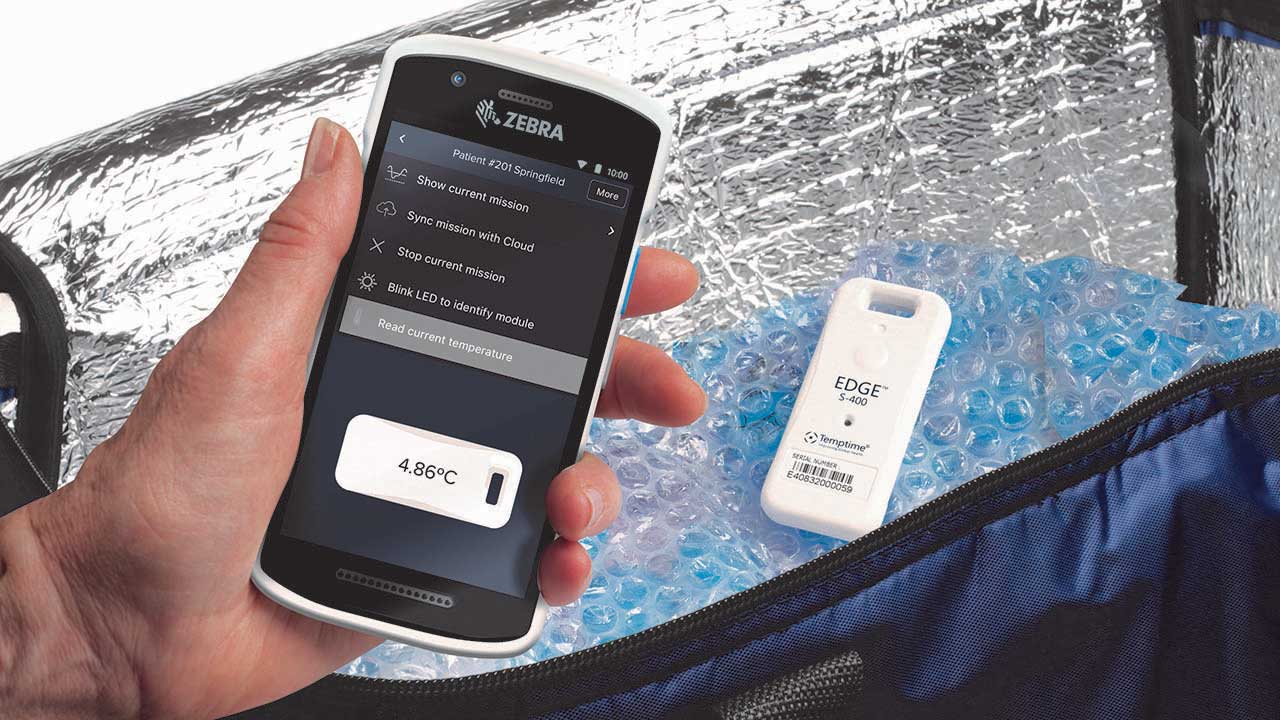
What the Shift to Patient-Centric Healthcare Means for Home Infusion Pharmacies
More
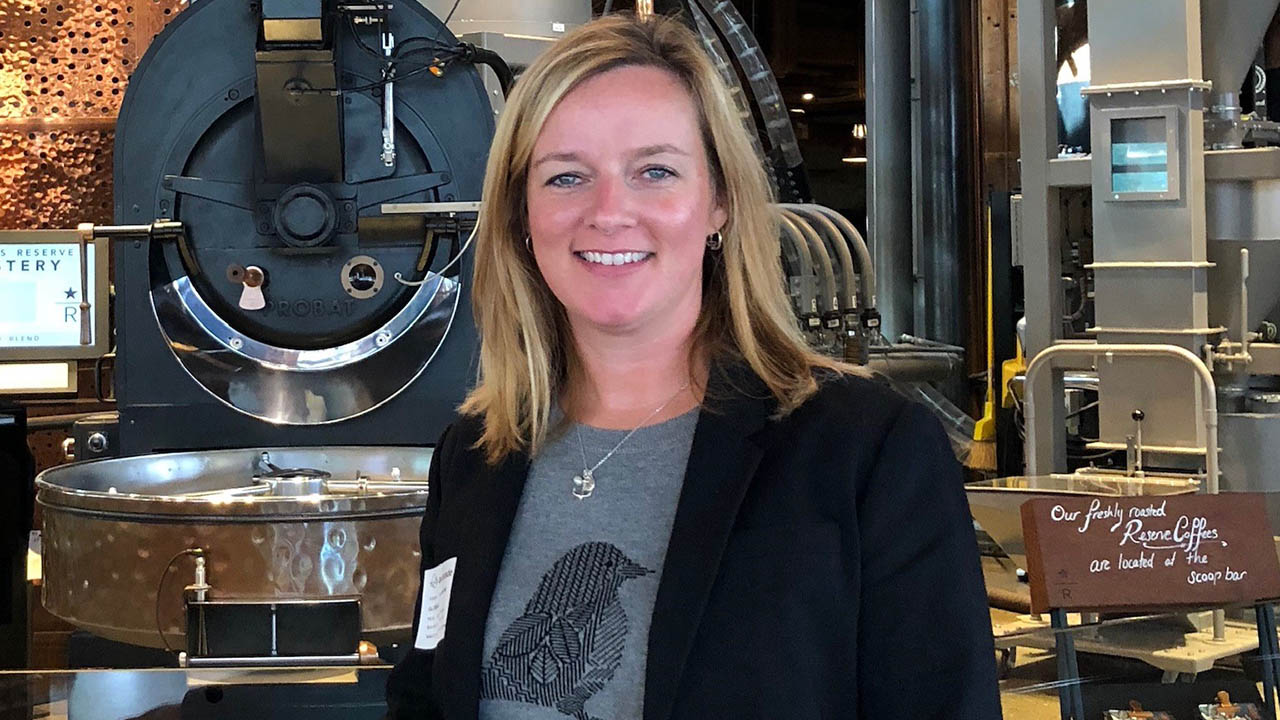
Meet the Supply Chain Champion Who Is Focused on Bringing Her Authentic Self to Work Every Day – and Helping Others Do the Same
More

Meet the Expert Helping Retailers, Warehouse Operators, Banks and Healthcare Providers Rethink Their View of Technology
More
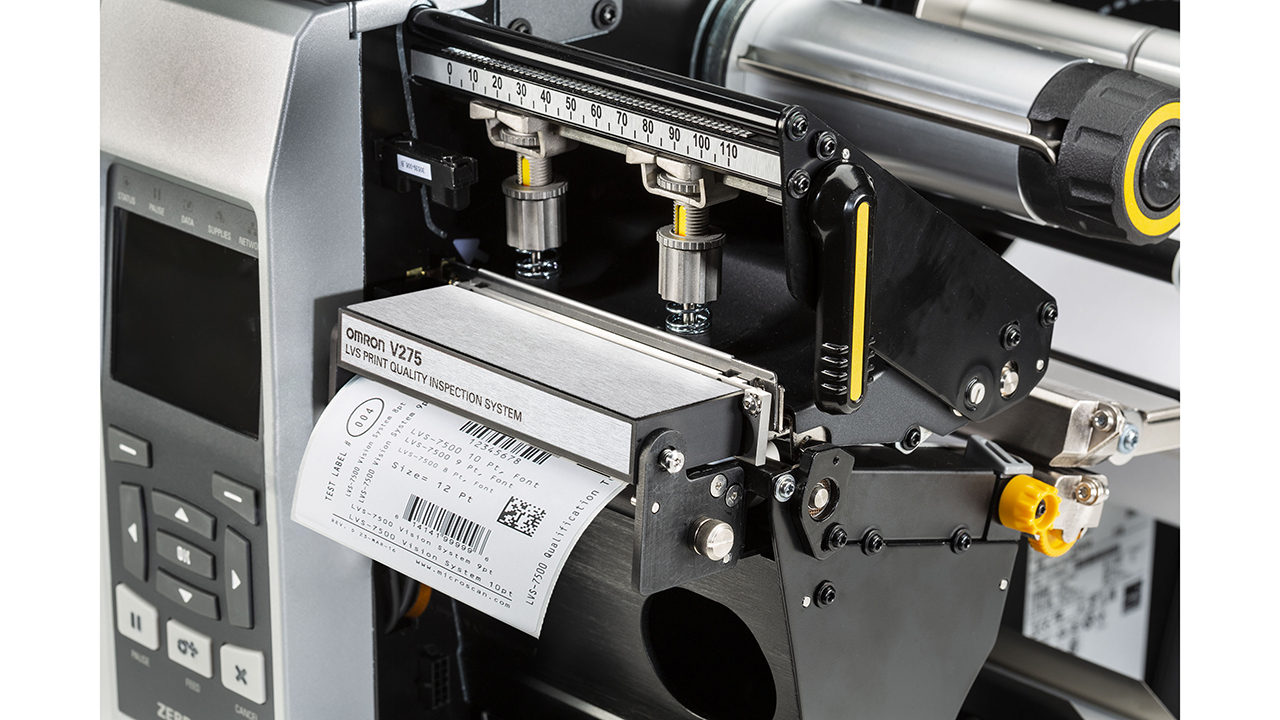
Four Reasons Why You Need to Pay More Attention to the Quality and Accuracy of Your Labels
More
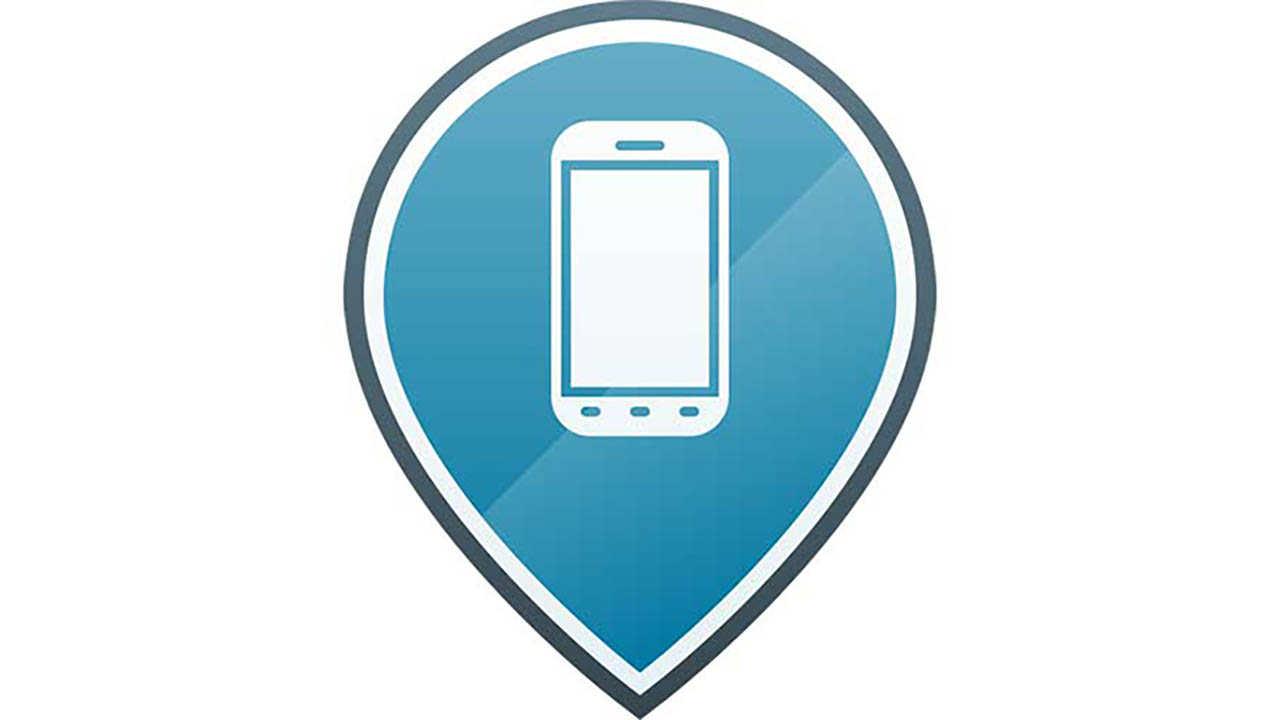
Three Tips – and One Tool – to Keep Your Company’s Mobile Devices from Disappearing
More
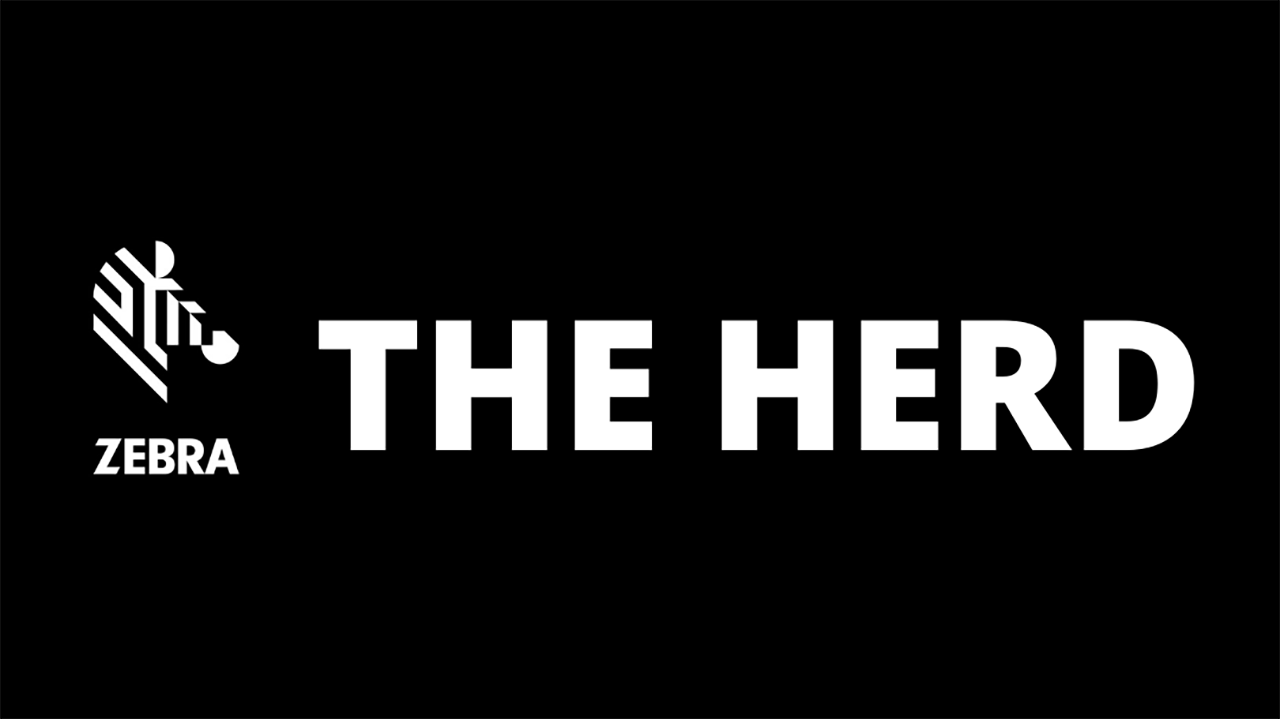
Have You Heard? Zebra is Getting Ready to Welcome Over 100 New Young Professional to Its Herd This Week
More

These NFL Legends are Racing to Help Others Beat Cancer
More

How to Keep Bank Branches Running Optimally, Even with Leaner Staffing
More

Four Ways to Help Keep Your Enterprise Print Applications Secure
More
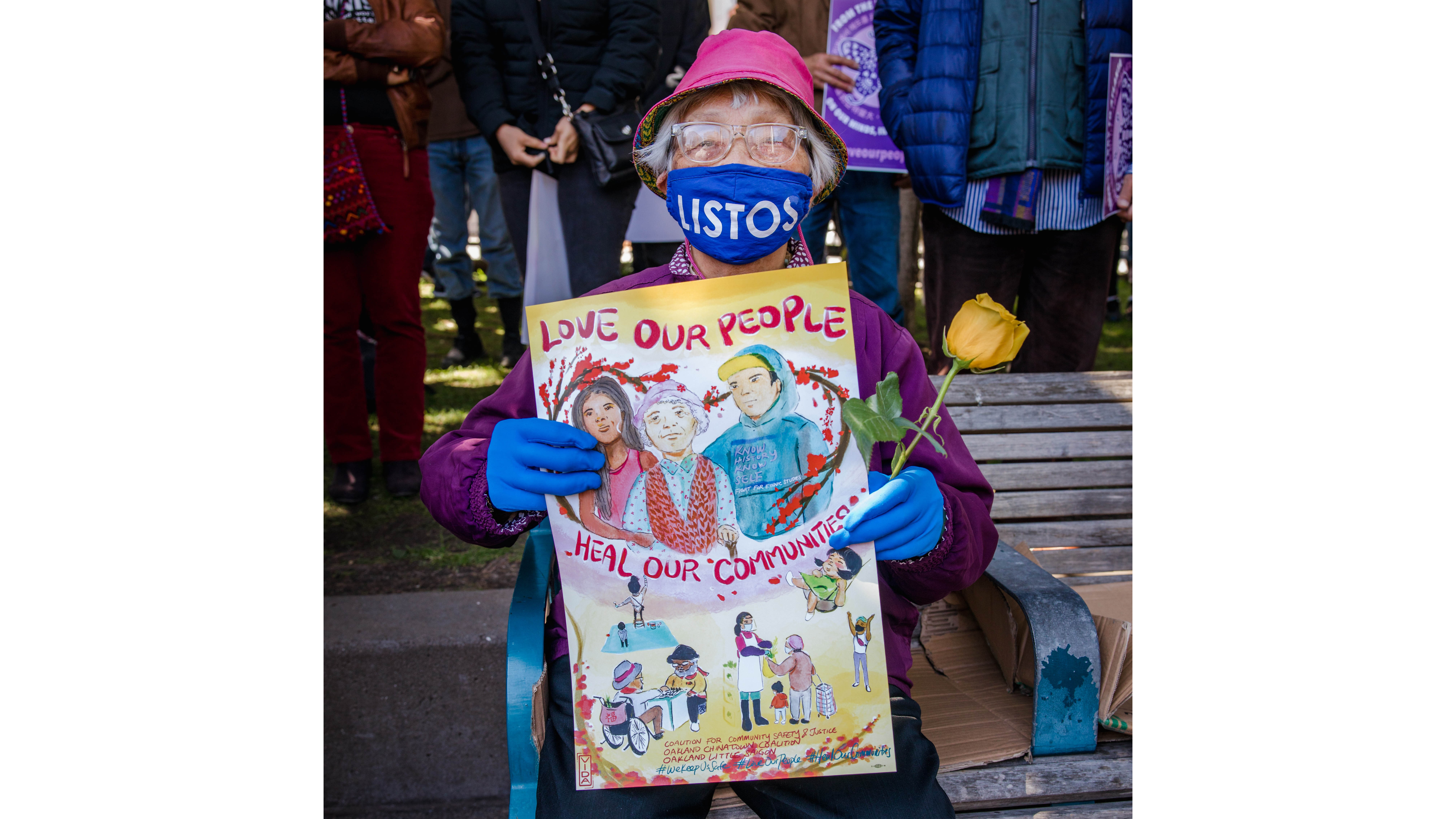
Meet the Champion: Why Rachel Fabugais is Stepping Up to Help Asians All Around the World Stand Up to Hate
More

Ask the Expert: What is the Difference Between Machine Vision and Computer Vision?
More
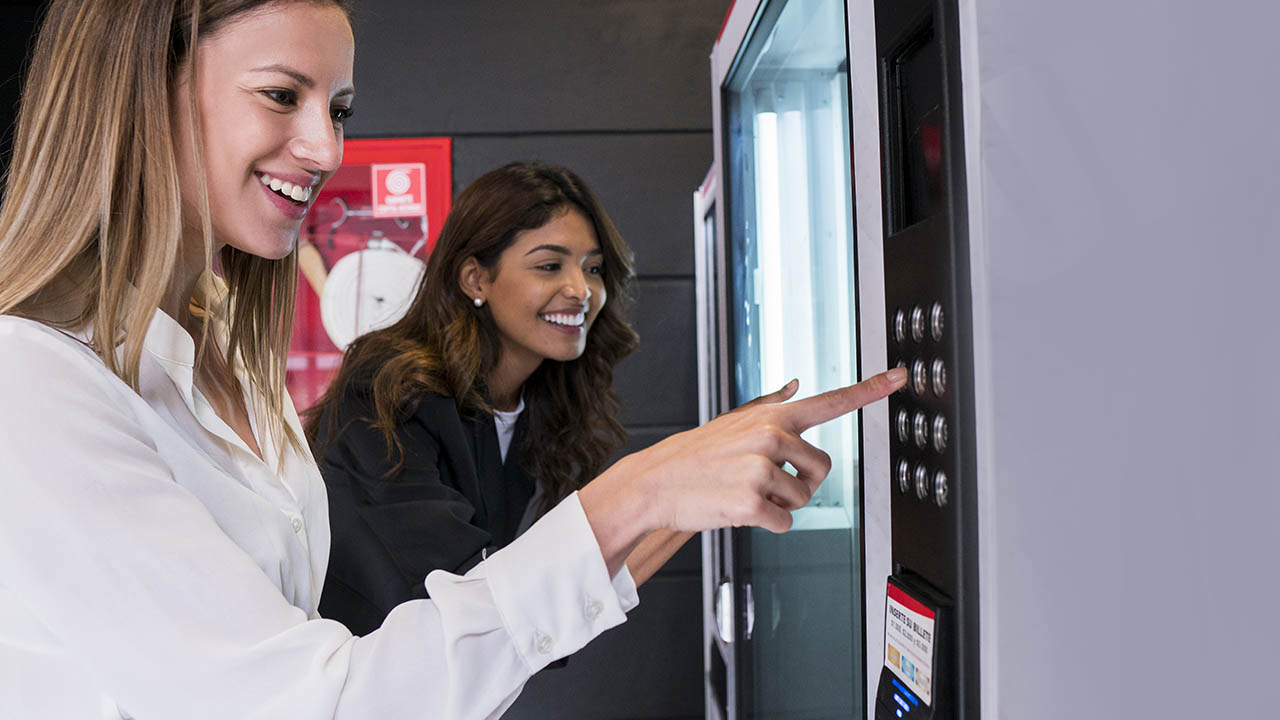
Identifying the Most Profitable OEM Opportunities of 2021
More

Three Reasons Why Warehouses and Distribution Center Managers Shouldn’t Even Attempt to Manage Labor Via Manual Methods Any More
More

This is What Goes on Behind the Scenes to Ensure Your Front-Line Technology Implementations Go Smoothly
More

Exclusive Interview Reveals the Real Impact Nurses are Having on the Quality of Healthcare Today
More

This is the Easiest Way to Monitor the Performance of All Your Zebra Print DNA Printers
More

Convenience Stores’ Priority in 2021? Becoming Convenient Once Again
More

COVID-19 is Hitting India Hard, and Millions of People Need Our Help Right Now
More

The Top 10 Myths and Misconceptions About RFID
More
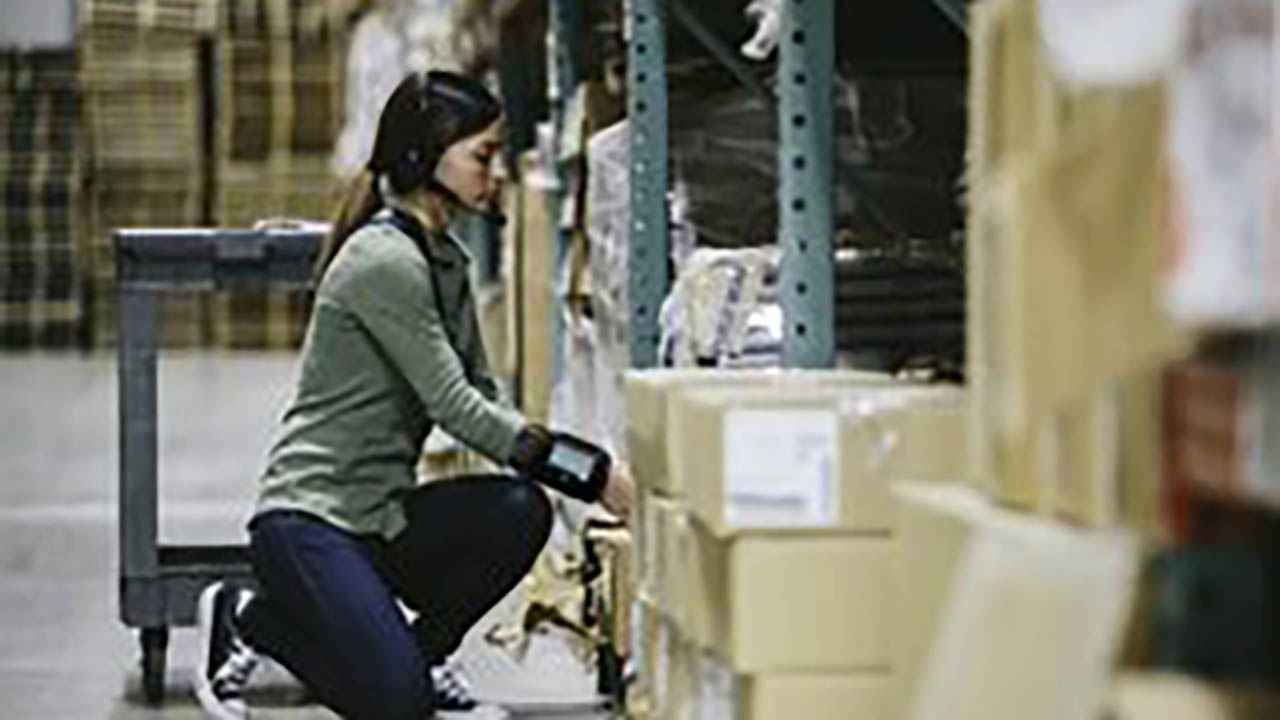
How to Boost Supply Chain Resilience Through Digital Transformation
More

The Pandemic Helped Build the Momentum Behind Micro Fulfillment Centers, but Something Else is Sustaining It
More

Meet One of Our Top Small- and Medium-Sized Business Technology Experts: Amanda Honig
More
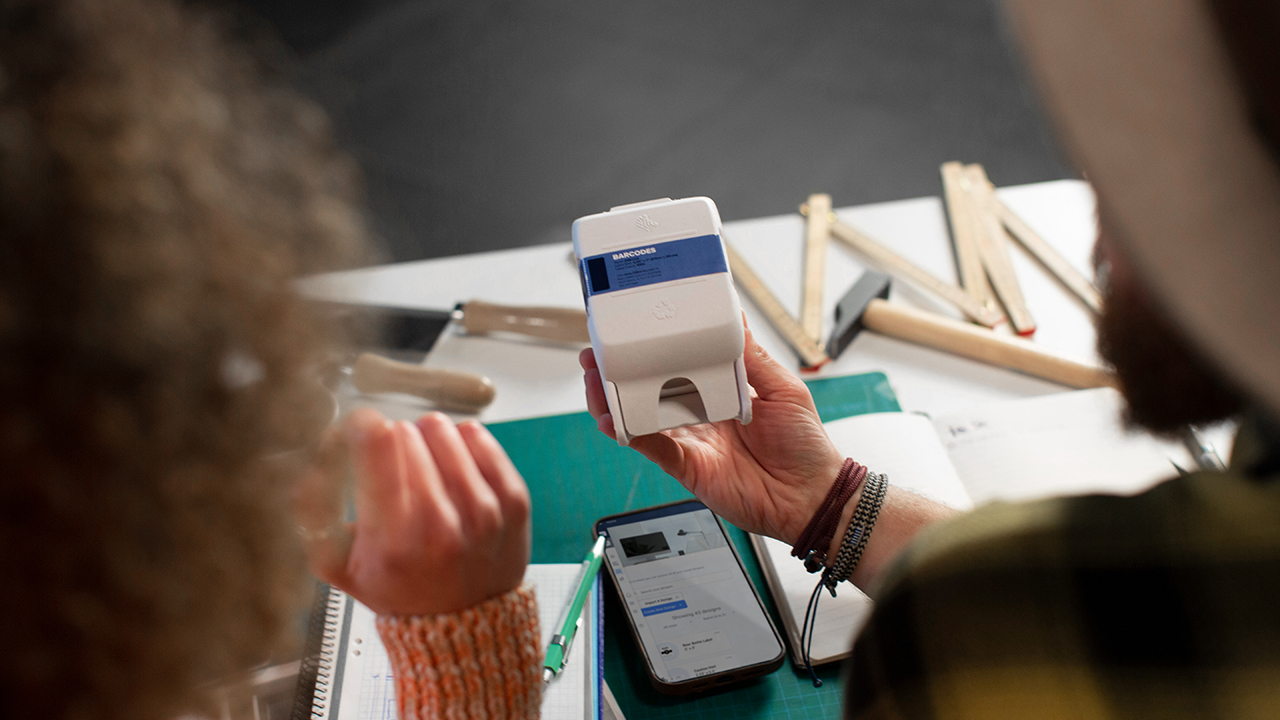
Business Owners: Do You Want to Operate More Sustainably? Here’s One Way How.
More

Why Optimizing Labor Forecasting and Scheduling is the Key to Retail Success
More
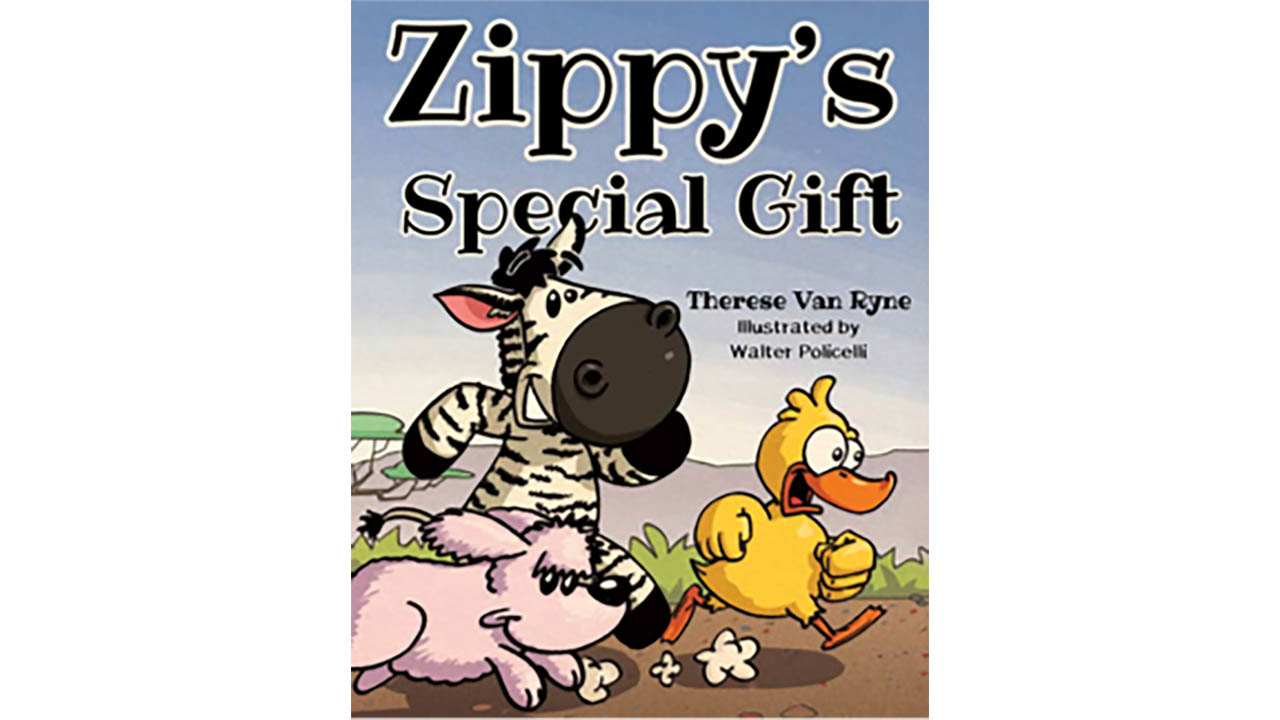
Critics are Calling Zippy’s Special Gift a “Must Read” This Summer – by Everyone
More

How Multi-Site Scheduling Can Optimize Branch Staffing and Improve the Customer Experience
More
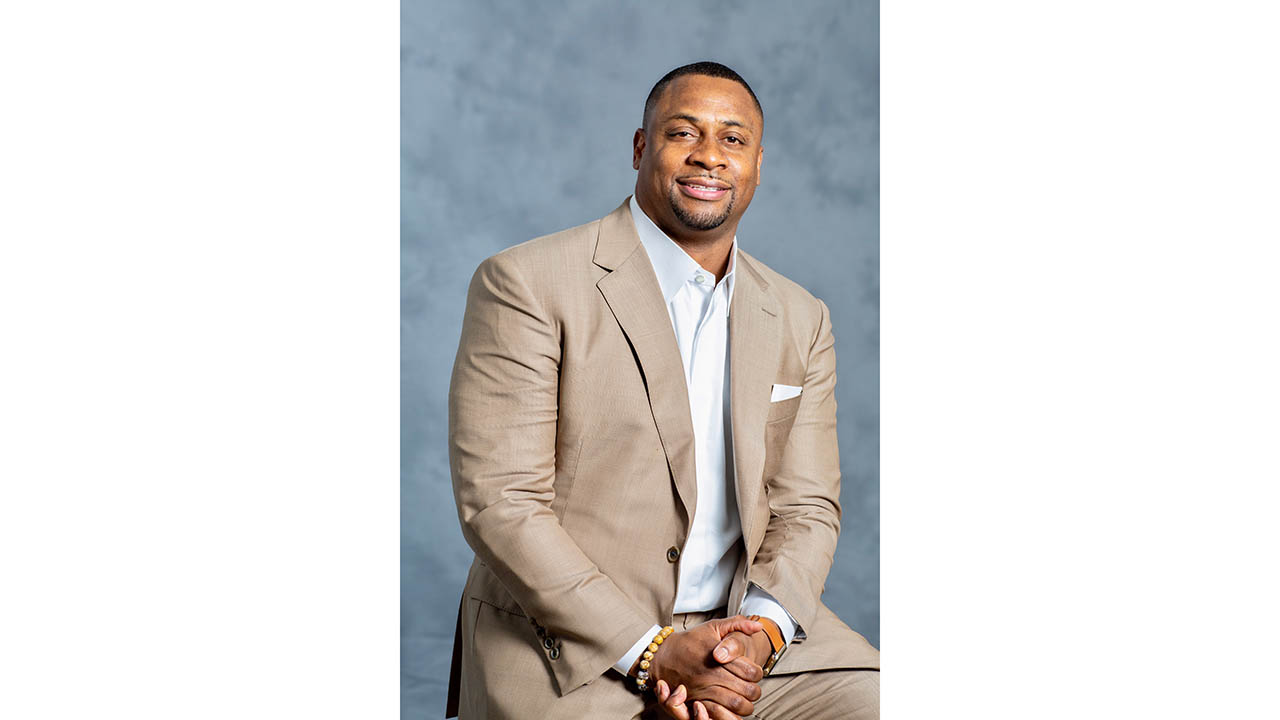
NFL’s Troy Vincent: Zebra Technologies Provides the Data Engine for Football
More

Doing Our Part to Help Restore Our Earth: A Holistic Approach to Sustainable Product Life Cycle Management
More
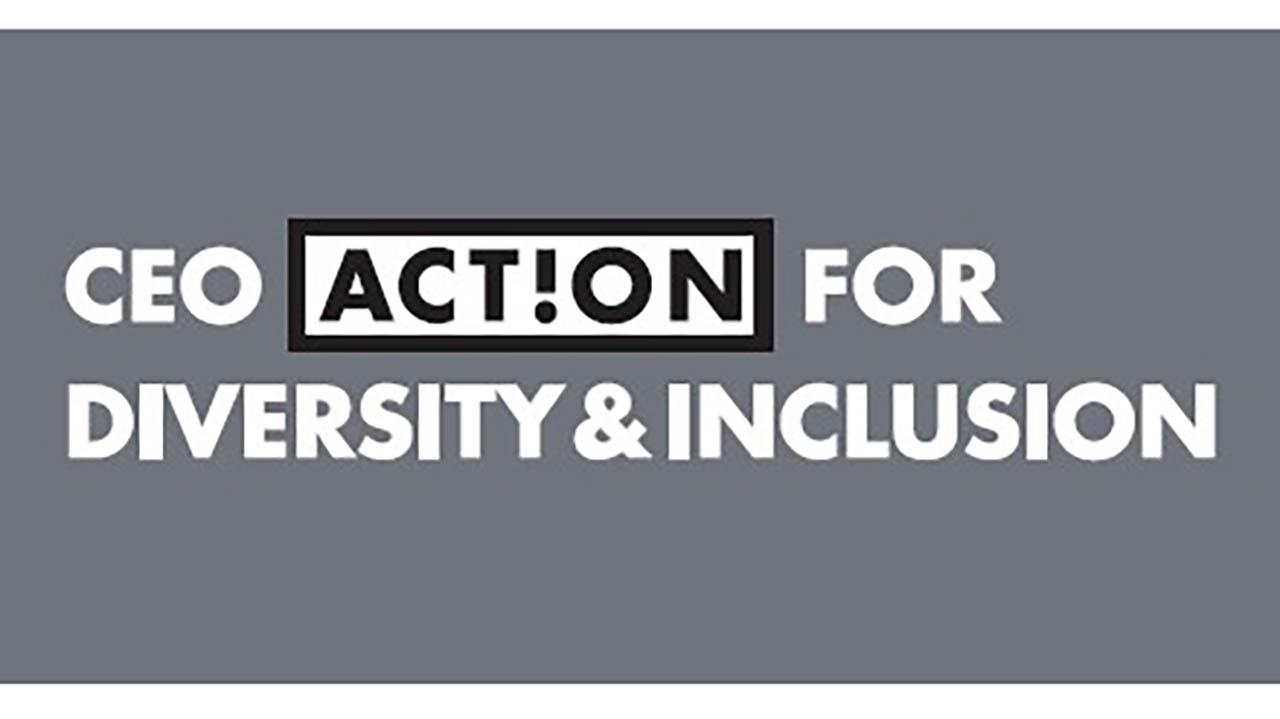
Zebra CEO Makes Commitment to Fostering a Culture of Belonging: “Active Listening Leads to Real Action.”
More
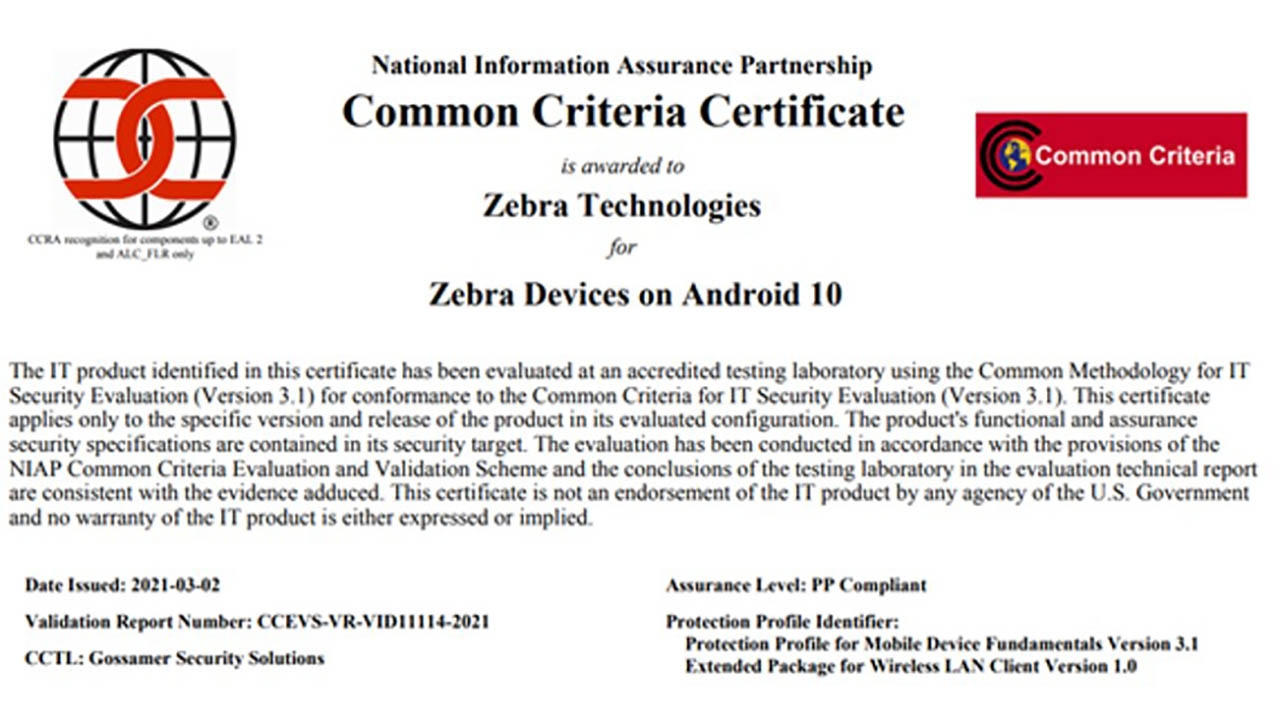
Ask the Experts: Zebra’s Android® 10 Devices Just Received Common Criteria Certification. How Could That Impact Organizations' Mobility Solution Buying Decisions?
More

Are Traditional Wi-Fi Troubleshooting Mechanisms Giving Your IT Team and Workers Trouble? Check Out This New Tool.
More
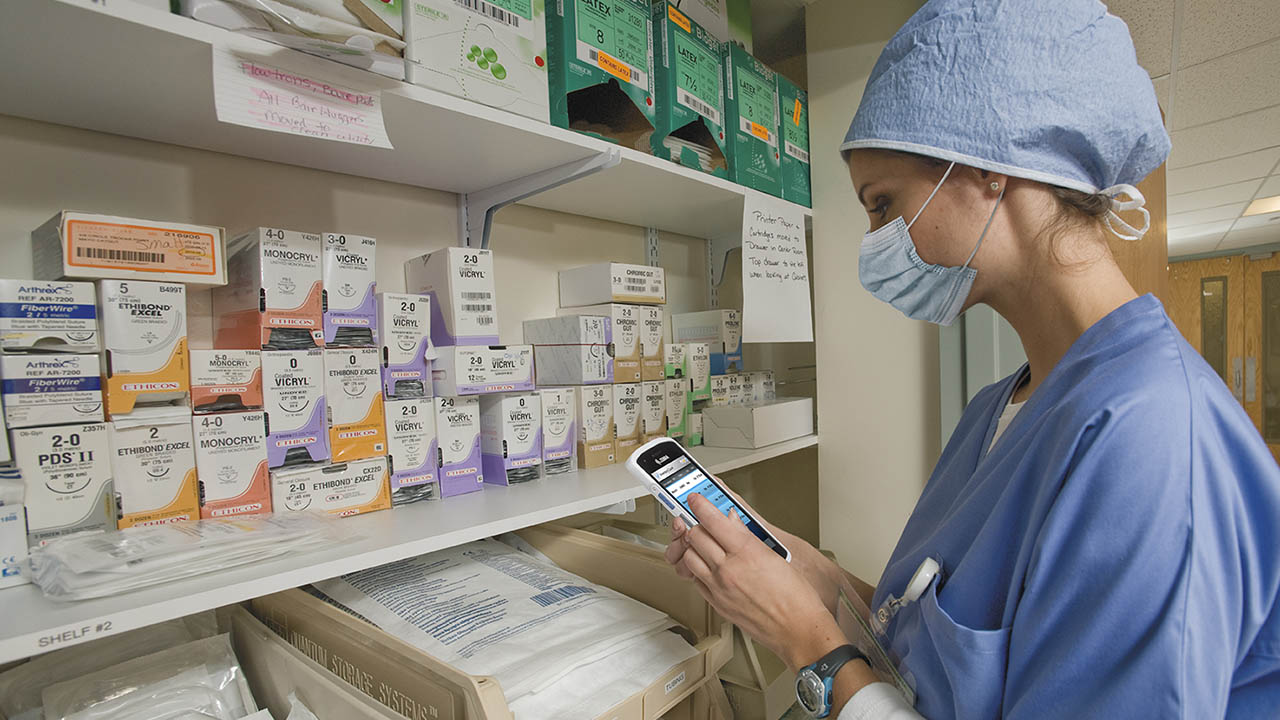
Four More Reasons Why Getting the Right People, Processes and Technology in Place – at All Locations – Should Be a Priority for Vaccine Campaign Managers
More

Ask the Expert: What’s Next in Wireless Technology? And How Will It Impact My Enterprise Mobility Strategy?
More

Three Ways the “Gig Economy” is Changing the Professional Workforce Model
More
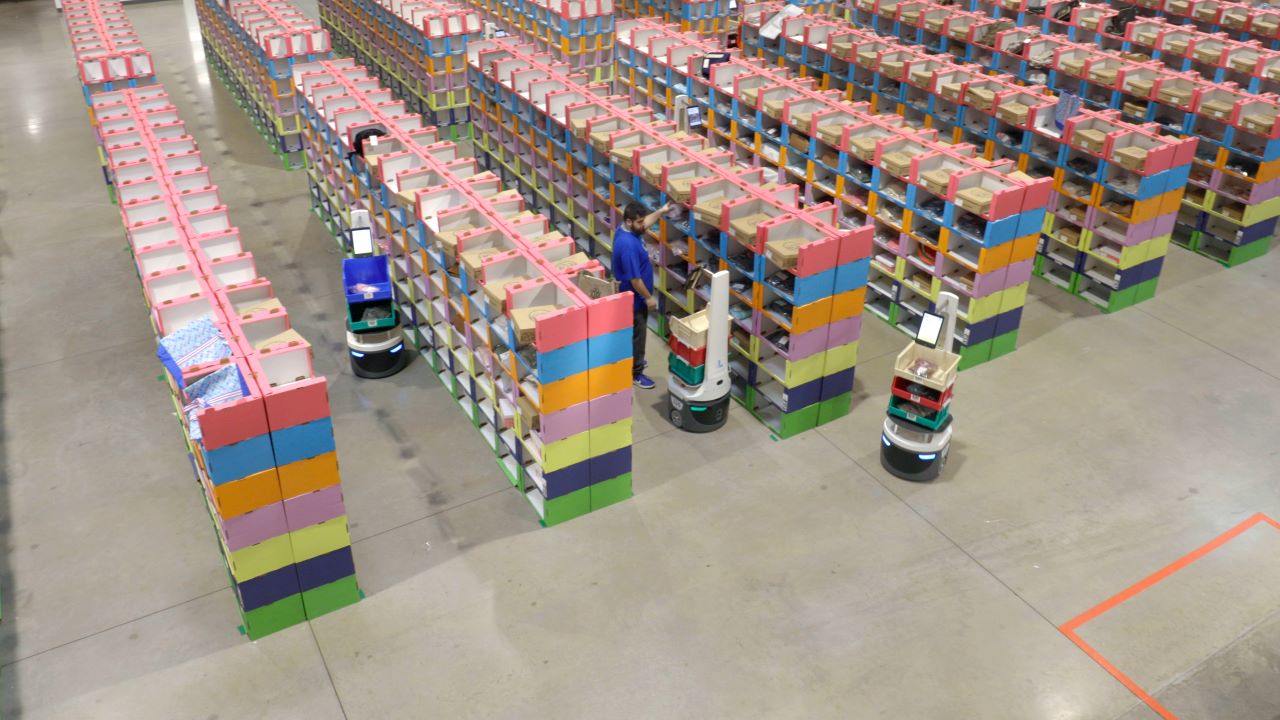
3 Reasons Why the COVID-19 Pandemic Is Driving Greater Demand for Cobots
More

What Retailers Can Learn from Utilities About “Smart Automation” Security, Safety and Privacy
More

Three Technology Trends for Healthcare Organizations to Consider This Year
More

This is What It’s Really Like to Be a Robotics Engineer
More
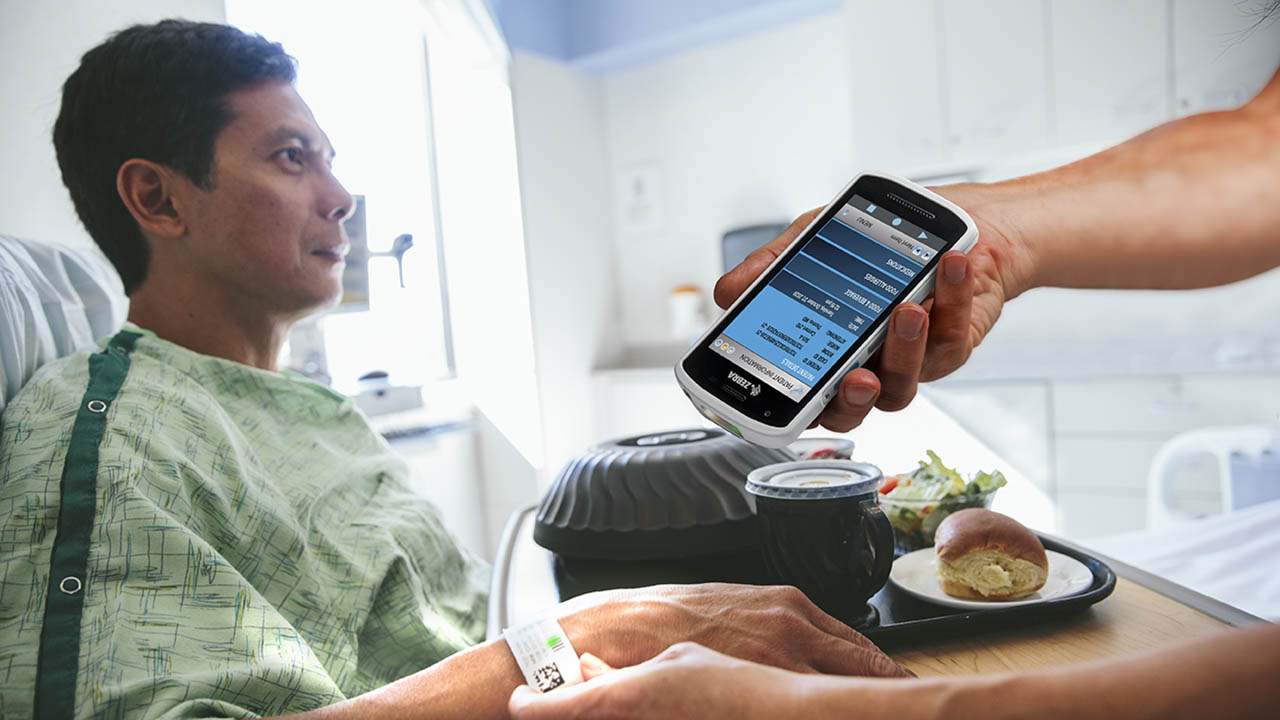
Did You Miss Chris Sullivan’s Tweet Chat with HealthTech Magazine?
More

Why “Small Actionable Data” Is the Next Big Data Trend
More
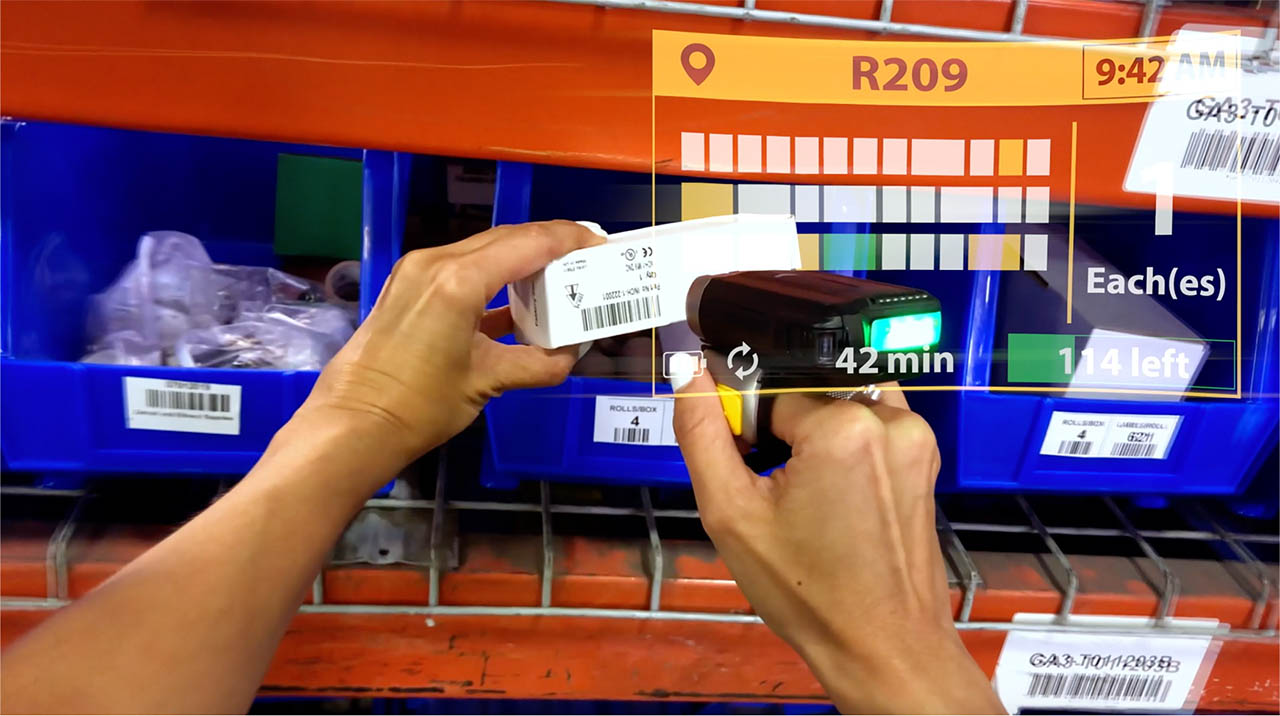
Warehouse Maturity Model Phase 4: Turn to Technologies that Enable You to Better Respond to Market Demands
More

Why Retailers Should Adopt the Millennial Mindset, Especially When It Comes to Managing Employees – and Inventory Counts
More
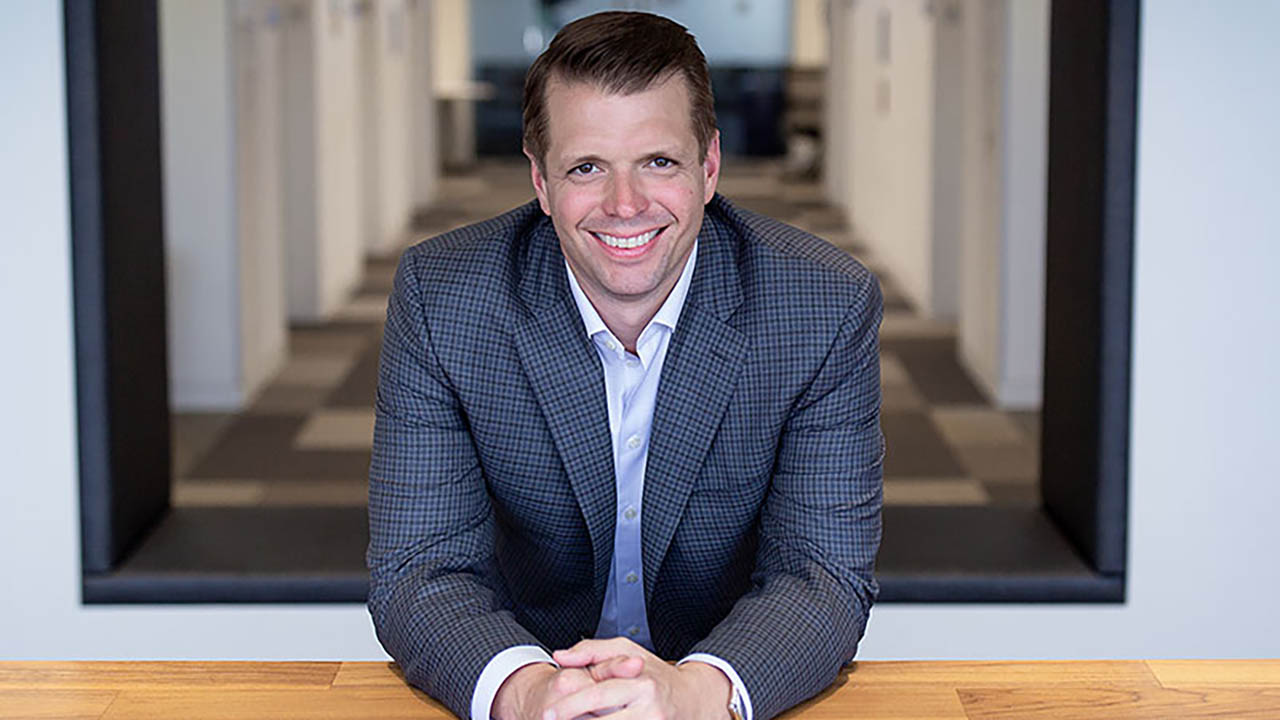
Ask the Expert: What Can Chief Financial Officers (CFO) Do Right Now to Help Their Organizations Recover from the Pandemic?
More

New Category of Mobile Technology Can Help Create More Efficient and Engaging Quick Service Restaurant (QSR) Experiences
More

How Smart Communications and Task Management Can Improve Bank Branch Efficiency
More
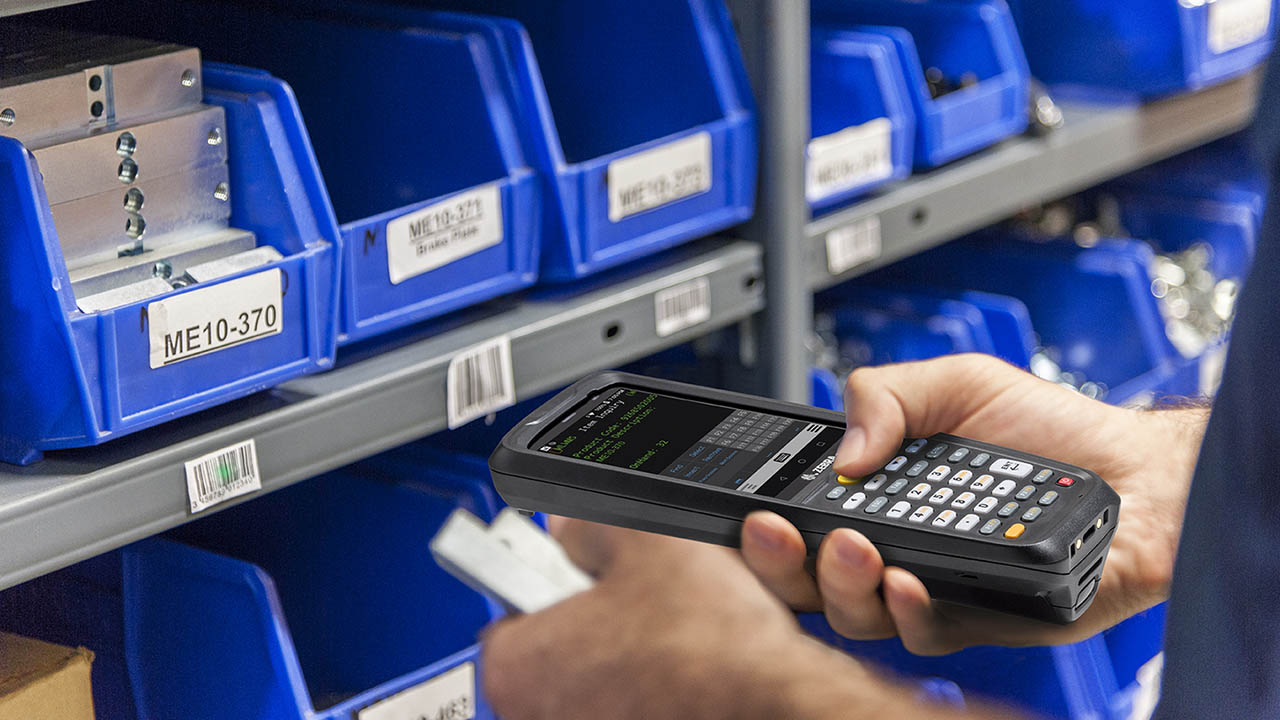
How to Digitalize Your Warehouse Without Complexity
More

Retail Has a $60+ Billion Dollar Blind Spot, but There’s One Technology That Can Help Reduce Shrink
More
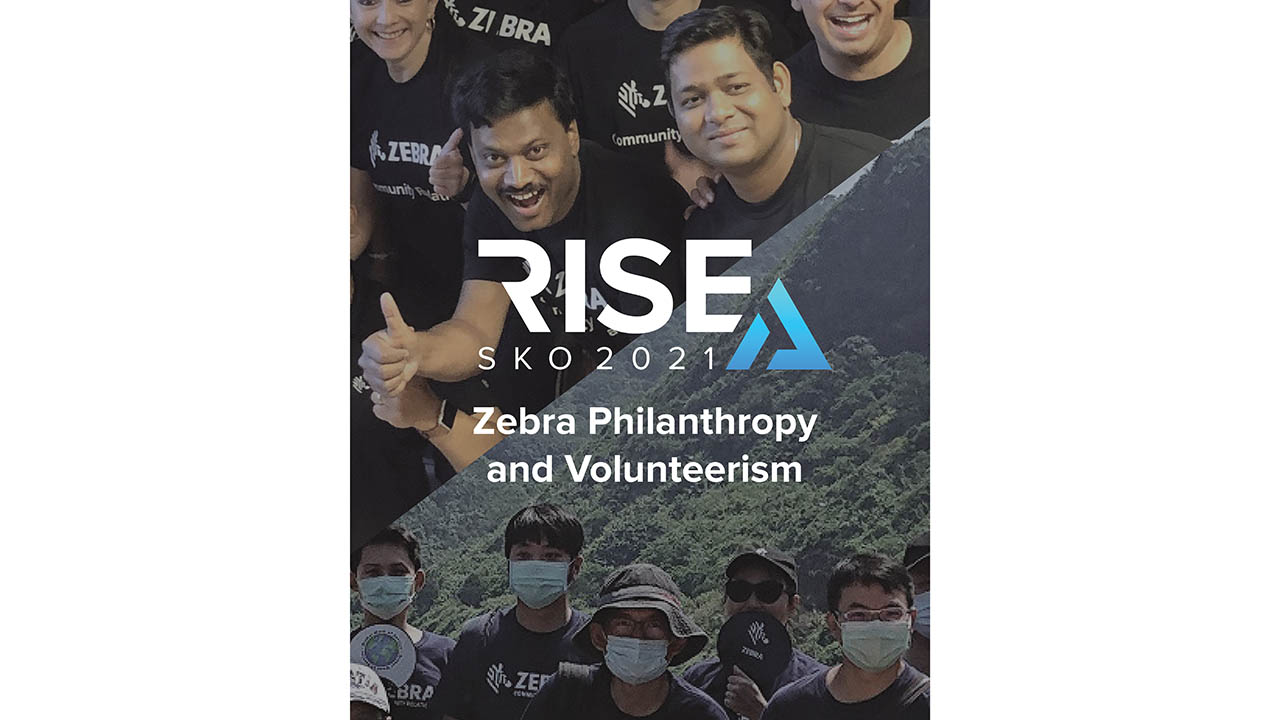
Celebrating Red Cross Month: How We’re Helping Turn Compassion into Action
More

This One Change Could Help the COVID-19 Vaccination Process Go a Lot Smoother
More
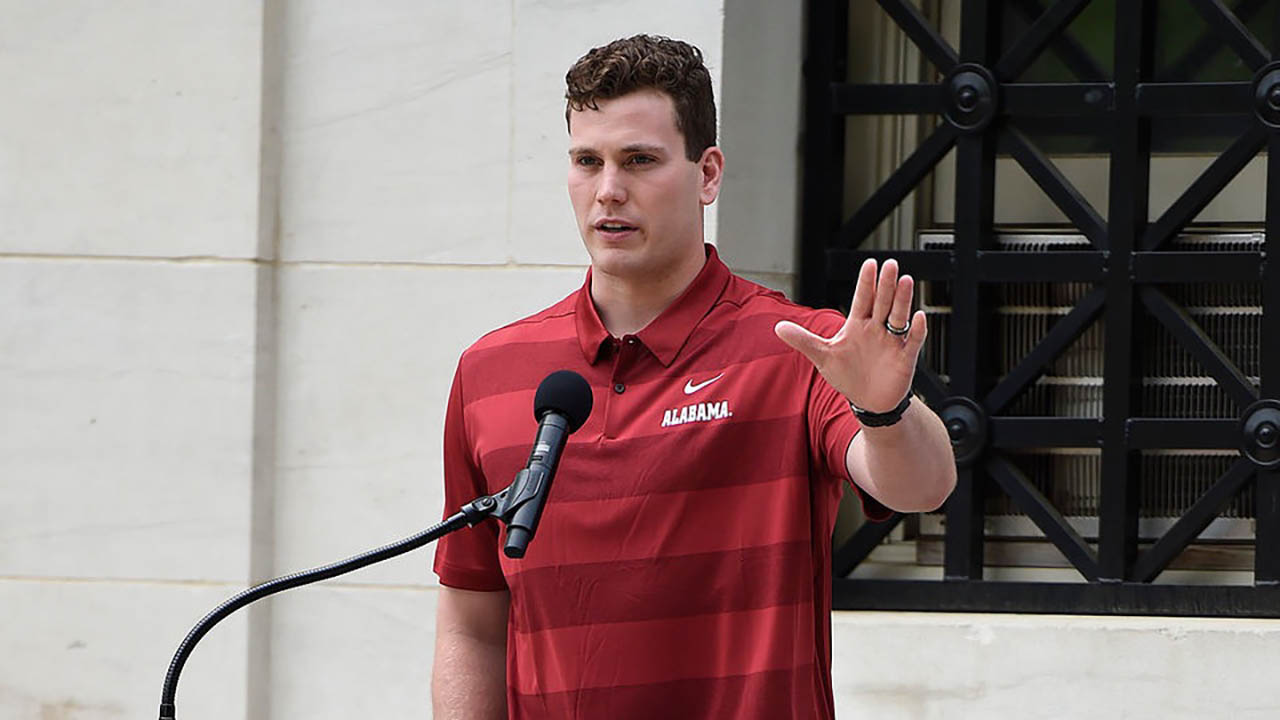
NFL Pro Hale Hentges May Have Football in His Blood, but He Has Kindness in His Heart and a Lot of Fun in Life
More
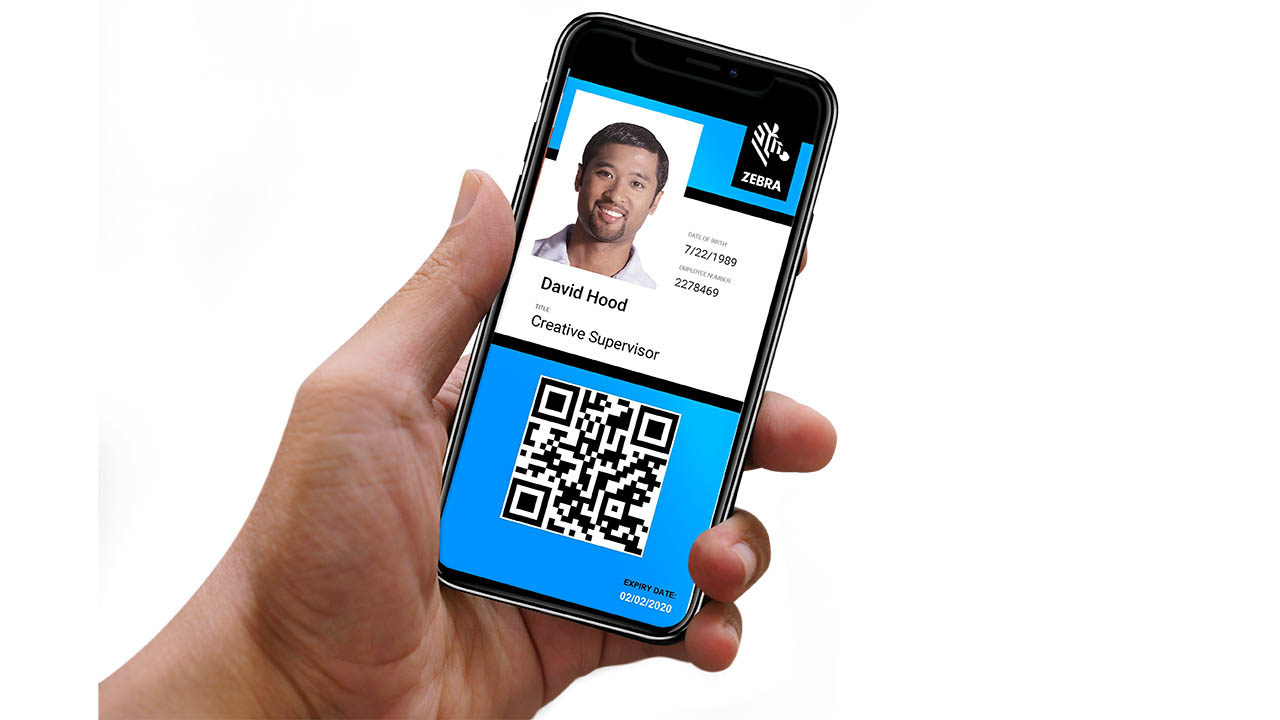
The ID Card is Changing: 4 Things to Know Before Creating a Digital Version for Your Employees or Customers.
More

So, You Found the Perfect (Smart) Robot for Your Store. Now What?
More
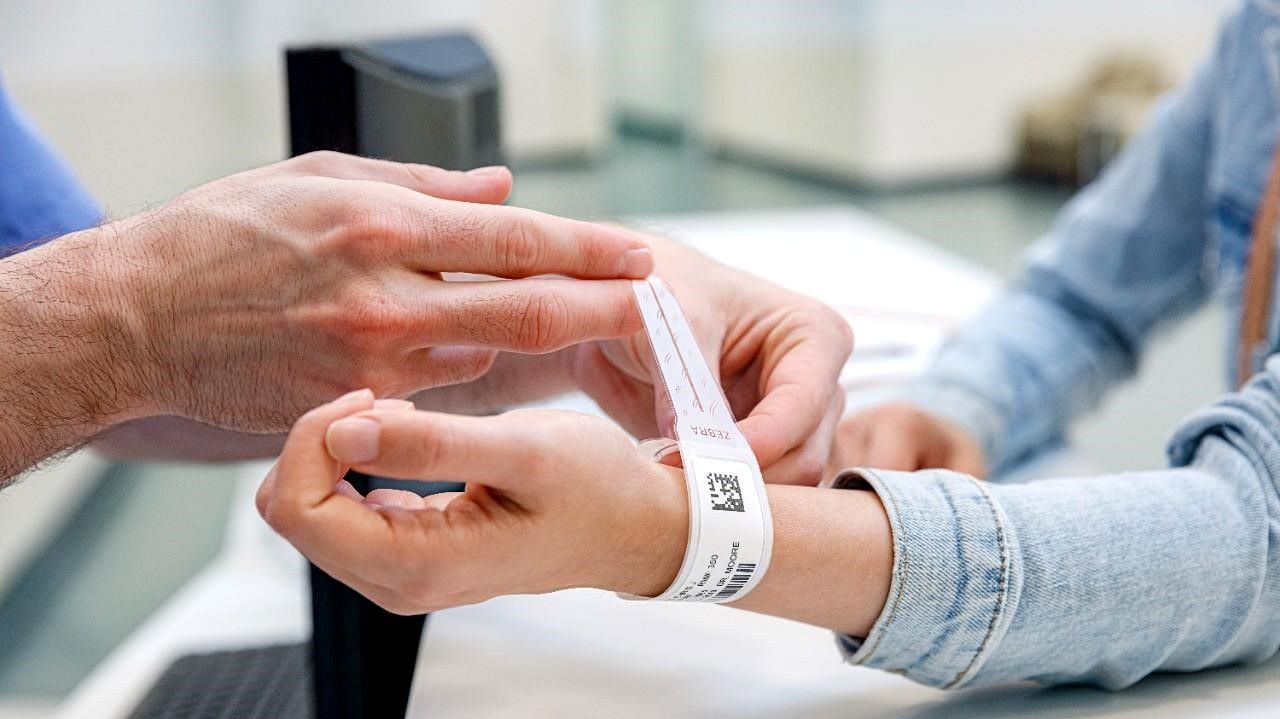
Customers Have Bought More Than 3 Billion Zebra Wristbands in the Last Three Decades. Over 1 Billion Were Just in the Last Three Years. This is What’s Fueling Demand.
More

New Wall Street Journal Article Reveals Why Some Retailers are Still Struggling to Improve Supply Chain and Store Operations
More

Distributed Ledger and Blockchain Technology Can Help Us Create a Universally Accessible and Globally Trusted Vaccine Verification System. Here’s How.
More

Zippy Has Traveled All Around the World and Now, So Has Her Award-Winning Book! This Technology Helped Make It All Possible.
More
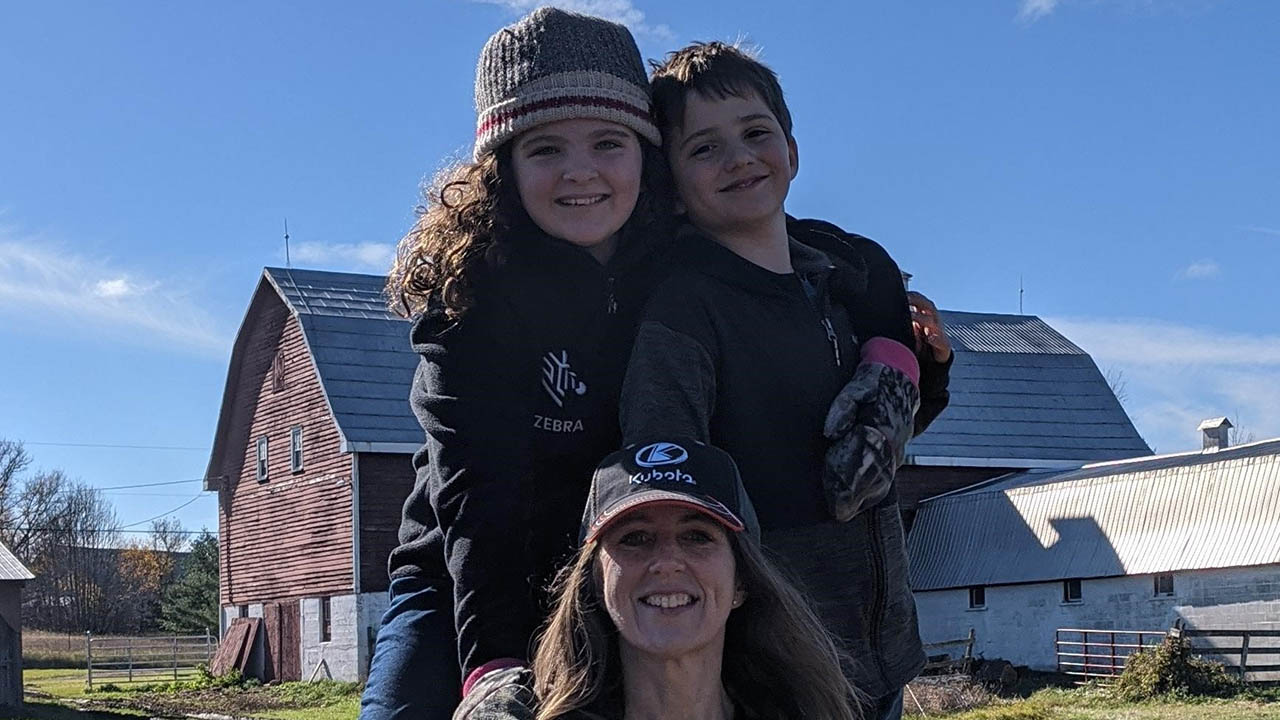
Meet Our Women Leaders | Emily Cates: Stevie Award Winner, Business Transformationalist, and Champion of Inclusion and Diversity
More

Retail Workers Want to Feel Safe and Secure. These Two Technologies Help Do Just That.
More

Ask the Expert: “Is There a Way to Guarantee That the Enterprise-Grade Android Devices I Buy Today will Be Compatible with Future Android Operating Systems?”
More

Think You Know the Best Way to Load a Truck or Container? Let’s Put Your Theory to the Test.
More
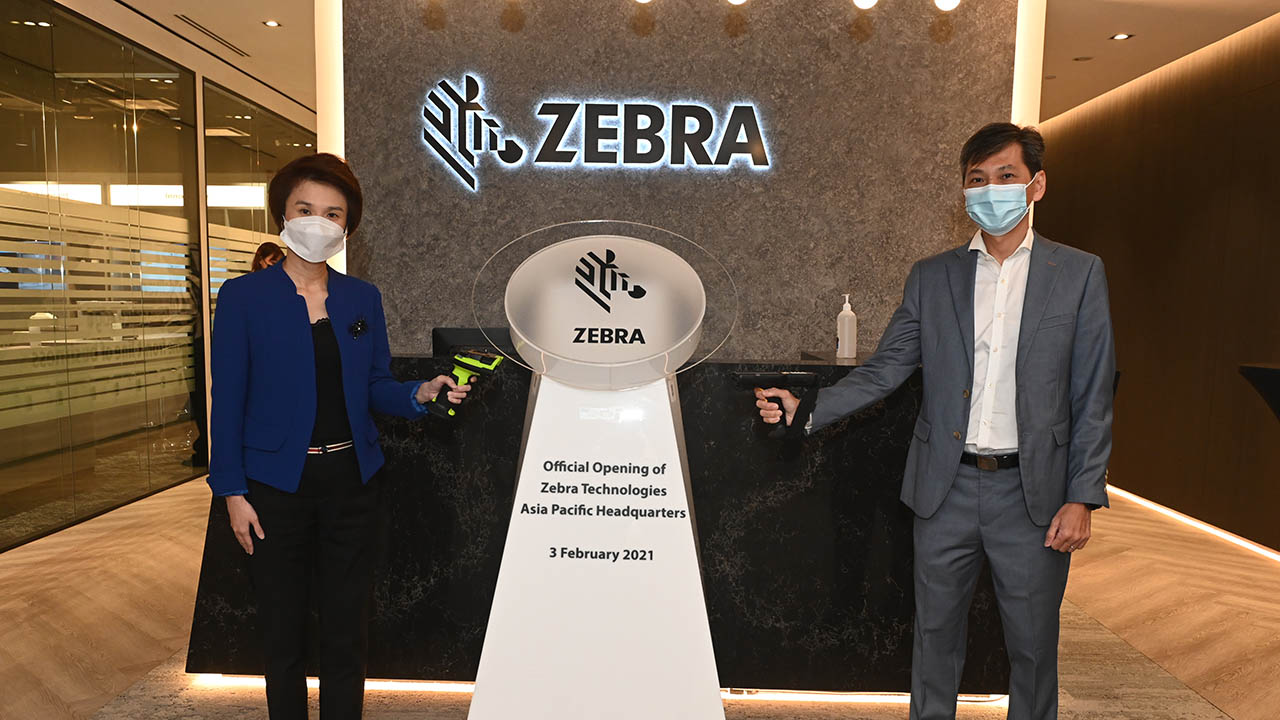
Zebra’s Investing Heavily in the Asia-Pacific Region Right Now. This is Why.
More

5 Things to Consider When Equipping Shift Workers with Shared Devices
More

Meet the (Global Channel) Expert: Jeff Barteld Reveals the Secret to Being a Good Partner
More
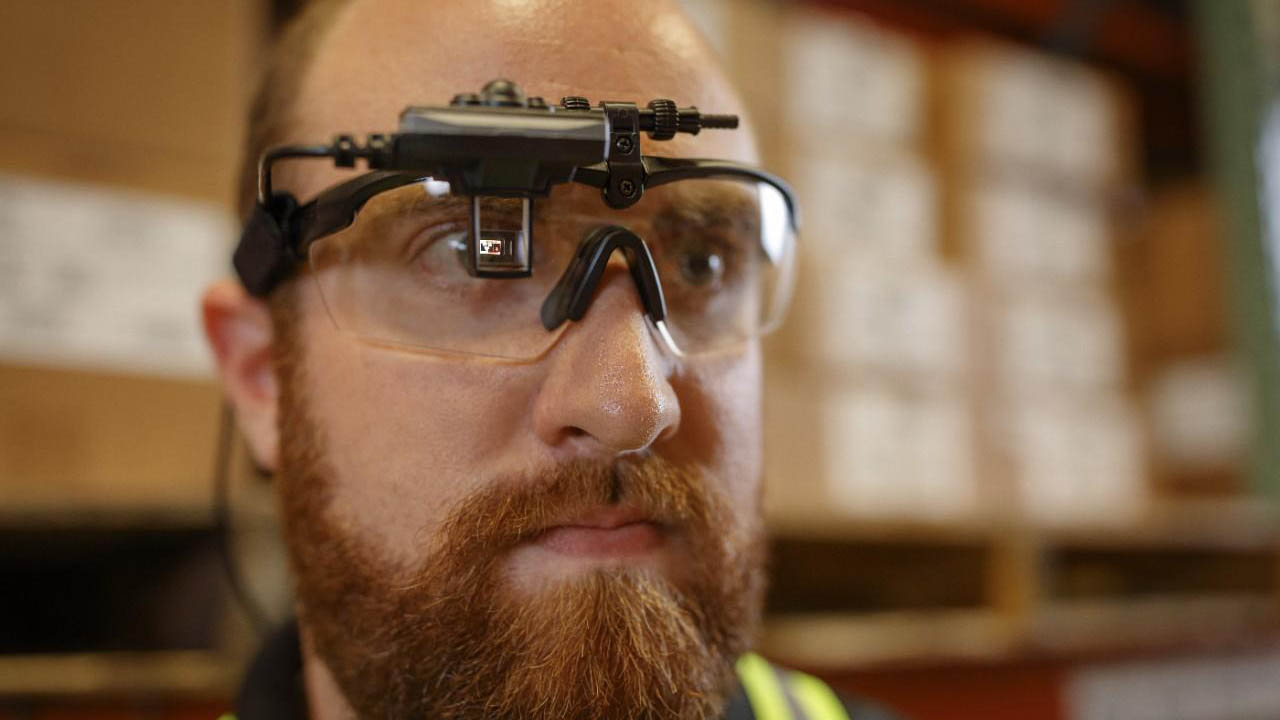
How We’re Supporting Customers on the Ground Right Now, Even from a Distance, with Zebra Remote Expert
More
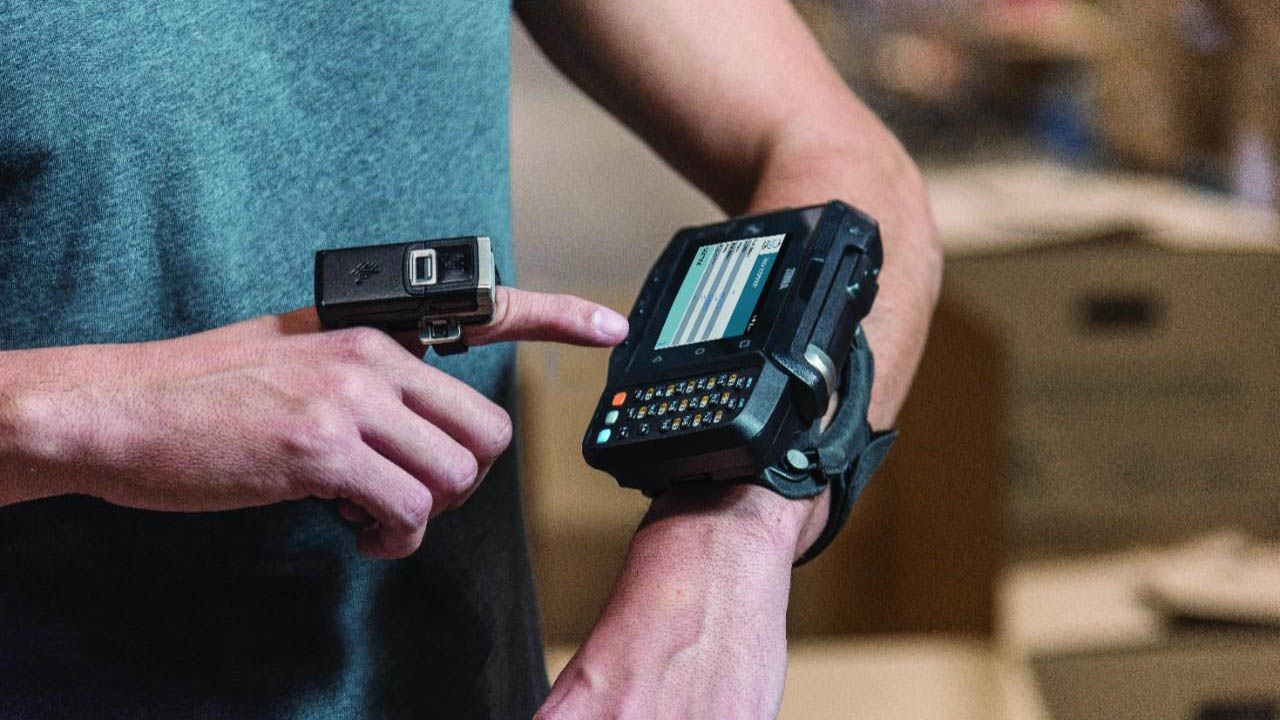
Tech-Enabled Transformation: This is One of the Best Ways Distribution Centers Can Improve Efficiency to Meet Demand
More
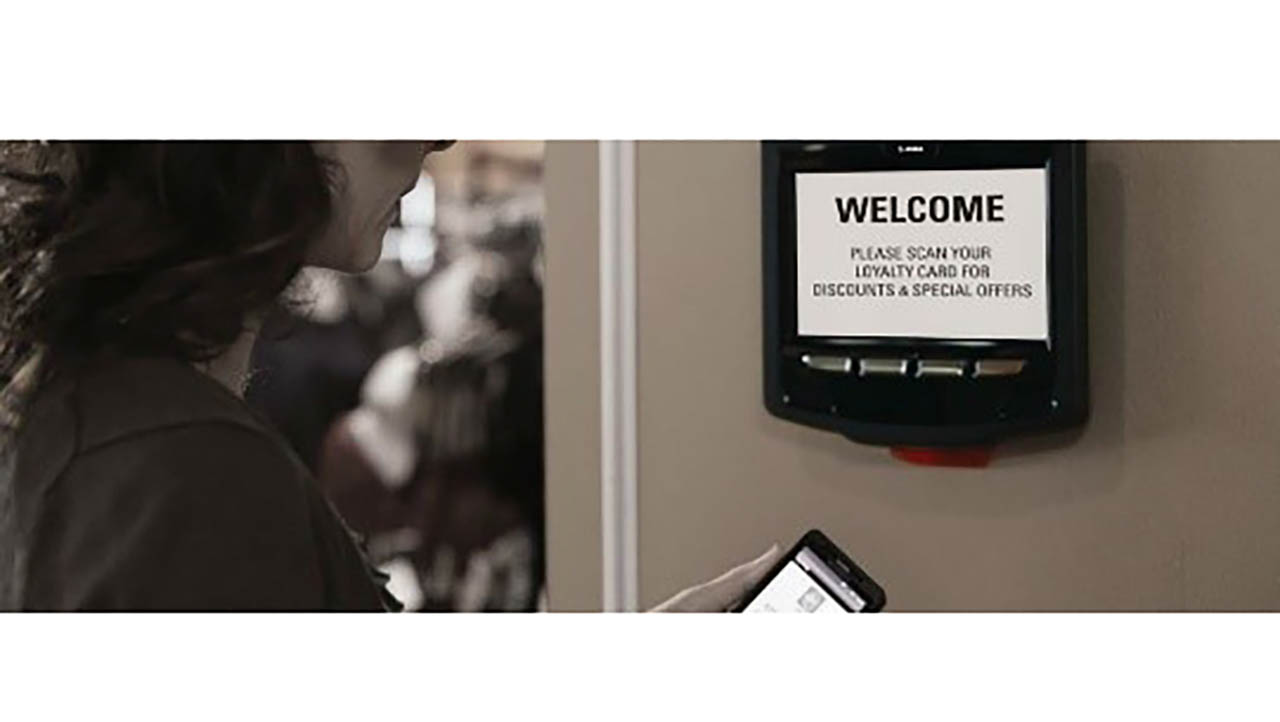
How COVID-19 Has Changed the Face of Self-Service…in Healthcare, Manufacturing and Other Non-Retail Sectors
More

Ask the Experts: Telehealth Helped Sustained Patient Care During the Pandemic. But Will There Be Sustained Demand Once It’s Over?
More

3 Things Holding Back the Oil and Gas Industry from Greatness in the Digital Era
More
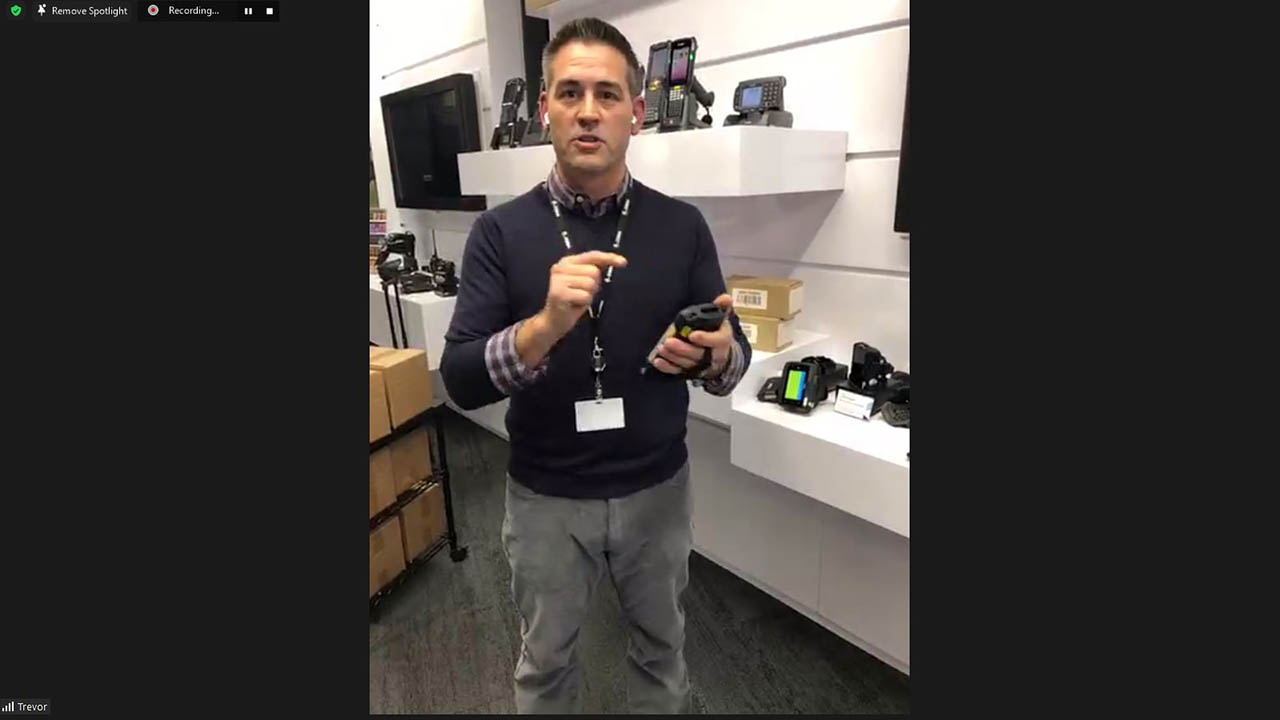
Holding the Line: How Zebra is Helping High School Students Maintain Access to STEM Education Programs During the Pandemic
More

Retailers Have Spoken: Voice Communications Technology is the Key to Smooth In-Store and Online Operations
More
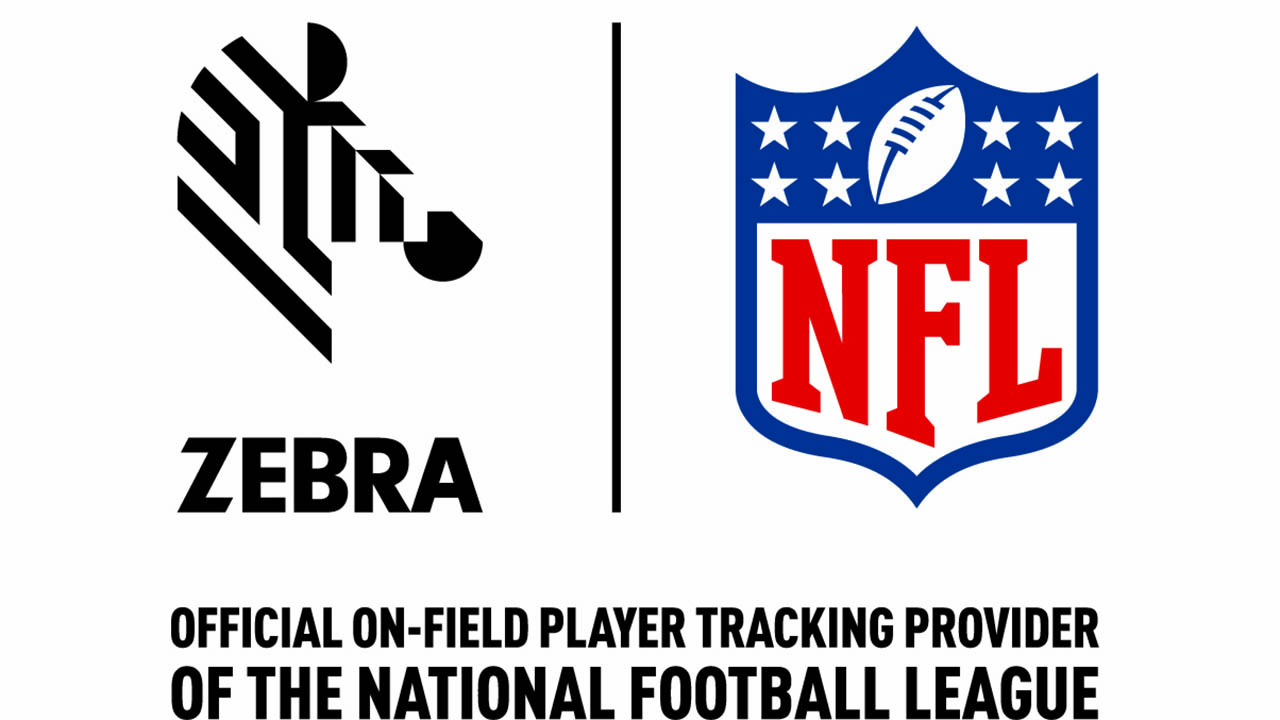
Did Your Favorite NFL Player or Team Really Perform as Well as You Think in the 2020-2021 Season? These Stats Tell the Real Story!
More

Celebrating the Season of Giving by Giving Where It’s Needed Most
More

We’ve Learned a Lot in the Last Year, Including the Real Purpose and Value of Rugged Head-Mounted Displays
More

Ask the Expert: Is Zebra Really One of the Top Robotics Companies in the World?
More

Ask the Expert: Should I Be Replacing My Fixed Vehicle Computers with Grab-and-Go Rugged Tablets?
More

Shoppers Say Retailers Need to Improve the Returns Process or They May Not Return to Those Stores
More

“Beyond the Basics”: NFL Pro Brandon Copeland Talks About What It Takes to Be a Winner, On and Off the Field
More

Banks Must Embrace the Opportunity to Transform Branch Communications. Here’s Why.
More
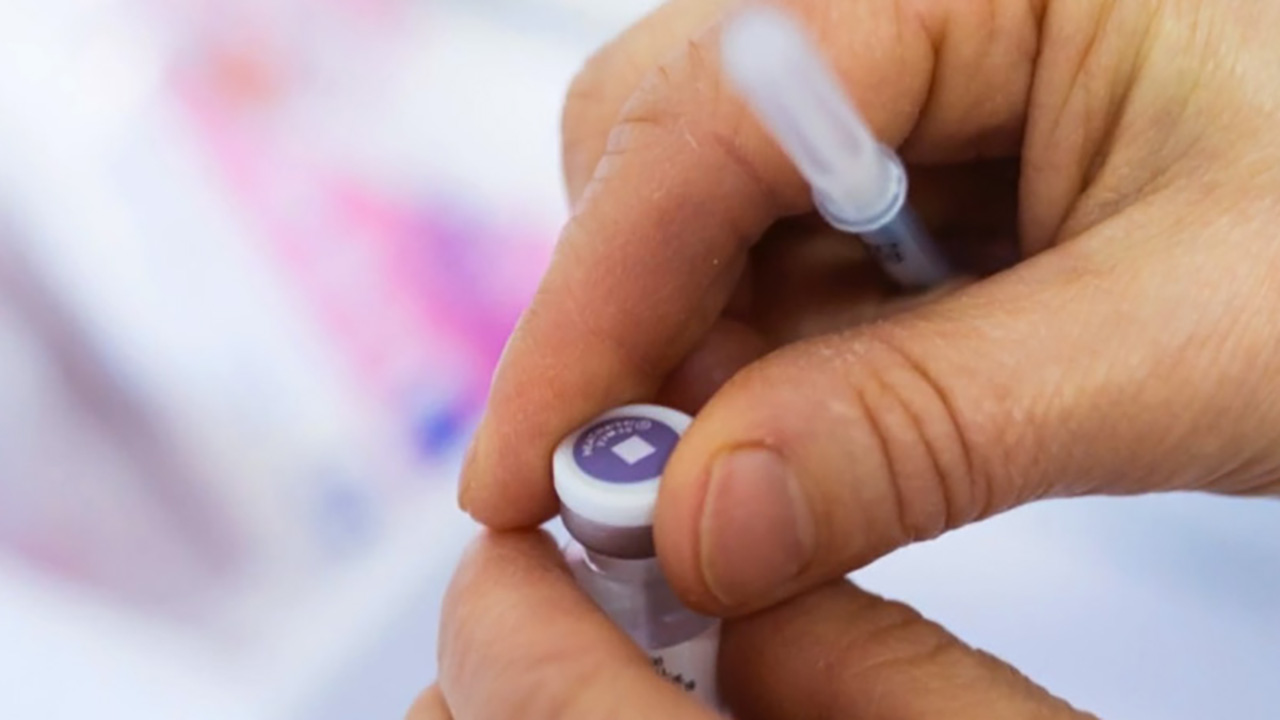
New Wall Street Journal Article Talks About Technology’s Role in Monitoring COVID-19 Vaccine Temperatures
More

3 Reasons Why Rugged Mobile Devices are the Only Type of Devices Retailers Should be Shopping for Right Now
More

Could These Five Technologies Be the Key to Sustaining Higher Food Quality Standards?
More

COVID-19 Just Reminded Us Why “Modern Medicine” Needs Modern Technology Tools
More
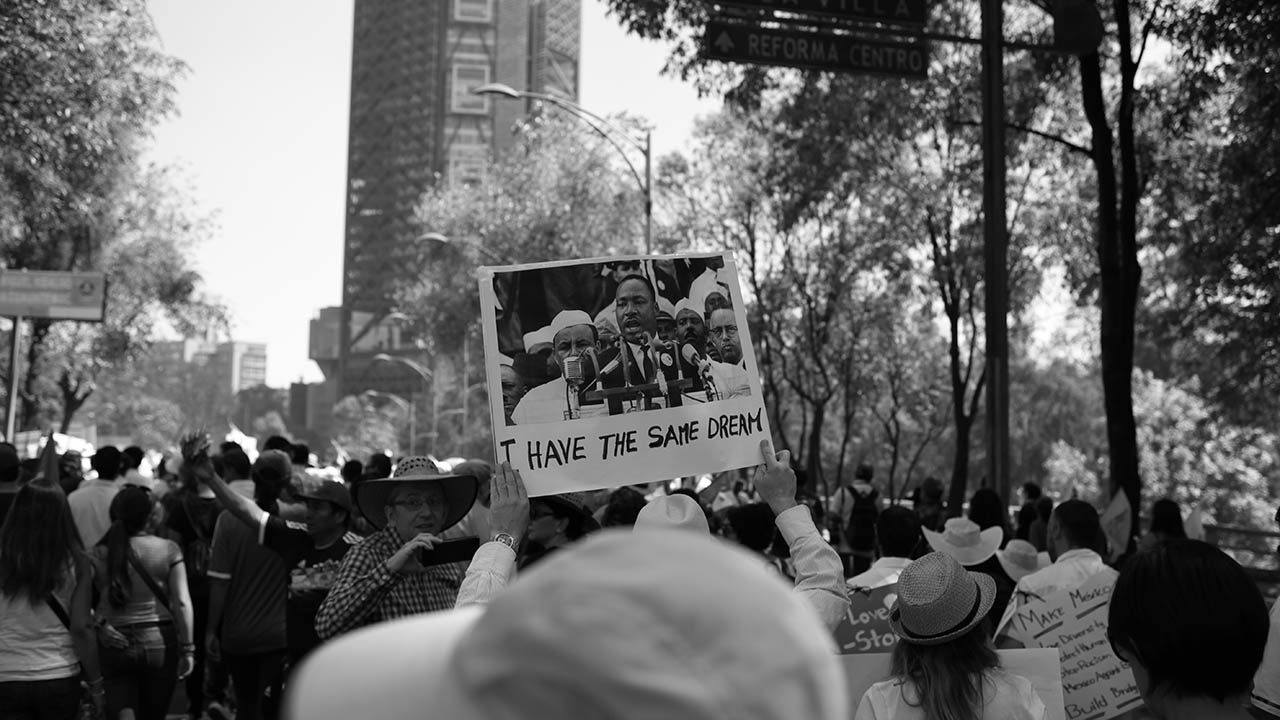
Big Dreams Take Time
More

What Does a Perfect Practice or Game Really Look Like for NFL Players?
More

Microsoft, Zebra and Reflexis Systems Collaborate to Seamlessly Connect Front-Line Workers at the Edge
More

Ask the (Google and Zebra) Experts: What are Some of the Most Innovative Technology Solutions You are Working on Today?
More

New Healthcare-Grade Mobile Computing Solution Designed to Keep Clinicians Moving and Patients Safe, Especially During Busy Times
More
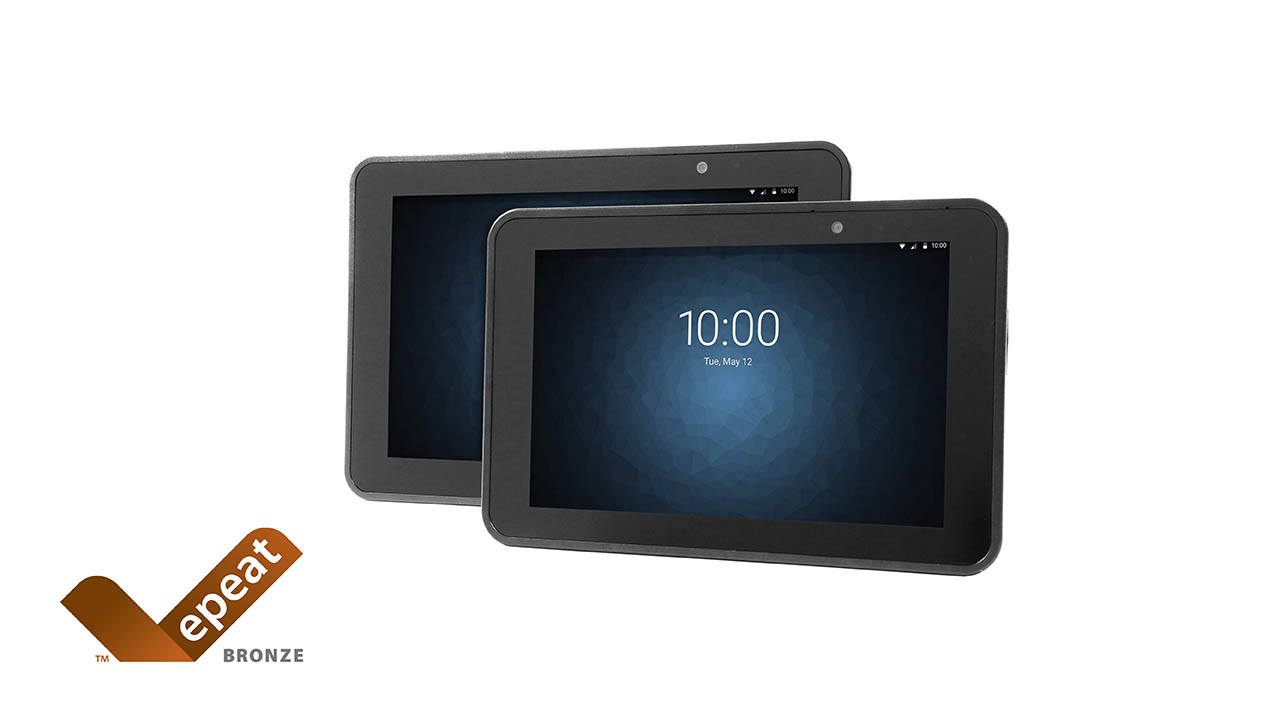
It’s Our Corporate Social Responsibility to Maintain Focus on Environmental Initiatives, Even During a Pandemic
More

The Top OEM Solutions for Social Distancing (and Customer Satisfaction) in 2021
More

Did You Know? There Is a Direct Correlation Between Your Training Investment and Your Return on Technology Investments
More

The Year is 2025, and This is What Has Become of the Warehouse
More

Technology Isn’t the Only Thing That’s Changed in the Past Decade. Our “Crisis Readiness” Has Too.
More
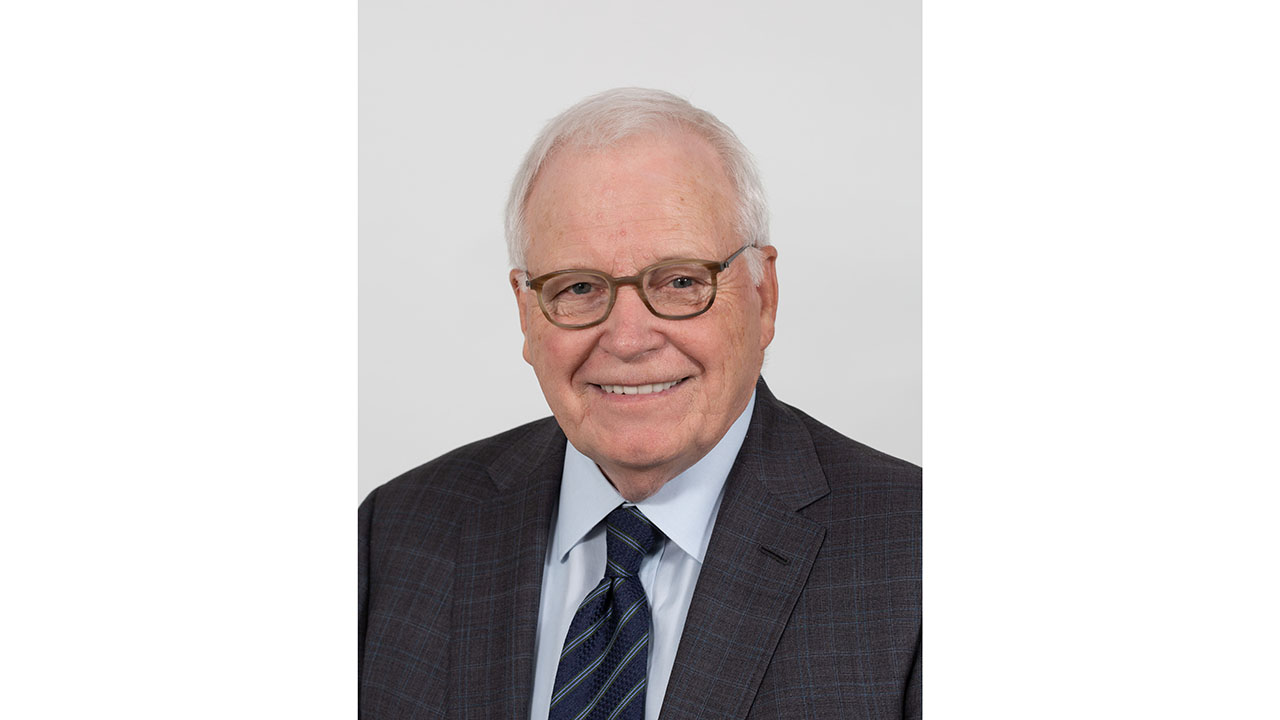
Like Many Military Actions, Maintenance and Repair Operations Still Require Manual Intervention. But That’s Precisely Why Technology is Becoming Invaluable, Says One Expert.
More

Retail Store Associates Say This is The One Thing That Frustrates Them the Most About Their Jobs
More
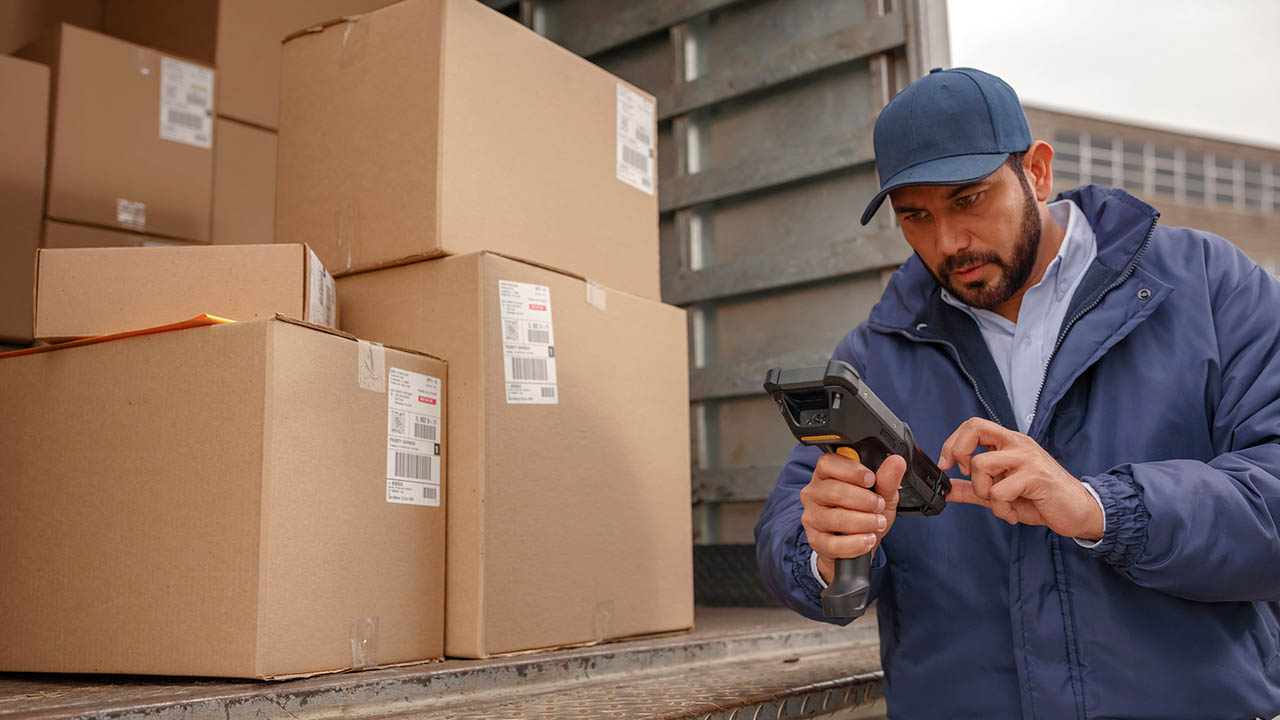
Three Ways That Technology Can Help Your Delivery Drivers Cover More Ground and Cater to More Customers Each Day
More

Envisioning the Role of Branches in a Digital Banking World
More

2020 May Not Have Been the Year We All Hoped for, But We Still Accomplished Remarkable Feats, Proving Just How Resilient We Can Be
More

Healthcare Processes, Patient Needs and Reporting Requirements are Changing Faster Than Ever. That’s Why Clinicians Need More Adaptable (and Patient-Friendly) Technology.
More

Key Strategies for Adapting Your Transportation and Logistics Business in Response to Global Disruptions
More
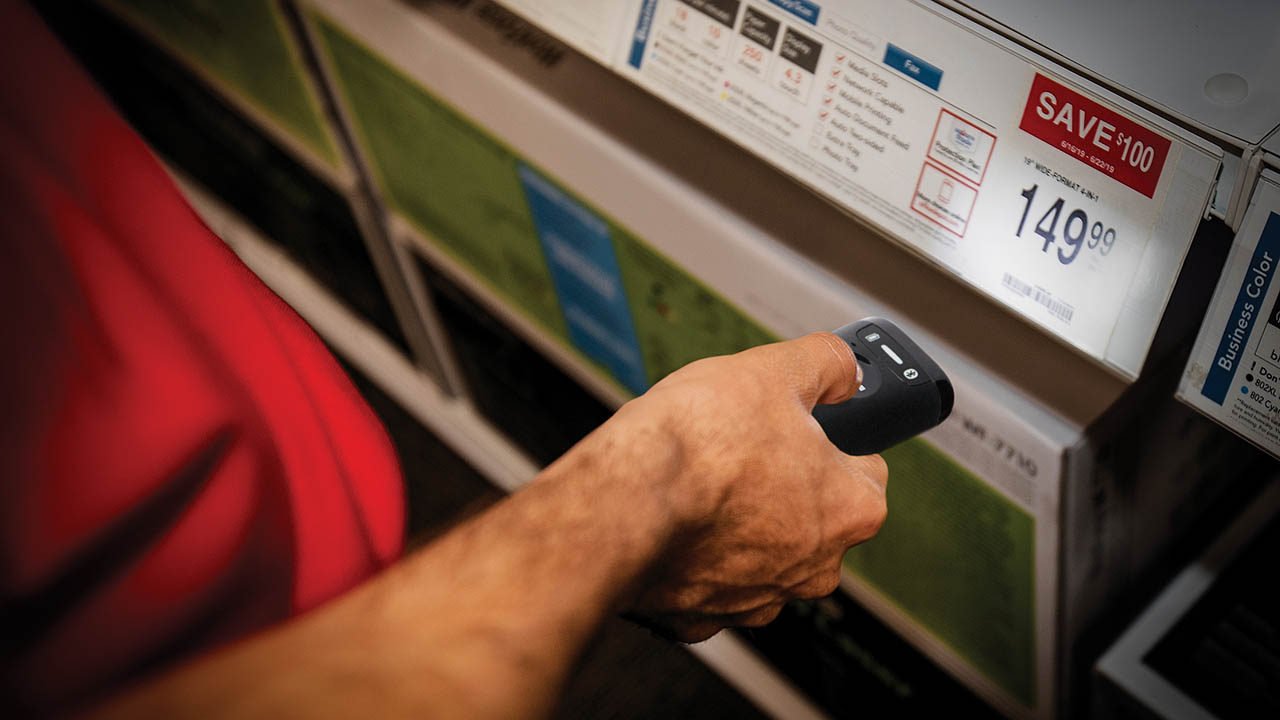
Consumers Aren’t the Only Ones Shopping for the Hottest Tech This Holiday Season
More
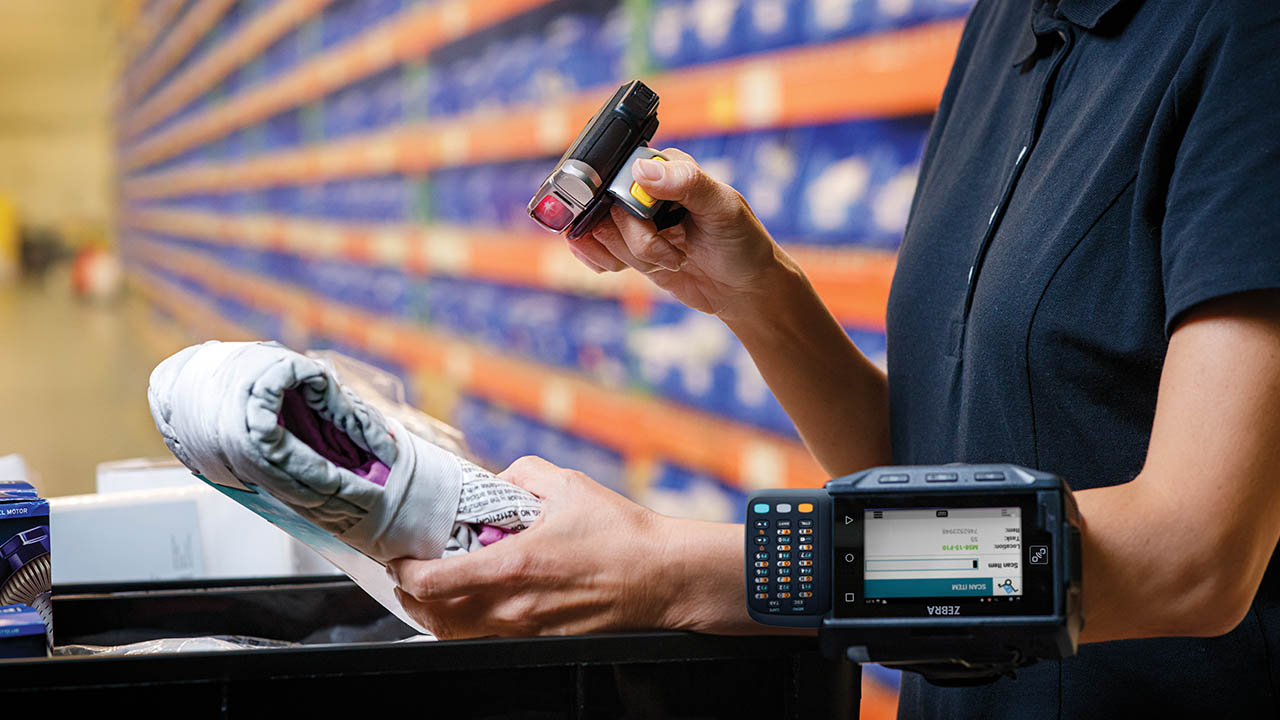
The Industrial Wearable Computer Has Evolved to Be Everything You Need (and Everything Front-Line Workers Want) in a Hands-Free Solution. Check It Out...
More
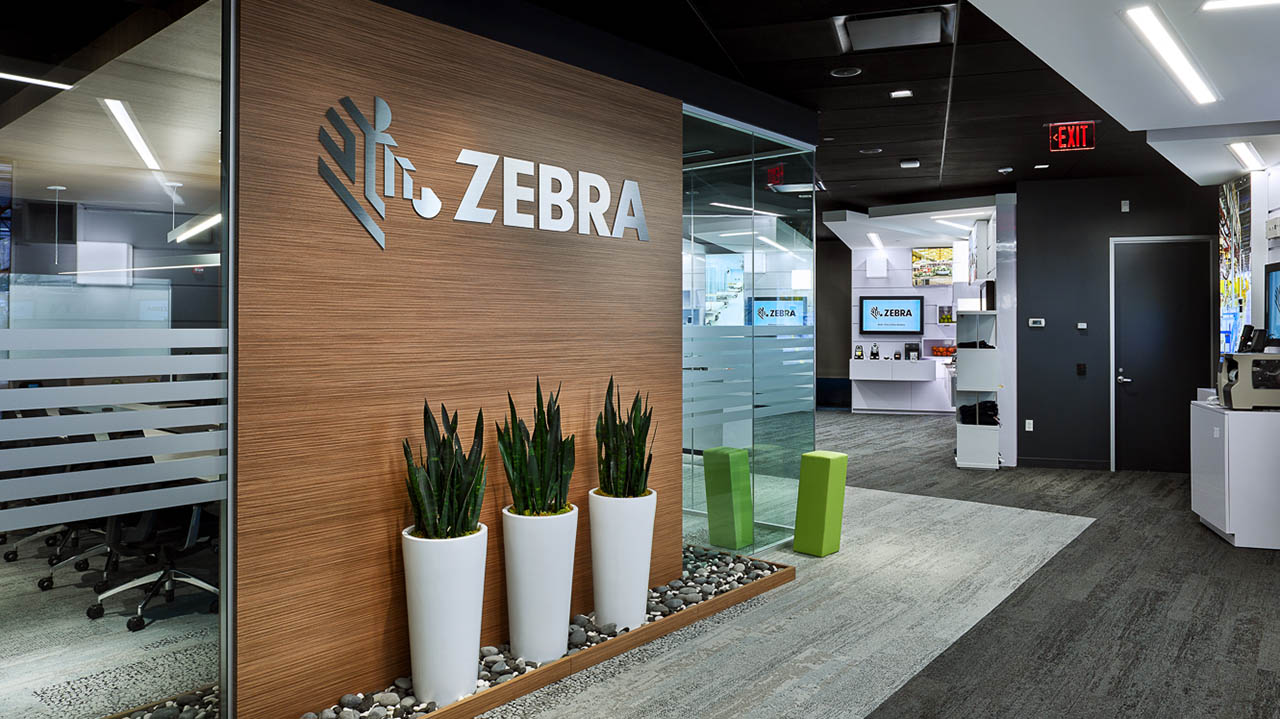
Looking for Ways to Gain a Competitive Edge in 2021 and Beyond? Take a (Virtual) Tour of the Zebra Experience Center and Talk with Technologists Who Know Your Business
More
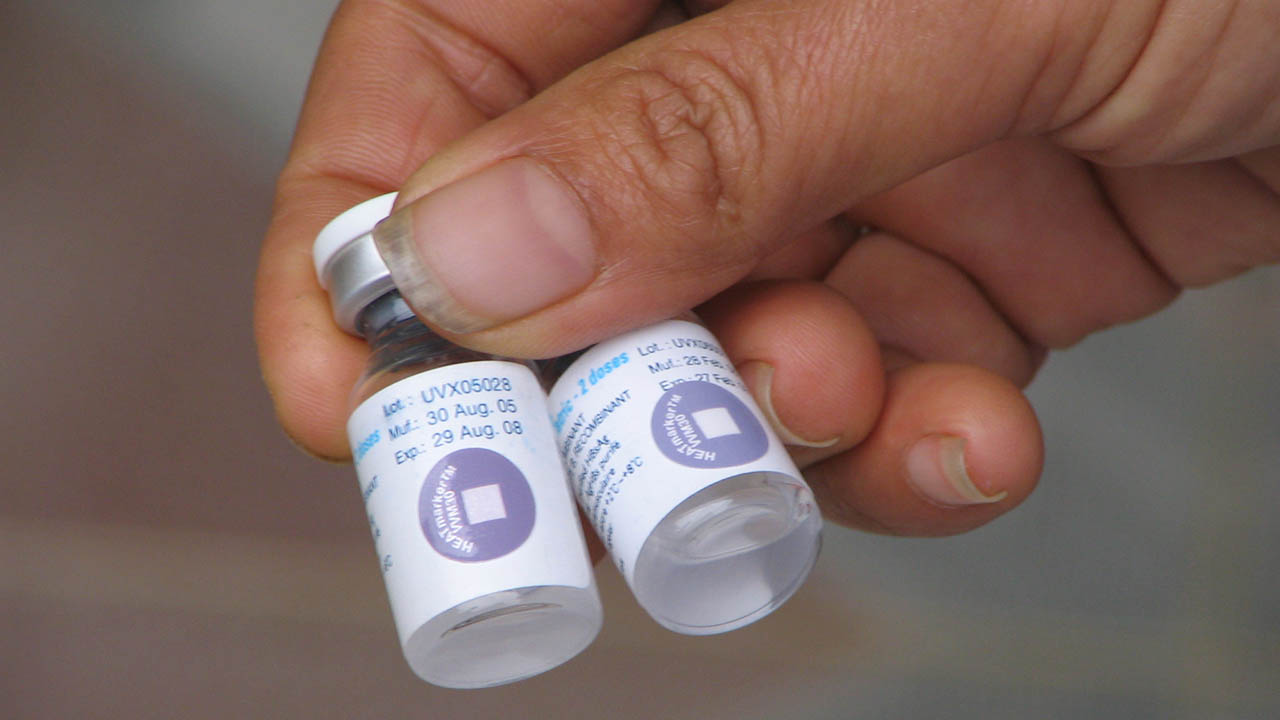
Ask the Experts: How Can We Be Sure Temperature-Sensitive COVID-19 Vaccines Have Not Been Heat Damaged All the Way Through the Last Mile?
More

Attention Android Device Users: It’s Time to Leave Legacy Device Management Strategies in the Past
More
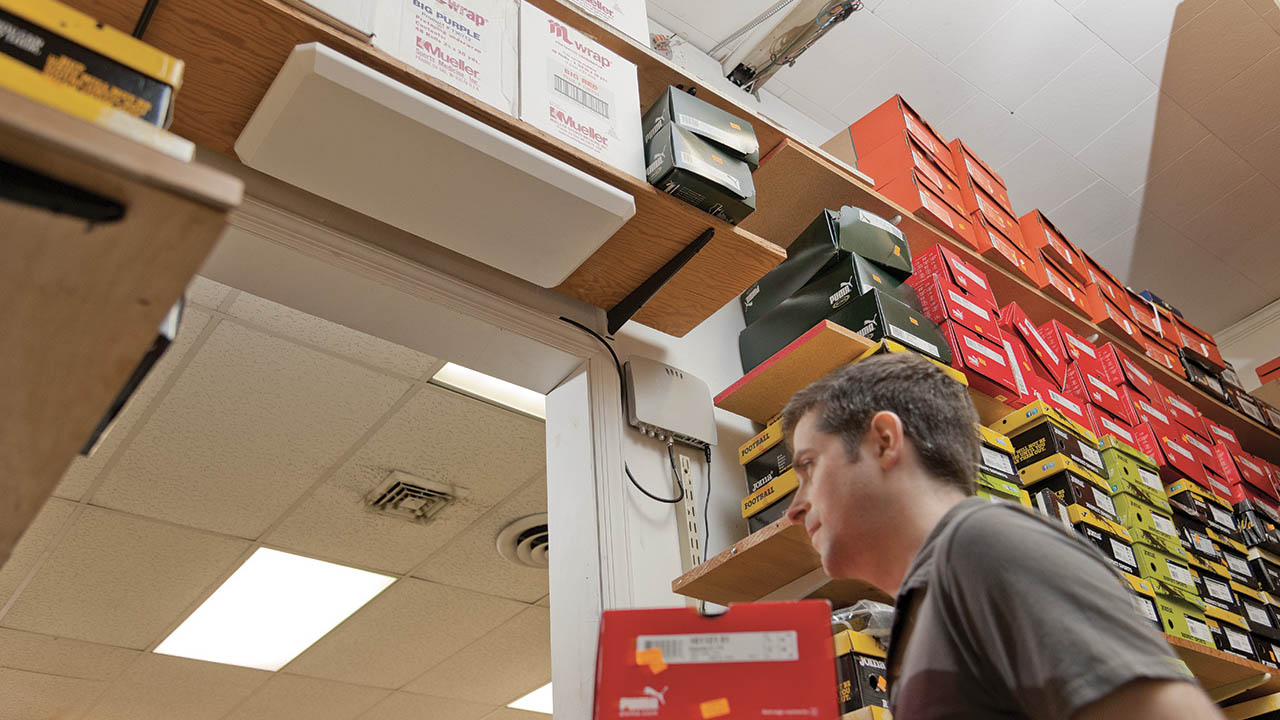
Warehouse Maturity Model Phase Three: You Should Be Actively Seeking Out Sensing Technology
More

Creative Ways to Drive More Sales Right Now and Close Out the Year Strong
More

Turning the Page on 2020: Reflecting on All the “Special Gifts” We’ve Been Able to Share with Others in Our Communities This Year, including a New Children’s Book That Teaches Kindness and Acceptance
More
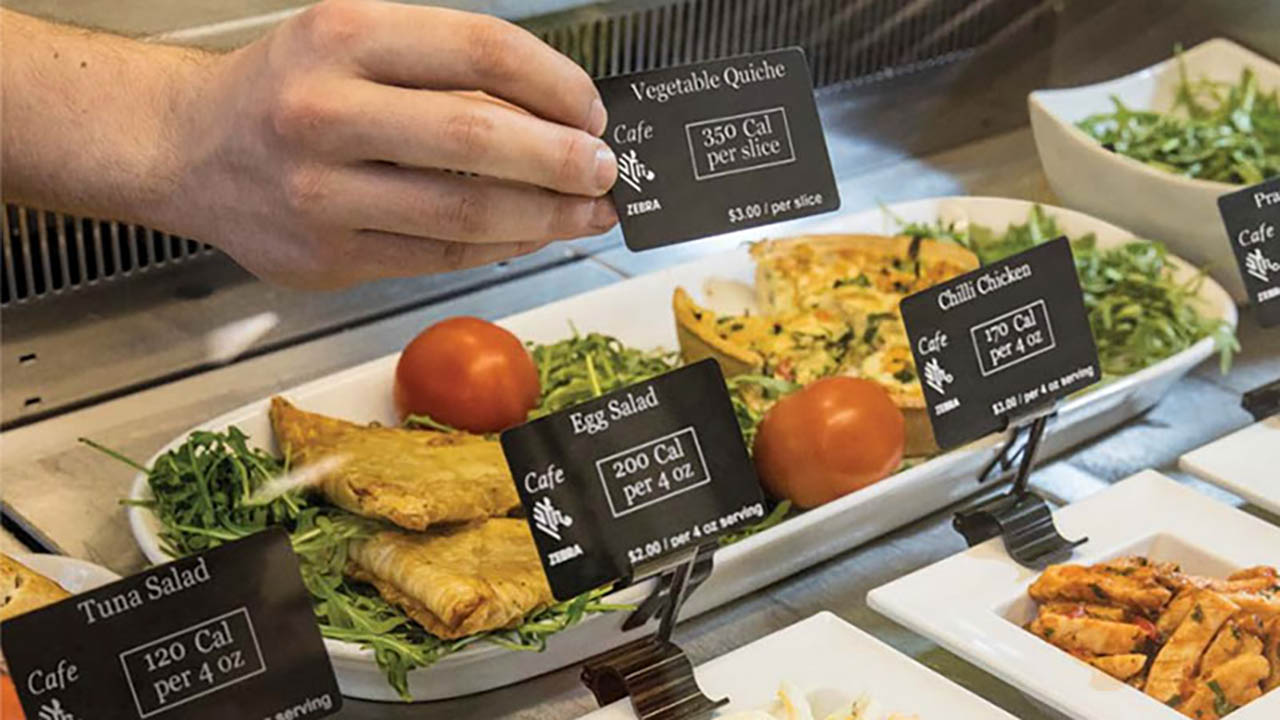
How Can You Ensure Compliance with Public Health Rules and Government Safety Regulations While Enhancing Your Customer Experience?
More

How Innovative Hospitality Chains are Leveraging Technology to Serve Guests as the “New Normal” Continues to Evolve
More
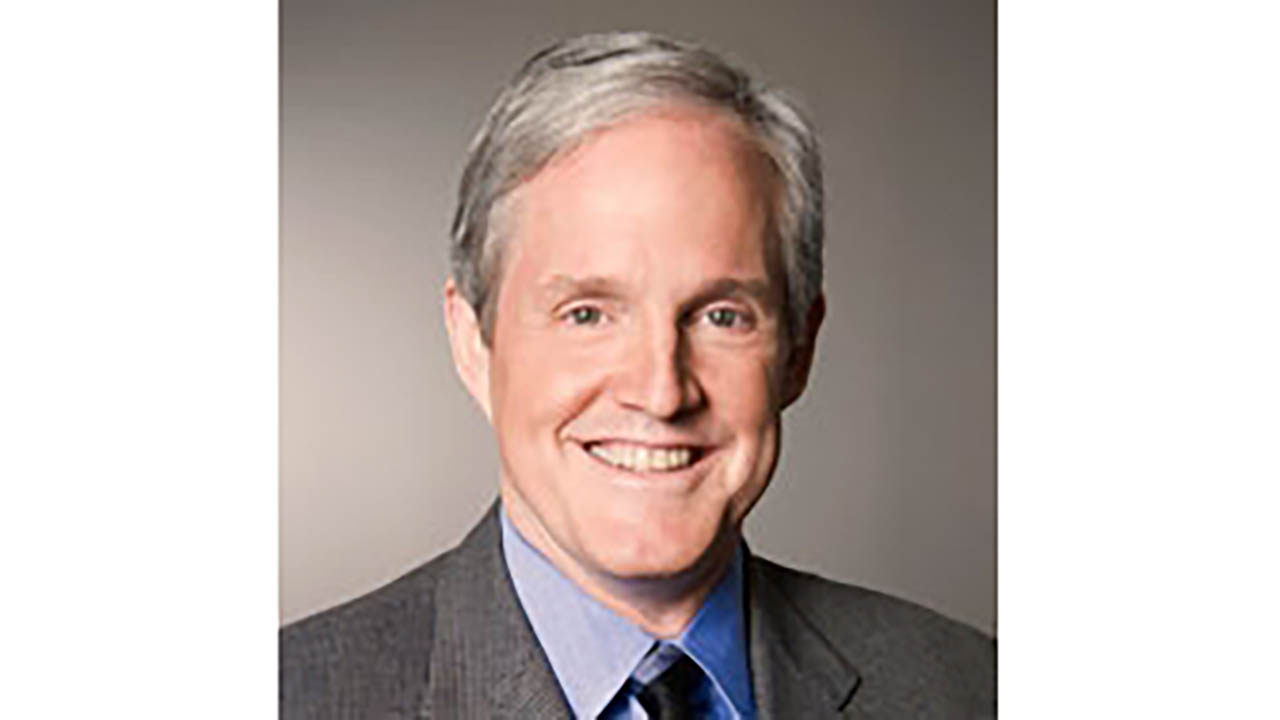
Ask the Expert: Has COVID-19 Impacted Corporate Auditing Requirements?
More

Did You Know That Your Label Is Probably the Reason Why Your Printer “Isn’t Working Right” or Your Workers Aren’t Productive?
More
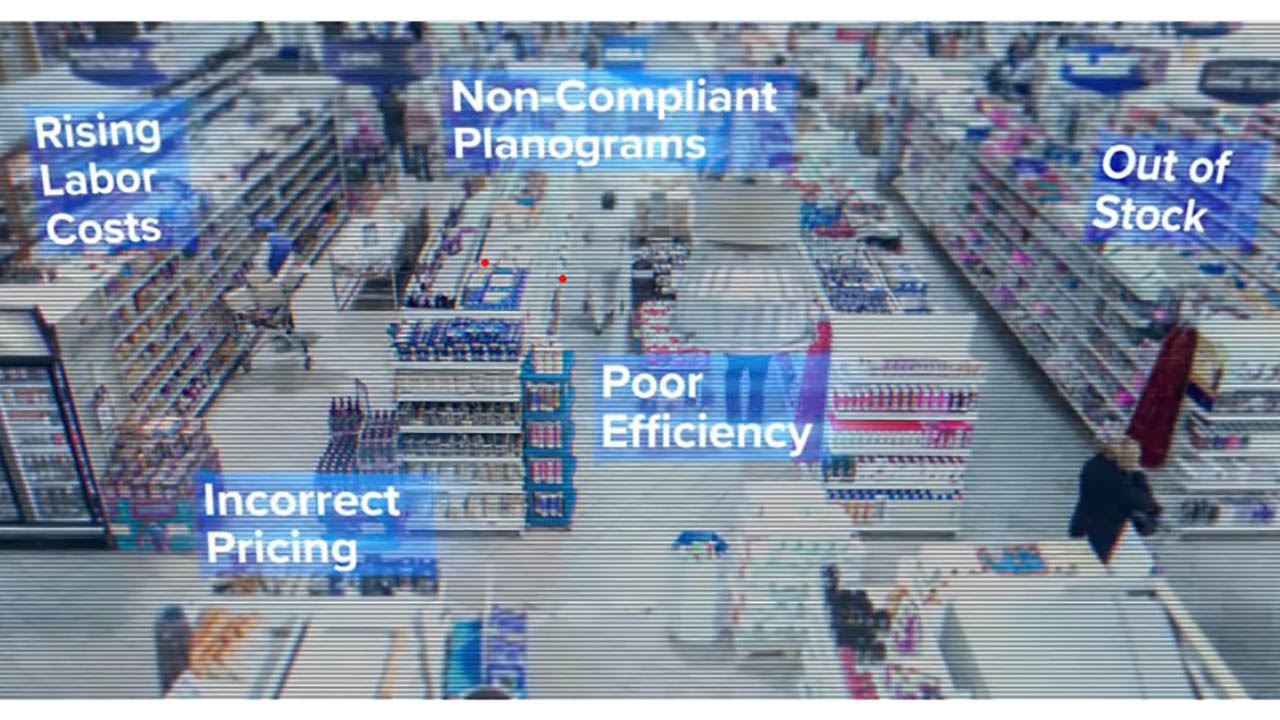
The Economics of – and Business Case for – Intelligent Automation
More

Yes, It’s Possible for a Large-Screen Rugged Tablet to Be Small Enough to Be Carried in Hand (While Working on Foot) for Hours on End. The New 10” Android™ Zebra ET56 is Proof.
More

How to Bring Maintenance and Operations Together in Oil and Gas Production
More

Ask the Expert: What is Computer Vision? And Will It Really Give My Organization Better Visibility into Operations?
More

RF-SMART “Taking Inventory” Podcast Exclusive: What Does Printing Have to Do with Manufacturing Visibility and Traceability?
More
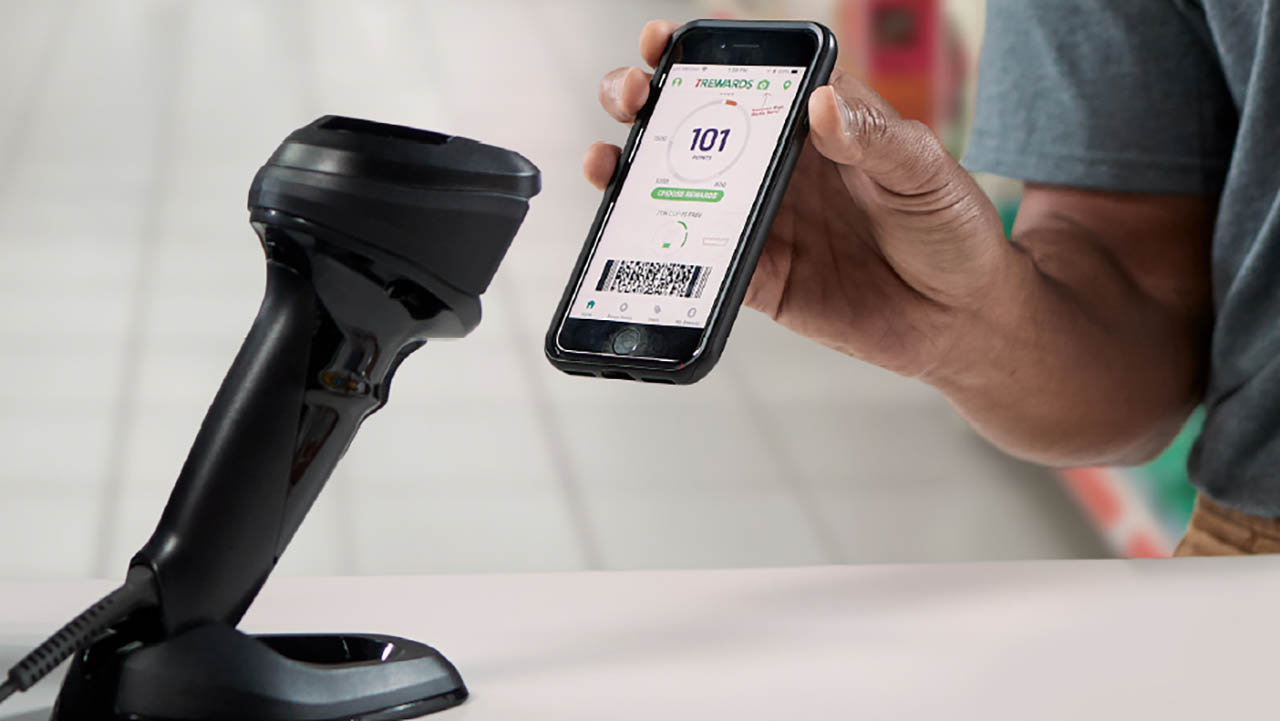
Are Contactless Technologies the Key to Staying Connected with Retail and Hospitality Customers During COVID-19?
More

The Food Industry is Facing More Than a Supply Chain Crisis. It’s Facing a Safety Crisis. That’s Why Track and Trace Tech Investments are Urgently Needed.
More

Finding It Hard to Keep Workers (and Customers) Engaged? The Reflexis Team Has Cracked the Code.
More
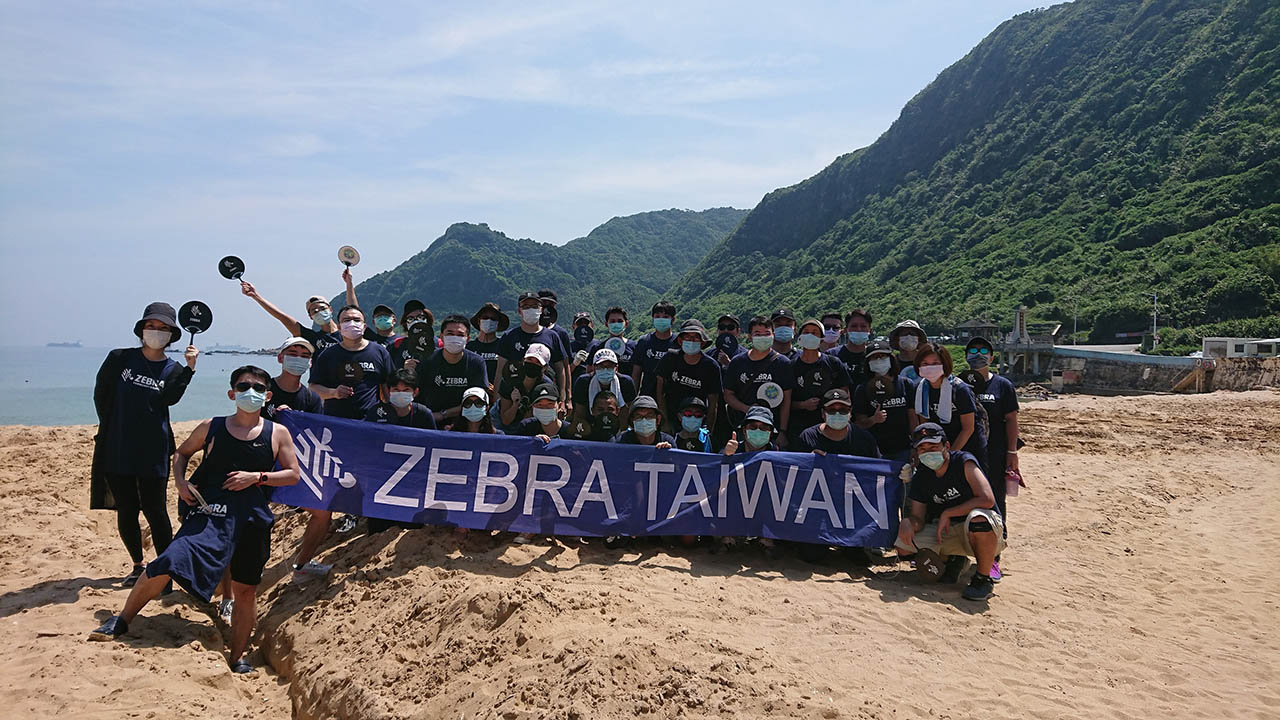
Doing Well by Doing Good: Highlights from Zebra’s First-Ever Global Week of Service
More

These New Keypad + Touchscreen Mobile Computers Can Be Anything Your Small to Mid-Sized Business Wants or Needs Them to Be
More

The Two Unexpected Benefits of Prescriptive Analytics, According to Four Retailers
More
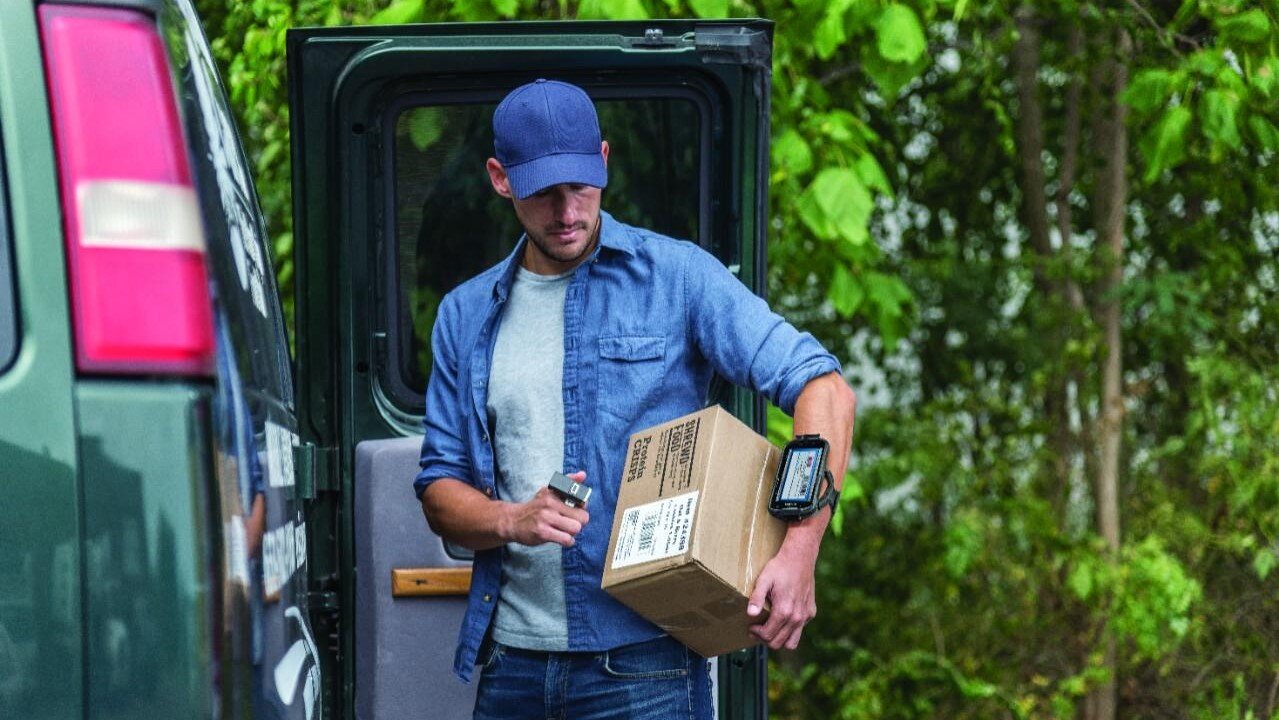
Setting the Record Straight: Zebra Has Been Committed to Android for Years – and is Committing to Android for Several More.
More

This Is the Technology That Has Helped Scottish and Southern Electricity Networks (SSEN) Effectively Increase Service Reliability
More
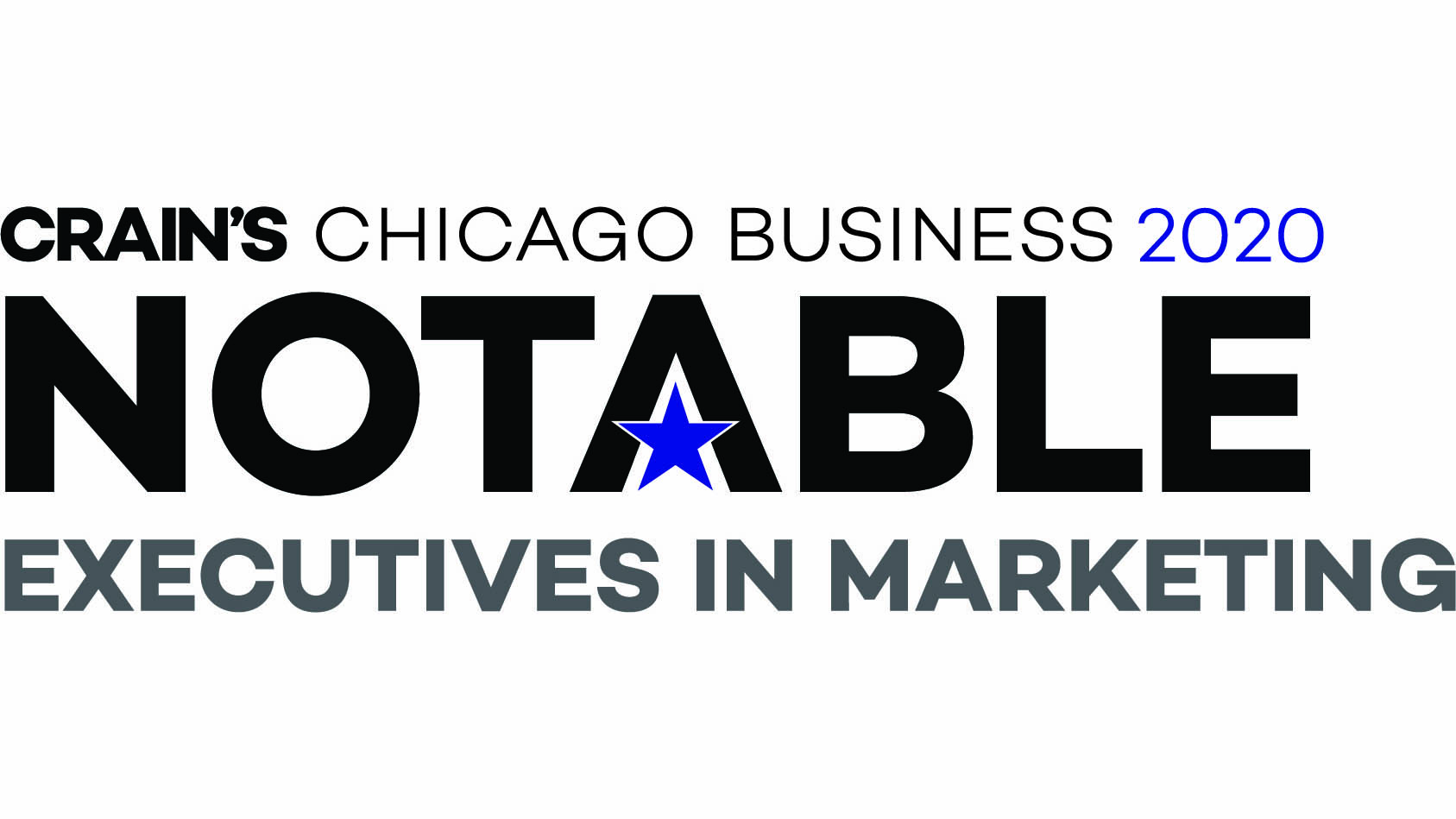
Jeff Schmitz is an Engineer…and One of the World's Top Marketing Executives!
More

Ask the Expert: How Can My Organization Recognize and Defend Against Internal Security Threats?
More
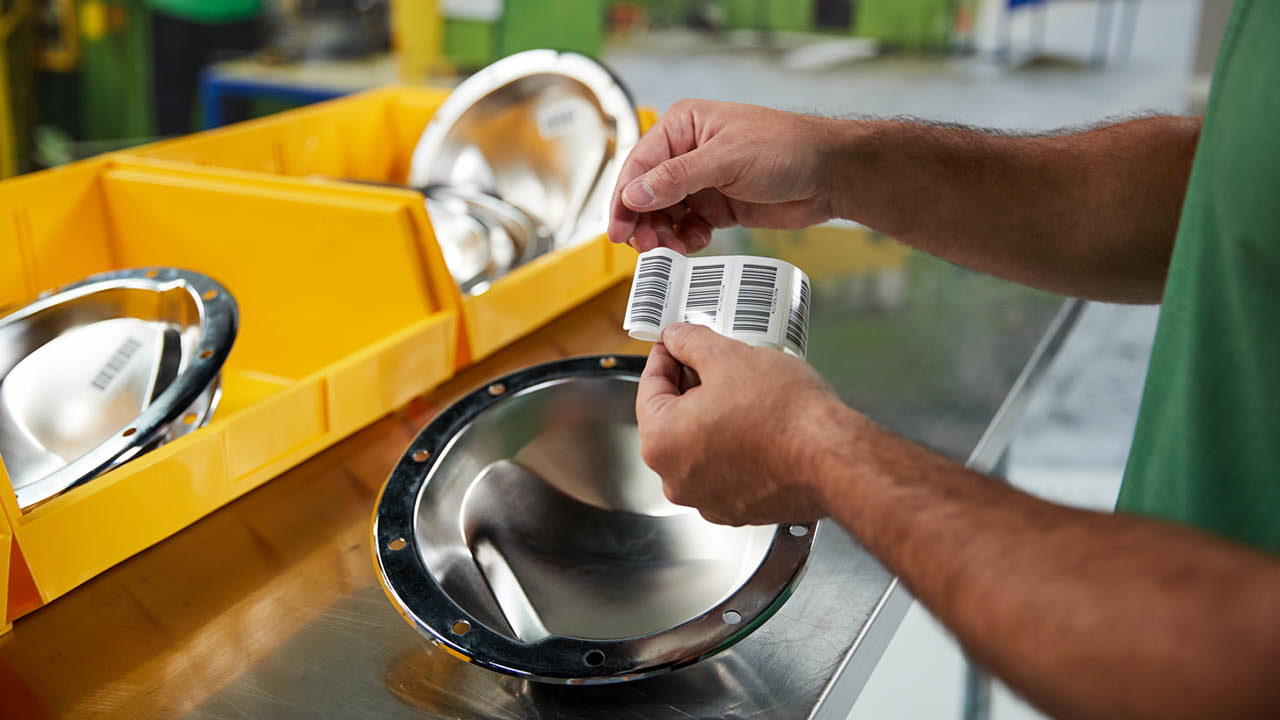
Are Your Labels Helping or Hurting Your Business? Register Now for This Free Masterclass to Find Out
More

3 Surefire Ways to Maximize the ROI of a Turnkey Solution
More

Good News, Retailers: You No Longer Have to Buy New Scanners Every Time Your Workflows Change. The New Zebra CS60 Series Convertible Scanner Can Take on Any Form and Task You Need It To!
More

Telcos: Consider Implementing These Technologies to Improve Service Call Response Times and Your Bottom Line
More

Inventory Visibility Is Just as Important to Restaurants as It Is to Retailers Right Now. That’s Why RFID Investments Should Become a Priority.
More

Is It Possible to Ship More Goods Using Fewer Trucks and Containers? And Without Causing More CO2 Emissions?
More

Podcast: CIO Hall of Famer Divulges the One Technology He Wishes He Had Invented
More

If Your Printhead Fails, Work Stops. This is the Best Way to Prevent Both.
More

These are Today’s Top Enterprise Security Challenges, According to One CSO
More
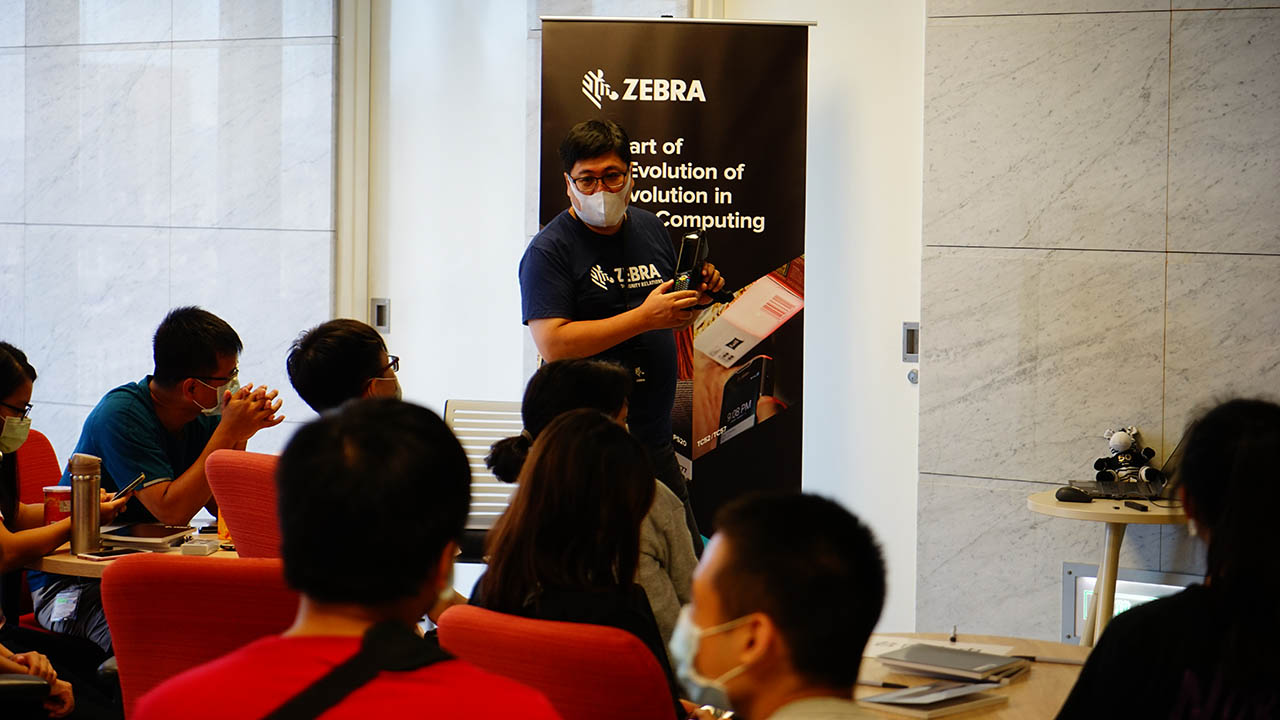
A Seat at the Table: How Onsite Experiences Position Students for Futures in STEM
More

Ready to Upgrade Your Fixed RFID Reader? If You’re in EMEA, You’ll Want to Get Involved in Our Transfer Window to Save Big.
More

Ask the Experts: Is Blockchain Technology the Key to Simplifying – and Building Trust in – Cross-Border Trade?
More

What Is It Going to Take to Deliver the “Right Patient Care at the Right Time” Every Time? These Nurses Have Some Ideas.
More

The (New) Best Way to Optimize Inventory Performance in the New Normal
More

Six Technologies that Emerged (or Became Popular) in Difficult Times
More

Four Factors to Consider When Choosing an Enterprise Mobility Management (EMM) Solution
More
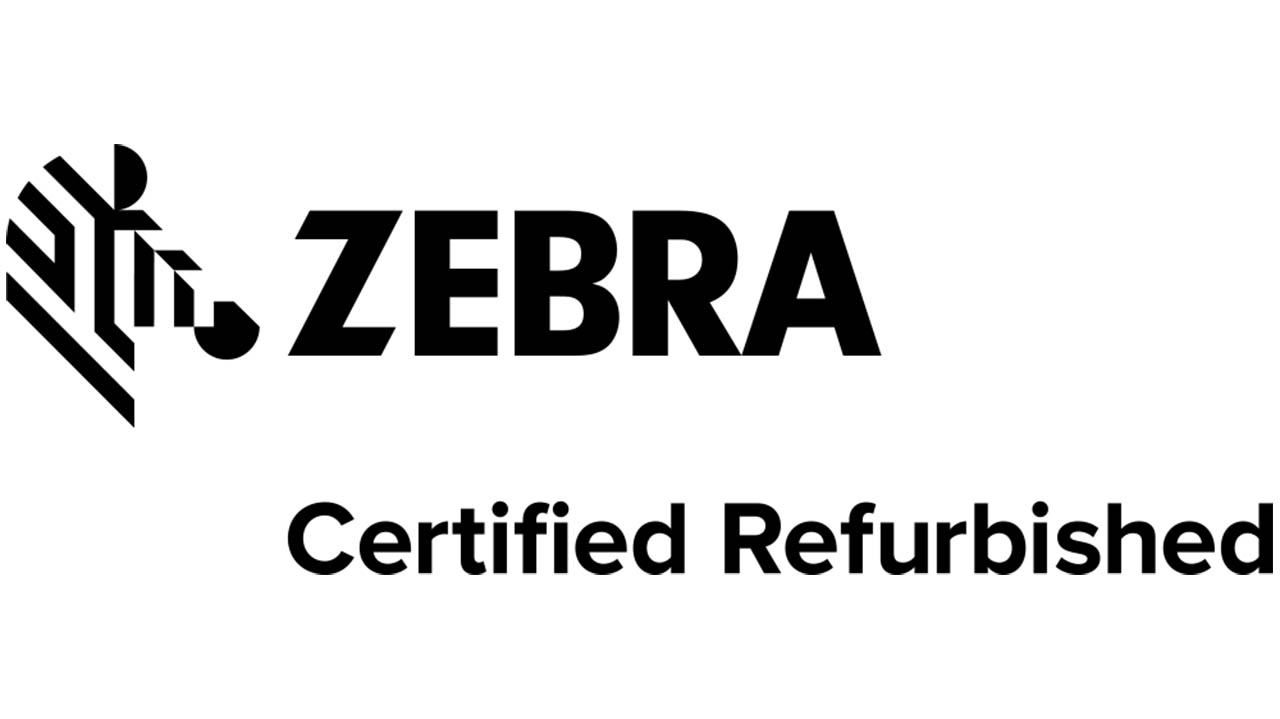
Ask the Expert: What Is the Circular Economy? And Why Should I Get My Business in the “Loop”?
More

Warehouse Maturity Model Phase Two: Achieve Greater Team Productivity and Workflow Conformity
More

Manufacturers: Are You Using the Right Printing Supplies for Your Product ID Applications? This is the Best Way to Tell.
More

If You Find Operational Visibility to Be Expensive and, Therefore, Elusive, You’ll Want to Read This.
More
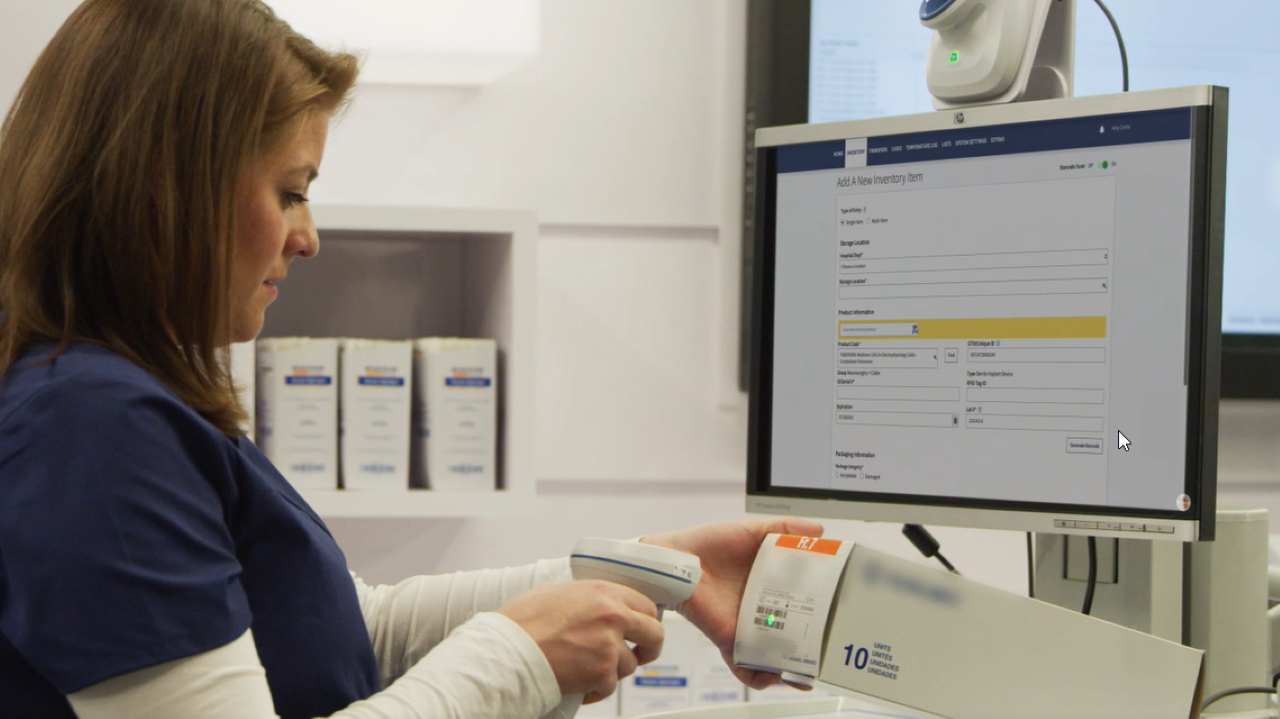
It Just Got a Whole Lot Easier to Capture UDI Data in Hospitals and Ambulatory Surgery Centers
More
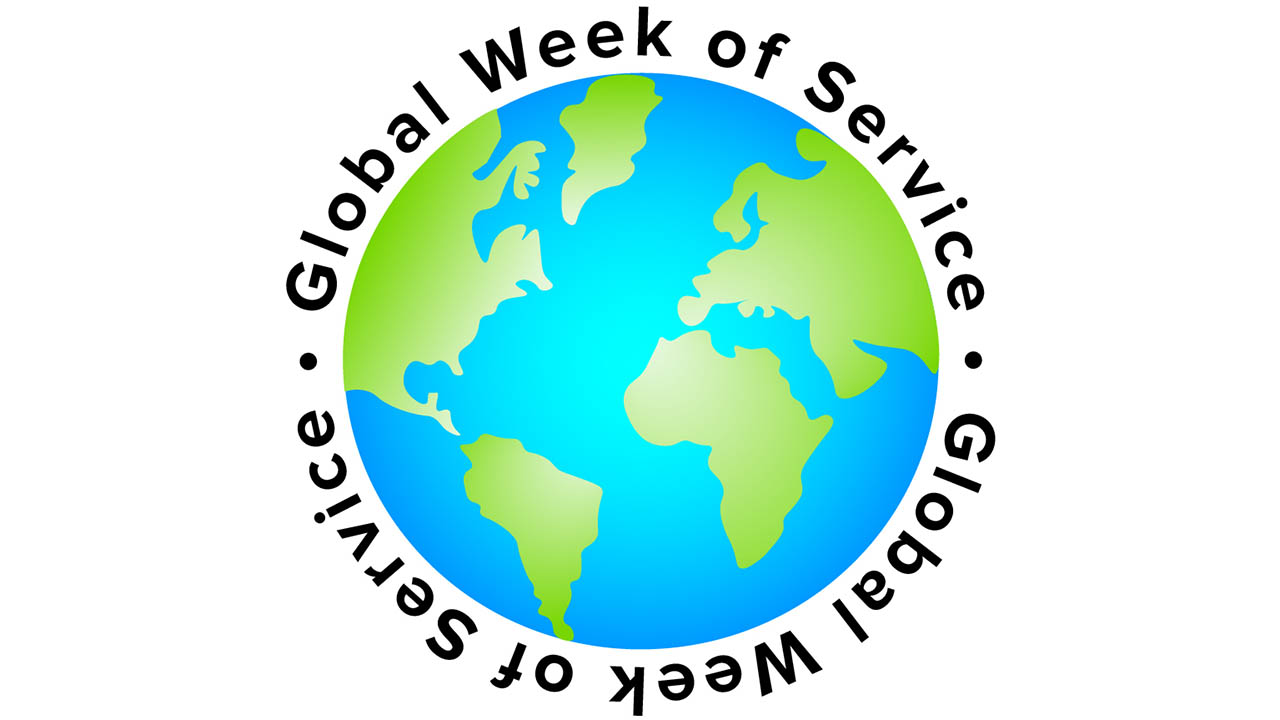
#GlobalWeekofService Sneak Peek: How We Plan to Do a World of Good, One Community at a Time
More

Modernizing Your Supply Chain without Disrupting Its Flow Is a Balancing Act
More

Ask the Expert: What are the Biggest Technology Trends (and Challenges) in China Right Now?
More

The 3 Waves: Rebuilding Retail After the Pandemic
More
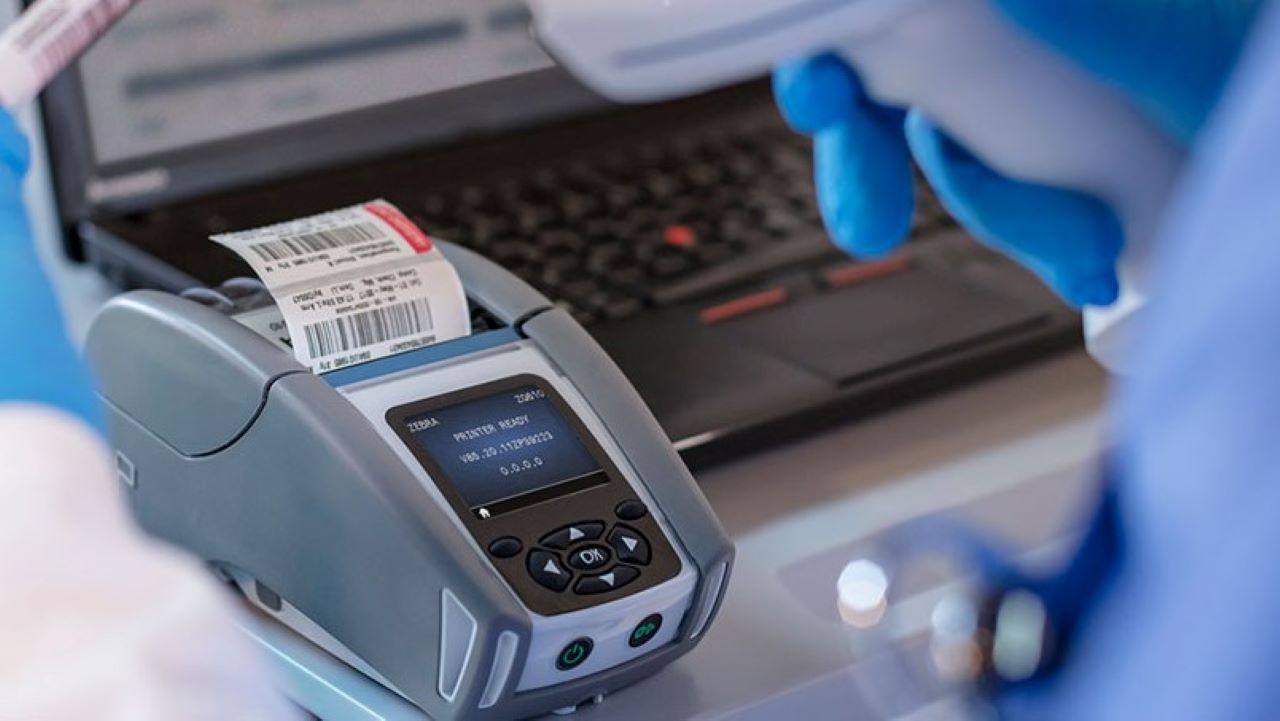
How Managed Print Services Can Reduce Your Burden and Boost Your Return on Investment (ROI) for Your Entire Thermal Printing Solution, Including Supplies
More
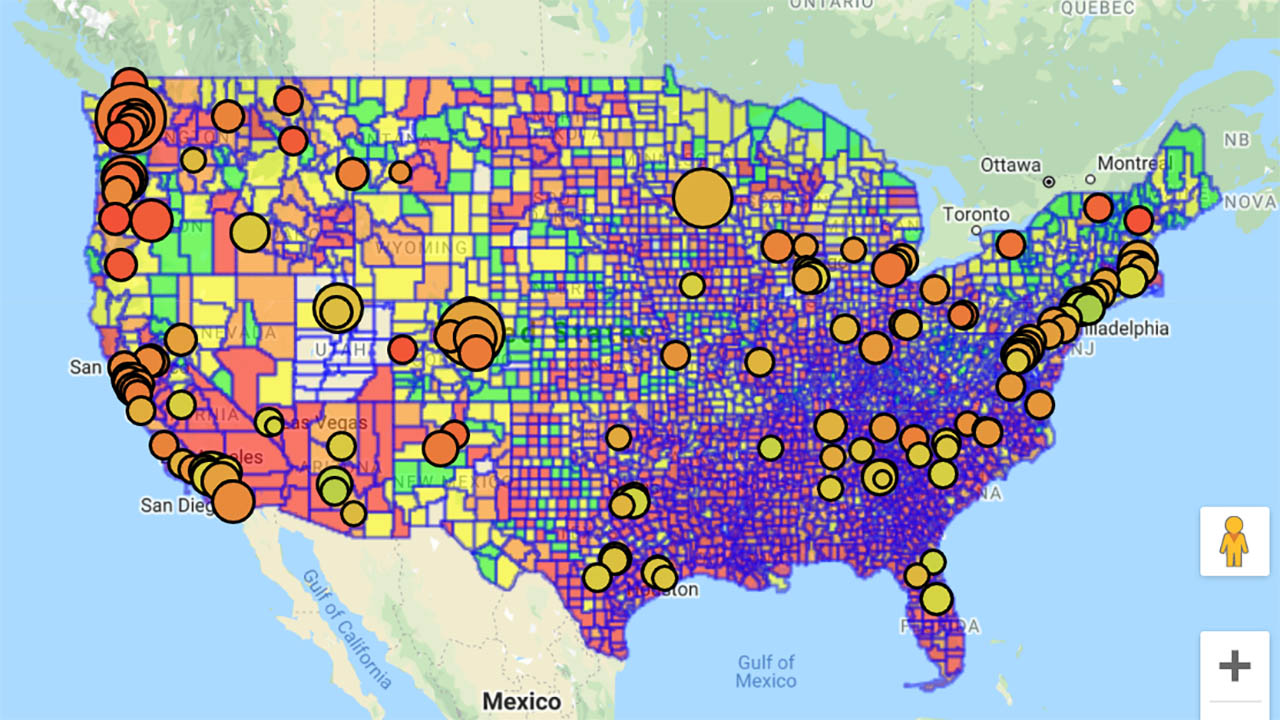
Red Light, Green Light: New COVID-19 Mapping Tool Helps Retailers Make Real-Time Safety and Supply Chain Decisions Based on Localized Outbreak Statistics
More

Ask the Expert | What is RFID? And, More Specifically, What Is RAIN RFID?
More

Living the Rugged Life (Safely): What It’s Like Volunteering on the Front Lines of a Global Pandemic
More
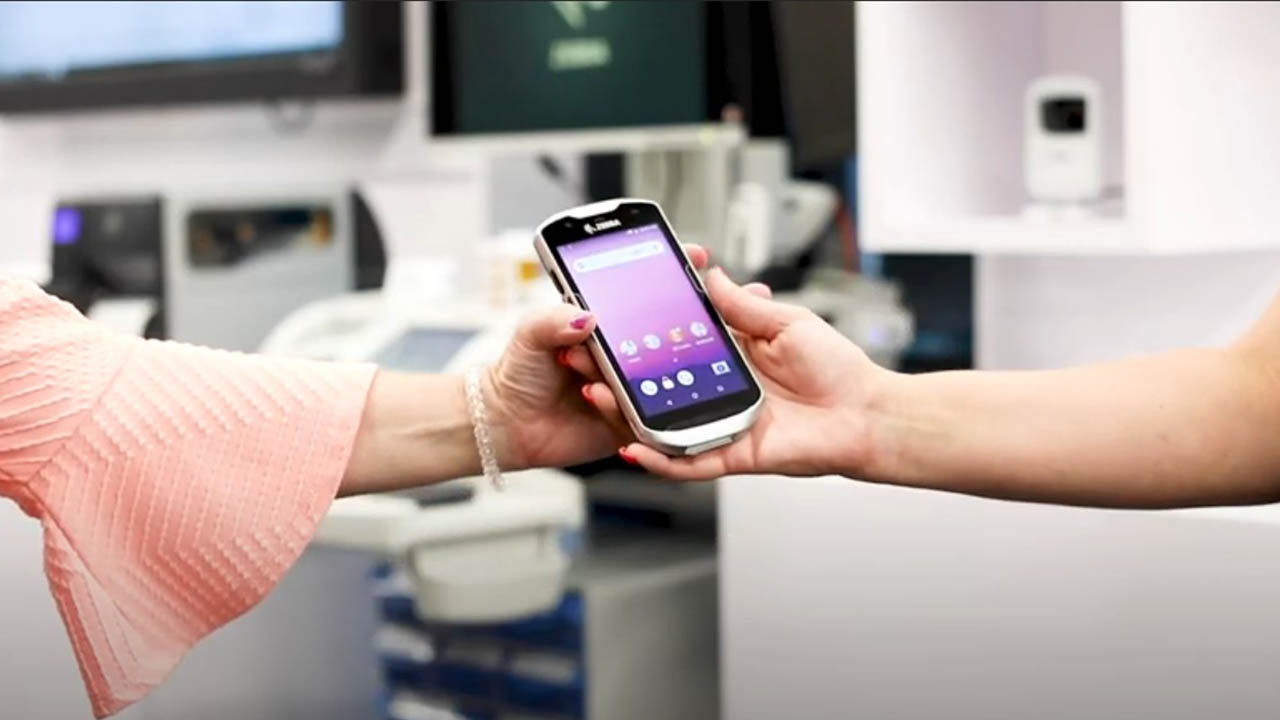
New Single Sign-On Solution Does More Than Just Lock and Unlock Clinical Smartphones and Tablets. It Improves Operational Speed, Security and Safety in Quite a Significant Way.
More

Eco-friendly Supplies Are Gaining Traction Across the World. This is How and Why You Should Use Them in Your Business.
More
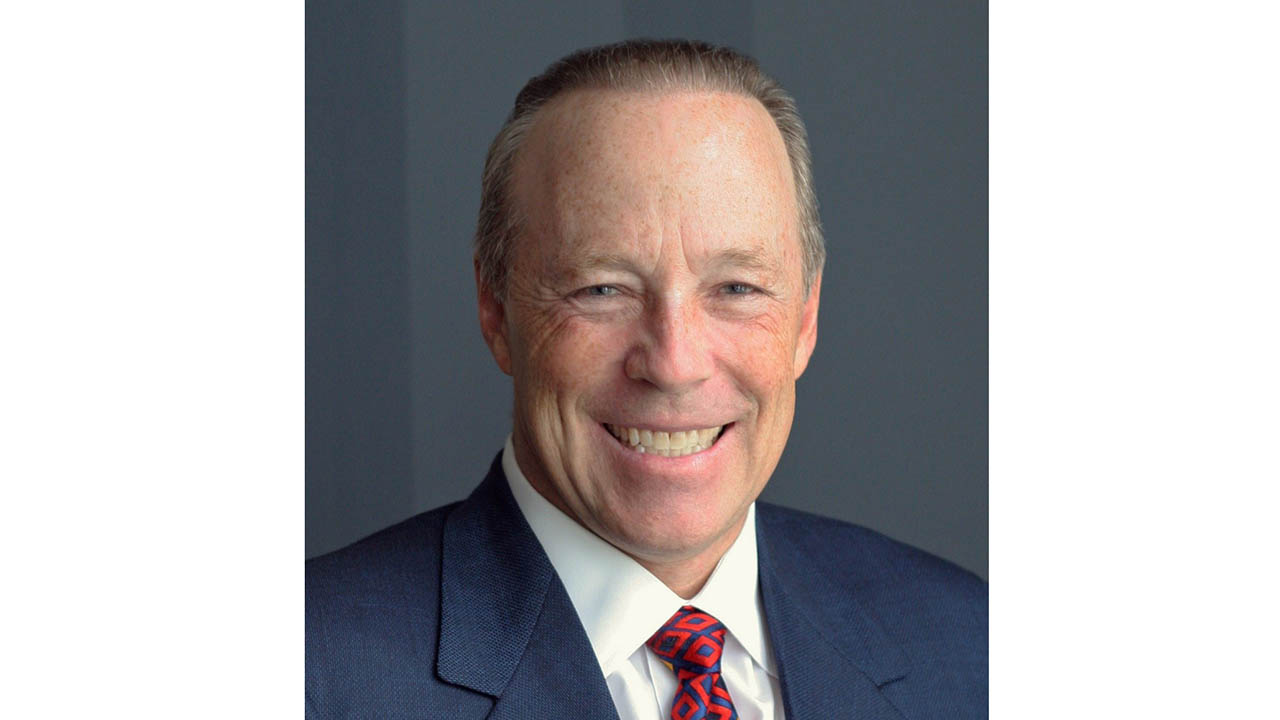
Riding the Wave: Zebra’s Chairman Talks Surfing, the Key to Customers’ Survival and Zebra’s Secret to Sustained Success in Exclusive Podcast Interview
More

Vote Before August 28 for Zebra CEO Anders Gustafsson to Win the 2020 Outstanding Tech CEO Award!
More

Kiosks are Becoming a Booming Business. This is How Your Business Can Take Advantage.
More
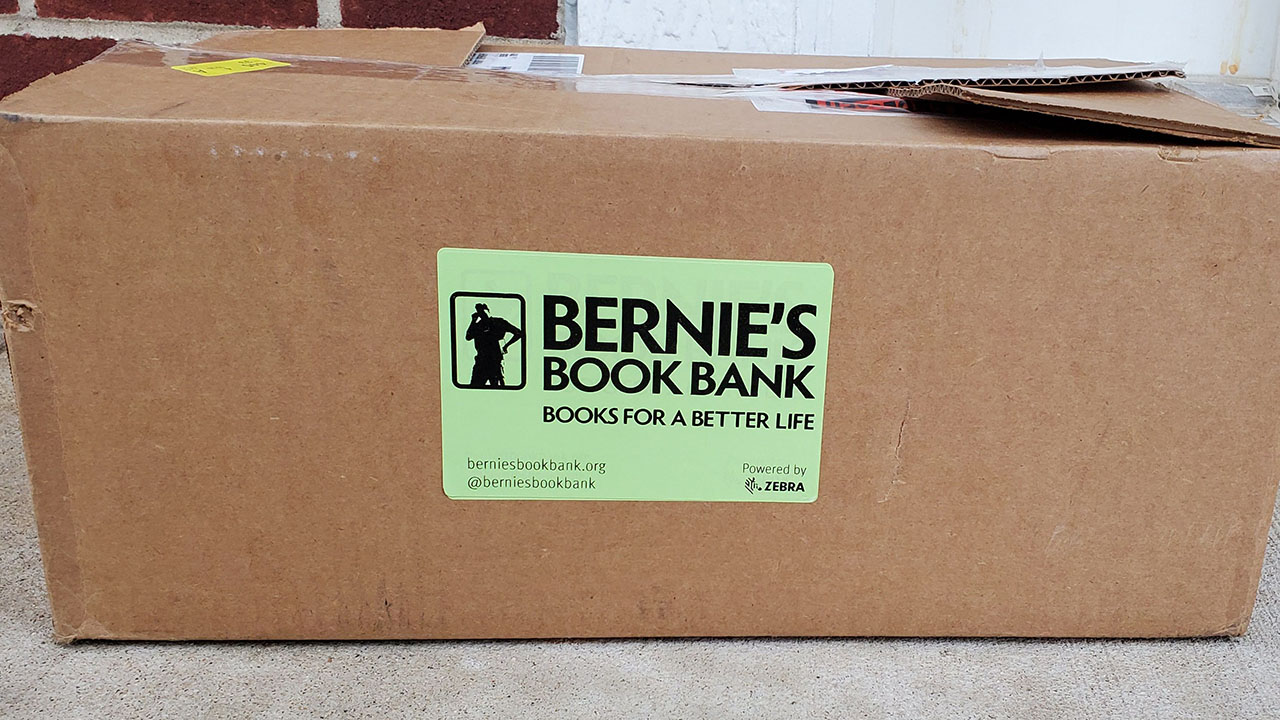
COVID-19 May Have Kept Kids Home, But It Didn’t Keep Them from Learning Thanks to the Work of Bernie’s Book Bank
More

Study Finds that Telecommunications Companies, Other Service Providers Value Advanced Technologies but Also Consider Implementation a Challenge
More
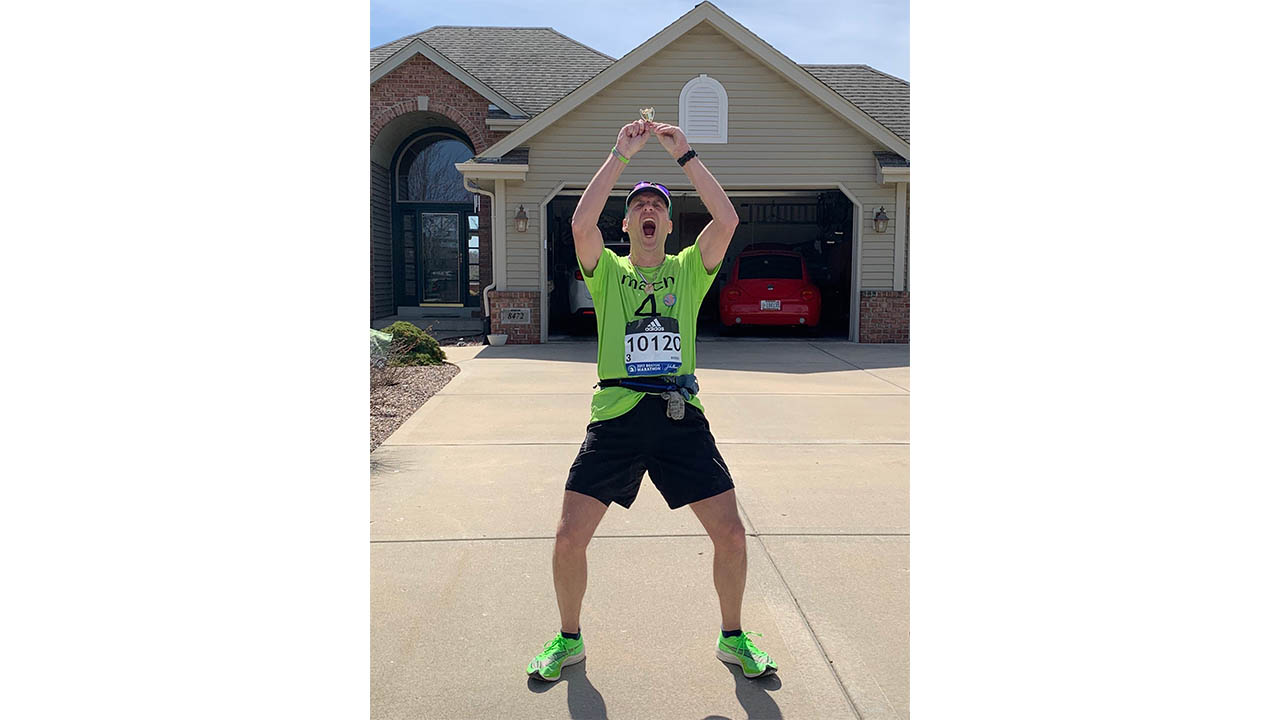
Sprinting to Save a Marathon: Professional Event Manager Comes Up with Ultimate DIY Plan
More
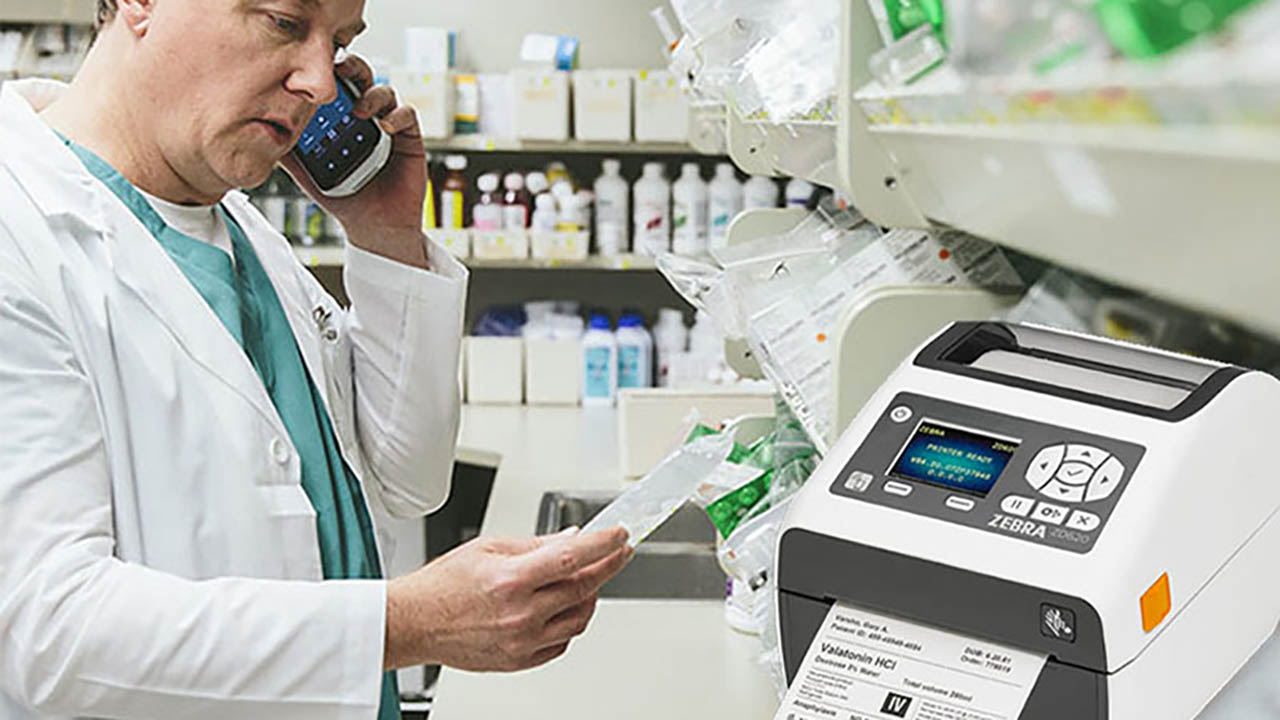
Now Available: A New Way to (Have Someone Else) Manage Your Thermal Printers
More

Is Artificial Intelligence the Answer to Improving the Self-Scanning Experience in Offline Retail Environments?
More
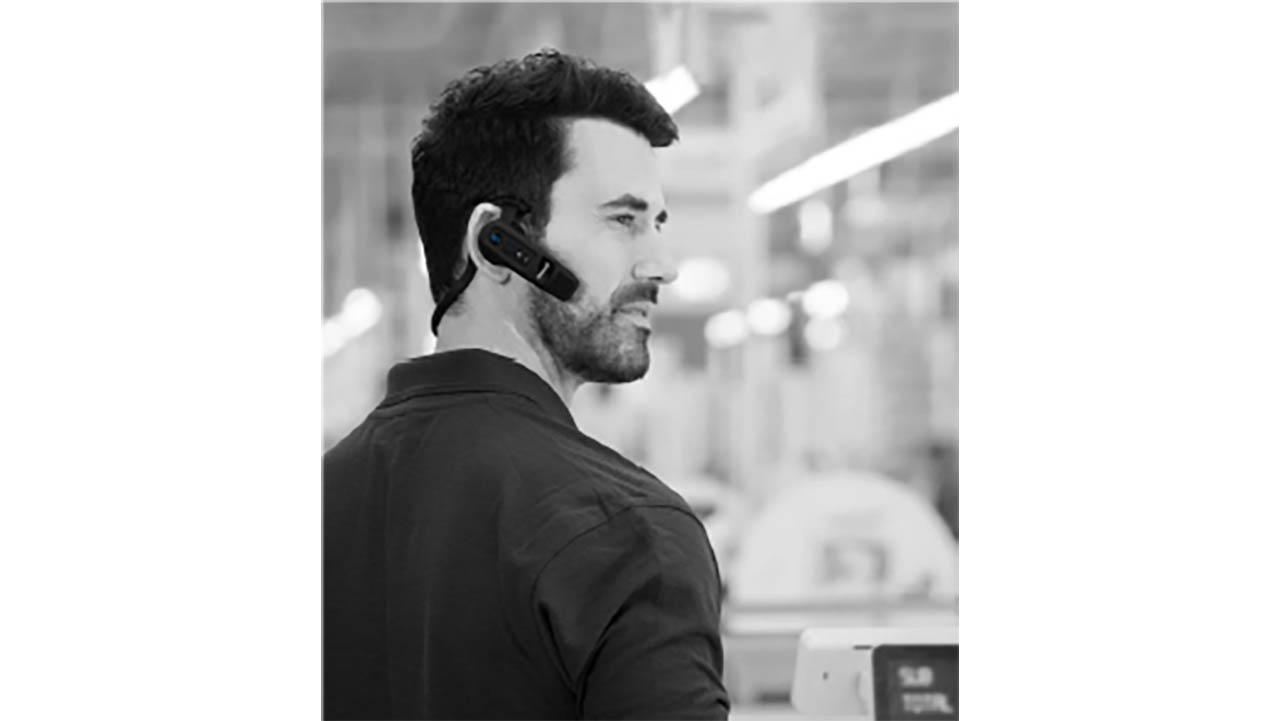
Your Wish is Our (Voice) Command: Hands-Free Push-to-Talk (PTT) Calling Now Available on All Android™ Devices…Including Zebra’s!
More
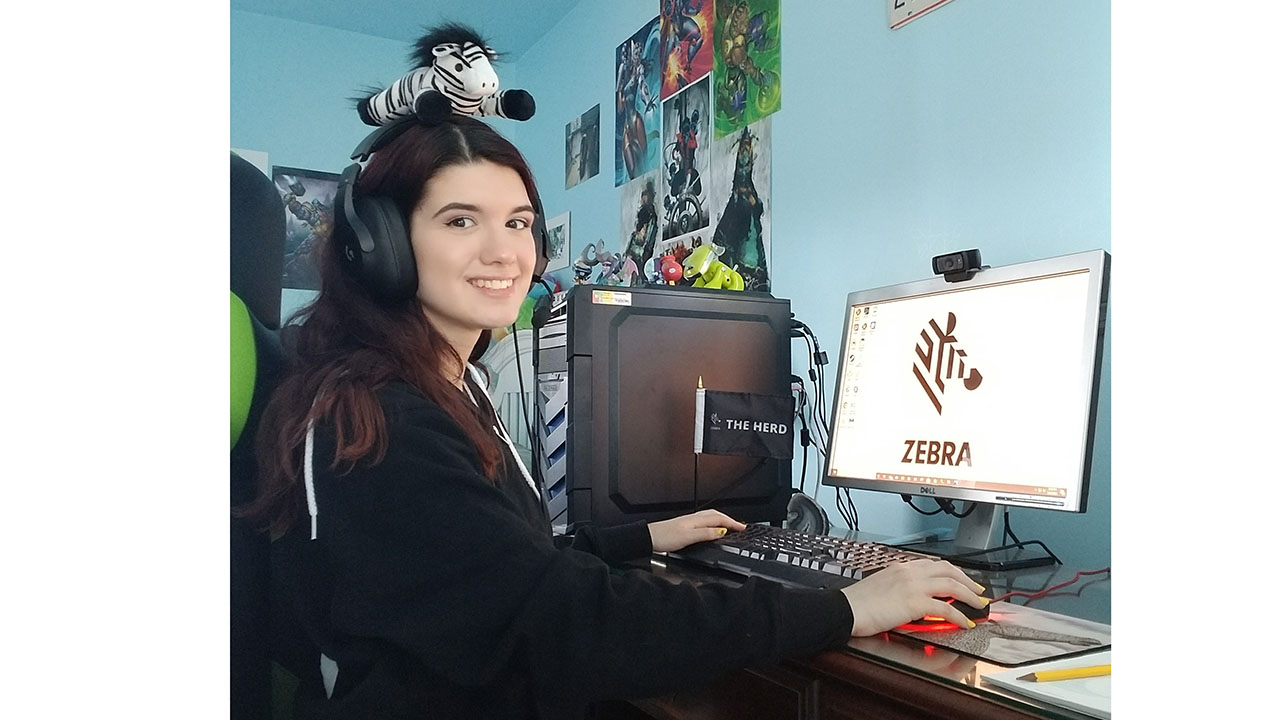
Ask the (Zebra Intern) Experts: What’s It Like to Kick Off a New Career Completely Virtually?
More
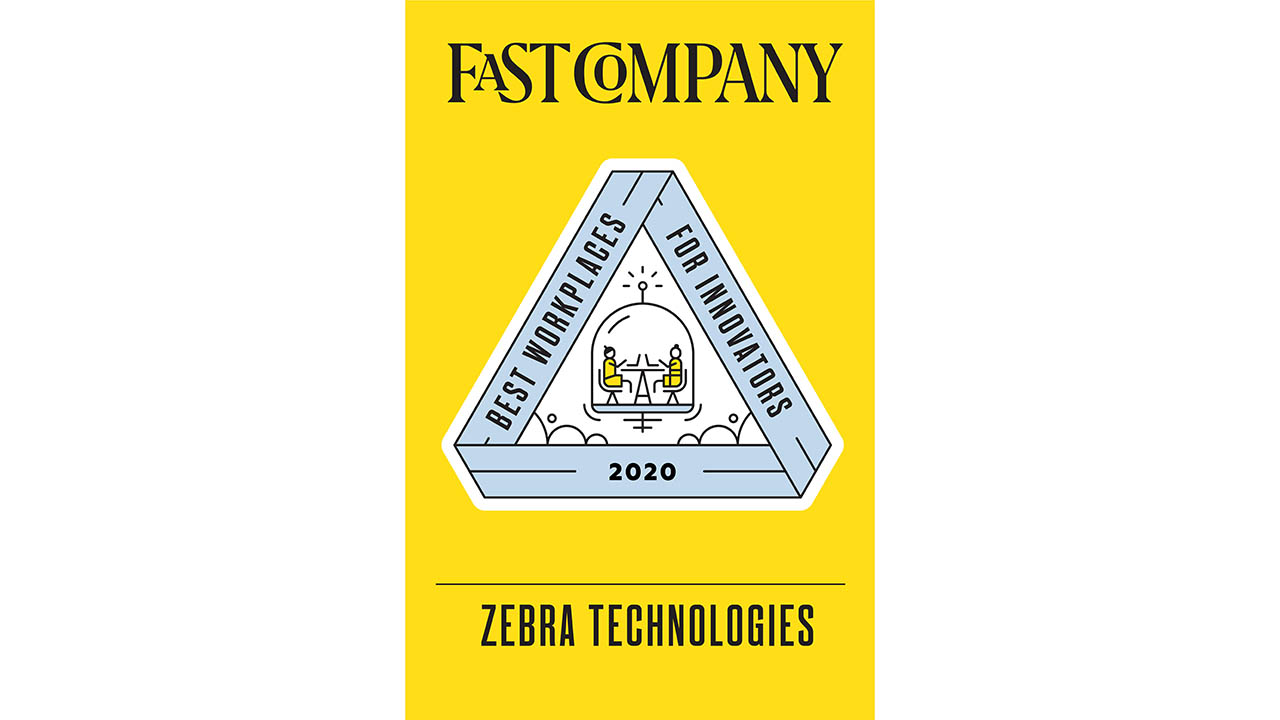
Fast Company Just Named Zebra One Of the “2020 Best Workplaces for Innovators.” Here’s Why.
More

6 Ways That Prescriptive Analytics Can Help Retailers and Grocers Ensure Policy Compliance by Employees and Customers Alike
More
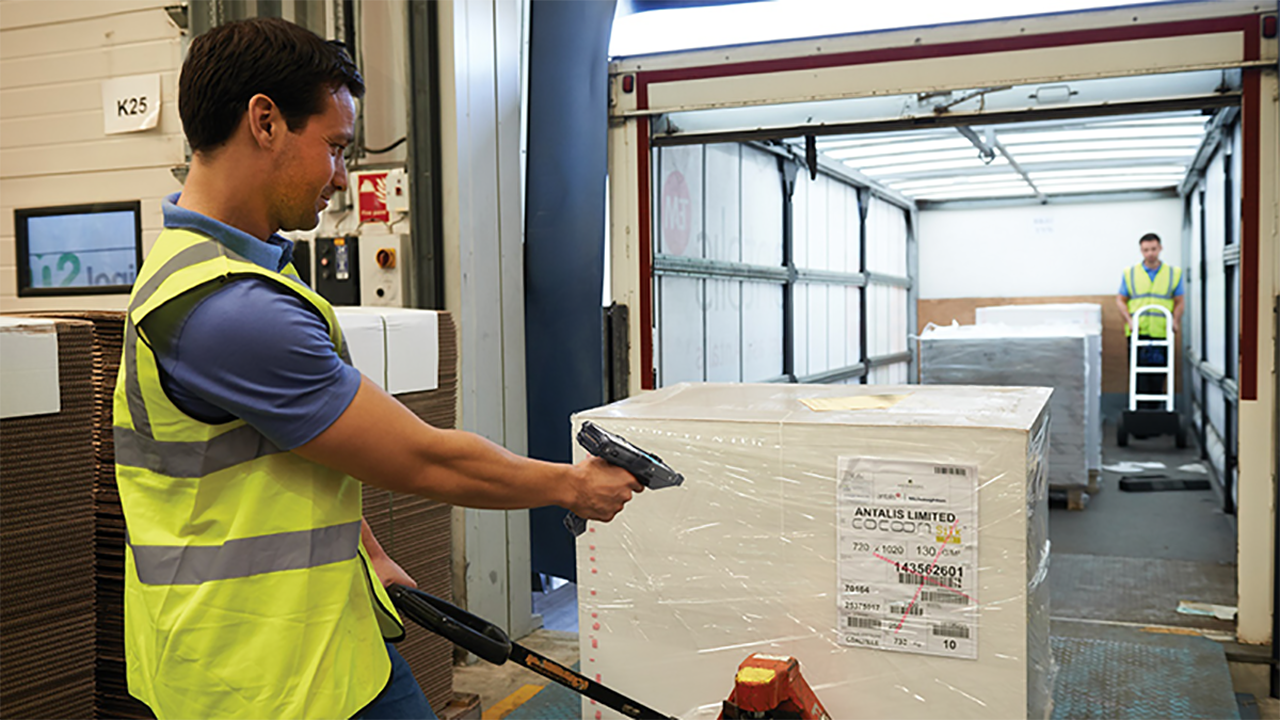
If You Want to Immediately Improve Productivity in Your Warehouse, You Need to Become a Paperless Business. Here’s Why.
More
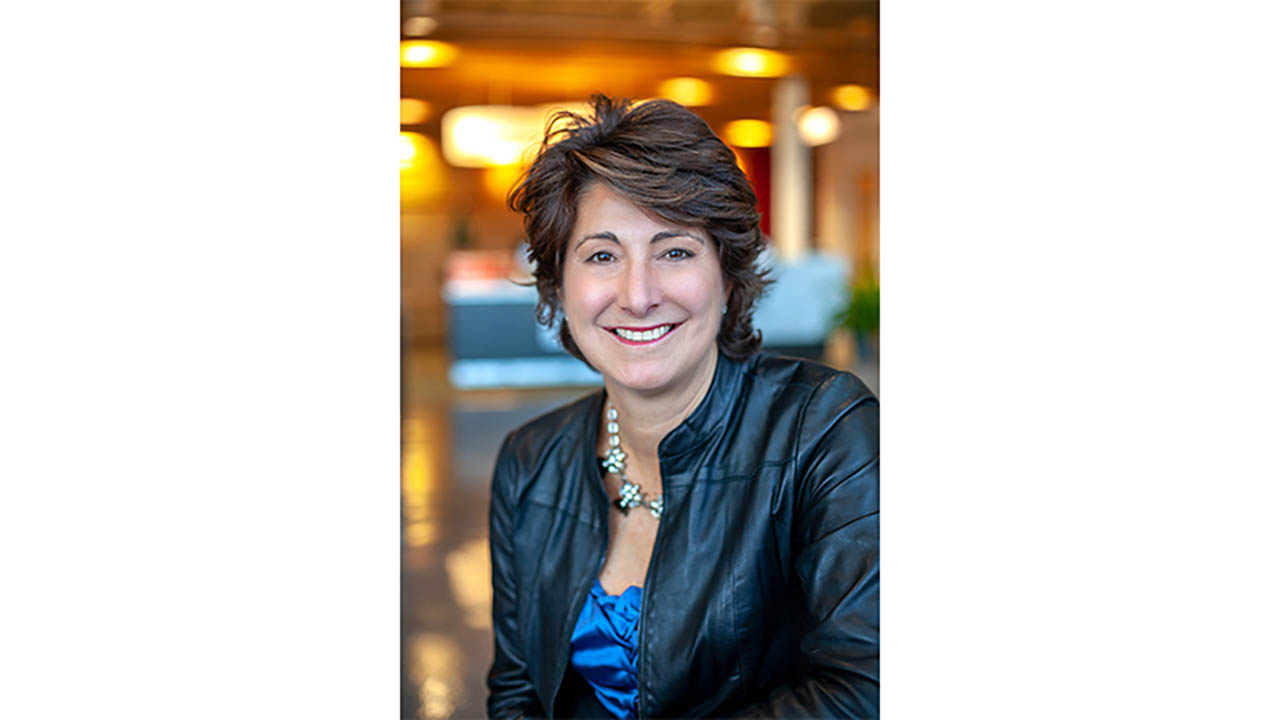
Zebra’s Newest Board Member Proves that You Can Take a Step Back and Still Propel Your Career Forward
More
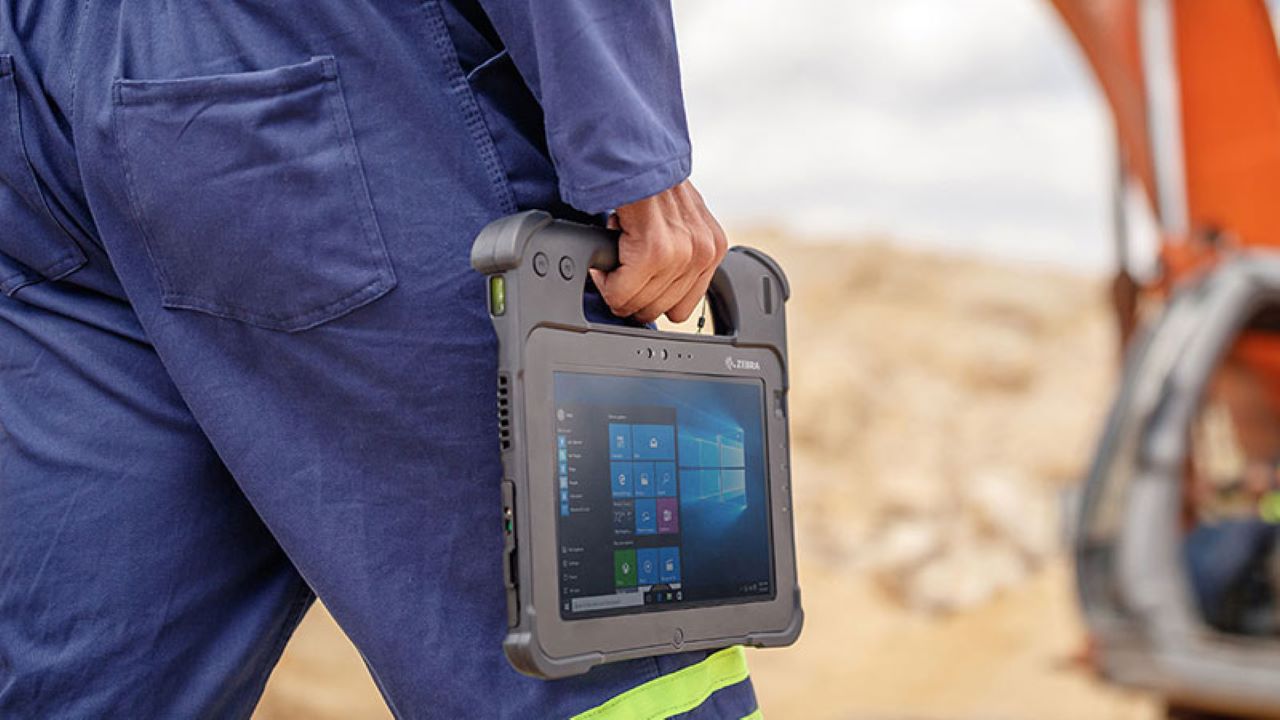
Which Matters More to the Productivity and Efficiency of Field Service Workers? A Mobile Device’s Form or Function?
More

A Sign of the Times: Warehouses are Maturing Quickly, but Not All at the Same Pace (and Not Necessarily as Fast as They Could or Should)
More

This is the Real Reason Why Healthcare Systems Need to Invest in “Track and Trace” Technologies Right Now
More

To Our Customers, Partners and Communities…
More

Why You Should be Encouraging – and Enabling – Your Workers to Self-Diagnose (Their Device Issues)
More

Clinical Laboratories are Turning to Scanning and Printing Solutions to Expand Diagnostic Testing Capabilities as COVID-19 Demands Surge
More

Tablets Offering Large Screens and Integrated Scanners Prove to be a Big Help When It Comes to Physically Distant “Assisted Selling”
More

Does Your Business Need a Mobile RFID Printing Solution? This is How You’ll Know.
More

Three Ways That RFID and Bluetooth® Low Energy Technologies Can Enhance Operations in Clinical Settings
More
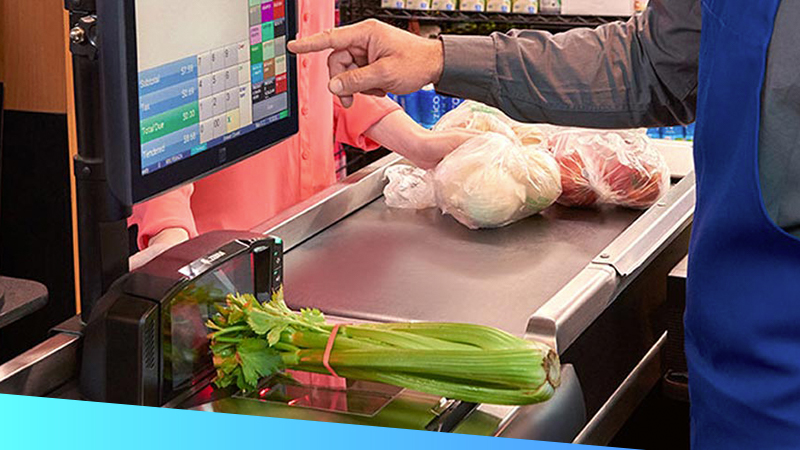
The Checkout Process Just Became More Colorful – and Much Faster – at Grocery and Retail Stores
More

Global Industries and Local Communities Alike are Celebrating the Innovation and Impact of These Very Special Zebras Right Now
More

Maintaining Military Air Power with Rugged Mobility on the Ground
More
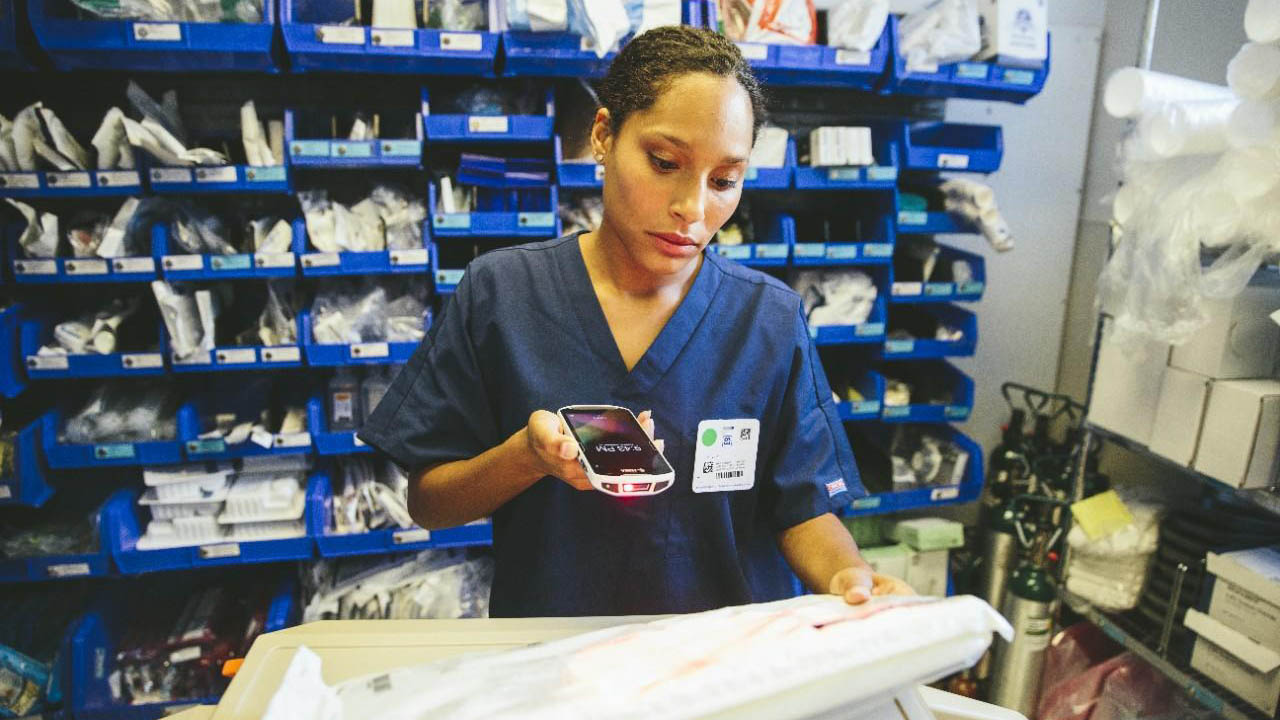
COVID-19 is Not the Only Thing Putting Healthcare’s Supply Chain to the Test. Here’s What Needs to Change.
More

In Just Twelve Months, Prescriptive Analytics Has Helped Retailers Avert Numerous Fraud Incidents and Navigate One Huge Worldwide Pandemic
More

Don’t Fall Into the “Domain Transfer” Trap During Your Digital Transformation
More
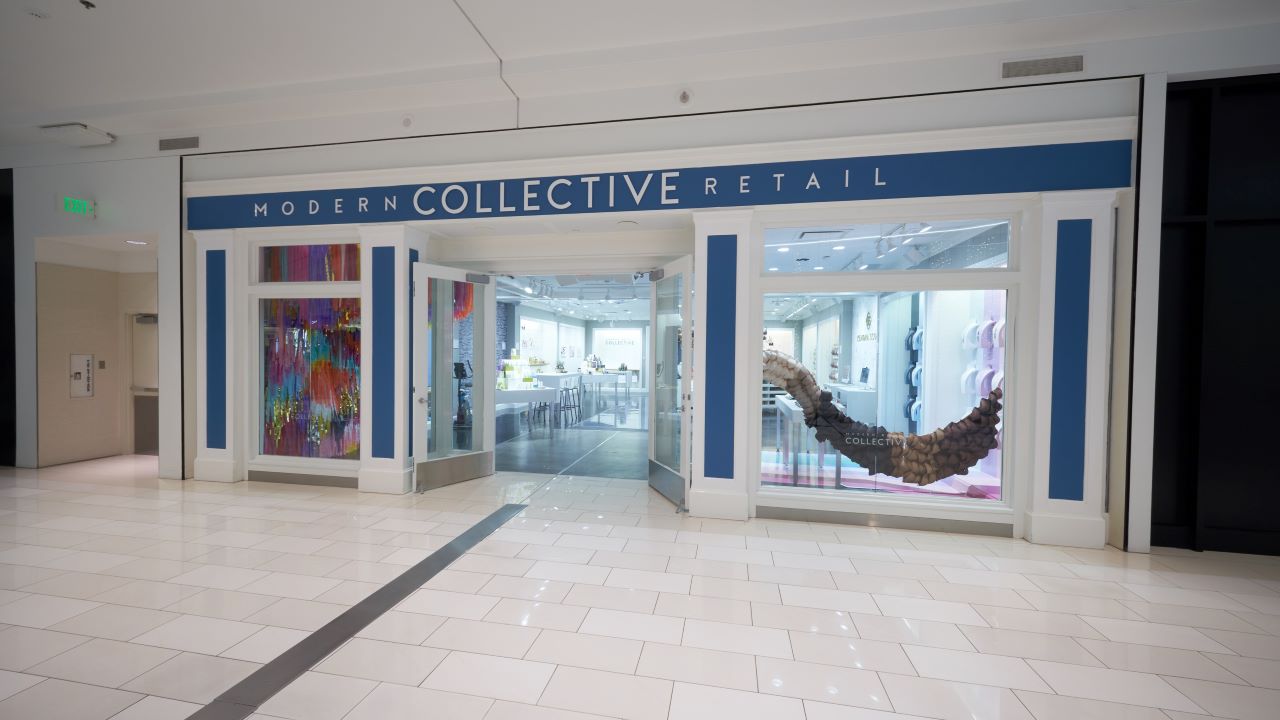
Will the "Store of the Future" Really Look Much Different Than It Does Today?
More

American Railroads on Track to Set Mobile Technology Standards for Global Industry
More

Direct Relief Accelerates Digital Transformation to Expedite the Delivery of Humanitarian Aid to Millions of People Worldwide
More
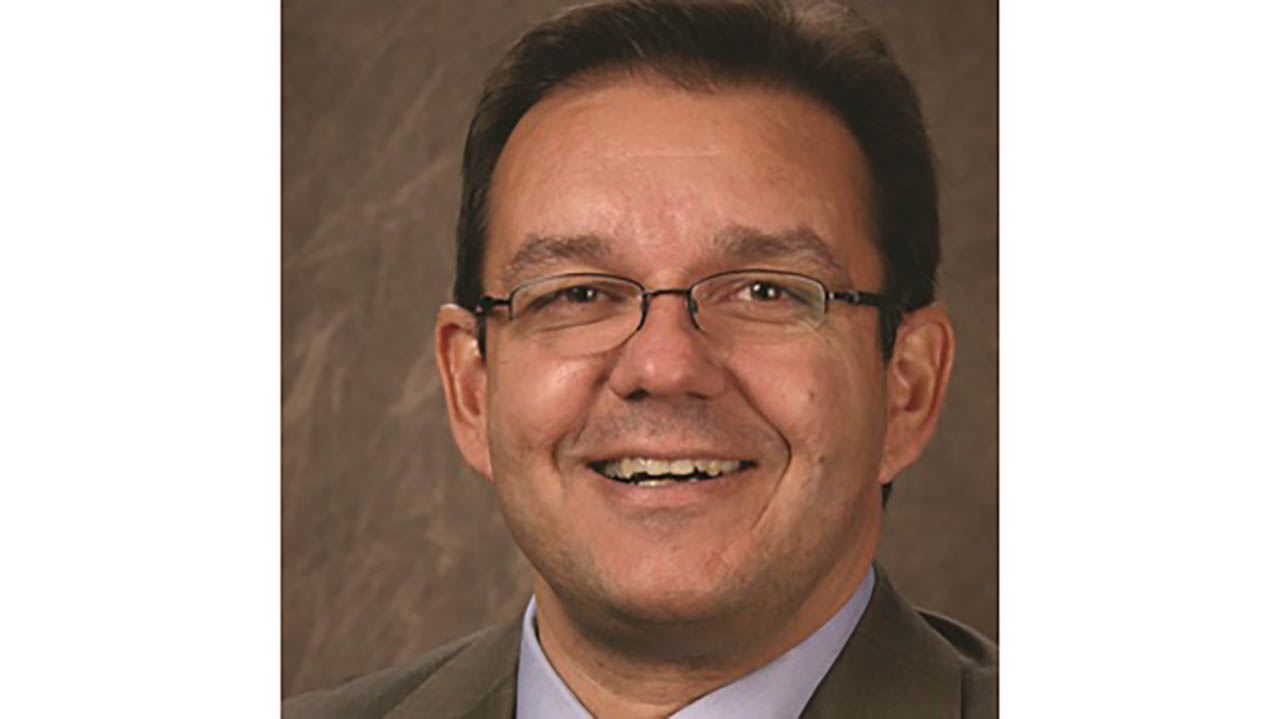
“Three Life Lessons I Learned in My Nearly Three Decades with Zebra”
More

Is Your Utility or Energy Company Deploying Technology for the Right Reasons?
More

Mobile Printing Solves A Problem You Didn’t Know You Had
More

This is Why More Businesses Should Give Workers a Ring (Scanner or Wrist-Mounted Device) Right Now
More

Are Your Workers Getting Too Close to One Another? This New Mobility Solution Will Alert Them to Step Back (and Help You Take Action When Needed)
More
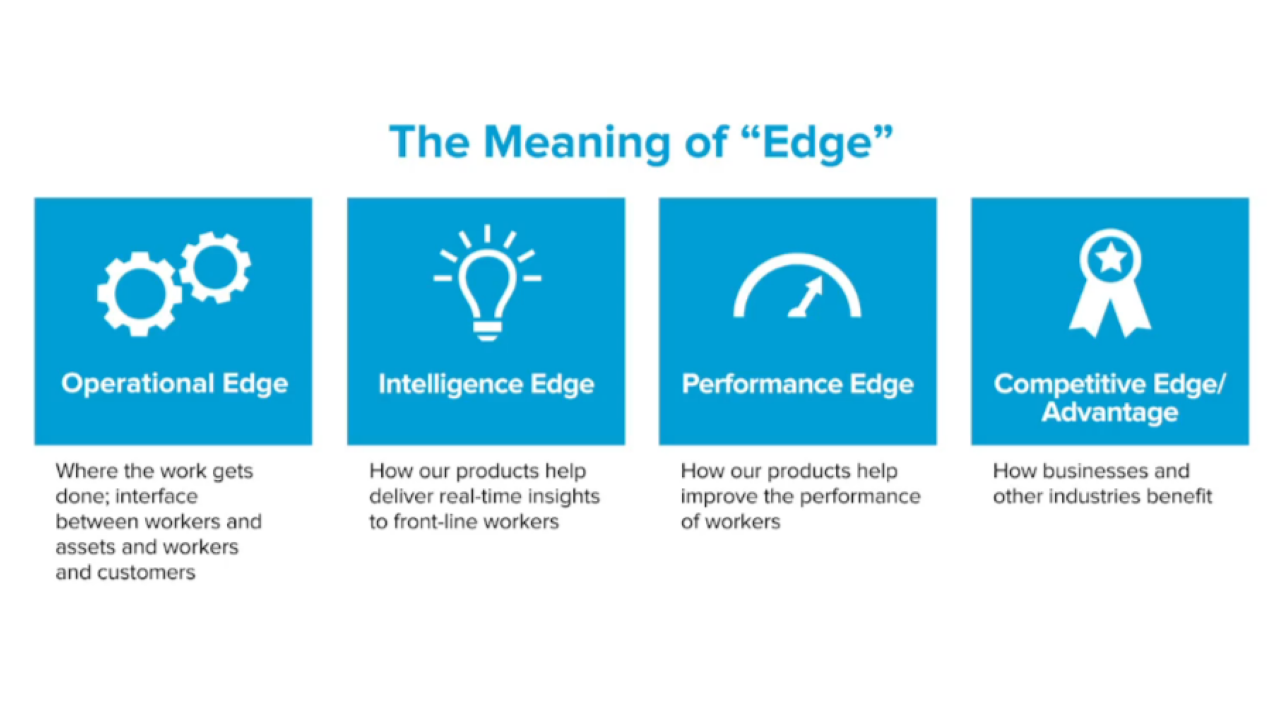
Ask the Expert: What Does It Mean When a Technology Company Uses the Term “Edge”?
More

Front-Line Update: Europe’s Healthcare Community is Getting “Back to the Basics” as It Works to Expand Bed Capacity and Increase Operational Efficiency
More

Five Reasons Why Utilities and Energy Companies Require Rugged Mobile Computers to Run GIS Applications
More

Ask the Expert: Will Intelligent Automation Help or Hurt Me as a [Warehouse/Retail/Manufacturing] Worker?
More

Public Safety Needs to Mobilize Right Now – but It Must Be Done the Right Way
More

Highly Disruptive Healthcare Emergencies Such as COVID-19 Happen All the Time, and We Need to Be Better Prepared for Them All
More
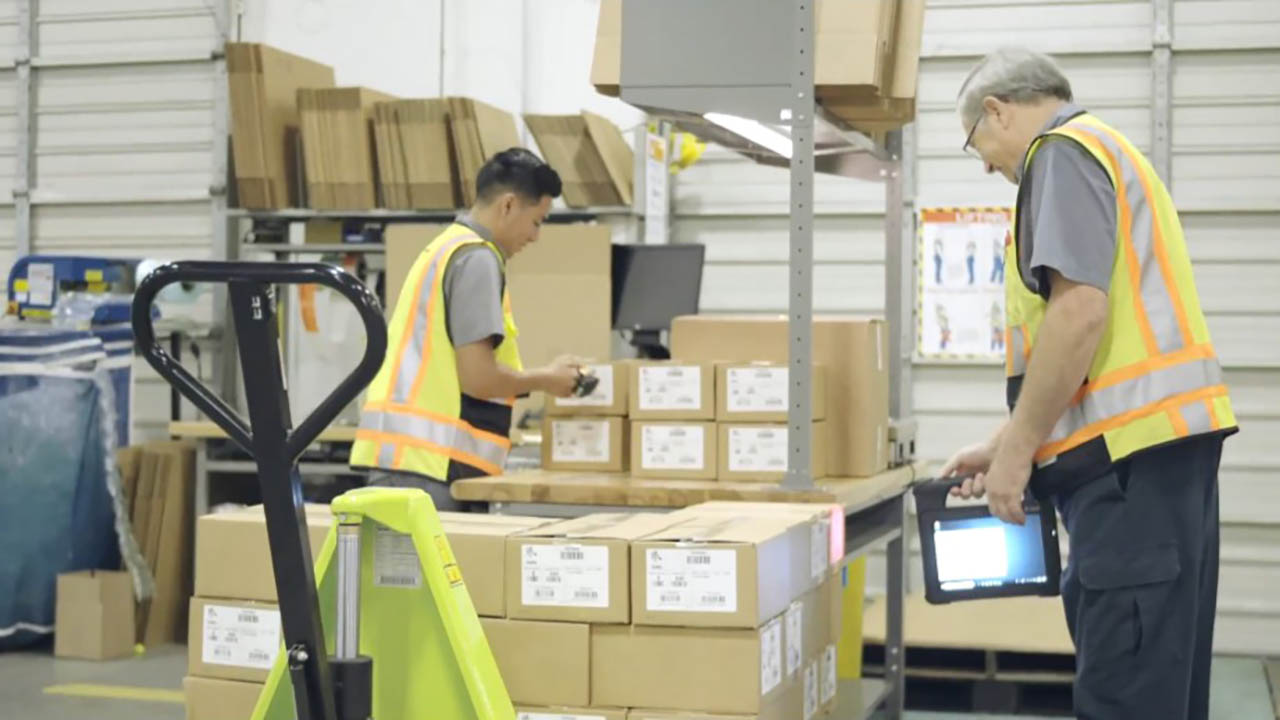
Stories from the Edge | Zebra4Zebra Program Serves as Proving Ground for Potential Use Cases and Return on Investment for Innovative Supply Chain Technology Solutions
More

Retailers Say These Four Things Will Make It Easier to Operate Safely and Efficiently During the COVID-19 Outbreak
More
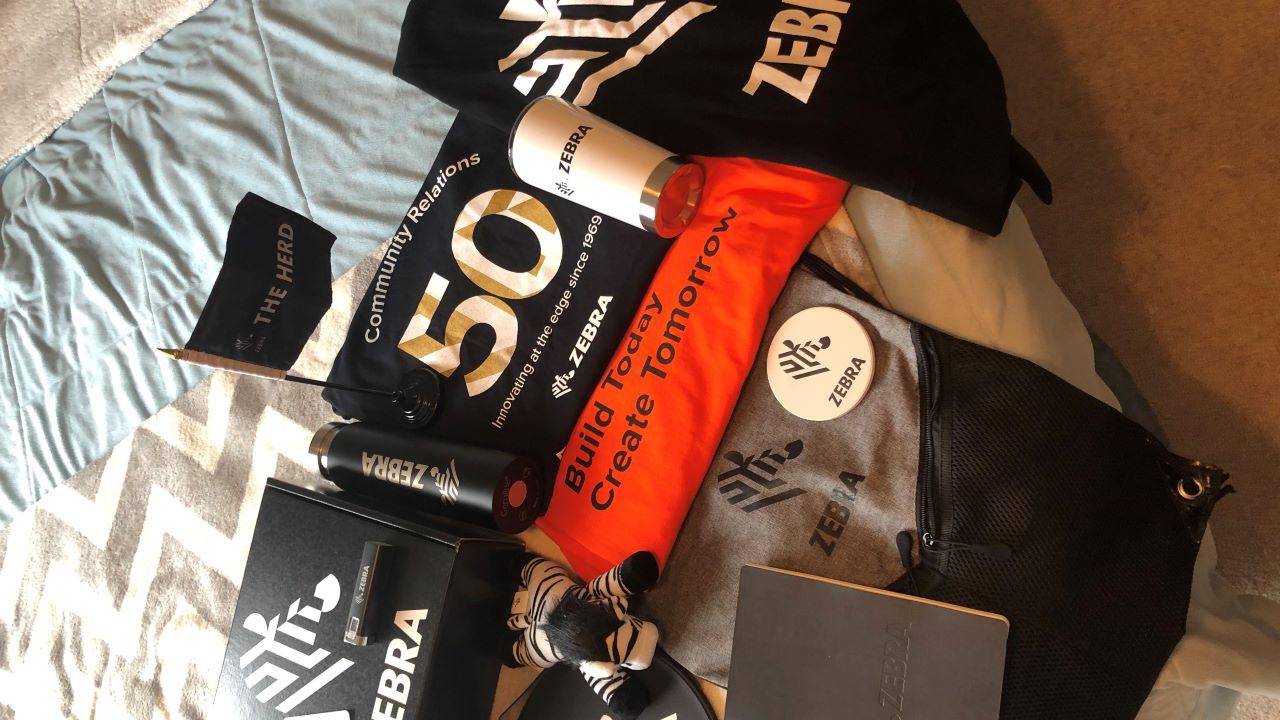
Zebra’s Summer Interns Kick Off Immersive 12-Week Experience…via the Internet
More

Ask the Expert: How Can Companies Better Diversify Their Supply Chains?
More
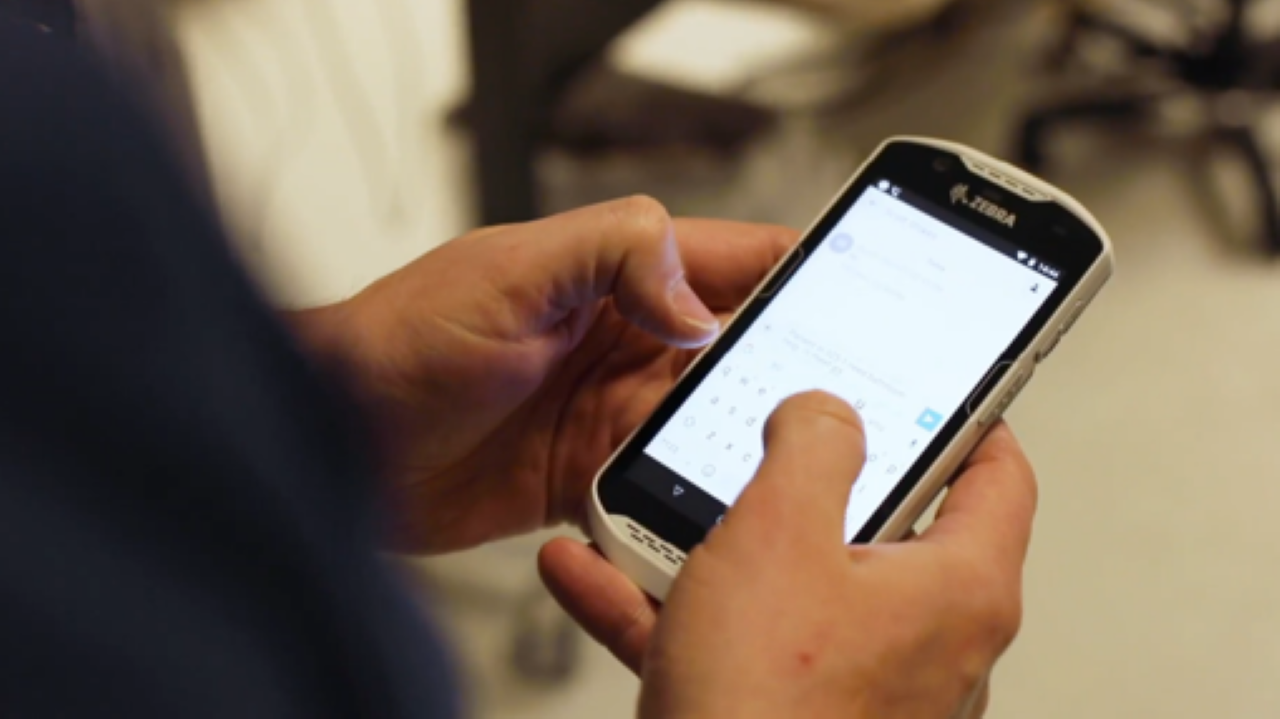
How to Improve Nurse Communication within New Extended Care Models
More

Why Now’s the Perfect Time for Retailers to Take Stock of Physical Inventory (Whether Open or Closed)
More
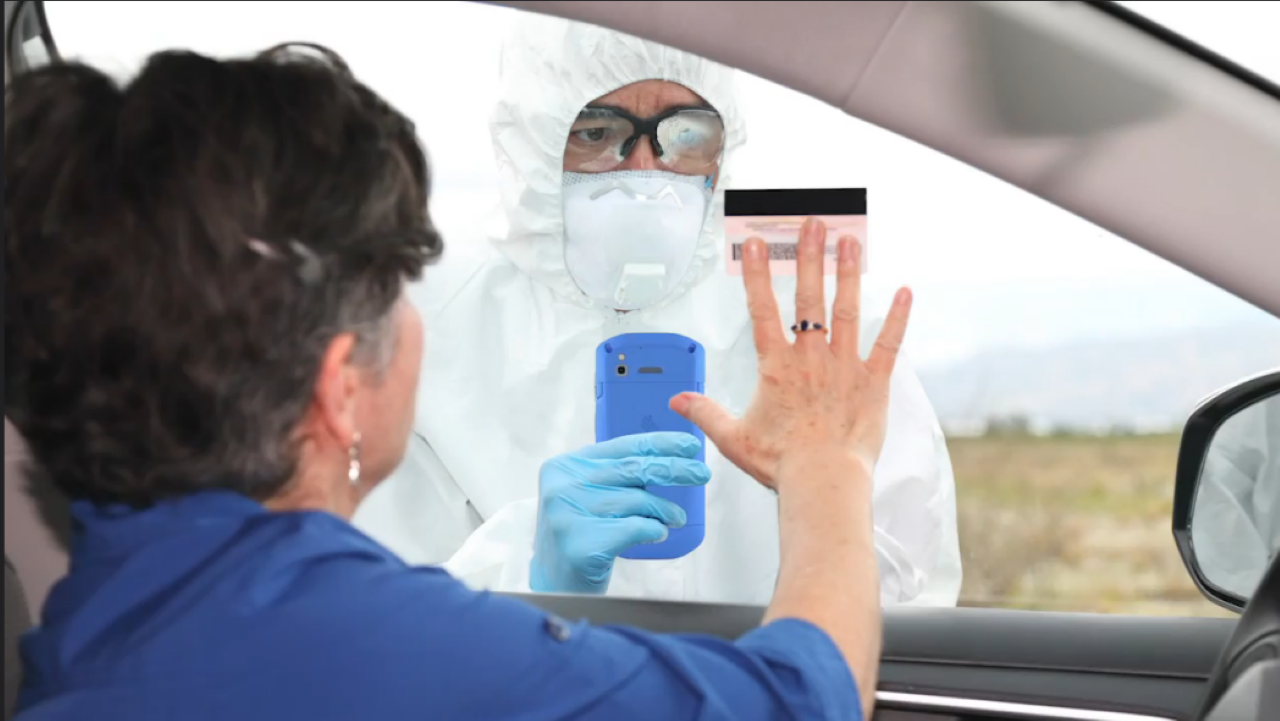
Two Healthcare Experts Explain Why Technology Needs to Be Used in a Greater Capacity at COVID-19 Testing Centers
More

How Well Do You Know – Really Know – Your Business?
More

Study: Public Safety Agencies Need to Speed Up Technology Adoption in Order to Overcome Some of the Greatest Operational Challenges of This Generation
More
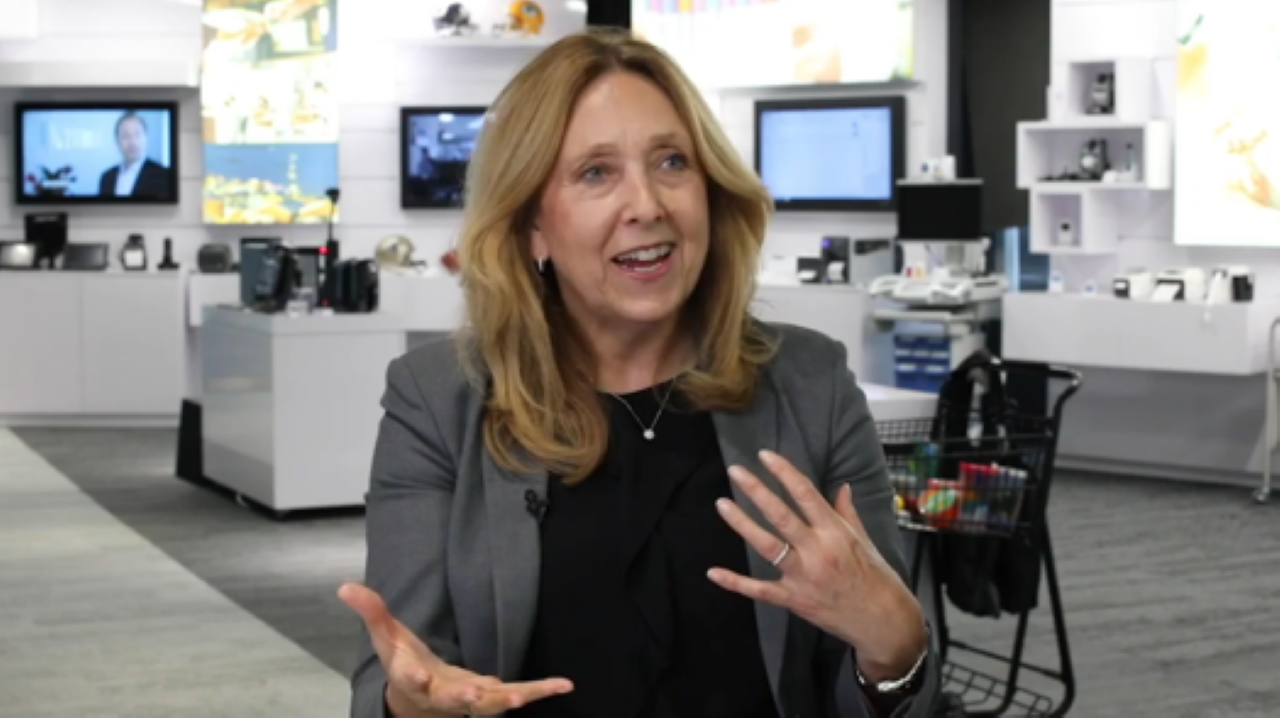
Meet Janice Roberts: Venture Capitalist, Zebra Board Member, Mom and Blueberry Picker?!
More

Ask the Expert: What’s the Difference Between Intelligent Automation (IA) and Artificial Intelligence (AI)?
More

Calling All Current and Future Nurses: If You Want to Challenge the Status Quo, and Possibly Win a Scholarship, Read This
More

Why RFID Should Be Seen As 'Enabling,' Not 'Disruptive,' Of Business
More

There is No Planet B: Mobilizing in Support of Climate Action for Earth Day
More

HR Expert: Companies May Not Be Hiring as Rapidly Right Now, But They’re Still Prioritizing Talent
More

Ask the Expert: What is Driving Digital Transformation in the Philippines Today?
More
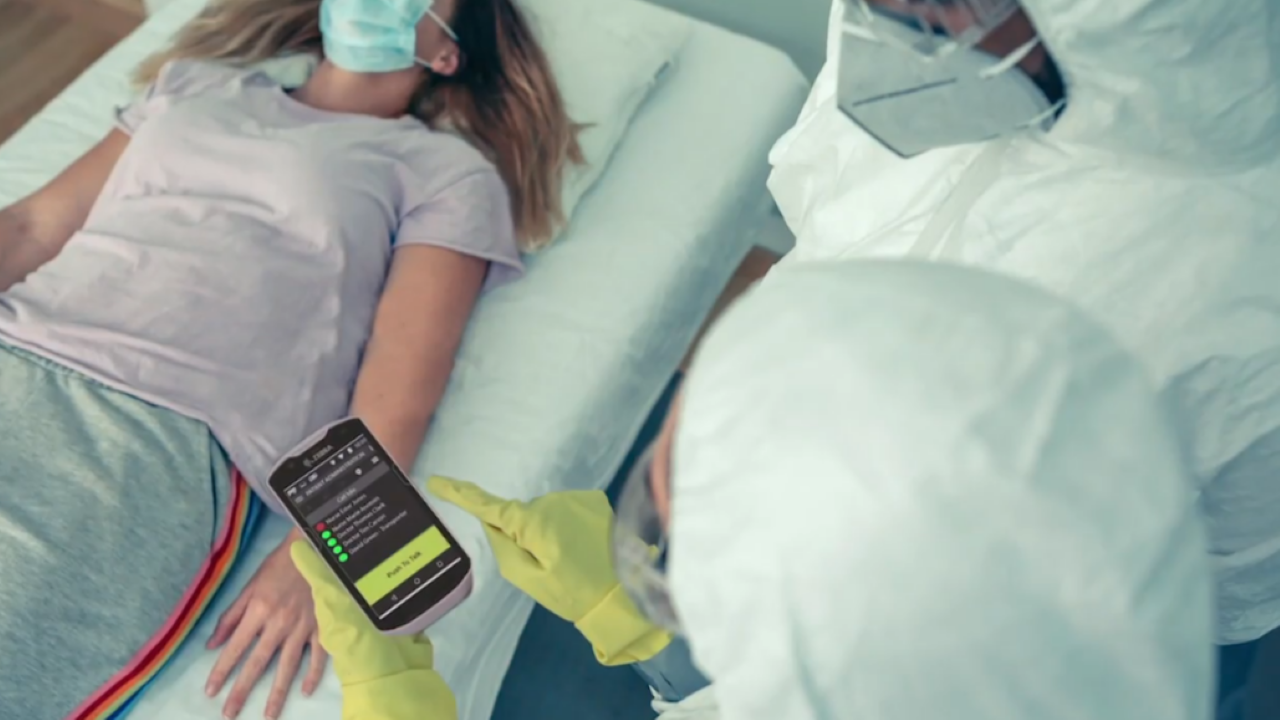
Ask the Experts: What Do Hospitals Need to Know Before Implementing Healthcare Technology in Tents and Other Temporary Care Facilities?
More
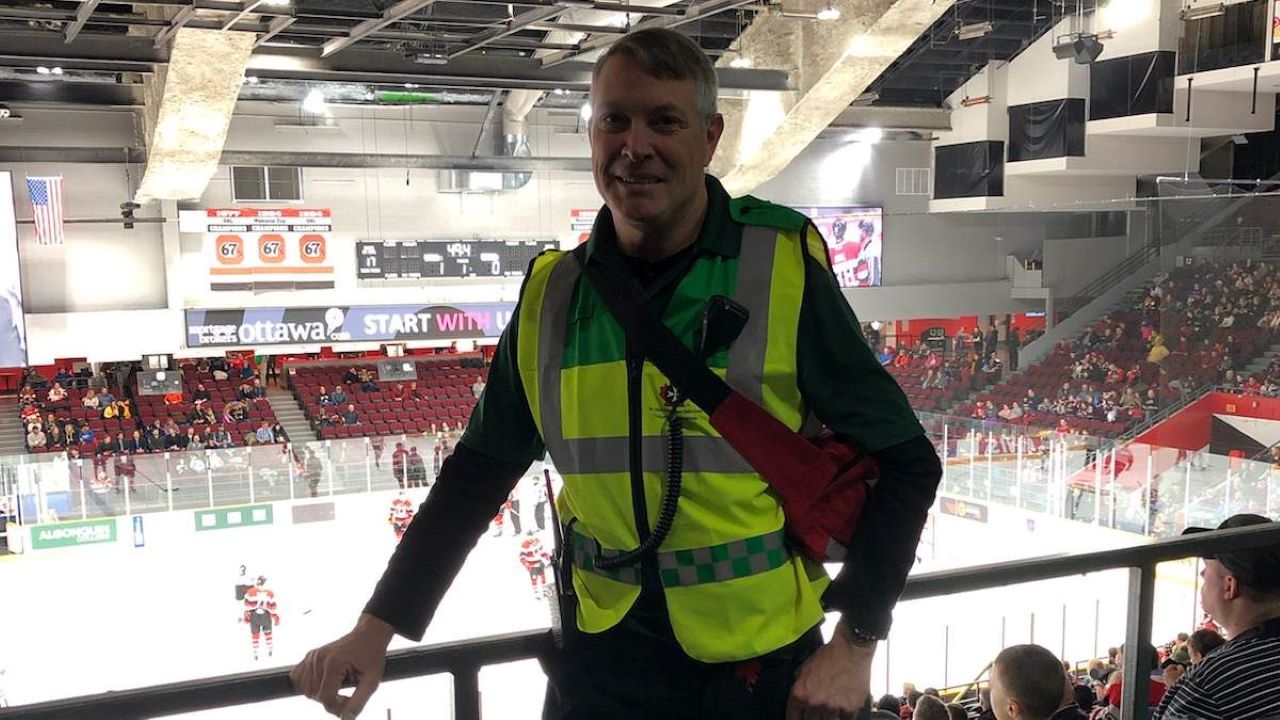
Rugged Life: What It’s Actually Like to Be a Volunteer First Responder
More

GIS Reveals Our World’s Layers, and Utilities Reveal That They’re Increasingly Looking for Such Intelligence
More
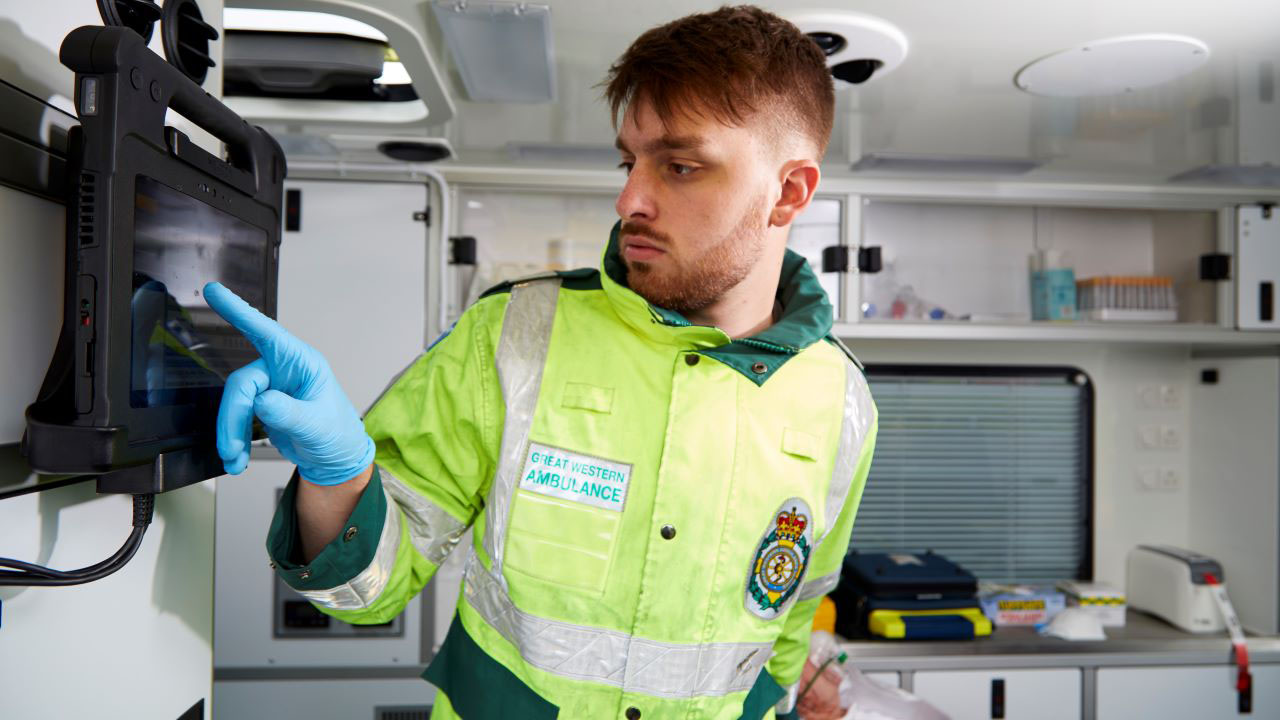
Thank You to the First Responders Next Door and Around the World
More

Ask the Experts: What Does It Actually Take to Stand Up a Temporary Hospital, Technologically Speaking?
More

It Is Possible for Retailers to Avoid Out of Stocks in Times of Increased Demand – If They Can Detect Surge Patterns
More

New Insight: Development and Deployment of Real-Time Location Systems are Starting to Move Fast
More
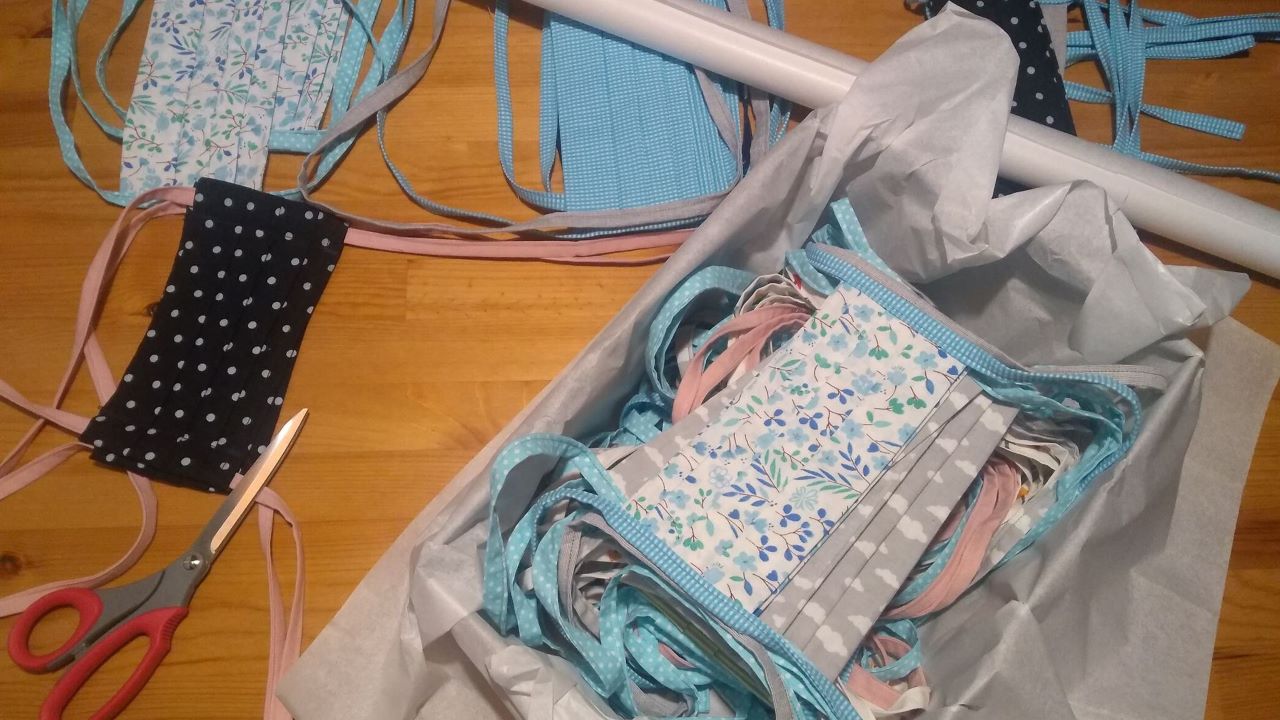
Doing Good While Staying Well: How Zebra is Giving Back to Local Communities During the COVID-19 Outbreak
More
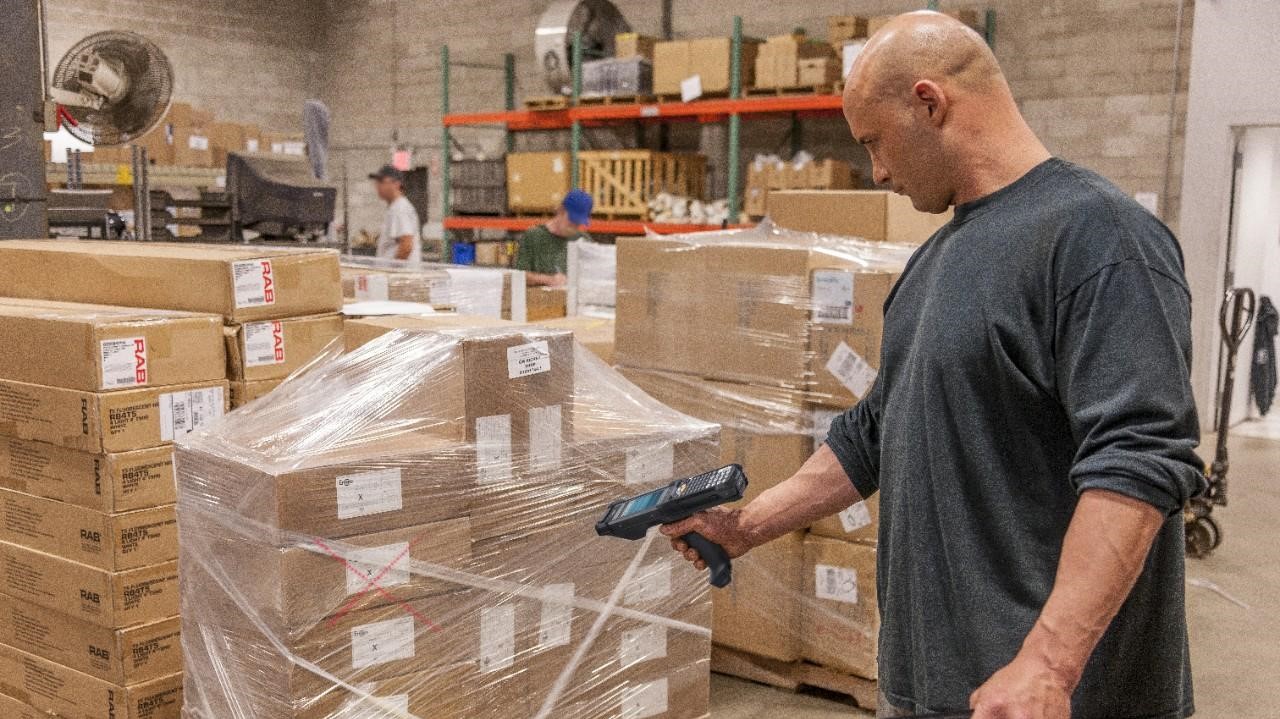
Packaging for the Planet: Cost Savings are Just One Benefit of More Sustainable Shipment Strategies
More
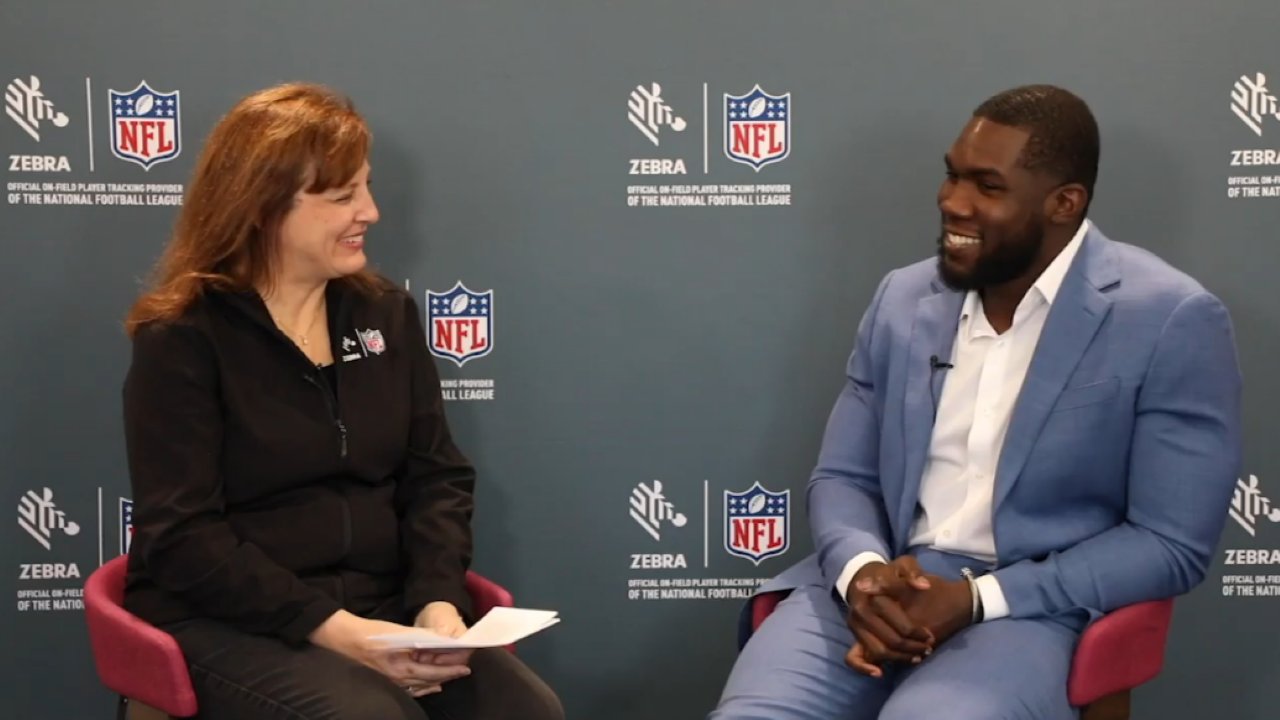
Why We Drafted NFL Defensive Lineman Eric Lee for a Job Shadow Experience with Our Team
More

These are the Emerging Technologies That Can Help Workers, Customers Practice Social Distancing More Successfully
More
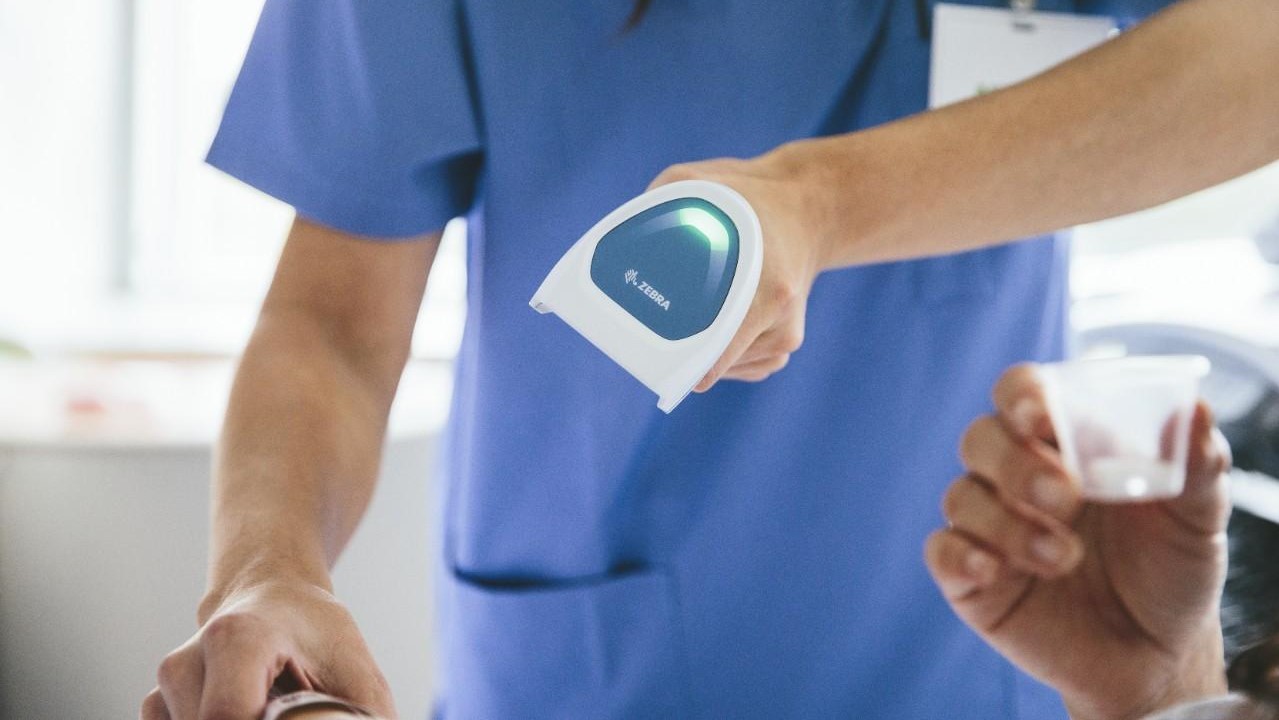
Ask the Experts: Are Antimicrobial Barcode Scanners Beneficial in Preventing the Spread of Contagions from User to User?
More
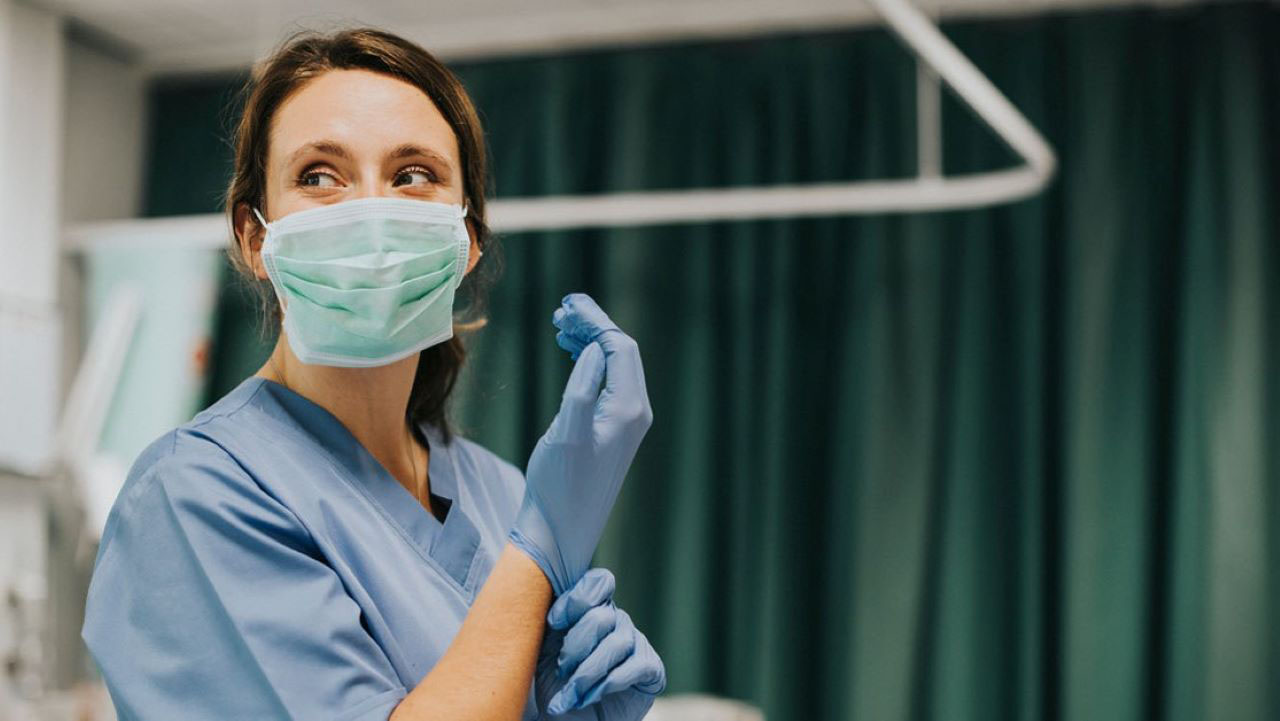
Today (and Everyday) We Pause to Salute the Front-Line Heroes
More

Five Areas that Retailers Should Focus on Right Now to Curb Operational Strain from an Uptick in Curbside Orders
More
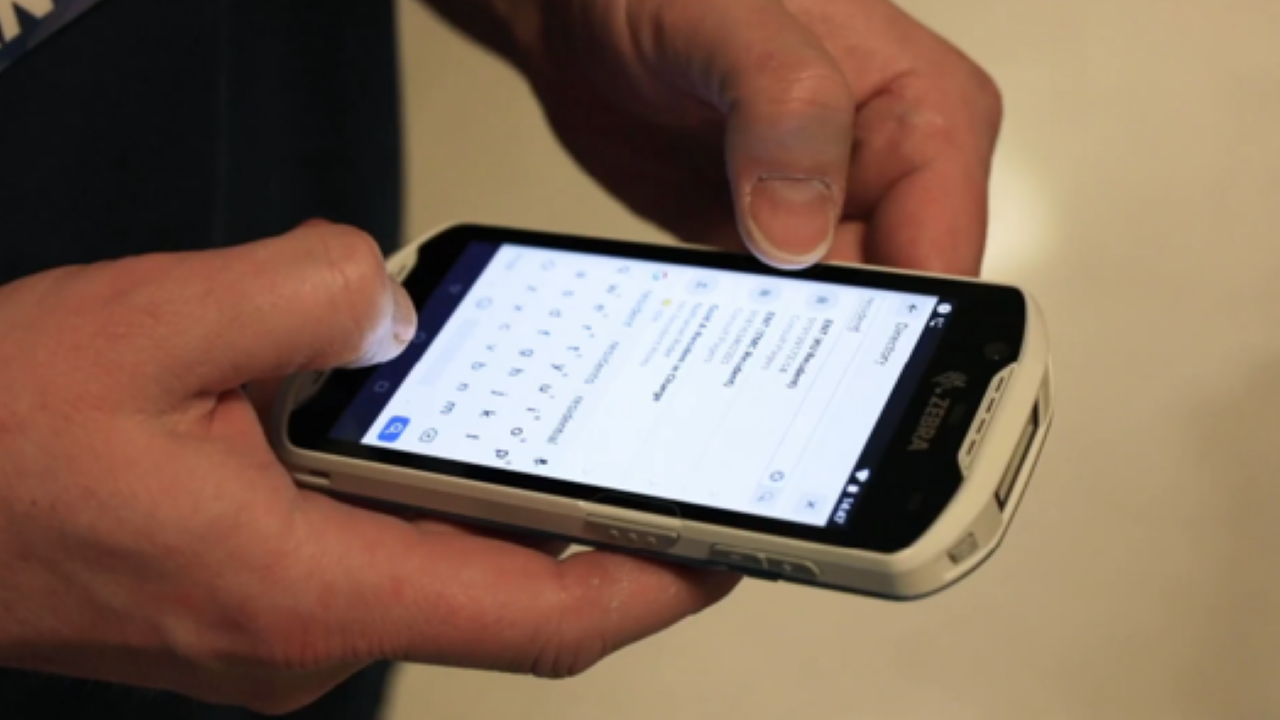
A Doctor Weighs In: What Role Should Mobility Really Play in Healthcare?
More

Retail Scorecard Part II: What’s Being Done Well and What Can Be Done Even Better to Help Consumers Cope with COVID-19
More
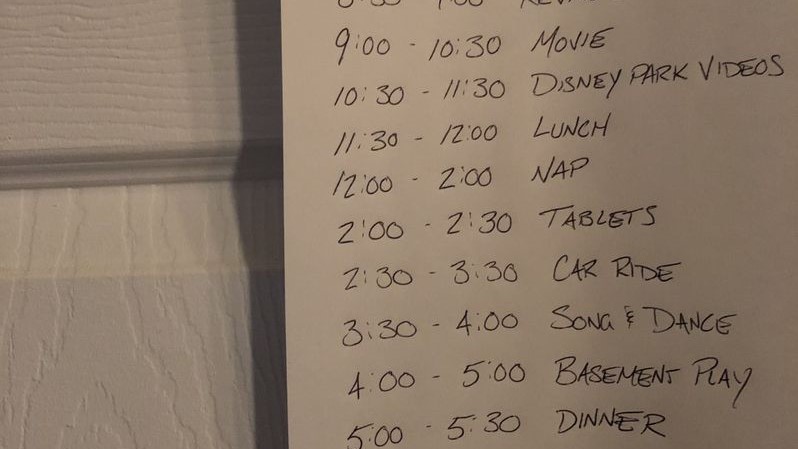
Zebra Mom Gets Real About What It’s Like to #WorkFromHome in Email Signature
More

Retail Scorecard Part I: What’s Being Done Well and What Can Be Done Even Better to Help Consumers Cope with COVID-19
More
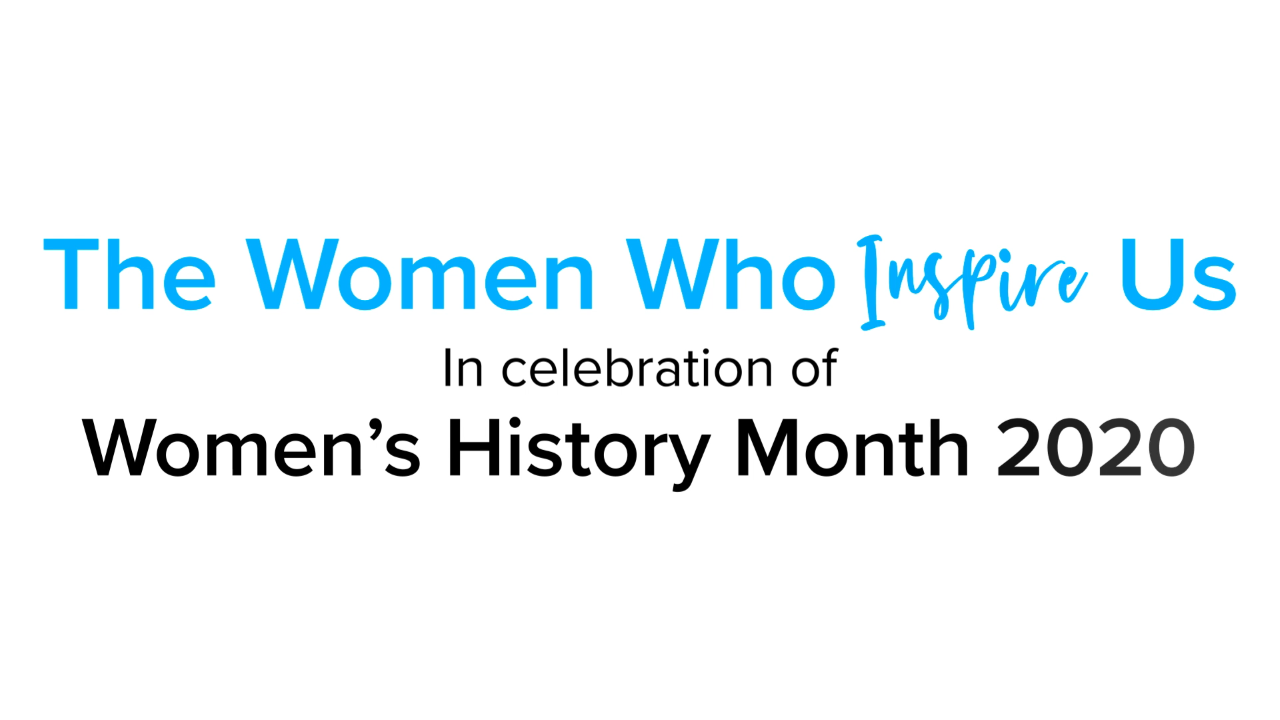
These are the Women Who Inspire Us
More
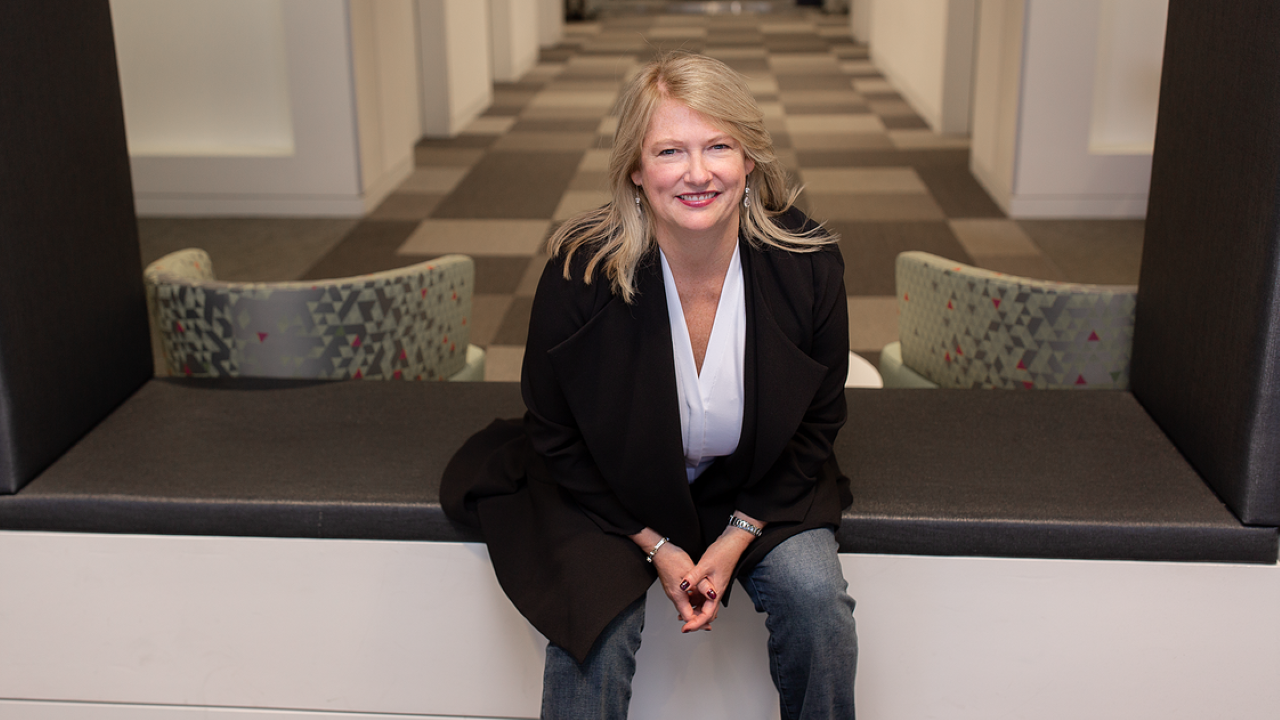
Women’s HERStory Month Series: “I Was a Tech Lawyer before being a Tech Lawyer Was Cool”
More

QSRs Say “Bye, Bye, Bye” to Customers Faster Than Ever with These Line-Busting Tech Tools
More
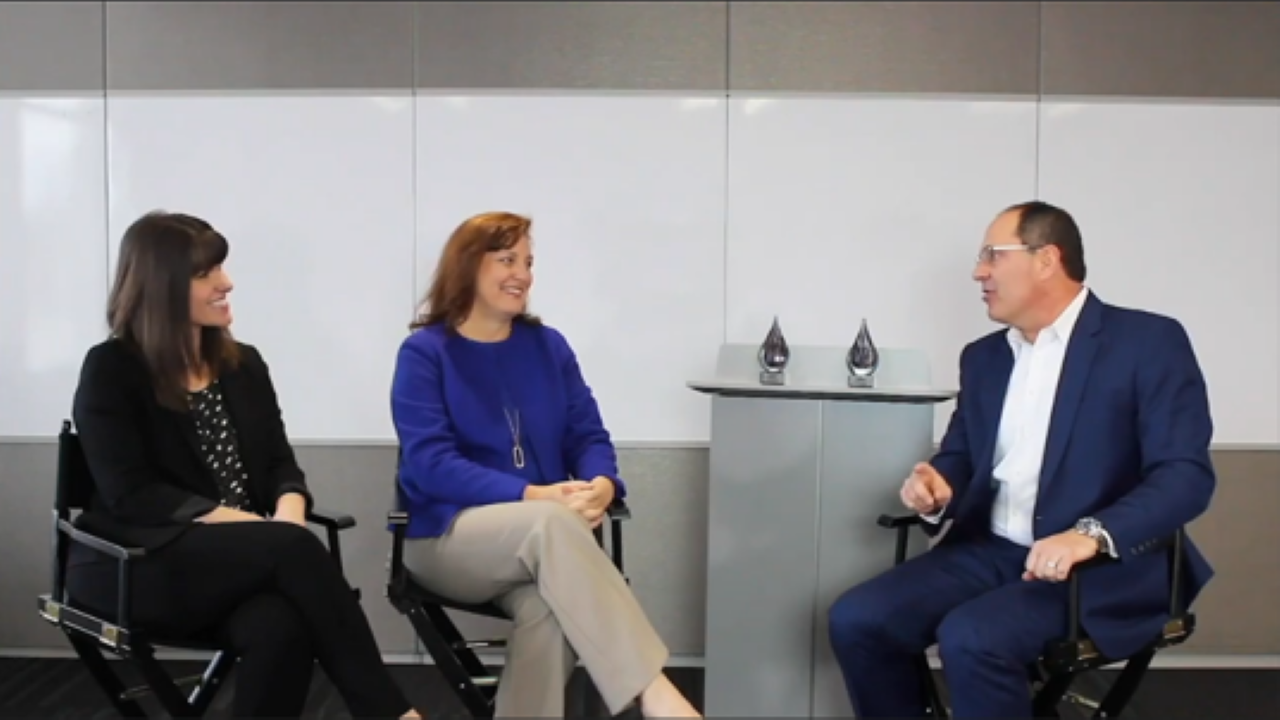
These are Two of the Top Women in PR – and They’re Both Zebras!
More

Retailers: This is the Truth about True Demand
More
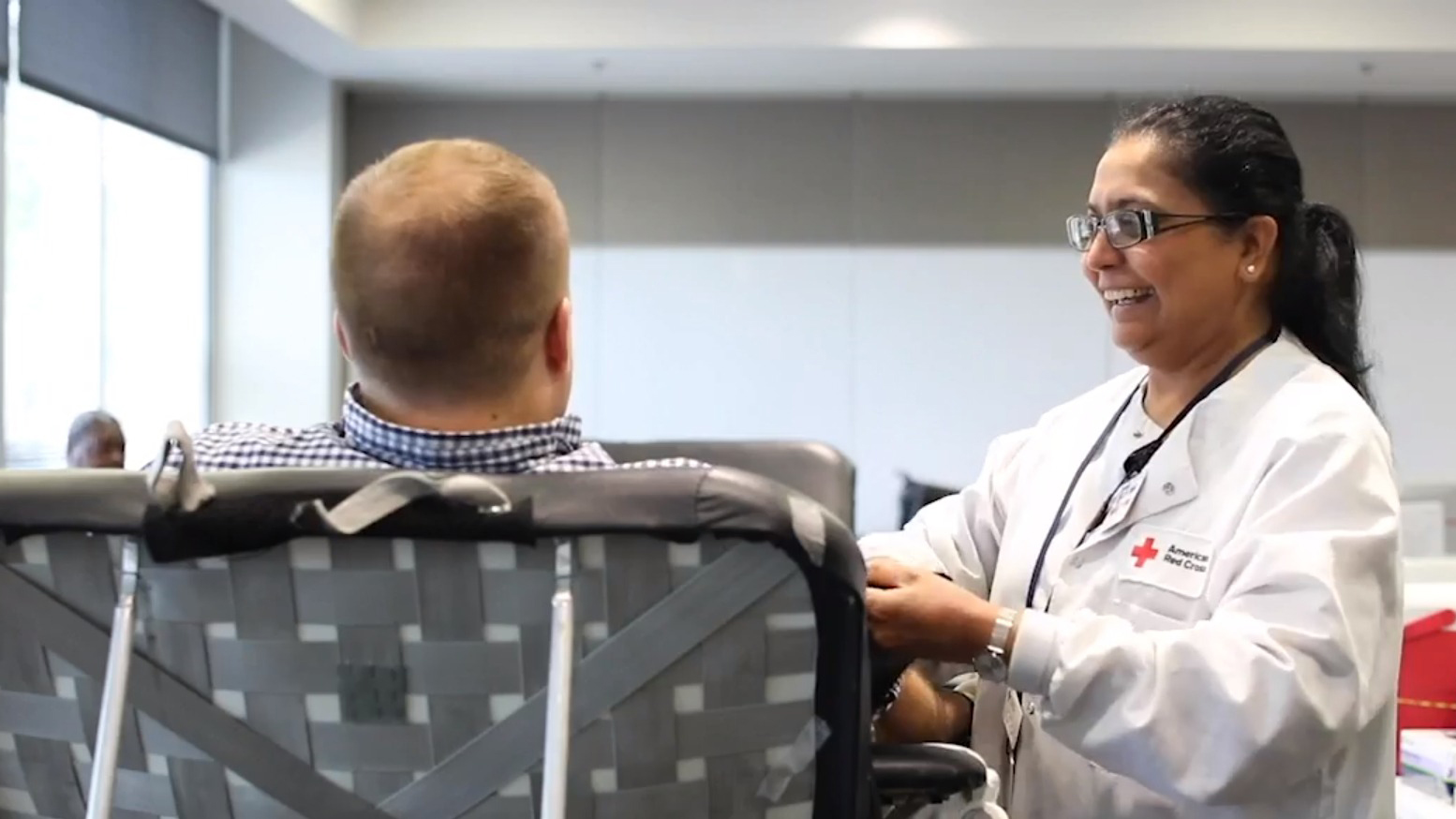
Join Zebra in Supporting the Red Cross’ Response to COVID-19
More
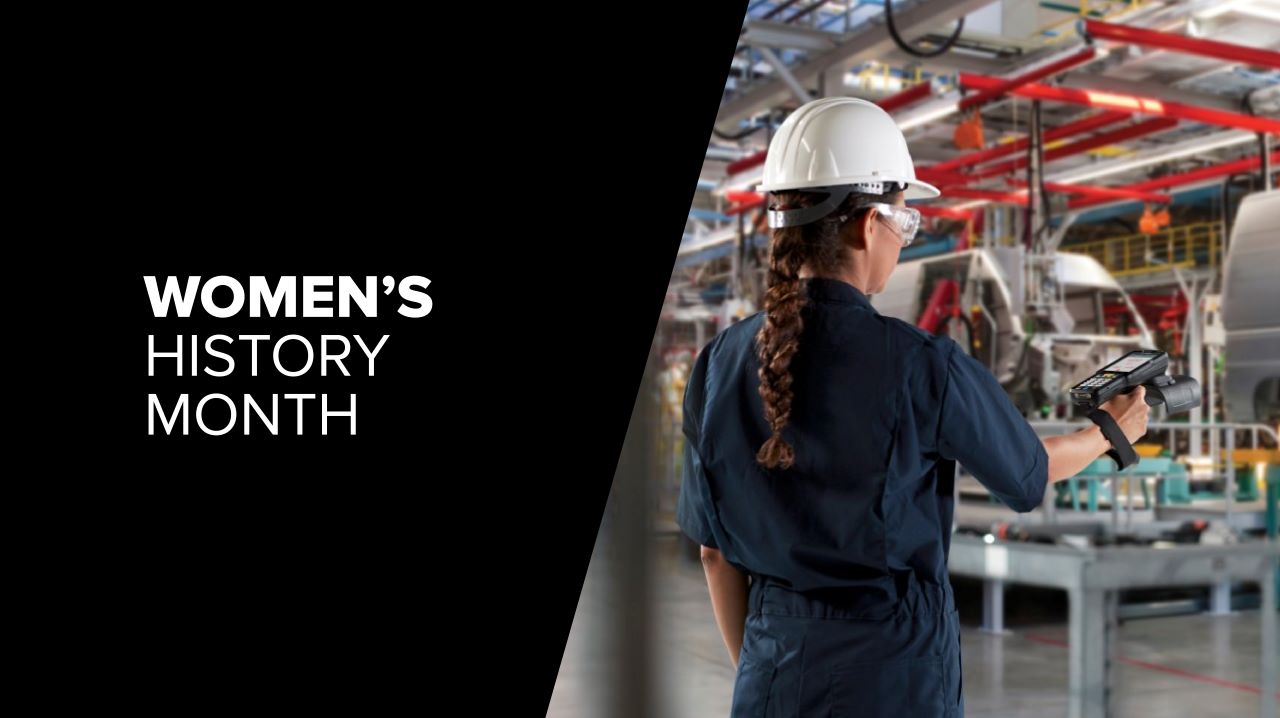
Women’s HERStory Month Series: “We are Gaining Steam in STEM Fields, But There’s Still a Long Way to Go”
More
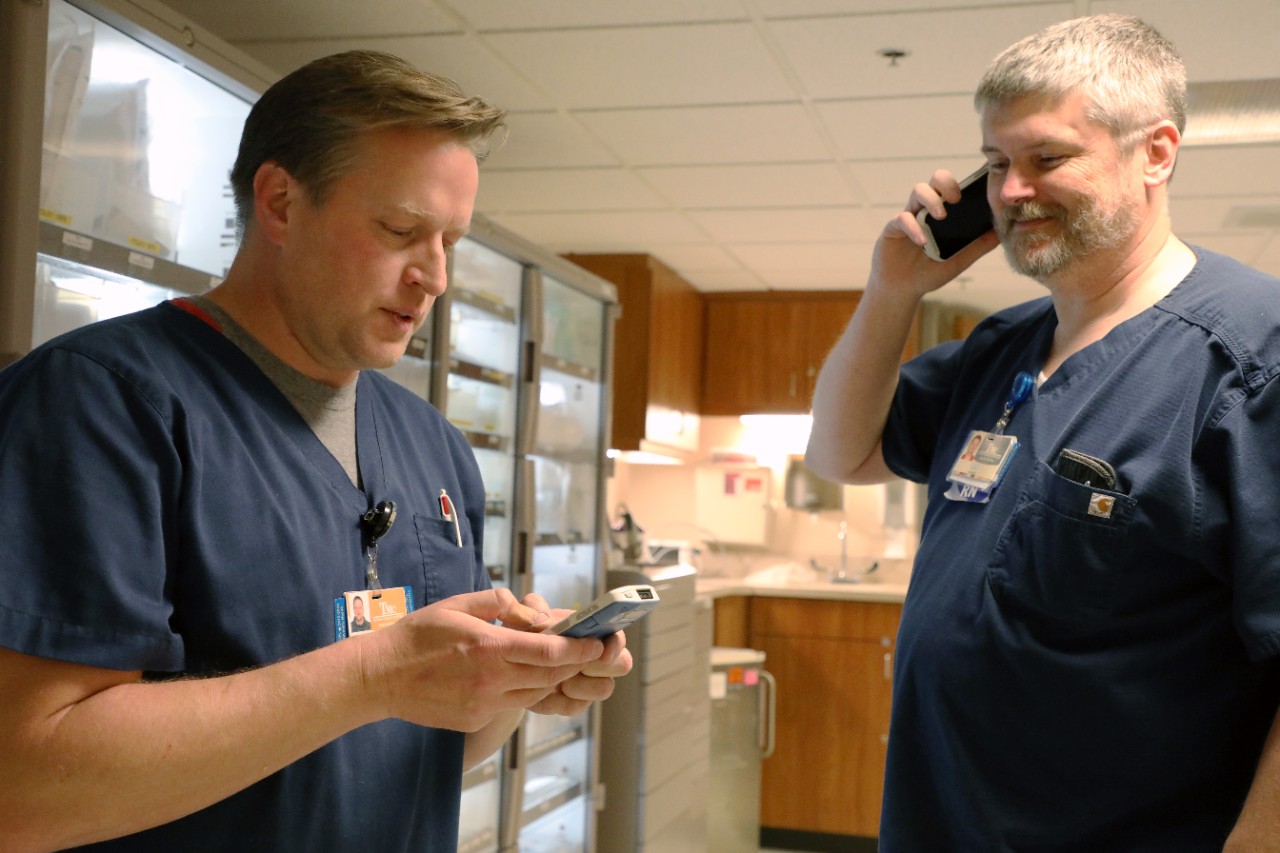
Truman Medical Centers Takes “Significant Step Forward” with Single Mobility Investment
More
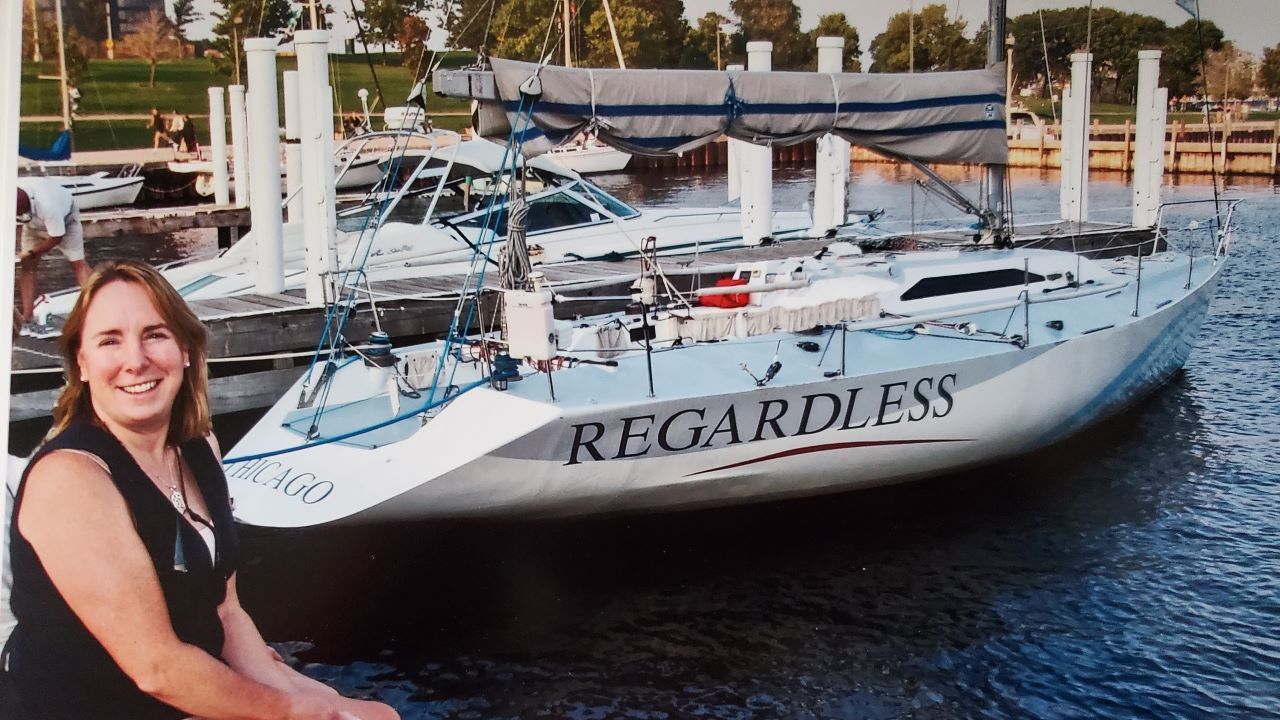
Rugged Life | Meet the Zebra Who Has (Literally) Sailed Her Way to the Top of Her Class…More Than Once
More
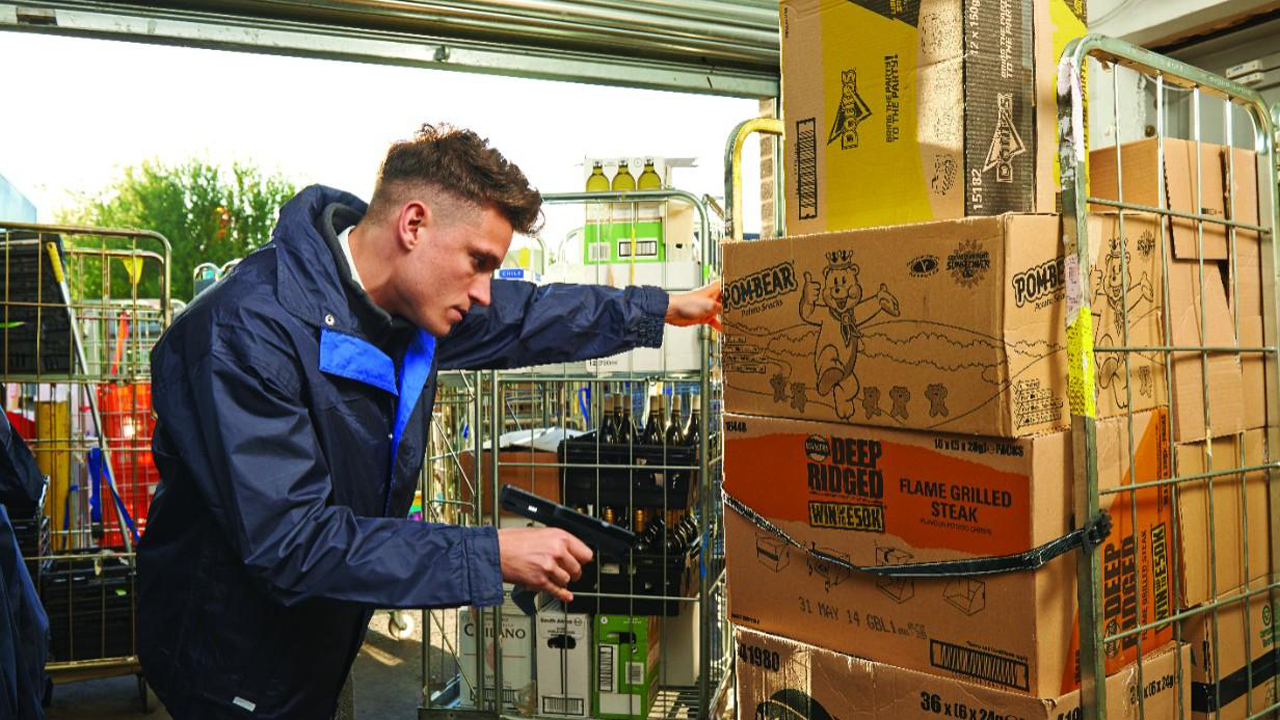
Are You 100% Confident Your Warehouse Workers Have the Right Mobile Device for Their Jobs?
More

New “Cost-Benefit” Considerations When Shopping for Field Mobility Solutions
More
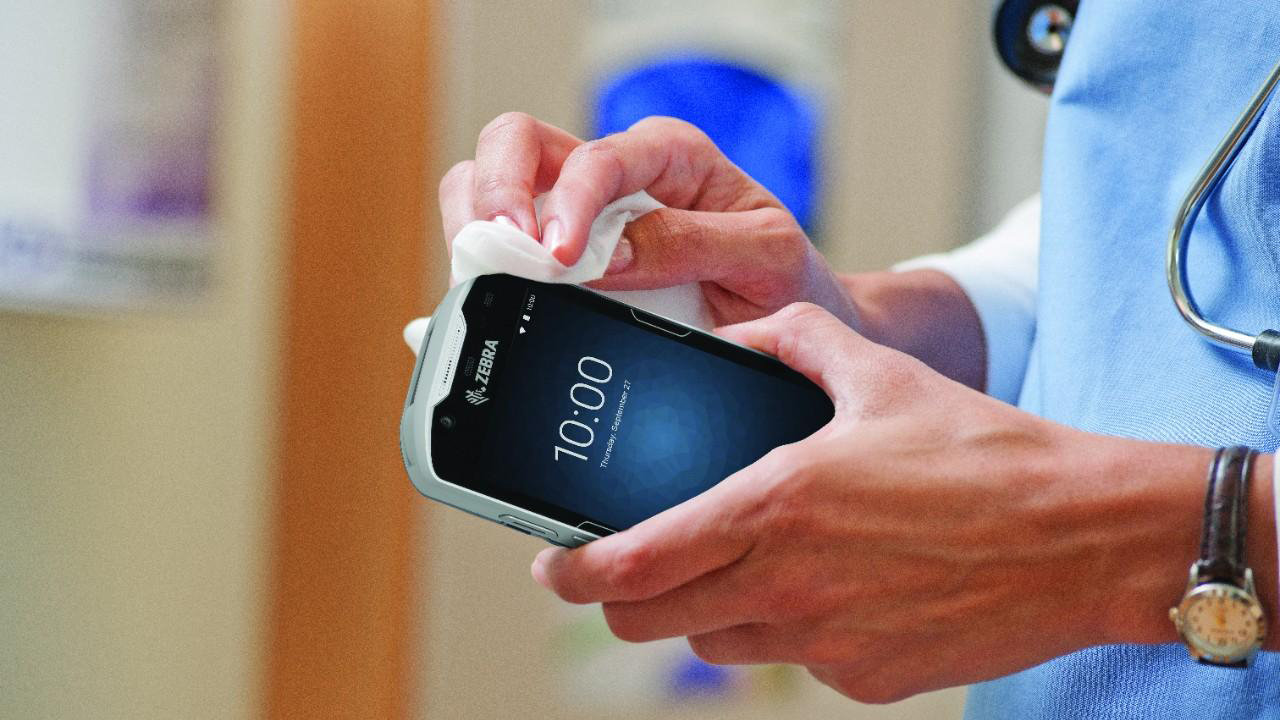
Washing Your Hands is Important, but So is Cleaning the Devices that Your Hands Touch All Day Long
More

What Mobile Technologies Should Be Able to Do for Store Associates and Shoppers – and What Many Can’t
More
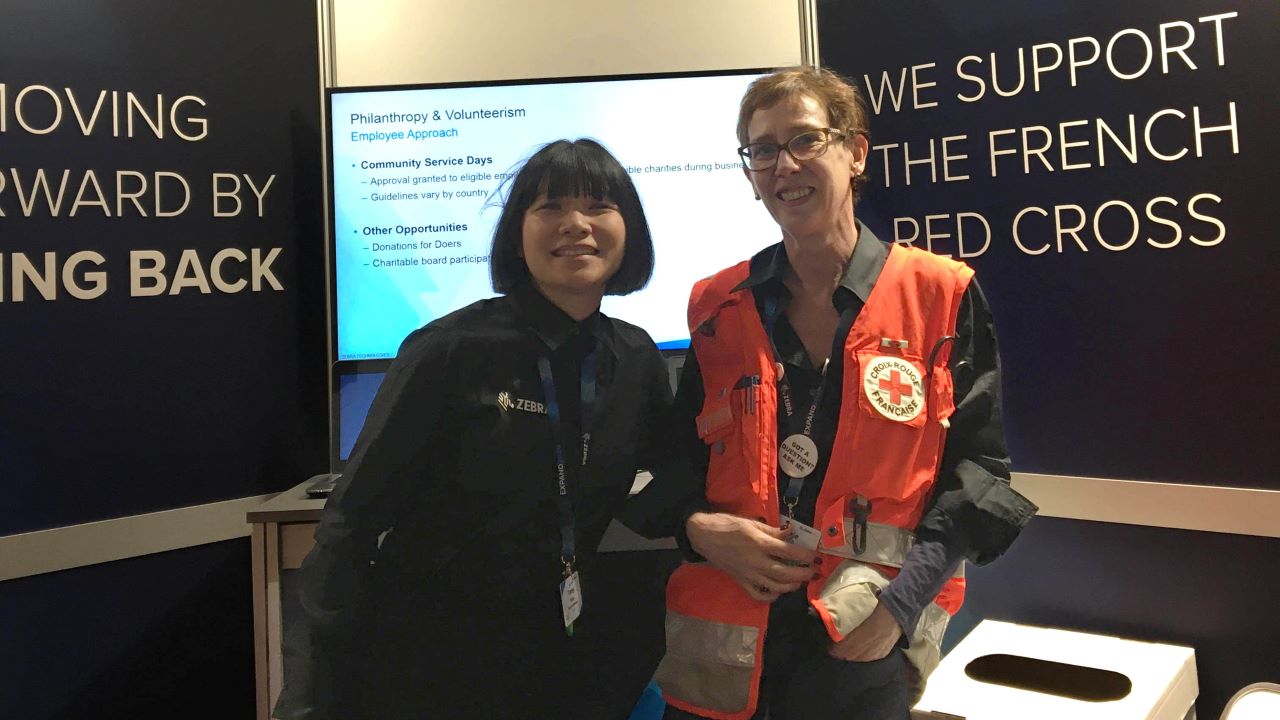
Moving Forward by Giving Back: How Zebra and Its Partners Entered 2020 with a Bang
More
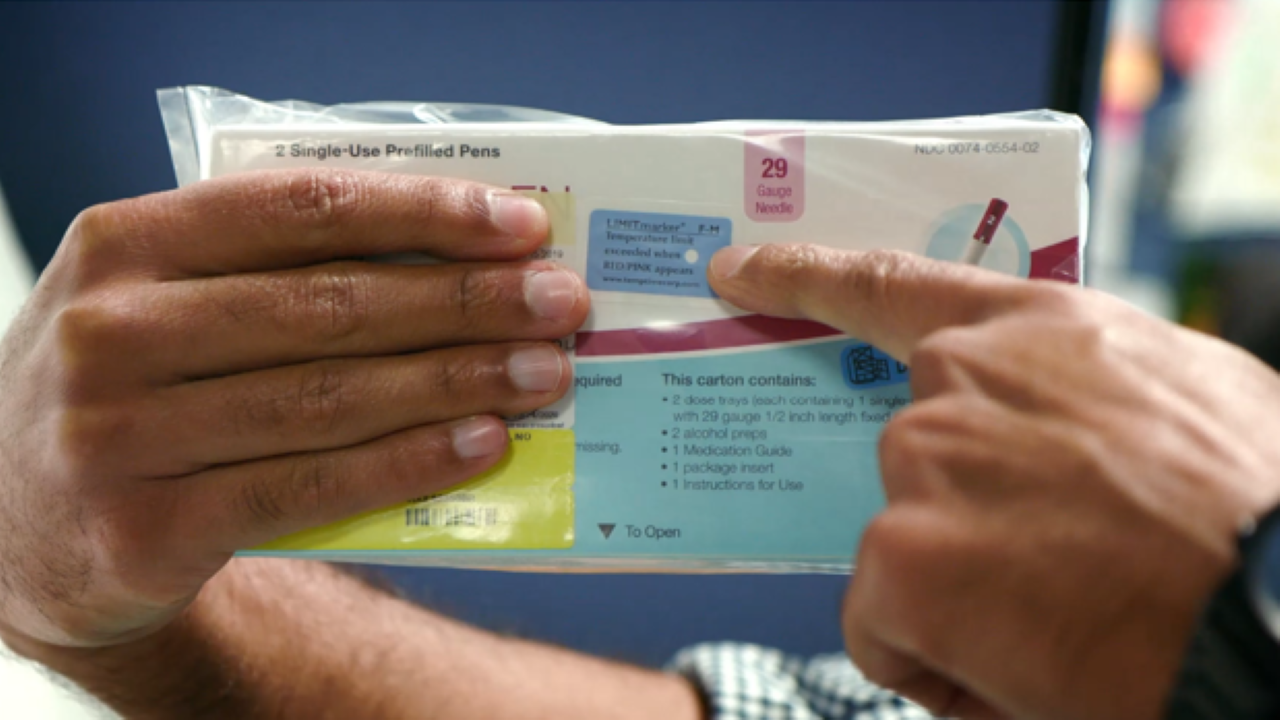
Stories from the Edge: Maintaining Medication Temperature is Key to Patient Treatment
More
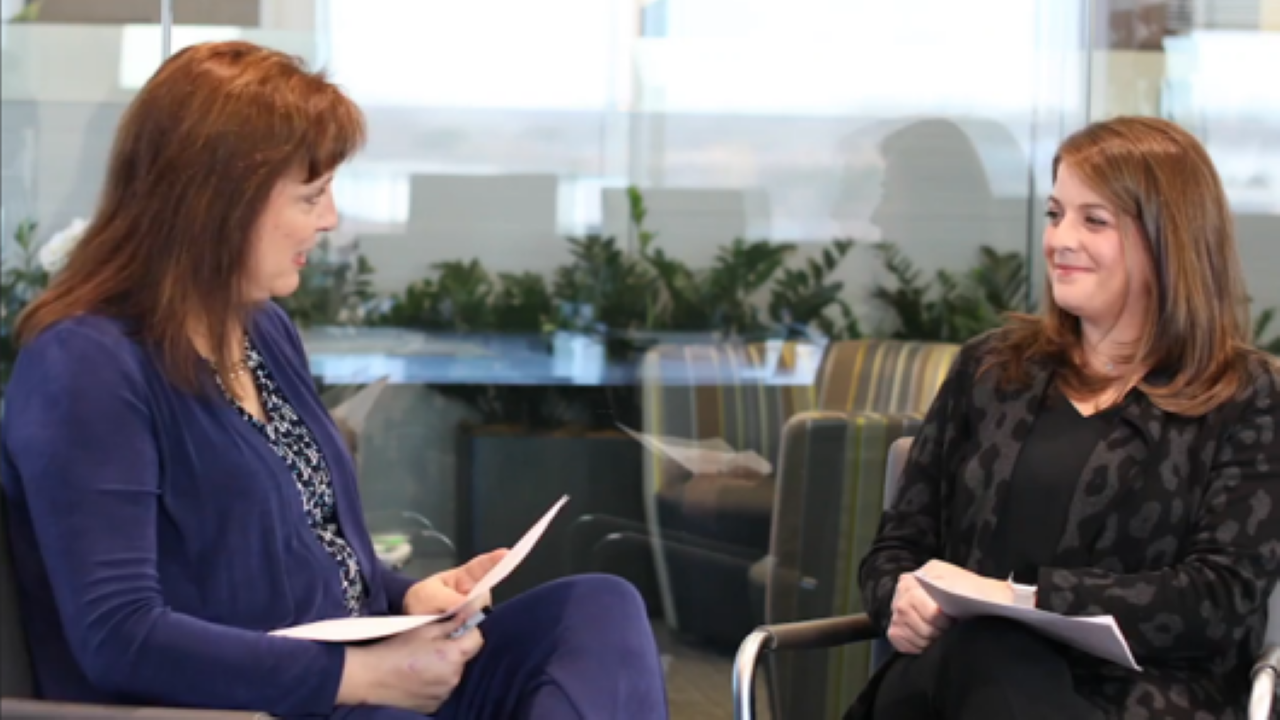
Meet Rikki Jennings, Zebra’s First Chief Nursing Informatics Officer and One of Crain’s Most Notable Women in Healthcare
More

From Atlantic to Pacific, Gee, These Zebras are Terrific!
More
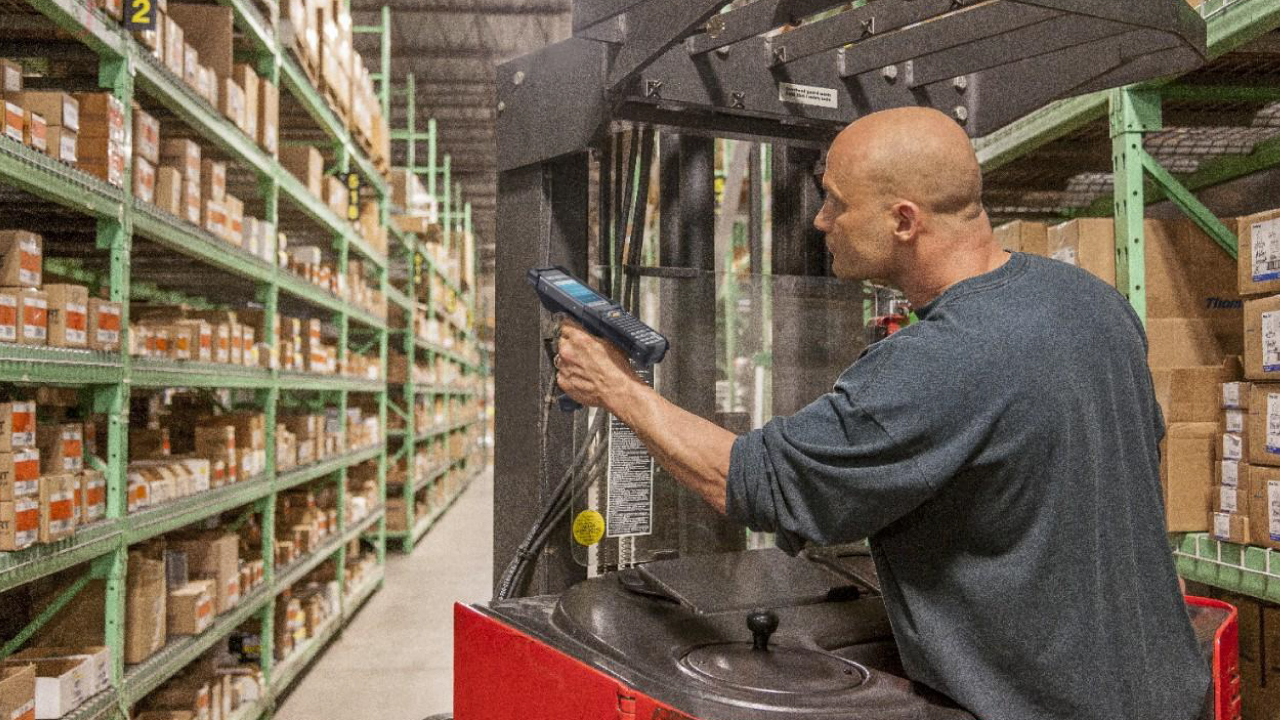
“Will My Windows Mobile Computers Still Work Even Though Microsoft Support Has Ended?”
More
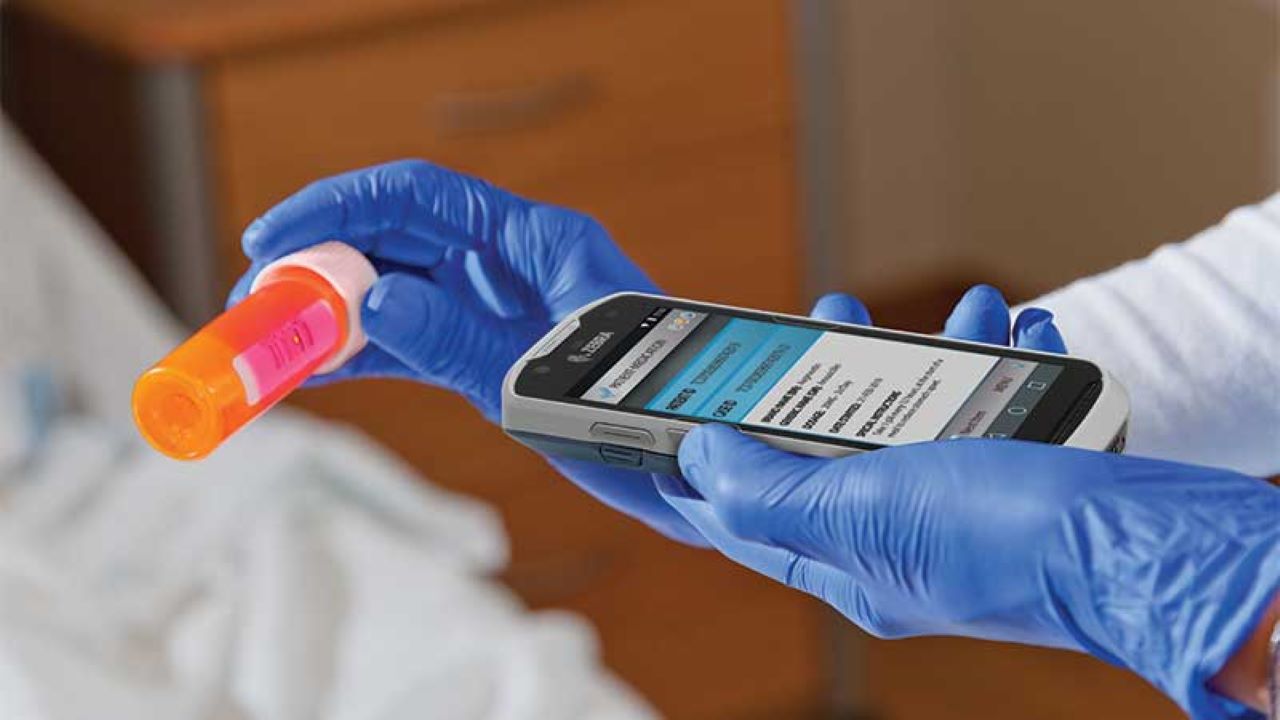
Want Less “Liability” and More “Reliability” from Your Clinical Mobility Solution?
More
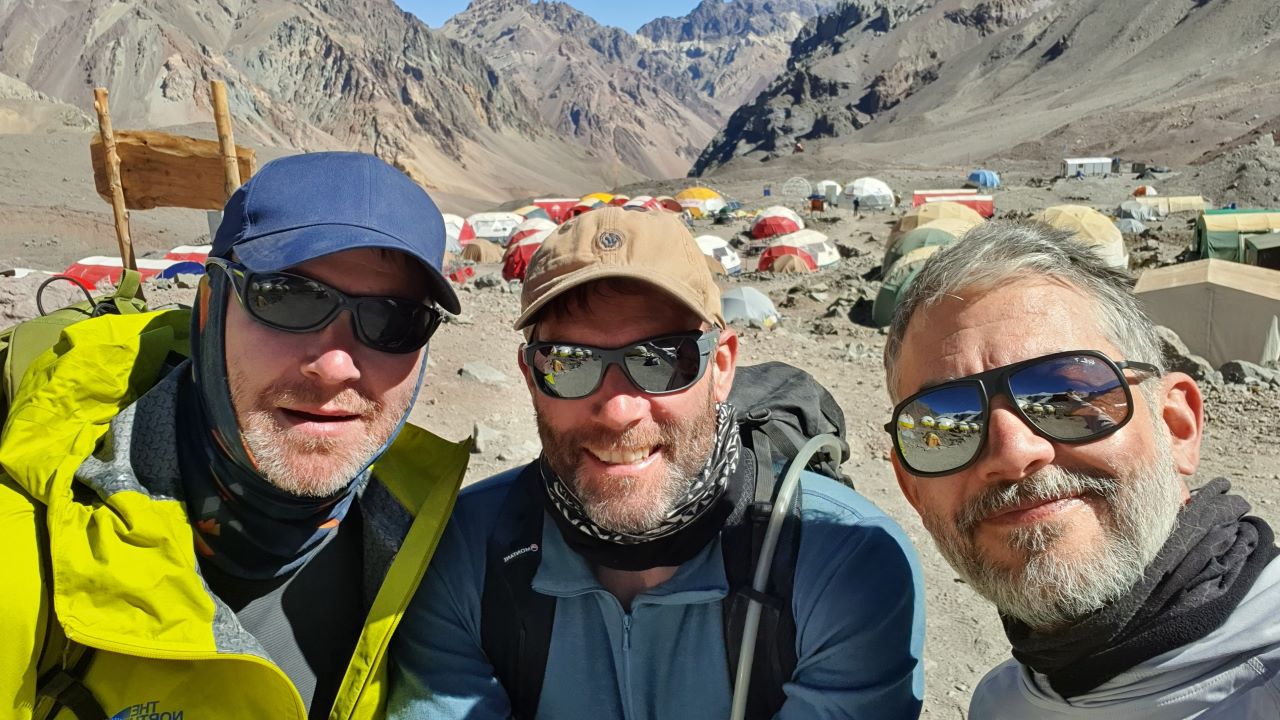
"Ain't No Mountain High Enough" to Stop These Zebras
More

The Analytics Capability Retailers Don’t Know They’re Underusing
More
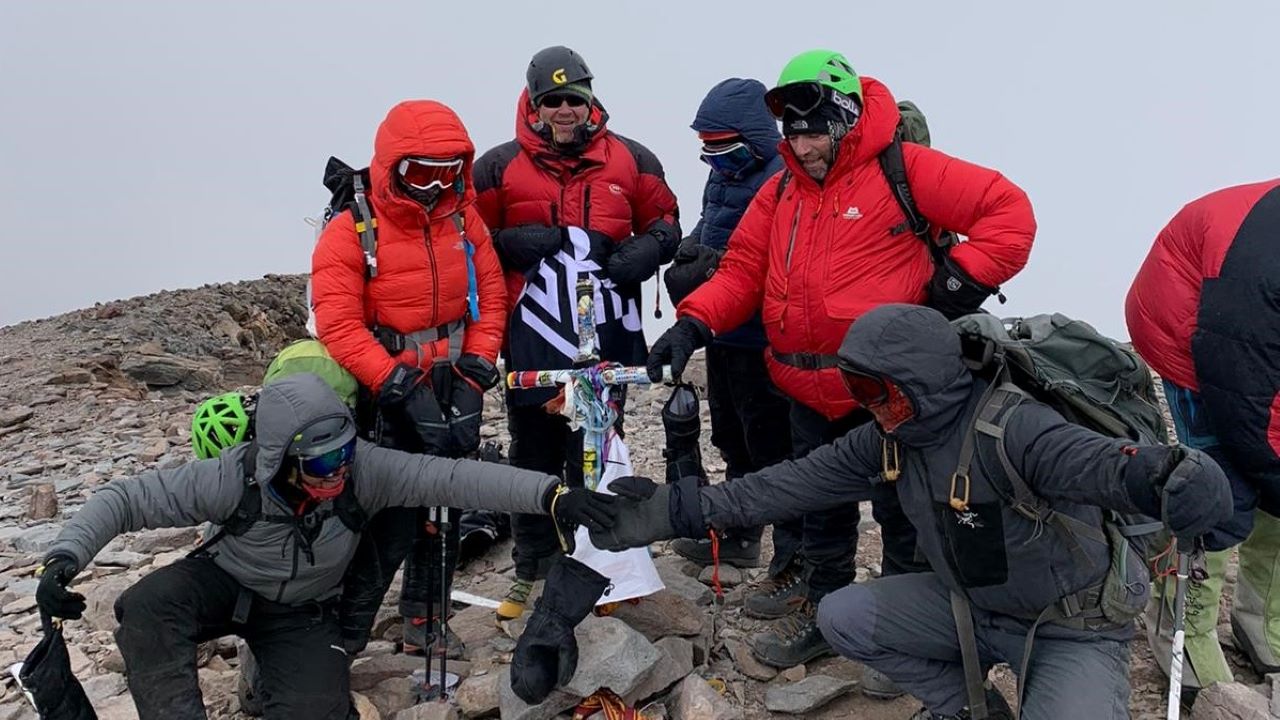
Did the Three Amigos Finally Reach the Top of Mount Aconcagua?
More

Is Your Hospital Taking Full Advantage of the Breakthrough Opportunities Offered by Unique Device Identification (UDI) Data?
More
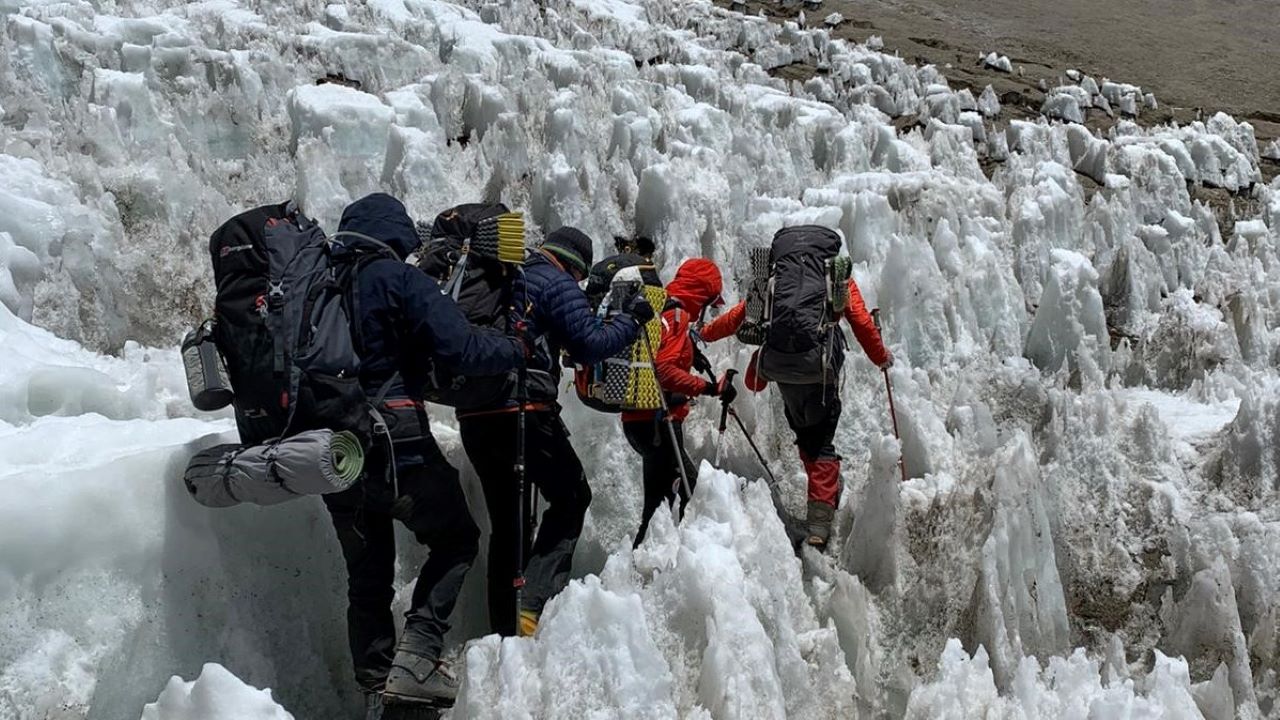
Update from Mount Aconcagua: Summit Day is Almost Here!
More

Study: More Companies Are Opening Up Their Networks to Share Data, But They’re Also Doing More to Lock Them Down
More
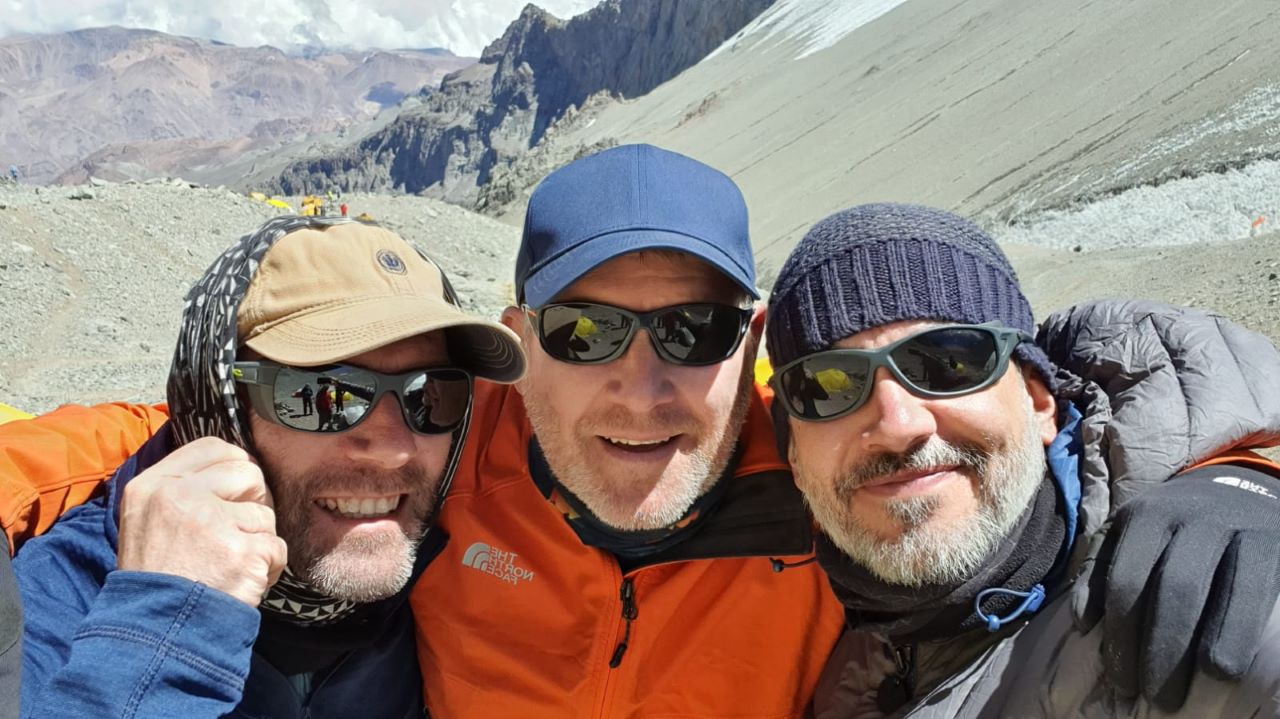
The Three Amigos are Facing Brutal Weather Conditions on Mount Aconcagua
More
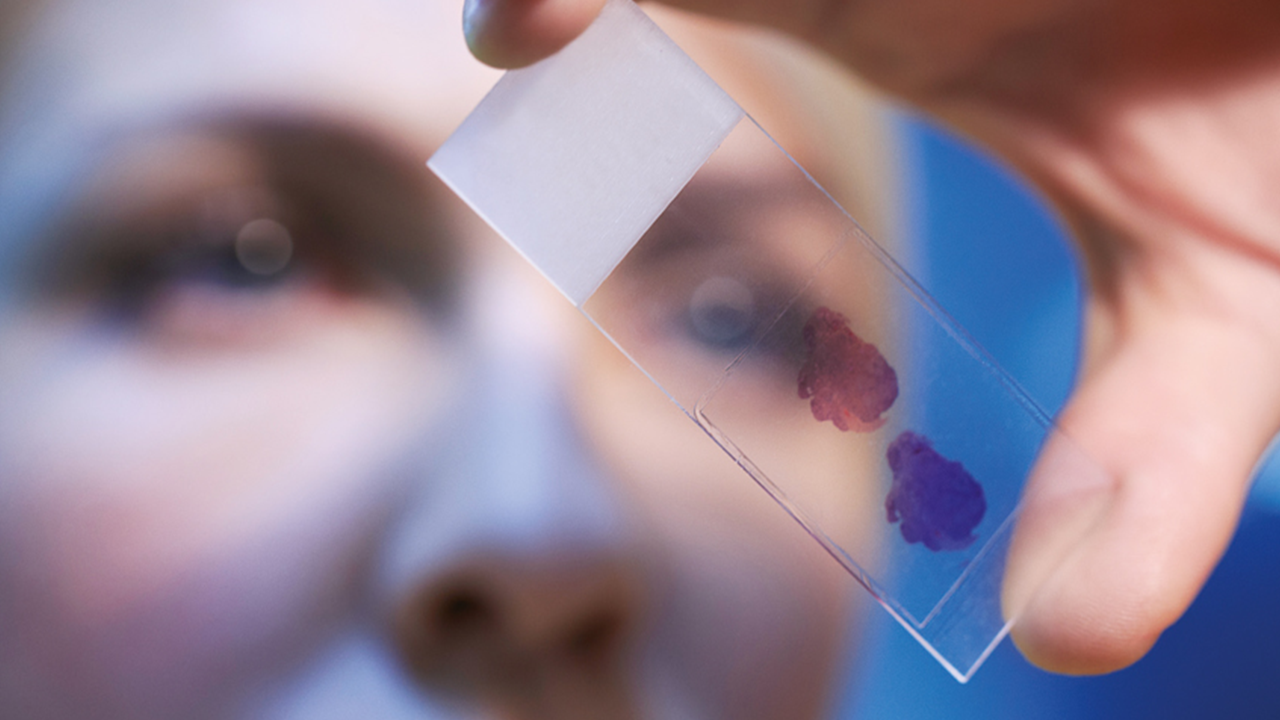
Setting the Record Straight: Why Lab Technicians Rely So Much on Scanning Technology
More
.png.imgo.png)
What is the Key to Perfect Supply Chain Orchestration? (Has Anyone Figured It Out?)
More

The “Three Amigos” Have Reached the First Big Milestone in Their Mount Aconcagua Summit
More

More Technology, More Problems? Some Warehouse Leaders Think So. Here’s Why.
More
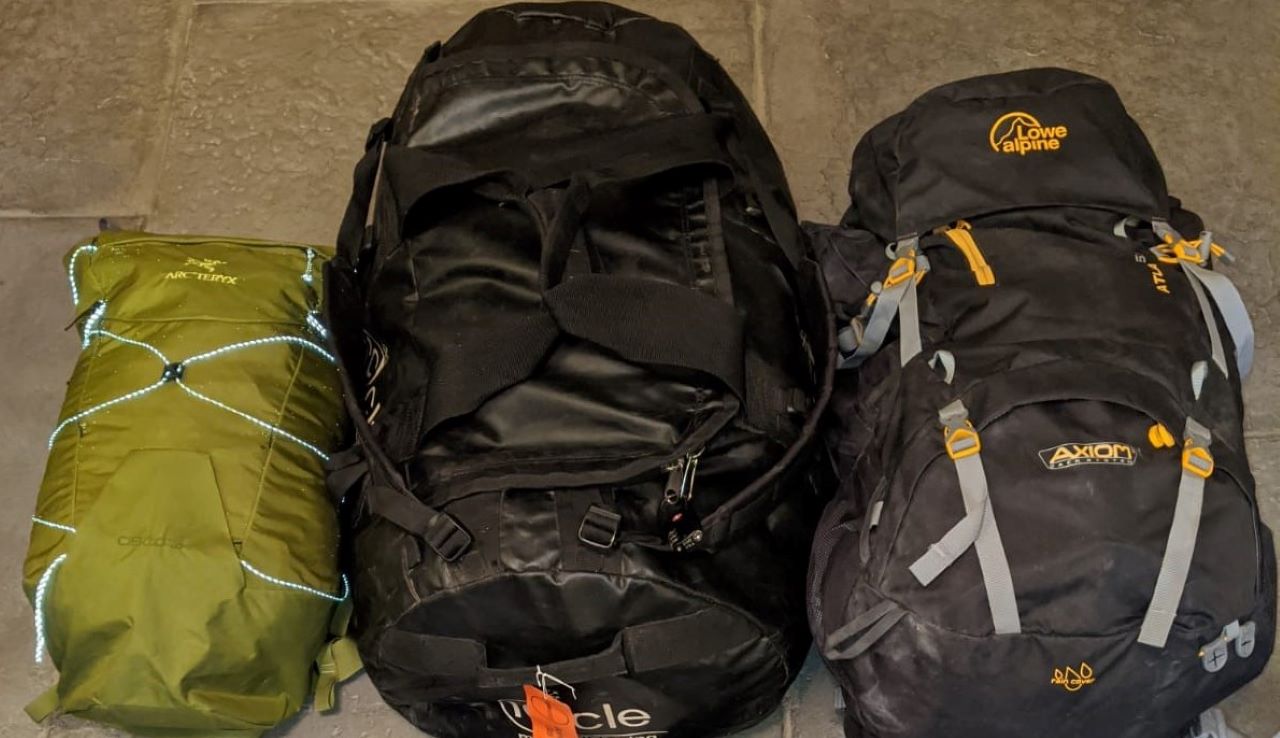
Bags are Packed, Hiking Boots are On. Aconcagua, Here We Come!
More

Mobile Devices Can Greatly Benefit Healthcare. They Can Also Be a Liability If You Make This One Mistake.
More
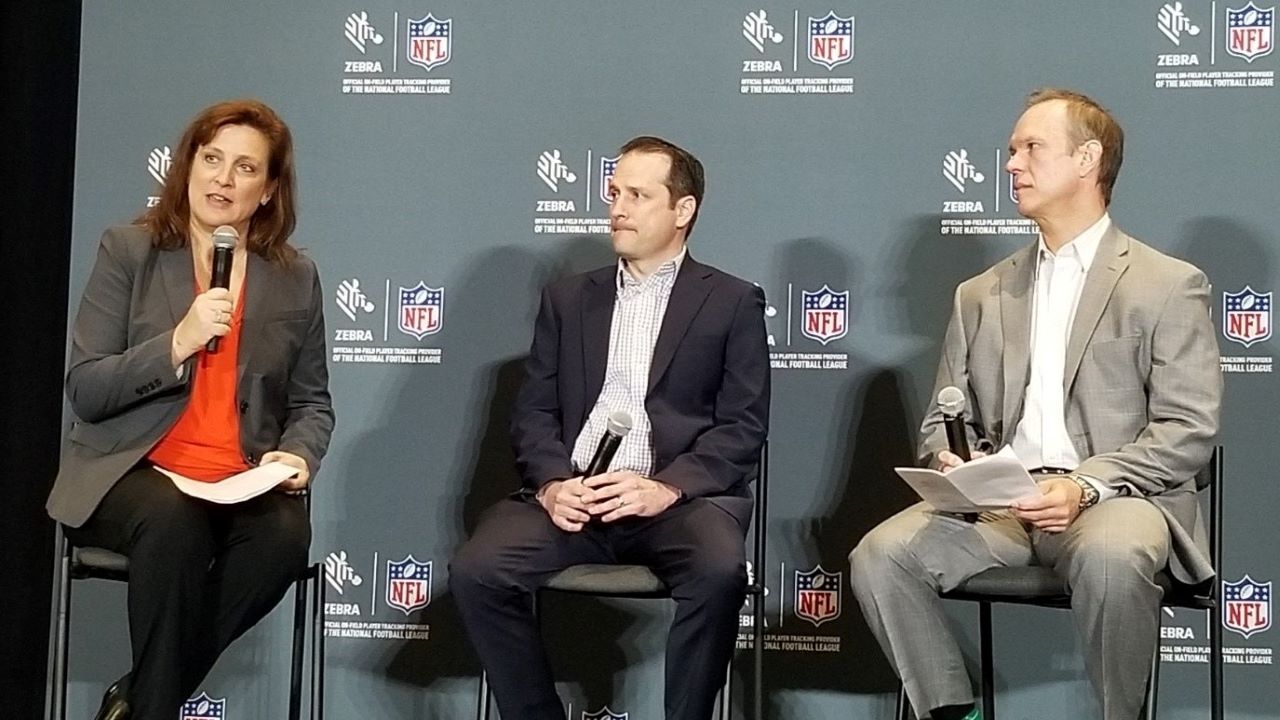
Did You Miss Zebra's Super Bowl Press Conference with the NFL?
More
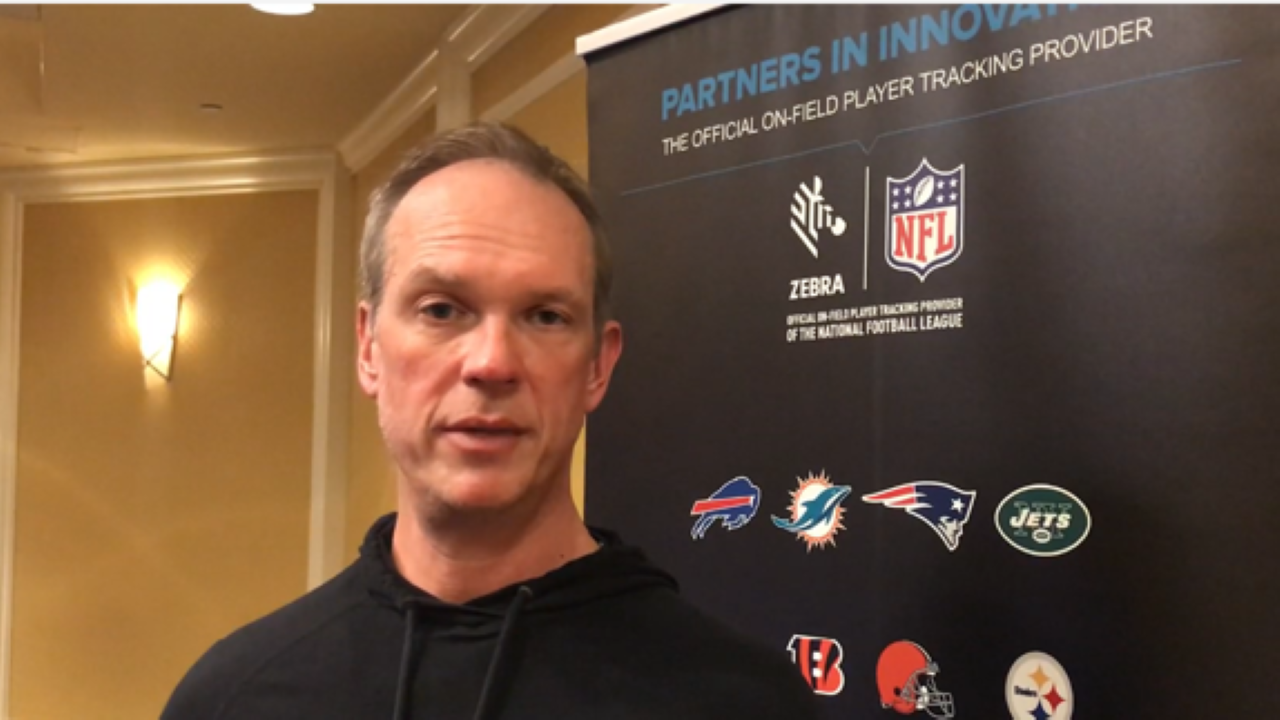
A Behind-the-Scenes Look at the 2020 Senior Bowl (and a Super Bowl Preview)
More

What Tablets and Tires Have in Common – and Why Every Field Service Organization Should Care
More
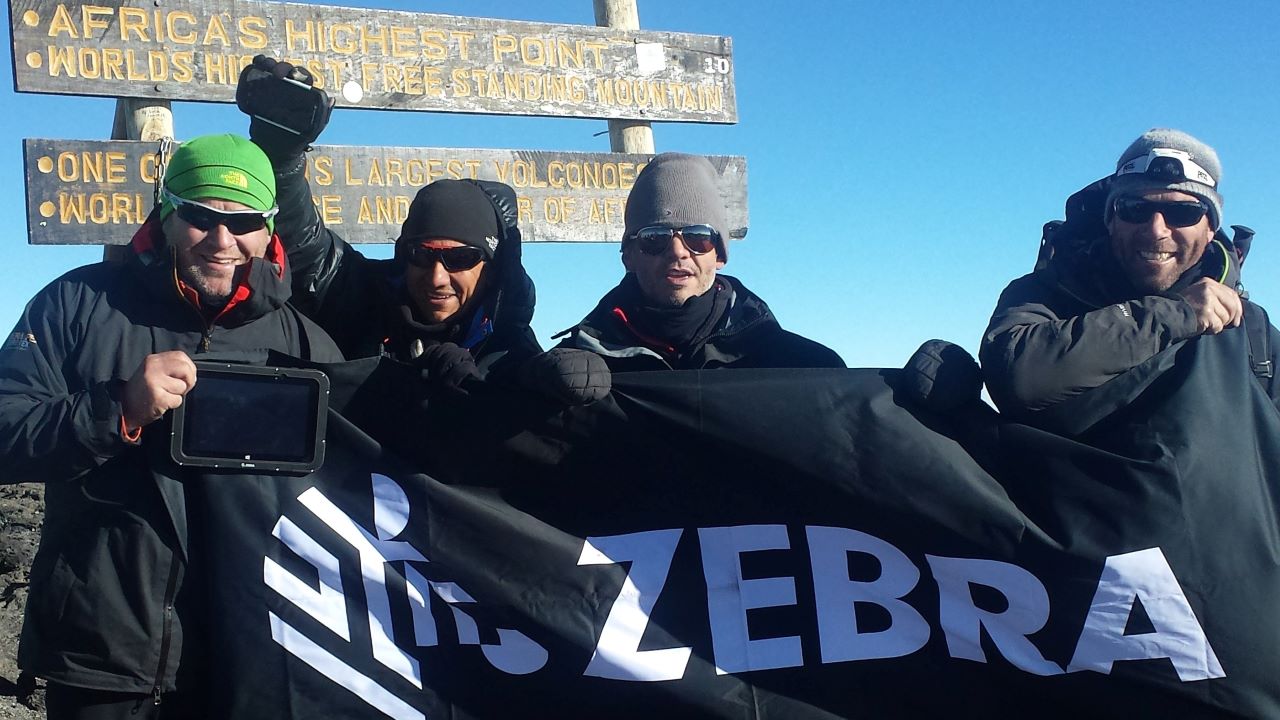
These Zebras are Aiming High (Quite Literally) with Ultra-Rugged Aconcagua Climb
More

Ushering in a New Decade as Zebra Prescriptive Analytics
More
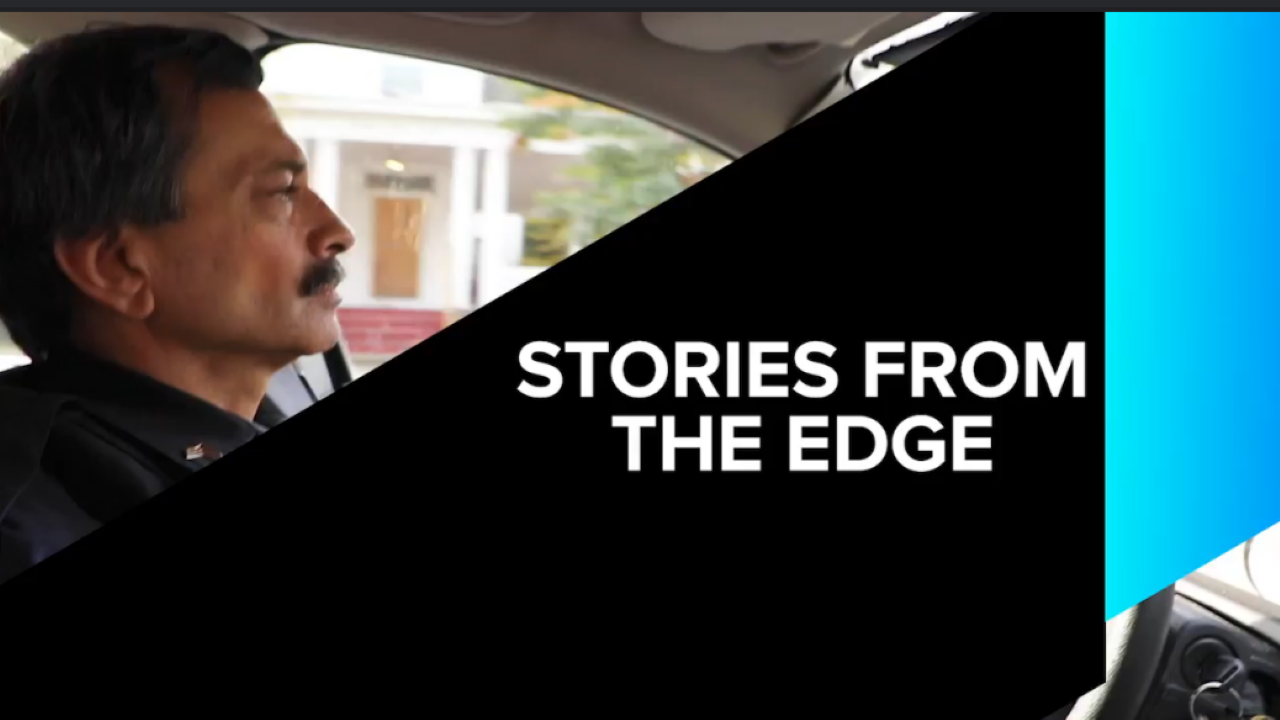
Stories from the Edge: Troy Police Department Says Tablets Ensure Officers are “Always Available”
More

Five Reasons to Invest in An Extended Range Scanner
More
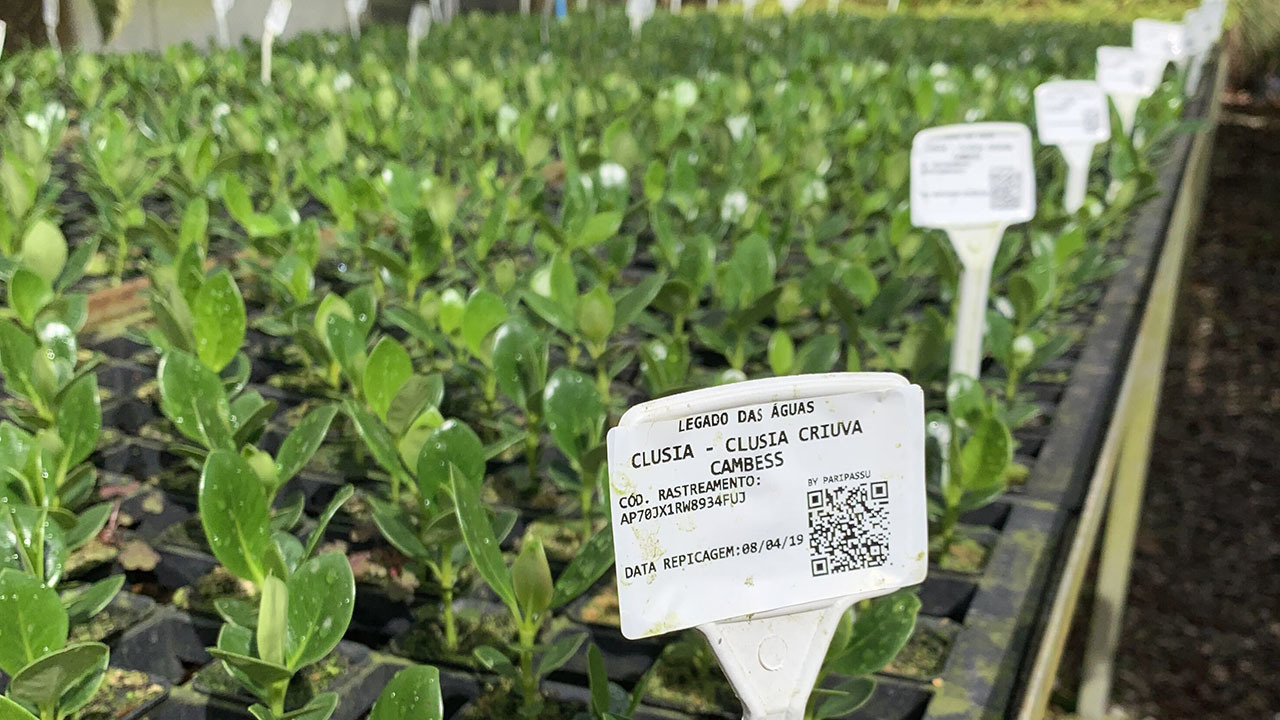
One Small Step for Seedlings, One Giant Leap for Native Species
More

How ‘Healthy’ are Your Workers’ Mobile Devices? (Do You Really Even Know?)
More

Study: This is How to Get Shoppers in Your Store – and Keep Them in Your Store
More

Is Your Printhead Genuinely Right for Your Industrial Printer?
More

Want to Give Your Distributed Enterprise an Advantage at the Edge? Find the Right Partner!
More

Meet the Head-Mounted Display Making Augmented Reality Accessible to All Mobile Workers
More
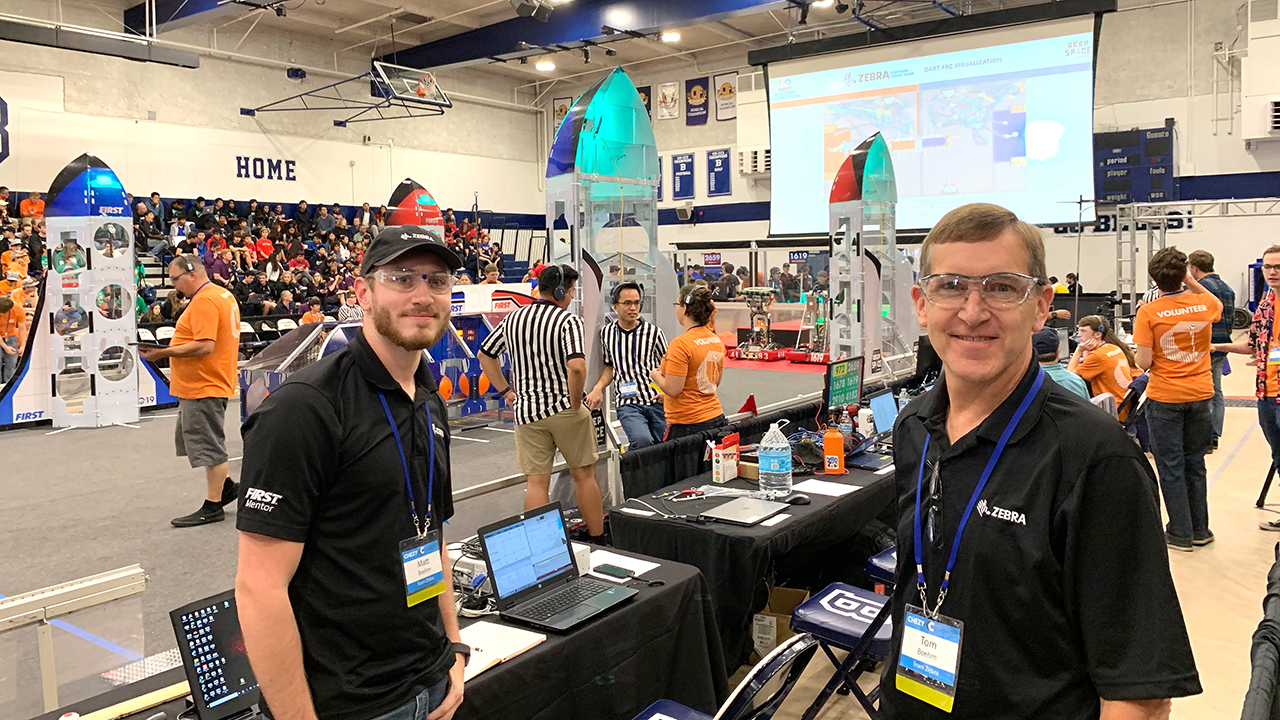
A Case for Innovation: Enabling FIRST Robotics Competition Students to Explore their Edge
More
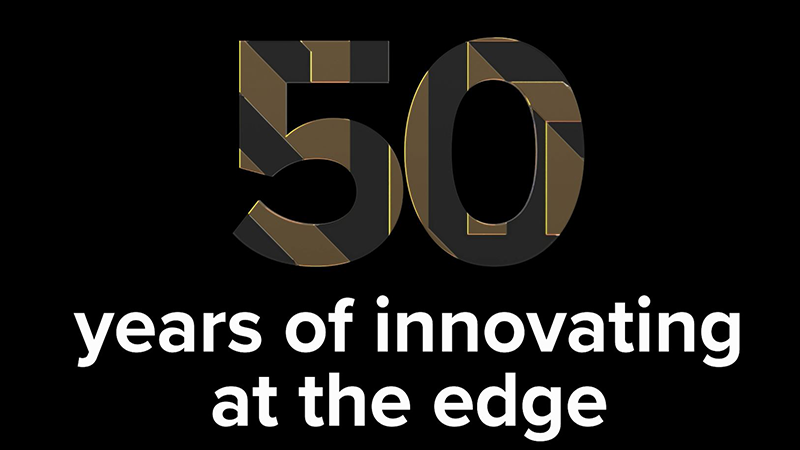
2019 Was “as Good as Gold”
More

Is Prescriptive Analytics the “Secret Weapon” for Fighting Organized Retail Crime?
More

The Fourth Industrial Revolution is All About Mass Personalisation...and RFID Labels
More

How Android (and Other “Droids”) are Aiding with Warehouse Workforce Retention
More
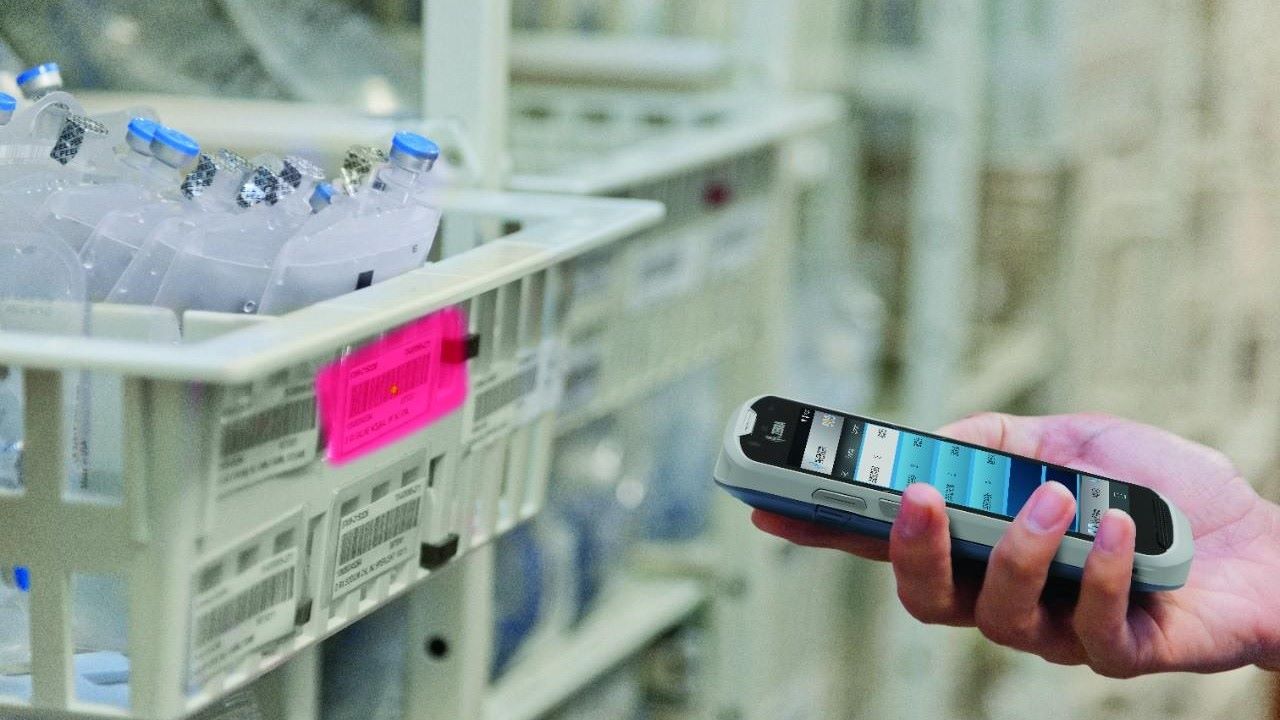
Healthcare Providers Aren’t Immune to Inventory Management Issues
More

Ask the Expert: What Is the Best Way to Figure Out Which Rugged Tablet is “Best?”
More

How Zebra is Celebrating This “Season of Giving”
More

#ThrowbackThursday: Barcodes Made the First Real Mark on Manufacturing
More
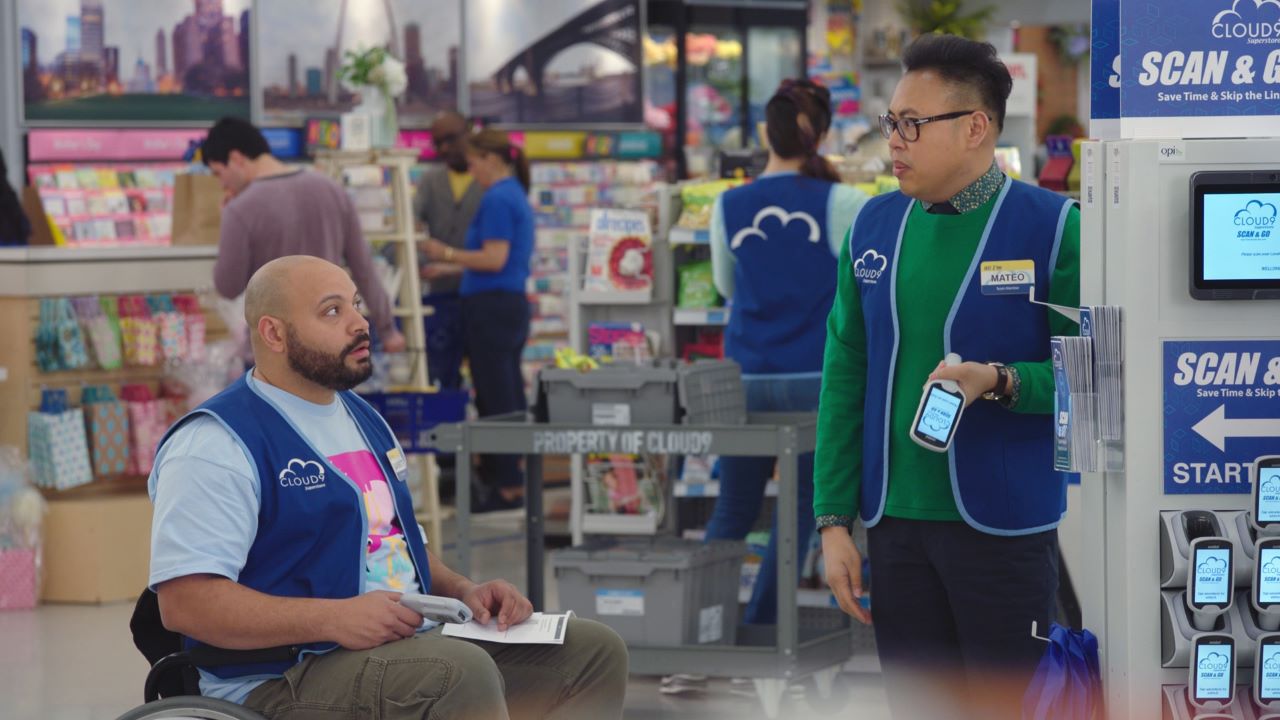
Where Will You “Spot the Zebra” Device This Holiday Season?
More

Ask the Expert: Is There a Difference Between Machine Learning and Deep Learning?
More
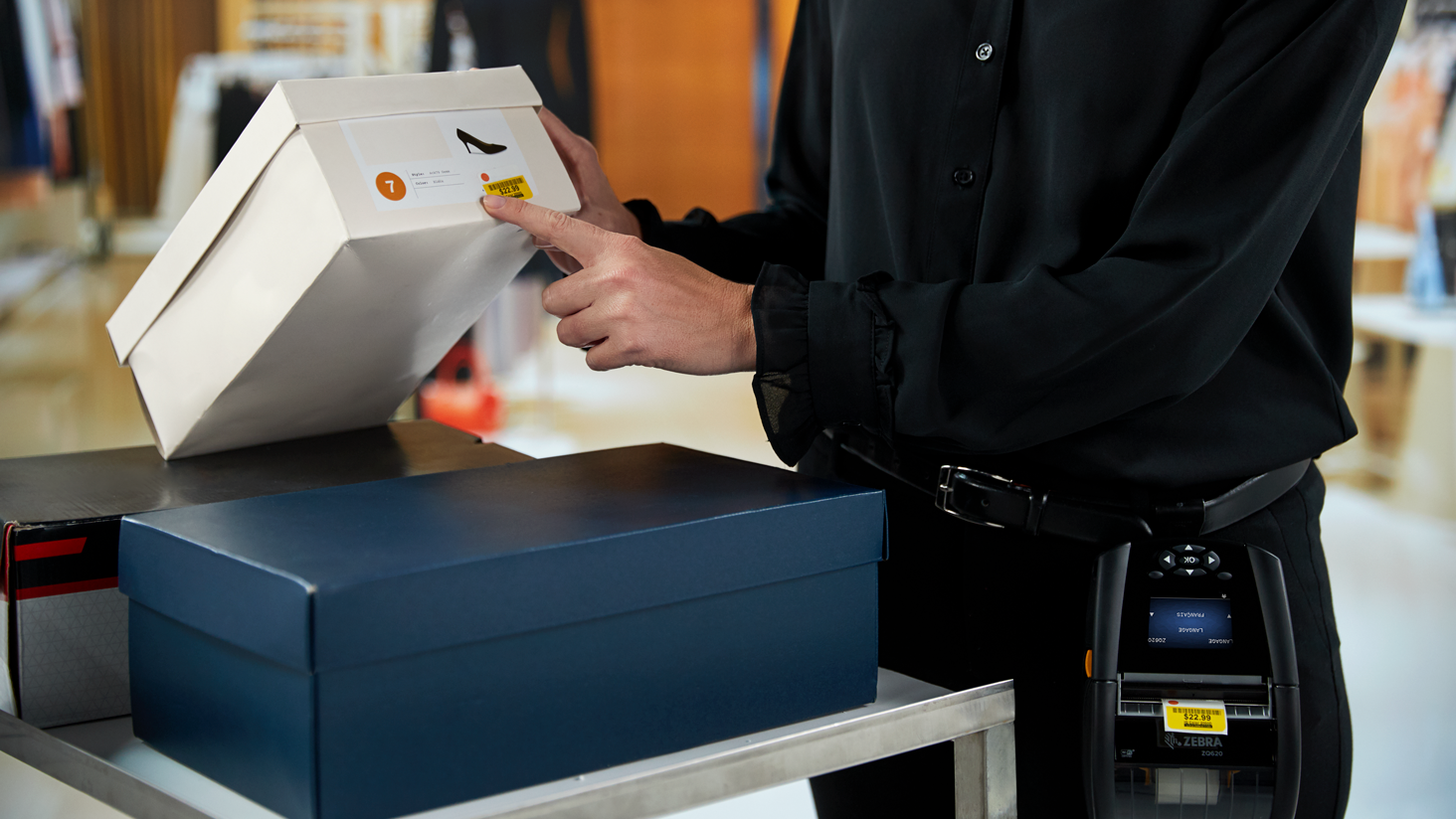
Four Reasons Why On-Demand Shelf Labeling is So in Demand by Retailers Right Now
More
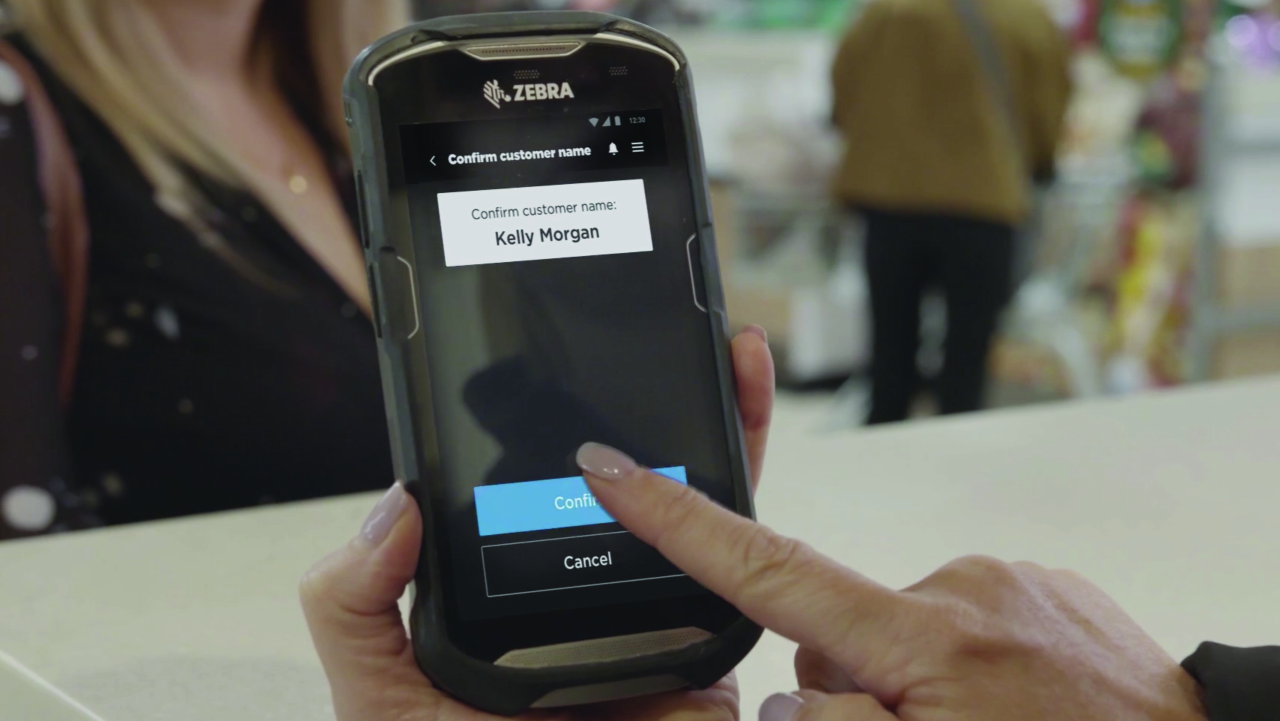
Stories from the Edge: Consumers and Retailers Want More Control Over Online Order Fulfillment. Click-and-Collect is Delivering This.
More

Getting into the WMS Business without “Getting into the WMS Business”
More

Study Confirms: Consumers Still Want to Browse – and Buy – In Store
More

How a Transportation & Logistics Customer Helped Us “See” a Different Dimension to Mobile Dimensioning
More

OEMConfig May be New, But Experts Say It’s Already Making a Big Impact on Android Devices
More

Ask the Expert: Now That Android Tablets are Rugged and Enterprise Ready, Should I Even Be Considering a Windows Tablet for My Workers Anymore?
More

Want a Better Return on Investment for Your Thermal Transfer Printing Solution? Rethink Your Ribbon Selection
More

3 Steps + 3 Mobility Tools Proven to Improve the Specimen Collection Process and, Therefore, Patient Care
More

Study: Keeping Warehouse Workers Comfortable at Work is a Challenge
More

Attention Retailers: These Are the 3 Things You Need to Know if You Missed PACT 2019
More

On a Roll: Zebra Named a “World’s Best Employer” by Forbes
More

Surprise Bonus or Standard Benefit? Studies Indicate Shift in Employees’ Compensation Expectations
More

Tony Stark Has Nothing on Zebra’s Own “Iron Man”
More

Ask the Expert: Are My Printers Really a Source of Security? Or Just Another Point of Vulnerability?
More
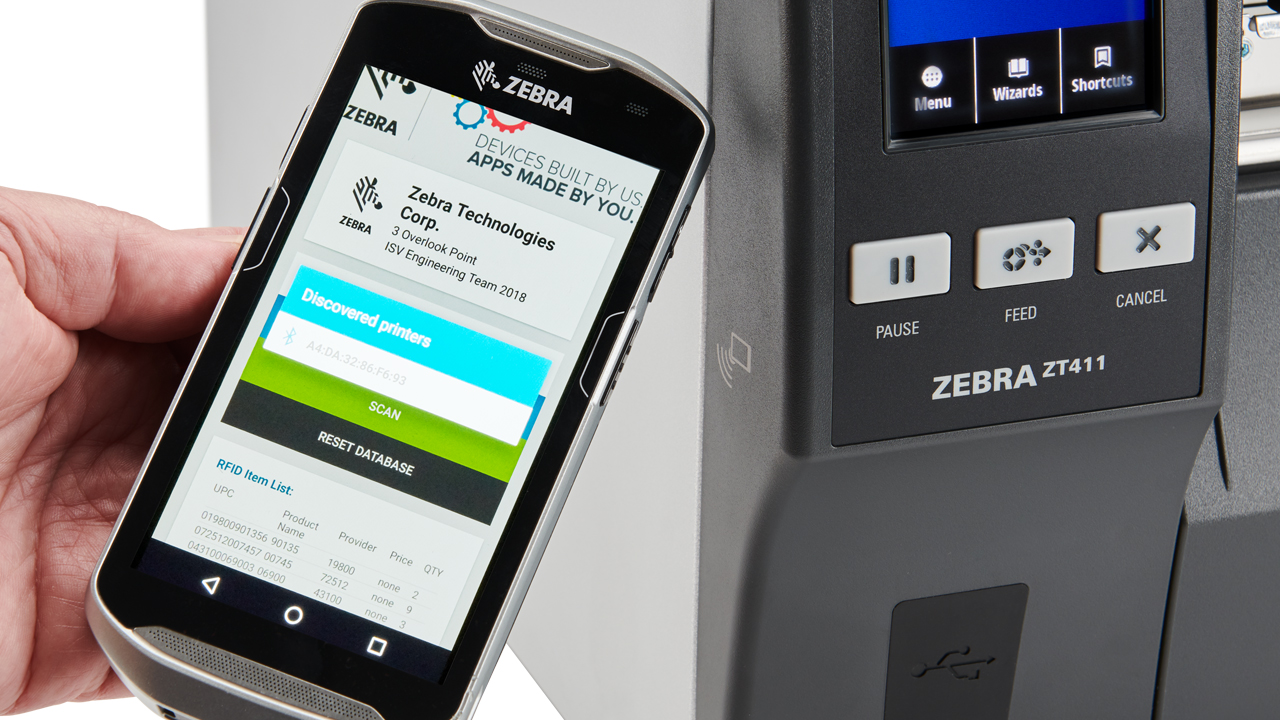
More Than Just a Face Lift: Zebra ZT400-Series Industrial Printers Receive Game-Changing Upgrades
More
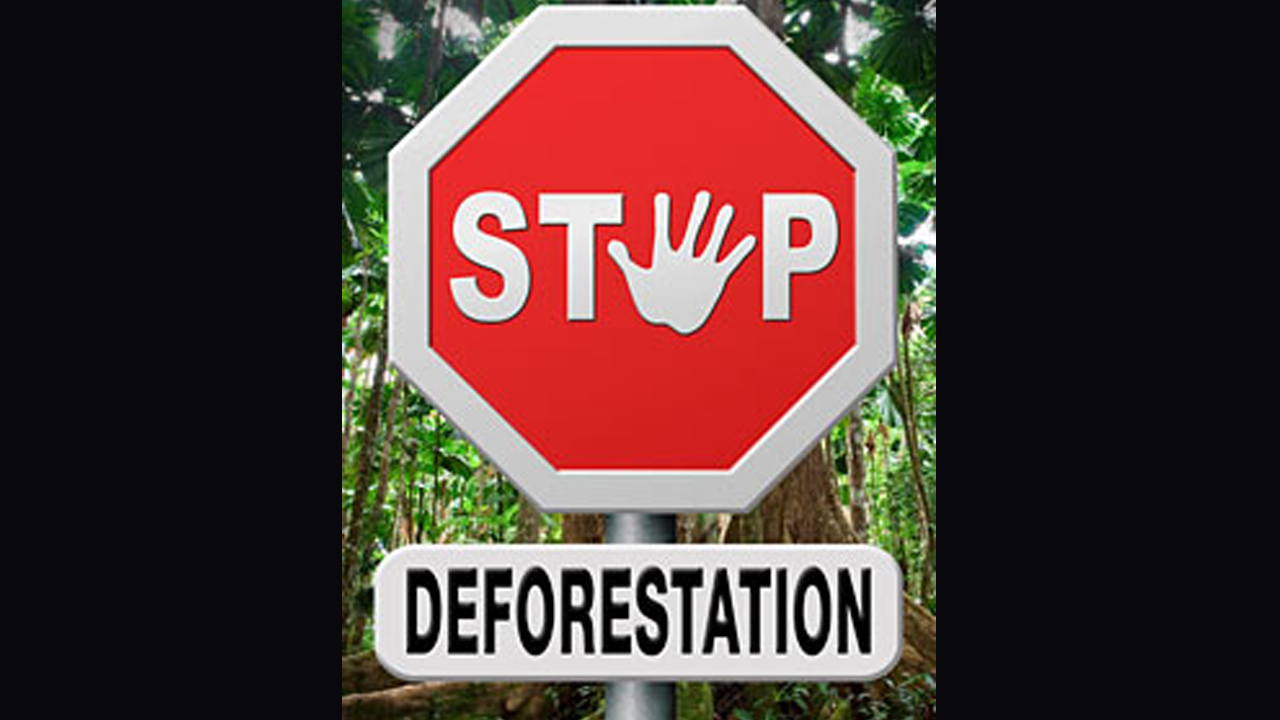
How Rugged Tablets are Reviving Rainforests and Giving Colombian Communities a Second Chance
More
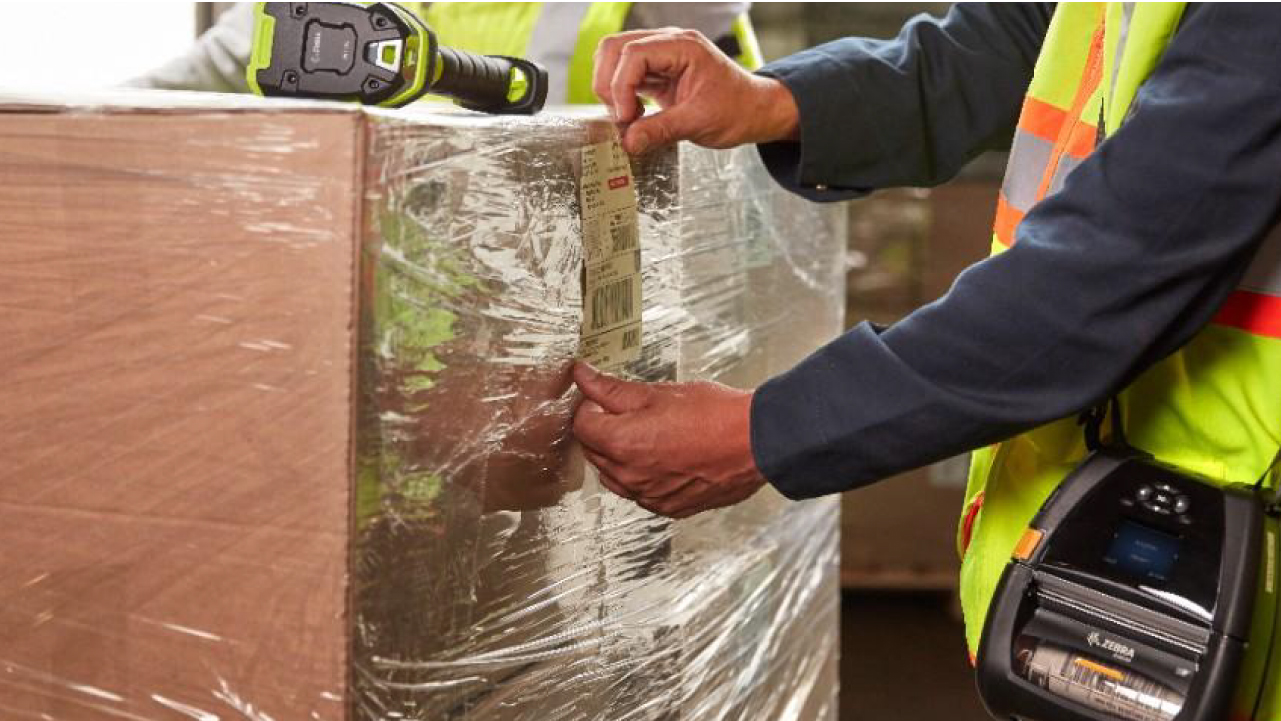
Believe It or Not: Your Printer Selection May Not Have the Biggest Impact on the Performance of Your Printing Application
More

Coordination is Key to Mobilizing First Responders in an Emergency. So, Should Public Sector Agencies Sync Up Their Mobility Strategies?
More
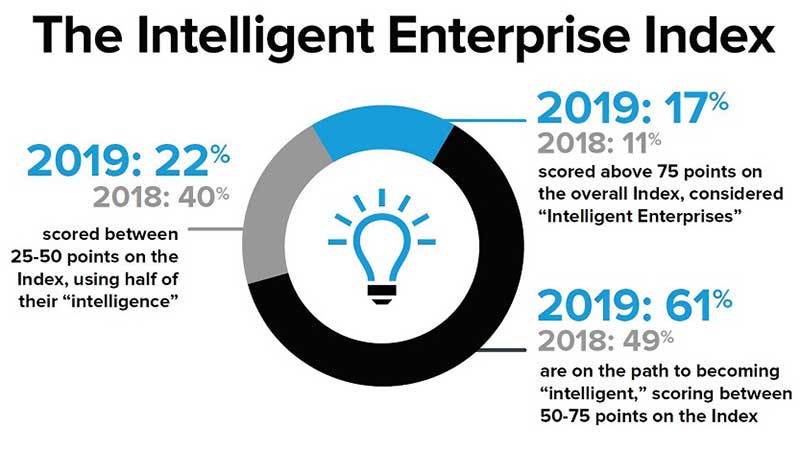
Are You Smarter Than the Average Company? New Tool Helps You Assess Your Enterprise’s “Intelligence”
More
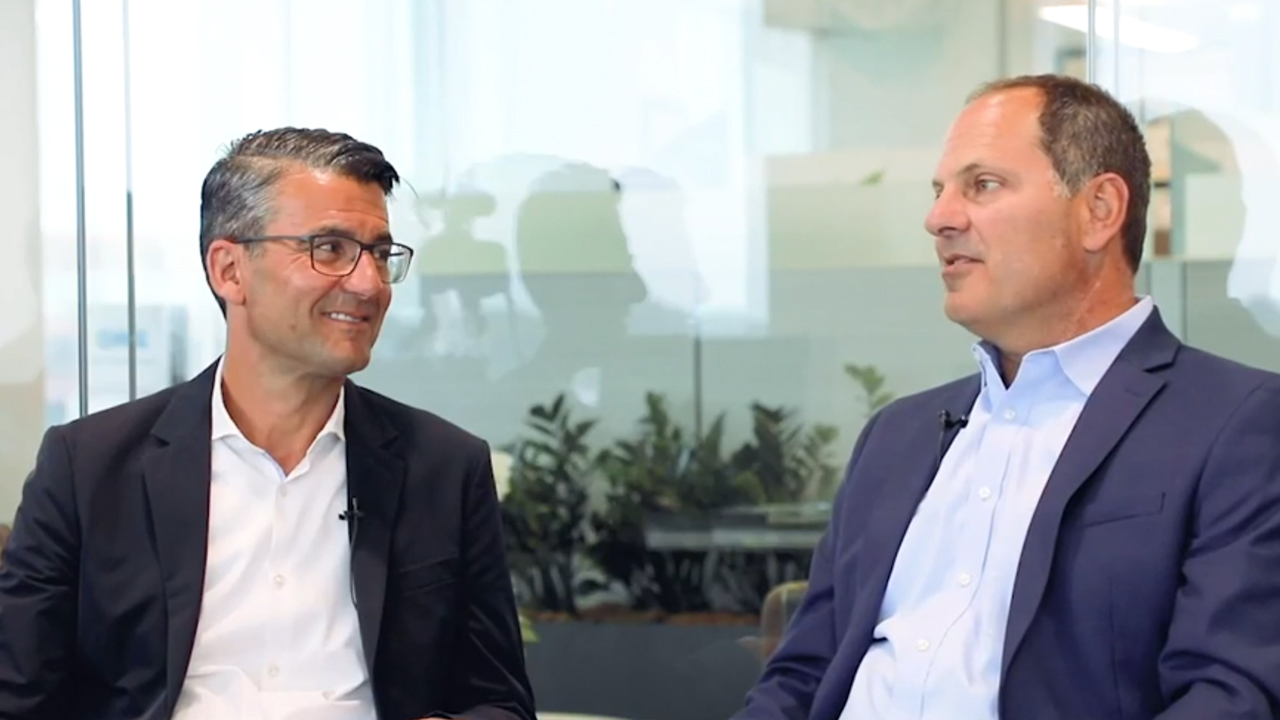
Exclusive Interview with Two of Zebra’s Top Execs: “What’s Really Driving Our Growth”
More

Governments’ Emergency Response Plans are Only Effective If Emergency Responders Have the Means to Execute Them
More

4 Ways that Augmented Reality Can Help Your Field-Based Teams Better Help Your Customers (Today)
More
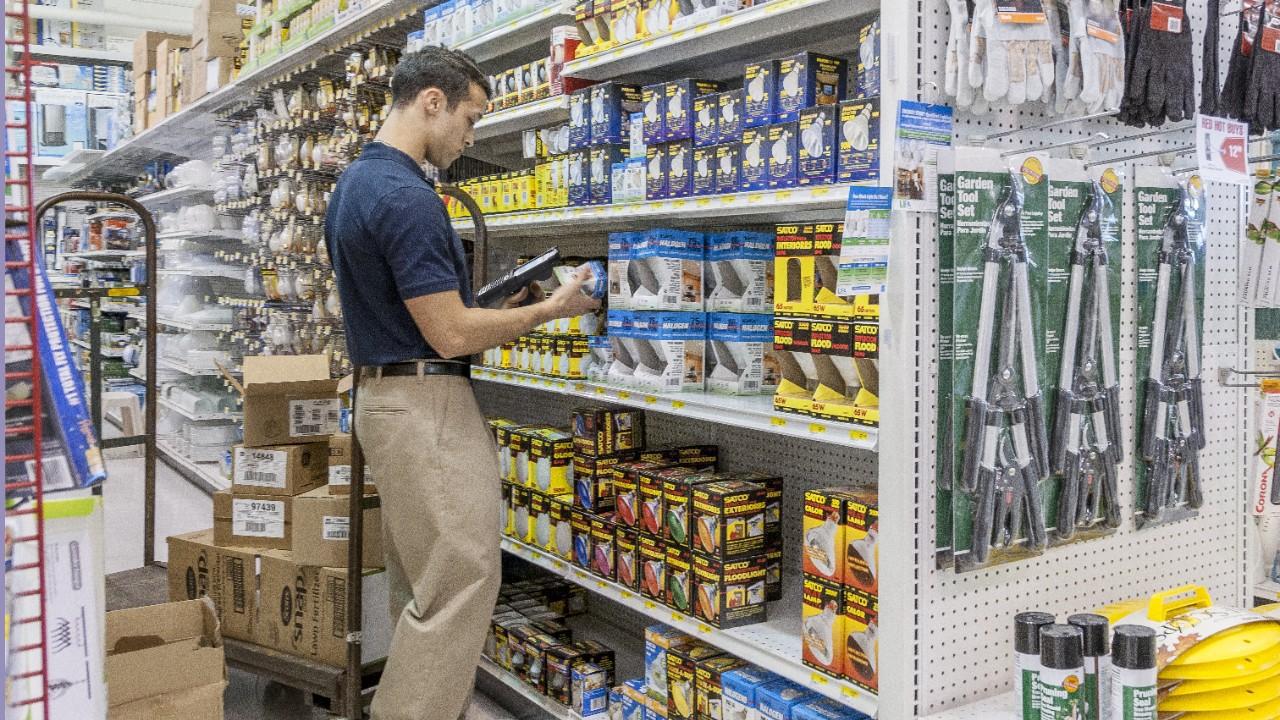
Not Sure How to Get Started with a Self-Directed Physical Inventory Program in Your Retail Store? (Or Even if You Should?)
More
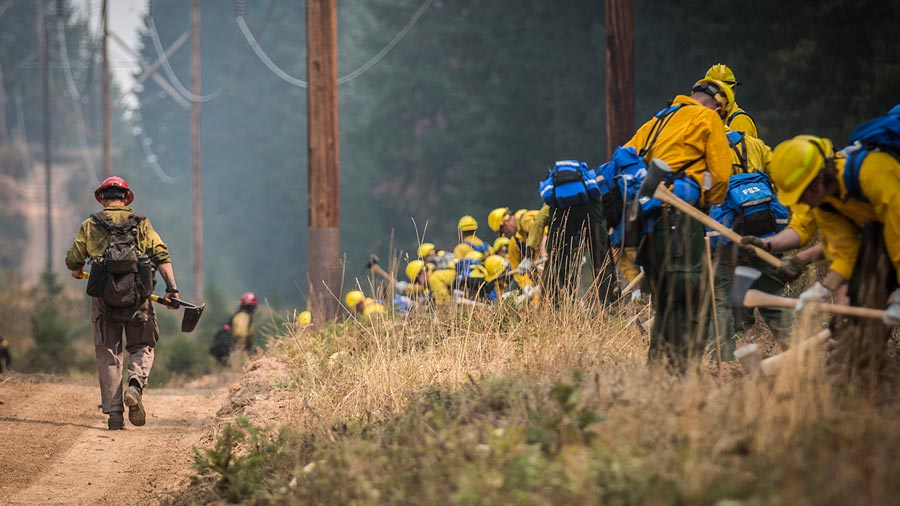
Disasters, Drones and Developing the Future Capabilities for Mobile Workers and First Responders
More

Heads up! Wearable Heads-Up Displays are Coming to a Warehouse Near You
More
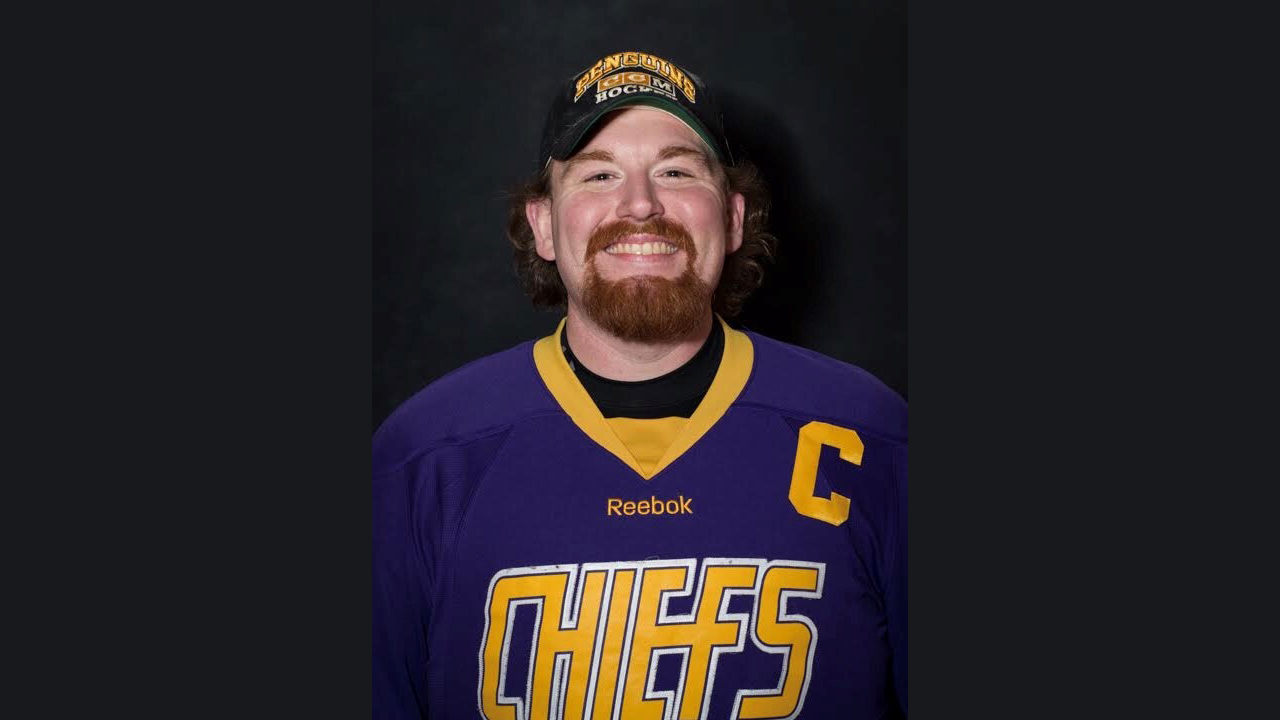
Why I Choose to Live the Rugged Life: “Hockey is a Hard-Knock Sport, but It’s What Helps Me Get Back Up Time and Again When Life Knocks Me Down”
More

5 Reasons Why It’s Better to Handle Your In-Store Inventory Counts “In House”
More

We Need Your Help! Make the Zebra MC9300 the “People’s Choice” Winner in the 2019 Chicago Innovation Awards!
More

Podcast: Zebra’s New Global Futurist Gives His Perspective on “What’s Possible”
More
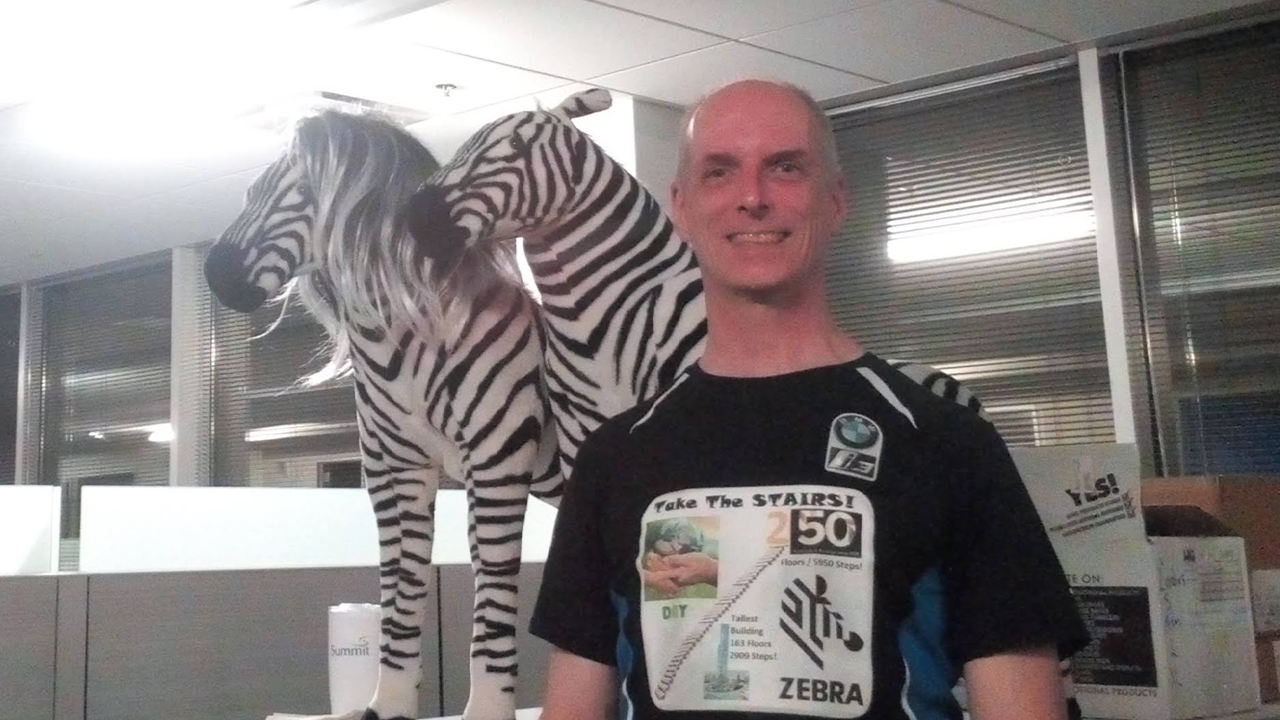
The Key to Living a “Rugged Life”? Taking Things One Step at a Time
More
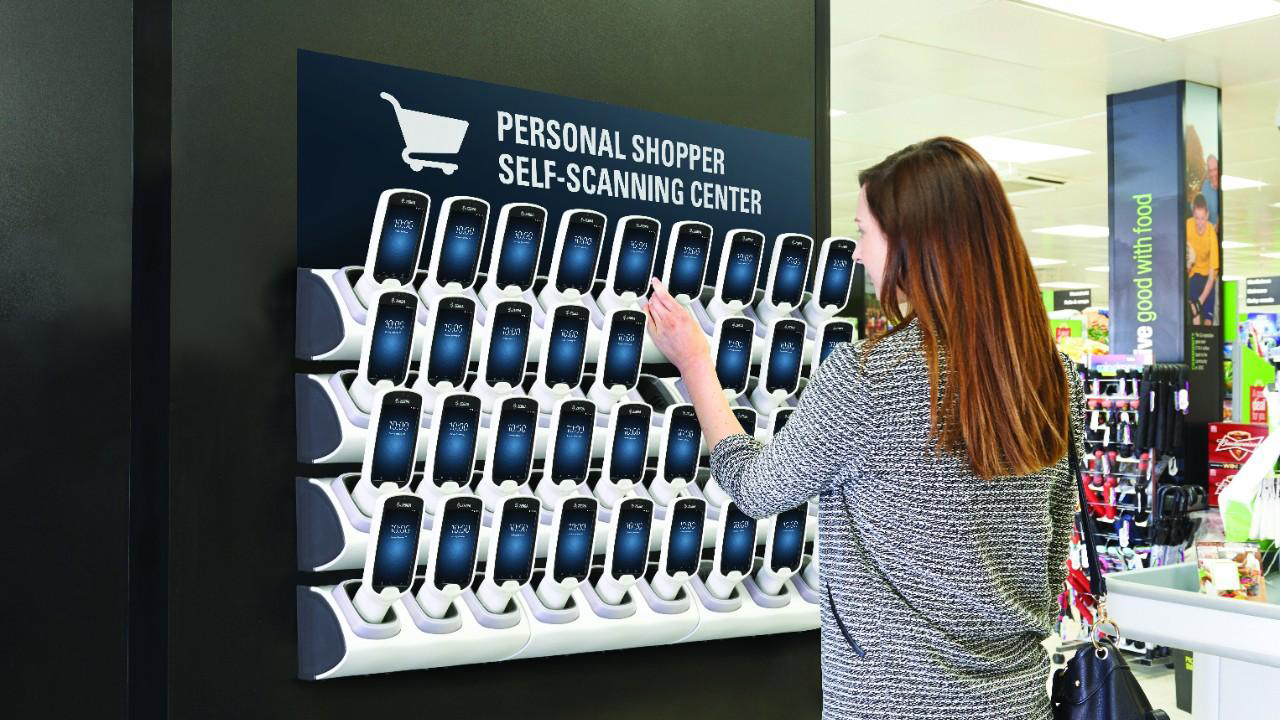
The Self Checkout Comes of Age
More

Travelers’ Next Technology Destination? Smarter Baggage Tracking
More
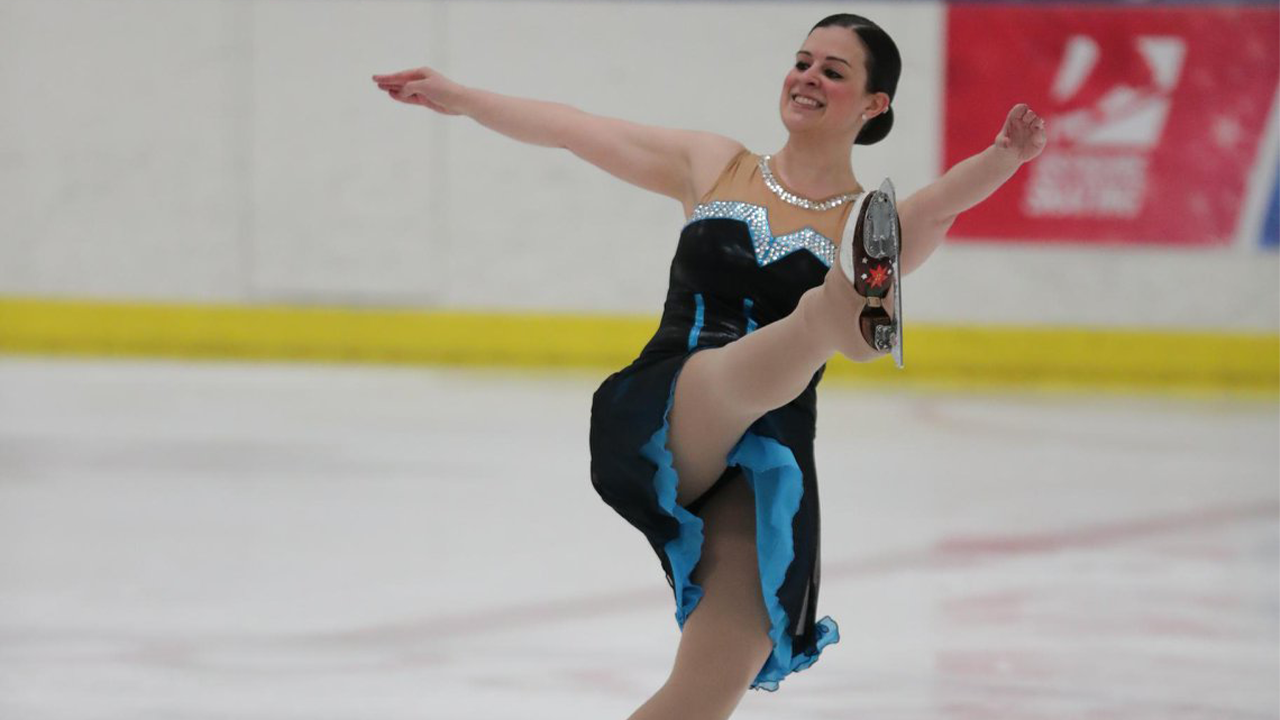
Living Rugged: Going for Gold as a Competitive Figure Skater
More
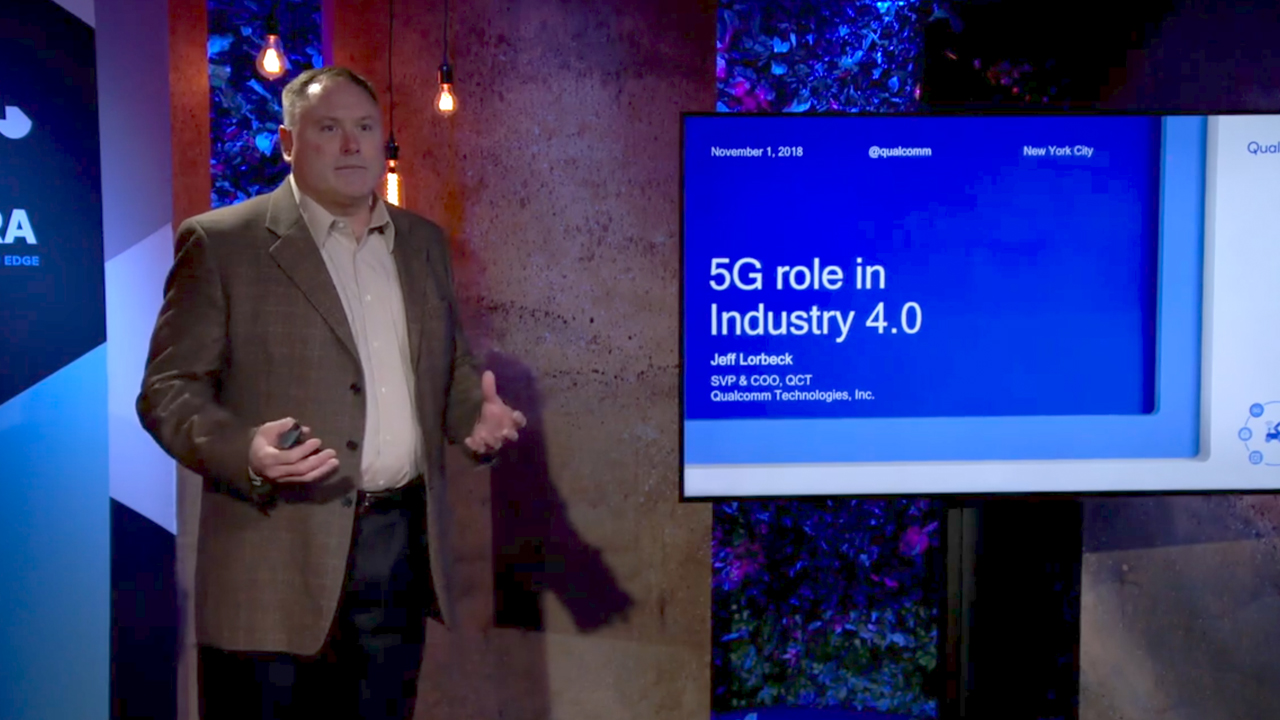
#NextWave: 5G Is Coming. (Some Claim It’s Already Here.) Are You Ready?
More

Podcast | 3 Common Mobility Myths (and 3 Key Milestones) to Be Aware of When Modernizing Your Warehouse
More

Meet Todd Beck: The Zebra Who Catches Big Fish Across the Globe
More

Ask the Expert: Where Should Non-Acute Healthcare Providers Focus Their Technology Investments Right Now – and Why?
More

Want to Provide a More Interactive Customer Experience? Turn Your Attention to Kiosk Technologies
More

The One (Costly) Thing Most Companies Forget to Do When Deploying an RFID Solution
More

Ask the Expert: How Does Technology Use Differ in Acute vs. Non-Acute Healthcare Settings?
More

Stories from the Edge: “My Secret to Capturing a Performance Edge on the Ice and in Life”
More

Why a C1D2 or ATEX/IECEx Certification Should Spark More Interest Among Those in Explosive Work Environments
More
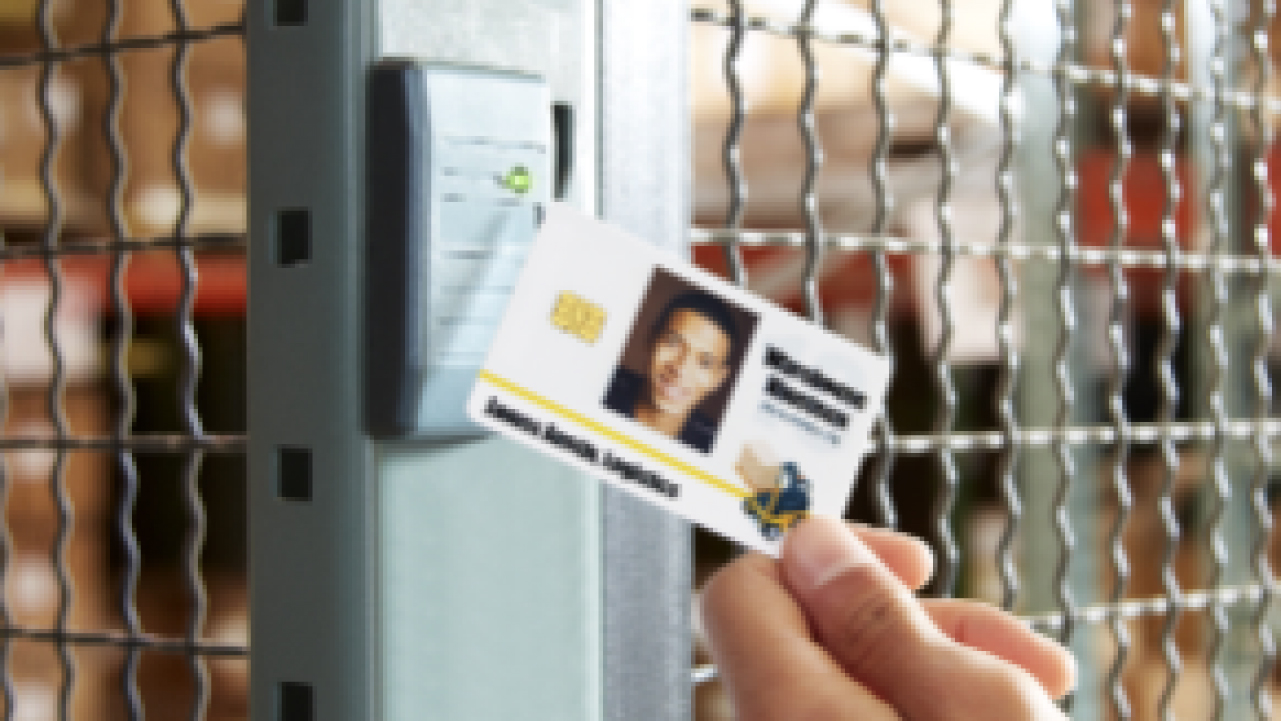
This May Be the Most Overlooked Source of Safety and Security in Your Warehouse
More

Ask the Expert: Is Artificial Intelligence as "Intelligent" as We're Led to Believe?
More

This is the Only Type of Mobile Device That’s Considered Safe to Use in Hazardous Locations
More

Adopting a “Mobile-First” Mindset Can Help Your Field Sales and Service Teams Better Meet Customer and Business Demands
More
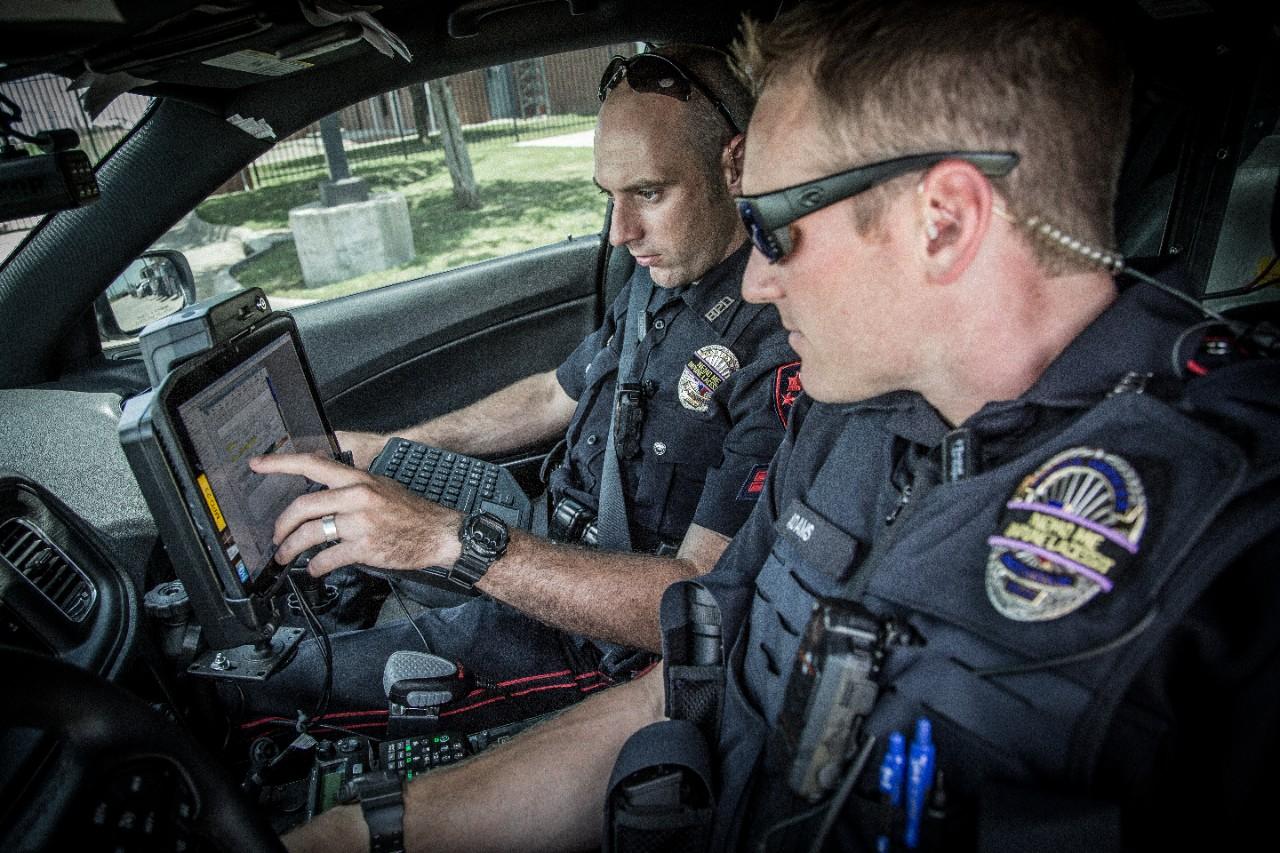
PSA: Just Because a Mobile Device Is Certified for “Priority and Pre-Emption” on a Dedicated Public Safety Network Doesn’t Mean It Is Suitable for Public Safety Use
More

Ask the Expert: What is the Difference Between Prescriptive Analytics and Predictive Analytics?
More

How Airlines Can Avoid Mobile Technology Meltdowns on the Tarmac
More

Stories from the Edge | NFL Bets Big on RFID, IoT as Player Statistics Become a Strategic Imperative On and Off the Field
More
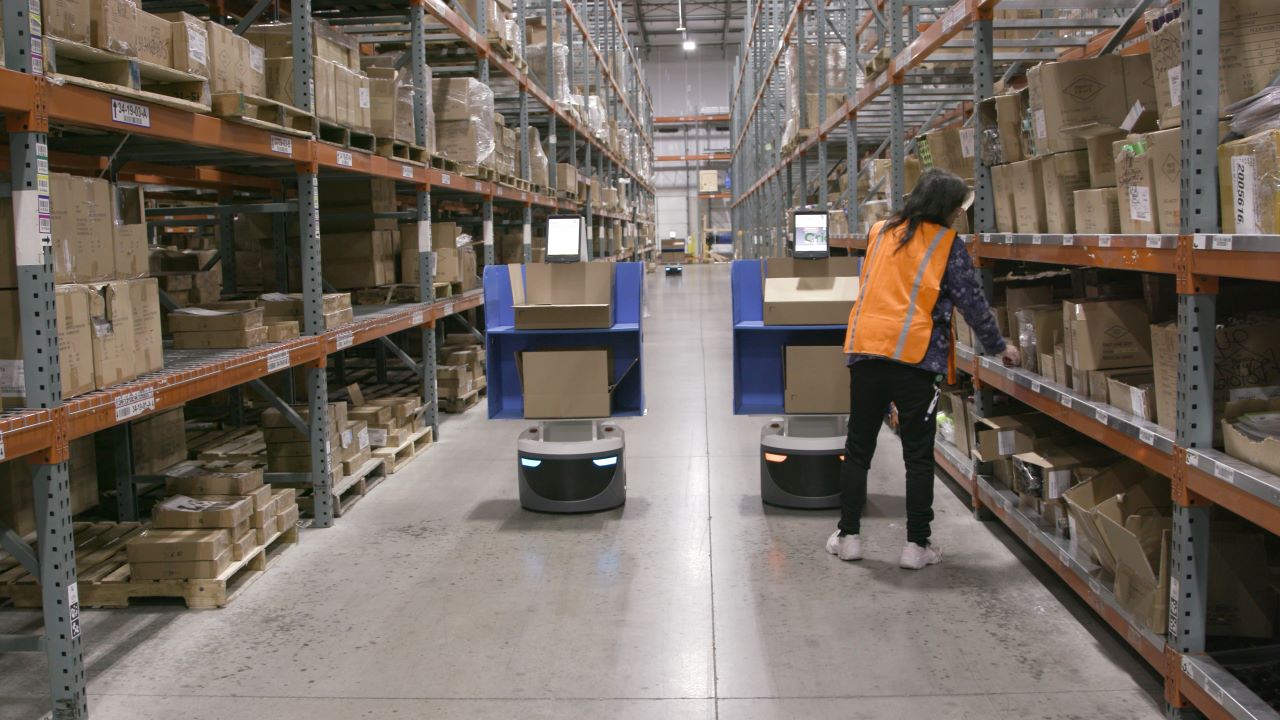
Let’s Dispel the Myth That “Disruptive Technologies” Will Actually Be Disruptive to Supply Chain Organizations
More

Spotlight on Airlines: When It’s Too Hot, Planes Don’t Fly and Mobile Devices Fail
More
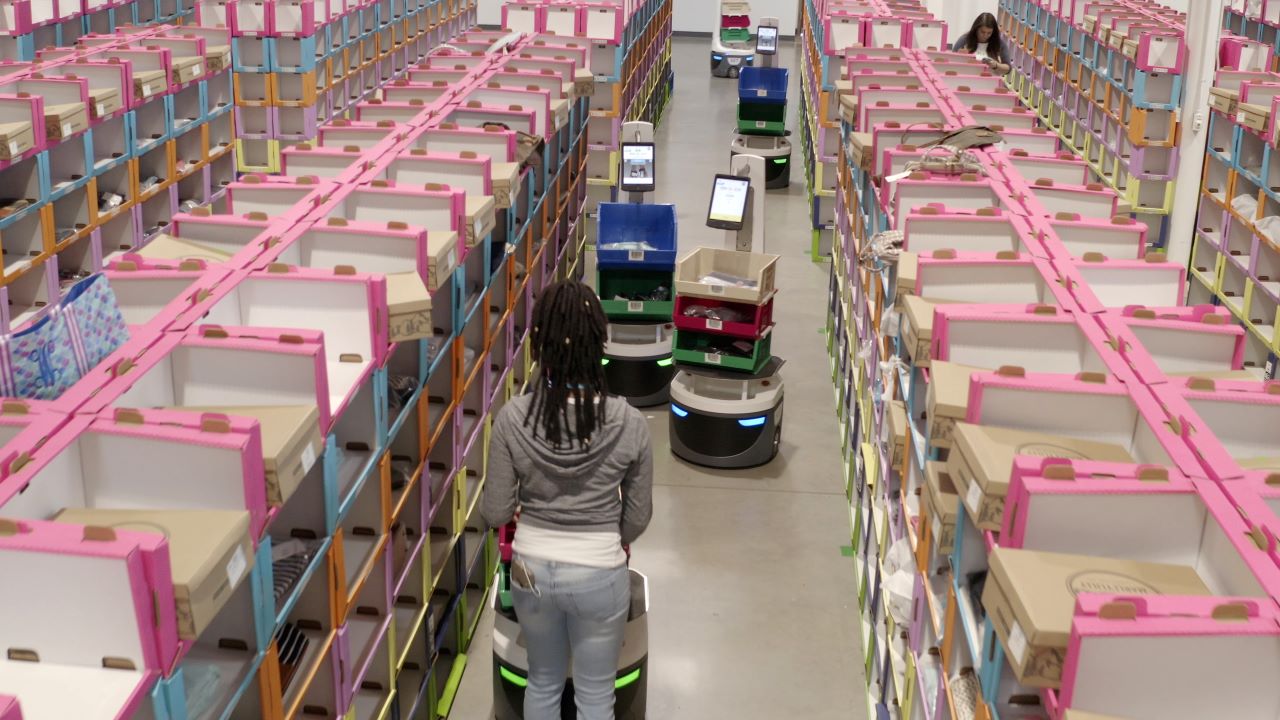
“Co-Bots” are Working Alongside People in the Warehouse. But, Is It a Harmonious Union?
More

A Time to Celebrate!
More

Switched at Birth?
More
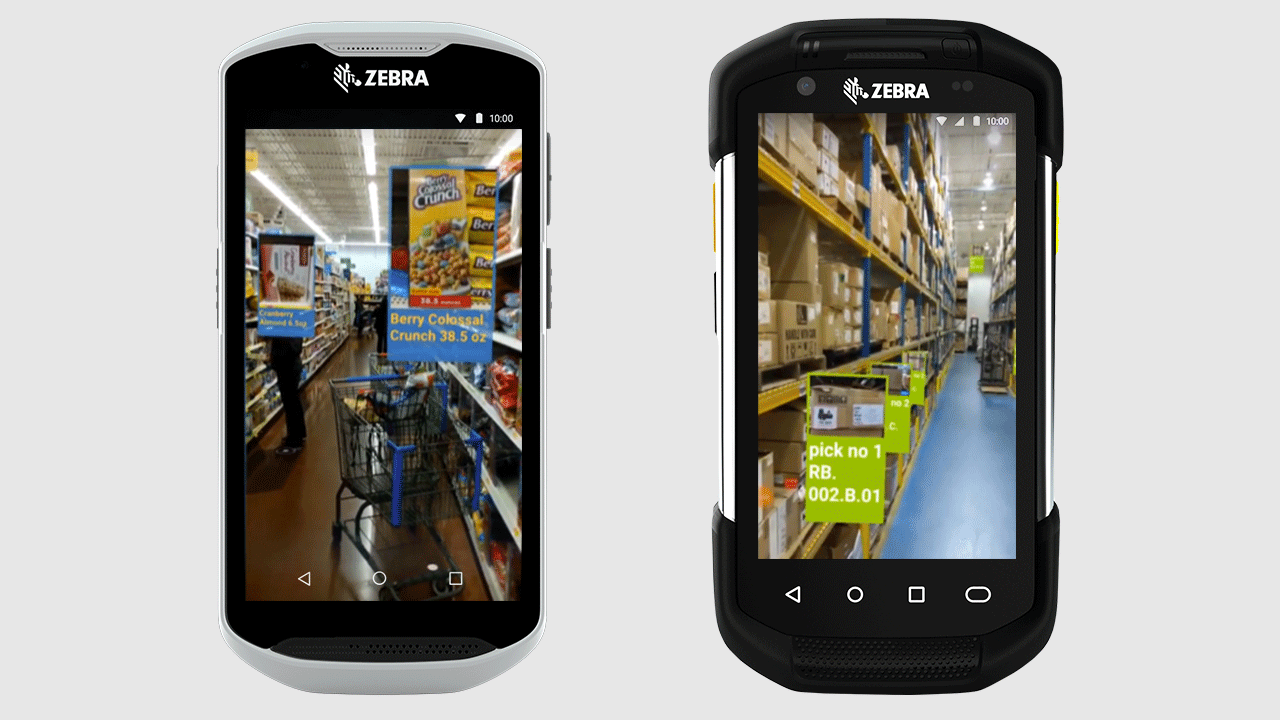
Extending Augmented Reality (AR) Across the Enterprise
More
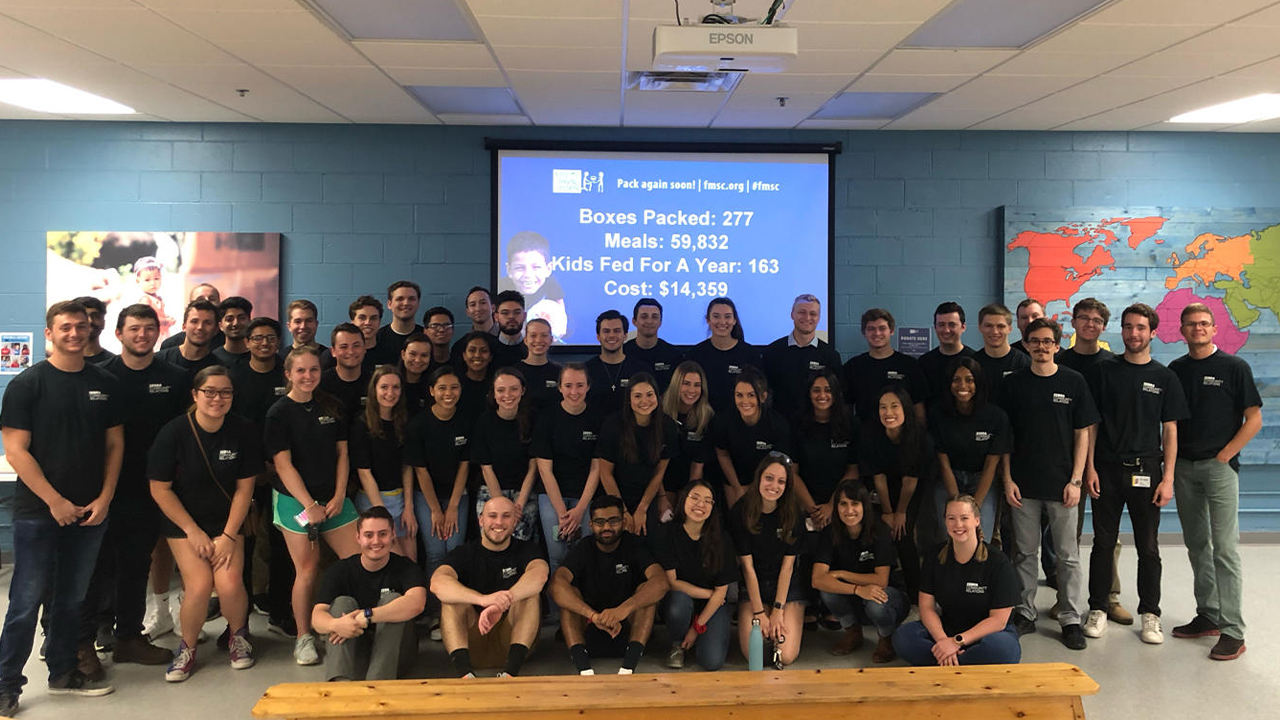
These Zebras are Making a Difference, In More Ways Than One
More
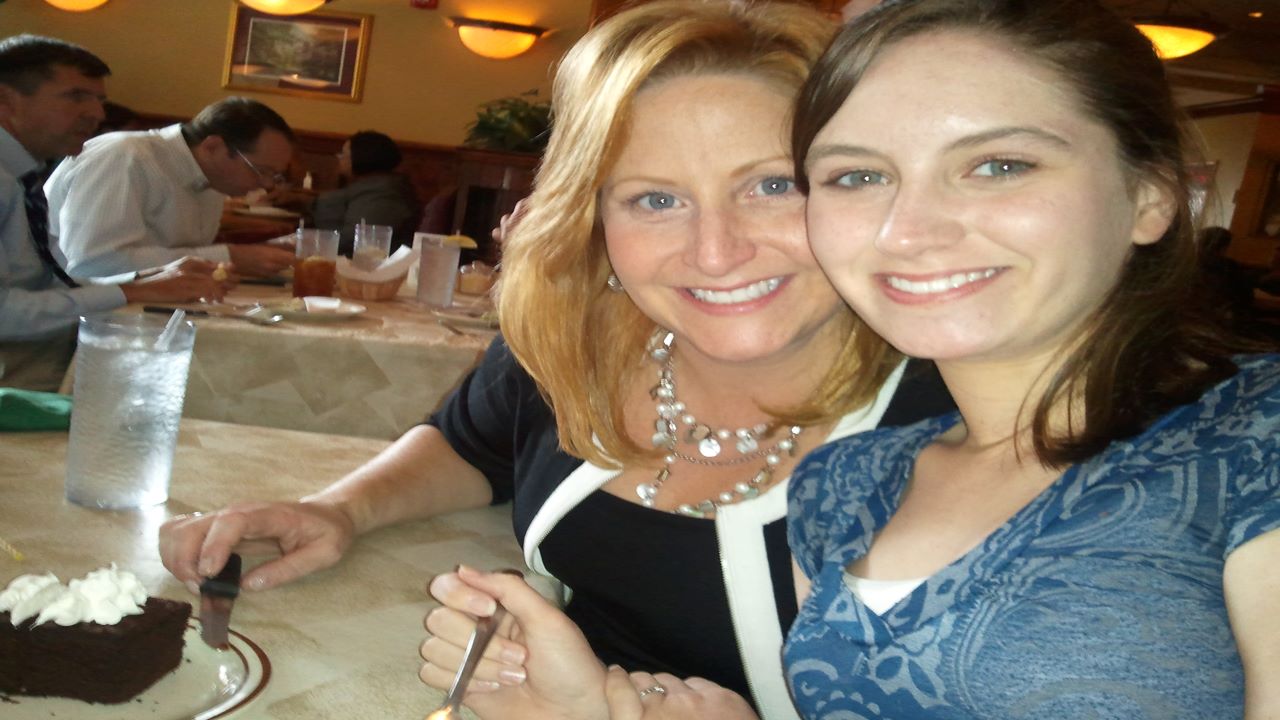
Extraordinary Giving, the Zebra Way
More
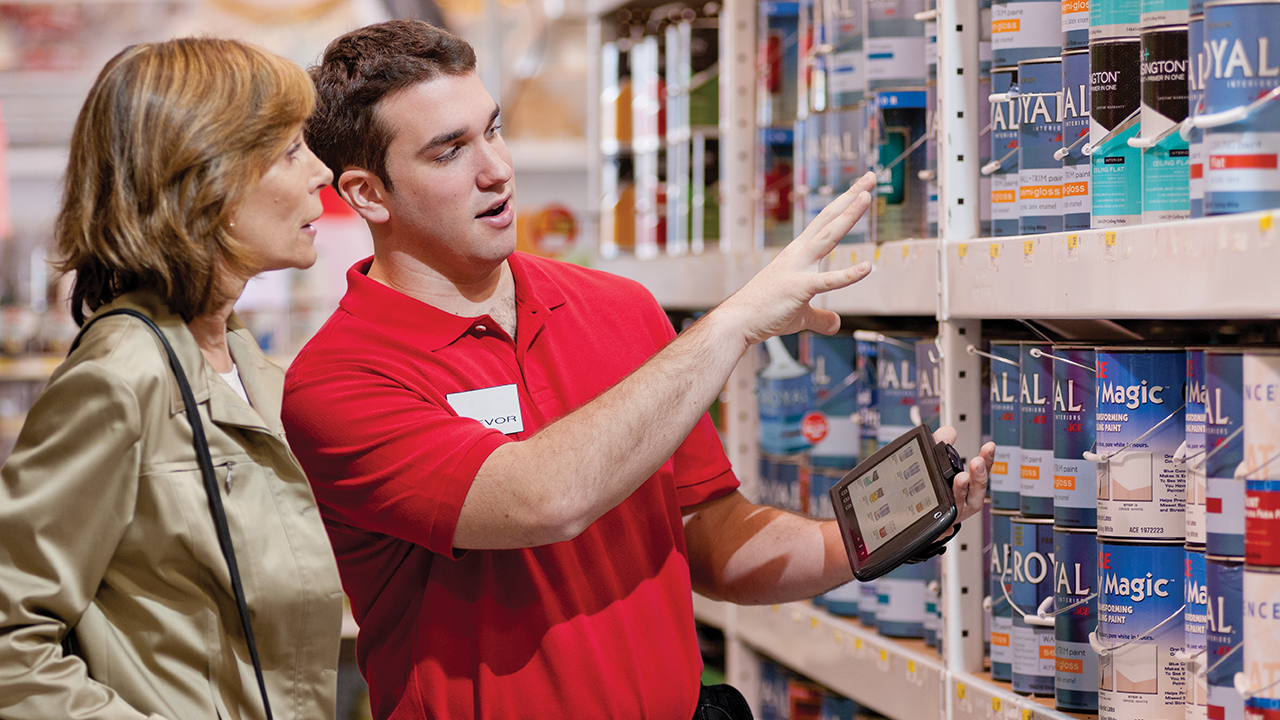
Simple Ways to Connect Colleagues and Improve Team Collaboration in Your Retail Stores
More

Stories from the Edge: The Universal Language of Collaboration
More
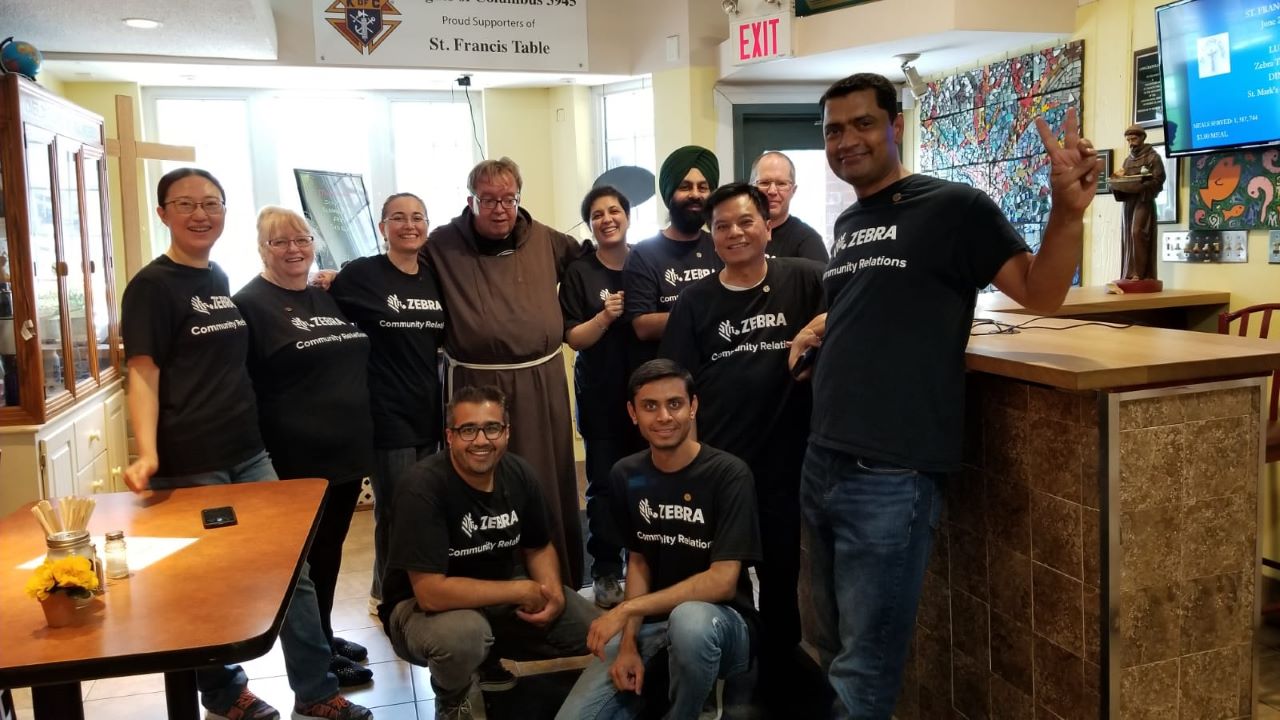
Zebras Chime In: How We Capture Our Sense of Purpose in Our Communities
More
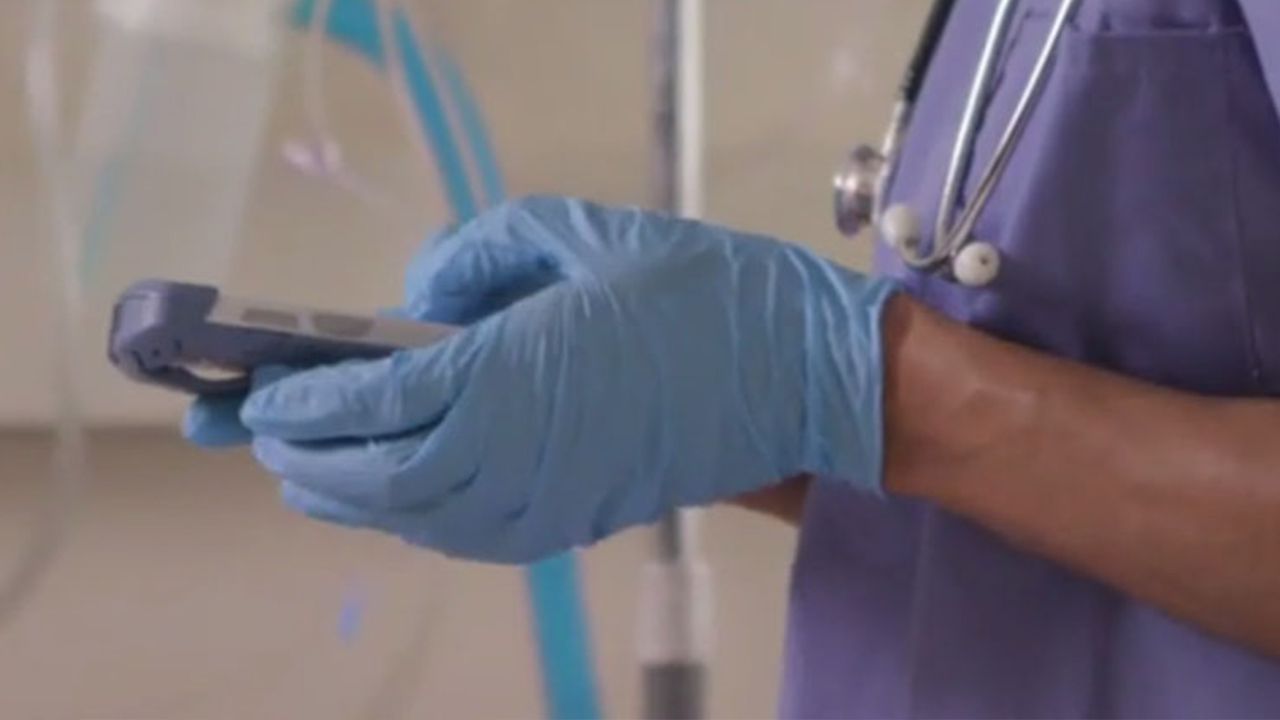
The End of a Healthcare Communications Era
More

Ask the Expert: What Is a Nit? And What Is It Not?
More
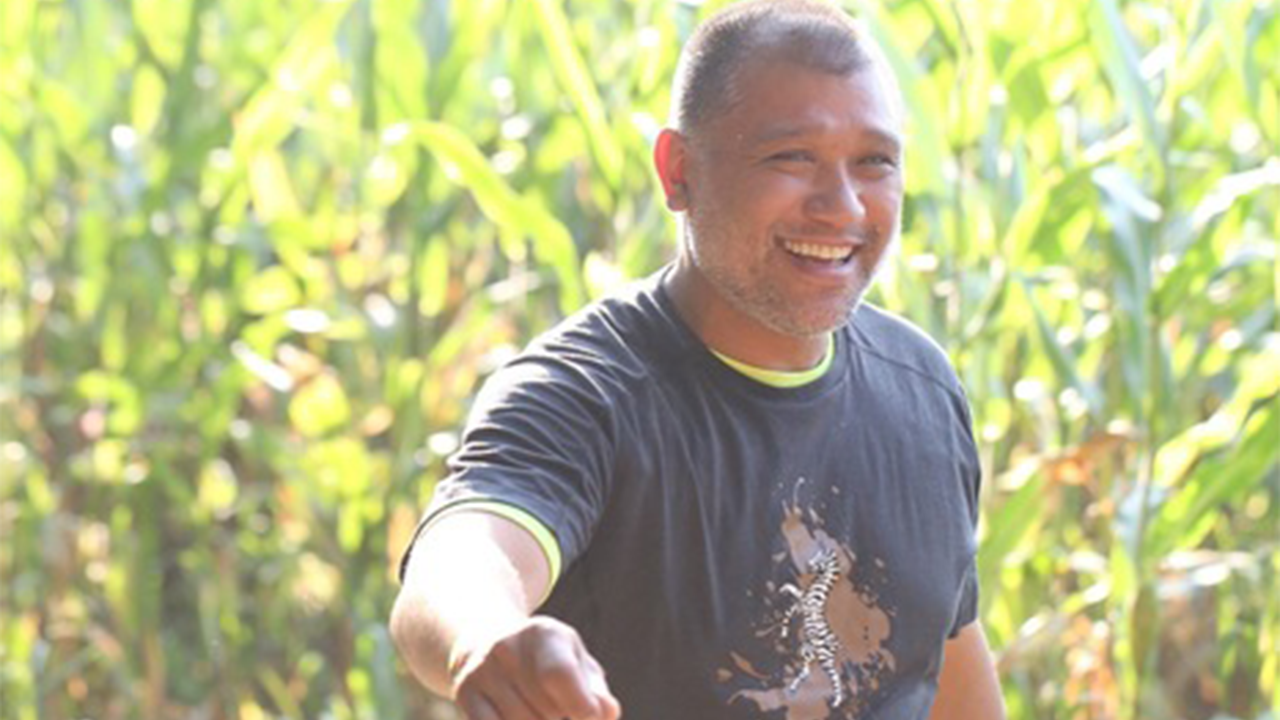
New Series: See How Zebras are “Living the Rugged Life” All Around the World
More
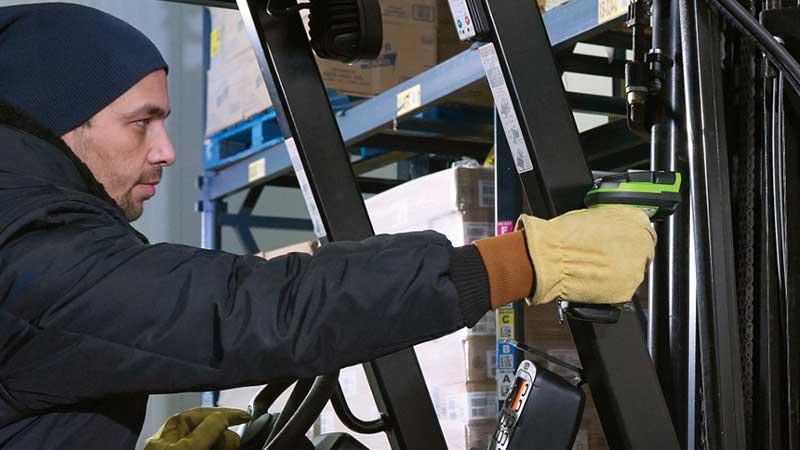
Survival of the Fittest: Seven Ways to Tell if Your Rugged Scanner is More Like a “Scammer”
More

These Four Organizations are Proof That It Is Possible to Go Fully Paperless
More
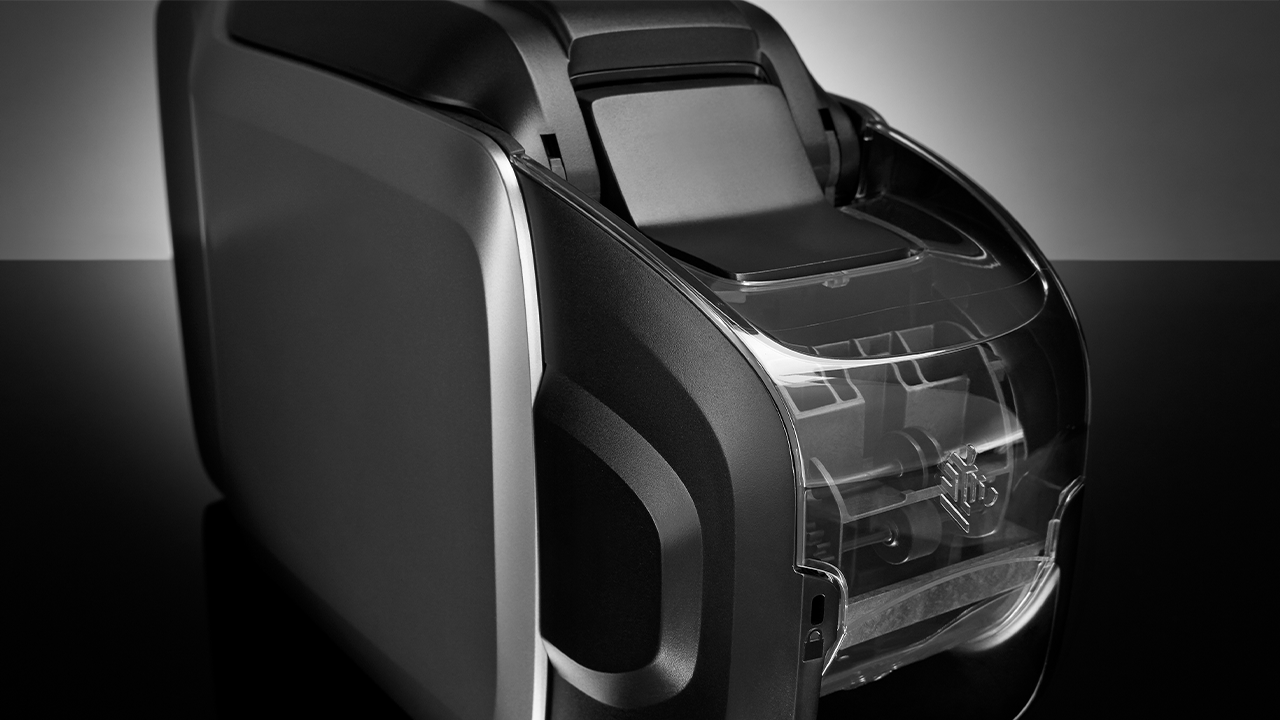
Printer Performance Can Still Make or Break Business Performance in the Digital Age. (Perhaps Even More Than Ever.)
More

New Study: Finding a Job in Warehousing is Easy Right Now. Finding Workers to Fill Those Jobs…Not So Much.
More

Is It Really Possible for Businesses to Go Fully Paperless?
More

Do You Have a Smart Dock? 5 Reasons Why You Need One.
More

Why the “Normalization of Risk” Can Put Your Organization, and Mobile Workers, at Risk
More
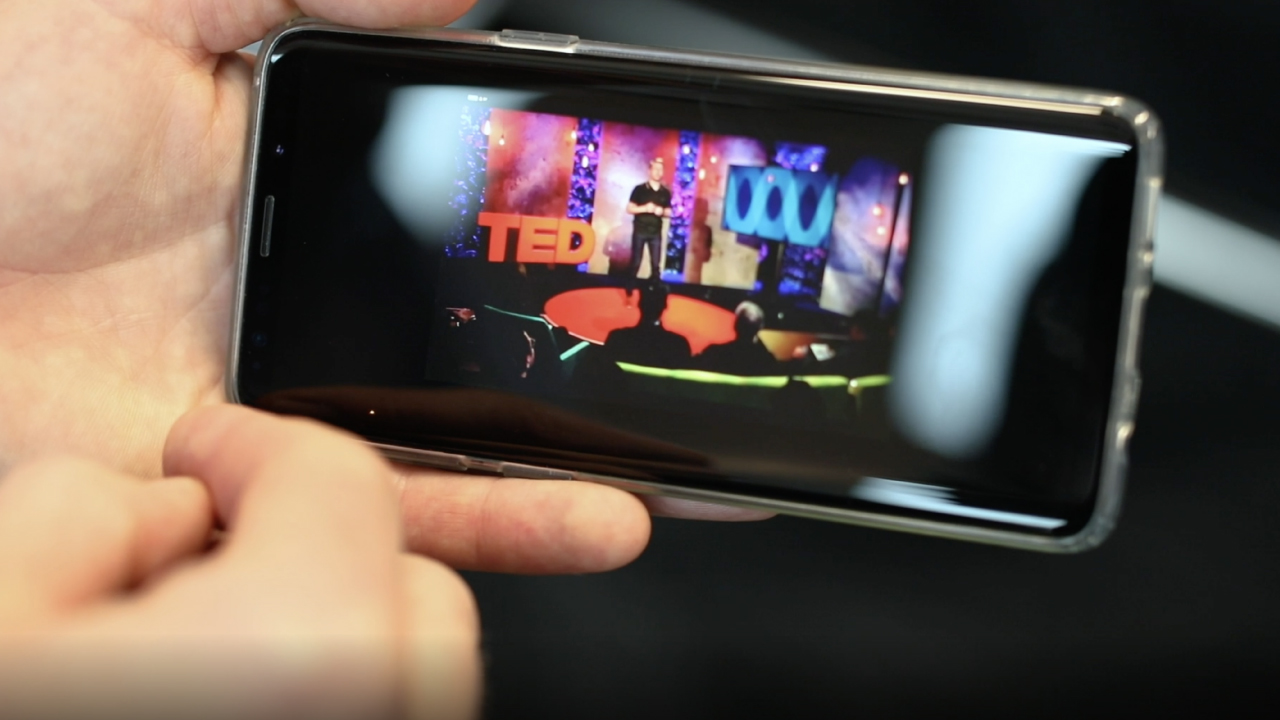
#NextWave: A Behind-the-Scenes Look at One Zebra’s “Road to TED”
More

How Robots and Humans are Teaming Up to Take on the World (We Mean, the Warehouse)
More

Filling the #MissingTypes One Letter at a Time
More
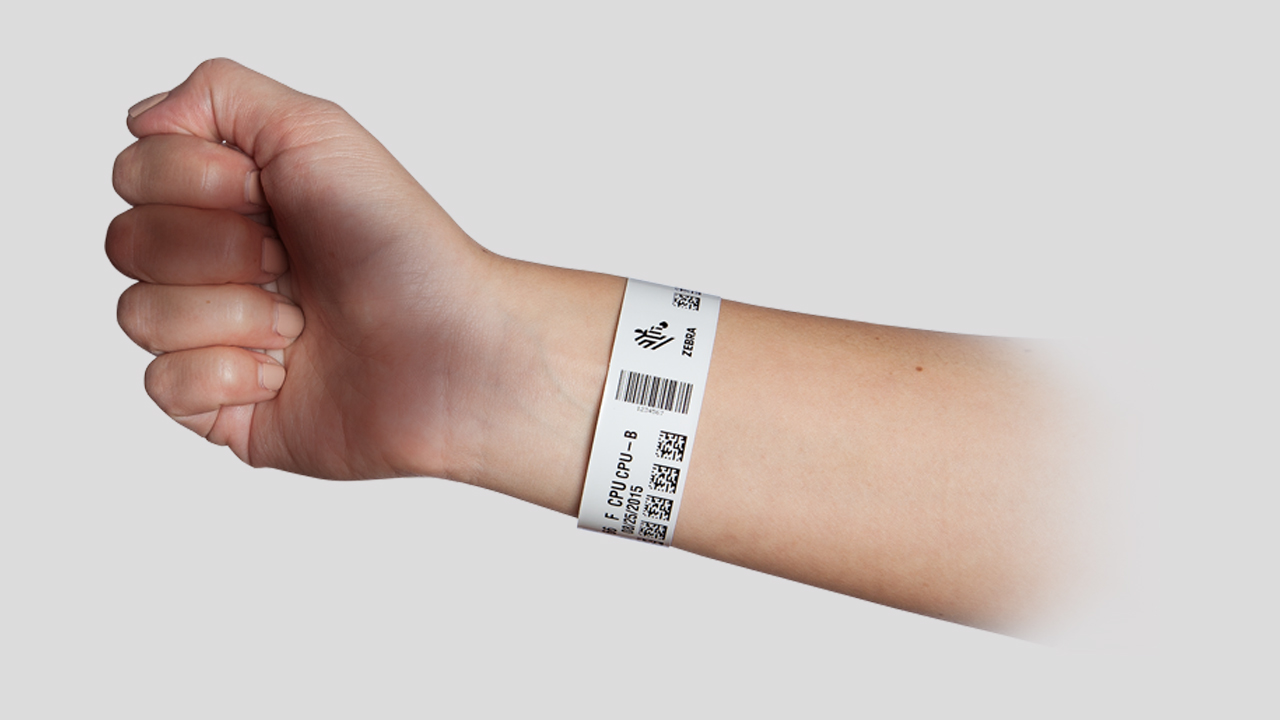
#ThrowbackThursday - These Aren't Your Ordinary Bracelets
More

The Next Frontier of Digital Transformation
More

How “Simple” Patient Identification Tools Drive Better Front-line Care
More

Stories from the Edge: Finding Personal Inspiration to Make a Global Impact Through Technology
More
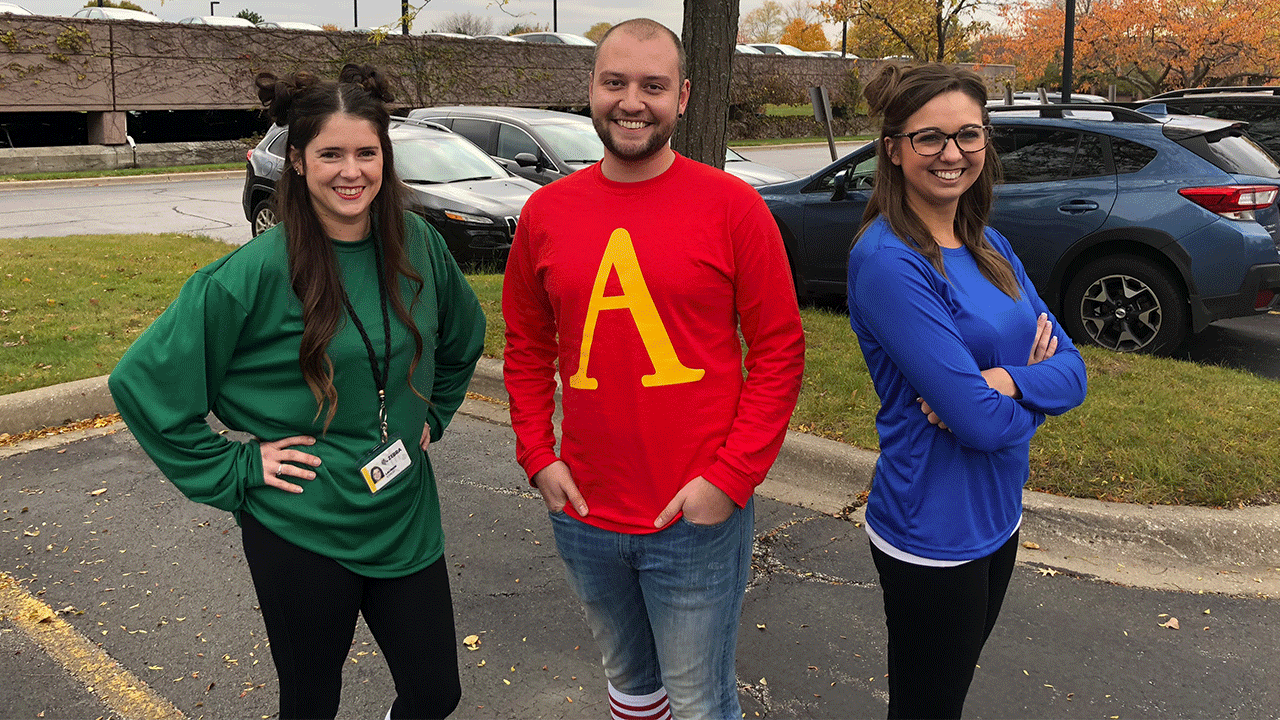
Why Zebra? Hear What Has Motivated More Than 40 Interns to “Convert” Into Full-Time Employees Since Last Summer
More

When I Grow Up, I Want to be a Musician: Finding Harmony with the Right (Mobile) Instrument
More

Prescribing the Right Tech to Modernise Healthcare
More

5 Ways to Tell if Your “Rugged” Tablet, Laptop or Handheld is a Knock-Off
More

The Incredulous Inventor
More
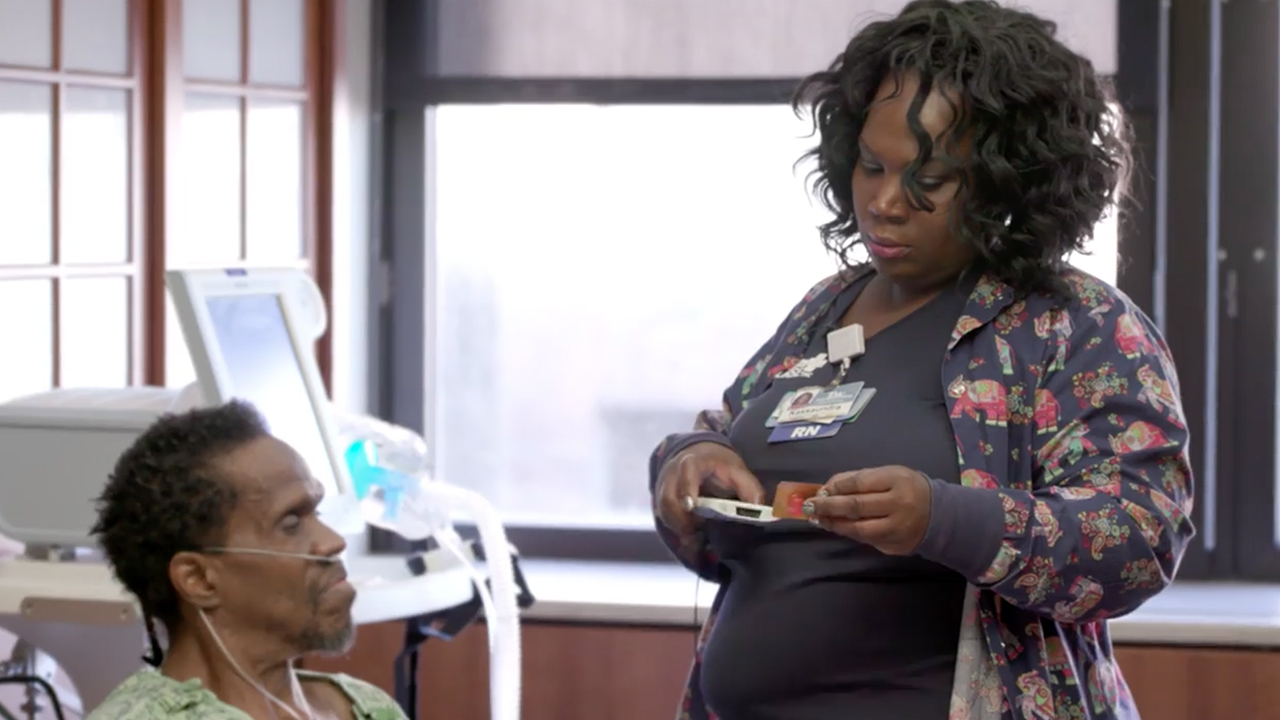
Stories from the Edge: Truman Medical Centers are Lightening the “Nurse Toolbelt,” Giving More Weight to Effective Care-Team Communications
More
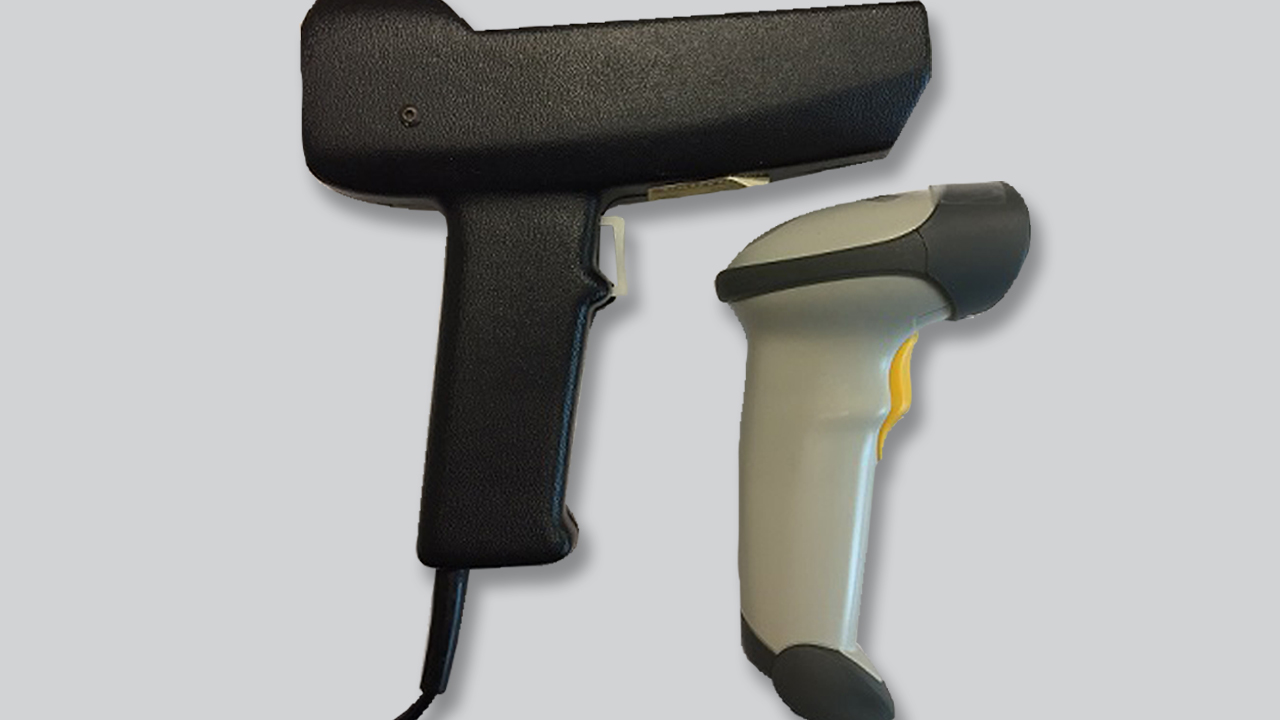
#ThrowbackThursday: Meet the Zebra (and AIDC Industry Legend) Who Designed the First Handheld Scanner – and the Scanner You Probably Have in Your Hand Right Now
More

A Question of Intelligence: What Is IoT, Anyway?
More

Corporate Social Responsibility: How Zebra is Raising the Bar with Its Rugged Tablets
More

Did You Hear? Zebra “Operational Visibility Services” is Now “Zebra VisibilityIQ™ Foresight”
More

Putting the “Total” Back in Total Cost of Ownership – Part 2
More

What Is Blockchain Technology? And, Does It Deliver Any Real Business Benefits Today?
More

#ThrowbackThursday | Two Founders, Two CEOs, 50 Years of Innovation and Growth
More

The Bionic Worker
More

Putting the “Total” Back in Total Cost of Ownership – Part 1
More
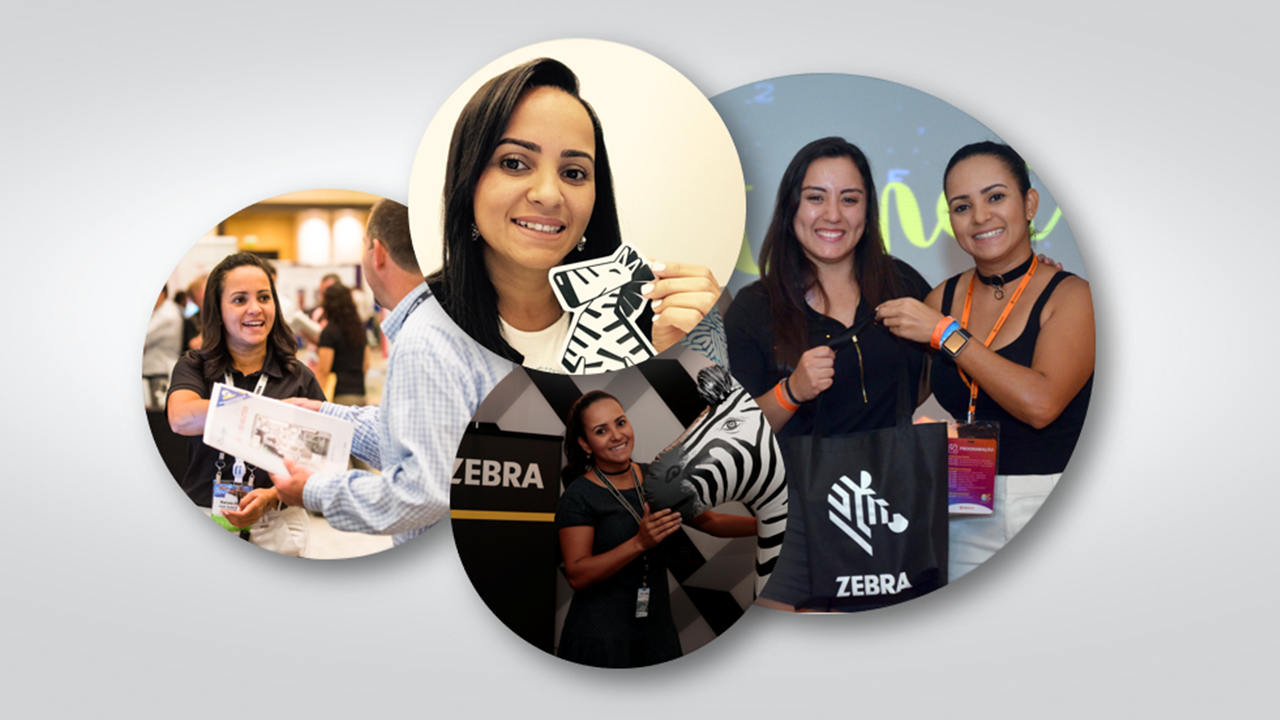
What Makes Me Love Mondays
More
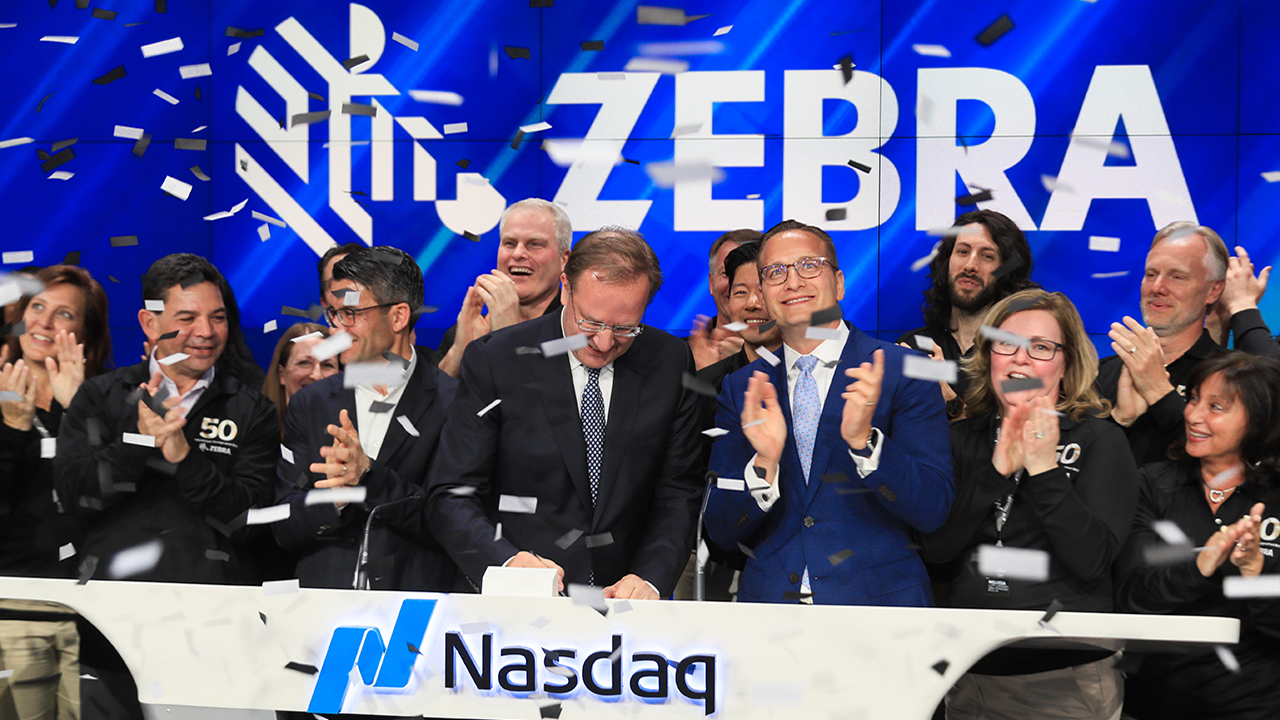
Do You Hear That Ringing?
More

This One Technology is Delivering a Solution to “The Parcel Problem”
More

Augmented Reality is Becoming a Retail Reality
More

The New Workforce Challenge: How Do We Train the Next Generation When They're Already Ahead?
More

FIRST Steps: An Inside Look at the STEM Initiative
More
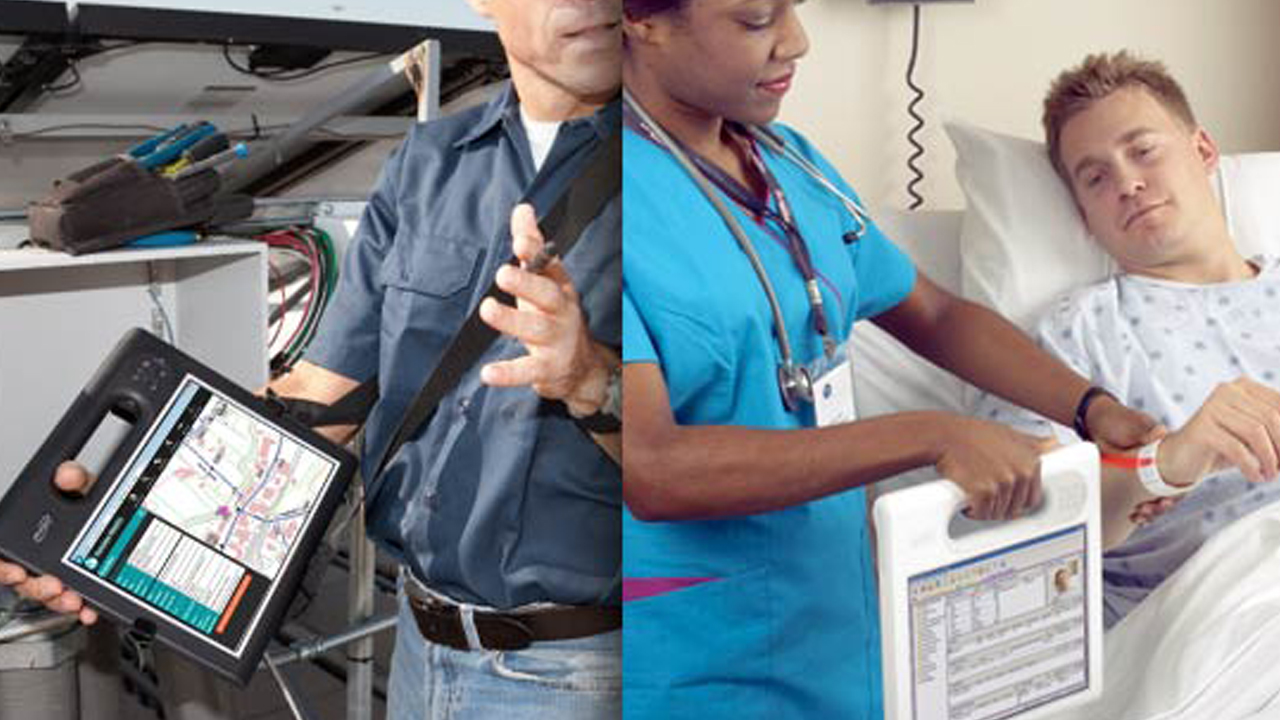
True Story: How Field Service First Got a Handle on Mobility (Thanks to Hospitals)
More

The Visual Data Capture Debate: Cameras vs. 3D Sensors
More
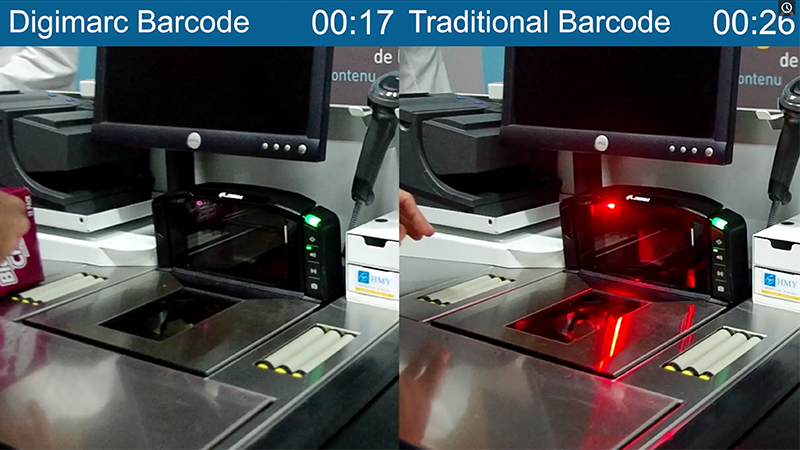
Wish Your Grocery Store Checkout Lane Could Move Faster? Read This!
More

Efficient Returns Management Benefits the Customer, Retailer and Environment
More
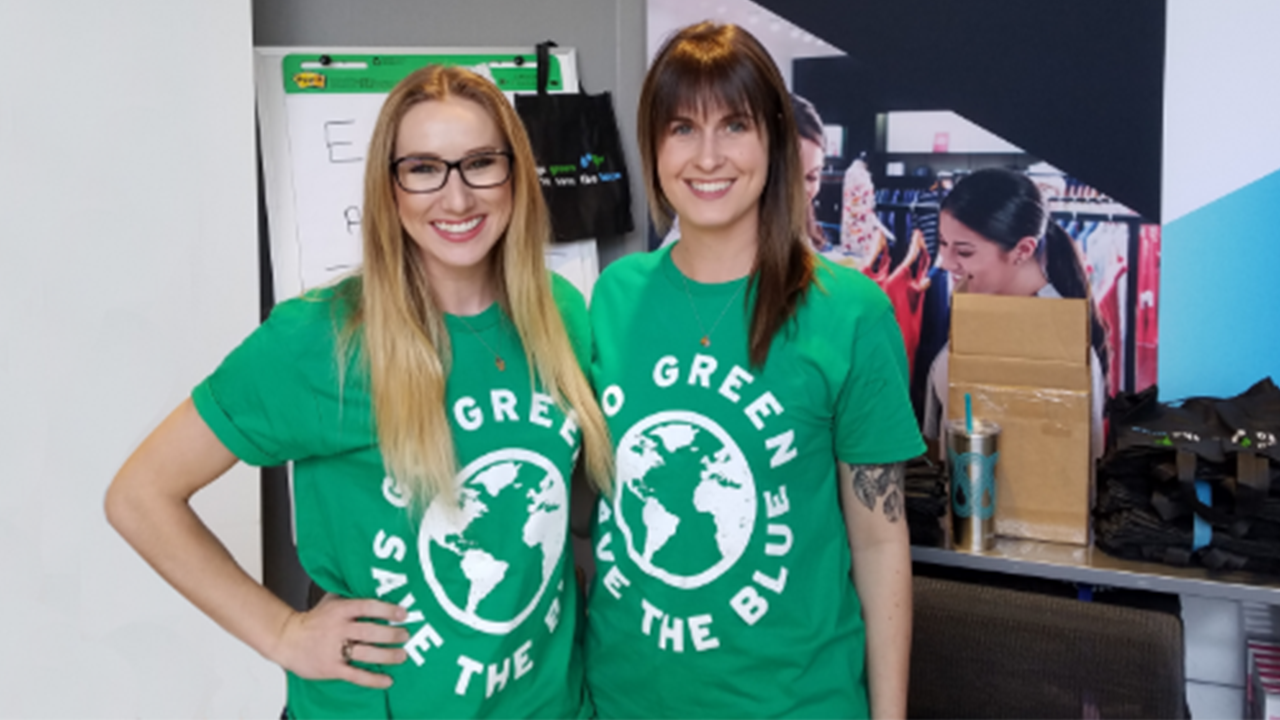
A Sneak Peek into How Zebra Will Give Back to Global Communities on Earth Day – and All Year Round
More
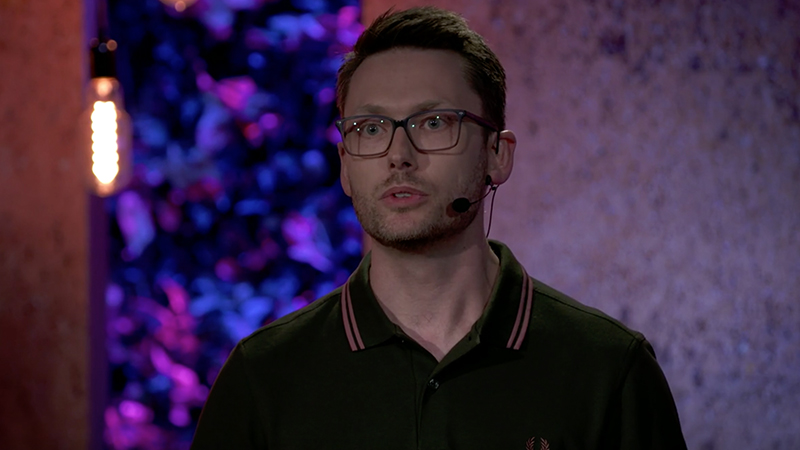
How to Turn Your Impairments into an Advantage – in Business and in Life
More

Want to Boost Your Bottomline? Invest More in Your Front-Line “Brand Ambassadors”
More

Healthcare Modernization: What Local Governments Can Learn from Global Communities
More

Making Supply Chain Operations More Agile through Superior Industry Collaboration
More

Don’t Lose Sight of Your Valuables: New Insights into the Track and Trace Technologies You Should Be Following
More

Why We Should Be Excited About the Fourth Industrial Revolution
More

Ontario Aims to Build the “Healthcare System of the Future”
More
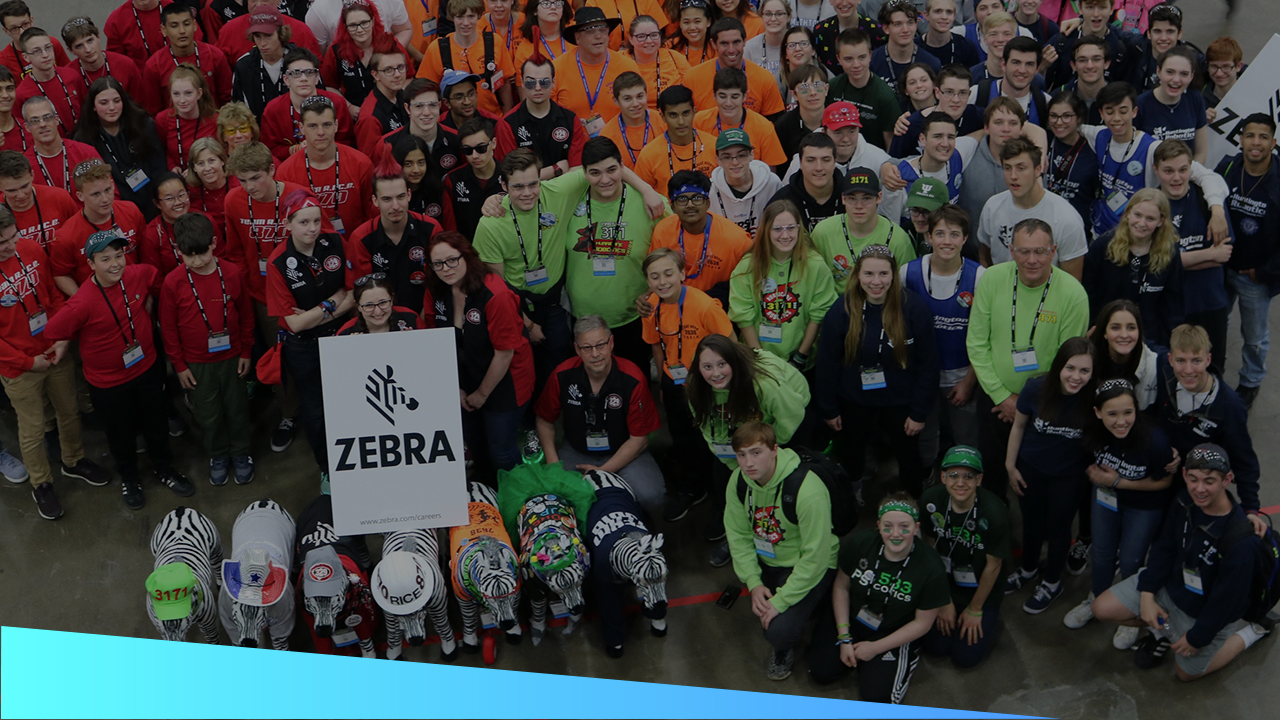
#ThrowbackThursday – The History of Zebra’s Support for FIRST®
More
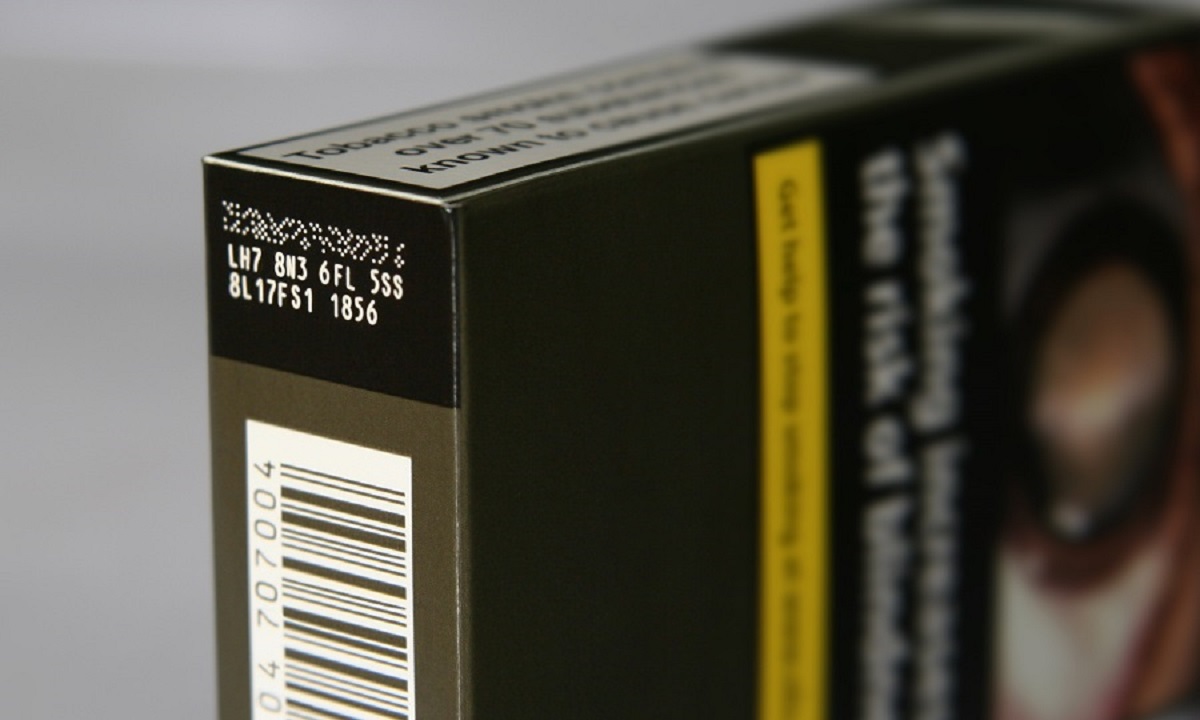
Are Global Supply Chains Ready for the European Union’s Tobacco Products Directive?
More

Study: Enterprises are Embracing IoT Technologies to Increase Operational Intelligence
More

Why Your Field Operations Need Enterprise Mobile Technology
More
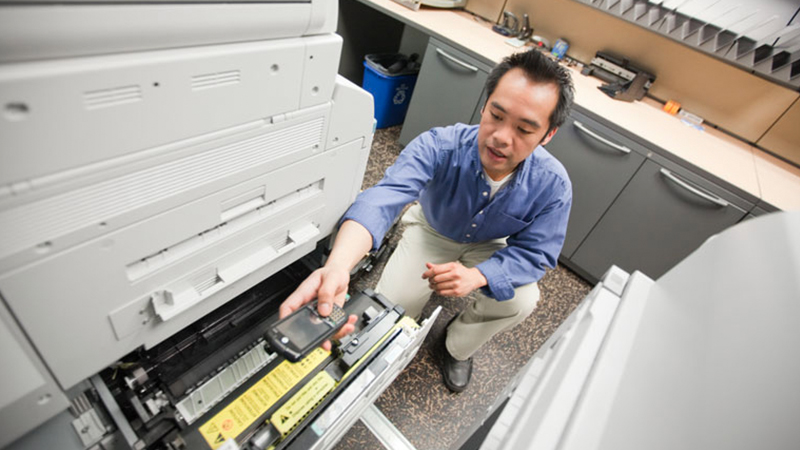
#ThrowbackThursday: When the Touch Computer Took Over (Part 2)
More

Wake Up and Smell the Coffee: It's Time to Modernise the Warehouse
More

e-Commerce is Driving an (Environmentally-Conscious) Evolution in Mobile Computer Design
More

Is It Technology or Art?
More
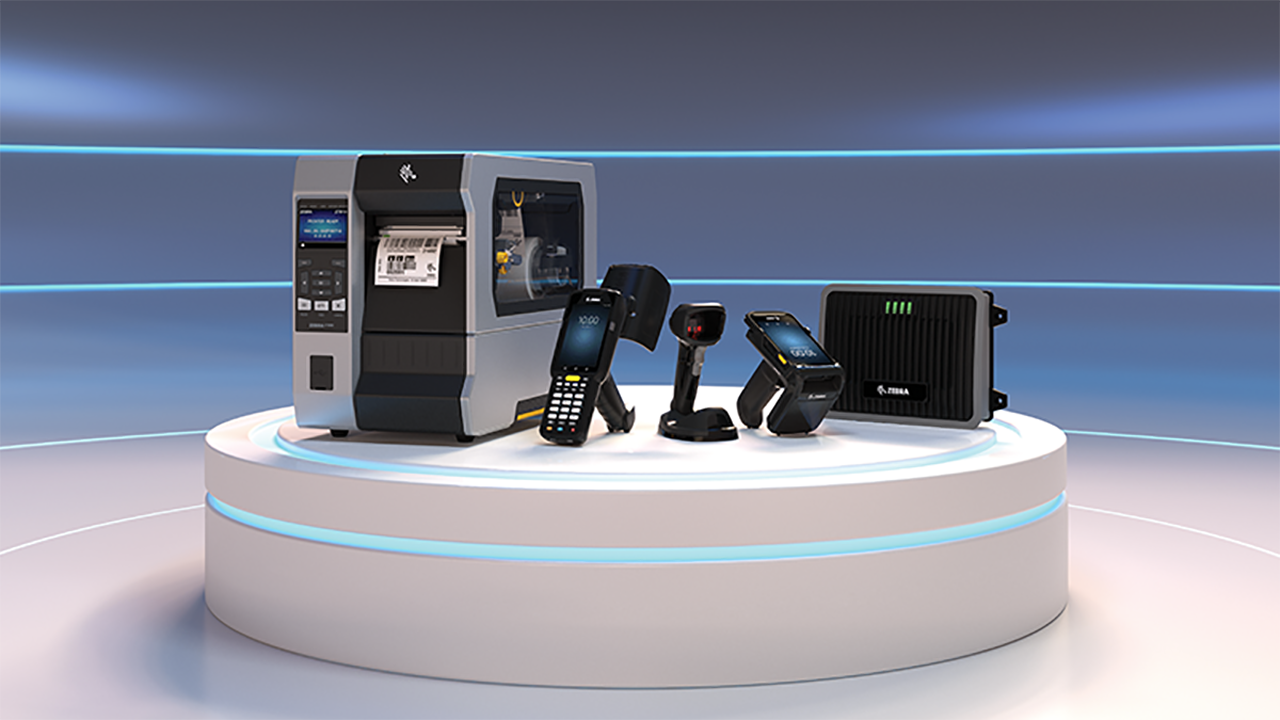
The Rise of “Edge-to-Edge” RFID Applications
More
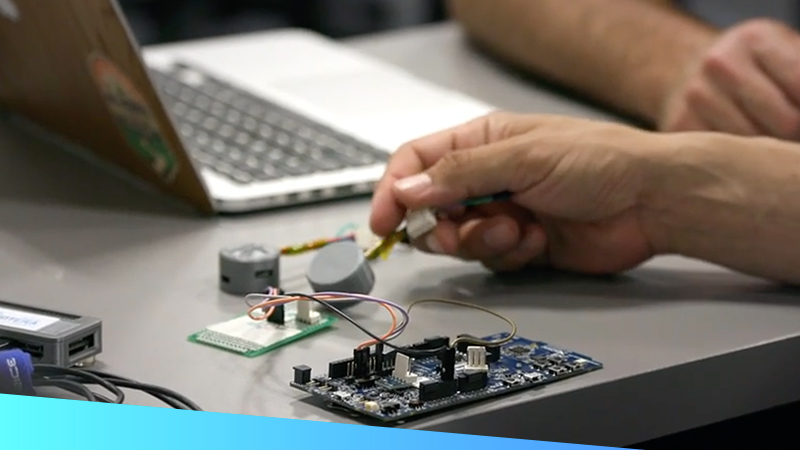
Stories from the Edge: This Global Company Embraced a Startup Mentality to Accelerate IoT Innovation
More

#ThrowbackThursday: When the Touch Computer Took Over (Part 1)
More

This is What "Mobile" Work Looks Like to Digital Natives
More

The Six Dimensions of Warehouse Transformation
More

Speed, Flexibility & Automation: A New Paradigm for Yard Management in An Increasingly Digital Age
More

Pro-Technology Government, Industry Policies Benefit Small and Mid-Size Manufacturers
More

The State of Retail and POS Systems
More
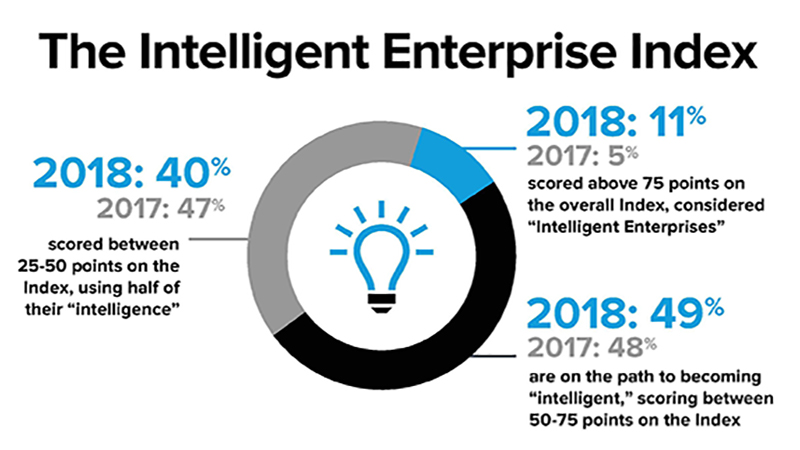
#ThrowbackThursday: The Birth of the "Intelligent Enterprise"
More

Five Years Ago, a Nickel-Sized RFID Sensor Changed the NFL Forever
More

Getting a Big Picture View of Clinical Mobility Considerations
More

Temperature-Sensing Label Solutions Can Improve Consumer Safety
More

The New Supply Chain: Fulfilling for the Future
More
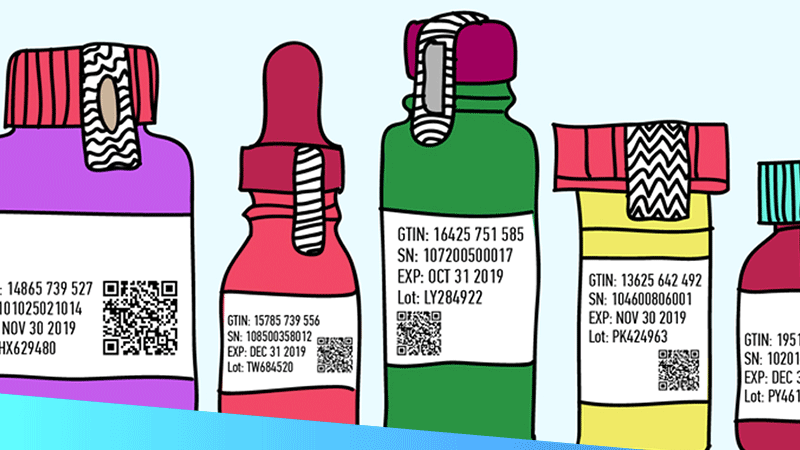
One Month In: Assessing the Impact of the Falsified Medicines Directive on the Global Healthcare Supply Chain
More

The In-Store Experience is Still In
More
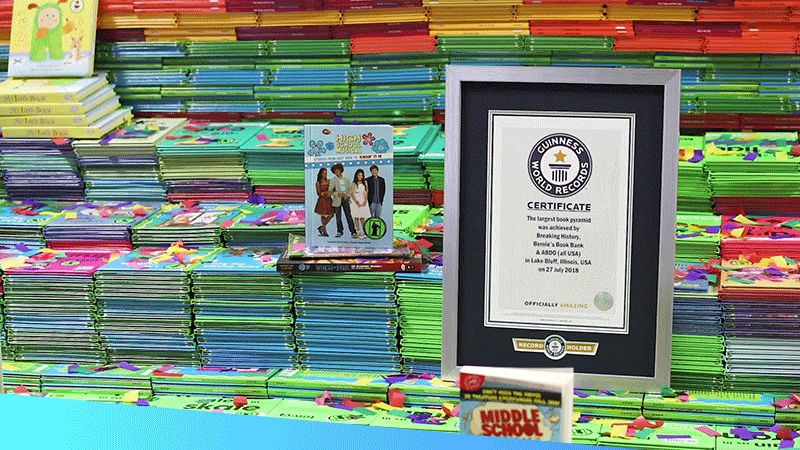
A Guinness World Record Empowered with Zebra Technology
More
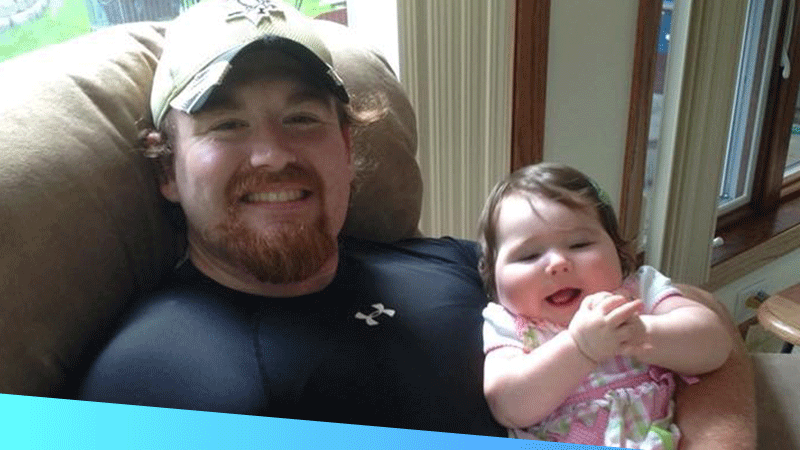
A Company's Integrity Often Shines Brightest in its Simplest Everyday Actions
More

Have Plans to Develop a New Point-of-Sale (POS) Technology Solution? Read This.
More
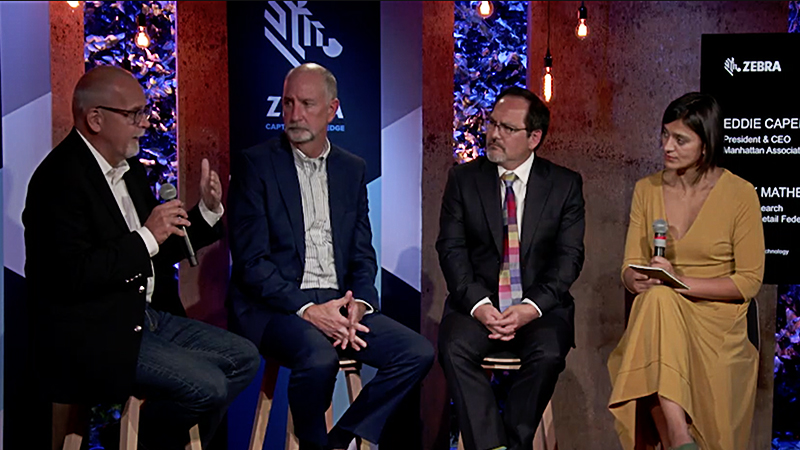
#NextWave: What Retailers Must Do to Stay Relevant in the "Now Economy"
More

Integrity Drives Our Business Growth and Defines Our Core Mission
More

Not All “Mobile” Computers are Mobile – and Not All Rugged Tablets are the Same
More

“I Know We Have One in Stock…Somewhere”
More
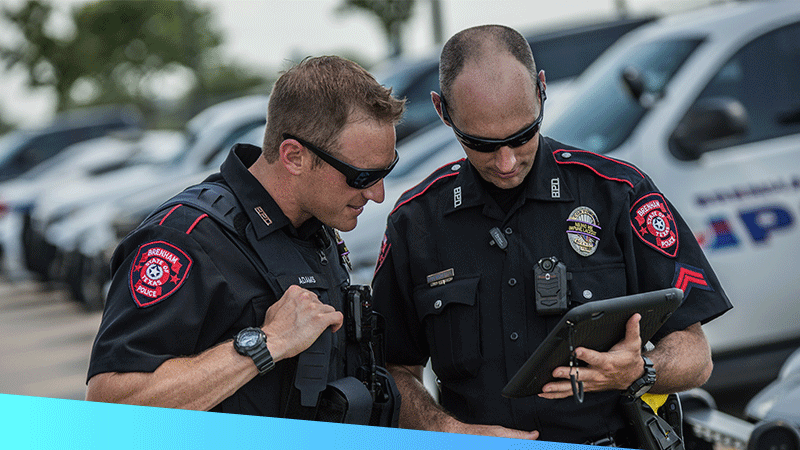
Survey Says: Police Officers Need Mobile Technology That’s Actually Mobile
More

How We Will Help You Capture Your Edge in 2019 and Beyond
More

2020
More

2019
More

2021
More

Retailers: Read This Before You Commit to An Intelligent Automation Solution
More

Four (More) Ways That You Can Modernize Your Delivery Operations Practically Overnight
More

How Strong Is Your (Label’s) Bond?
More
2022
More
2023
More

2024
More
2025
More

Retailers: If You’re Leaving AI Out of Pricing Strategy Decisions, You’re Leaving Money on the Table
More
Zebra Developer Blog
Zebra Developer BlogZebra Developer Blog
Are you a Zebra Developer? Find more technical discussions on our Developer Portal blog.
Zebra Story Hub
Zebra Story HubZebra Story Hub
Looking for more expert insights? Visit the Zebra Story Hub for more interviews, news, and industry trend analysis.
Search the Blog
Search the BlogSearch the Blog
Use the below link to search all of our blog posts.
The views and opinions expressed in Zebra's blog posts are those of the authors and do not necessarily reflect the official policy or position of Zebra Technologies. Have a question, comment, or idea for future blog discussions? Send them to blog@zebra.com.
Legal Terms of Use Privacy Policy Supply Chain Transparency
ZEBRA and the stylized Zebra head are trademarks of Zebra Technologies Corp., registered in many jurisdictions worldwide. All other trademarks are the property of their respective owners. Note: Some content or images on zebra.com may have been generated in whole or in part by AI. ©2025 Zebra Technologies Corp. and/or its affiliates.